Browse
by Subject: Anthropology (all titles)
View: By Date | Alphabetical | eBooks | Paperbacks
-
 Forthcoming November 2024
Forthcoming November 2024 Ritual, Rapture and Rebellion
The Making of Market, Mercy and Meaning Amongst the Gitanos of El Rastro
Brodersen, M. B.
This book is an anthropological account of a group of middle and upper-class Gitanos and their ways of creating a ‘society within society’ based upon distinct cultural, moral and ideological values, notions and practices.
Subjects: Political and Economic Anthropology Sociology
-
 Forthcoming October 2024
Forthcoming October 2024 Voices in the Dark
The Energy Lives of Refugees
Rosenberg-Jansen, S.
In refugee camps all over the world, refugees are forced to secure their own access to energy and are provided with limited cooking resources and minimal electricity. Voices in the Dark draws upon a decade of original research to provide evidence on the energy lives of refugees.
Subjects: Refugee and Migration Studies Political and Economic Anthropology
-
 Forthcoming September 2024
Forthcoming September 2024 Performing State Boundaries
Food Networks, Democratic Bureaucracy and China
Lammer, C.
Polarizing images of China’s authoritarian, socialist or culturalist otherness limit state analyses but produce political effects. In an ecological village in Sichuan, potential supporters saw citizen participation as Western liberalism, Maoism or traditional rural culture. This book shows how contrasting judgments emerged from diverse repertoires through which multiple boundaries between state and non-state were performed.
Subjects: Political and Economic Anthropology Anthropology (General)
-
 Forthcoming September 2024
Forthcoming September 2024 Unexpected Encounters
Migrants and Tourists in the Mediterranean
Vietti, F.
Exploring different dimensions of the intersection of migration and tourism in the Mediterranean, this book is the result of extensive ethnographic research carried out over a decade in the Mediterranean region. It shows how migration and tourism play complementary roles in boosting the global dynamics of cultural, social, economic and political transformation in the Mediterranean.
Subjects: Refugee and Migration Studies Anthropology (General) Mobility Studies
-
 Forthcoming August 2024
Forthcoming August 2024 Care in a Time of Humanitarianism
Stories of Refuge, Aid, and Repair in the Global South
Osanloo, A. & deBergh Robinson, C. (eds)
Care in a Time of Humanitarianism presents complex histories of forced migration and humanitarianism in an accessible way. It adopts a comparative approach to highlight the diverse cultural and religious traditions of care that are adopted across the Global South for the “distant others”.
Subjects: Anthropology (General) Refugee and Migration Studies Sociology
Paperback available -
 Forthcoming August 2024
Forthcoming August 2024 Governing Migration Through Paperwork
Legitimation Practices, Exclusive Inclusion and Differentiation
Andreetta, S. & Borrelli, L. M. (eds)
Based on ethnographic studies in various geographical and bureaucratic contexts, this collection shows how civil servants produce statehood, restrict migrants’ movements and engage with migrants’ strategies to make themselves legible. It contributes to the study of the state as documentary practice and highlights the role of paperwork as powerful practice of migration control.
Subjects: Refugee and Migration Studies Political and Economic Anthropology
-
 Forthcoming July 2024
Forthcoming July 2024 New Anthropologies of Italy
Politics, History and Culture
Heywood, P. (ed)
This book heralds an exciting new frontier by bringing together some of the leading ethnographers of Italy and placing together their contributions into the broader realm of anthropological history, culture and new perspectives in Europe.
Subjects: Political and Economic Anthropology Anthropology (General)
-
 Forthcoming July 2024
Forthcoming July 2024 Egalitarian Dynamics
Liminality, and Victor Turner’s Contribution to the Understanding of Socio-historical Process
Kapferer, B. & Gold, M. (eds)
Liminality: the state of being ‘betwixt and between’ is anthropology’s one of most influential concepts. This volume reconsiders Victor Turner’s innovative extension of Arnold Van Gennep’s concept of liminality. Engaging with topical issues across the globe – from neuroscience to open access publishing and refugee experience in Europe, it launches Turner’s fundamental work into the future.
Subjects: Theory and Methodology Anthropology (General)
-
 Forthcoming June 2024
Forthcoming June 2024 Rest in Plastic
Death, Time and Synthetic Materials in a Ghanaian Ewe Community
Bredenbröker, I.
Rest in Plastic gives an insight into local entanglements of death, synthetic materials and power in Ewe community. It shows how different materials and things that come to shape power relations, exist in a delicate balance between state and local governance, kin and outsiders, death and life, the invisible and the visible, movement and containment.
Subjects: Anthropology (General) Heritage Studies Anthropology of Religion
-
 Forthcoming May 2024
Forthcoming May 2024 Beyond Pain
The Anthropology of Body Suspensions
Manfredi, F.
Through thirteen years of fieldwork, an experimental practice-based methodology, and a new theoretical approach to harmonize online and offline data, Beyond Pain provides a wholly unique ethnographical exploration of the misunderstood world of body suspensions.
Subjects: Cultural Studies (General) Anthropology (General)
-
 Published April 2024
Published April 2024 State Intimacies
Sterilization, Care and Reproductive Chronicity in Rural North India
Fiks, E.
State Intimacies examines the mundane workings, ambiguity, and fragilities of care in post-colonial rural North India. The experience of reproductive chronicity is grounded in women’s everyday realities and experiences in sterilization camps and other healthcare settings in rural Rajasthan.
Subjects: Medical Anthropology Gender Studies and Sexuality
eBook -
 Published April 2024
Published April 2024 Difference and Sameness in Schools
Perspectives from the European Anthropology of Education
Gilliam, L. & Markom, C. (eds)
Through eleven case studies across Europe, this book looks at the handling of difference and sameness in European schools from an anthropological perspective. It offers insights into the diversity of and within these central institutions and, in a broader sense, European society itself.
Subjects: Educational Studies Anthropology (General) Sociology
eBook -
 Published April 2024
Published April 2024 Humanism Revisited
An Anthropological Perspective
Pinxten, R.
As heirs of a ‘heteronomic’ tradition, we are still stuck in Eurocentrism (often racism), and now even threaten to ruin nature by destroying biodiversity and causing the climate to warm up dangerously. Applied through an anthropological perspective, this book calls for a NEED-humanism: Not-Eurocentric, Ecological and (economically) Durable approach that can help explore inclusion and pluralism.
Subjects: Theory and Methodology Anthropology (General) Environmental Studies (General)
eBook -
 Published April 2024
Published April 2024 ‘I am Here’, Abraham Said
Emmanuel Levinas and Anthropological Science
Rapport, N.
One of the most significant philosophical voices of the twentieth century – the philosopher of ‘the Other’ – Emmanuel Levinas’s work offers a challenge to the discipline of anthropology that claims knowledge of the human. This book endeavours to take Levinasian and anthropological precepts on ‘humanistic science’ equally seriously and offers tentative conclusions.
Subjects: Theory and Methodology Anthropology (General)
eBook -
 Published April 2024
Published April 2024 Food and Families in the Making
Knowledge Reproduction and Political Economy of Cooking in Morocco
Graf, K.
Food and Families in the Making looks at knowledge reproduction about how we know cooking and its role in the making of everyday family life. It also examines a political economy of cooking that situates Marrakchi women’s lived experience in the broader context of persisting poverty and food insecurity in Morocco.
Subjects: Food & Nutrition Anthropology (General) Cultural Studies (General)
eBook -
 Published March 2024
Published March 2024 Max Gluckman
Macmillan, H.
This handy, concise biography describes the life and intellectual contribution of Max Gluckman (1911-75) who was one the most significant social anthropologists of the twentieth century.
Subjects: Anthropology (General) Theory and Methodology
eBook
Paperback available -
 Published March 2024
Published March 2024 Dynamics of Political Domination in Africa
An Axel Sommerfelt Collection
Sommerfelt, A., (au) Sommerfelt, T., Jakoubek, M., & Eriksen, T. H. (eds)
Axel Sommerfelt has been an important influence on Norwegian and Scandinavian anthropology, but his contributions are almost unknown. This book brings together some of his critical writings, newly written articles and an interview positions him in the history of ‘North Sea’ social anthropology and shows his continued relevance.
Subjects: Theory and Methodology Anthropology (General)
eBook -
 Published March 2024
Published March 2024 Crypto Crowds
Singularities and Multiplicities on the Blockchain
Shapiro, M. (ed)
Discussing the notions around social dynamics, Crypto Crowds explores how crowd and community formations manifest empirically in cryptocurrency sociality online. Pioneering in its approach to the increasing digitalization and datafication of everyday life, the volume encourages scholars explore further how ‘decentralized’ and ‘trustless’ technologies take part in the construction of postmodern crowds.
Subjects: Political and Economic Anthropology Sociology
-
 Published March 2024
Published March 2024 The Making and Unmaking of the Ukrainian Working Class
Everyday Politics and Moral Economy in a Post-Soviet City
Gorbach, D.
The industrial workers of Ukraine have a contradictory and complex political lifeworld. Based on three years of fieldwork in the city of Kryvyi Rih, this book focuses on the everyday politics and moral economy that constitute the working-class and structures its relations with other social groups.
Subjects: Political and Economic Anthropology Sociology Urban Studies
eBook -
 Published March 2024
Published March 2024 The Horse in My Blood
Multispecies Kinship in the Altai and Saian Mountains
Peemot, V. S.
Building upon Indigenous research epistemologies, Victoria Peemot engages with the study of how the human-horse relationships interact with each other, experience injustices and develop resilience strategies as multispecies unions.
Subjects: Anthropology (General) Environmental Studies (General) Sociology
eBook -
 Published March 2024
Published March 2024 Culturing the Body
Past Perspectives on Identity and Sociality
Collins, B. & Nowell, A. (eds)
The human body is both the site of lived experiences and a means of communicating those experiences to a diverse audience. Hominins have been culturing their bodies, that is adding social and cultural meaning through the use pigments and objects, for over 100,000 years. There is archaeological evidence for practices of adornment of the body by late Pleistocene and early Holocene hominins, including personal ornaments, clothing, hairstyles, body painting, and tattoos. These studies contribute to a novel and growing body of evidence for diversity of cultural expression in the past, something that is a hallmark of human cultures today.
Subjects: Archaeology Anthropology (General)
eBook -
 Published March 2024
Published March 2024 Urban Displacement
Syria's Refugees in the Middle East
Knudsen, A. J. & Tobin, S. A. (eds)
Syria’s massive displacement (2012–present) is one of the largest, most complex and intractable humanitarian emergencies today. Urban Displacement examines multiple dimensions of this crisis from political and socioeconomic predicaments to questions of social belonging, the complexity of the international, regional and national responses and how they affect urban spaces.
Subjects: Refugee and Migration Studies Political and Economic Anthropology
-
 Published February 2024
Published February 2024 Adoption, Emotion, and Identity
An Ethnopsychological Perspective on Kinship and Person in a Micronesian Society
Rauchholz, M.
Exploring adoption in the Pacific, this book goes beyond the commonplace structural-functional analysis of adoption as a positive “transaction in parenthood.” It examines the effects it has on adoptees inner sense of self, their conflicted emotional lives, and familial relationships that are affected by a personal sense of rejection and not belonging.
Subjects: Anthropology (General) Theory and Methodology
eBook -
 Published February 2024
Published February 2024 Embodying Exchange
Materiality, Morality and Global Commodity Chains in Andean Commerce
Müller, J.
Embodying Exchange addresses the infrastructural, legal and moral complexities in contemporary world trade through an ethnographic analysis of the interface of multinational brand manufacturers and popular traders in the Bolivian Andes.
Subjects: Political and Economic Anthropology Development Studies
eBook -
 Published February 2024
Published February 2024 Fig Trees and Humans
Ficus Ecology and Mutualisms across Cultures
Aumeeruddy-Thomas, Y.
Fig Trees and Humans examines the interactions between the biology and ecology of the genus Ficus and how humans use and think of Ficus species across the tropics and in the Mediterranean region.
Subjects: Anthropology (General) Environmental Studies (General)
eBook -
 Published February 2024
Published February 2024 Fragile Futures
Ambiguities of Care in Burkina Faso
Samuelsen, H.
Caring for small children and the family in Burkina Faso is hard work. Although the health infrastructure in Burkina Faso is weak and many citizens feel neglected by the state, Fragile Futures shows that the state continues to play an important role in people’s engagements and hopes for a better future.
Subjects: Anthropology (General) Medical Anthropology Development Studies
eBook -
 Published February 2024
Published February 2024 Evil Spirits and Rocket Debris
In Search of Lost Souls in Siberia
Broz, L.
The Altai Republic in southern Siberia is renowned for excavations of frozen mummies. It also hosts fallout zones for the second stages of rockets launched from the Baikonur cosmodrome. Local inhabitants blame ‘evil spirits’ released by archaeological work and toxic fuel from rocket debris for their misfortunes. This book explores the divergent fates of such claims.
Subjects: Anthropology (General) Anthropology of Religion Sociology
eBook -
 Published February 2024
Published February 2024 Invisible Labours
The Reproductive Politics of Second Trimester Pregnancy Loss in England
Middlemiss, A. L.
Invisible Labours traces women’s experiences of miscarriage and termination for foetal anomaly in the second trimester before legal viability and shows how such events are positioned as less ‘real’ or significant when the foetal being does not, or will not, survive. It describes the reproductive politics of this specific category of pregnancy loss in England.
Subjects: Anthropology (General) Medical Anthropology Gender Studies and Sexuality
-
 Published January 2024
Published January 2024 Inclusion, Transformation, and Humility in North American Archaeology
Essays and Other “Great Stuff” Inspired by Kent G. Lightfoot
Mallios, S., Gonzalez, S. L., Grone, M., Hull, K. L., Nelson, P., & Siliman, S. W. (eds)
In a dynamic near half-century career of insight, engagement, and instruction, Kent G. Lightfoot transformed North American archaeology through his innovative ideas, robust collaborations, thoughtful field projects, and mentoring of numerous students. Authors emphasize the multifarious ways Lightfoot impacted—and continues to impact—approaches to archaeological inquiry, anthropological engagement, indigenous issues, and professionalism.
Subjects: Archaeology Anthropology (General)
eBook -
 Published January 2024
Published January 2024 Houses Transformed
Anthropological Perspectives on Changing Practices of Dwelling and Building
Alderman, J. & Stolz, R. (eds)
Houses Transformed explores the intersection of house biographies and social change, the politics of housing design, the social fabrication of aspirational houses, the domestication of concrete and the intersection of materiality and ontology, and the rhetoric of the vernacular.
Subjects: Anthropology (General) Sociology Development Studies
eBook -
 Published January 2024
Published January 2024 Voices of Long-Term Care Workers
Elder Care in the Time of COVID-19 and Beyond
Freidus, A. & Shenk, D.
Based on extensive narrative interviews, this collection of essays reflects on the participants’ individual experiences and represents the voices of staff and caregivers working in long-term residential care communities, in-home and community-based programs, as well as regional aging service providers and advocates.
Subjects: Medical Anthropology Sociology Applied Anthropology
-
 Published January 2024
Published January 2024 Breathing Hearts
Sufism, Healing, and Anti-Muslim Racism in Germany
Selim, N.
Sufism is known as the mystical dimension of Islam. Nasima Selim explores this definition to find out what it means to ‘breathe well’ along the Sufi path in the context of anti-Muslim racism. Breathing Hearts is the first book-length ethnographic account of Sufi practices and politics in Berlin.
Subjects: Anthropology (General) Anthropology (General) Refugee and Migration Studies
-
 Published January 2024
Published January 2024 Insidious Capital
Frontlines of Value at the End of a Global Cycle
Kalb, D. (ed)
In a global perspective of fast transforming social spaces that moves from East to West, Insidious Capital explores the struggles around the exploitation and valuation of labor, environmental politics, expansion of the ground rent, new hierarchies, the contradictions of higher education, the off-shoring of ‘immaterial’ labor, the illiberal right, and the mobilizations against it.
Subjects: Political and Economic Anthropology Sociology
-
 Published January 2024
Published January 2024 Enacted Relations
Performing Knowledge in an Australian Indigenous Community
Tamisari, F.
Enacted Relations explores the Yolngu relational ontology and epistemology in the context of everyday practices, ritual ceremonies, bicultural education, vernacular Christianity and the production of popular music.
Subjects: Anthropology (General) Cultural Studies (General)
eBook -
 Published January 2024
Published January 2024 Melanesian Mainstream
Stringband Music and Identity in Vanuatu
Ellerich, S. T.
Based in extensive ethnographic research, Melanesian Mainstream provides a detailed representation of the roots, context, evolution, and impact of stringband music in the Melanesian Republic of Vanuatu.
Subjects: Cultural Studies (General) Anthropology (General) Performance Studies
eBook -
 Published December 2023
Published December 2023 Compliance
Cultures and Networks of Accommodation
Rollason, W. & Hirsch, E. (eds)
Exploring compliance from an anthropological perspective, this book offers a varied selection of chapters covering taxation, corporate governance, medicine, development, carbon offsetting, irregular migration and the building trade, compliance emerges as more than the opposite of resistance.
Subjects: Anthropology (General) Political and Economic Anthropology Sociology
eBook -
 Published December 2023
Published December 2023 Agency and Archaeology of the French Maritime Empire
Gauthier-Bérubé, M. & Dempsey, A. (eds)
Through detailed archaeological case study, a multiregional approach and a theoretical approach around agencies and individuality, this volume focuses on the diversity of the population that participated in the maritime network of France through the 17th to the 19th century and whose agency and importance is often overlooked.
Subjects: Archaeology Colonial History Political and Economic Anthropology
eBook -
 Published December 2023
Published December 2023 Humanitarian Shame and Redemption
Norwegian Citizens Helping Refugees in Greece
Mogstad, H.
Following the 2015 ‘refugee crisis,’ many different actors emerged to contest or mitigate the EU’s border policies. This book explores the birth and trajectory of a Norwegian volunteer organisation “A Drop in the Ocean“, established by a mother of five with no prior experience in humanitarian work.
Subjects: Anthropology (General) Refugee and Migration Studies Sociology
eBook -
 Published November 2023
Published November 2023 Resisting Radicalisation?
Understanding Young People's Journeys through Radicalising Milieus
Pilkington, H. (ed)
Offering a critical perspective on the concept of radicalisation, this volume views it from the perspective of social actors who engage in radicalising milieus but have not crossed the threshold into violent extremism. The volume brings together contributions based on extensive empirical research conducted as part of a cross-European study of young people's engagement in ‘extreme right’ and ‘Islamist’ milieus.
Subjects: Sociology Political and Economic Anthropology
Paperback available -
 Published November 2023
Published November 2023 Other Borders
History, Mobility and Migration of Rudari Families between Romania and Italy
Tosi Cambini, S.
Other Borders is a deeply thorough, multi-site ethnographic research volume that brings forward the rudari lingurari family’s social and economic cultural organization and the mobilities developed in their migratory paths.
Subjects: Refugee and Migration Studies Cultural Studies (General) Theory and Methodology
eBook -
 Published November 2023
Published November 2023 The Familial Occult
Explorations at the Margins of Critical Autoethnography
Coțofană, A. (ed)
The Familial Occult addresses the presence of occult experiences in some scholars' families and how that has affected their epistemological and ontological worlds, as well as their identities as scholars. While much has been written on encountering the occult in fieldwork or becoming an apprentice in an occult practice, little yet has been published in the academic literature about growing up with the occult.
Subjects: Anthropology (General) Sociology Anthropology of Religion
eBook -
 Published November 2023
Published November 2023 Children are Everywhere
Conspicuous Reproduction and Childlessness in Reunified Berlin
Joshi, M.
This book explores everyday experiences of parenting and childlessness of ‘ethnic’ Germans in Berlin, who came of age around the fall of the Berlin Wall, and brings them into conversation with theories on parenting, waithood, non-biological intimacies, and masculinities.
Subjects: Anthropology (General) Sociology Gender Studies and Sexuality
eBook -
 Published November 2023
Published November 2023 Individually Ourselves
Personhood, Ethics, and Everyday Life in School
Winkler-Reid, S.
Individually Ourselves addresses the process of identity and community building through an examination of individuality and group dynamics during a formative juncture of life (based on ethnographic fieldwork in a London high school).
Subjects: Anthropology (General) Educational Studies Sociology
eBook -
 Published November 2023
Published November 2023 The UNHCR and the Afghan Crisis
The Making of the International Refugee Regime
Scalettaris, G.
Today the UNHCR is present in more than 130 countries and takes care of some 90 million people. This book looks at how it is deployed and who its agents are. By taking the reader through the offices in charge of the Afghan refugee crisis during the 2000s, in Geneva and in Kabul, the book shows the internal functioning of this international organization.
Subjects: Political and Economic Anthropology Refugee and Migration Studies
-
 Published November 2023
Published November 2023 Designing Knowledge Economies for Disaster Resilience
Case Studies from the African Diaspora
Waldron-Moore, P. (ed)
Acknowledging that low economic development and high climate costs do not equitably coexist, this collected volume interrogates the challenge for disaster-prone territories to determine supplemental strategies for restructuring and redesigning their environment.
Subjects: Environmental Studies (General) Political and Economic Anthropology Development Studies
-
 Published October 2023
Published October 2023 Poverty Archaeology
Architecture, Material Culture and the Workhouse under the New Poor Law
Newman, C. & Fennelly, K.
The Poor Laws in the United Kingdom left a built and material legacy of over two centuries of legislative provision for the poor and infirm. Workhouses represent the first centralized, state-organized system for welfare. This volume forms a social archaeology of the lived experience of poverty and health in the nineteenth century.
Subjects: Archaeology History (General) Political and Economic Anthropology
eBook -
 Published October 2023
Published October 2023 Of Hoarding and Housekeeping
Material Kinship and Domestic Space in Anthropological Perspective
Newell, S. (ed)
Of Hoarding and Housekeeping provides an anthropological, global, and comparative angle to the understanding of hoarding and decluttering. Focusing on the house, with careful attention to material flows in and out, this book examines practices of accumulation, storage, decluttering, and waste as practices of kinship and the objects themselves as material kin.
Subjects: Political and Economic Anthropology Sociology Cultural Studies (General)
eBook -
 Published October 2023
Published October 2023 Assembling Financialisation
Local Actors and the Making of Agricultural Investment
Langford, Z.
Farmers, Indigenous organisations, government and private-sector intermediaries from remote Northern Australia often negotiate with private finance capital to gain funds for agricultural development.This book demonstrates that while financialisation is a useful signifier of patterns of global change, it is assembled by a diverse range of often contradictory work.
Subjects: Political and Economic Anthropology Sociology
eBook -
 Published October 2023
Published October 2023 Foreigners in Their Own Country
Identity and Rejection in France
Martin, L. M.
Paying close attention to how people speak about themselves and their acceptance and rejection by others, this book provides an intimate account of the challenges faced by the millions of people in France—and throughout Western Europe—who fully participate in the life of their country but are often not seen as belonging there.
Subjects: Political and Economic Anthropology Refugee and Migration Studies Sociology
-
 Published October 2023
Published October 2023 The Amazonian Puzzle
Ethnic Positionings and Social Mobilizations
Boyer, V.
By examining the multiple cultural and ethnic threads that traverse this landscape, The Amazonian Puzzle sets out to show how the category of caboclo (a powerful spiritual entity to some, and to others a despised peasant of mixed ancestry) reveals deep currents of ethnic recompositions, religious interpenetration, and social hierarchy.
Subjects: Anthropology (General) Sociology
eBook -
 Published October 2023
Published October 2023 The Subject of Sovereignty
Relationality and the Pivot Past Liberalism
Feldman, G.
Exploring the themes of nature, race, and the divine, this book identifies the more realistic alternative in the “relational subject”: a subject that is inseparable from the global field of relations through which it emerges and yet distinct from that field because it lives a life that no one else ever has.
Subjects: Political and Economic Anthropology Sociology
eBook -
 Published September 2023
Published September 2023 Love, Loyalty and Deceit
Rosemary Firth, a Life in the Shadow of Two Eminent Men
Firth, H. & Brown, L.
How much do we really know about our parents’ lives? What secrets lie in plain sight? This is the true story of hidden love within a small circle of some of the most acclaimed anthropologists of the 20th century.
Subjects: Anthropology (General) History: 20th Century to Present
eBook
Paperback available -
 Published September 2023
Published September 2023 Alfred Cort Haddon
A Very English Savage
Walsh, C.
Using previously overlooked, primary sources Ciarán Walsh argues that Haddon, the grandson of anti-slavery activists, set out to revolutionize anthropology in the 1890s in association with a network of anarcho-utopian activists and philosophers. His book regards most of what has been written about Haddon in the past as a form of disciplinary folklore shaped by a theory of scientific revolutions.
Subjects: Anthropology (General) Theory and Methodology
eBook
Paperback available -
 Published September 2023
Published September 2023 Mary Douglas
Richards, P. & 6, P.
This handy, concise biography covers the life of Mary Douglas, one of the most important anthropologists of the second half of the 20th century. It offers an introduction to how her distinctive approach developed across a long and productive career and how it applies to current pressing issues of social conflict and planetary survival.
Subjects: Anthropology (General) Theory and Methodology
eBook
Paperback available -
 Published September 2023
Published September 2023 Urban Natures
Living the More-than-Human City
Edwards, F., PEttersen, I. N. & Popartan, L. (eds)
Urban Natures explores the diversity, abundance, and impact of the conventional and future framings of urban natures. Recognizing a green resurgence in cities is underway, this volume applies a critical approach to examine urban greening histories, politics, discourses and ecologies
Subjects: Environmental Studies (General) Anthropology (General)
eBook -
 Published September 2023
Published September 2023 These Were People Once
The Online Trade in Human Remains and Why It Matters
Huffer, D. & Graham, S.
People buy and sell human remains online. Most of this trade these days is over social media. In a study of this ‘bone trade’, how it works, and why it matters, the authors review and use a variety of methods drawn from the digital humanities to analyze the sheer volume of social media posts in search of answers to questions regarding this online bone trade.
Subjects: Archaeology Heritage Studies Political and Economic Anthropology
eBook -
 Published September 2023
Published September 2023 An Anthropology of Intellectual Exchange
Interactions, Transactions and Ethics in Asia and Beyond
Copeman, J., Long, N. J., Chau, L. M., Cook, J. & Marsden, M.(eds)
This volume advocates for an analytical focus on intellectual exchange, as well as producing an ethnographically informed framework for its study across cultures and contexts.
Subjects: Theory and Methodology Anthropology (General) Cultural Studies (General)
-
 Published September 2023
Published September 2023 An Anthropology of Disappearance
Politics, Intimacies and Alternative Ways of Knowing
Huttunen, L. & Perl, G. (eds)
All over the world, people deliberately disappear from their families, communities and the state’s bureaucratic gaze, as victims of oppressive regimes or while migrating along clandestine routes. This edited volume brings together scholars who engage ethnographically with such disappearances in various cultural, social and political contexts.
Subjects: Political and Economic Anthropology Refugee and Migration Studies Memory Studies
eBook -
 Published September 2023
Published September 2023 Translocal Care across Kosovo’s Borders
Reconfiguring Kinship along Gender and Generational Lines
Leutloff-Grandits, C.
By tracing long-distant family relations with a special focus on cross-border marriages, this study looks at the reconfiguration of care relations, gender and generational roles among kin-members of Kosovo, who now live in different European states.
Subjects: Anthropology (General) Refugee and Migration Studies Gender Studies and Sexuality
-
 Published September 2023
Published September 2023 Madness, Bureaucracy and Gender in Mumbai, India
Narratives from a Psychiatric Hospital
Strauss, A.
Regional mental hospitals in India are perceived as colonial artefacts in need of reformation. In the last two decades, there has been discussion around the maltreatment of patients, corruption and poor quality of mental health treatment in these institutions. This ethnography scrutinizes bureaucracy of these asylum-like institutions in the context of national change and the global mental health movement.
Subjects: Medical Anthropology Gender Studies and Sexuality
eBook -
 Published September 2023
Published September 2023 Between the Forest and the Road
The Waorani Struggle for Living Well in the Ecuadorian Oil Circuit
Bravo Díaz, A.
During the past two decades Ecuadorians have engaged in a national debate around Buen Vivir (living well). This ethnography discusses one of the ways in which people experience well-being or aspire to live well in Ecuadorian Amazonia. Waponi Kewemonipa (living well) is a Waorani notion that embraces ideas of good conviviality, health and certain ecological relations.
Subjects: Anthropology (General) Political and Economic Anthropology Environmental Studies (General)
eBook -
 Published August 2023
Published August 2023 That Sinking Feeling
On the Emotional Experience of Inferiority in Germany's Neoliberal Education System
Wellgraf, S.
Focusing on the emotions and affective states of students from poor migrant families, That Sinking Feeling presents a uniquely multi-layered ethnography on this under-represented area in the social and cultural sciences.
Subjects: Educational Studies Sociology Anthropology (General)
eBook -
 Published August 2023
Published August 2023 Silences and Divided Memories
The Exodus and its Legacy in Post-War Istrian Society
Virloget, K. H.
Dealing with the difficult, silenced past of the so called "Istrian exodus" after the Second World War, this book shifts the usual focus from migrants to those who stayed behind and to the new immigrants who came to the “emptied” towns.
Subjects: Anthropology (General) Refugee and Migration Studies Memory Studies
eBook -
 Published August 2023
Published August 2023 Beyond the Social Contract
An Anthropology of Tax
Makovicky, N. & Smith, R. (eds)
Tax and taxation are conventionally understood as the embodiment of social contract. This ground-breaking collection of essays challenges this truism, examining what tax might tell us about the limits of social-contract thinking.
Subject: Political and Economic Anthropology
Paperback available -
 Published August 2023
Published August 2023 The Feeling of the Fall
An Ethnographic Writing Experiment between the Belize Barrier Reef and the Edges of Toronto, Ontario
Taccone, I.
As an inquiry into engagements with forces of loss and threat, this work explores experimental ways to write about climate crisis in anthropology. From Belize to Ontario and back, this ambitious piece of ethnographic writing set during a time “beyond ruin” in a fictional, ecotourist community in the year 2040.
Subjects: Anthropology (General) Environmental Studies (General) Urban Studies
eBook -
 Published August 2023
Published August 2023 Broken Glass, Broken Class
Transformations of Work in Bulgaria
Kofti, D.
Based on a long-term study of the everyday postsocialist politics of labour in the wider context of intense socio-economic transformation in Bulgaria, this book tells the story of the flexibilization of production, the precaritization of work, shifting managerial practices, and ways in which people with different employment statuses live and work together.
Subjects: Political and Economic Anthropology Sociology Gender Studies and Sexuality
eBook -
 Published July 2023
Published July 2023 Once Upon a Time is Now
A Kalahari Memoir
Biesele, M.
Fifty years after her first fieldwork with Ju/'hoan San hunter-gatherers, anthropologist Megan Biesele has written this exceptional memoir based on personal journals she wrote at the time.
Subjects: Anthropology (General) Cultural Studies (General) Development Studies
Paperback available -
 Published July 2023
Published July 2023 Romani Chronicles of COVID-19
Testimonies of Harm and Resilience
Blasco, P. G. y & Fotta, M. (eds)
A ground-breaking volume that gathers the testimonies of NGO workers, street vendors, activists, scholars, health professionals, and creative writers to chronicle the devastating impact of COVID-19 on Romani communities globally.
Subjects: Anthropology (General) Sociology Medical Anthropology
eBook
Paperback available -
 Published July 2023
Published July 2023 Cryptopolitics
Exposure, Concealment, and Digital Media
Bernal, V., Pype, K., & Rodima-Taylor, D. (eds)
Focusing on African societies, Crypolitics brings together empirically grounded studies of digital media to draw out the significance of hidden information, double meanings, and the constant processes of encoding and decoding messages in negotiations of power relations.
Subjects: Anthropology (General) Media Studies
-
 Published July 2023
Published July 2023 Exceptional Experiences
Engaging with Jolting Events in Art and Fieldwork
Rethmann, P. & Wulff, H. (eds)
Looking at encounters that can puncture or jolt us, this volume uses art as a lens through which to register and understand exceptional experiences. The volume also includes the fieldworker’s experience of unexpected events that can lead to key understandings, as well as revelatory moments that happen during artistic creation and while looking at art.
Subjects: Theory and Methodology Anthropology (General) Cultural Studies (General)
eBook -
 Published July 2023
Published July 2023 Military Politics
New Perspectives
Crosbie, T. (ed)
Bringing together new research by leading scholars, this volume rethinks the role played by militaries in politics. The volume introduces new theories of military politics, arguing against the inherited theories and practices of civil-military relations, and presents rich new data on senior officership and on the intersection of military politics and military operations.
Subjects: Sociology Peace and Conflict Studies Political and Economic Anthropology
eBook -
 Published July 2023
Published July 2023 Visions of Marriage
Politics and Family on Kinmen, 1920-2020
Chiu, H.-C.
Grounded in multi-generational stories from Kinmen in Taiwan, Visions of Marriage explores the historical entanglements between the pursuit of new personal and national futures. Focusing on the relational and future-making aspects of marriage, the ethnography highlights the intersection of transformations across familial generations and shifting political economies in Taiwan, and more globally. It provides comparative insights on family change and demographic shifts in Asia.>
Subjects: Anthropology (General) Sociology Gender Studies and Sexuality
-
 Published July 2023
Published July 2023 Pure Food
Theoretical and Cross-Cultural Perspectives
Collinson, P. & Macbeth, H. (eds)
Food purity and nutrition has inter-disciplinary roots in anthropological, ethnological, evolutionary, psychological and applied perspectives. Pure Food presents the theoretical and cross-cultural aspects of adopting food purity. It demonstrates variations and similarities in diverse cultural beliefs, behaviours and practices in different societies that define the pure food mindset.
Subjects: Food & Nutrition Anthropology (General)
eBook -
 Published July 2023
Published July 2023 Innovation and Implementation
Critical Reflections on New Approaches to Historic Mortuary Data Collection, Analysis, and Dissemination
Mytum, H. & Veit, R. (eds)
Providing a comprehensive set of guidance to assist researchers wishing to carry out, curate and disseminate field research at a historic burial ground, chapters offer up to date methods for surface and subsurface survey and for the recording and archiving of burial monument data. Also included is the archaeological potential of pet cemeteries and other pet memorials.
Subjects: Archaeology History (General) Anthropology (General)
eBook -
 Published June 2023
Published June 2023 Obstetric Violence and Systemic Disparities
Can Obstetrics Be Humanized and Decolonized?
Davis-Floyd, R. & Premkumar, A. (eds)
The final volume in this landmark 3-volume series on The Anthropology of Obstetrics and Obstetricians looks at the challenges, and even violence, that obstetricians face across the world. This book is a must-read for students, social scientists, and all maternity care practitioners who seek to understand the diverse challenges that obstetricians must overcome.
Subjects: Medical Anthropology Gender Studies and Sexuality
eBook
Paperback available -
 Published June 2023
Published June 2023 Obstetricians Speak
On Training, Practice, Fear, and Transformation
Floyd-Davis, R. & Premkumar, A. (eds)
For the first time ever in a social science work, obstetricians tell their own stories of training, practice, fear, and transformation. This book is a must-read for students, social scientists, and all maternity care practitioners who seek to understand the ideologies and motives of individual obstetricians.
Subjects: Medical Anthropology Gender Studies and Sexuality
eBook
Paperback available -
 Published June 2023
Published June 2023 Cognition, Risk, and Responsibility in Obstetrics
Anthropological Analyses and Critiques of Obstetricians’ Practices
Davis-Floyd, R. & Premkumar, A. (eds)
Volume 2 in this landmark 3-volume series on The Anthropology of Obstetrics and Obstetricians looks at cognition, risk, and responsibility in obstetrics. This book is a must-read for students, social scientists, and all maternity care practitioners who seek to understand obstetricians' differing ideologies and motives for practicing as they do.
Subjects: Medical Anthropology Gender Studies and Sexuality
eBook
Paperback available -
 Published June 2023
Published June 2023 Creation and Creativity in Indigenous Lowland South America
Anthropological Perspectives
Halbmayer, E. & Goletz, A. (eds)
Investigating local Indigenous processes of creation and creativity, this book uses ethnographic and comparative anthropological perspectives to enquire about creative transformative practices in lowland South America.
Subjects: Anthropology (General) Cultural Studies (General)
eBook -
 Published June 2023
Published June 2023 Against Better Judgment
Akrasia in Anthropological Perspectives
McKearney, P. & Evans, N. H. A. (eds)
Anthropologists have long explained social behaviour as if people always do what they think is best. But what if most of these explanations only work because they are premised upon ignoring what philosophers call 'akrasia' – that is, the possibility that people might act against their better judgment? The contributors to this volume turn an ethnographic lens upon situations in which people seem to act out of line with what they judge, desire and intend.
Subjects: Anthropology (General) Anthropology of Religion Medical Anthropology
eBook -
 Published June 2023
Published June 2023 White Eagle, Black Eagle
Ethnic Relations in the German-Polish Borderlands
Parkin, R.
Studying the German-Polish ethnic relations, this book analyses the people and region through their respective borderlands, migration, official cooperation and unofficial suspicions across the border.
Subjects: Anthropology (General) Political and Economic Anthropology History: 20th Century to Present
eBook -
 Published June 2023
Published June 2023 From Village Commons to Public Goods
Graduated Provision in Urbanizing China
Trémon, A.-C.
Illuminating the complex processes of China’s uneven urbanization through the lens of the transition from village commons to public goods, this book is set in three urbanized villages in Shenzhen, Chengdu, and Xi’an, which have experienced similar demographic explosions and dramatic changes to their landscapes, the livelihoods of its inhabitants, and the power structures governing their residents.
Subjects: Anthropology (General) Urban Studies Sociology
-
 Published June 2023
Published June 2023 Theorizing Entrepreneurship for the Future
Stories from Global Frontiers
Beuving, J.
Presenting a new interpretation of entrepreneurial behaviour, this book focuses on how entrepreneurs consider the future. The study theorizes entrepreneurial behaviour as ‘future-work’: the social practices, language and rituals through which entrepreneurs neutralize or smoothen future unknowns.
Subjects: Political and Economic Anthropology Sociology
eBook -
 Published May 2023
Published May 2023 Heirs of the Greek Catastrophe
The Social Life of Asia Minor Refugees in Piraeus
Hirschon, R.
Since its first publication in 1989, this classic study has remained in demand. The third edition of Heirs of the Greek Catastrophe includes updated material with a new Preface, Epilogue, and map of the study area.
Subjects: Anthropology (General) Refugee and Migration Studies History: 20th Century to Present
eBook
Paperback available -
 Published May 2023
Published May 2023 Chicanery
Senior Academic Appointments in Antipodean Anthropology, 1920–1960
Gray, G., Munro, D. & Winter, C.
Academic appointments can bring forth unexpected and unforeseen contests and tensions, cause humiliation and embarrassment for unsuccessful applicants and reveal unexpected allies and enemies. Chicanery deals with how the founding Chairs at Sydney, the Australian National University, Auckland and Western Australia dealt with this process.
Subjects: Anthropology (General) History: 20th Century to Present Theory and Methodology
eBook -
 Published May 2023
Published May 2023 Corporate Social Responsibility and the Paradoxes of State Capitalism
Ethnographies of Norwegian Energy and Extraction Businesses Abroad
Knudsen, S. (ed)
Through a series of case studies in diverse regions of the world, this book explores how transnational Norwegian energy and extractive industries handle corporate social responsibility (CSR) when operating abroad.
Subjects: Political and Economic Anthropology Environmental Studies (General) Applied Anthropology
-
 Published May 2023
Published May 2023 Exchange and Markets in Early Economic Development
Informal Economy in the Three New Guineas
Conroy, J. D.
The idea of an informal economy emerged from, and is a critique of, the ideology of ‘economic development’. It originated from Keith Hart’s recognition of informal economic activity in 1960s Ghana. In the context of four colonialisms – German, British, Australian and Dutch – this book recounts Hart’s effort in 1972 to introduce the informal ‘sector’ into development planning in Papua New Guinea.
Subjects: Political and Economic Anthropology Development Studies Colonial History
eBook -
 Published April 2023
Published April 2023 Integrating Strangers
Sherbro Identity and The Politics of Reciprocity along the Sierra Leonean Coast
Ménard, A.
Drawing on an ethnography of Sherbro coastal communities in Sierra Leone, this book analyses the politics and practice of identity through the lens of the reciprocal relations that exist between socio-ethnic groups. Anaïs Ménard examines the implications of the social arrangement that binds landlords and strangers in a frontier region, the Freetown Peninsula, characterized by high degrees of individual mobility and social interactions.
Subjects: Anthropology (General) Political and Economic Anthropology Development Studies
-
 Published April 2023
Published April 2023 Things of the House
Material Culture and Migration from Post-Colonial Mozambique to Portugal
Rosales, M. V.
Focusing on the life stories of a group of European and Catholic Brahmin Goan families of the colonial elite who left Mozambique after their independence in 1975, the book shows how material culture interferes with structuring dimensions of migratory experiences, in the management of family ties and networks of belonging, as well as in the social dynamics of positioning, hierarchy and distinction.
Subjects: Anthropology (General) Refugee and Migration Studies Memory Studies
eBook -
 Published April 2023
Published April 2023 Of Jaguars and Butterflies
Metalogues on Issues in Anthropology and Philosophy
Lloyd, G. & Vilaça, A.
Jointly authored by an anthropologist and a philosopher, this book investigates some of the most puzzling ideas and practices reported in modern ethnography and ancient philosophy concerning topics such as humans, animals, persons, spirits, agency, selfhood, consciousness, nature, life, death, disease and health.
Subject: Anthropology (General)
eBook -
 Published April 2023
Published April 2023 Contesting Moralities
Roma Identities, State and Kinship
Sarafian, I.
Roma identities have often been presented in literature as collectively constructed and in opposition to those who are not Roma. Contesting Moralities challenges these preconceptions about Roma identification by disentangling the binaries between Roma and nonRoma, state and non-state, public and private. This book explores topics resonating in contemporary Romani studies that are in need of further exploration through individual perspectives.
Subjects: Anthropology (General) Sociology Cultural Studies (General)
eBook -
 Published April 2023
Published April 2023 Working the Fabric
Resourcefulness, Belonging and Island Life in Scotland’s Harris Tweed Industry
Nascimento, J.
Trademark-protected since 1910, the famous woollen cloth known as Harris Tweed can only be produced in the Outer Hebrides of Scotland – yet it is exported to over 50 countries around the world. Examining contemporary experiences of work and life, this book is the first in-depth anthropological study of the renowned textile industry, complementing and updating existing historical and ethnographic research.
Subjects: Anthropology (General) Sociology Cultural Studies (General)
eBook -
 Published April 2023
Published April 2023 The Power of the Story
Writing Disasters in Haiti and the Circum-Caribbean
Joos, V., Munro, M. & Ribó, J. (eds)
A cross-disciplinary volume that combines and puts into dialogue perspectives on disasters, this book includes contributions from anthropology, history, cultural studies, sociology, and literary studies. Offering a rich and diverse set of arguments and analyses on the ever-relevant theme of catastrophe in the circum-Caribbean, it will encourage debate and collaboration between scholars working on disasters from a range of disciplinary perspectives.
Subjects: Political and Economic Anthropology Cultural Studies (General) Sociology
-
 Published April 2023
Published April 2023 Advocacy and Archaeology
Urban Intersections
Britt, K. M. & George, D. F. (eds)
Inspired by the idea of revolution and excitement about the ways archaeology is being used in social justice arenas, this volume seeks to visualize archaeology as part of a movement by redefining what archaeology is and does for the greater good.
Subjects: Archaeology History (General) Political and Economic Anthropology
eBook -
 Published March 2023
Published March 2023 Modeling the Past
Archaeology, History, and Dynamic Networks
Terrell, J., Golitko, M., Dawson, H., and Kissel, M.
Using this handbook, researchers learn to develop historical and archaeological research questions anchored in dynamic network analysis (DYRA). Undergraduate and graduate students, as well as professional historians and archaeologists can consult on issues that range from hypothesis-driven research to critiquing dominant historical narratives, especially those that have tended ignore the diversity of the archaeological record.
Subjects: Archaeology History (General) Anthropology (General)
eBook -
 Published March 2023
Published March 2023 Former Neighbors, Future Allies?
German Studies and Ethnography in Dialogue
Weber, A. D. (ed)
Former Neighbors, Future Allies is a key bridge into the research and perspectives needed to nurture ethnography’s growing role in German studies. This volume creates a space for dialogue between North American Germanists and ethnographers in and of the German-speaking world, enriching both fields in the process.
Subjects: History (General) Anthropology (General)
eBook -
 Published March 2023
Published March 2023 Amnesia Remembered
Reverse Engineering a Digital Artifact
Aycock, J.
As an introduction to studying and reverse engineering a digital artifact, this volume is intended for nontechnical audiences wanting to learn how to conduct their own similar research on computer software. While presented through an archaeological lens, it is also suitable for readers in history, game studies, and other areas in the humanities and social sciences, as well as computer science and engineering.
Subjects: Archaeology Media Studies Anthropology (General)
eBook -
 Published March 2023
Published March 2023 Feeding Anxieties
The Politics of Children's Food in Poland
Boni, Z.
Focusing on the underlying politics behind children’s food, this book highlights the variety of social relationships, expectations and emotions ingrained in feeding children In Poland. With rich ethnographic accounts, including research with children, the book demonstrates how families, schools, the food industry and state agencies shape and experience feeding anxieties.
Subjects: Food & Nutrition Anthropology (General) Sociology
eBook -
 Published March 2023
Published March 2023 Set to See Us Fail
Debating Inequalities in the Child Welfare System of New York
Castellano, V.
Examining the interaction between families and professionals in the child welfare system of New York, this book focuses on how inequalities are reproduced, measured, managed, and contested. The book describes how state institutions and neoliberal governance intersect police the groups which are most represented in the child welfare system, including low income, female-headed families living in racialized neighborhoods.
Subjects: Anthropology (General) Sociology Political and Economic Anthropology
eBook -
 Published March 2023
Published March 2023 Anthropology, Nationalism and Colonialism
Mendes Correia and the Porto School of Anthropology
Ferraz de Matos, P.
Contributing to the history of anthropology, this book looks at the Porto School of Anthropology and analyses the life and work of its main mentor – Mendes Correia (1888-1960). Focused on Portugal, the analysis is also comparative with other international contexts.
Subjects: Anthropology (General) Colonial History Political and Economic Anthropology
eBook -
 Published March 2023
Published March 2023 In the Meantime
Toward an Anthropology of the Possible
Masquelier, A. & Durham, D. (eds)
The “meantime” represents the gap between what is past and the unknown future. When considered as waiting, the meantime is defined as a period of suspension to be endured. By contrast, the contributors of this volume understand it as a space of “the possible” where calculation coexists with uncertainty, promises with disappointment, and imminence with deferral.
Subjects: Anthropology (General) Sociology Cultural Studies (General)
eBook -
 Published February 2023
Published February 2023 The Long Shore
Archaeologies and Social Histories of Californias Maritime Cultural Landscapes
Meniketti, M. (ed)
Authors investigate the multifaceted character of maritime landscapes and maritime oriented communities in California’s equally diverse cultural landscape; viewed through an archaeological lens, and emphasizing social behavior and community as material culture in order to reveal intersections and commonalities.
Subjects: Archaeology History (General) Anthropology (General)
eBook -
 Published February 2023
Published February 2023 Finding Home in Europe
Chronicles of Global Migrants
Pérez Murcia, L. E. & Bonfanti, S. (eds)
Bringing together the voices of nine individuals from an archive of over 200 in-depth interviews with transnational migrants and refugees across five European countries, Finding Home in Europe critically engages with how home is experienced by those who move.
Subjects: Refugee and Migration Studies Theory and Methodology
eBook -
 Published February 2023
Published February 2023 Making Multiple Babies
Anticipatory Regimes of Assisted Reproduction
Wu, C.-L.
Human beings have been producing more twins, triplets, and quadruplets than ever before, due to the expansion of medically assisted conception. This book analyzes the anticipatory regimes of making multiple babies. With archival documents, participant observation, in-depth interviews, and registry data, this book traces the global and local governance of the assisted reproductive technologies (ARTs) used to tackle multiple pregnancy since the 1970s.
Subjects: Medical Anthropology Sociology
Paperback available -
 Published February 2023
Published February 2023 Other Worlds, Other Bodies
Embodied Epistemologies and Ethnographies of Healing
Pierini, E., Groisman, A., & Espírito Santo, D. (eds)
This book proposes a sensory ethnography of healing with a focus on ethnographic knowing as embedded in an embodied epistemology of healing. Epistemological embodiment signals that personal scholarly experience of the “unknown”—be it in the form of trance, or as the embodiment of an “other”—shapes the concepts of healing, body, trance, self, and matter by which ethnographers craft out analysis.
Subjects: Anthropology of Religion Anthropology (General) Medical Anthropology
eBook -
 Published February 2023
Published February 2023 A Sea of Transience
Poetics, Politics and Aesthetics along the Black Sea Coast
Khalvashi, T. & Demant Frederiksen, M. (eds)
Transience is found in every meeting, encounter and form of coexistence between people and things that exist and live by, or move across or along, the Black Sea. With particular attention to poetics, politics and aesthetics, this volume focuses on the scales of transient moments and histories, and enables readers to see and sense the many forms of transience that occur in a given landscape, sea or space.
Subjects: Anthropology (General) Sociology Environmental Studies (General)
eBook -
 Published February 2023
Published February 2023 Terrorism and the Pandemic
Weaponizing of COVID-19
Gunaratna, R. & Pethö-Kiss, K.
The global pandemic has offered extraordinary opportunities for extremists and terrorists to mobilize themselves and revive as more powerful actors in the security landscape. But could these threat groups actually capitalize on the coronavirus crisis and advance their malevolent agendas? This book provides, for the first time, a true picture of novel trends since the pandemic outbreak.
Subjects: Political and Economic Anthropology Peace and Conflict Studies Anthropology of Religion
Paperback available -
 Published February 2023
Published February 2023 Resettled Iraqi Refugees in the United States
War, Refuge, Belonging, Participation, and Protest
Keyel, J.
The American war against Iraq has caused hundreds of thousands of deaths and displaced millions of people. Between 2003 and 2017, more than 172,000 Iraqis resettled in the United States. This book explores the experiences of fifteen of them and presents insights into the core experience of life as a refugee from war.
Subjects: Refugee and Migration Studies Political and Economic Anthropology Anthropology (General)
Paperback available -
 Published February 2023
Published February 2023 Continental Encampment
Genealogies of Humanitarian Containment in the Middle East and Europe
Knudsen, A. J. & Berg, K. G. (eds)
During the past decade, Syria’s displacement crisis has made the Middle East one of the world’s foremost refugee-hosting regions. The volume explores responses to mass migration and traces the genealogy of humanitarian containment from the Ottoman Empire and the emergence of the first refugee camps to the present-day displacement ‘crises’ and the re-bordering of Europe.
Subjects: Anthropology (General) Refugee and Migration Studies Development Studies
eBook -
 Published January 2023
Published January 2023 At Home in a Nursing Home
An Ethnography of Movement and Care in Australia
Zhang, A. R. Y.
Focusing on contemporary ideas about how aged care is provided, this book poses the question: How can people who are aged and frail live out the final phase of their lives with dignity? In seeking answers, the author examines what it means to be ‘at home’ in residential care in a novel and compassionate way.
Subjects: Anthropology (General) Sociology
eBook -
 Published January 2023
Published January 2023 This Land Is Not For Sale
Trust and Transitions in Northern Uganda
Meinert, L. & Reynolds Whyte, S. (eds)
As violent conflict has declined in northern Uganda, tensions and mistrust concerning land have increased. Residents try to deal with acquisitions by investors and exclusions from forests and wildlife reserves. Using extended case studies, collaborating researchers analyze the principles and practices that shape access to land. Contributors examine the multiplicity of land claims, the nature of transactions, and the management of conflicts.
Subjects: Political and Economic Anthropology Development Studies Sociology
Paperback available -
 Published January 2023
Published January 2023 Cosmopolitan Refugees
Somali Migrant Women in Nairobi and Johannesburg
Ripero-Muñiz, N.
Exploring the dynamics of identity formation processes in diasporic spaces, this book analyses how gender, cultural and religious practices are renegotiated in a situation of displacement. The author presents the comparative case study of Somali migrant women in Nairobi and Johannesburg: two cosmopolitan urban hubs in the global South.
Subjects: Refugee and Migration Studies Anthropology (General) Gender Studies and Sexuality
eBook -
 Published January 2023
Published January 2023 Glimpses of Hope
The Rise of Industrial Labor at the Urban Margins of Nepal
Hoffmann, M.
Over the last decade, Nepal has witnessed significant urban growth and an expanding urban middle class. Glimpses of Hope tells the story of the people who enable some of the middle class consumer practices in urban Nepal. The book focuses on workers in modern food-processing, water-bottling, house building, and sand-mining industries and explores how workers see such forms of work, where union organization can help, and how work opportunities emerge along lines of gender and ethnicity.
Subjects: Political and Economic Anthropology Anthropology (General) Sociology
eBook -
 Published January 2023
Published January 2023 From Missionaries to Main Street
The Story of One Sgaw Karen Family in the United States
Gilhooly, D.
The Htoo family, who are Sgaw Karen and originally from Burma, resettled in the United States refugee resettlement program in 2007. This book chronicles their life in their new country. The book provides historical and cultural information on the Sgaw Karen people against the backdrop of the Htoo family’s path from Burma to Thailand.
Subjects: Refugee and Migration Studies Anthropology (General) Sociology
eBook -
 Published January 2023
Published January 2023 Life with Durham Cathedral
A Laboratory of Community, Experience and Building
Calvert, A. J.
An ethnographic account of daily life in Durham Cathedral, this book examines the processes of negotiation and change between a community and their cathedral.
Subjects: Heritage Studies Anthropology (General) Anthropology of Religion
eBook -
 Published January 2023
Published January 2023 A Magpie’s Tale
Ethnographic and Historical Perspectives on the Kazakh of Western Mongolia
Portisch, A. O.
Telling the story of the author's time living with a Kazakh family in a small village in western Mongolia, this book contextualizes the family’s personal stories within the broader history of the region.
Subjects: Anthropology (General) Sociology Refugee and Migration Studies
eBook -
 Published January 2023
Published January 2023 The Art of Fate Calculation
Practicing Divination in Taipei, Beijing, and Kaifeng
Homola, S.
The Art of Fate Calculationexplores how conceptions of fate circulate in Chinese and Taiwanese societies while resisting uniformization and institutionalization. This is not only due to the stigma of “superstition” but also to the internal dynamic of fate calculation practice and learning.
Subjects: Anthropology (General) Anthropology of Religion Sociology
eBook -
 Published December 2022
Published December 2022 Mythology and Symbolism of Eurasia and Indigenous Americas
Manifestations in Artifacts and Rituals
Oleszkiewicz-Peralba, M.
There is a continuity of a cohesive system of symbols and patterns from the Paleolithic and the Neolithic that survives in present-day imagery. The understanding of commonalities underlying these seemingly distant cultures demonstrates that, despite appearances, there is more that unites us than that divides us.
Subjects: Archaeology Anthropology (General)
eBook -
 Published December 2022
Published December 2022 Taking Our Water for the City
The Archaeology of New York City’s Watershed Communities
Beisaw, A. M.
Tap water enables the development of cities in locations with insufficient natural resources to support such populations. This archaeological examination of the New York City watershed reveals the cultural costs of urban water systems. Urban water systems do more than reroute water from one place to another. At best, they redefine communities. At worst, they erase them.
Subjects: Archaeology History (General) Political and Economic Anthropology
eBook -
 Published December 2022
Published December 2022 The Politics of Making Kinship
Historical and Anthropological Perspectives
Alber, E. (ed)
Leading us beyond current narratives on the decline of kinship which assume kinship’s existence since the dawn of civilization, The Politics of Making Kinship interrogates kinship’s geneses, constructions, elaborations, implementations, and enforcing agents across a long view of European history, and demonstrates how kinship is woven through modern societies.
Subjects: History (General) Political and Economic Anthropology Anthropology (General)
eBook -
 Published November 2022
Published November 2022 Sentient Ecologies
Xenophobic Imaginaries of Landscape
Coțofană, A. & Kuran, H. (eds)
Employing methodological perspectives from the fields of political geography, environmental studies, anthropology, and their cognate disciplines, this volume explores alternative logics of sentient landscapes as racist, xenophobic, and right-wing.
Subjects: Environmental Studies (General) Political and Economic Anthropology Sociology
Paperback available -
 Published November 2022
Published November 2022 Sexual Self-Fashioning
Iranian Dutch Narratives of Sexuality and Belonging
Roodsaz, R.
Focusing on premarital sex, homosexuality, and cohabitation outside marriage, this book provides an ethnographic account of sexuality among the Iranian Dutch. It argues that by embracing, rejecting, and questioning modernity in stories about sexuality, the Iranian Dutch actively engage in processes of self-fashioning.
Subjects: Gender Studies and Sexuality Refugee and Migration Studies Anthropology (General)
eBook -
 Published November 2022
Published November 2022 Punching Back
Gender, Religion and Belonging in Women-Only Kickboxing
Rana, J.
In the Netherlands, girls and young women are increasingly active in women-only kickboxing. The general assumption, in the Netherlands and in western Europe more broadly, is that women’s sport is a form of secular, feminist empowerment. Muslim women’s participation would then exemplify the incongruence of Islam with the modern, secular nation-state. Punching Back provides a detailed ethnographic study that contests this view.
Subjects: Sociology Anthropology (General) Gender Studies and Sexuality
eBook -
 Published November 2022
Published November 2022 Sexscapes of Pleasure
Women, Sexuality and the Whore Stigma in Italy
Zambelli, E.
Drawing from ethnographic research, this book brings together the narratives of Italian and migrant women pole dancing for leisure, women pole and lap dancing for work, as well as women selling sex. By tracing commonalities in women’s processes of subjectivation and othering across the non/sex working women divide, the book foregrounds the intersecting structures of oppression under which women negotiate selfhood.
Subjects: Sociology Gender Studies and Sexuality Anthropology (General)
eBook -
 Published November 2022
Published November 2022 Fairies, Ghosts, and Santa Claus
Tinted Glasses, Fetishes, and the Politics of Seeing
Doerr, N. M.
Investigating the politics of seeing and its effects, this book draws on Slavoj Žižek’s notion of fetish and Walter Benjamin’s notion of the optical unconscious to offer new concepts: “tinted glasses”, through which we see the world; “unit-thinking”, which renders the world as consisting of discrete units; and “coherants”, which help fragmented experiences cohere into something intelligible.
Subjects: Anthropology (General) Cultural Studies (General) Theory and Methodology
eBook -
 Published October 2022
Published October 2022 Enlightening Encounters
The Journeys of an Anthropologist
Gudeman, S.
Drawing on his research in five Latin American countries, Steve Gudeman describes his anthropological fieldwork, bringing to life the excitement of gaining an understanding of the practices and ideas of others as well as the frustrations. He weaves into the text some of his findings as well as reflections on his own background that led to better fieldwork but also led him astray.
Subjects: Anthropology (General) Theory and Methodology Political and Economic Anthropology
eBook
Paperback available -
 Published October 2022
Published October 2022 Inconceivable Iran
To Reproduce or Not to Reproduce?
Tremayne, S.
This book offers a much-needed analysis of shifting reproductive policies and practices in the Islamic Republic of Iran, a society that is usually represented as either “revolutionary” or “oppressive.” Instead, Tremayne reflects on more than four decades of research to argue that changing reproductive behaviors on the part of ordinary Iranians must always be viewed against the backdrop of core cultural values and traditions.
Subject: Medical Anthropology
eBook -
 Published October 2022
Published October 2022 Living on a Time Bomb
Local Negotiations of Oil Extraction in a Mexican Community
Schöneich, S.
Providing a holistic understanding of extensive oil extraction in rural Mexico, this book focuses on a campesino community, where oil extraction is deeply inscribed into the daily lives of the community members. The book shows how oil shapes the space where it is extracted in every aspect and produces multiple uncertainties.
Subjects: Anthropology (General) Environmental Studies (General)
Paperback available -
 Published October 2022
Published October 2022 Pacific Spaces
Translations and Transmutations
Engels-Schwarzpaul, A.-C., Lopesi, L., & Refiti, A. L. (eds)
Delving into Pacific spaces from a variety of disciplinary perspectives and interpretations, this book looks at how the anthropological and architectural can be connected.
Subjects: Anthropology (General) Cultural Studies (General) Development Studies
eBook -
 Published October 2022
Published October 2022 Gentrifications
Views from Europe
Chabrol, M., Collet, A., Giroud, M., Launay, L., Rousseau, M., Minassian, H. ter
Using a thorough analysis of the diversity of the forms, places and actors of gentrification in an attempt to isolate the ‘DNA’ of gentrification, the book addresses the place of social groups in cities, their competition over the appropriation of space, the infrastructure unequally offered to them by economic and political actors and the stakes of everyday social relationships.
Subjects: Urban Studies Sociology Anthropology (General)
eBook -
 Published October 2022
Published October 2022 Ӧmie Sex Affiliation
A Papuan Nature
Rohatynskyj, M.
The practice of affiliating the female child with the mother and the male child with the father was considered a rare and inexplicable practice in Papua New Guinean ethnography at the time the original data was collected some forty years ago. Marta Rohatynskyj undertakes a shift in her analytical concepts to reveal the deep-seated disjuncture between female and male that this practice represents.
Subjects: Anthropology (General) Gender Studies and Sexuality Development Studies
eBook -
 Published October 2022
Published October 2022 Dynamics of Identification and Conflict
Anthropological Encounters
Hoehne, M. V., Gabbert, E. C., & Eidson, J. R. (eds)
Dealing with the dynamics of identification and conflict, this book uses theoretical orientations ranging from political ecology to rational choice theory, interpretive approaches, Marxism and multiscalar analysis. Case studies set in Africa, Europe and Central Asia are grouped in three sections devoted to pastoralism, identity and migration.
Subjects: Anthropology (General) Political and Economic Anthropology Refugee and Migration Studies
eBook -
 Published September 2022
Published September 2022 An Anthropological Toolkit
Sixty Useful Concepts
Zeitlyn, D.
Presenting 60 theoretical ideas, David Zeitlyn asks, ‘How to write about anthropological theory without making a specific theoretical argument?’ and ‘Is it possible to practice anthropology without arguing for a single specific approach?’ To answer, he gives a series of mini-essays about an eclectic collection of theoretical concepts that over many years he has found helpful.
Subject: Theory and Methodology
eBook
Paperback available -
 Published September 2022
Published September 2022 Ritual
What It Is, How It Works, and Why
Davis-Floyd, R. & Laughlin, C. D.
Designed for both academic and lay audiences, this book identifies the characteristics of ritual and, via multiple examples, details how ritual works on the human body and brain to produce its often profound effects. These include enhancing courage, effecting healing, and generating group cohesion by enacting cultural—or individual—beliefs and values. It also shows what happens when ritual fails.
Subjects: Anthropology (General) Sociology Anthropology of Religion
eBook
Paperback available -
 Published September 2022
Published September 2022 Critical Public Archaeology
Confronting Social Challenges in the 21st Century
Westmont, V. C. (ed)
Critical approaches to public archaeology have been in use since the 1980s, however only recently have archaeologists begun using critical theory in conjunction with public archaeology to challenge dominant narratives of the past. This volume brings together current work on the theory and practice of critical public archaeology from Europe and the United States to illustrate the ways that implementing critical approaches can introduce new understandings of the past and reveal new insights on the present.
Subjects: Archaeology Anthropology (General) History (General)
eBook
Paperback available -
 Published September 2022
Published September 2022 Edible People
The Historical Consumption of Slaves and Foreigners and the Cannibalistic Trade in Human Flesh
Siefkes, C.
While human cannibalism has attracted considerable notice and controversy, certain aspects of the practice have received scant attention. These include the connection between cannibalism and xenophobia: the capture and consumption of unwanted strangers. Likewise ignored is the connection to slavery: the fact that in some societies slaves and persons captured in slave raids could be, and were, killed and eaten. This book explores these largely forgotten practices and ignored connections.
Subjects: Food & Nutrition Anthropology (General) Colonial History
eBook -
 Published September 2022
Published September 2022 Morality, Crisis and Capitalism
Anthropology for Troubled Times
Baldacchino, J.-P. & Mitchell, J. P. (eds)
With the growing numbers of displaced populations and the rise in the politics of fear and hate, we are facing challenges to our very ‘species-being’. Papers in the volume include ethnographic studies on the ‘refugee crisis’, the ‘financial crisis’ and the ‘rule of law’ crisis in the Mediterranean as well as the crisis of violence and hunger in South America.
Subjects: Political and Economic Anthropology Peace and Conflict Studies
eBook -
 Published September 2022
Published September 2022 Francophone Migrations, French Islam and Wellbeing
The Soninké Foyer in Paris
Accoroni, D.
Addressing several issues of significance in the fields of Anthropology of Migration, Politics of Healthcare, Religious and Francophone Studies, this book pursues an unprecedented line of research by bringing to the fore the geopolitical dimension of francophonie, understood as a political construct, as much as a cultural, artistic and a linguistic space, with French as common language.
Subjects: Anthropology (General) Refugee and Migration Studies Anthropology of Religion
eBook -
 Published August 2022
Published August 2022 Risky Futures
Climate, Geopolitics and Local Realities in the Uncertain Circumpolar North
Ulturgasheva, O. & Bodenhorn, B. (eds)
Examining the intersections between environmental conditions and geopolitical tensions, this book brings together a unique combination of authors who are local practitioners and international researchers, and considers the situations of environmental calamity and socio-economic risks faced by small populations.
Subjects: Environmental Studies (General) Anthropology (General) Sociology
Paperback available -
 Published August 2022
Published August 2022 Unusual Death and Memorialization
Burial, Space, and Memory in the Post-Medieval North
Kallio-Seppa, T., Lipkin, S., Väre, T., Moilanen, U. & Tranberg, A. (eds)
Most cultures and societies have their own customs and traditions of treating their dead. In the past, some deceased received a burial that deviated from tradition. The reasons for unusual burial could result from reasons such as outbreaks of epidemics or wars, or from premature births, distinctive social status, or disability. The case studies introduce varied views on ‘otherness’ that are visible in burial customs and memorialization.
Subjects: Archaeology Anthropology (General) Memory Studies
eBook -
 Published August 2022
Published August 2022 Ethnographies of Deservingness
Unpacking Ideologies of Distribution and Inequality
Tošić, J. & Streinzer, A. (eds)
Claims around 'who deserves what and why' moralise inequality in the current global context of unprecedented wealth and its ever more selective distribution. Ethnographies of Deservingness explores this seeming paradox and the role of moralized assessments of distribution by reconnecting disparate discussions in the anthropology of migration, economic anthropology and political anthropology.
Subjects: Political and Economic Anthropology Refugee and Migration Studies Sociology
eBook
Paperback available -
 Published August 2022
Published August 2022 New Perspectives on Moral Change
Anthropologists and Philosophers Engage with Transformations of Life Worlds
Eriksen, C. & Hämäläinen, N. (eds)
The world we live in is constantly changing. Climate change, transforming gender conceptions, emerging issues of food consumption, novel forms of family life and technological developments are altering central areas of our forms of life. This raises questions of how to cope with and understand the moral changes implicit in such alterations. This anthology is the first to address moral change as such.
Subjects: Anthropology (General) Anthropology of Religion
eBook -
 Published August 2022
Published August 2022 The Return of Polyandry
Kinship and Marriage in Central Tibet
Fjeld, H. E.
This book describes the surprising increase in polyandry in Panam valley during the 1980s. It explores married lives in polyandrous houses and develops a theory of a flexible kinship of potentiality through the lens of a farming village in Tibet Autonomous Region.
Subjects: Anthropology (General) Gender Studies and Sexuality
Paperback available -
 Published August 2022
Published August 2022 Defining and Measuring Diversity in Archaeology
Another Step Toward an Evolutionary Synthesis of Culture
Eren, M. I. & Buchanan, B. (eds)
Calculating the diversity of biological or cultural classes is a fundamental way of describing, analyzing, and understanding the world around us. Featuring studies of archaeological diversity ranging from the data-driven to the theoretical, from the Paleolithic to the Historic periods, authors illustrate the range of data sets to which diversity measures can be applied, as well as offer new methods to examine archaeological diversity.
Subjects: Archaeology Anthropology (General) Theory and Methodology
eBook -
 Published July 2022
Published July 2022 Where is the Good in the World?
Ethical Life between Social Theory and Philosophy
Henig, D., Strhan, A., & Robbins, J. (eds)
Bringing together contributions from anthropology, sociology, religious studies, and philosophy, along with ethnographic case studies from diverse settings, this volume explores how different disciplinary perspectives on the good might engage with and enrich each other. This is the first interdisciplinary engagement with what it means to study the good as a fundamental aspect of social life.
Subjects: Anthropology (General) Sociology Anthropology of Religion
eBook
Paperback available -
 Published July 2022
Published July 2022 Chinese Medicine in East Africa
An Intimacy with Strangers
Hsu, E.
Based on fieldwork conducted between 2001-2008 in urban East Africa, this book explores who the patients, practitioners and paraprofessionals doing Chinese medicine were in this early period of renewed China-Africa relations.
Subject: Medical Anthropology
eBook -
 Published July 2022
Published July 2022 Making Things Happen
Community Participation and Disaster Reconstruction in Pakistan
Murphy Thomas, J.
Making Things Happen is about the sociocultural side of post-disaster infrastructure reconstruction, drawing on one project, the Pakistan Earthquake Reconstruction and Recovery Project (PERRP). As disasters are increasing in number and intensity so too will be the need for reconstruction, for which PERRP has lessons to offer.
Subjects: Applied Anthropology Development Studies
Paperback available -
 Published July 2022
Published July 2022 Crossroads of Heritage and Religion
Legacy and Sustainability of World Heritage Site Moravian Christiansfeld
Damsholt, T., Melchior, M. R., Petterson, C., & Reeh, T., (eds)
Looking at the crossroads between heritage and religion through the case study of Moravian Christiansfeld, designated as a UNESCO World Heritage Site in July 2015, this anthology reaches back to the eighteenth century when the church settlement was founded, examines its legacy within Danish culture and modern society, and brings this history into the present and the ongoing heritagization processes.
Subjects: Heritage Studies Anthropology of Religion Anthropology (General)
eBook -
 Published July 2022
Published July 2022 Working With Diagrams
Engelmann, L., Humphrey, C. & Lynteris, C.
Arising from the need to go beyond the semiotic, cognitive, epistemic and symbolic reading of diagrams, this book looks at what diagrams are capable of in scholarly work. Rather than attempting to define what diagrams are, and what their dietic capacity might be, contributions to this volume draw together the work diagrams do in the development of theories.
Subject: Theory and Methodology
eBook
Paperback available -
 Published June 2022
Published June 2022 Communication
A House Seen from Everywhere
Klyukanov, I. E.
Focusing on the scientific study of communication, this book is a systematic examination. To that end, the natural, social, cultural, and rational scientific perspectives on communication are presented and then brought together in one unifying framework of the semiotic square, showing how all four views are interconnected.
Subjects: Anthropology (General) Sociology
eBook -
 Published June 2022
Published June 2022 Ethnographers Before Malinowski
Pioneers of Anthropological Fieldwork, 1870-1922
Rosa, F. & Vermeulen, H. F. (eds)
At a time when anthropologists claim new ethnographic experiences, a second chance should be given to older ethnographic texts. Recovering monographs produced c.1870-1922 that dispute canonic models of writing culture, the present volume challenges the assumption that fieldwork carried out within a single context by a single individual, with its corresponding output, the monograph, was a twentieth-century invention.
Subjects: Anthropology (General) History (General) Colonial History
eBook
Paperback available -
 Published June 2022
Published June 2022 Technology and the Common Good
The Unity and Division of a Democratic Society
Batteau, A. W.
Building on the work of Elinor Ostrom (Governing the Commons) the author examines how the different shared goods of a democratic society are shaped by technology and demonstrates how club goods, common pool resources, and public goods are supported, enhanced, and disrupted by technology.
Subject: Anthropology (General)
eBook -
 Published June 2022
Published June 2022 Migration and Health
Challenging the Borders of Belonging, Care, and Policy
El-Shaarawi, N. & Larchanché, S. (eds)
Despite the centrality of migration in our contemporary world, scholarship on mobility and health frequently separates migrants according to legal status, country of origin, destination, or health concern. Yet people on the move and health systems face challenges and opportunities that transcend these boundaries, including border fortification, neoliberal agendas, and climate change. This volume challenges these epistemic borders.
Subjects: Medical Anthropology Refugee and Migration Studies Sociology
eBook -
 Published June 2022
Published June 2022 The Cracked Art World
Conflict, Austerity, and Community Arts in Northern Ireland
Rush, K.
This book presents a nuanced view of Northern Ireland, a place at once deeply mired in its past and seeking to forge a new future for itself as a ‘post-post-conflict’ place within the context of a changing United Kingdom, a disintegrating Europe, and a globalized world.
Subjects: Anthropology (General) Cultural Studies (General) Sociology
eBook -
 Published May 2022
Published May 2022 Food Connections
Production, Exchange and Consumption in West African Migration
Abranches, M.
Food Connections follows the movement of food from its production sites in West Africa to its final spaces of consumption in Europe. It is an ethnographic study of economic and social life amongst a close-knit community of food producers, traders andconsumers and a wide range of small intermediaries that operate in Guinea-Bissau and Portugal.
Subjects: Food & Nutrition Anthropology (General) Refugee and Migration Studies
eBook -
 Published May 2022
Published May 2022 Wine Is Our Bread
Labour and Value in Moldovan Winemaking
Ana, D.
Based on ethnographic work in a Moldovan winemaking village, Wine Is Our Bread shows how workers in a prestigious winery have experienced the country’s recent entry into the globalized wine market and how their productive activities at home and in the winery contribute to the value of commercial terroir wines.
Subjects: Food & Nutrition Political and Economic Anthropology
eBook
Paperback available -
 Published May 2022
Published May 2022 Making Better Lives
Hope, Freedom and Home-Making among People Sleeping Rough in Paris
Lenhard, J.
In this ethnographic study, Johannes Lenhard observes the daily practices, routines and techniques of people who are sleeping rough on the streets of Paris. The book focusses on their survival practises, their short-term desires and hopes, how they earn money through begging, how they choose the best place to sleep at night and what role drugs and alcohol play in their lives.
Subjects: Anthropology (General) Sociology Urban Studies
eBook
Paperback available -
 Published May 2022
Published May 2022 Theorizing Relations in Indigenous South America
González Gálvez, M., Di Giminiani, P., & Bacchiddu, G. (eds)
Whether invented, discovered, implicit, or directly addressed, relations remain the main focus of most anthropological inquiries. These relations, once conceptualized in ethnographic fieldwork as self-evident connections between discrete social units, have been increasingly explored through local ontological theories. This collected volume explores how ethnographies of indigenous South America have helped to inspire this analytic shift.
Subjects: Theory and Methodology Cultural Studies (General)
eBook
Paperback available -
 Published May 2022
Published May 2022 Profiles of Anthropological Praxis
An International Casebook
Redding, T. M. & Cheney, C. C. (eds)
The book Profiles of Anthropological Praxis is something of a sequel to Anthropological Praxis: Translating Knowledge into Action, published in 1987 (Westview Press). As a casebook of anthropological projects, the new version shares a fascinating breadth of award-winning projects undertaken by applied anthropologists to address the needs of an array of stakeholders and situations.
Subjects: Applied Anthropology Theory and Methodology
eBook
Paperback available -
 Published May 2022
Published May 2022 Bulldozer Capitalism
Accumulation, Ruination, and Dispossession in Northeastern Turkey
Evren, E.
Set in the resource frontier of northeastern Turkey, Bulldozer Capitalism studies the rise and decline of an anti-dam/anti-displacement campaign and the political responses to other extractive projects that it helped to shape in its aftermath.
Subjects: Political and Economic Anthropology Sociology
eBook -
 Published May 2022
Published May 2022 Gender, Power, and Non-Governance
Is Female to Male as NGO Is to State?
Timmer, A. D. & Wirtz, E. (eds)
Using Sherry Ortner’s analogy of Female/Nature, Male/Culture, this volume interrogates the gendered aspects of governance by exploring the NGO/State relationship. By examining how NGOs/States perform gendered roles and actions and the gendered divisions of labor involved in different types of institutional engagement, this volume attends to the ways in which gender and governance constitute flexible, relational, and contingent systems of power.
Subjects: Gender Studies and Sexuality Anthropology (General) Development Studies
eBook -
 Published May 2022
Published May 2022 Grazing Communities
Pastoralism on the Move and Biocultural Heritage Frictions
Bindi, L. (ed)
The present critical discourse on sustainable and responsible development implies a change of practices, a huge socio-economic transformation, and the return of new shepherds and herders in different European regions. This book is an occasion to reconsider grazing communities’ frictions in the new global heritage scenario.
Subjects: Anthropology (General) Sociology Development Studies
Paperback available -
 Published April 2022
Published April 2022 Thrift and Its Paradoxes
From Domestic to Political Economy
Alexander, C. & Sosna, D. (eds)
Through a wide range of ethnographic contexts this book explores how practices and moralities of thrift are intertwined with austerity, debt, welfare, and patronage across various social and temporal scales and are constantly re-negotiated at the nexus of socio-economic, religious, and kinship ideals and praxis.
Subjects: Political and Economic Anthropology Sociology
eBook -
 Published April 2022
Published April 2022 Arctic Abstractive Industry
Assembling the Valuable and Vulnerable North
Mason, A. (ed)
Examining the processes at work in sites of industrial extraction and ecological vulnerability in the contemporary Arctic, this book looks at the displacements that conceal exploitation, on the one hand, and appropriations of value on the other.
Subjects: Anthropology (General) Environmental Studies (General) Development Studies
eBook
Paperback available -
 Published April 2022
Published April 2022 Fire on the Island
Fear, Hope and a Christian Revival in Vanuatu
Bratrud, T.
In 2014, the island of Ahamb in Vanuatu became the scene of a startling Christian revival movement led by thirty children with ‘spiritual vision’. Based on twenty months of ethnographic fieldwork on Ahamb between 2010 and 2017, this book investigates how upheavals like the Ahamb revival can emerge to address and sometimes resolve social problems.
Subjects: Anthropology of Religion Anthropology (General)
eBook -
 Published April 2022
Published April 2022 African Political Systems Revisited
Changing Perspectives on Statehood and Power
Bošković, A. & Schlee, G. (eds)
Reexamining a classical work of Social Anthropology, African Political Systems (1940), edited by Fortes and Evans-Pritchard, this book looks at the colonial and academic context from which the work arose, as well as its reception and its subject matter and looks at how the work can help with analysis of current politics in Africa.
Subjects: Political and Economic Anthropology Colonial History Development Studies
eBook -
 Published April 2022
Published April 2022 Nurturing the Other
First Contacts and the Making of Christian Bodies in Amazonia
Grotti, V.
Combining archival research, oral history and long-term ethnography, this book studies relations between Amerindians and outsiders such as American missionaries through a series of contact expeditions that led to the 'pacification' of three native Amazonian groups in Suriname and French Guiana.
Subjects: Anthropology (General) Colonial History Anthropology of Religion
eBook -
 Published March 2022
Published March 2022 The Precarity of Masculinity
Football, Pentecostalism, and Transnational Aspirations in Cameroon
Kovač, U.
This book follows young Cameroonian men who aspire to migrate abroad and play football for a living while analyzing masculinities in West Africa. The book argues that the athletic aspirations of young Cameroonians and their propensity to consult with Pentecostal Men of God offer new insights about the nature of social mobility in the neoliberal age.
Subjects: Anthropology (General) Anthropology of Religion Gender Studies and Sexuality
eBook
Paperback available -
 Published March 2022
Published March 2022 Indigenous Resurgence
Decolonialization and Movements for Environmental Justice
Dhillon, J.
Indigenous peoples around the world are standing up and speaking out against global capitalism to protect the land, water, and air. By placing Indigenous politics, histories, and ontologies at the center of our social movements for environmental justice, Indigenous Resurgence positions environmental justice within historical, social, political, and economic contexts.
Subjects: Environmental Studies (General) Applied Anthropology Colonial History
Paperback available -
 Published March 2022
Published March 2022 A New African Elite
Place in the Making of a Bridge Generation
Pellow, D.
Focusing on a sub-set of the Dagomba of northern Ghana, this book looks at the first generation to go through secondary school in the north. This book charts their path into elite status and argues that this generation uses the tools gained through education and social connections to influence politics back home.
Subjects: Anthropology (General) Mobility Studies Development Studies
eBook -
 Published March 2022
Published March 2022 Engaging Environments in Tonga
Cultivating Beauty and Nurturing Relations in a Changing World
Perminow, A. A.
On March 11, 2011, a tsunami warning was issued for Tonga in Polynesia. On the low and small island of Kotu, people were unperturbed in the face of pending catastrophe. The book is an ethnography of the relationship between people and their environment based on fieldwork over three decades.
Subjects: Anthropology (General) Environmental Studies (General) Development Studies
Paperback available -
 Published March 2022
Published March 2022 The Social Origins of Thought
Durkheim, Mauss, and the Category Project
Schick, Johannes F. M.
The Social Origins of Thought explores the Durkheim School’s ambitious critique of philosophical interpretations of the genesis and constitution of the categories of thought. With contributions from philosophy, sociology, anthropology, media studies, and sinology, this volume illustrates the interdisciplinarity and intellectual rigor of the “category project”.
Subjects: Sociology Theory and Methodology Media Studies
eBook -
 Published March 2022
Published March 2022 Self in the World
Connecting Life's Extremes
Hart, K.
The eminent anthropologist Keith Hart reflects on a life of learning, sharing and remembering to offer readers the means of connecting life’s extremes – individual and society, local and global, personal and impersonal dimensions of existence and explores what it is that makes us fully human.
Subjects: Anthropology (General) Cultural Studies (General)
eBook
Paperback available -
 Published February 2022
Published February 2022 Afropolitan Horizons
Essays toward a Literary Anthropology of Nigeria
Hannerz, U.
Nigeria is a country shaped by internal diversity and transnational connections, past and present. Leading Nigerian writers from Chinua Achebe, Amos Tutuola and Wole Soyinka to Chimamanda Ngozi Adichie and Teju Cole have portrayed these Nigerian Issues, and have also written about some of the momentous events in Nigerian history. Afropolitan Horizons discusses their work alongside other novelists and commentators.
Subjects: Anthropology (General) Literary Studies Anthropology of Religion
Paperback available -
 Published February 2022
Published February 2022 Cooling Down
Local Responses to Global Climate Change
Hoffman, S. M., Eriksen, T. H., & Mendes, P. (eds)
Climate change is a slowly advancing crisis sweeping over the planet and affecting different habitats in strikingly diverse ways. While nations have signed treaties and implemented policies, most actual climate change assessments, adaptations, and countermeasures take place at the local level. This book portrays the diversity of explanations and remedies as expressed at the community level.
Subjects: Environmental Studies (General) Political and Economic Anthropology Urban Studies
Paperback available -
 Published February 2022
Published February 2022 Configuring Contagion
Ethnographies of Biosocial Epidemics
Meinert, L. & Seeberg, J. (eds)
Expanding our understanding of contagion further than typical notions of infection and pandemics, this book widens the field to include biosocial epidemics. The chapters propose varied and detailed answers to questions about the epidemic and contagious potential of specific infections and non-infectious conditions.
Subjects: Medical Anthropology Sociology
eBook
Paperback available -
 Published February 2022
Published February 2022 Refugees on the Move
Crisis and Response in Turkey and Europe
Balkan, E. & Kutlu Tonak, Z. (eds)
Refugees on the Move highlights and explores the profound complexities of the current refugee issue by focusing specifically on Syrian refugees in Turkey and other European countries and responses from the host countries involved. The book examines the causes of the movement of refugee populations, and host governments’ attempts to manage and overcome the so-called “refugee crisis”.
Subjects: Refugee and Migration Studies Political and Economic Anthropology
Paperback available -
 Published February 2022
Published February 2022 Durable Solutions
Challenges with Implementing Global Norms for Internally Displaced Persons in Georgia
Funke, C.
Focusing on Georgia, this book presents a theoretical and empirical study on the implementation of durable solutions for internally displaced persons (IDPs). Building on extensive field research, it describes and explains the considerable problems which Georgia faces in establishing global norms, as well as the ongoing hardship that IDPs experience.
Subjects: Refugee and Migration Studies Anthropology (General) Peace and Conflict Studies
eBook -
 Published February 2022
Published February 2022 Walls and Gateways
Contested Heritage in Dubrovnik
Loades, C. M.
Walls and Gateways provides an ethnographic case study, which explores how the production of Dubrovnik’s World Heritage intersects with the reconstruction and consolidation of identities and locality in the city’s post-war context. The book analyses how representations, perceptions and uses of Dubrovnik’s heritage are embedded in particular social and political structural conditions, cultural practices, materiality and place.
Subjects: Heritage Studies Anthropology (General) Memory Studies
eBook -
 Published February 2022
Published February 2022 Land and the Mortgage
History, Culture, Belonging
Rodima-Taylor, D. & Shipton, P. (eds)
The mortgaging of land is not just economic and legal but also social and cultural. Here, anthropologists, historians, and economists explore origins, variations, and meanings of the land mortgage, and the risks to homes and livelihoods.
Subjects: Political and Economic Anthropology Anthropology (General)
eBook -
 Published February 2022
Published February 2022 Neoliberalizing Diversity in Liberal Arts College Life
Urciuoli, B.
Far from being synonymous with race or other forms of social difference, diversity is a construct frequently contrasting with the reality of students’ lives. Neoliberalizing Diversity in Liberal Arts College Life focuses on how neoliberal diversity operates at one liberal arts college, exploring the relationship between higher education and neoliberalism.
Subjects: Educational Studies Anthropology (General) Sociology
eBook -
 Published January 2022
Published January 2022 An Urban Future for Sápmi?
Indigenous Urbanization in the Nordic States and Russia
Berg-Nordlie, M., Dankertsen, A, & Winsvold, M. (eds)
Presenting the political and cultural processes that occur within the indigenous Sámi people of North Europe as they undergo urbanization, this book examines how they have retained their sense of history and culture in this new setting. The book is written by a team of researchers, mostly Sámi, from all the countries covered in the book.
Subjects: Anthropology (General) Urban Studies Sociology
eBook -
 Published January 2022
Published January 2022 Entrepreneurs of Identity
The Islamic State’s Symbolic Repertoire
Günther, C.
Understanding the Islamic State’s ideologues as ‘entrepreneurs of identity’, this book explores how the group defined categories of social identity and used these categories as tools of communicative and cognitive structuring.
Subjects: Anthropology of Religion Political and Economic Anthropology Peace and Conflict Studies
eBook -
 Published January 2022
Published January 2022 Migration in the Making of the Gulf Space
Social, Political, and Cultural Dimensions
Bouzas, A. M. & Casini, L. (eds)
Combining visual and literary analyses and original ethnographic studies as part of a more general political reflection, Migration in the Making of Gulf Space examines the role of migrants and non-citizens in the processes of settling in the Arab States of the Gulf region.
Subjects: Refugee and Migration Studies Anthropology (General) Sociology
eBook
Paperback available -
 Published January 2022
Published January 2022 Françoise Héritier
Gaillard, G.
A great intellectual figure, Françoise Héritier succeeded Claude Lévi-Strauss as the Chair of Anthropology at the Collège de France in 1982. She was both an Africanist, author of magnificent works on the Samo population, the scientific progenitor of kinship studies, the creator of a theoretical base to feminist thought and an activist for many causes.
Subject: Anthropology (General)
eBook
Paperback available -
 Published January 2022
Published January 2022 Mediated Lives
Waiting and Hope among Iraqi Refugees in Jordan
Twigt, M.
Using the example of Iraqi refugees in Jordan's capital of Amman, this book describes how information and communication technologies (ICTs) play out in the everyday experiences of urban refugees, geographically located in the Global South, and shows how interactions between online and offline spaces are key for making sense of the humanitarian regime, for carving out a sense of home and for sustaining hope.
Subjects: Refugee and Migration Studies Anthropology (General) Media Studies
eBook -
 Published December 2021
Published December 2021 Franz Baermann Steiner
A Stranger in the World
Adler, J. & Fardon, R.
Franz Baermann Steiner (1909-52) provided the vital link between the intellectual culture of central Europe and the Oxford Institute of Anthropology in its post-Second World War years.
This book demonstrates his quiet influence within anthropology, which has extended from Mary Douglas to David Graeber, and how his remarkable poetry reflected profoundly on the slavery and murder of the Shoah.
Subjects: Anthropology (General) Sociology Literary Studies
eBook -
 Published December 2021
Published December 2021 We are All Africans Here
Race, Mobilities and West Africans in Europe
Loftsdóttir, K.
This book looks critically at racialization of mobility in Europe, anchoring the discussion in the aspiration of precarious migrants from Niger in Belgium and Italy. The book contextualizes their experiences within the ongoing securitization of mobility in their home country and the persistent denial of racism and colonialism that seeks to portray the innocence of Europe.
Subjects: Refugee and Migration Studies Anthropology (General)
eBook
Paperback available -
 Published December 2021
Published December 2021 Extremism, Society, and the State
Loperfido, G. (ed)
This collected volume brings together leading anthropologists and cultural analysts to offer a concise look at the narratives, symbolic, and metaphoric fields related to extremism, systemitizing an approach to contemporary extremism by placing these idealogies into historical, political, and geo-systemic contexts.
Subjects: Anthropology (General) Cultural Studies (General)
-
 Published November 2021
Published November 2021 Rethinking Internal Displacement
Geo-political Games, Fragile States and the Relief Industry
Laker, F.
To tackle the vast numbers of internally displaced people, a UN regime has emerged that seeks to replicate the long-established regime of refugee protection by applying international law and humanitarian assistance to citizens within their own borders. This book looks at the origins, structure and impact of this new UN regime and whether it is fit for purpose.
Subjects: Refugee and Migration Studies Political and Economic Anthropology Peace and Conflict Studies
eBook -
 Published November 2021
Published November 2021 Good Enough Mothers
Practicing Nurture and Motherhood in Chiapas, Mexico
López, JM
Motherhood in Mexico is profoundly shaped by the legacy of colonialism. This ethnography situates motherhood in a critical global health analysis of maternal health inequalities and interventions in the southeast state of Chiapas.
Subjects: Gender Studies and Sexuality Anthropology (General)
eBook -
 Published November 2021
Published November 2021 The Pursuit of Pleasurable Work
Craftwork in Twenty-First Century England
Marchand, T. H. J.
Against the backdrop of an alienating, technologizing and ever-accelerating world of material production, this book tells an intimate story: one about a community of woodworkers training at an historic institution in London’s East End during the present ‘renaissance of craftsmanship’.
Subjects: Anthropology (General) Sociology
eBook
Paperback available -
 Published November 2021
Published November 2021 Cosmic Coherence
A Cognitive Anthropology Through Chinese Divination
Matthews, W.
Humans are unique in their ability to create systematic accounts of the world – theories based on guiding cosmological principles. This book is about the role of cognition in creating cosmologies, and explores this through the ethnography and history of Yijing divination in China.
Subjects: Anthropology (General) Sociology Cultural Studies (General)
eBook -
 Published November 2021
Published November 2021 Dressing Up
Menswear in the Age of Social Media
Bluteau, J. M.
What does men’s fashion say about contemporary masculinity? How do these notions operate in an increasingly digitized world? To answer these questions, author Joshua M. Bluteau combines theoretical analysis with vibrant narrative, exploring men’s fashion in the online world of social media as well as the offline worlds of retail, production, and the catwalk.
Subjects: Cultural Studies (General) Media Studies Anthropology (General)
eBook
Paperback available -
 Published October 2021
Published October 2021 Outsiders
Memories of Migration to and from North Korea
Bell, M.
In this timely and insightful new book, Markus Bell presents the case study of Korean-Japanese – “Zainichi” – who have escaped North Korea in the years following the end of the Cold War. Through building alliances and long-distance relationships, Zainichi returnees resist forced integration and push back against life-threatening political purges to forge new ways of belonging.
Subjects: Refugee and Migration Studies Anthropology (General)
eBook
Paperback available -
 Published October 2021
Published October 2021 Collaborative Happiness
Building the Good Life in Urban Cohousing Communities
Kingfisher, C.
Collaborative Happiness looks at two urban cohousing communities: Kankanmori, in Tokyo; and Quayside Village, in Vancouver. In expanding beyond mainstream approaches to happiness focused exclusively on the individual, Quayside Village and Kankanmori provide an alternative model for how to understand and practice the good life in an increasingly urbanized world marked by crisis of both social and environmental sustainability.
Subjects: Applied Anthropology Urban Studies Sociology
eBook
Paperback available -
 Published October 2021
Published October 2021 The Anthroposcene of Weather and Climate
Ethnographic Contributions to the Climate Change Debate
Sillitoe, P. (ed)
While it is widely acknowledged that climate change is among the greatest global challenges of our times, it has local implications too. This volume forefronts these, giving anthropology a voice in this great debate, which natural scientists and policy makers have dominated thus far.
Subjects: Environmental Studies (General) Political and Economic Anthropology Urban Studies
Paperback available -
 Published October 2021
Published October 2021 Crafting Chinese Memories
The Art and Materiality of Storytelling
Swancutt, K. (ed)
Through an interdisciplinary conversation with contributors from social anthropology, religious studies, film studies, literary studies, cultural studies, and history, Crafting Chinese Memories is the first volume to address how works of art shape memories, and offers new ways of conceptualising storytelling, memory-making, art, and materiality. It explores the memories of artists, filmmakers, novelists, storytellers, and persons who come to terms with their own histories even as they reveal the social memories of watershed events in modern China.
Subjects: Anthropology (General) Memory Studies Cultural Studies (General)
eBook -
 Published October 2021
Published October 2021 Moral Economy at Work
Ethnographic Investigations in Eurasia
Yalçın-Heckmann, L. (ed)
The idea of a moral economy has been explored and assessed in numerous disciplines. The anthropological studies in this volume provide a new perspective to this idea by showing how the relations of workers, employees and employers, and of firms, families and households are interwoven with local notions of moralities.
Subjects: Political and Economic Anthropology Sociology
Paperback available -
 Published September 2021
Published September 2021 Cattle Poetics
How Aesthetics Shapes Politics in Mursiland, Ethiopia
Eczet, J.-B.
Loving cows, then killing them. The relation with cattle in Mursi country is shaped by the dichotomy between the value given to it during life and the death imposed upon it. This book investigates the link between the nurturing and killing of cattle, and its accompanying aesthetics, with Mursi society itself.
Subjects: Anthropology (General) Cultural Studies (General) Development Studies
eBook -
 Published September 2021
Published September 2021 Hope and Insufficiency
Capacity Building in Ethnographic Comparison
Douglas-Jones, R. & Shaffner, J. (eds)
Hope and Insufficiency seeks to question the histories, assumptions, intentions, and enactments that has led to the ubiquity of capacity building as an anthropological concept, thereby developing a much-needed critical purchase on its persuasive power.
Subjects: Theory and Methodology Anthropology (General)
eBook
Paperback available -
 Published September 2021
Published September 2021 How is a Man Supposed to be a Man?
Male Childlessness – a Life Course Disrupted
Hadley, R. A.
The global trend of declining fertility rates and an increasingly ageing population has serious implications for individuals and institutions alike. Childless men are mostly excluded from ageing, social science and reproduction scholarship and almost completely absent from most national statistics. This book examines the lived experiences of a hidden and disenfranchised population: men who wanted to be fathers.
Subjects: Gender Studies and Sexuality Anthropology (General)
eBook
Paperback available -
 Published September 2021
Published September 2021 Digital Archives and Collections
Creating Online Access to Cultural Heritage
Müller, K.
Museums and archives all over the world digitize their collections and provide online access to heritage material. But what factors determine the content, structure and use of these online inventories? This book turns to India and Europe to answer this question. It explains how museums and archives envision, decide and conduct digitization and online dissemination.
Subjects: Museum Studies Media Studies Anthropology (General)
Paperback available -
 Published September 2021
Published September 2021 The Camino de Santiago
Curating the Pilgrimage as Heritage and Tourism
Murray, M.
Pilgrimage, as a global activity linked to the sacred, speaks to the special significance of persons, places and events. This book relates these sentiments to the curatorship of the Camino de Santiago that comprises a lattice of European pilgrimage itineraries converging at Santiago de Compostela in northwest Spain.
Subjects: Heritage Studies Anthropology of Religion Anthropology (General)
eBook -
 Published September 2021
Published September 2021 Work, Society, and the Ethical Self
Chimeras of Freedom in the Neoliberal Era
Hann, C. (ed)
Primarily on the basis of ethnographic case-studies from around the world, this volume links investigations of work to questions of personal and professional identity and social relations. The authors uncover complex entanglements between the drudgery and exploitation experienced by most people in the course of making a living and ideals of emancipated personhood.
Subjects: Political and Economic Anthropology Sociology
eBook -
 Published September 2021
Published September 2021 Traumatic Pasts in Asia
History, Psychiatry, and Trauma from the 1930s to the Present
Micale, M. S. & Pols, H. (eds)
Traumatic Pasts in Asia extends Euro-American paradigms of traumatic experience to new sites of world-historical suffering and, in the process, explores how these new terrains of investigation inform and enrich earlier understandings.
Subjects: History: 20th Century to Present Memory Studies Medical Anthropology
eBook
Paperback available -
 Published September 2021
Published September 2021 Bigger Fish to Fry
A Theory of Cooking as Risk, with Greek Examples
Sutton, D. E.
What defines cooking as cooking, and why does cooking matter to the understanding of society, cultural change and everyday life? This book explores these questions by proposing a new theory of the meaning of cooking as a willingness to put oneself and one’s meals at risk on a daily basis, with examples from the author's fieldwork in Greece.
Subjects: Food & Nutrition Anthropology (General) Cultural Studies (General)
eBook
Paperback available -
 Published September 2021
Published September 2021 Vertiginous Life
An Anthropology of Time and the Unforeseen
Knight, D. M.
Through individual stories from crisis Greece, this book explores the everyday effects of vertigo: nausea, dizziness, breathlessness, the sense of falling, and unknowingness of Self. Being lost in time, caught in the spin-cycle of crisis, people reflect on belonging to modern Europe, neoliberal promises of accumulation, defeated futures, and the existential dilemmas of life held captive.
Subjects: Anthropology (General) Sociology
eBook
Paperback available -
 Published August 2021
Published August 2021 Latin America and Refugee Protection
Regimes, Logics, and Challenges
Jubilut, L. L., Vera Espinoza, M., & Mezzanotti, G. (eds)
Looking at refugee protection in Latin America, this landmark edited collection assesses what the region has achieved in recent years. The book analyses Latin America’s main documents in refugee protection, evaluates the particular aspects of different regimes, and reviews their emergence, development and effect, to develop understanding of refugee protection in the region.
Subjects: Refugee and Migration Studies Political and Economic Anthropology
eBook
Paperback available -
 Published August 2021
Published August 2021 Tracing Slavery
The Politics of Atlantic Memory in The Netherlands
Balkenhol, M.
Looking at the ways in which the memory of slavery affects present-day relations in Amsterdam, this ethnographic account reveals a paradox: while there is growing official attention to the country’s slavery past (monuments, festivals, ritual occasions), many interlocutors showed little interest in the topic. This book follows the issue of slavery in everyday realities and offers a fine-grained ethnography of how people refer to this past.
Subjects: Memory Studies Anthropology (General) Heritage Studies
eBook -
 Published August 2021
Published August 2021 Stories from an Ancient Land
Perspectives on Wa History and Culture
Fiskesjö, M.
The Wa people have a rich civilization of their own and a deep history in the mountains of Southeast Asia. This book introduces aspects of Wa culture, including their approach to the world’s troubles, and the lessons others might learn from it.
Subjects: Anthropology (General) Cultural Studies (General)
eBook
Paperback available -
 Published August 2021
Published August 2021 Constructing Risk
Disaster, Development, and the Built Environment
Bender, S. O.
Reviewing current policies and practices, the book assesses the financial, economic and physical risk of building in hazardous areas, and looks at how societies are trying to create a more resilient built environment in spite of the dangers.
Subjects: Environmental Studies (General) Development Studies Political and Economic Anthropology
eBook
Paperback available -
 Published August 2021
Published August 2021 William Robertson Smith
Bošković, A.
William Robertson Smith’s influence on anthropology ranged from his relationship with John Ferguson McLennan, to advising James George Frazer to write about “Totem” and “Taboo” for the Encyclopaedia Britannica that he edited. This biography places a special emphasis on the notes and observations from his travels to Arabia, as well as on his influence on the representatives of the “Myth and Ritual School.”
Subject: Anthropology (General)
eBook
Paperback available -
 Published July 2021
Published July 2021 Matsutake Worlds
Faier, L. & Hathaway, M. J. (eds)
Matsutake Worlds explores matsutake mushrooms through the lens of multispecies encounters, to explore the mushroom’s success on the world stage. This success cannot be accounted for by any one cultural or economic process—rather, the matsutake has flourished due to many different processes, culminating in the culinary institution we know today.
Subjects: Sociology Food & Nutrition
eBook
Paperback available -
 Published July 2021
Published July 2021 Explorations in Economic Anthropology
Key Issues and Critical Reflections
Kaneff, D. & Endres, K. W. (eds)
At a time of rising global economic precarity and social inequality, the field of economic anthropology offers solutions through the study of local and contextualized economic practices. This book is made up of an exciting collection of succinct essays authored by leading scholars primarily from the field of economic anthropology.
Subjects: Political and Economic Anthropology Sociology
eBook
Paperback available -
 Published July 2021
Published July 2021 Almost, but Not Quite Bored in Pula
An Anthropological Study of the Tapija Phenomenon in Northwest Croatia
Matošević, A.
Based on interviews and fieldwork conducted among residents of Pula – a coastal city in Northwestern Croatia, this study explores various aspects of a local feeling of boredom. This is mirrored in the term tapija, a word of Turkish origin describing a property deed.
Subjects: Anthropology (General) Sociology
eBook -
 Published July 2021
Published July 2021 Textures of Belonging
Senses, Objects and Spaces of Romanian Roma
Racleş, A.
The longstanding European conception that Roma and non-Roma are separated by unambiguous socio-cultural distinctions has led to the construction of Roma as "non-belonging others." Challenging this conception, Textures of Belonging explores how Roma negotiate and feel belonging on the everyday level.
Subjects: Anthropology (General) Sociology Cultural Studies (General)
eBook -
 Published July 2021
Published July 2021 After Corporate Paternalism
Material Renovation and Social Change in Times of Ruination
Straube, C.
In this ethnographic study of post-paternalist ruination and renovation, Christian Straube explores social change at the intersection of material decay and social disconnection in the former mine township Mpatamatu of Luanshya, one of the oldest mining towns on the Zambian Copperbelt.
Subjects: Anthropology (General) Development Studies Sociology
Paperback available -
 Published July 2021
Published July 2021 Margaret Mead
Shankman, P.
Tracing Mead’s career as an ethnographer, as the early voice of public anthropology, and as a public figure, this elegantly written biography links the professional and personal sides of her career. This short volume is an ideal starting point for anyone wanting to learn about, arguably, the most famous anthropologist of the twentieth century.
Subject: Anthropology (General)
eBook
Paperback available -
 Published July 2021
Published July 2021 How Kinship Systems Change
On the Dialectics of Practice and Classification
Parkin, R.
Using some of his landmark publications on kinship, along with a new introduction, chapter and conclusion, Robert Parkin discusses here the changes in kinship terminologies and marriage practices, as well as the dialectics between them.
Subjects: Anthropology (General) Sociology
eBook -
 Published June 2021
Published June 2021 All Tomorrow's Cultures
Anthropological Engagements with the Future
Collins, S. G.
The first edition of All Tomorrow’s Cultures explored the legacy of futures-thinking in anthropology and marked the beginning of a resurgence of interest in anthropological futures. The new edition has been updated to reflect some of the outpouring of work since then, particularly in science and technology studies and in anthropological analyses of indigenous futures.
Subjects: Theory and Methodology Cultural Studies (General)
eBook
Paperback available -
 Published June 2021
Published June 2021 Un-Settling Middle Eastern Refugees
Regimes of Exclusion and Inclusion in the Middle East, Europe, and North America
Inhorn, M. C. & Volk, L. (eds)
Since the Iraq war, the Middle East has been in continuous upheaval, resulting in the displacement of millions of people. Arriving from Afghanistan, Iraq, Palestine, and Syria in other parts of the world, the refugees show remarkable resilience and creativity amidst profound adversity. Through careful ethnography, this book vividly illustrates how refugees navigate regimes of exclusion, including cumbersome bureaucracies, financial insecurities, medical challenges, vilifying stereotypes, and threats of violence and bears witness to their struggles.
Subjects: Refugee and Migration Studies Anthropology (General)
Paperback available -
 Published June 2021
Published June 2021 Evil Eye in Christian Orthodox Society
A Journey from Envy to Personhood
Souvlakis, N.
Evil eye is a phenomenon observed globally and has to do with the misfortune and calamities that we can cause to someone else out of jealousy of their possessions. The book engages with evil eye beliefs in Corfu and investigates the Christian Orthodox influences on the phenomenon and how it affects individuals’ reactions to it.
Subjects: Anthropology of Religion Anthropology (General)
eBook
Paperback available -
 Published June 2021
Published June 2021 Delta Life
Exploring Dynamic Environments where Rivers Meet the Sea
Krause, F. & Harris, M. (eds)
Proposing a series of innovative steps towards better understanding human lives at the interstices of water and land, this volume includes eight ethnographies from deltas around the world. The book presents ‘delta life’ with intimate descriptions of the predicaments, imaginations and activities of delta inhabitants.
Subjects: Environmental Studies (General) Anthropology (General) Sociology
Paperback available -
 Published June 2021
Published June 2021 Embracing Landscape
Living with Reindeer and Hunting among Spirits in South Siberia
Küçüküstel, S.
Examining human-animal relations among the reindeer hunting and herding Dukha community in northern Mongolia, this book focuses on concepts such as domestication and wildness from an indigenous perspective. By looking into hunting rituals and herding techniques, the ethnography questions the dynamics between people, domesticated reindeer, and wild animals.
Subjects: Anthropology (General) Environmental Studies (General)
eBook -
 Published June 2021
Published June 2021 The Moral Work of Anthropology
Ethnographic Studies of Anthropologists at Work
Mogensen, H. & Hansen, B. G. (eds)
Looking at anthropologists at work, this book investigates what kind of morality they perform in their occupations and the impact of this morality. The book includes ethnographic studies of anthropologists at work in four professional arenas: health care, business, management and interdisciplinary research.
Subjects: Anthropology (General) Applied Anthropology
eBook
Paperback available -
 Published June 2021
Published June 2021 NGOs and Lifeworlds in Africa
Transdisciplinary Perspectives
Kalfelis, M. C. & Knodel, K. (eds)
Non-governmental organizations (NGOs) have become ubiquitous in the development sector in Africa and attracting more academic attention. However, the fact that NGOs are an integral part of the everyday lives of men and women on the continent has been overlooked thus far. By taking a radical empirical stance, this book studies NGOs as a vital part of the lifeworlds of Africans.
Subjects: Development Studies Anthropology (General)
eBook -
 Published June 2021
Published June 2021 In Memory of Times to Come
Ironies of History in Southeastern Papua New Guinea
Demian, M.
Drawing on twenty years of research, this book examines the historical perspective of a Pacific people who saw “globalization” come and go. It asks the question: What does it mean to claim that global connections are in the past rather than the present or the future?
Subjects: Anthropology (General) History (General) Cultural Studies (General)
eBook
Paperback available -
 Published June 2021
Published June 2021 Sovereign Forces
Everyday Challenges to Environmental Governance in Latin America
McNeish, J.-A.
Sovereignty is a significant force regarding the ownership, use, protection and management of natural resources. By placing an emphasis on the complex intertwined relationship between natural resources and diverse claims to resource sovereignty, this book reveals the backstory of contemporary resource contestations in Latin America and their positioning within a more extensive history of extraction in the region.
Subjects: Environmental Studies (General) Political and Economic Anthropology Peace and Conflict Studies
eBook
Paperback available -
 Published May 2021
Published May 2021 To See a Moose
The History of Polish Sex Education
Kościańska, A.
Guiding the reader through the development of sex education in Poland, Agnieszka Kościańska looks at how it has changed from the 19th century to the present day. The book also identifies the women and men who changed the way sex was written about in the country, and how they established the field of Polish sexology.
Subjects: Anthropology (General) Gender Studies and Sexuality History (General)
eBook -
 Published May 2021
Published May 2021 Beyond the Veil
Reflexive Studies of Death and Dying
Thamann, A. & Christodoulaki, K. M. (eds)
Looking at the cultural responses to death and dying, this collection explores the emotional aspects that death provokes in humans, whether it is disgust, fear, awe, sadness, anger, or even joy. More broadly, this collection suggests a new paradigm in the study of death and dying.
Subjects: Anthropology (General) Cultural Studies (General) Anthropology of Religion
eBook
Paperback available -
 Published May 2021
Published May 2021 Mattering the Invisible
Technologies, Bodies, and the Realm of the Spectral
Espírito Santo, D. & Hunter, J. (eds)
Exploring how technological apparatuses “capture” invisible worlds, this book looks at how spirits, UFOs, discarnate entities, spectral energies, atmospheric forces and particles are mattered into existence by human minds. The book uses contemporary case studies where the realm of the invisible arises through technological engagement, and where the paranormal intertwines with modern technology.
Subjects: Anthropology (General) Media Studies
eBook -
 Published May 2021
Published May 2021 A Twisted Style
The Culture of Dreadlocks in “Western” Societies
Jerrentrup, M. T.
In "western" cultures, some people have chosen a dreadlock hairstyle, despite many in mainstream society looking at it in a negative light. Based on interviews and close observations in social media, the book offers insights into the culture(s) surrounding dreadlocks and ultimately interprets the phenomenon as a postmodern form of individuality.
Subjects: Cultural Studies (General) Anthropology (General)
eBook -
 Published April 2021
Published April 2021 Liminal Moves
Traveling along Places, Meanings, and Times
Cangià, F.
Liminal Moves explores the (im)mobilities of three groups of people - street monkey performers in Japan, adolescents writing about migrants in Italy, and men accompanying their partners in Switzerland for work. The book explores how, for these ‘travelers’, the interplay of mobility and immobility creates a ‘liminal hotspot’, a condition of suspension and ambivalence between places, meanings and times.
Subjects: Mobility Studies Anthropology (General) Sociology
eBook -
 Published April 2021
Published April 2021 Merchant Kings
Corporate Governmentality in the Dutch Colonial Empire, 1815–1870
Schrauwers, A.
Merchant Kings offers an interdisciplinary exploration of the rapid industrialization of the Netherlands and its colonial holdings in Java during the nineteenth century. By placing colony and metropole into a single analytical frame, it offers a bracing new approach to understanding the development of modern corporations within the context of empire.
Subjects: Colonial History History: 18th/19th Century Political and Economic Anthropology
eBook -
 Published April 2021
Published April 2021 Remaking the Human
Cosmetic Technologies of Body Repair, Reshaping, and Replacement
Jarrín, A. & Pussetti, C. (eds)
The technological capacity to transform biology - repairing, reshaping and replacing body parts, chemicals and functions – is now a part of our lives. This collection focuses on why people find these practices so seductive, and provides ethnographic insights into people’s motives and aspirations as they embrace or reject enhancement technologies, which are closely entangled with negotiations over gender, class, age, nationality and ethnicity.
Subject: Medical Anthropology
eBook
Paperback available -
 Published April 2021
Published April 2021 Ethnography in the Raw
Life in a Luzon Village
Moeran, B.
Ethnography in the Raw describes the author’s encounters with a Philippine family into which he has married, his wife’s friends and acquaintances, and their lives in a remote rural village in the rice basin of Luzon, about 130 miles north east of Manila. It is both anthropological fieldwork ‘in the raw,’ and an incisive analysis of contemporary Philippine society and culture.
Subjects: Anthropology (General) Sociology
eBook
Paperback available -
 Published April 2021
Published April 2021 Authenticity and Authorship in Pacific Island Encounters
New Lives of Old Imaginaries
Mageo, J. & Knauft, B. (eds)
Reconsidering issues of representation in the insular Pacific, this volume explores authenticity and authorship in practice as “traveling concepts” that spawn cross-fertilization along the cultural and historical routes they traverse. The chapters are contextualized by a strongly theorized introduction that considers how notions of authenticity and authorship have developed in Western societies too.
Subjects: Anthropology (General) Development Studies
eBook -
 Published April 2021
Published April 2021 Ethnographies of Power
A Political Anthropology of Energy
Loloum, T., Abram, S., & Ortar, N. (eds)
Energetic infrastructures are crucial to political organization. They shape the contours of states and international bodies, as well as corporations and communities, framing their material existence and their fears and idealisations of the future. Ethnographies of Power brings together ethnographic studies of contemporary entanglements of energy and political power.
Subjects: Anthropology (General) Political and Economic Anthropology Environmental Studies (General)
Paperback available -
 Published April 2021
Published April 2021 Exchanging Objects
Nineteenth-Century Museum Anthropology at the Smithsonian Institution
Nichols, C. A.
As an historical account of the exchange of “duplicate specimens” between anthropologists at the Smithsonian Institution and museums, collectors, and schools around the world in the late nineteenth century, this book reveals connections between both well-known museums and little-known local institutions, created through the exchange of museum objects. It explores how anthropologists categorized some objects in their collections as “duplicate specimens,” making them potential candidates for exchange.
Subjects: Museum Studies Anthropology (General) Cultural Studies (General)
eBook -
 Published March 2021
Published March 2021 Floating Economies
The Cultural Ecology of the Dal Lake in Kashmir, India
Casimir, M. J.
In the Himalayas of the Indian part of Kashmir three communities depend on the ecology of the Dal lake: market gardeners, houseboat owners and fishers. Floating Economies describes for the first time the complex intermeshing economy, social structure and ecology of the area against the background of history and the present volatile socio-political situation.
Subjects: Anthropology (General) Environmental Studies (General)
eBook -
 Published March 2021
Published March 2021 The Best We Share
Nation, Culture and World-Making in the UNESCO World Heritage Arena
Brumann, C.
As the most ambitious study of the World Heritage arena so far, this volume dissects the inner workings of a prominent global body, demonstrating the power of ethnography in the highly formalised and diplomatic context of a multilateral organisation.
Subjects: Anthropology (General) Museum Studies Cultural Studies (General)
eBook
Paperback available -
 Published March 2021
Published March 2021 Agent of Change
The Deposition and Manipulation of Ash in the Past
Roth, B. J. & Adams, E. C. (eds)
Drawn from across the U.S. and Mesoamerica, the chapters in this volume explore the use, meanings, and cross-cultural patterns present in the use of ash. and highlight the importance of ash in ritual closure, social memory, and cultural transformation.
Subjects: Archaeology Anthropology (General) Anthropology of Religion
eBook
Paperback available -
 Published March 2021
Published March 2021 A Taste for Oppression
A Political Ethnography of Everyday Life in Belarus
Hervouet, R.
Belarus has emerged from communism in a unique manner. The author, who has lived in Belarus for several years, highlights several mechanisms of tyranny, beyond the regime’s ability to control and repress, which should not be underestimated. The book sheds light on the reasons why part of the population supports Alexander Lukashenko and takes a fresh look at the functioning of what has been called 'the last dictatorship in Europe'.
Subjects: Anthropology (General) Sociology
eBook
Paperback available -
 Published February 2021
Published February 2021 Religion and Pride
Hindus in Search of Recognition in La Réunion
Lang, N.
Through the examination of religious practices and public performance, the author offers a compelling study of how the Hindu community in the French territory of La Réunion assert pride in their religion as a means of gaining recognition as a religious minority.
Subjects: Anthropology of Religion Anthropology (General)
eBook -
 Published February 2021
Published February 2021 South Africa's Dreams
Ethnologists and Apartheid in Namibia
Gordon, R. J.
In the early sixties, many South African anthropologists supported ‘Grand Apartheid’ in Namibia. South Africa’s colonial policies in the country served as a testing ground for many key features of its repressive infrastructure, and strategies for countering anti-apartheid resistance. The book also analyses how the knowledge used to justify and implement apartheid was created.
Subjects: Anthropology (General) Colonial History Peace and Conflict Studies
eBook
Paperback available -
 Published February 2021
Published February 2021 Experiencing Materiality
Museum Perspectives
Gamberi, V.
Representing a cutting-edge study on the junction between theoretical anthropology, material culture studies, religious studies and museum anthropology, this study highlights the contradictions of museum practices and, at the same time, the potentialities that contemporary museums could offer for an engaging relationship between visitors and museum artefacts and for rethinking or, better, ‘softening’ specific approaches in material culture studies.
Subjects: Museum Studies Cultural Studies (General) Anthropology (General)
eBook -
 Published February 2021
Published February 2021 Rhetoric and Social Relations
Dialectics of Bonding and Contestation
Abbink, J. & LaTosky, S. (eds)
Rhetoric and Social Relations addresses the use and embeddedness of rhetoric in social life and social interaction. It explores the constitutive role of rhetoric in socio-cultural relations, where discursive persuasion is so important, and contains both theoretical chapters as well as fascinating examples of the ambiguities and effects of rhetoric used (un)consciously in social praxis.
Subjects: Anthropology (General) Sociology
eBook -
 Published January 2021
Published January 2021 Risk on the Table
Food Production, Health, and the Environment
Creager, A. N. H. & Gaudilière, J.-P. (eds)
From the proliferation of synthetic additives to the threat posed by antibiotic-resistant bacteria, the chapters in Risk on the Table zero in on key historical cases in North America and Europe that illuminate the history of food safety, highlighting the powerful tension that exists between policymakers’ decisions and cultural notions of “pure” food.
Subjects: Environmental Studies (General) History: 20th Century to Present Food & Nutrition
eBook
Paperback available -
 Published January 2021
Published January 2021 Lands of the Future
Anthropological Perspectives on Pastoralism, Land Deals and Tropes of Modernity in Eastern Africa
Gabbert, E. C., Gebresenbet, F., Galaty, J. G., & Schlee, G. (eds)
Rangeland, forests and riverine landscapes of pastoral communities in Eastern Africa are increasingly under threat. Abetted by states who think that outsiders can better use the lands than the people who have lived there for centuries, outside commercial interests have displaced indigenous dwellers from pastoral territories. This volume presents case studies from Eastern Africa.
Subjects: Anthropology (General) Development Studies Mobility Studies Environmental Studies (General)
eBook
Paperback available -
 Published January 2021
Published January 2021 Embodying Borders
A Migrant’s Right to Health, Universal Rights and Local Policies
Ferrero, L., Quagliariello, C., & Vargas, A. C. (eds)
Based on extensive field research, the essays in this volume illuminate the experiences of migrants from their own point of view, providing a critical understanding of the complex social reality in which each experience is grounded.
Subjects: Refugee and Migration Studies Medical Anthropology
eBook
Paperback available -
 Published January 2021
Published January 2021 Anthropology and Ethnography are Not Equivalent
Reorienting Anthropology for the Future
Ahmad, I. (ed)
Tim Ingold has raised many questions which are crucial for anthropology as a discipline, such as whether ethnography is central to the subject, and how imagination, reality and truth are joined in anthropological enterprises. His interventions have impacted anthropologists and scholars at large. This volume contributes to the debate about the interrelationships between ethnography and anthropology and takes it to a new plane.
Subject: Theory and Methodology
eBook
Paperback available -
 Published January 2022
Published January 2022 Tropological Thought and Action
Essays on the Poetics of Imagination
Živković, M., Pelkey, J. & Fernandez, J. W. (eds)
From twilight in the Himalayas to dream worlds in the Serbian state, this book provides a unique collection of anthropological and cross-cultural inquiry into the power of rhetorical tropes and their relevance to the formation and analysis of social thought and action through a series of ethnographic essays offering in-depth studies of the human imagination at work and play around the world.
Subjects: Anthropology (General) Sociology
eBook -
 Published January 2021
Published January 2021 Commerce as Politics
The Two Centuries of Struggle for Basotho Economic Independence
Maliehe, S. M.
This is the first comprehensive economic history of the Basotho people of Southern Africa and spans from the 1820s to the present day. The book documents what the Basotho have done on their own account, focusing on their systematic exclusion from trade and their political efforts to insert themselves into their country’s commerce.
Subjects: History (General) Political and Economic Anthropology Colonial History
eBook -
 Published December 2020
Published December 2020 Shamanism
Traditional and Contemporary Approaches to the Mastery of Spirits and Healing
Jakobsen, M.
Subjects: Anthropology of Religion Anthropology (General)
eBook
Paperback available -
 Published December 2020
Published December 2020 Waithood
Gender, Education, and Global Delays in Marriage and Childbearing
Inhorn, M. C. & Smith-Hefner, N. J. (eds)
The concept of “Waithood” was developed by political scientist Diane Singerman to describe the expanding period of time between adolescence and full adulthood as young people wait to secure steady employment and marry. The contributors to this volume employ the waithood concept as a frame for richly detailed ethnographic studies of “youth in waiting” from a variety of world areas.
Subjects: Anthropology (General) Gender Studies and Sexuality Sociology
eBook
Paperback available -
 Published December 2020
Published December 2020 The Sea Commands
Community and Perception of the Environment in a Portuguese Fishing Village
Mendes, P.
Azenha do Mar is a fishing community on the southwest coast of Portugal. It came into existence around forty years ago, as an outcome of the abandonment of work in the fields and of propitious ecological conditions. This book looks at the migration processes since the founding of the community and how they relate to the social inequalities towards property and labour which prevail today.
Subjects: Anthropology (General) Environmental Studies (General)
eBook -
 Published November 2020
Published November 2020 Ecological Nostalgias
Memory, Affect and Creativity in Times of Ecological Upheavals
Angé, O. & Berliner, D. (eds)
Introducing the study of econostalgias through a variety of rich ethnographic cases, this volume argues that a strictly human centered approach does not account for contemporary longings triggered by ecosystem upheavals.
Subjects: Anthropology (General) Environmental Studies (General) Cultural Studies (General) Memory Studies
eBook
Paperback available -
 Published November 2020
Published November 2020 Nature Wars
Essays Around a Contested Concept
Ellen, R.
Made up of 10 of Roy Ellen’s finest articles along with a new introduction linking them together, this book looks back at his ideas about nature before taking the arguments forward. Many of the chapters focus on research the author has conducted amongst the Nuaulu people of eastern Indonesia.
Subjects: Environmental Studies (General) Anthropology (General)
eBook -
 Published November 2020
Published November 2020 Dust Inside
Fighting and Living with Asbestos-Related Disasters in Brazil
Mazzeo, A.
Toxic production, disrupted lives and contaminated bodies. Care for unacknowledged suffering, incurable cancers, and immeasurable losses. This book bears witness to the invisible disasters provoked by the asbestos market worldwide and gives a voice to the communities of survivors who struggle daily in the name of social and environmental justice.
Subjects: Medical Anthropology Environmental Studies (General)
eBook -
 Published November 2020
Published November 2020 Homo Itinerans
Towards a Global Ethnography of Afghanistan
Monsutti, A.
This book builds on more than two decades of ethnographic itinerancy in some twenty countries, bringing the readers from Afghanistan, Pakistan and Iran to Europe, North America and Australia. It describes the everyday life and transnational circulations of Afghan refugees and expatriates.
Subjects: Anthropology (General) Refugee and Migration Studies
eBook
Paperback available -
 Published November 2020
Published November 2020 Invisible Faces and Hidden Stories
Narratives of Vulnerable Populations and Their Caregivers
Obeng, C. S. & Obeng, S. G. (eds)
Dealing with narratives of vulnerable populations, this book looks at how they deal with dimensions of their social life, especially in regards to health. It reflects the socio-political ecologies like public hostility and stereotyping, neglect of their unique health needs, their courage to overcome adversity, and the love of family and healthcare providers in mitigating their problems.
Subjects: Medical Anthropology Applied Anthropology Sociology
eBook
Paperback available -
 Published November 2020
Published November 2020 The Helmand Baluch
A Native Ethnography of the People of Southwest Afghanistan
Amiri, G. R.
The late Ghulam Rahman Amiri accompanied a joint Aghan-US archaeological mission to the Sistan region of southwest Afghanistan in the 1970s and published the ethnography in Farsi in Kabul in 1987. This volume, the first English translation, describes the cultural, political, and economic systems of the Baluch people living in the lower Helmand River Valley of Afghanistan.
Subjects: Anthropology (General) Archaeology
eBook -
 Published October 2020
Published October 2020 Revealing the Invisible Mine
Social Complexities of an Undeveloped Mining Project
Skrzypek, E. E.
The Frieda River area in Papua New Guinea is home to one of the biggest undeveloped gold and copper deposits in the Pacific. This book offers an account of local stakeholder strategies as they unfolded at Frieda over forty years and provides a strong and novel commentary on sustainability and social accountability of the mining industry operating in indigenous territories.
Subjects: Anthropology (General) Political and Economic Anthropology
eBook -
 Published October 2020
Published October 2020 Moebius Anthropology
Essays on the Forming of Form
Handelman, D., Shapiro, M. (ed), & Feldman, J. (ed)
Don Handelman’s groundbreaking work in anthropology is showcased in this collection of his most powerful essays. The book looks at the intellectual and spiritual roots of Handelman’s initiation into anthropology; his work on ritual and on “bureaucratic logic”; analyses of cosmology; and innovative essays on Anthropology and Deleuzian thinking.
Subjects: Theory and Methodology Anthropology of Religion
-
 Published October 2020
Published October 2020 What Now
Everyday Endurance and Social Intensity in an Australian Aboriginal Community
Dalley, C.
Based on extensive ethnographic fieldwork undertaken since 2006, the book addresses some of the most topical aspects of remote Aboriginal life in Australia. This includes the role of kinship and family, relationships to land and sea, and cross-cultural relations with non-Aboriginal residents.
Subjects: Anthropology (General) Sociology
eBook
Paperback available -
 Published October 2020
Published October 2020 Aspirations of Young Adults in Urban Asia
Values, Family, and Identity
Westendorp, M., Remmert, D. & Finis, K. (eds)
Comparing first-person ethnographic accounts of young people living, working, and creating relationships in cities across Asia, this volume explores their contemporary lives, pressures, ideals, and aspirations.
Subjects: Anthropology (General) Urban Studies
eBook
Paperback available -
 Published October 2020
Published October 2020 Preventing Dementia?
Critical Perspectives on a New Paradigm of Preparing for Old Age
Leibing, A. & Schicktanz, S. (eds)
The conceptualization of dementia has changed dramatically in recent years with the claim that, through early detection and by controlling several risk factors, a prevention of dementia is possible. Although encouraging and providing hope against this feared condition, this claim is open to scrutiny. This volume looks at how this new conceptualization ignores many of the factors which influence a dementia sufferers’ prognosis.
Subject: Medical Anthropology
Paperback available -
 Published September 2020
Published September 2020 Facing the Crisis
Ethnographies of Work in Italian Industrial Capitalism
D'Aloisio, F. & Ghezzi, S. (eds)
Facing the Crisis brings together ethnographic material from anthropological research projects carried out in various Italian industrial locations during the last economic crisis. With its wide number of locations and industries, the volume looks at all corners of the diverse Italian manufacturing system.
Subjects: Anthropology (General) Political and Economic Anthropology Sociology
eBook -
 Published September 2020
Published September 2020 Heirs of the Bamboo
Identity and Ambivalence among the Eurasian Macanese
Gaspar, M. C.
Heirs of the Bamboo is about the Macanese who left Macao and now live in Portugal and looks at their interactions with their counterparts in Macao and elsewhere in the diaspora, using the Internet.
Subjects: Anthropology (General) Refugee and Migration Studies
eBook -
 Published September 2020
Published September 2020 Going Forward by Looking Back
Archaeological Perspectives on Socio-Ecological Crisis, Response, and Collapse
Riede, F. & Sheets, P. (eds)
Catastrophes are on the rise due to climate change, as is their toll in terms of lives and livelihoods as world populations rise and people locate into hazardous places. This book catalogues a wide and diverse range of case studies of such disasters and human responses. This heritage of past disasters serves as inspiration for building culturally sensitive adaptions to present and future calamities, to mitigate their impacts, and facilitate recoveries.
Subjects: Archaeology Anthropology (General) Environmental Studies (General) Applied Anthropology
eBook
Paperback available -
 Published September 2020
Published September 2020 Search After Method
Sensing, Moving, and Imagining in Anthropological Fieldwork
Laplante, J., Gandsman, A., & Scobie, W. (eds)
Reigniting a tradition of learning by experience, Search After Method is a plea for more lively forms of anthropology. The chapters relate the contributor’s first experiences of working in the field and use their experiences to link their work to the discipline of Anthropology, along with other broader fieldwork questions.
Subject: Theory and Methodology
eBook
Paperback available -
 Published September 2020
Published September 2020 Nourishing Life
Foodways and Humanity in an African Town
Huhn, A.
In this accessible ethnography of a small town in northern Mozambique, everyday cultural knowledge and behaviors about food, cooking, and eating reveal the deeply human pursuit of a nourishing life. This emerges less through the consumption of specific nutrients than it does in the affective experience of alimentation in contexts that support vitality, compassion, and generative relations.
Subjects: Food & Nutrition Anthropology (General) Cultural Studies (General)
eBook
Paperback available -
 Published September 2020
Published September 2020 On Mediation
Historical, Legal, Anthropological and International Perspectives
Härter, K., Hillemanns, C. & Schlee, G. (eds)
Exploring mediation and related practices of conflict regulation, this book takes an interdisciplinary approach that includes historical, legal, anthropological and international perspectives. The book observes historical and current relations between mediation and the criminal justice system and provides anthropological perspectives and case studies to explore mediation and arbitration in international arenas.
Subjects: Peace and Conflict Studies Applied Anthropology
eBook -
 Published August 2020
Published August 2020 Blurring Timescapes, Subverting Erasure
Remembering Ghosts on the Margins of History
Surface-Evans, S., Garrison, A. E. & Supernant, K. (eds)
What happens when we blur time and allow ourselves to haunt or to become haunted by the ghosts of the past? The authors draw on archaeological, historical, and ethnographic data to imagine timescapes that transcend our temporality. This volume demonstrates the value of conceiving of ghosts not just as metaphors, but for making the past more concrete and allowing the negative specters of enduring historical legacies, such as colonialism and capitalism, to be exorcised.
Subjects: Archaeology Anthropology (General) Memory Studies Heritage Studies
eBook
Paperback available -
 Published August 2020
Published August 2020 Financialization
Relational Approaches
Hann, C. & Kalb, D. (eds)
Beginning with an original historical vision of financialization in human history, this volume then continues with a rich set of contemporary ethnographic case studies from Europe, Asia and Africa. Authors explore how finance influences social and economic structures in different environments.
Subjects: Anthropology (General) Political and Economic Anthropology History (General)
eBook
Paperback available -
 Published August 2020
Published August 2020 Modernity and the Unmaking of Men
Schubert, V.
Responding to the renewed emphasis on the significance of village studies, this book focuses on aging bachelorhood as a site of intolerable angst when faced with rural depopulation and social precarity. Based on ongoing ethnographic fieldwork in contemporary Macedonian society, the book explores the intersections between modernity, kinship and gender.
Subjects: Anthropology (General) Sociology Gender Studies and Sexuality
eBook -
 Published August 2020
Published August 2020 Under the Sign of the Cross
The People’s Salvation Cathedral and the Church-Building Industry in Postsocialist Romania
Tateo, G.
Based on extensive ethnographic research, this book investigates the construction of the world’s highest Orthodox cathedral in Bucharest, Romania. Through the notion of re-consecration, the book brings together sociological and anthropological scholarship on eastern Christianity, secularization, postsocialist urban change and nationalism in a vivid account of societal transformation.
Subjects: Anthropology of Religion Anthropology (General) Urban Studies
eBook -
 Published August 2020
Published August 2020 Punks and Skins United
Identity, Class and the Economics of an Eastern German Subculture
Venstel, A.
Germany has one of the most lively and well-developed punk scenes in the world. However, punk in this country is not just a style-based music community. This book provides an anthropological examination of how punk reflects the larger changes and contradictions in post-reunification Germany.
Subjects: Anthropology (General) Sociology Cultural Studies (General) Political and Economic Anthropology
eBook -
 Published August 2020
Published August 2020 Who’s Cashing In?
Contemporary Perspectives on New Monies and Global Cashlessness
Sen, A., Lindquist, J., & Kolling, M. (eds)
From credit cards to cryptocurrencies, online and mobile money, remittances, and demonetization policies, cashless infrastructures are becoming increasingly common around the world. Who’s Cashing In? explores how different modes of cashlessness impact, transform and challenge the everyday lives and livelihoods of local communities in multiple regional contexts.
Subjects: Political and Economic Anthropology Anthropology (General)
-
 Published July 2020
Published July 2020 Birds of Passage
Hunting and Conservation in Malta
Falzon, M.-A.
Drawing on years of ethnographic fieldwork in Malta, this book traces the complex interactions between hunters, birds and the landscapes they inhabit, as well as the dynamics and politics of bird conservation. Birds of Passage looks at the practice and meaning of hunting in a specific context, and raises broader questions about human-wildlife interactions and the uncertain outcomes of conservation.
Subjects: Anthropology (General) Environmental Studies (General)
eBook
Paperback available -
 Published July 2020
Published July 2020 After Society
Anthropological Trajectories out of Oxford
Pina-Cabral, J. & Bowman, G. (eds)
In the early 1980s, when the contributors to this volume completed their graduate training at Oxford, the conditions of practice in anthropology were undergoing profound change. Here self-ethnography is used to portray the contributors’ anthropological trajectories, showing how analytical and academic engagements interacted creatively over time.
Subject: Theory and Methodology
eBook -
 Published July 2020
Published July 2020 Beyond Filial Piety
Rethinking Aging and Caregiving in Contemporary East Asian Societies
Shea, J., Moore, K., & Zhang, H. (eds)
This volume explores emerging cultural meanings and social responses to population aging in contemporary East Asian societies. Drawing on ethnographic, demographic, policy, archival, and media data, the authors trace both common patterns and diverging trends across China, Hong Kong, Taiwan, Singapore, Japan, and Korea.
Subjects: Anthropology (General) Sociology
eBook
Paperback available -
 Published July 2020
Published July 2020 Tides of Empire
Religion, Development, and Environment in Cambodia
Work, C.
Set at the forested edge of Cambodia’s frontier, this book shares stories and insights from migrants, loggers, and soldiers carving homesteads into a new village. The stories included in this book show the fluid boundaries of social, economic and political classifications in the area, and that the inhabitants’ poverty or wealth reveal the legacy of imperial power.
Subjects: Anthropology (General) Development Studies Anthropology of Religion
eBook -
 Published July 2020
Published July 2020 An Enchantment of Digital Archaeology
Raising the Dead with Agent-Based Models, Archaeogaming and Artificial Intelligence
Graham, S.
The use of computation in archaeology is a kind of magic, a way of heightening the archaeological imagination. Agent-based modelling allows archaeologists to test the ‘just-so’ stories they tell about the past. These models are one end of a spectrum that ends with video games. This volume explores this spectrum in the context of Roman archaeology, addressing the strengths, weaknesses, and opportunities of a formalized approach to computation and archaeogaming.
Subjects: Archaeology Media Studies Heritage Studies Anthropology (General)
eBook
Paperback available -
 Published June 2020
Published June 2020 Ours Once More
Folklore, Ideology, and the Making of Modern Greece
Herzfeld, M.
When this work – one that contributes to both the history and anthropology fields – first appeared in 1982, it was hailed as a landmark study of the role of folklore in nation-building. In this expanded edition, a new introduction by the author and a foreword by Sharon Macdonald document its importance for current debates about Greece’s often contested place in the complex politics of the European Union.
Subjects: Anthropology (General) History (General)
eBook
Paperback available -
 Published June 2020
Published June 2020 Pacing Mobilities
Timing, Intensity, Tempo and Duration of Human Movements
Amit, V. & Salazar, N. B. (eds)
Turning the attention to the temporal as well as the more familiar spatial dimensions of mobility, this volume looks at the means of mobility in twenty-first century movement. Through a focus on pacing and pace, this volume looks at how people are moving rather than the more usual focus in mobility studies on where they are heading.
Subjects: Mobility Studies Anthropology (General)
eBook -
 Published June 2020
Published June 2020 Urban Sustainability in the Arctic
Measuring Progress in Circumpolar Cities
Orttung, R. W.
Urban Sustainability in the Arctic advances our understanding of cities in the far north by applying elements of the international standard for urban sustainability (ISO 37120) to numerous Arctic cities. In delivering rich material about northern cities in Alaska, Canada, and Russia, the book examines how well the ISO 37120 measures sustainability and how well it applies in northern conditions.
Subjects: Environmental Studies (General) Applied Anthropology Urban Studies
eBook -
 Published June 2020
Published June 2020 Borders across Healthcare
Moral Economies of Healthcare and Migration in Europe
Sahraoui, N. (ed)
Borders across Healthcare explores contemporary moral economies of the healthcare-migration nexus through a scalar and relational perspective. The volume documents the many ways in which borders come to disrupt healthcare settings and illuminates how judgements of a health-related deservingness become increasingly important, producing hierarchies that undermine a universal right to healthcare.
Subjects: Medical Anthropology Mobility Studies Sociology
Paperback available -
 Published June 2020
Published June 2020 Time Work
Studies of Temporal Agency
Flaherty, M. G., Meinert, L., & Dalsgård, A. L. (eds)
Examining how people alter or customize various dimensions of their temporal experience, this volume discovers how we resist external sources of temporal constraint or structure. These ethnographic studies are international in scope and look at many different countries and continents.
Subjects: Applied Anthropology Sociology Anthropology (General)
eBook
Paperback available -
 Published May 2020
Published May 2020 Abortion in Post-revolutionary Tunisia
Politics, Medicine and Morality
Maffi, I.
After the revolution of 2011, the electoral victory of the Islamist party ‘Ennahdha’ allowed previously silenced religious and conservative ideas about women’s right to abortion. This book explores the changes and continuity in the local discourses and practices related to the body in Tunisia during this time.
Subjects: Medical Anthropology Gender Studies and Sexuality Political and Economic Anthropology
eBook -
 Published May 2020
Published May 2020 Can Academics Change the World?
An Israeli Anthropologist's Testimony on the Rise and Fall of a Protest Movement on Campus
Shokeid, M.
Moshe Shokeid narrates his experiences as a member of AD KAN (NO MORE), a protest movement of Israeli academics at Tel Aviv University, who fought against the Israeli occupation of Palestinian territories, founded during the first Palestinian intifada/uprising (1987-1993).
Subjects: Political and Economic Anthropology Jewish Studies Anthropology (General) Educational Studies
eBook
Paperback available -
 Published May 2020
Published May 2020 Structures of Protection?
Rethinking Refugee Shelter
Scott-Smith, T. & Breeze, M. E. (eds)
Questioning what shelter is and how we can define it, this volume brings together twenty-three essays on different forms of refugee shelter, with a view to widening public understanding about the lives of forced migrants and developing theoretical understanding of this oft-neglected facet of the refugee experience.
Subjects: Refugee and Migration Studies Anthropology (General) Sociology
eBook
Paperback available -
 Published May 2020
Published May 2020 Finding Ways Through Eurospace
West African Movers Re-viewing Europe from the Inside
Schapendonk, J.
Studying the im/mobility trajectories of West Africans in the EU, this book presents a new approach to West African migrants in Europe. Based on a trajectory ethnography, this book discusses how African migrants are confronted with rigid mobility regimes, but also how they manage to transgress and circumvent them.
Subjects: Mobility Studies Anthropology (General)
eBook -
 Published May 2020
Published May 2020 Spaces of Solidarity
Karen Activism in the Thailand-Burma Borderlands
Sharples, R.
Exploring notions of activism and space as narrated by Karen displaced persons and refugees in the Thai-Burma borderlands, this book looks beyond refugees as passive victims or a ‘humanitarian case’. Instead, the book examines the active engagement the Karen have with their persecution and displacement, and their subsequent emplacement in the borderlands.
Subjects: Sociology Anthropology (General) Refugee and Migration Studies Cultural Studies (General)
eBook -
 Published April 2020
Published April 2020 Total Atheism
Secular Activism and the Politics of Difference in South India
Binder, S.
Exploring lived atheism in the South Indian states of Andhra Pradesh and Telangana, this book offers a unique insight into India’s rapidly transforming multi-religious society and develops an alternative to Eurocentric accounts of secularity and critically revisits central themes of South Asianist scholarship from the hitherto marginalized vantage point of radically secular and explicitly irreligious atheists in India.
Subjects: Anthropology of Religion Anthropology (General)
eBook -
 Published April 2020
Published April 2020 Theorising Media and Conflict
Budka, P. & Bräuchler, B. (eds)
Theorising Media and Conflict brings together anthropologists as well as media and communication scholars to collectively address the elusive and complex relationship between media and conflict. Practitioners, policymakers, students and scholars who wish to understand the lived realities and dynamics of contemporary conflicts will find this book invaluable.
Subjects: Media Studies Anthropology (General)
eBook
Paperback available -
 Published April 2020
Published April 2020 Protest, Youth and Precariousness
The Unfinished Fight against Austerity in Portugal
Carmo, R. M. & Vasconcelos Simões, J. A. (eds)
After over a decade of austerity in the wake of the 2008 financial crisis, what lies next for European societies? This edited collection brings together sociologists, social movement specialists, political scientists, and other scholars to look specifically at how Portuguese youth have navigated this politically and economically difficult period.
Subjects: Sociology Political and Economic Anthropology History (General)
eBook -
 Published April 2020
Published April 2020 Selfishness and Selflessness
New Approaches to Understanding Morality
Layne, L. L. (ed)
We are said to be suffering a narcissism epidemic when the need for collective action seems more pressing than ever. Selfishness and selflessness address the ‘proper’ and ‘improper’ relationship between one’s self and others. The work they do during periods of social instability and cultural change is probed in this original, interdisciplinary collection.
Subjects: Anthropology (General) Gender Studies and Sexuality Sociology
eBook
Paperback available -
 Published April 2020
Published April 2020 Rhetorical Minds
Meditations on the Cognitive Science of Persuasion
Oakley, T.
As a meditation on the nature of human thought and action, this book starts with the proposition that human thinking is inherently and irreducibly social, and that the long rhetorical tradition in the West has been a neglected source for thinking about cognition.
Subjects: Anthropology (General) Sociology
eBook -
 Published March 2020
Published March 2020 Navigating Miscarriage
Social, Medical and Conceptual Perspectives
Kilshaw, S. & Borg, K. (eds)
This collected volume explores miscarriage in diverse historical and cultural settings with contributions from anthropologists, historians and medical professionals. The book considers meanings attached to miscarriage and how religious, cultural, medical and legal forces impact the way miscarriage is experienced and perceived.
Subjects: Medical Anthropology Sociology
eBook
Paperback available -
 Published March 2020
Published March 2020 Space, Place and Identity
Wodaabe of Niger in the 21st Century
Köhler, F.
Known as highly mobile cattle nomads, the Wodaabe in Niger are today increasingly engaged in a transformation process towards a more diversified livelihood based primarily on agro-pastoralism and urban work migration. This book examines recent transformations in spatial patterns, notably in the context of urban migration and in processes of sedentarization in rural proto-villages.
Subjects: Mobility Studies Urban Studies Anthropology (General) Peace and Conflict Studies
eBook -
 Published March 2020
Published March 2020 The Children of Gregoria
Dogme Ethnography of a Mexican Family
Kristensen, R. & Adeath Villamil, C.
The Children of Gregoria portrays a struggling Mexico, told through the story of the Rosales family. This book highlights their voices and allows them to tell their own stories in an accessible, literary manner without prejudice, persecution or judgment.
Subjects: Anthropology (General) Theory and Methodology Media Studies
eBook -
 Published March 2020
Published March 2020 After the Pink Tide
Corporate State Formation and New Egalitarianisms in Latin America
Gold, M. & Zagato, A. (eds)
The left-wing Pink Tide movement that swept across Latin America seems to now be overturned, as a new wave of free-market thinkers emerge across the continent. This book analyses the emergence of corporate power within Latin America and the response of egalitarian movements across the continent trying to break open the constraints of the state.
Subjects: Political and Economic Anthropology Anthropology (General)
Paperback available -
 Published March 2020
Published March 2020 Media Practices and Changing African Socialities
Non-media-centric Perspectives
Helle-Valle, J. & Strom-Mathiesen, A. (eds)
Deriving from innovative new work by six researchers, this book questions what the new media's role is in contemporary Africa. The focus is on media-related practices, which require engagement with different perspectives and concerns while situating these in a wider analytical context.
Subjects: Media Studies Anthropology (General) Development Studies
eBook -
 Published February 2020
Published February 2020 On the Nervous Edge of an Impossible Paradise
Affect, Tourism, Belize
Little, K.
On the Nervous Edge of an Impossible Paradise is a collection of seven stories about local lives in the fictional village of Wallaceville. They turn rogue in the face of runaway forces that take the form and figure of a Belize beast-time, which can appear as a comic mishap, social ruin, tragic excess, or wild guesses.
Subjects: Anthropology (General) Literary Studies
eBook
Paperback available -
 Published February 2020
Published February 2020 Credit and Debt in an Unequal Society
Establishing a Consumer Credit Market in South Africa
Schraten, J.
Investigates the political reasons for South Africa adopting an allegedly self-regulating market despite its disastrous effects and identifies the colonialist ideas of property rights as a mainstay of the existing social order.
Subjects: Political and Economic Anthropology Anthropology (General) Sociology
eBook -
 Published February 2020
Published February 2020 The Roma and Their Struggle for Identity in Contemporary Europe
Baar, H. van & Kóczé, A. (eds)
Thirty years after the collapse of Communism, and at a time of radically diverse kinds of identity politics, including anti-migrant, anti-Roma, anti-Muslim and anti-establishment movements, this book analyses how Roma identity is expressed in contemporary Europe.
Subjects: Anthropology (General) Sociology Political and Economic Anthropology
eBook
Paperback available -
 Published January 2020
Published January 2020 Money Counts
Revisiting Economic Calculation
Schmidt, M. & Ross, S. (eds)
Traditionally viewed as an abstraction, the quantative nature of money is essential in evaluating the relationship between monetary systems and society. Money Counts moves beyond abstraction, exploring the conceptual diversity and everyday enactment of money’s quantity.
Subjects: Sociology Political and Economic Anthropology
eBook
Paperback available -
 Published January 2020
Published January 2020 The Devil is Disorder
Bodies, Spirits and Misfortune in a Trinidadian Village
Lynch, R.
What role might the Devil have in health and illness? The Devil is Disorder explores constructions of the body, health, illness and wider misfortune in a Trinidadian village where evangelical Christianity is growing in popularity. Based on long-term ethnography, the book takes a nuanced cosmological approach to situate evangelical Christian understandings.
Subjects: Medical Anthropology Anthropology of Religion Sociology
eBook -
 Published January 2020
Published January 2020 Jaguars of the Dawn
Spirit Mediumship in the Brazilian Vale do Amanhecer
Pierini, E.
Drawing upon over a decade of extensive fieldwork in temples of the Vale do Amanhecer in Brazil and Europe, this ethnography explores how mediums understand their experiences and how they learn to establish relationships with their spirit guides.
Subjects: Anthropology of Religion Medical Anthropology Sociology
eBook
Paperback available -
 Published January 2020
Published January 2020 Management and Morality
An Ethnographic Exploration of Management Consultancy Seminars
Henningsen, E.
Drawing on extended ethnographic studies of management consultancies in the Oslo region of Norway, this book seeks to find a richer understanding of their role in contemporary work life and the attraction their practices exert on people. The author shows that management consultancy is an arena of meaning that should be analysed as a ‘cultural space’.
Subjects: Anthropology (General) Cultural Studies (General) Applied Anthropology
eBook -
 Published January 2020
Published January 2020 Sustaining Indigenous Songs
Contemporary Warlpiri Ceremonial Life in Central Australia
Curran, G.
Set against a discussion of the contemporary vitality of Aboriginal musical traditions in Australia and embedded in the historical background of this region, Curran lays out the features of Warlpiri songs and ceremonies, and centers on a focal case study of the Warlpiri Kurdiji ceremony to illustrate the modes in which core cultural themes are being passed on through song to future generations.
Subjects: Anthropology (General) Anthropology of Religion Cultural Studies (General)
eBook -
 Published January 2020
Published January 2020 Fifty Years of Peasant Wars in Latin America
Binford, L., Gill, L., & Striffler, S. (eds)
Informed by Eric Wolf’s Peasant Wars of the Twentieth Century, published in 1969, this book examines selected peasant struggles in seven Latin American countries during the last fifty years and suggests the continuing relevance of Wolf’s approach.
Subjects: Political and Economic Anthropology Anthropology (General)
eBook
Paperback available -
 Published January 2020
Published January 2020 Big Capital in an Unequal World
The Micropolitics of Wealth in Pakistan
Armytage, R.
Following the hidden lives of the global “1%”, this book examines the networks, social practices, marriages, and machinations of the elite in Pakistan. In doing so, it reveals the daily, even mundane, ways in which elites contribute to and shape the inequality that characterises the modern world.
Subjects: Political and Economic Anthropology Anthropology (General)
eBook
Paperback available -
 Published January 2020
Published January 2020 Institutionalised Dreams
The Art of Managing Foreign Aid
Drążkiewicz, E.
How do states become donors? Why do individuals decide to share their wealth with others through foreign aid? Using examples from Poland, Elżbieta Drążkiewicz demonstrates how the concept of foreign aid requires the establishment of a specific moral economy which links national ideologies and local cultures of charitable giving with broader ideas about the global political economy.
Subjects: Political and Economic Anthropology Anthropology (General)
eBook -
 Published December 2019
Published December 2019 Mixed Harvest
Stories from the Human Past
Swigart, R.
After millennia of wandering the earth with little impact, a universal, if inadvertent transition from hunting and gathering to agriculture and pastoralism was complete within a period of a few thousand years. Mixed Harvest tells the story of the Sedentary Divide, the most significant event since modern humans emerged.
Subjects: Archaeology Literary Studies Memory Studies Anthropology (General)
eBook
Paperback available -
 Published December 2019
Published December 2019 An Archaeology of Unchecked Capitalism
From the American Rust Belt to the Developing World
Shackel, P. A.
By drawing parallels between the past and present – for example, the coal mines of the nineteenth-century northeastern Pennsylvania and the sweatshops of the twenty-first century in Bangladesh – we can have difficult conversations about the past and advance our commitment to address social justice issues.
Subjects: Archaeology History (General) Political and Economic Anthropology
eBook -
 Published November 2019
Published November 2019 Social Im/mobilities in Africa
Ethnographic Approaches
Noret, J. (ed)
Grounded in both theory and ethnography, this volume insists on taking social positionality seriously when accounting for Africa’s current age of polarizing wealth. To this end, the notion of social im/mobilities emphasizes the complexities of current changes, taking us beyond the prism of a unidimensional social ladder, for social moves cannot always be apprehended through the binaries of ‘gains’ and ‘losses’.
Subjects: Mobility Studies Anthropology (General) Sociology
eBook
Paperback available -
 Published November 2019
Published November 2019 Heritage Movements in Asia
Cultural Heritage Activism, Politics, and Identity
Mozaffari, A. & Jones, T. (eds)
This volume is unique in that it is dedicated to approaching the analysis of heritage through the concepts of social movements. Adapting the latest developments in the field of social movements, the chapters examine the formation, use and contestation of heritage by various official, non-official and activist players and the spaces where such ongoing negotiations and contestation take place.
Subjects: Heritage Studies Museum Studies Anthropology (General)
eBook
Paperback available -
 Published November 2019
Published November 2019 It Happens Among People
Resonances and Extensions of the Work of Fredrik Barth
Wu, K. & Weller, R. P. (eds)
Written by eleven leading anthropologists from around the world, this volume extends the insights of Fredrik Barth, one of the most important anthropologists of the twentieth century, to push even further at the frontiers of anthropology.
Subject: Anthropology (General)
eBook
Paperback available -
 Published November 2019
Published November 2019 Privileges of Birth
Constellations of Care, Myth, and Race in South Africa
Rogerson, J. J. M.
Focussing ethnographically on private sector maternity care in South Africa, Privileges of birth attends to the ways healthcare and childbirth are shaped by South Africa’s racialised history. Examining the ethics of care in midwife-attended birth, the author offers a unique account of birthing care in the context of elite care services.
Subject: Medical Anthropology
eBook -
 Published November 2019
Published November 2019 Brazilian Steel Town
Machines, Land, Money and Commoning in the Making of the Working Class
Mollona, M.
Volta Redonda is a Brazilian steel town founded in the 1940s by dictator Getúlio Vargas on an ex-coffee valley as a powerful symbol of Brazilian modernization. Brazilian Steel-Town tells the story of the people tied to this ailing giant – of their fears, hopes, and everyday struggles.
Subjects: Anthropology (General) Urban Studies Sociology Political and Economic Anthropology
eBook -
 Published November 2019
Published November 2019 Access to Assisted Reproductive Technologies
The Case of France and Belgium
Merchant, J. (ed)
Despite France and Belgium sharing and interacting constantly, access to Assisted Reproductive Technologies are strikingly different. The contributors to this volume are social scientists from France, Belgium, England and the United States and represent different disciplines. Each author has attempted, through the prism of their specialties, to demonstrate and analyse how and why this striking difference in access to ART exists.
Subjects: Medical Anthropology Sociology
eBook -
 Published November 2019
Published November 2019 Nourishing the Nation
Food as National Identity in Catalonia
Johannes, V.
Provides an ethnographic account of the everyday experience of national identity in Catalonia, using an essential, everyday object of consumption: food. As a crucial element of Catalan cultural life, a focus on food provides unique insight into the lived realities of Catalan nationalism, and how Catalans experience and express their national identity today.
Subjects: Food & Nutrition Anthropology (General)
eBook
Paperback available -
 Published November 2019
Published November 2019 Atlantic Perspectives
Places, Spirits and Heritage
Balkenhol, M., Blanes, R. L., & Sarró, R. (eds)
Focusing on mobility, religion, and belonging, the volume contributes to transatlantic anthropology and history by bringing together religion, cultural heritage and placemaking in the Atlantic world. The entanglements of religion, cultural heritage and belonging are ethnographically scrutinized to perceive the connections and disconnections of specific places.
Subjects: Anthropology of Religion Anthropology (General) Heritage Studies
eBook -
 Published November 2019
Published November 2019 Becoming Vaishnava in an Ideal Vedic City
Fahy, J.
Becoming Vaishnava in an Ideal Vedic City centers on a growing multinational community of ISKCON (International Society for Krishna Consciousness) devotees in Mayapur, West Bengal. Paying particular attention to devotees’ failure to consistently live up to ISKCON’s ideals, and the ongoing struggle to realize the utopian vision of an ‘ideal Vedic city’.
Subjects: Anthropology of Religion Anthropology (General)
eBook -
 Published November 2019
Published November 2019 Bourdieu and Social Space
Mobilities, Trajectories, Emplacements
Reed-Danahay, D.
French sociologist and anthropologist Pierre Bourdieu’s relevance for studies of spatiality and mobility has received less attention than other aspects of his work. Here, Deborah Reed-Danahay argues that the concept of social space, central to Bourdieu’s ideas, addresses the structured inequalities that prevail in spatial choices and practices.
Subjects: Theory and Methodology Mobility Studies Sociology
eBook
Paperback available -
 Published November 2019
Published November 2019 Born a Slave, Died a Pioneer
Nathan Harrison and the Historical Archaeology of Legend
Mallios, S.
Few people in the history of the United States embody ideals of the American Dream more than Nathan Harrison. His is a story with prominent themes of overcoming staggering obstacles, forging something-from-nothing, and evincing gritty perseverance. This book uses spectacular recent discoveries from the Nathan Harrison cabin site to offer new insights and perspectives into this most American biography.
Subjects: Archaeology Heritage Studies History (General) Anthropology (General)
eBook
Paperback available -
 Published October 2019
Published October 2019 Claiming Homes
Confronting Domicide in Rural China
Bruckermann, C.
Explores how ‘care’, defined as ‘work done on behalf of others’, allows villagers to forge belonging and stake claims over the locality, its values, and each other, in defiance of the social exclusion projected by China’s politics of place and localization of class.
Subject: Anthropology (General)
eBook -
 Published October 2019
Published October 2019 Inward Looking
The Impact of Migration on Romanipe from the Romani Perspective
Marinov, A. G.
Inward Looking seeks to understand the relationship between Romani identity, performance and migration. Particularly, it studies the idea of ‘Romanipe’ under the prism of the personal accounts of Romani migrants. The findings are based on qualitative data gathered from Romani migrants from three towns in Bulgaria.
Subjects: Anthropology (General) Sociology Cultural Studies (General) Refugee and Migration Studies
eBook -
 Published October 2019
Published October 2019 Regimes of Responsibility in Africa
Genealogies, Rationalities and Conflicts
Rubbers, B. & Jedlowski, A. (eds)
How have African moral worlds changed since the 1990s? Regimes of Responsibility in Africa analyses the transformations that discourses and practices of responsibility have undergone in Africa. The work enters into a dialogue with the emerging corpus of studies in the field of ethics, providing to it a set of analytical perspectives that can help further enlarge its theoretical and geographical scope.
Subjects: Political and Economic Anthropology Anthropology (General)
eBook -
 Published October 2019
Published October 2019 Sometime Kin
Layers of Memory, Boundaries of Ethnography
Wallman, S.
Sometime Kin is the portrait of an Alpine settlement - its history, economy and culture - and its unusual resistance to outsiders and modernisation. Against this we see it embrace the ethnographer’s four small children. Sandra Wallman’s account reveals the distortion to ordinary life caused by the intrusion of the anthropologist and the effect of informants observing her.
Subjects: Theory and Methodology Sociology
eBook -
 Published October 2019
Published October 2019 Disaster Upon Disaster
Exploring the Gap Between Knowledge, Policy and Practice
Hoffman, S. M. & Barrios, R. E. (eds)
A consistent problem that confronts disaster reduction is the disjunction between academic and expert knowledge and policies and practices of agencies mandated to deal with the concern. Disaster Upon Disaster illuminates the numerous disjunctions between the suppositions, realities, agendas, and executions in the field and advances solutions and the matter of outcomes.
Subjects: Environmental Studies (General) Anthropology (General) Applied Anthropology
eBook
Paperback available -
 Published September 2019
Published September 2019 Water, Life, and Profit
Fluid Economies and Cultures of Niamey, Niger
Keough, S. B. & Youngstedt, S. M
Water, Life, and Profit offers a holistic analysis of the people, economies, cultural symbolism, and material culture involved in the management, production, distribution, and consumption of drinking water in the urban context of Niamey, Niger. Keough and Youngstedt offer new insights into the lived experiences of gender, ethnicity, class, and spatial structure in Niamey’s water economies today.
Subjects: Anthropology (General) Environmental Studies (General) Political and Economic Anthropology
eBook
Paperback available -
 Published September 2019
Published September 2019 Repair, Brokenness, Breakthrough
Ethnographic Responses
Martínez, F. & Laviolette, P. (eds)
We are all repairers. Exploring some of the ways in which repair practices and perceptions of brokenness vary culturally Repair, Brokenness, Breakthrough argues that repair is an attempt to extend the life of things as well as an answer to failures, gaps, wrongdoings and leftovers.
Subjects: Anthropology (General) Sociology Heritage Studies
eBook
Paperback available -
 Published September 2019
Published September 2019 The Sound of Silence
Indigenous Perspectives on the Historical Archaeology of Colonialism
Äikäs, T. & Salmi, A.-K. (eds)
Colonial encounters between indigenous peoples and European state powers are overarching themes in the historical archaeology of the modern era, and postcolonial historical archaeology has repeatedly emphasized the complex two-way nature of colonial encounters. The volume examines common trajectories in indigenous colonial histories, and explores new ways to understand cultural contact, hybridization and power relations between indigenous peoples and colonial powers from the indigenous point of view.
Subjects: Archaeology Colonial History Memory Studies Anthropology (General)
eBook
Paperback available -
 Published September 2019
Published September 2019 Ambiguous Childhoods
Peer Socialisation, Schooling and Agency in a Zambian Village
Clemensen, N.
Drawing on rich linguistic-ethnographic details of Zambian children interacting, combined with observations of school and household procedures, the author provides a rare insight into the lives, voices, and learning paths of children in a rural African setting.
Subjects: Anthropology (General) Sociology Development Studies Educational Studies
eBook
Paperback available -
 Published August 2019
Published August 2019 The Museum of Mankind
Man and Boy in the British Museum Ethnography Department
Burt, B.
The Museum of Mankind was an innovative and popular showcase for minority cultures from around the non-Western world from 1970 to 1997, as the devolved Ethnography Department of the British Museum. This memoir of over forty years’ service with the Department is a critical appreciation of its achievements in the various roles of a national museum, of the personalities of its staff and of the issues raised in the representation of exotic cultures.
Subjects: Museum Studies Anthropology (General) Cultural Studies (General)
eBook -
 Published August 2019
Published August 2019 Multiple Nature-Cultures, Diverse Anthropologies
Bruun Jensen, C. & Morita, A. (eds)
Over time, the role of nature in anthropology has evolved from being a mere backdrop for social and cultural diversity to being viewed as an integral part of the ontological entanglement of human and nonhuman agents. This transformation of the role of nature offers important insight into the relationships between diverse anthropological traditions.
Subjects: Anthropology (General) Theory and Methodology Cultural Studies (General)
eBook
Paperback available -
 Published August 2019
Published August 2019 Muted Memories
Heritage-Making, Bagamoyo, and the East African Caravan Trade
Lindström, J.
This book examines the centrality of the East African Caravan Trade to Bagamoyo, a Tanzanian port town on the Indian Ocean, and explores the way that this history was silenced when Bagamoyo was instead branded as a slave route town in 2006 in an attempt to qualify it for the UNESCO World Heritage List.
Subjects: Anthropology (General) Heritage Studies Development Studies
eBook -
 Published August 2019
Published August 2019 Fierce Medicines, Fragile Socialities
Grounding Global HIV Treatment in Tanzania
Mattes, D.
Looking at Tanga, a city on the Tanzanian Swahili coast, Dominik Mattes examines the implementation of antiretroviral HIV-treatment (ART) in the area, exploring the manifold infrastructural and social fragilities of treatment provision in public HIV clinics as well as patients’ multi-layered struggles of coming to terms with ART in their everyday lives.
Subjects: Medical Anthropology Development Studies
eBook
Paperback available -
 Published August 2019
Published August 2019 When Will We Talk About Hitler?
German Students and the Nazi Past
Oeser, A.
What do ordinary Germans think of their country’s Nazi past? Do young Germans just want to "move on?" Combining observation, interviews, and archival work, the studies conducted in this book explore these questions to reveal the complexity of history and how young Germans view Nazism’s place in contemporary society.
Subjects: History (General) Educational Studies Anthropology (General) Memory Studies
eBook
Paperback available -
 Published July 2019
Published July 2019 PC Worlds
Political Correctness and Rising Elites at the End of Hegemony
Friedman, J.
This provocative work offers an anthropological analysis of the phenomenon of political correctness, both as a general phenomenon of communication, in which associations in space and time take precedence over the content of what is communicated, and as specific critical historical conjunctures in which new elites attempt to redefine social reality.
Subjects: Anthropology (General) Media Studies
eBook -
 Published July 2019
Published July 2019 Civil–Military Entanglements
Anthropological Perspectives
Sørensen, B. R. & Ben-Ari, E. (eds)
Military-civilian encounters are multiple and diverse in our times. This volume traces out the ripples, reverberations and resonations of civil-military entanglements which allow for an understanding of the roles war, violence and the military play in shaping contemporary societies and the everyday life of its citizens.
Subjects: Peace and Conflict Studies Applied Anthropology
eBook -
 Published July 2019
Published July 2019 The Anti-Social Contract
Injurious Talk and Dangerous Exchanges in Northern Mongolia
Højer, L.
Set in a remote district of villagers and nomadic pastoralists in the northernmost part of Mongolia, this ethnography reveals an everyday universe where uncertain relations are as much internally cultivated in indigenous Mongolian perceptions of social relatedness, as it is externally confronted in postsocialist surroundings of unemployment and diminished social security.
Subjects: Sociology Anthropology (General)
eBook -
 Published July 2019
Published July 2019 Critique of Identity Thinking
Jackson, M.
Michael Jackson’s response to our beleaguered age is to ask what forms of speech and action are called for in ‘dark times’. He argues that experiences that fall outside the concepts and categories we habitually deploy in rendering life manageable and intelligible have both critical and redemptive power.
Subjects: Theory and Methodology Cultural Studies (General)
eBook
Paperback available -
 Published July 2019
Published July 2019 From Bullies to Officers and Gentlemen
How Notions of Professionalism and Civility Transformed the Ghana Armed Forces
Agyekum, H. A.
Based on unprecedented access to the Ghanaian military barracks and inspired by the recent resurgence of coups in West Africa, the book assesses why and how the Ghana Armed Forces were transformed from an organisation that actively orchestrated coups into an institution that accepts the authority of the democratically elected civilian government.
Subjects: Peace and Conflict Studies Applied Anthropology
eBook -
 Published July 2019
Published July 2019 Articulate Necrographies
Comparative Perspectives on the Voices and Silences of the Dead
Panagiotopoulos, A. & Espírito Santo, D. (eds)
Going beyond the frameworks of the anthropology of death, Articulate Necrographies offers a dramatic new way of studying the dead and its interactions with the living. The collection introduces the concept of “necrography” to describe the way death and the dead create their own kinds of biographies in and among the living.
Subjects: Anthropology (General) Anthropology of Religion Heritage Studies Literary Studies
eBook
Paperback available -
 Published July 2019
Published July 2019 The Girl in the Text
Smith, A. (ed)
How are girls represented in written and graphic texts, and how do these representations inform our understanding of girlhood? In this volume, contributors examine the girl in the text in order to explore a range of perspectives on girlhood across borders and in relation to their positionality.
Subjects: Literary Studies Sociology Media Studies Anthropology (General)
eBook
Paperback available -
 Published July 2019
Published July 2019 Mobile Urbanity
Somali Presence in Urban East Africa
Carrier, N. & Scharrer, T. (eds)
Demystifying Somali residence and mobility in urban East Africa, this volume shows its historical depth, and explores the social, cultural and political underpinnings of Somali-led urban transformation. In so doing, it offers a vivid case study of the transformative power of (forced) migration on urban centres, and the intertwining of urbanity and mobility.
Subjects: Refugee and Migration Studies Anthropology (General) Urban Studies
eBook
Paperback available -
 Published July 2019
Published July 2019 Lewis Henry Morgan's Comparisons
Reassessing Terminology, Anarchy and Worldview in Indigenous Societies of America, Australia and Highland Middle India
Pfeffer, G.
Georg Pfeffer re-examines the work of Lewis Henry Morgan on relationship terminologies, societal forms, and ideas of property and the relationship between these three domains. He concludes that reciprocal affinal relations determine most ‘classificatory’ terminologies and regulate many non-state societies, their property notions, and their rituals.
Subjects: Anthropology (General) Cultural Studies (General)
eBook -
 Published June 2019
Published June 2019 Crossing Histories and Ethnographies
Following Colonial Historicities in Timor-Leste
Roque, R. & Traube, E. G. (eds)
Brings together different generations of Timor-Leste scholars into dialogue to reconsider a diversity of such critical topics as the incorporation of strangers, the meanings of colonial documents, the value of sacred heirlooms, or the remembering (and forgetting) of colonial violence.
Subjects: Anthropology (General) Colonial History Sociology
eBook
Paperback available -
 Published June 2019
Published June 2019 Making Bodies Kosher
The Politics of Reproduction among Haredi Jews in England
Kasstan, B.
Analyses the ways in which Haredi Jews negotiate healthcare services using theoretical perspectives in political philosophy. This is the first archival and ethnographic study of Haredi Jews in the UK, and will allow readers to understand how reproductive care issues affect this growing minority population.
Subjects: Medical Anthropology Jewish Studies Anthropology of Religion
Paperback available -
 Published June 2019
Published June 2019 Encounters with Emotions
Negotiating Cultural Differences since Early Modernity
Gammerl, B., Nielsen, P., & Pernau, M. (eds)
Spanning Europe, Asia and the Pacific, Encounters with Emotions investigates experiences of face-to-face transcultural encounters from the seventeenth century to the present. The case-studies presented in this volume explore the cultural aspects of nature and the bodily dimensions of nurture in order to trace the historical trajectories that shape our understandings of current cultural boundaries and effects of globalization.
Subjects: History (General) Anthropology (General) Cultural Studies (General)
eBook -
 Published June 2019
Published June 2019 24 Bars to Kill
Hip Hop, Aspiration, and Japan's Social Margins
Armstrong, A. B.
Contrary to persistent depictions of an ethnically and economically homogeneous Japan, “ghetto” or “gangsta” J-hop music gives voice to the suffering, deprivation, and social exclusion experienced by many modern Japanese. 24 Bars to Kill gives a fascinating ethnographic account of this music as well as the subculture around it.
Subjects: Performance Studies Anthropology (General) Cultural Studies (General)
eBook -
 Published June 2019
Published June 2019 In Pursuit of Belonging
Forging an Ethical Life in European-Turkish Spaces
Rottmann, S, B.
The story of one remarkable woman, Leyla, a mother, who has struggled against pain and shame to live a life that makes her proud and which also inspires others. Using her story, In Pursuit of Belonging enhances our understanding of key issues in the anthropology of ethics and migration.
Subjects: Anthropology (General) Refugee and Migration Studies Sociology
eBook -
 Published June 2019
Published June 2019 Money Games
Gambling in a Papua New Guinea Town
Pickles, A. J.
Since the Colonial era, gambling has come to dominate nighttime activity in Papua New Guinea. This richly detailed ethnography intersects with theories of money, value, play, money, exchange, informal economy, materiality, social change, leadership, and the anthropology of Melanesia.
Subjects: Anthropology (General) Political and Economic Anthropology Cultural Studies (General)
eBook -
 Published June 2019
Published June 2019 Food and Sustainability in the Twenty-First Century
Cross-Disciplinary Perspectives
Collinson, P., Young, I., Antal, L., & Macbeth, H. (eds)
Sustainability is one of the great problems facing food production today. Using cross-disciplinary perspectives from international scholars working in social, cultural and biological anthropology, ecology and environmental biology, this volume brings many new perspectives to the problems we face.
Subjects: Food & Nutrition Anthropology (General)
eBook
Paperback available -
 Published June 2019
Published June 2019 Market Frictions
Trade and Urbanization at the Vietnam-China Border
Endres, K. W.
Based on ethnographic research conducted during several years, Market Frictions examines the tensions and frictions that emerge from the interaction of global market forces, urban planning policies, and small-scale trading activities in the Vietnamese border city of Lào Cai.
Subjects: Political and Economic Anthropology Anthropology (General) Sociology
eBook -
 Published May 2019
Published May 2019 Political Networks and Social Movements
Bolivian State–Society Relations under Evo Morales, 2006–2016
Valdivia Rivera, S.
Political Networks and Social Movements examines the relationship between the State and social movements under the administration of current Bolivian president Evo Morales. Author Soledad Valdivia Rivera analyzes how this linkage has come to transform the essence of the Bolivian political process as we know it.
Subjects: Sociology Political and Economic Anthropology History (General)
eBook -
 Published May 2019
Published May 2019 Engaging Evil
A Moral Anthropology
Olsen, W. C. & Csordas, T. J. (eds)
Exploring the anthropology of evil as an empirical human phenomenon, this volume attempts to show the usefulness of treating evil as a descriptive reality where concepts such as violence, criminality, and hatred fall short of capturing the darkest side of human existence.
Subjects: Theory and Methodology Sociology Anthropology of Religion
eBook
Paperback available -
 Published May 2019
Published May 2019 Marketing Hope
Get-Rich-Quick Schemes in Siberia
Schiffauer, L.
Looks at how get-rich-quick schemes manifest themselves in a Siberian town. By focusing on the social dynamics of these popular economies, Leonie Schiffauer provides insights into how capitalist logic is learned and negotiated, and how it affects local realities in a post-Soviet environment.
Subjects: Political and Economic Anthropology Anthropology (General) Sociology
eBook -
 Published May 2019
Published May 2019 Management by Seclusion
A Critique of World Bank Promises to End Global Poverty
Cochrane, G.
Assessing the World Bank’s attempts to combat global poverty over the past 50 years, anthropologist and former World Bank Advisor Glynn Cochrane argues that instead of the Bank’s prevailing strategy of “management by seclusion,” poverty alleviation requires personal engagement with the poorest by helpers with hands-on local and cultural skills.
Subjects: Anthropology (General) Development Studies
eBook
Paperback available -
 Published April 2019
Published April 2019 Post-Ottoman Topologies
The Presence of the Past in the Era of the Nation-State
Argenti, N. (ed)
With contributions from several of the Balkan countries that once were united under the aegis of the Ottoman Empire, this latest volume proposes new theoretical approaches to the experience and transmission of the past through time.
Subjects: Sociology Anthropology (General) Memory Studies
eBook
Paperback available -
 Published April 2019
Published April 2019 Planning Labour
Time and the Foundations of Industrial Socialism in Romania
Cucu, A.-S.
Planning Labour explores the early socialist industrialization and the implementation of central economic planning in Romania between 1945 and 1955. Centered on the city of Cluj, an ethnically mixed city in the northwestern part of Romania, this volume examines the deeply contradictory process required for achieving socialist accumulation.
Subjects: History: 20th Century to Present Political and Economic Anthropology
eBook -
 Published April 2019
Published April 2019 Cyborg Mind
What Brain–Computer and Mind–Cyberspace Interfaces Mean for Cyberneuroethics
MacKellar, C.
An inter-disciplinary examination of the ethical challenges arisings from direct interfaces between the human brain and computer systems as well as between the mind and cyberspace. This volume is the first extensive study in cyberneuroethics, a subject matter which is certain to have a significant impact in the 21st century and beyond.
Subjects: Medical Anthropology Sociology
Paperback available -
 Published March 2019
Published March 2019 Democracy's Paradox
Populism and its Contemporary Crisis
Kapferer, B. & Theodossopoulos, D. (eds)
Does populism indicate a radical crisis in Western democratic political systems? Is it a revolt by those who feel they have too little voice in the affairs of state or are otherwise marginalized or oppressed? Or are populist movements part of the democratic process?
Subjects: Anthropology (General) Theory and Methodology
Pb -
 Published April 2019
Published April 2019 On the Geopragmatics of Anthropological Identification
Chun, A.
An audacious critique of the issues that have plagued culturalization in anthropological thought and writing. Allen Chun argues that disciplinary knowledge has always been embedded in changing contexts of sociopolitical practice and that neglect of its underlying politics gives different meaning to anthropology’s objective fallacy.
Subjects: Theory and Methodology Cultural Studies (General)
eBook -
 Published March 2019
Published March 2019 Rethinking and Unthinking Development
Perspectives on Inequality and Poverty in South Africa and Zimbabwe
Mpofu, B. & Ndlovu-Gatsheni, S. J. (eds)
Through theoretical contributions and case studies focusing on South Africa and Zimbabwe, this volume attempts to rethink (and unthink) development discourses and practices in southern Africa. The authors explore the ways in which legacies of colonialism impact development, as well as other factors such as regional politics, corruption, and socio-economic and cultural barriers.
Subjects: Development Studies Political and Economic Anthropology
eBook
Paperback available -
 Published March 2019
Published March 2019 Raccomandazione
Clientelism and Connections in Italy
Zinn, D. L.
Based on ethnographic research in southern Italy, this book examines the concept of raccomandazione, the omnipresent social practice of using connections to get things done. Viewing the practice from both emic and etic perspectives, it builds on and extends past scholarship to consider the nature of patronage in a contemporary society and its relationship to corruption.
Subjects: Anthropology (General) Cultural Studies (General) Applied Anthropology
eBook -
 Published March 2019
Published March 2019 Playing the Marginality Game
Identity Politics in West Africa
Schroven, A.
In Guinea, situated in the background of central government struggles, rural elites, through the use of identity politics, employ history and contemporary political reforms to maintain their privileges and perpetuate a generation-old local social contract that bridges ethnic and religious divides.
Subjects: Anthropology (General) Sociology Development Studies
eBook -
 Published March 2019
Published March 2019 How Materials Matter
Design, Innovation and Materiality in the Pacific
Were, G.
Explores how design and innovation shape people’s lives in the Pacific. Focusing on plant materials from the region, it reveals ways in which a variety of people – from craftswomen and scientists to architects and politicians – work with materials to transform worlds.
Subjects: Anthropology (General) Sociology Cultural Studies (General)
eBook
Paperback available -
 Published March 2019
Published March 2019 Party Responses to Social Movements
Challenges and Opportunities
Piccio, D. R.
Focusing on Italy and the Netherlands since the 1970s, Party Responses to Social Movements demonstrates how political parties have incorporated the demands of social movements to a surprising extent, even as both have grappled with fundamental and inevitable tension between their respective roles and aims.
Subjects: Sociology Peace and Conflict Studies Political and Economic Anthropology
eBook -
 Published March 2019
Published March 2019 Fate Calculation Experts
Diviners Seeking Legitimation in Contemporary China
Li, G.
As the practice of divination, long stigmatized as an immoral superstition, enjoys a revival in contemporary China, Fate Calculation Experts explores the various ways in which diviners attempt to achieve legitimation in a society which identifies strongly with modernity, science, and rationality.
Subjects: Anthropology (General) Anthropology of Religion
eBook -
 Published February 2019
Published February 2019 Extinct Monsters to Deep Time
Conflict, Compromise, and the Making of Smithsonian's Fossil Halls
Marsh, D. E.
Extinct Monsters to Deep Time is an ethnography that documents the growing friction between the research and outreach functions of the museum in the 21st century.
Subjects: Museum Studies Anthropology (General)
eBook
Paperback available -
 Published February 2019
Published February 2019 At Home on the Waves
Human Habitation of the Sea from the Mesolithic to Today
King, T. J. & Robinson, G. (eds)
This collection explores the variety of ways in which people have long made themselves at home at sea, bringing together both ethnographic and archaeological research – much of it with an explicit Ingoldian approach – on a wide range of geographical areas and historical periods.
Subjects: Anthropology (General) Archaeology Environmental Studies (General)
eBook
Paperback available -
 Published February 2019
Published February 2019 Going to Pentecost
An Experimental Approach to Studies in Pentecostalism
Eriksen, A. Blanes, R. L., MacCarthy, M.
Co-authored by three anthropologists with long–term expertise studying Pentecostalism in Africa and Melanesia, and in recognition of the increasingly non-territorial nature of religion in the contemporary world, Going to Pentecost offers an experimental approach to the study of global religious movements, and Pentecostalism in particular.
Subjects: Anthropology (General) Anthropology of Religion
Paperback available -
 Published January 2019
Published January 2019 Being Bedouin Around Petra
Life at a World Heritage Site in the Twenty-First Century
Bille, M.
Being Bedouin Around Petra explores the relationships between the UNESCO protection conferred on Petra, Jordan, and the traditions and lives of the semi-nomadic Bedouin who inhabit the surrounding area. It explores what it means to be Bedouin when tourism, heritage protection, national discourse, and other forces lay competing claims to the past.
Subjects: Anthropology (General) Anthropology of Religion Heritage Studies
eBook
Paperback available -
 Published January 2019
Published January 2019 Refugees Welcome?
Difference and Diversity in a Changing Germany
Bock, J.-J. & Macdonald, S. (eds)
Combining in-depth anthropological studies with more long-term analyses, this volume examines the responses to and implications of the arrival in 2015 and 2016 of over one million asylum seekers and refugees in Germany – widely seen as the most major and contested social change in the country since reunification.
Subjects: Sociology Refugee and Migration Studies Political and Economic Anthropology
eBook
Paperback available -
 Published January 2019
Published January 2019 The Changing Meanings of the Welfare State
Histories of a Key Concept in the Nordic Countries
Edling, N. (ed)
The Nordic concept of “the welfare state” is a well-worn analytical idea that has yet to receive much exploration beyond its postwar emergence. This volume chronicles “the welfare state” from its historical origins to its interpretations, values, and challenges over time in Denmark, Finland, Sweden, Norway, and Iceland.
Subjects: History (General) History: 20th Century to Present Political and Economic Anthropology Sociology
eBook
Paperback available -
 Published January 2019
Published January 2019 Monetising the Dividual Self
The Emergence of the Lifestyle Blog and Influencers in Malaysia
Hopkins, J.
Combining theoretical discussions with shorter case studies, this book offers an anthropological exploration of the emergence in Malaysia of lifestyle bloggers. It tracks the transformation of personal blogs, which attracted readers with spontaneous, authentic accounts of everyday life, into lifestyle blogs that generate income through advertising and foreground consumerist lifestyles.
Subjects: Anthropology (General) Media Studies
eBook -
 Published December 2018
Published December 2018 Conceptualizing the World
An Exploration across Disciplines
Jordheim, H. & Sandmo, E. (eds)
This innovative and interdisciplinary volume explores the central paradox of globalization and illuminates historical moments that range from antiquity to the era of Google Earth through contributions that trace the emergence of the world in multitudinous representations, practices, and human experiences.
Subjects: History (General) Cultural Studies (General) Anthropology (General)
eBook
Paperback available -
 Published December 2018
Published December 2018 Democracy Struggles
NGOs and the Politics of Aid in Serbia
Vetta, T.
This book explores the “associational revolution” in post-socialist, post-conflict Serbia. It traces the boom of local NGOs since the 1990s in the context of the global political economy of Aid, neoliberal state restructuring, and shifting post-Cold War hegemonies, and unpacks the various forms of dispossession and inequality entailed in the democracy-promotion project.
Subjects: Anthropology (General) Development Studies Political and Economic Anthropology
eBook -
 Published December 2018
Published December 2018 Contemplating Historical Consciousness
Notes from the Field
Clark, A. & Peck, C. L. (eds)
Contemplating Historical Consciousness draws on three decades of applied research to tease out what has been learned from the field. Leading scholars from around the world reflect on their practice as historians, ethnographers, social scientists and demographers in order to explore the possibilities and limitations of research into historical consciousness.
Subjects: History (General) Theory and Methodology
eBook
Paperback available -
 Published December 2018
Published December 2018 Europeanization in Sweden
Opportunities and Challenges for Civil Society Organizations
Meeuwisse, A. & Scaramuzzino, R. (eds)
This volume brings together new empirical research into how the process of European integration has played out in Sweden. Europeanization in Sweden not only offers insights into how Europeanization is enacted on the ground, but also addresses the question of whether and how the “Swedish model” can guide European integration.
Subjects: Sociology Political and Economic Anthropology
Paperback available -
 Published December 2018
Published December 2018 Of Life and Health
The Language of Art and Religion in an African Medical System
Tengan, A. B.
An anthropological study of the health system of the Dagara people of northern Ghana and southern Burkina Faso, Of Life and Health develops a cultural and epistemological lexicon of Dagara life by examining its religious, ritual, and artistic expressions, and gives a holistic account of the Dagara knowledge system.
Subjects: Anthropology (General) Anthropology of Religion Medical Anthropology
eBook -
 Published December 2018
Published December 2018 From Storeroom to Stage
Romanian Attire and the Politics of Folklore
Urdea, A.
Tracing in reverse the journey of a collection of Romanian folk objects from a museum in London back to the villages where they were made, From Storeroom to Stage explores the role that material culture plays in the production of value and meaning.
Subjects: Anthropology (General) Museum Studies Heritage Studies
eBook -
 Published November 2018
Published November 2018 Artifak
Cultural Revival, Tourism, and the Recrafting of History in Vanuatu
DeBlock, H.
Artifak investigates the meaning and value of (art) objects as commodities in Vanuatu, in differing states of transit and transition: in the local place, on the market, and in the museum. It provides an ethnographic account of commoditization in the context of revitalization of culture and the arts in Vanuatu.
Subjects: Anthropology (General) Heritage Studies Museum Studies
eBook -
 Published November 2018
Published November 2018 Pacific Realities
Changing Perspectives on Resilience and Resistance
Dousset, L. & Nayral, M. (eds)
In the context of dramatic changes and processes of “glocalization” across the Pacific region, and avoiding conventional “local-global” dichotomies, this volume explores the new and multifaceted forms of resistance and resilience through which communities attempt to regain their original social, political, and economic status and structure after disruption or displacement.
Subjects: Anthropology (General) Development Studies Political and Economic Anthropology
eBook -
 Published November 2018
Published November 2018 Non-Humans in Amerindian South America
Ethnographies of Indigenous Cosmologies, Rituals and Songs
Rivera Andía, J. J. (ed)
Drawing on fieldwork from diverse Amerindian societies, and presenting ethnographies of non-human entities emerging in ritual, oral tradition, cosmology, shamanism and music, this book offers new insights into the indigenous constitutions of humanity, personhood, and environment characteristic of the South American highlands and lowlands.
Subjects: Anthropology (General) Cultural Studies (General)
eBook
Paperback available -
 Published October 2018
Published October 2018 Competing Power
Landscapes of Migration, Violence and the State
Halstead, N.
Drawing from ethnographic material based on long-term research in Guyana, Competing Power shows how the local is occupied and re-occupied by various powerful and powerless people and entities (“big ones” and “small ones”), and how it becomes the site of intense power negotiations in relation to external ideas of empowerment.
Subjects: Anthropology (General) Refugee and Migration Studies
eBook -
 Published October 2018
Published October 2018 The Global Age-Friendly Community Movement
A Critical Appraisal
Stafford, P. B. (ed)
This book provides an introduction to the global phenomenon of the age-friendly community movement, through an extensive collection of international case studies by researchers and practitioners. It explores current tensions in the movement and offers a wide-ranging set of recommendations for advancing age-friendly community development.
Subjects: Medical Anthropology Sociology
eBook
Paperback available -
 Published October 2018
Published October 2018 Social DNA
Rethinking Our Evolutionary Past
Martin, M. K.
Social DNA presents a new synthesis of ideas on human social origins based upon the evolution of behavioral plasticity and the process of multilevel selection. What set our ancestors off on a separate evolutionary trajectory – what made them human – was the ability to flex their reproductive and social strategies in response to changing environmental conditions.
Subjects: Anthropology (General) Archaeology
eBook
Paperback available -
 Published October 2018
Published October 2018 Indeterminacy
Waste, Value, and the Imagination
Alexander, C. & Sanchez, A. (eds)
What happens to people, places, and things that do not fit the progressive, ordering narratives of capitalism and modernity? This volume explores the indeterminacy left behind by conventional understandings of progress and shows how totalizing forward movement may be resisted by fragments, open-endedness, and the possibility of going nowhere at all.
Subjects: Anthropology (General) Sociology Political and Economic Anthropology
eBook
Paperback available -
 Published September 2018
Published September 2018 Travelling towards Home
Mobilities and Homemaking
Frost, N. & Selwyn, T. (eds)
This collection brings ethnographic insight into the ever more topical question of homemaking, exploring a diverse range of socio-political contexts worldwide (from Jewish returnees from Israel to Ukraine to young gay South Asians in London) and provoking new understandings of the material and symbolic process of making oneself “at home.”
Subjects: Anthropology (General) Mobility Studies
eBook
Paperback available -
 Published September 2018
Published September 2018 Elite Malay Polygamy
Wives, Wealth and Woes in Malaysia
Zeitzen, M. K.
An ethnography of elite polygamy in urban Malaysia, this volume explores the impact this growing practice has on Malay gender relations, examining the varied and often-conflicted polygamy narratives of elite Malay women, who manage their lives and loves under the “threat” of husbands able to marry another woman without their knowledge or consent.
Subjects: Anthropology (General) Sociology Gender Studies and Sexuality Political and Economic Anthropology
eBook -
 Published September 2018
Published September 2018 Edges, Fringes, Frontiers
Integral Ecology, Indigenous Knowledge and Sustainability in Guyana
Henfrey, T. B.
Based on an ethnographic account of subsistence forest use by Wapishana people in Guyana and developing an original analytical framework, Edges, Frontiers, Fringes examines the social, cultural and behavioral bases for sustainability and resilience in indigenous resource use.
Subjects: Anthropology (General) Environmental Studies (General)
eBook -
 Published September 2018
Published September 2018 Medicinal Rule
A Historical Anthropology of Kingship in East and Central Africa
Stroeken, K.
Based on ethnography-driven regional comparison and a critical re-examination of classic monographs on some forty cultural groups, this volume makes the arresting claim that across equatorial Africa, the model of rule has been medicine – and not (as Europeans have long assumed) the colonizer’s despotic administrator, the missionary’s divine king, or Vansina’s big man.
Subjects: Anthropology (General) Colonial History
eBook
Paperback available -
 Published September 2018
Published September 2018 Cash Transfers in Context
An Anthropological Perspective
Olivier de Sardan, J.-P. & Piccoli, E. (eds)
Cash transfer programs have become the preferred channel for delivering emergency aid or tackling poverty in low-and middle-income countries. This book sheds light on their unpredicted consequences worldwide, detailing how they are used by actors to pursue their own strategies and how local populations relate to the external norms they impose.
Subjects: Anthropology (General) Development Studies Political and Economic Anthropology
eBook
Paperback available -
 Published September 2018
Published September 2018 Economy, Crime and Wrong in a Neoliberal Era
Carrier, J. G. (ed)
This volume examines the relationship between corporate and economic wrongdoing and the neoliberal policies and practices that have been influential in Western societies since around 1980, considering whether neoliberalism has affected the likelihood that people and firms will act in ways that many would consider wrong – and even fragmented our very ideas of economic right and wrong.
Subjects: Anthropology (General) Sociology Political and Economic Anthropology
eBook -
 Published September 2018
Published September 2018 Barter and Social Regeneration in the Argentinean Andes
Angé, O.
Drawing on ethnographic data from fairs in the Southern Andes involving highland herders and lowland cultivators, Barter and Social Regeneration in the Argentinean Andesadvances an anthropology of the practice of barter, contributing to a fuller understanding of how social groups create themselves through material circulation.
Subjects: Anthropology (General) Political and Economic Anthropology
eBook
Paperback available -
 Published August 2018
Published August 2018 Being a Sperm Donor
Masculinity, Sexuality, and Biosociality in Denmark
Mohr, S.
Through ethnographic explorations of the everyday lives of Danish sperm donors, Being a Sperm Donor explores how masculinity and sexuality are reconfigured in a time in which the norms and logics of (reproductive) biomedicine have become ordinary, and examines how the latter’s socio-cultural and political dimensions become intertwined with men’s intimate sense of self.
Subjects: Medical Anthropology Gender Studies and Sexuality Sociology
eBook
Paperback available -
 Published August 2018
Published August 2018 Roma Activism
Reimagining Power and Knowledge
Beck, S. & Ivasiuc, A. (eds)
Exploring contemporary debates and developments and gathering together contributors from activism, academia, and the worlds of policy and development, this volume argues for taking up reflexivity as practice in in Roma-related research and forms of activism, and advocates a necessary renewal of research sites, methods, and epistemologies.
Subjects: Anthropology (General) Sociology Political and Economic Anthropology
eBook
Paperback available -
 Published August 2018
Published August 2018 Nation Branding in Modern History
Viktorin, C., Gienow-Hecht, J. C. E., Estner, A., & Will, M. K. (eds)
Branding in Modern History draws from a variety of international case studies, ranging from Austria and Switzerland to Chile, the US, China, Spain, Suriname, and Poland to investigate the nexus between cultural marketing, self-representation and political power by looking at current nation branding campaigns as well as its historical predecessors.
Subjects: History: 20th Century to Present Political and Economic Anthropology Media Studies
eBook
Paperback available -
 Published August 2018
Published August 2018 The Wheel of Autonomy
Rhetoric and Ethnicity in the Omo Valley
Girke, F.
Through the theoretical lens of rhetoric, this book offers an interactionalist analysis of how the Kara – a small population in southern Ethiopia – negotiate ethnic and non-ethnic differences among themselves, the relations with their various neighbors, and eventually their integration in the Ethiopian state.
Subjects: Anthropology (General) Cultural Studies (General)
eBook -
 Published August 2018
Published August 2018 Healthcare in Motion
Immobilities in Health Service Delivery and Access
Vindrola-Padros, C., Johnson G. A., & Pfister, A. E. (eds)
Healthcare in Motion explores the dynamic interrelationship between mobility and healthcare, drawing on case studies from across the world and examining the day-to-day practices of patients and professionals. It considers how the need for health services engenders particular (im)mobility forms, and how mobility is experienced and imagined when it is required for healthcare.
Subjects: Mobility Studies Medical Anthropology
eBook -
 Published August 2018
Published August 2018 Lullabies and Battle Cries
Music, Identity and Emotion among Republican Parading Bands in Northern Ireland
Rollins, J.
Lullabies and Battle Cries examines the relationship between music, emotion, memory, and identity in Northern Irish republican parading bands, exploring how rebel parade music provides a foundational idiom of national and republican expression, acting as a critical medium for shaping new political identities.
Subjects: Performance Studies Anthropology (General)
eBook -
 Published August 2018
Published August 2018 All or None
Cooperation and Sustainability in Italy's Red Belt
Sánchez Hall, A.
All or None is a social history and anthropological study of the world’s oldest voluntary collective farms in Ravenna, Italy, addressing the question of the viability of cooperative enterprise as a potential solution for displaced workers, and as a more humane alternative to capitalist agribusiness.
Subjects: Anthropology (General) Political and Economic Anthropology
eBook -
 Published August 2018
Published August 2018 The Rite of Urban Passage
The Spatial Ritualization of Iranian Urban Transformation
Masoudi, R.
Focusing on the spatial dynamics of Muharram processions in the Iranian city, this book offers an alternative approach to understanding the process of urban transformation, and puts forward a spatial genealogy of Muharram rituals that provides a platform for developing a fresh spatial approach to ritual studies.
Subjects: Anthropology (General) Urban Studies Anthropology of Religion
eBook
Paperback available -
 Published August 2018
Published August 2018 Mirrors of Passing
Unlocking the Mysteries of Death, Materiality, and Time
Seebach, S. & Willerslev, R. (eds)
Mirrors of Passing explores the relationship between death, materiality, and temporality, drawing from the fields of archaeology, cultural anthropology, political science, and media studies to explore fundamental questions about the relationship between death and our perception of time.
Subjects: Anthropology (General) Cultural Studies (General) Anthropology of Religion
eBook
Paperback available -
 Published August 2018
Published August 2018 Hierarchy and Value
Comparative Perspectives on Moral Order
Hickel, J. & Haynes, N. (eds)
Subjects: Anthropology (General) Sociology
eBook
Paperback available -
 Published July 2018
Published July 2018 An Australian Indigenous Diaspora
Warlpiri Matriarchs and the Refashioning of Tradition
Burke, P.
This book is a multi-sited ethnography of the migration of a minority of the aboriginal Warlpiri away from their traditional homeland to distant towns and cities. It follows a number of Warlpiri matriarchs into their new locations, exploring how they sustain their independent lives and examining their changing relationship with the traditional culture they represent.
Subjects: Anthropology (General) Refugee and Migration Studies
eBook
Paperback available -
 Published July 2018
Published July 2018 Global Fluids
The Cultural Politics of Reproductive Waste and Value
Kroløkke, C.
Embedded in feminist communication, sociological, and anthropological scholarship, Global Fluids examines the ways in which women’s body products (such as urine, eggs, and placentas) become valuable ingredients in the fertility and cosmetics industries, and develops cultural politics of reusability and extensibility to discuss the moral limits of their global distribution.
Subjects: Medical Anthropology Gender Studies and Sexuality Sociology
eBook -
 Published August 2018
Published August 2018 Refugee Resettlement
Power, Politics, and Humanitarian Governance
Garnier, A., Jubilut, L. L., & Sandvik, K. B.
The first of its kind, this volume explores refugee resettlement as a form of humanitarian governance; it offers a detailed understanding of resettlement practices, from the selection of refugees to their long-term integration in resettling states, and highlights the relevance of a lifespan approach to resettlement analysis.
Subjects: Refugee and Migration Studies Anthropology (General) Political and Economic Anthropology
eBook
Paperback available -
 Published July 2018
Published July 2018 Momentous Mobilities
Anthropological Musings on the Meanings of Travel
Salazar, N. B.
Grounded in an eclectic process of data collection, analysis of secondary sources and personal reflection, and drawing on a multi-sited and multi-method research design, Momentous Mobilities disentangles the meanings attached to temporary travels and stays abroad and offers empirical evidence as well as novel theoretical arguments to develop an anthropology of mobility.
Subjects: Mobility Studies Anthropology (General) Travel and Tourism
eBook
Paperback available -
 Published July 2018
Published July 2018 Ethnographies of Movement, Sociality and Space
Place-Making in the New Northern Ireland
Komarova, M. & Svašek, M. (eds)
Exploring the complex dynamics of twenty-first century spatial sociality, physical movement and placemaking in Northern Ireland, this volume provides a much-needed multi-dimensional perspective that undermines the dominant image of the region as a conflict-ridden place. The contributions here draw on and further develop theories of space, place, movement, identity and sociality.
Subjects: Anthropology (General) Sociology Urban Studies Cultural Studies (General)
eBook -
 Published July 2018
Published July 2018 Living Under Austerity
Greek Society in Crisis
Doxiadis, E. & Placas, A. (eds)
Since its sovereign debt crisis in 2009, Greece has been living under austerity. This volume explores the effects of austerity policies on politics, health care, education, media, and other areas, and examines the crisis as the context for changing attitudes in Greek society regarding immigration, crime, minorities, consumption and more.
Subjects: Anthropology (General) Sociology Political and Economic Anthropology
eBook
Paperback available -
 Published July 2018
Published July 2018 Pilgrimage and Political Economy
Translating the Sacred
Coleman, S. & Eade, J. (eds)
Pilgrimage has always had a tendency to follow – and sometimes create – trade routes. This volume explores how wider factors behind transnational and global mobility have impacted on pilgrimage activity across the world, and examines the ways in which pilgrimage relates to migration, diaspora, and political cooperation or conflict across nation-states.
Subjects: Anthropology (General) Anthropology of Religion Political and Economic Anthropology
eBook -
 Published July 2018
Published July 2018 Sense and Essence
Heritage and the Cultural Production of the Real
Meyer, B. & van de Port, M. (eds)
Contrary to popular perceptions, cultural heritage is not given, but constantly in the making, subject to dynamic processes of (re)inventing culture within particular social formations and via particular forms of mediation. Through the heuristic concepts of the "politics of authentication" and "aesthetics of persuasion," this volume explores the centrality of this tension to heritage formation worldwide.
Subjects: Anthropology (General) Heritage Studies Museum Studies
eBook
Paperback available -
 Published June 2018
Published June 2018 Reconceiving Muslim Men
Love and Marriage, Family and Care in Precarious Times
Inhorn, M. C. & Naguib, N. (eds)
Through anthropological accounts of Muslim men’s everyday lives in the Middle East, Asia, Africa, and diasporic settings, Reconceiving Muslim Men explores the creative ways in which Muslim men care for and nurture their families and communities. By focusing on reproduction, love, and care, this volume showcases Muslim men’s humanity.
Subjects: Anthropology (General) Gender Studies and Sexuality Sociology
eBook -
 Published June 2018
Published June 2018 Archaeogaming
An Introduction to Archaeology in and of Video Games
Reinhard, A.
Video games exemplify contemporary material objects, resources, and spaces that people use to define their culture. This book serves as a general introduction to "archaeogaming"; it describes the intersection of archaeology and video games and applies archaeological method and theory into understanding game-spaces as both site and artifact.
Subjects: Archaeology Media Studies Heritage Studies Anthropology (General)
eBook
Paperback available -
 Published June 2018
Published June 2018 The Global Life of Austerity
Comparing Beyond Europe
Rakopoulos, T. (ed)
Subjects: Anthropology (General) Political and Economic Anthropology
Pb -
 Published June 2018
Published June 2018 Frontiers of Civil Society
Government and Hegemony in Serbia
Mikuš, M.
Frontiers of Civil Society is a historical anthropological analysis of the roles of ‘civil society’ in Serbia’s postsocialist and postauthoritarian transformation, focusing mainly on a set of interventions through which various civil society forces supported neoliberalization and transnational integration as part of a hegemonic project of social transformation after the rule of Slobodan Milošević.
Subjects: Anthropology (General) Political and Economic Anthropology History: 20th Century to Present
eBook -
 Published June 2018
Published June 2018 Who are 'We'?
Reimagining Alterity and Affinity in Anthropology
Chua, L. & Mathur, N. (eds)
Who do ‘we’ anthropologists think ‘we’ are? Drawing together reflections and ethnographic case studies, this volume explores how the anthropological ‘we’ has been construed, transformed and deployed across history and the global anthropological landscape. It interrogates how these constructions have influenced the discipline, and opens spaces in which they might be reimagined.
Subjects: Anthropology (General) Theory and Methodology
eBook
Paperback available -
 Published June 2018
Published June 2018 The Revolt of the Provinces
Anti-Gypsyism and Right-Wing Politics in Hungary
Szombati, K.
The first in-depth ethnographic monograph on the New Right in Central and Eastern Europe, The Revolt of the Provinces explores the making of right-wing hegemony in Hungary over the last decade, focusing on interaction between social antagonisms emerging on the local level and struggles waged within the political public sphere.
Subjects: Political and Economic Anthropology Sociology
eBook -
 Published June 2018
Published June 2018 Travelling with the Argonauts
Informal Networks Seen without a Vertical Lens
Irek, M.
Travelling with the Argonauts offers a new perspective in the research of the social space, reflecting on how best to investigate amorphous social phenomena, such as informal networks. Breaking with much current theory, it considers informality not as marginal or substandard, but as life itself, as the real experience of ordinary people.
Subjects: Anthropology (General) Theory and Methodology Mobility Studies
eBook -
 Published June 2018
Published June 2018 Worldwide Mobilizations
Class Struggles and Urban Commoning
Kalb, D. & Mollona, M. (eds)
Viewing the significant urban insurrections of past decades with an anthropological eye, Worldwide Mobilizations argues that transformations of urban class relationships must be approached in a way that is both globally and locally informed, and contends that every case of urban mobilization should be understood against its precise context in the global capitalist transformation.
Subjects: Anthropology (General) Political and Economic Anthropology Urban Studies
eBook -
 Published May 2018
Published May 2018 Capturing Quicksilver
The Position, Power, and Plasticity of Chinese Medicine in Singapore
Smith, A. A.
Capturing Quicksilver considers the use, promotion, and legislation of Chinese medicine in Singapore in relation to government policies favoring international investment, urban redevelopment, healthcare regulation, “multiracial” nationalism, and the management of history and heritage. Theoretically and methodologically developed within medical anthropology, it explores embodied experience and individual and group creativity vis-à-vis state agendas.
Subjects: Medical Anthropology Anthropology (General)
eBook -
 Published May 2018
Published May 2018 Being-Here
Placemaking in a World of Movement
Lems, A.
By exploring the lifeworlds of two middle-aged Somalis living in Melbourne, Australia, Being-Here sheds light on the existential dynamics of being-in-place. It discusses the interrelated meanings of emplacement and displacement as experienced in people’s everyday lives, and examines the figure of the refugee as a metaphor for societal alienation and estrangement.
Subjects: Anthropology (General) Mobility Studies
eBook
Paperback available -
 Published May 2018
Published May 2018 Intimate Mobilities
Sexual Economies, Marriage and Migration in a Disparate World
Groes, C. & Fernandez, N. T. (eds)
This book explores how various types of migration that are often seen as distinct phenomena – such as marriage migration, romance tourism and sex work migration – are in fact variations of cross-border mobilities that evolve around experiences and constructions of “intimacy”, and are facilitated by and deeply entwined with issues of power, gender and sexuality.
Subjects: Mobility Studies Anthropology (General) Gender Studies and Sexuality
eBook
Paperback available -
 Published May 2018
Published May 2018 Care across Distance
Ethnographic Explorations of Aging and Migration
Hromadžić, A. & Palmberger, M. (eds)
With a broad geographical scope, Care across Distance explores the multiple ways in which care across regional and national borders materializes from and contributes to changes in political economy; family and intergenerational relations; religion and spirituality; ethics and responsibility; and personhood and subjectivity.
Subjects: Medical Anthropology Refugee and Migration Studies
eBook
Paperback available -
 Published May 2018
Published May 2018 Dreams Made Small
The Education of Papuan Highlanders in Indonesia
Munro, J.
Dreams Made Small offers an in-depth, ethnographic look at journeys of education among young Papuans under Indonesian rule, ultimately revealing how dreams of transformation, equality, and belonging are shaped and reshaped in the face of multiple constraints.
Subjects: Anthropology (General) Educational Studies Cultural Studies (General)
eBook -
 Published May 2018
Published May 2018 Searching for a Better Life
Growing Up in the Slums of Bangkok
Mahony, S.
This book offers an ethnographic account of young people growing up in the slums of Bangkok, exploring their struggles to get by in conditions of severe structural constraint and the outcomes and side effects of their endeavours; in doing so, it offers an antidote to neoliberal assumptions about personal responsibility.
Subject: Anthropology (General) Urban Studies
eBook
Paperback available -
 Published May 2018
Published May 2018 The Experience of Neoliberal Education
Urciuoli, B. (ed)
The college experience is increasingly positioned to demonstrate its value as a worthwhile return on investment. Specific, definable activities, such as research experience, first-year experience, and experiential learning, are marketed as delivering precise skill sets in the form of an individual educational package.
Subjects: Educational Studies Anthropology (General)
eBook -
 Published April 2018
Published April 2018 Cutting Cosmos
Masculinity and Spectacular Events among the Bugkalot
Mikkelsen, H. H.
Exploring the notion of masculinity among the Bugkalot, Cutting Cosmos is not only an experimental, anthropological study of the paradoxes around which Bugkalot society revolves, but also a reflection on anthropological theory and writing.
Subjects: Theory and Methodology Gender Studies and Sexuality Sociology
eBook -
 Published April 2018
Published April 2018 A Creole Nation
National Integration in Guinea-Bissau
Kohl, C.
Despite high degrees of cultural and ethnic diversity as well as prevailing political instability, Guinea-Bissau’s population has developed a strong sense of national belonging. By examining contemporary and historical perspectives, A Creole Nation explores how creole identity, culture, and political leaders have influenced postcolonial nation-building processes in Guinea-Bissau.
Subjects: Anthropology (General) Colonial History Political and Economic Anthropology
eBook -
 Published April 2018
Published April 2018 Waiting for Elijah
Time and Encounter in a Bosnian Landscape
HadžiMuhamedović, S.
Waiting for Elijah is an intimate portrait of time-reckoning, syncretism and proximity in one of the world’s most polarized places, the Bosnian Field of Gacko. Based on long-term, multi-sited fieldwork, it examines the complexity of time situated between folk cosmology, political constructions of history and bodily experiences of a landscape in transition.
Subjects: Anthropology (General) Anthropology of Religion Refugee and Migration Studies
eBook
Paperback available -
 Published April 2018
Published April 2018 Experimental Collaborations
Ethnography through Fieldwork Devices
Estalella, A. & Sánchez Criado, T. (eds)
Grounded in a series of diverse ethnographic projects in Africa, America and Europe, Experimental Collaborations attempts to expand our ethnographic repertoire of fieldwork devices. The titular concept signals a descriptive account of certain forms of ethnographic engagement, and a research and pedagogic program to intervene in current forms of ethnographic practice and learning.
Subjects: Anthropology (General) Theory and Methodology
eBook
Paperback available -
 Published April 2018
Published April 2018 Animism beyond the Soul
Ontology, Reflexivity, and the Making of Anthropological Knowledge
Swancutt, K. & Mazard, M. (eds)
The contributors to this volume offer compelling case studies that demonstrate how indigenous animistic practices, concepts, traditions, and ontologies are co-authored in highly reflexive ways by anthropologists and their interlocutors.
Subjects: Anthropology (General) Anthropology of Religion
eBook
Paperback available -
 Published April 2018
Published April 2018 Burgundy
The Global Story of Terroir
Demossier, M.
Drawing on more than twenty years of fieldwork, this book explores the professional, social and cultural world of Burgundy wines and demystifies the terroir ideology to provide a unique long-term ethnographic analysis of what lies behind the concept in Burgundy, raising important questions about the future of quality wine in a global era.
Subjects: Anthropology (General) Food & Nutrition Cultural Studies (General)
eBook
Paperback available -
 Published April 2018
Published April 2018 Oil and Sovereignty
Petro-Knowledge and Energy Policy in the United States and Western Europe in the 1970s
Graf, R.
Oil and Sovereignty explores the national and international strategies formulated to deal with the first oil crises in 1973-1974, as steadily increasing prices and reduced production raised the specter of an uncertain future for many.
Subjects: History: 20th Century to Present Political and Economic Anthropology
eBook -
 Published April 2018
Published April 2018 Moral Anthropology
A Critique
Kapferer, B. & Gold, M. (eds)
A development in anthropological theory, characterized as the 'moral turn', is gaining popularity and should be carefully considered. In examining the context, arguments, and discourse that surrounds this trend, this volume aims to reconceptualise the discipline of anthropology in a radically critical way.
Subject: Theory and Methodology
Pb -
 Published March 2018
Published March 2018 Heading for the Scene of the Crash
The Cultural Analysis of America
Drummond, L.
Refashioning cultural analysis into a hard-edged tool for the study of American society and culture, Lee Drummond explores the 9/11 terrorist attacks, abortion, sports doping, and the Jonestown massacre-suicides, providing the basis for a new theory of culture grounded in the thought of Friedrich Nietzsche.
Subjects: Theory and Methodology Cultural Studies (General)
eBook -
 Published March 2018
Published March 2018 Money at the Margins
Global Perspectives on Technology, Financial Inclusion, and Design
Maurer, B., Musaraj, S., & Small, I. V. (eds)
Mobile money, e-commerce, cash cards, retail credit cards, and more — as new monetary technologies become increasingly available, the global South has embraced these mediums as a simple solution to the issue of financial inclusion. Money at the Margins is a groundbreaking exploration of the uses and socio-cultural impact of new forms of money and financial services.
Subjects: Anthropology (General) Political and Economic Anthropology Cultural Studies (General)
eBook
Paperback available -
 Published March 2018
Published March 2018 Industrial Labor on the Margins of Capitalism
Precarity, Class, and the Neoliberal Subject
Hann, C. & Parry, J. (eds)
Bringing together ethnographic case studies of industrial labor from different parts of the world, Industrial Labor on the Margins of Capitalism explores the increasing casualization of workforces and the weakening power of organized labor. By exploring this relationship, these essays question the claim that neoliberal ideology has become the new ‘commonsense’ of our times.
Subjects: Anthropology (General) Political and Economic Anthropology
eBook
Paperback available -
 Published March 2018
Published March 2018 Urban Dreams
Transformations of Family Life in Burkina Faso
Roth, C.
de Jong, W., Perlik, M., Steuer, N., & Znoj, H. (eds)This collection of Claudia Roth's work closely documents the livelihood strategies of members of various neighbourhoods in Bobo-Dioulasso, Burkina Faso. This collection focuses on notions of “the African family” as a solidary network, changing marriage and kinship relations, and increasingly precarious social status of young women and men.
Subjects: Anthropology (General) Sociology Urban Studies
eBook -
 Published March 2018
Published March 2018 The Southeast Asia Connection
Trade and Polities in the Eurasian World Economy, 500 BC–AD 500
Chew, S. C.
Over world history, Southeast Asia’s contribution to the world economy (during the late prehistoric and early historic periods) has not been given much attention. This book attempts to recalibrate these interactions of Southeast Asia with other parts of the world economy, and gives the region its due instead of treating it as little more than a region of peripheral entrepôts.
Subjects: Archaeology History (General) Political and Economic Anthropology
eBook -
 Published March 2018
Published March 2018 Global Sustainability and Communities of Practice
Maida, C. A. & Beck, S, (eds)
Using case-based and theoretical chapters that examine rural and urban communities of practice, this volume illustrates how participatory researchers and students as well as policy and community leaders find ways to engage with the broader public when it comes to global sustainability research and practice. Collaboration between experts and the public is vital for effective community engagement aimed at improving the lives of the most vulnerable in society, whether at the local or global level.
Subjects: Environmental Studies (General) Anthropology (General)
eBook
Paperback available -
 Published March 2018
Published March 2018 Back to the Postindustrial Future
An Ethnography of Germany's Fastest-Shrinking City
Ringel, F.
Back to the Postindustrial Future is the first comprehensive ethnography of the future, approaching Hoyerswerda, Germany’s fastest shrinking city, not from the perspective of its past, but persistently from that of its future. Through an extensive ethnography of the city, it allows us to investigate the postindustrial era and the futures it has supposedly lost.
Subjects: Anthropology (General) Urban Studies
eBook
Paperback available -
 Published February 2018
Published February 2018 Soup, Love, and a Helping Hand
Social Relations and Support in Guangzhou, China
Fleischer, F.
Despite growing affluence, a large number of urban Chinese have problems making ends meet. Based on ethnographic research in Guangzhou, China, Soup, Love and a Helping Hand examines different modes and ideologies of help/support, as well as reciprocity, relatedness (kinship), and changing state-society relations in contemporary China.
Subjects: Anthropology (General) Sociology
eBook -
 Published February 2018
Published February 2018 Sacred Places, Emerging Spaces
Religious Pluralism in the Post-Soviet Caucasus
Darieva, T., Mühlfried, F., & Tuite, K. (eds)
Though long-associated with violence, the Caucasus is a region rich with spirituality. Based on fresh ethnographies and studies of sacred sites in Georgia, Armenia, Azerbaijan and Russia, Sacred Places, Emerging Spaces discusses vanishing and emerging sacred places in the multi-ethnic and multi-religious post-Soviet Caucasus.
Subjects: Anthropology (General) Anthropology of Religion Sociology
eBook -
 Published February 2018
Published February 2018 After Difference
Queer Activism in Italy and Anthropological Theory
Heywood, P.
This book is a contribution to the anthropology of Italy and of Europe as an ethnography of queer activism in Bologna; and, at the same time, it is an intervention in a set of ongoing theoretical debates in anthropology surrounding the perennial problem of the relationship between ethnographic data and anthropological analysis. It combines discussions of identity and difference, ethics, the fieldwork setting, and anthropology’s turn to ontology.
Subjects: Theory and Methodology Anthropology (General) Gender Studies and Sexuality
eBook
Paperback available -
 Published February 2018
Published February 2018 Messy Europe
Crisis, Race, and Nation-State in a Postcolonial World
Loftsdóttir, K., Smith, A. L., & Hipfl, B. (eds)
Messy Europe links theoretical insights to current discussions of crisis – economic and otherwise – showing how these shape the creation of subjectivities and identities. The chapters theorize “Europe” as a contested and fluid construction, and, by focusing on particular case studies, analyze how specific understandings of self and others occur in the crisis context.
Subjects: Anthropology (General) Sociology Refugee and Migration Studies Political and Economic Anthropology
eBook
Paperback available -
 Published January 2018
Published January 2018 Expeditionary Anthropology
Teamwork, Travel and the ''Science of Man''
Thomas, M. & Harris, A. (eds)
Expeditions played a major role in the development of anthropology, but their significance has been eclipsed by the discipline’s valorization of the lone observer. This rich assessment of cross-cultural research and team-based travel is part of a new historical turn that regards expeditions as cultural formations, and provides new and compelling perspectives on the histories of anthropology and empire.
Subjects: Anthropology (General) History (General) Travel and Tourism
eBook
Paperback available -
 Published January 2018
Published January 2018 The Partial Revolution
Labour, Social Movements and the Invisible Hand of Mao in Western Nepal
Hoffmann, M.
Located in the far-western Tarai region of Nepal, Kailali has been the site of dynamic social and political change in recent history. The Partial Revolution examines Kailali in the aftermath of Nepal’s Maoist insurgency, focusing primarily on the end of Kailali’s feudal system of bonded labor.
Subjects: Political and Economic Anthropology Development Studies Peace and Conflict Studies
eBook -
 Published January 2018
Published January 2018 Island Historical Ecology
Socionatural Landscapes of the Eastern and Southern Caribbean
Siegel, P. (ed)
Island Historical Ecology addresses Caribbean island ecologies from the perspective of social and cultural intervention, focusing on selected islands between Venezuela and Puerto Rico. This volume goes on to compare these ecologies with well-documented patterns in the Mediterranean and Pacific islands, placing the Caribbean into a larger context of island historical ecology.
Subjects: Archaeology Environmental Studies (General) Anthropology (General)
eBook -
 Published January 2018
Published January 2018 Contrarian Anthropology
The Unwritten Rules of Academia
Nader, L.
Analyzing the workings of boundary maintenance in the areas of anthropology, energy, gender, and law, Nader contrasts dominant trends in academia with work that pushes the boundaries of acceptable methods and theories. Although the selections illustrate the history of one anthropologist’s work over half a century, the wider intent is to label a field as contrarian to reveal unwritten rules that sometimes hinder transformative thinking.
Subjects: Anthropology (General) Theory and Methodology Cultural Studies (General)
eBook
Paperback available -
 Published December 2017
Published December 2017 Staging Citizenship
Roma, Performance and Belonging in EU Romania
Szeman, I.
Staging Citizenship explores a wide range of Roma performances and representations—from live music and cultural performances to Gypsy soaps and reality TV shows, demonstrating how disenfranchised urban Roma claim cultural citizenship and belonging in music, dance, activism and everyday encounters.
Subjects: Anthropology (General) Performance Studies
eBook
Paperback available -
 Published December 2017
Published December 2017 Affective States
Entanglements, Suspensions, Suspicions
Laszczkowski, M. & Reeves, M. (eds)
The volume enhances the anthropological understanding of the various ways through which the state comes to be experienced as a visceral presence in social life.
Subjects: Anthropology (General) Sociology
eBook
Paperback available -
 Published December 2017
Published December 2017 Singing Ideas
Performance, Politics and Oral Poetry
Ní Shíocháin, T.
The songs of the beloved Irish poet Máire Bhuí Ní Laeire (Yellow Mary O’Leary) explore themes of colonial subjection, oppression and injustice, representing an integral contribution to the development of anti-colonial thought in Ireland. Singing Ideas explores the significance of her work, and the immense power of her chosen medium.
Subjects: Performance Studies History: 18th/19th Century Anthropology (General) Literary Studies
eBook
Paperback available -
 Published December 2017
Published December 2017 Returning Life
Language, Life Force and History in Kilimanjaro
Myhre, K. C.
Returning Life explores how language and action affect life force. Diverse sources demonstrate how this phenomenon extends to coffee cash-cropping, Catholic Christianity, and colonial and post-colonial rule, featuring cognate languages throughout the area.
Subjects: Anthropology (General) Cultural Studies (General) Sociology
eBook
Paperback available -
 Published December 2017
Published December 2017 Indigeneity on the Move
Varying Manifestations of a Contested Concept
Gerharz, E., Uddin, N., & Chakkarath, P. (eds)
“Indigeneity” has become a prominent yet contested concept in national and international politics, as well as within the social sciences. This edited volume draws from authors representing different disciplines and perspectives, aiming to convey a theoretical and empirical overview of indigeneity in order to investigate the concept’s scientific and political potential.
Subjects: Theory and Methodology Anthropology (General)
eBook
Paperback available -
 Published November 2017
Published November 2017 Stategraphy
Toward a Relational Anthropology of the State
Thelen, T., Vetters, L., & Benda-Beckmann, K. von (eds)
By exploring interactions and negotiations of local actors in different institutional settings, the contributors explore state transformations in relation to social security in a variety of locations spanning from Russia, Eastern Europe, and the Balkans to the United Kingdom and France. Fusing grounded empirical studies with rigorous theorizing, the volume provides new perspectives to broader related debates in social research and political analysis.
Subjects: Anthropology (General) Sociology Political and Economic Anthropology
eBook
Paperback available -
 Published November 2017
Published November 2017 From Clans to Co-ops
Confiscated Mafia Land in Sicily
Rakopoulos, T.
From Clans to Co-ops explores the social, political, and economic relations that enable the constitution of cooperatives through antimafia transformation of landholdings. The volume is the first monograph on Sicily’s rural antimafia movement, contributing to the anthropology and sociology of cooperatives, as well as to broader debates about small-scale democratic institutions, food movements and agrarian activism.
Subjects: Anthropology (General) Political and Economic Anthropology Food & Nutrition
Paperback available -
 Published November 2017
Published November 2017 Peaceful Selves
Personhood, Nationhood, and the Post-Conflict Moment in Rwanda
Eramian, L.
Twenty years after the 1994 genocide, Rwandans are still troubled by what made the violence possible and how they can know it will not recur. This study uncovers how Rwandan visions of peace and modern nationhood concern not only political reform or economic development, but also transformations in the self.
Subjects: Anthropology (General) Peace and Conflict Studies
eBook
Paperback available -
 Published November 2017
Published November 2017 Selfhood and Recognition
Melanesian and Western Accounts of Relationality
Galuschek, A. C.
The disciplines of philosophy and cultural anthropology have one thing in common: human behavior. Yet surprisingly, dialogue between the two fields has remained largely silent until now. Selfhood and Recognition combines philosophical and cultural anthropological accounts of the perception of individual action, exploring the processes through which a person recognizes the self and the other.
Subjects: Anthropology (General) Theory and Methodology
eBook -
 Published November 2017
Published November 2017 Vital Diplomacy
The Ritual Everyday on a Dammed River in Amazonia
Nahum-Claudel. C.
Focusing on the major ceremonial cycle of the Enawene-nawe people, Vital Diplomacy sheds new light on classic Amazonian themes such as manioc cultivation and cuisine, predatory relations with non-humans, and the interplay of myth and practice, and to consider dynamics of kin, clan, and gender relations, the meaning of productive work, and practices of foreign diplomacy.
Subjects: Anthropology (General) Cultural Studies (General)
eBook
Paperback available -
 Published November 2017
Published November 2017 Difference and Sameness as Modes of Integration
Anthropological Perspectives on Ethnicity and Religion
Schlee, G. & Horstmann, A. (eds)
What does it mean to “fit in?” This volume of essays demystifies the discourse on identity, challenging common assumptions about role of similarity in inclusion and exclusion. Armed with intimate knowledge of local social structures, these essays tease out the ways in which ethnicity, religion and nationalism are used for social integration.
Subjects: Anthropology (General) Anthropology of Religion Peace and Conflict Studies
eBook
Paperback available -
 Published October 2017
Published October 2017 Culture Change and Ex-Change
Syncretism and Anti-Syncretism in Bena, Eastern Highlands, Papua New Guinea
Knapp, R.
Analyzing perceived and performed cultural change by members of the Bena Bena language group in Papua New Guinea, Knapp offers a new understanding by conjoining traditional anthropological models as well as recent pursuits such as collaborative, reflexive and reverse anthropology.
Subjects: Anthropology (General) Cultural Studies (General) Anthropology of Religion
eBook -
 Published October 2017
Published October 2017 Foucault's Orient
The Conundrum of Cultural Difference, From Tunisia to Japan
Lazreg, M.
Using interviews with scholars from Tunisia and Japan, this book examines the manner in which Foucault experienced and explained his encounters with non-Western cultures, unraveling the anthropological implications of his unwavering commitment to cultural difference. It also traces the philosophical-theoretical sources of his conception of difference, and uncovers the contradictions of his dismissal of empirical anthropology to know human beings.
Subjects: Sociology Anthropology (General) Cultural Studies (General)
eBook
Paperback available -
 Published October 2017
Published October 2017 Children of the Camp
The Lives of Somali Youth Raised in Kakuma Refugee Camp, Kenya
Grayson, C.-L.
This original study carefully considers how young people perceive their living environment and how growing up in exile structures their view of the past and their country of origin, and the future and its possibilities.
Subjects: Refugee and Migration Studies Anthropology (General) Peace and Conflict Studies Sociology
eBook
Paperback available -
 Published October 2017
Published October 2017 Mimesis and Pacific Transcultural Encounters
Making Likenesses in Time, Trade, and Ritual Reconfigurations
Mageo, J. & Hermann, E. (eds)
How do images circulating in Pacific cultures and exchanged between them and their many visitors transform meanings for all involved? This fascinating collection explores how through mimesis, wayfarers and locales alike borrow images from one another to expand their cultural repertoire of meanings or borrow images from their own past to validate their identities.
Subjects: Anthropology (General) Cultural Studies (General)
eBook -
 Published October 2017
Published October 2017 From Eastern Bloc to European Union
Comparative Processes of Transformation since 1990
Heydemann, G. & Vodička, K. (eds)
This volume assembles detailed, empirically grounded studies of eleven former Soviet states and current EU members. Each chapter analyzes the political, economic, and social transformation processes that have taken place in a given nation, identifying structural similarities and assessing outcomes compared to one another as well as the rest of Europe.
Subjects: History: 20th Century to Present Political and Economic Anthropology
eBook
Paperback available -
 Published October 2017
Published October 2017 The Voice of Prophecy
And Other Essays
Ardener, E.
Subjects: Anthropology (General) Gender Studies and Sexuality
eBook -
 Published October 2017
Published October 2017 Growing Up in Transit
The Politics of Belonging at an International School
Tanu, D.
Tanu offers the first ethnographic study of young people who experience high levels of international mobility while growing up, either moving across national borders or by attending international schools with trans-national student bodies.
Subjects: Mobility Studies Anthropology (General) Educational Studies
eBook
Paperback available -
 Published October 2017
Published October 2017 Straying from the Straight Path
How Senses of Failure Invigorate Lived Religion
Beekers, D. & Kloos, D. (eds)
Responding to the need for comparative approaches in the face of the increasingly separated fields of the anthropology of Islam and Christianity, Straying from the Straight Path gives full attention to moral failure as a constitutive and potentially energizing force in the religious lives of both Muslims and Christians in different parts of the world.
Subjects: Anthropology (General) Anthropology of Religion
eBook
Paperback available -
 Published October 2017
Published October 2017 Democratic Eco-Socialism as a Real Utopia
Transitioning to an Alternative World System
Baer, H. A.
As global economic and population growth continues to skyrocket, increasingly strained resources have ignited the search for an alternative to capitalism. Democratic Eco-Socialism as a Real Utopia outlines the urgent need to reevaluate the current system, and replace it with one capable of mobilizing people globally to prevent on-going human socio-economic, environmental degradation, and anthropogenic climate change.
Subjects: Environmental Studies (General) Political and Economic Anthropology Anthropology (General)
eBook
Paperback available -
 Published October 2017
Published October 2017 Gender in Georgia
Feminist Perspectives on Culture, Nation, and History in the South Caucasus
Barkaia, M. & Waterston, A. (eds)
As Georgia seeks to reinvent itself in the post-Soviet period, Georgian women are maneuvering to adjust to the new economic, social and political order. Gender in Georgia brings together an international group of feminist scholars to explore the socio-political conditions that have shaped gender dynamics in Georgia from the late 19th century to the present.
Subjects: Gender Studies and Sexuality Anthropology (General) Cultural Studies (General)
eBook
Paperback available -
 Published October 2017
Published October 2017 Moral Engines
Exploring the Ethical Drives in Human Life
Mattingly, C., Dyring, R., Louw, M., & Schwarz Wentzer, T. (eds)
What fundamentally drives human beings to strive for moral perfection? Is it care of the self? Is it care for others? Is it inextricably wedded to politics? Moral Engines includes some of the foremost voices in the anthropology of morality, representing a unique interdisciplinary conversation between anthropologists and philosophers about the moral engines of ethical life.
Subjects: Anthropology (General) Cultural Studies (General)
eBook
Paperback available -
 Published October 2017
Published October 2017 The Anthropology of the Fetus
Biology, Culture, and Society
Han, S., Betsinger, T. K., & Scott, A. B. (eds)
As a biological, cultural, and social entity, the human fetus is a multifaceted subject which calls for equally diverse perspectives to fully understand. Anthropology of the Fetus seeks to achieve this by bringing together specialists in biological anthropology, archaeology, and cultural anthropology, all with the ultimate goal of developing a holistic anthropology of the fetus.
Subjects: Medical Anthropology Gender Studies and Sexuality Cultural Studies (General)
eBook
Paperback available -
 Published September 2017
Published September 2017 Laborers and Enslaved Workers
Experiences in Common in the Making of Rio de Janeiro's Working Class, 1850-1920
Badaró Mattos, M.
In the nineteenth century, Rio de Janeiro was not only home to the largest population of enslaved laborers in the Americas, but it was also the site of an incipient working-class consciousness across seemingly distinct social categories. This volume analyzes the diverse labor arrangements and associative life of Rio’s working class, from which emerged the strategies that workers free and unfree pursued against oppression.
Subjects: History: 18th/19th Century History: 20th Century to Present Sociology Political and Economic Anthropology
eBook -
 Published September 2017
Published September 2017 Contesting Deregulation
Debates, Practices and Developments in the West since the 1970s
Andresen, K. and Müller, S. (eds)
Across thirteen case studies, this volume investigates the 1970s/80s “deregulatory moment” from a variety of historical perspectives, including transnational, comparative, pan-European, and national approaches. Collectively, they challenge an interpretive framework that treats individual decades in isolation and ignores broader trends that extend to the end of the Second World War.
Subjects: History (General) Political and Economic Anthropology History: 20th Century to Present
eBook -
 Published September 2017
Published September 2017 Power in Practice
The Pragmatic Anthropology of Afro-Brazilian Capoeira
González Varela, S.
Considering the concept of power in capoeira, an Afro-Brazilian ritual art form, Varela describes ethnographically the importance that capoeira leaders (mestres) have in the social configuration of a style called Angola in Bahia, Brazil.
Subjects: Anthropology (General) Performance Studies
eBook -
 Published September 2017
Published September 2017 Fertility, Conjuncture, Difference
Anthropological Approaches to the Heterogeneity of Modern Fertility Declines
Kreager, P. & Bochow, A. (eds)
In the last forty years anthropologists have made major contributions to understanding the heterogeneity of reproductive trends and processes underlying them. Fertility transition, rather than the story of the triumphant spread of Western birth control rationality, family forms, and modern technology to the whole world, reveals a diversity of reproductive means and ends continuing before, during, and after transition.
Subjects: Medical Anthropology Gender Studies and Sexuality
eBook -
 Published September 2017
Published September 2017 House of the Waterlily
A Novel of the Ancient Maya World
Carmean, K.
House of the Waterlily is a historical novel set in the world of the Late Classic Period Maya of the Southern Lowlands. Through the story of Lady Winik, a young Maya noble girl, the reader is immersed in the everyday world of the Maya
Subjects: Archaeology Literary Studies Memory Studies Anthropology (General)
eBook
Paperback available -
 Published August 2017
Published August 2017 Images from Paradise
The Visual Communication of the European Union's Federalist Utopia
Salgó, E.
Drawing upon the disciplines of politics, anthropology, psychoanalysis, aesthetics and cinema studies, Salgó presents a new way of looking at the “art of European unification” and to highlight the mythical sources of the federalist project.
Subjects: Anthropology (General) Political and Economic Anthropology Media Studies
eBook -
 Published August 2017
Published August 2017 A Goddess in Motion
Visual Creativity in the Cult of María Lionza
Canals, R.
Shedding light on the role of visual creativity in religion, Canals explores the current practice of the cult of María Lionza, one of the most important and yet unexplored religious practices in Venezuela.
Subjects: Anthropology of Religion Anthropology (General) Cultural Studies (General)
eBook
Paperback available -
 Published August 2017
Published August 2017 Living Before Dying
Imagining and Remembering Home
Davies, J.
This in-depth description of life in a nursing/care home, told in a year of daily conversations with patients and staff, highlights the daily care of frail or ill residents of extreme old age, emphasising interaction with care assistants and the different behaviours of men and women.
Subjects: Anthropology (General) Medical Anthropology Gender Studies and Sexuality
eBook
Paperback available -
 Published August 2017
Published August 2017 European Anthropologies
Barrera-González, A., Heintz, M. & Horolets, A. (eds)
By assessing the diversity of European intellectual histories within sociocultural anthropology, this volume aims to sketch its intellectual and institutional portrait. It will be a useful reading for the students of anthropology, ethnology, history and philosophy of science, research and science policy makers.
Subjects: Anthropology (General) Theory and Methodology Colonial History
eBook
Paperback available -
 Published July 2017
Published July 2017 Managing Ambiguity
How Clientelism, Citizenship, and Power Shape Personhood in Bosnia and Herzegovina
Brković, Č.
Why do people turn to personal connections to get things done? Challenging widespread views of favors as means of survival in transitioning contexts, this volume demonstrates that these contemporary globalized forms of flexible governance are not contradictory to one another, but often mutually constitutive.
Subjects: Anthropology (General) Peace and Conflict Studies History: 20th Century to Present
eBook
Paperback available -
 Published July 2017
Published July 2017 Transborder Media Spaces
Ayuujk Videomaking between Mexico and the US
Kummels, I.
Transborder Media Spaces offers a new perspective on how various media forms have been appropriated by Mexican indigenous people in the light of transnational migration and ethnopolitical movements. Within new media spaces, the Ayuujk people carve out their own visions of development, modernity, gender, and indigeneity in the twenty-first century.
Subjects: Media Studies Anthropology (General)
eBook
Paperback available -
 Published June 2017
Published June 2017 Civil Society Revisited
Lessons from Poland
Jacobsson, K. & Korolczuk, E. (eds)
In contrast to a social scientific literature that characterizes Polish civil society as weak and passive, this volume focuses on forms of collective action that researchers too often ignore due to their theoretical and methodological blind spots. It constitutes a powerful critique of a model of civil society that is ‘made from above’ by elites, media, and public institutions.
Subjects: Sociology Political and Economic Anthropology
eBook
Paperback available -
 Published June 2017
Published June 2017 Footprints in Paradise
Ecotourism, Local Knowledge, and Nature Therapies in Okinawa
Murray, A. E.
In Okinawa, ecotourism promises to provide employment for a dwindling population of rural youth while preserving the natural environment and bolstering regional pride. Footprints in Paradise explores how sense of place in Okinawa is transformed as language, landscapes, and wildlife are reconstituted as treasured and vulnerable resources.
Subjects: Anthropology (General) Travel and Tourism Environmental Studies (General)
Paperback available -
 Published June 2017
Published June 2017 The Myth of Self-Reliance
Economic Lives Inside a Liberian Refugee Camp
Omata, N.
The Myth of Self-Reliance provides valuable insights into refugees’ experiences of repatriation to Liberia after protracted exile and their responses to the ending of refugee status for remaining refugees in Ghana.
Subjects: Refugee and Migration Studies Anthropology (General)
eBook
Paperback available -
 Published June 2017
Published June 2017 The Dance of Nurture
Negotiating Infant Feeding
Van Esterik, P. & O'Connor, R. A.
Breastfeeding and child feeding at the center of nurturing practices, yet the work of nurture has escaped the scrutiny of medical and social scientists. The Dance of Nurture integrates ethnography, biology and the political economy of infant feeding to detail the efforts to improve infant feeding practices globally by UN agencies and advocacy groups concerned with solving global nutrition and health problems.
Subjects: Medical Anthropology Gender Studies and Sexuality
eBook
Paperback available -
 Published June 2017
Published June 2017 Money in a Human Economy
Hart, K. (eds)
Contributors to this volume attempt to think about money as a category of thought, offer theories on luxury and sex in capitalist development, and follow the evolution of money today from the role of the global South in shaping its future, to cross-border investment in China, to Bitcoin as politics. Money in a Human Economy offers multiple perspectives on capital’s central role in the formation of world society, as well as in the shaping of its current discontents.
Subjects: Anthropology (General) Political and Economic Anthropology
eBook
Paperback available -
 Published June 2017
Published June 2017 Mary Douglas
Understanding Social Thought and Conflict
6, P. & Richards, P.
This valuable book introduces Mary Douglas’s theories, and outlines the ways in which her work is of continuing importance for the future of the social sciences. The authors effectively demonstrate how Douglas laid out the agenda for revitalizing social science by reworking Durkheim’s legacy for today, and reviews the growing body of research across the social sciences which has used, tested or developed her approach.
Subjects: Theory and Methodology Sociology
eBook
Paperback available -
 Published June 2017
Published June 2017 Indigeneity and the Sacred
Indigenous Revival and the Conservation of Sacred Natural Sites in the Americas
Sarmiento, F. & Hitchner, S. (eds)
This important contribution presents current research in the political ecology of indigenous revival and its role in nature conservation of sacred natural sites in the Americas. The book explores how struggles for land, rights, and political power are embedded within physical landscapes, and how indigenous identity is reformed as globalizing forces simultaneously threaten and promote the notion of indigeneity.
Subjects: Environmental Studies (General) Development Studies Anthropology (General) Heritage Studies
eBook
Paperback available -
 Published June 2017
Published June 2017 The Ethics of Knowledge Creation
Transactions, Relations, and Persons
Josephides, L. & Grønseth, A. S. (eds)
This volume focuses on how knowledge is relationally created, how local knowledge can be transmuted into ‘universal knowledge’, and how transactions and consumption of knowledge monitors knowledge. The Ethics of Knowledge Creation examines how these transactions are then situated according to broader contradictions or synergies between ethical, epistemological, and political concerns.
Subjects: Applied Anthropology Theory and Methodology
eBook -
 Published May 2017
Published May 2017 The Mirror of the Medieval
An Anthropology of the Western Historical Imagination
Fazioli, K. P.
The Middle Ages have always held a uniquely important place in the Western imagination. This book gives an eye-opening account of the ways various political and intellectual projects have appropriated the medieval past for their own ends, grounded in an analysis of contemporary struggles over power and identity in the Eastern Alps.
Subjects: History: Medieval/Early Modern Theory and Methodology Archaeology
eBook
Paperback available -
 Published May 2017
Published May 2017 Indigenist Mobilization
Confronting Electoral Communism and Precarious Livelihoods in Post-Reform Kerala
Steur, L.
Indigenist Mobilization explores the history of the dynamics between the Communist party in Kerala and indigenist activists, and the subtle ways in which global capitalist restructuring leads to a resonance of indigenist visions in the changed the everyday working lives and future aspirations of subaltern groups in Kerala.
Subjects: Anthropology (General) Sociology Political and Economic Anthropology
eBook -
 Published May 2017
Published May 2017 Redescribing Relations
Strathernian Conversations on Ethnography, Knowledge and Politics
Lebner, A. (ed)
Marilyn Strathern is among the most creative and celebrated contemporary anthropologists, and her work draws interest from across the humanities and social sciences. With a comprehensive introduction and a newly translated interview, Redescribing Relations brings some of Strathern’s most committed and renowned readers into conversations in her honour.
Subjects: Anthropology (General) Theory and Methodology Cultural Studies (General)
eBook
Paperback available -
 Published May 2017
Published May 2017 Grace after Genocide
Cambodians in the United States
Mortland, C. A.
Grace after Genocide is the first comprehensive ethnography of Cambodian refugees, charting their struggle to transition from agrarian life to survival in post-industrial America, while still maintaining their Cambodian identities. The ethnography details how America’s mid-twentieth century involvement in Southeast Asia has had enormous consequences on Khmer refugees and their children.
Subjects: Anthropology (General) Refugee and Migration Studies
eBook
Paperback available -
 Published May 2017
Published May 2017 Understanding Conflicts about Wildlife
A Biosocial Approach
Hill, C. M., Webber, A. D. & Priston, N. E. C. (eds)
Conflicts about wildlife are usually portrayed as resulting from the negative impacts of wildlife on human livelihoods or property. However, deeper analysis reveals that these conflicts are often better understood as people-people conflicts. Understanding Conflicts About Wildlife unites academics and practitioners to consider the political and social dimensions of ‘human-wildlife conflicts’.
Subjects: Anthropology (General) Environmental Studies (General)
eBook
Paperback available -
 Published May 2017
Published May 2017 Labour, Unions and Politics under the North Star
The Nordic Countries, 1700-2000
Hilson, M., Neunsinger, S., & Vyff, I. (eds)
Notwithstanding Nordic countries’ reputation for strong labour movements, the fortunes of organized labour have varied widely throughout the region and across different historical periods. Together, the essays collected here explore themes such as work, unions, politics and migration in the Nordic states from the early modern period to the twenty-first century.
Subjects: History (General) Political and Economic Anthropology
eBook
Paperback available -
 Published May 2017
Published May 2017 Methodologies of Mobility
Ethnography and Experiment
Elliot, A., Norum, R., & Salazar, N. B. (eds)
Research into mobility is an exciting challenge for the social sciences that raises novel socio-cultural, ethical, and methodological questions. Speaking beyond disciplinary boundaries to the challenges of engaging with a world on the move, Methodologies of Mobility traces innovative strategies for designing, applying and reflecting on methodologies of mobility.
Subjects: Anthropology (General) Mobility Studies Theory and Methodology
eBook
Paperback available -
 Published May 2017
Published May 2017 The Good Holiday
Development, Tourism and the Politics of Benevolence in Mozambique
Baptista, J. A.
Drawing on ethnographic research in the village of Canhane, host to the first community tourism project in Mozambique, this volume explores the influence of development and tourism in relation to ethics, and non-state governance in contemporary life.
Subjects: Anthropology (General) Development Studies Travel and Tourism
eBook -
 Published May 2017
Published May 2017 Death of the Public University?
Uncertain Futures for Higher Education in the Knowledge Economy
Wright, S. & Shore, C. (eds)
Continuous government reforms to make universities ‘world class’, entrepreneurial and drivers of the knowledge economy, are transforming the traditional mission and meaning of the public university and its ability to act as ‘critic and conscience’ of society. This collection explores the new landscapes of higher education emerging across Europe and Australasia.
Subjects: Educational Studies Anthropology (General)
eBook
Paperback available -
 Published May 2017
Published May 2017 Being Godless
Ethnographies of Atheism and Non-Religion
Blanes, R. L. & Oustinova-Stjepanovic, G. (eds)
Drawing on ethnographic inquiry and the anthropological literature on doubt and atheism, this volume explores people's reluctance to pursue religion. The contributors capture the experiences of godless people and examine their perspectives on the role of religion in their personal and public lives. In doing so, the volume contributes to a critical understanding of the processes of disengagement from religion and reveals the challenges and paradoxes that godless people face.
Subjects: Anthropology (General) Anthropology of Religion
eBook
Paperback available -
 Published April 2017
Published April 2017 On Retaliation
Towards an Interdisciplinary Understanding of a Basic Human Condition
Turner, B. & Schlee, G. (eds)
Retaliatory logics are associated with all types of social and political organization. Deriving a concept of retaliation from the overall notion of reciprocity, contributors to this volume touch upon the interaction between retaliation and violence, the state’s monopoly on legitimate punishment, socio-political frameworks, religious interpretations, and economic processes.
Subjects: Anthropology (General) Peace and Conflict Studies
eBook
Paperback available -
 Published April 2017
Published April 2017 Collaborative Intimacies in Music and Dance
Anthropologies of Sound and Movement
Chrysagis, E. & Karampampas, P. (eds)
Across varied domains, music and dance both emerge from and give rise to intimate collaboration. This theoretically rich collection takes an ethnographic approach to understanding the collaborative dimension of sound and movement in everyday life, drawing on genres and practices in contexts as diverse as Japanese shakuhachi playing, Peruvian huayno, and the Greek goth scene.
Subjects: Performance Studies Anthropology (General)
eBook
Paperback available -
 Published April 2017
Published April 2017 When Things Become Property
Land Reform, Authority and Value in Postsocialist Europe and Asia
Sikor, T., Dorondel, S., Stahl, J. & Xuan To, P.
Almost all elements of nature have become the target of property laws, from the classic preoccupation with land to more ephemeral material, such as air and genetic resources. When Things Become Property examines postsocialist land and forest reforms in Albania, Romania and Vietnam, finding that property reforms are not miracle tools available to governments for refashioning economies, politics or environments.
Subjects: Anthropology (General) Political and Economic Anthropology
eBook
Paperback available -
 Published April 2017
Published April 2017 Theoretical Scholarship and Applied Practice
Pink, S., Fors, V., & O'Dell, T. (eds)
Academics across the globe are being urged by universities and research councils to do research that impacts the world beyond academia. The contributions to this collection advance our understanding of the ethics, values, opportunities and challenges that emerge in making of engaged and interdisciplinary scholarship.
Subject: Applied Anthropology
eBook
Paperback available -
 Published April 2017
Published April 2017 Starry Nights
Critical Structural Realism in Anthropology
Reyna, S. P.
Starry Nights formulates something of an un-canon: it critiques postmodernism while devising its own strategy for conducting research. It envisions a 'big tent' anthropology that is vast in scope, addressing social, cultural and biological domains by developing a scientific realism for analyzing different fields, a structure for unifying them, and a critical attitude for improving them.
Subject: Theory and Methodology
eBook
Paperback available -
 Published April 2017
Published April 2017 Border Aesthetics
Concepts and Intersections
Schimanski, J. & Wolfe, S. F. (eds)
The field of border studies has analyzed the legal, geographical, and historical aspects of borders extensively, but such studies have hardly exhausted their conceptual fertility. Organized around six key ideas—ecology, imaginary, in/visibility, palimpsest, sovereignty and waiting—the interlocking essays collected here provide theoretical starting points for an aesthetic understanding of borders.
Subjects: Literary Studies Mobility Studies Anthropology (General)
eBook
Paperback available -
 Published February 2017
Published February 2017 Food Culture
Anthropology, Linguistics and Food Studies
Chrzan, J. & Brett, J. (eds)
This volume offers a comprehensive guide to methods used in the sociocultural, linguistic and historical research of food use. This volume is unique in offering food-related research methods from multiple academic disciplines, and includes methods that bridge disciplines to provide a thorough review of best practices.
Subjects: Anthropology (General) Food & Nutrition
eBook
Paperback available -
 Published February 2017
Published February 2017 Food Health
Nutrition, Technology, and Public Health
Chrzan, J. & Brett, J. (eds)
This volume provides in-depth analysis and comprehensive review of methods necessary to design, plan, implement and analyze public health programming related to food and nutrition using anthropological best practices.
Subjects: Anthropology (General) Food & Nutrition
eBook
Paperback available -
 Published February 2017
Published February 2017 Shaping Taxpayers
Values in Action at the Swedish Tax Agency
Björklund Larsen, L.
How do you make taxpayers comply? This ethnography is a vivid account of one of the most esteemed Swedish bureaucracies – the Swedish Tax Agency. Shaping Taxpayers focuses on how fiscal strategies and relationships, as well as diverse knowledge claims – legal, economic, cultural – compete to shape taxpayer behaviour.
Subjects: Anthropology (General) Political and Economic Anthropology
eBook -
 Published February 2017
Published February 2017 Anthropology and Public Service
The UK Experience
MacClancy, J. (ed)
Many anthropologists are now finding jobs in commercial organizations or in government. This volume shows how anthropologists can set new agendas, and revise old ones in the public sector. Included are discussions of anthropologists’ work with the Department for International Development, the Ministry of Defence, the UK Border Agency, and their contributions to prison governance.
Subject: Applied Anthropology
eBook
Paperback available -
 Published January 2017
Published January 2017 Food Research
Nutritional Anthropology and Archaeological Methods
Chrzan, J. & Brett, J. (eds)
Biocultural and archaeological research on food, past and present, often relies on very specific, precise, methods for data collection and analysis. These are presented here in a broad-based review.
Subjects: Anthropology (General) Food & Nutrition Archaeology
eBook
Paperback available -
 Published January 2017
Published January 2017 The Romance of Crossing Borders
Studying and Volunteering Abroad
Doerr, N. M. & Davis Taïeb, H. (eds)
What draws people to study abroad or volunteer in far-off communities? This volume explores what draws students to study or volunteer abroad. In doing so, the book sheds light on how affect is managed by educators and mobilized by students and volunteers themselves, and how these structures of feeling related to broader social and economic forces.
Subjects: Anthropology (General) Travel and Tourism Educational Studies
eBook
Paperback available -
 Published January 2017
Published January 2017 The Patient Multiple
An Ethnography of Healthcare and Decision-Making in Bhutan
Taee, J.
In Bhutan, medical patients engage a variety of healing practices to seek cures for their ailments. The Patient Multiple delves into the context of patients’ daily lives and decision-making processes, showing how these unique mountain cultures are finding paths to health among a changing and multifaceted medical topography.
Subjects: Anthropology (General) Medical Anthropology Anthropology of Religion
eBook
Paperback available -
 Published December 2016
Published December 2016 The Imbalance of Power
Leadership, Masculinity and Wealth in the Amazon
Brightman, M
The Imbalance of Power demonstrates that the indigenous societies of the Guiana region of Amazonia do not fit conventional characterizations of ‘simple’ political units with ‘egalitarian’ political ideologies and ‘harmonious’ relationships with nature.
Subject: Anthropology (General)
eBook
Paperback available -
 Published December 2016
Published December 2016 A Fragmented Landscape
Abortion Governance and Protest Logics in Europe
De Zordo, S., Mishtal, J., & Anton. J. (eds)
Since 1945, European states’ social policy landscapes have proven remarkably varied, especially when it comes to contentious issues such as abortion, which is governed by a wide range of policy regimes. This volume provides a comprehensive, interdisciplinary survey of the struggles over abortion rights in Europe from the immediate postwar era to the present era.
Subjects: Medical Anthropology History: 20th Century to Present
eBook
Paperback available -
 Published December 2016
Published December 2016 America Observed
On an International Anthropology of the United States
Dominguez, V. & Habib, J. (eds)
There is surprisingly little fieldwork done in and on the United States by anthropologists from abroad. America Observed seeks to fill that gap by bringing into greater focus empirical as well as theoretical implications of this phenomenon for anthropological research and practice.
Subjects: Anthropology (General) Sociology Political and Economic Anthropology
eBook
Paperback available -
 Published December 2016
Published December 2016 The Forest People without a Forest
Development Paradoxes, Belonging and Participation of the Baka in East Cameroon
Lueong, G. M.
The Forest People without a Forest explores how the Baka, who live in Eastern Cameroon, assert forms of belonging in order to participate in development interventions, and how community life is shaped and reshaped through these interventions. These interventions raise paradoxes of belonging for the Baka, and are often targeted toward competing and contradictory goals.
Subjects: Development Studies Anthropology (General) Environmental Studies (General)
eBook
Paperback available -
 Published December 2016
Published December 2016 Breaking Rocks
Music, Ideology and Economic Collapse, from Paris to Kinshasa
Trapido, J.
Based on fieldwork in Kinshasa and Paris, Breaking Rocks examines patronage payments within Congolese popular music. This book offers insights into both the ideologies of power and value in central Africa’s troubled post-colonial political economy, and the economic flows that make up the hidden side of the globalization.
Subjects: Anthropology (General) Political and Economic Anthropology Cultural Studies (General)
eBook
Paperback available -
 Published December 2016
Published December 2016 Human Origins
Contributions from Social Anthropology
Power, C., Finnegan, M. & Callan, H. (eds)
Social anthropologists have been conspicuously absent from debates about the origins of modern humans. Human Origins explores why that is, and how social anthropology can shed light on early kinship and economic relations, gender politics, ritual, cosmology, ethnobiology, medicine, and the evolution of language.
Subject: Anthropology (General)
eBook
Paperback available -
 Published December 2016
Published December 2016 Against Exoticism
Toward the Transcendence of Relativism and Universalism in Anthropology
Kapferer, B. & Theodossopoulos, D. (eds)
This volume confronts the distortions of orientalism, ethnocentrism, and romantic nostalgia to expose exoticism, defined as the construction of false and unsubstantiated difference. Its aim is to re-found the importance of the exotic in the development of anthropological knowledge and to overcome methodological dualisms and dualistic approaches.
Subjects: Anthropology (General) Cultural Studies (General) Sociology
Pb -
 Published November 2016
Published November 2016 Narratives in the Making
Writing the East German Past in the Democratic Present
Gallinat, A.
This ethnography studies two very different institutions in one eastern German state taking divergent approaches to the past. While government organizations reliably depict the GDR as a dictatorship, one major regional newspaper focuses on the experiences and concerns of its readers—“memory work” that inevitably shapes citizenship and democracy.
Subjects: History: 20th Century to Present Anthropology (General) Memory Studies
eBook
Paperback available -
 Published November 2016
Published November 2016 Creating a New Public University and Reviving Democracy
Action Research in Higher Education
Levin, M. & Greenwood, D. J.
Morten Levin and Davydd Greenwood analyze the wreckage created by neoliberal academic administrators and policymakers, before going on to propose Action Research processes that can transform public universities back into institutions that promote academic freedom, integrity, and democracy.
Subjects: Anthropology (General) Educational Studies Sociology
eBook
Paperback available -
 Published October 2016
Published October 2016 Honour and Violence
Gender, Power and Law in Southern Pakistan
Shah, N.
This volume explores the implication of modern law in the seemingly ancient cultural practice of karo kari, which allows male family members to take the lives of female relatives accused of adultery. Drawing connections between local contests over marriage and resources, Nafisa Shah unearths deep historical processes and power relations at work in Upper Sindh, Pakistan.
Subjects: Anthropology (General) Gender Studies and Sexuality
eBook
Paperback available -
 Published October 2016
Published October 2016 Hunters, Gatherers, and Practitioners of Powerlessness
An Ethnography of the Degraded in Postsocialist Poland
Rakowski, T.
Practitioners of Powerlessness gives a dramatic account of life after the socio-economic transformations of the 1990s in Poland, which left many people impoverished and unemployed.
Subject: Anthropology (General)
eBook
Paperback available -
 Published October 2016
Published October 2016 Leaving Footprints in the Taiga
Luck, Spirits and Ambivalence among the Siberian Orochen Reindeer Herders and Hunters
Brandišauskas, D.
Donatas Brandišauskas probes the strategies that Orochen reindeer herders of southeastern Siberia have developed to navigate dramatic environmental and social changes that have unfolded in post-Soviet Siberia.
Subject: Anthropology (General)
eBook
Paperback available -
 Published September 2016
Published September 2016 Life as a Hunt
Thresholds of Identities and Illusions on an African Landscape
Marks, S. A.
The landscape of Zambia’s central Luangwa Valley has been crafted over centuries by the Valley Bisa who live there. Stuart Marks explores an emergent dissonance with the inconvenient conventions and myths of conservationists, administrators and philanthropists who seek to intervene in Africa’s environmental and wildlife crises on new terms and with technical means.
Subjects: Anthropology (General) Environmental Studies (General)
eBook
Paperback available -
 Published September 2016
Published September 2016 From Craftsmen to Capitalists
German Artisans from the Third Reich to the Federal Republic, 1939-1953
McKitrick, F. L.
As Hitler consolidated power, German artisans emerged as an important Nazi constituency, drawn by the party’s rejection of both capitalism and Bolshevism. Yet, after 1945, they became one of the pillars of postwar stability. This volume gives the first account of this astonishing transformation, exploring how tradesmen helped to realize German democratization and recovery.
Subjects: History: 20th Century to Present Political and Economic Anthropology Sociology
eBook
Paperback available -
 Published September 2016
Published September 2016 Reluctant Intimacies
Japanese Eldercare in Indonesian Hands
Świtek, B.
Based on seventeen months of ethnographic research among Indonesian eldercare workers in Japan, this book is the first ethnography to research Indonesian care workers’ relationships with the cared-for elderly, their Japanese colleagues and their employers.
Subject: Medical Anthropology
eBook
Paperback available -
 Published September 2016
Published September 2016 Contextualizing Disaster
Button, G. V. & Schuller, M. (eds)
Contextualizing Disaster argues that, while disasters are increasingly represented by the media as unique, exceptional, newsworthy events, it is a mistake to think of disasters as isolated or discrete occurrences.
Subjects: Anthropology (General) Environmental Studies (General) Applied Anthropology
Paperback available -
 Published September 2016
Published September 2016 The Online World of Surrogacy
Berend, Z.
Zsuzsa Berend presents a methodologically innovative ethnography of the surrogacy support website in the United States. The Online World of Surrogacy documents collective meaning-making practices that unfold online, and explores their practical, emotional, and moral implications.
Subjects: Sociology Anthropology (General) Medical Anthropology
eBook
Paperback available -
 Published September 2016
Published September 2016 War Magic
Religion, Sorcery, and Performance
Farrer, D. S. (ed)
This collection documents war magic and warrior religion as performed in diverse cultures and historical time periods. By foregrounding embodiment, practice, and performance, the anthropological approaches to magic, sorcery, shamanism, and religion that the authors apply go beyond what magic ‘represents’ to consider what magic does.
Subjects: Anthropology (General) Anthropology of Religion Performance Studies
Pb -
 Published August 2016
Published August 2016 Conceptions
Infertility and Procreative Technologies in India
Bharadwaj, A.
The book examines the causes and consequences of infertility and the rapid proliferation of new reproductive technologies in ‘modern India’. The book emerges from an ethnographic inquiry that explains how assisted conception, as a means of bypassing infertility, is being accommodated, understood and used in India today.
Subject: Medical Anthropology
eBook -
 Published August 2016
Published August 2016 'City of the Future'
Built Space, Modernity and Urban Change in Astana
Laszczkowski, M.
The long-awaited comprehensive account of the rise of Astana, the capital city of Kazakhstan, this book argues for an understanding of space as inextricably material-and-imaginary, and unceasingly dynamic – allowing for a plurality of incompatible pasts and futures materialized in spatial form.
Subjects: Urban Studies Anthropology (General) Geography
eBook
Paperback available -
 Published August 2016
Published August 2016 Deadly Contradictions
The New American Empire and Global Warring
Reyna, S. P.
As US imperialism continues to dictate foreign policy, Deadly Contradictions is a compelling account of the American empire. Stephen P. Reyna argues that contemporary forms of violence exercised by American elites in the colonies, client state, and regions of interest have deferred imperial problems, but not without raising their own set of deadly contradictions.
Subjects: Peace and Conflict Studies Anthropology (General)
Paperback available -
 Published August 2016
Published August 2016 Staying at Home
Identities, Memories and Social Networks of Kazakhstani Germans
Sanders, R.
This book explores the interplay of those memories, social networks and state policies which play a role in the ‘construction’ of a Kazakhstani German identity. Based on extensive ethnographic fieldwork in Kazakhstan, Rita Sanders shows that social capital, including the power to influence identities, plays a key role in Kazakhstani German attitudes
Subjects: Refugee and Migration Studies Anthropology (General)
eBook
Paperback available -
 Published August 2016
Published August 2016 The France of the Little-Middles
A Suburban Housing Development in Greater Paris
Cartier, M., Coutant, I., Masclet, O., & Siblot, Y.
The France of the Little-Middles explores the strained reception of the migrants in The Poplars, a housing development in suburban Paris that dates back to the mid-20th centrury. The authors examine tensions within the complex less as a product of racism and xenophobia than of anxiety about social class and the loss of a sense of community that reigned before.
Subjects: Sociology Anthropology (General) Urban Studies
eBook
Paperback available -
 Published August 2016
Published August 2016 Violent Becomings
State Formation, Sociality, and Power in Mozambique
Bertelsen, B. E.
Violent Becomings sheds light on violence in the periods of colonial and postcolonial state formation by conceptualizing the state not as the bureaucratically ordered polity of the nation-state, but as a continuously evolving and violently challenged mode of social ordering.
Subjects: Anthropology (General) Peace and Conflict Studies Colonial History
Paperback available -
 Published August 2016
Published August 2016 Patient-Centred IVF
Bioethics and Care in a Dutch Clinic
Gerrits, T.
This book places the patient-centred practices of a single clinic in a national context where ARTs are highly regulated (‘Dutch IVF’) and examines how this form of medicine co-shapes the experiences, views and decisions of the women and men using these technologies.
Subject: Medical Anthropology
eBook -
 Published July 2016
Published July 2016 Made In Egypt
Gendered Identity and Aspiration on the Globalised Shop Floor
Chakravarti, L. Z.
This ground-breaking ethnography of an export-orientated factory in Egypt examines the dynamic relationships between the emergent Mubarak-bizniz (business) elites, who are caught in an intensely competitive globalized supply chain, and the local realities of the daily lives of their young, educated, and mixed-gender labor force.
Subjects: Gender Studies and Sexuality Anthropology (General) Sociology
eBook
Paperback available -
 Published July 2016
Published July 2016 Economic Citizenship
Neoliberal Paradoxes of Empowerment
Sa'ar, A.
Economic Citizenship explores shifting responsibility for the welfare of minority and poor citizens, which has shifted from states to local communities through neoliberalization. This has produced odd discursive blends of justice, solidarity, and wellbeing, and placed the languages of feminist and minority rights side by side with the language of apolitical consumerism.
Subjects: Anthropology (General) Gender Studies and Sexuality Sociology Political and Economic Anthropology
eBook
Paperback available -
 Published July 2016
Published July 2016 Living on Thin Ice
The Gwich'in Natives of Alaska
Dinero, S. C.
Using quantitative and qualitative data gathered since the turn of the millennium, this volume offers an interdisciplinary evaluation of social and economic changes amongst the Gwich’in Natives of Alaska.
Subjects: Anthropology (General) Development Studies Urban Studies
eBook
Paperback available -
 Published July 2016
Published July 2016 Creativity in Transition
Politics and Aesthetics of Cultural Production Across the Globe
Svašek, M. & Meyer, B. (eds)
Exploring creative practices in various settings, the book calls attention to the spread of modernist discourses of creativity, from the colonial era to the current obsession with ‘innovation’ in neo-liberal capitalist cultural politics, but also to the less visible practices of copying, recycling and reproduction that occur as part and parcel of creative improvisation.
Subjects: Anthropology (General) Cultural Studies (General)
eBook
Paperback available -
 Published July 2016
Published July 2016 The State We're In
Reflecting on Democracy's Troubles
Cook, J., Long, N. J., & Moore, H. L. (eds)
What makes people lose faith in democratic statecraft? The question seems an urgent one. In the first decades of the twenty-first century, citizens across the world have grown increasingly disillusioned with what was once a cherished ideal. The State We’re In is a must-read for all political theorists, scholars of democracy, and readers concerned for the future of the democratic ideal.
Subjects: Anthropology (General) Sociology Political and Economic Anthropology
eBook
Paperback available -
 Published June 2016
Published June 2016 Cosmos, Gods and Madmen
Frameworks in the Anthropologies of Medicine
Littlewood, R. & Lynch, R. (eds)
The social anthropology of sickness and health has always been concerned with religious cosmologies. The chapters cover a range of ethnographic areas and examine notions of personhood, agency, uncertainty and control among other questions. In so doing, the contributors seek to contextualise understandings within wider cultural understandings found in these areas, linking these concepts to the wider social fabric.
Subjects: Medical Anthropology Anthropology of Religion
eBook
Paperback available -
 Published June 2016
Published June 2016 Keywords of Mobility
Critical Engagements
Salazar, N. B. & Jayaram, K. (eds)
Scholars from various disciplines have used key concepts to grasp mobilities, but as of yet, a working vocabulary of these has yet to be fully developed. This edited volume presents contributions that critically analyze mobility-related keywords: capital, cosmopolitanism, freedom, gender, immobility, infrastructure, motility, and regime.
Subjects: Mobility Studies Anthropology (General) Travel and Tourism
eBook
Paperback available -
 Published June 2016
Published June 2016 Mortuary Dialogues
Death Ritual and the Reproduction of Moral Community in Pacific Modernities
Lipset, D. & Silverman, E. K. (eds)
Mortuary Dialogues presents fresh perspectives on death and mourning across the Pacific Islands. Through its set of rich ethnographies, the book examines how funerals and death rituals give rise to discourse and debate about sustaining moral persons and community amid modernity, and its enormous transformations.
Subjects: Anthropology (General) Anthropology of Religion
eBook
Paperback available -
 Published May 2016
Published May 2016 Migration by Boat
Discourses of Trauma, Exclusion and Survival
Mannik, L. (ed)
Exploring various contemporary case studies and historic cultural renditions of boat migrations undertaken by asylum seekers and refugees, this book shows that boats not only move people and cultural capital between places, but also fuel cultural fantasies, dreams of adventure and hope, along with fears of invasion and terrorism.
Subjects: Refugee and Migration Studies Anthropology (General) Sociology Transport Studies
eBook
Paperback available -
 Published May 2016
Published May 2016 Ownership and Nurture
Studies in Native Amazonian Property Relations
Brightman, M., Fausto, C. & Grotti, V. (eds)
Through ethnography of the Amazonia region, Ownership and Nurture sets new and challenging terms for debates about the classic anthropological theme of property. This volume demonstrates that property relations are of central importance in Amazonia despite portrayals of the region as the antithesis of Western, property-based, civilization.
Subject: Anthropology (General)
eBook
Paperback available -
 Published May 2016
Published May 2016 Being and Becoming
Embodiment and Experience among the Orang Rimba of Sumatra
Elkholy, R.
In a unique methodological contribution, Ramsey Elkholy adopts a set of body-centered approaches that reflect and capture the day-to-day, moment-to-moment ways in which the hunters and gatherers of Orang Rimba, Sumatra, engage with the world.
Subjects: Anthropology (General) Theory and Methodology
eBook -
 Published April 2016
Published April 2016 Parenthood between Generations
Transforming Reproductive Cultures
Pooley, S. & Qureshi, K. (eds)
Parenthood between Generations problematizes linear narratives about the emergence of ‘parenting’ as a dominant ideology. The chapters situate the cross-cutting power of the life-course in specific global historical contexts, so as to examine how reproductive cultures are influenced by demographic change, new technologies, migration and diaspora. Studies of working-class, minority and non-heterosexual families, illegitimacy and adoption shed light on of the diverse ways in which nature, biology, kinship and gender have been understood.
Subjects: Medical Anthropology Sociology
Paperback available -
 Published April 2016
Published April 2016 Witches and Demons
A Comparative Perspective on Witchcraft and Satanism
La Fontaine, J.
Devil worship, black magic, and witchcraft have long captivated anthropologists as well as the general public. This volume explores the intersection of expert and lay understandings of evil and the cultural forms that evil assumes. It presents a powerful warning of the dangers and mistaken conclusions that are inevitable in untrained ideas about other ways of life.
Subjects: Anthropology (General) Anthropology of Religion
eBook
Paperback available -
 Published April 2016
Published April 2016 Humour, Comedy and Laughter
Obscenities, Paradoxes, Insights and the Renewal of Life
Sciama, L.D. (ed)
Anthropological writings on humour are not numerous, but they do contain insight into the social processes that underlie joking and laughter. This volume examines the cognitive, social, and moral aspects of humour and its potential to bring about a sense of mutual understanding, even among different and possibly hostile people.
Subjects: Anthropology (General) Cultural Studies (General) Media Studies
eBook
Paperback available -
 Published April 2016
Published April 2016 World Heritage on the Ground
Ethnographic Perspectives
Brumann, C. & Berliner, D. (eds)
The UNESCO World Heritage Convention of 1972 is a key arena for contemporary cultural and natural conservation. In case studies from across the globe, anthropologists with situated expertise in specific World Heritage sites explore the consequences of the World Heritage framework and the global spread of this heritage regime.
Subjects: Anthropology (General) Heritage Studies Archaeology Museum Studies
eBook
Paperback available -
 Published April 2016
Published April 2016 Trusting and its Tribulations
Interdisciplinary Engagements with Intimacy, Sociality and Trust
Broch-Due, V. & Ystanes, M. (eds)
Despite its immense significance and ubiquity in our everyday lives, the complex workings of trust are poorly understood and theorized. This volume explores trust and mistrust amidst locally situated scenes of sociality and intimacy.
Subjects: Anthropology (General) Sociology
eBook
Paperback available -
 Published April 2016
Published April 2016 Our Common Denominator
Human Universals Revisited
Antweiler, C.
Against the backdrop of a discipline focused on difference, Christoph Antweiler reasserts the importance of cross-cultural commonalities -- phenomena that occur regularly in all known human societies -- for anthropological research and for life and co-existence beyond the academy.
Subject: Theory and Methodology
eBook
Paperback available -
 Published March 2016
Published March 2016 Reflecting on Reflexivity
The Human Condition as an Ontological Surprise
Evens, T. M. S., Handelman, D. & Roberts, C. (eds)
Reflexivity is fundamental to human social life. This volume analyzes reflexivity on two analytical planes. On one is the role reflexivity plays in human life and the study of it. The other plane is anthropo-philosophical, which maintains that reflexivity definitively distinguishes the being and becoming of the human.
Subject: Theory and Methodology
eBook
Paperback available -
 Published March 2016
Published March 2016 The Anthropologist as Writer
Genres and Contexts in the Twenty-First Century
Wullf, H. (ed)
Writing is crucial to anthropology, but which genres are anthropologists expected to master in the 21st century? Although academic writing is an anthropologist’s primary genre, they also write in many others, from drafting administrative texts and filing reports to composing ethnographically inspired journalism and fiction. This book explores how writing shapes anthropologists and their discipline.
Subject: Theory and Methodology
eBook
Paperback available -
 Published March 2016
Published March 2016 Enduring Uncertainty
Deportation, Punishment and Everyday Life
Hasselberg, I.
Focusing on the lived experience of immigration policy and processes, this volume presents a fascinating ethnography of deportation as it is felt and understood by those subjected to it. This book is important for broader understandings of epistemology, border control policy, and human rights.
Subjects: Refugee and Migration Studies Anthropology (General)
Paperback available -
 Published March 2016
Published March 2016 Choreographies of Landscape
Signs of Performance in Yosemite National Park
Ness, S. A.
This original and cross-disciplinary book studies the experiences of Yosemite park visitors in order to understand human connection with and within natural landscapes. It grounds a sophisticated semiotic analysis in the lived experiences of parkgoers, assembling a collective account that will be of interest in disciplines ranging from performance studies to cultural geography.
Subjects: Performance Studies Anthropology (General) Environmental Studies (General)
eBook -
 Published March 2016
Published March 2016 The Anthropology of Corporate Social Responsibility
Dolan, C. & Rajak, D. (eds)
The collection traces the connections and conflicts between the local politics of corporate engagement and the global movements of CSR, revealing the ways in which social and environmental relations are transformed through the regimes of ethical capitalism.
Subject: Anthropology (General)
eBook
Paperback available -
 Published March 2016
Published March 2016 Cutting and Connecting
'Afrinesian' Perspectives on Networks, Relationality, and Exchange
Myhre, K. C. (ed)
Cutting and Connecting rethinks anthropology’s comparative endeavor by calling in a conceptual debt that theoretical innovations from Melanesian anthropology owe to network analysis originally developed in African contexts. The contributors adopt and employ concepts from recent anthropological studies of Melanesia to analyze contemporary life on the African continent.
Subjects: Anthropology (General) Cultural Studies (General)
Pb -
 Published February 2016
Published February 2016 Who Knows Tomorrow?
Uncertainty in North-Eastern Sudan
Calkins, S.
Uncertainty, though intertwined with all human activity, is experienced differently—sometimes obsessed over and other times ignored. This ethnography shows how Rashaida in north-eastern Sudan deal with unknowns, which at times present debilitating problems, but also may offer opportunities to create other futures.
Subjects: Anthropology (General) Development Studies
eBook
Paperback available -
 Published February 2016
Published February 2016 The Upper Guinea Coast in Global Perspective
Knörr, J. & Kohl, C. (eds)
For centuries, Africa’s Upper Guinea Coast region has been the site of regional and global interactions, with societies from different parts of the world engaging in economic trade, cultural exchange, and conflict. This book examines how such encounters have continued into the present day, identifying the disruptions and continuities in social phenomena that have resulted.
Subjects: Anthropology (General) Environmental Studies (General) History (General) Colonial History
Paperback available -
 Published January 2016
Published January 2016 Girlhood and the Politics of Place
Mitchell, C. & Rentschler, C. (eds)
Examining context-specific conditions in which girls live, learn, work, play, and organize deepens the understanding of place-making practices of girls and young women worldwide. This book offers a comprehensive reading on how girlhood scholars construct and deploy research frameworks that directly engage girls in the research process.
Subjects: Gender Studies and Sexuality Anthropology (General)
Paperback available -
 Published January 2016
Published January 2016 Engaging with Strangers
Love and Violence in the Rural Solomon Islands
McDougall, D.
Writing of Ranongga Island, the author tracks engagements with foreigners across many realms of life, describing startling reversals in which strangers become attached to local places, even as kinspeople are estranged. Against stereotypes of rural insularity, she argues that a distinctive cosmopolitan openness to others is evident in the rural Solomons in times of war and peace.
Subjects: Anthropology (General) Peace and Conflict Studies
eBook
Paperback available -
 Published January 2016
Published January 2016 In Search of Legitimacy
How Outsiders Become Part of the Afro-Brazilian Capoeira Tradition
Griffith, L. M.
Every year, young adults from Western nations travel to Brazil to train in the dance/martial art of capoeira. This ethnography uses the concept of apprenticeship pilgrimage—studying with a local master at a historical point of origin—to explore how non-Brazilians learn their art and claim legitimacy within capoeira communities.
Subjects: Performance Studies Anthropology (General)
eBook
Paperback available -
 Published December 2015
Published December 2015 Ecological Migrants
The Relocation of China's Ewenki Reindeer Herders
Xie, Y.
This ethnography details changing Ewenki ways of life brought China’s recent ecological migration policies, which aim to preserve and restore the badly damaged ecologies of western China. This ethnography examines these policies and their effects on Aoluguya Ewenki hunters, who have been relocated.
Subjects: Anthropology (General) Environmental Studies (General)
eBook
Paperback available -
 Published November 2015
Published November 2015 Waterworlds
Anthropology in Fluid Environments
Hastrup, K. & Hastrup. F. (eds)
In one form or another, water participates in the making and unmaking of people’s lives, practices, and stories. Contributors analyse the union of water and social lives, thereby challenging anthropologists to foreground the mutable character of their subjects and responsibly engage with the generative role of cultural analysis.
Subjects: Anthropology (General) Environmental Studies (General)
eBook
Paperback available -
 Published November 2015
Published November 2015 Time and the Field
Dalsgaard, S. & Nielsen, M. (eds)
Despite numerous conceptual facelifts, definitions and demarcations of ‘the field’ have remained fundamentally anchored in tropes of spatiality with the association between field and fieldworker characterized by distances in space. This collection serves a fresh invitation to a temporally oriented ethnography by radically rethinking the notion of the field in terms of time rather than space.
Subjects: Applied Anthropology Theory and Methodology Cultural Studies (General) Sociology
Pb -
 Published October 2015
Published October 2015 Indigenous Medicine Among the Bedouin in the Middle East
Abu-Rabia, A.
Modern medicine has penetrated Bedouin tribes, but when serious illnesses strike, even educated people turn to traditional medicine for a remedy. Based on interviews with healers, clients, and other active participants in treatments, this book will contribute to renewed thinking about a synthesis between traditional and modern medicine — to their reciprocal enrichment.
Subject: Medical Anthropology
eBook
Paperback available -
 Published October 2015
Published October 2015 Making Ubumwe
Power, State and Camps in Rwanda's Unity-Building Project
Purdeková, A.
Since the end of the Rwandan genocide, the new political elite has been challenged with building a unified nation. The book investigates this project of civic education, the explosion of neo-traditional institutions and activities, and the uses of camps and retreats that come together to shape the “ideal” Rwandan citizen.
Subjects: Anthropology (General) Refugee and Migration Studies Development Studies
eBook
Paperback available -
 Published October 2015
Published October 2015 Street Vending in the Neoliberal City
A Global Perspective on the Practices and Policies of a Marginalized Economy
Graaff, K. & Ha, N. (eds)
From a multifaceted, global, and transnational perspective, the volume examines street vending and urban policies around the globe, comparing practices in the Global South to that in the Northern hemisphere. Essays show that though street vending activities vary depending on site-specific regulations, this urban practice also reveals global ties and developments.
Subjects: Anthropology (General) Urban Studies Political and Economic Anthropology
eBook
Paperback available -
 Published October 2015
Published October 2015 What We Now Know About Race and Ethnicity
Banton, M.
Academic writing about race in the USA implicitly endorses the so-called `one-drop' rule. This generates a paradox that can be resolved only by distinguishing theoretical knowledge from practical knowledge.
Subjects: Sociology Anthropology (General)
Paperback available -
 Published October 2015
Published October 2015 Culture, Catastrophe, and Rhetoric
The Texture of Political Action
Hariman, R. & Cintron, R. (eds)
By emphasizing the texture of political action, this volume explores political culture, especially the catastrophic dimension of the global social order emerging in the twenty-first century. An array of case studies provide an account of how change is experienced, negotiated, and resisted in specific settings that define a society’s capacity for political action.
Subjects: Theory and Methodology Cultural Studies (General)
eBook
Paperback available -
 Published September 2015
Published September 2015 In the Absence of the Gift
New Forms of Value and Personhood in a Papua New Guinea Community
Rasmussen, A. E.
Nearly half the people born on the remote Mbuke Islands become teachers, businessmen, or bureaucrats in urban centers, while those who stay at home ask migrant relatives “What about me?” This detailed ethnography sheds light on remittance motivations and documents how terms like “community” can be useful in places otherwise permeated by kinship.
Subjects: Anthropology (General) Development Studies Sociology
eBook
Paperback available -
 Published September 2015
Published September 2015 The Living Ancestors
Shamanism, Cosmos and Cultural Change among the Yanomami of the Upper Orinoco
Jokic, Z.
This ethnography focuses on Yanomami shamanism, especially in the context of cultural change. The author interweaves ethnographic material with theoretical components of a holographic principle, or the “part is equal to the whole.” This book fills a gap in the study of Yanomami people and enriches understanding of this ancient phenomenon.
Subjects: Anthropology (General) Anthropology of Religion
eBook
Paperback available -
 Published September 2015
Published September 2015 The Event of Charlie Hebdo
Imaginaries of Freedom and Control
Zagato, A. (ed)
The January 2015 shooting at satirical magazine Charlie Hebdo in Paris sparked an enormous discussion among citizens and intellectuals worldwide. By analyzing the effects the attacks have had in various spheres of social life including the political, ideology, collective imaginaries, the media, and education, this collection aims to serve as a contribution and a critical response to that discussion.
Subjects: Anthropology (General) Cultural Studies (General) Media Studies Political and Economic Anthropology
Pb -
 Published August 2015
Published August 2015 Bush Bound
Young Men and Rural Permanence in Migrant West Africa
Gaibazzi, P.
Many young men in a Gambian village, although eager to travel for money and experience, settle as farmers, family heads, businessmen, civic activists or, alternatively, as employed, demoted youth. This ethnography focuses on these “stayers,” who enable others to migrate while preserving the values and traditions of rural, sedentary life.
Subjects: Anthropology (General) Refugee and Migration Studies
Paperback available -
 Published August 2015
Published August 2015 At Home in the Okavango
White Batswana Narratives of Emplacement and Belonging
Gressier, C.
An ethnography of the lives of white citizens of the Okavango Delta, Botswana, this book examines their relationships with the natural and social environments of the region. In response to the insecurity of their European descent in a postcolonial African state, the white Batswana have developed values and practices that allow them high levels of belonging.
Subject: Anthropology (General)
eBook
Paperback available -
 Published May 2015
Published May 2015 Breaking Boundaries
Varieties of Liminality
Horvath, A., Thomassen, B., & Wydra, H. (eds)
Liminality has the potential to be a leading paradigm for understanding transformation in a globalizing world. This book explores the methodological range and applicability of the concept to a variety of concrete social and political problems.
Subject: Anthropology (General)
eBook
Paperback available -
 Published May 2015
Published May 2015 In the Event
Toward an Anthropology of Generic Moments
Meinert, L. & Kapferer, B. (eds)
Based on ethnographic studies from around the world, varying from rituals and meetings over protests and conflicts to natural disasters and management, this volume unfolds how to analyze generative moments through events that hold the key to understanding larger social situations.
Subject: Anthropology (General)
Pb -
 Published April 2015
Published April 2015 Reclaiming the Forest
The Ewenki Reindeer Herders of Aoluguya
Kolås, Å. & Xie, Y. (eds)
The reindeer herders of Aoluguya, China, are a group of former hunters who today see themselves as “keepers of reindeer.” To some, their future seems troubled, but this volume’s literary and academic contributions instead focus on the present, as the Ewenki attempt to reclaim their forest lifestyle and develop new forest livelihoods.
Subjects: Anthropology (General) Environmental Studies (General)
eBook
Paperback available -
 Published February 2015
Published February 2015 Re-orienting Cuisine
East Asian Foodways in the Twenty-First Century
Kim, K. O. (ed)
Foods are changed by those who produce and supply them, and also by those who consume them. The contributors of this volume have expanded the discussion of food to include its social and cultural meanings and functions, thereby using it as a way to explain a culture and its changes.
Subjects: Anthropology (General) Food & Nutrition
eBook
Paperback available -
 Published February 2015
Published February 2015 Trapped in the Gap
Doing Good in Indigenous Australia
Kowal, E.
Trapped in the Gap explores what happens when a group of state-supported, intelligent and well-meaning people attempt to help without harming. This group of “white anti-racists” find themselves trapped by endless ambiguities, contradictions, and double binds, a microcosm of the broader dilemmas of postcolonial societies.
Subjects: Anthropology (General) Development Studies
eBook
Paperback available -
 Published February 2015
Published February 2015 The Neoliberal Landscape and the Rise of Islamist Capital in Turkey
Balkan, N., Balkan, E. & Öncü, A. (eds)
By providing a long-term historical perspective on Turkey's economy and its relationship to Islamism, this volume explores how Islamism as a political ideology has been utilized by the conservative bourgeoisie in Turkey, and elsewhere, to establish hegemony over labor.
Subject: Political and Economic Anthropology
eBook
Paperback available -
 Published January 2015
Published January 2015 Cousin Marriages
Between Tradition, Genetic Risk and Cultural Change
Shaw, A. & Raz, A. (eds)
Juxtaposing contributions from geneticists and anthropologists, this volume provides a contemporary overview of cousin marriage, presenting a reflective, interdisciplinary analysis of the social and ethical issues raised by both the discourse of risk in cousin marriage, as well as existing and potential interventions to promote “healthy consanguinity.”
Subject: Medical Anthropology
eBook
Paperback available -
 Published January 2015
Published January 2015 Religion and Science as Forms of Life
Anthropological Insights into Reason and Unreason
Salazar, C. & Bestard, J. (eds)
The relationships between science and religion are about to enter a new phase in our contemporary world. This volume analyzes the relationships between religion and science as forms of life: ways of engaging human experience that originate in particular social and cultural formations.
Subjects: Anthropology (General) Anthropology of Religion
eBook
Paperback available -
 Published January 2015
Published January 2015 The Political Economy of Border Drawing
Arranging Legality in European Labor Migration Policies
Paul, R.
The conditions for non-EU migrant workers to gain legal entry to Britain, France, and Germany are at the same time similar and quite different. To explain this variation this book compares the fine-grained legal categories for migrant workers in each country, and examines the interaction of economic, social, and cultural rationales in determining migrant legality.
Subjects: Political and Economic Anthropology Refugee and Migration Studies
eBook
Paperback available -
 Published January 2015
Published January 2015 Anthropology & Philosophy
Dialogues on Trust and Hope
Liisberg, S., Pedersen, E. O., Dalsgård, A. L. (eds)
The present book is a workroom in which anthropologists and philosophers have begun a dialogue on trust and hope. The interdisciplinary efforts of the contributors demonstrate how the collaboration of anthropologists and philosophers can result in new and challenging ways of thinking about trust and hope.
Subjects: Anthropology (General) Theory and Methodology
eBook
Paperback available -
 Published October 2014
Published October 2014 Hunters, Predators and Prey
Inuit Perceptions of Animals
Laugrand, F. & Oosten, J.
Inuit hunting traditions are rich in perceptions, practices and stories relating to animals and human beings. Laugrand and Oosten examine the roles of animals from the small and non-social, such as the raven, to those considered fellow hunters, the bear and the dog. “Prey par excellence,” or caribou, seals, and the whale, are discussed in conjunction with the renewal of whale hunting.
Subjects: Anthropology (General) Environmental Studies (General)
eBook
Paperback available -
 Published October 2014
Published October 2014 Nighttime Breastfeeding
An American Cultural Dilemma
Tomori, C.
Nighttime breastfeeding and sleep for many new parents in the United States is fraught with intense challenges. Through a close ethnographic examination, this volume explores the impact of conflicting medical guidelines about breastfeeding and infant sleep, and uncovers cultural tensions about expectations for children, parents, and their relationship.
Subjects: Medical Anthropology Gender Studies and Sexuality
eBook
Paperback available -
 Published October 2014
Published October 2014 Globalized Fatherhood
Inhorn, M. C., Chavkin, W. & Navarro, J.-A. (eds)
Looking through a twenty-first century lens, anthropologists, sociologists, and cultural geographers consider fatherhood from Peru to India to Vietnam. The volume highlights the globally emergent, transnationally inflected transformations in fathering, fatherhood, and family life, suggesting that men throughout the world are responding to globalization as fathers in creative and unprecedented ways.
Subjects: Medical Anthropology Gender Studies and Sexuality
eBook
Paperback available -
 Published October 2014
Published October 2014 Anthropology and Nostalgia
Angé, O. & Berliner, D. (eds)
Anthropologists are realizing that nostalgia constitutes a fascinating object of study for exploring contemporary issues of identity, politics and history making. Contributors to this volume explore nostalgic narratives and practices in the fields of heritage and tourism, exile and diasporas, postcolonialism and postsocialism, business and economic exchange, social, ecological and religious movements, and nation building.
Subjects: Anthropology (General) Heritage Studies Theory and Methodology
eBook
Paperback available -
 Published October 2014
Published October 2014 Anthropology Now and Next
Essays in Honor of Ulf Hannerz
Eriksen, T. H., Garsten, C. & Randeria, S. (eds)
The scholarship of Ulf Hannerz is characterized by extraordinary breadth and visionary nature. Contributions honor Hannerz’ legacy by addressing theoretical, epistemological, ethical and methodological challenges facing anthropological inquiry. The book showcases anthropology, a discipline devoted to the study of localized phenomena, in a world of global connectedness and accelerated change.
Subjects: Anthropology (General) Theory and Methodology Cultural Studies (General)
eBook -
 Published October 2014
Published October 2014 People, Money and Power in the Economic Crisis
Perspectives from the Global South
Hart, K. & Sharp, J. (eds)
The Cold War was fought between “state socialism” and “the free market.” That fluctuating relationship between public power and private money continues today, unfolding in new and unforeseen ways during the economic crisis. Nine case studies -- from Southern Africa, South Asia, Brazil, and Atlantic Africa – examine economic life from the perspective of ordinary people in places that are normally marginal to global discourse, covering a range of class positions from the bottom to the top of society.
Subjects: Anthropology (General) Development Studies Political and Economic Anthropology
eBook
Paperback available -
 Published September 2014
Published September 2014 Food in Zones of Conflict
Cross-Disciplinary Perspectives
Collinson, P. and Macbeth, H. (eds)
Controlling food and access to food can be used as a weapon. This is an especially significant issue in zones of conflict, because conflict impinges on the production and the distribution of food causing increased competition for food, land and resources. These themes unite the chapters of Food in Zones of Conflict, but since the topic is multidisciplinary, this volume appeals specialists in any field.
Subjects: Peace and Conflict Studies Food & Nutrition Anthropology (General)
eBook
Paperback available -
 Published August 2014
Published August 2014 Blood and Fire
Toward a Global Anthropology of Labor
Kasmir, S. & Carbonella, A. (eds)
Six historical ethnographies stemming from fieldwork around the world offer a comparative perspective on the uneven consequences of and reactions to the anthropology of labor. The contributors’ vivid accounts show in how dispossession was lived by local working classes illustrates the defeat and unmaking of particular working classes.
Subjects: Anthropology (General) Political and Economic Anthropology
eBook
Paperback available -
 Published August 2014
Published August 2014 Talking Stones
The Politics of Memorialization in Post-Conflict Northern Ireland
Viggiani, E.
Using the memorialization of the Troubles in contemporary Northern Ireland as a case study, this book investigates how non-state, often proscribed, organizations have filled a societal vacuum in the creation of public memorials. In particular, these groups have sifted through the past to propose “official” collective narratives of national identification, historical legitimation, and moral justifications for violence.
Subjects: Memory Studies Heritage Studies Anthropology (General)
eBook
Paperback available -
 Published August 2014
Published August 2014 Vehicles
Cars, Canoes, and Other Metaphors of Moral Imagination
Lipset, D. & Handler, R. (eds)
On-the-ground vehicles offer themselves as rich metaphors for the moral imagination, for thinking about ethical dimensions of the social. Vehicles presents a collection of ethnographic essays on the metaphoric significance of vehicles in different cultures, from canoes in Papua New Guinea to cars in contemporary China, Japan, and Eastern Europe. Vehicles not only “carry people around,” but also “carry” how they relate to culture, politics and history.
Subjects: Transport Studies Anthropology (General) Cultural Studies (General)
eBook
Paperback available -
 Published August 2014
Published August 2014 Up, Down, and Sideways
Anthropologists Trace the Pathways of Power
Stryker, R. & González, R. (eds)
Up, Down, and Sidewaysis a collection of essays by ten anthropologists who use a “vertical slice” approach to critically analyze the relationship between undemocratic and sometimes authoritarian uses and abuses of power today and the survival of the human species. It is atimely examination of modern institutions ranging from the nuclear family to transnational corporations within such countries as Russia, Mexico, South Korea, Peru, Indonesia, Guatemala, and the U.S.
Subjects: Anthropology (General) Applied Anthropology
eBook
Paperback available -
 Published June 2014
Published June 2014 Tourism Imaginaries
Anthropological Approaches
Salazar, N. B. & Graburn, N. H. H. (eds)
As a nexus of social practices through which individuals and groups establish places and peoples as credible objects of tourism, “tourism imaginaries” have yet to be fully explored. Presenting innovative conceptual approaches, this volume advances ethnographic research methods and critical scholarship regarding tourism and the imaginaries that drive it.
Subjects: Travel and Tourism Anthropology (General)
eBook
Paperback available -
 Published June 2014
Published June 2014 The Ethnographic Experiment
A.M. Hocart and W.H.R. Rivers in Island Melanesia, 1908
Hviding, E. & Berg, C. (eds)
In 1908 Arthur Maurice Hocart and William Halse Rivers Rivers brought about a turning point in modern anthropology. The two pioneers’ fieldwork in Island Melanesia brought about the development of participant observation as a methodological hallmark of social anthropology. Contributors to this volume—who have all carried out fieldwork in Melanesian locations—situate the scholars’ efforts in the contexts of colonial history, imperialism, the history of ideas and scholarly practice within and beyond anthropology.
Subjects: Anthropology (General) Colonial History
eBook
Paperback available -
 Published May 2014
Published May 2014 Negotiating Identity in Scandinavia
Women, Migration, and the Diaspora
Akman, H. (ed)
“The anthology provides careful analysis based on rich empirical material that illuminates the complexity of the region (and of the migration processes that have occurred in the last thirty years) represented and acted upon as the Nordic…[Its] strength lies in its ability to pose central research questions at the crossroad between the making of the ‘Nordic’ and the original ways through which diasporic communities create gendered forms of belonging that transcend the nation-state. This ability to move between the local and the global through original and reflexive methodologies locates the anthology’s work within a broader international scholarship.” · Diana Mulinari, Center for Gender Studies, University of Lund
Subjects: Anthropology (General) Gender Studies and Sexuality Refugee and Migration Studies
eBook
Paperback available -
 Published May 2014
Published May 2014 Intellectuals and (Counter-) Politics
Essays in Historical Realism
Smith, G.
“A cutting edge discussion between anthropology and the disciplines of history and geography, all through the lens of the politics of intellectual work. A paradigm of sensitive ethnographic work fused with broadly social/political theory, this book will pull in a lot of people looking to find their way out of a certain rabbit hole of recent academia.” · Neil Smith, Graduate Center, City University of New York.
Gavin Smith suggests a research agenda designed to maximize the political leverage of ordinary people faced with ever more remote states and technologies that make capitalism increasingly rapacious. He tackles the political conundrums of our times and asks what roles intellectuals might play therein.
Subjects: Anthropology (General) Political and Economic Anthropology
eBook
Paperback available -
 Published March 2014
Published March 2014 The Ethics of the New Eugenics
MacKellar, C. & Bechtel, C. (eds)
Subjects: Medical Anthropology Sociology
eBook
Paperback available -
 Published March 2014
Published March 2014 Domesticating Youth
Youth Bulges and their Socio-political Implications in Tajikistan
Roche, S.
“This is an outstanding study of the ‘youth bulge’ in a remote country of Central Asia…Through her extensive field work, the author acquired a deep personal knowledge of the peculiarity of the country and its culture, for which little is available in the academic literature…This work is important not only for understanding the dynamics of the youth bulge in Tajikistan, but also to better grasp the rationale and multiple dimensions of youth movements in other developing countries of the same geographical area, and in particular the so-called “Arab Spring” revolutions.” · Michel Garenne, Institut Pasteur, Paris
Subjects: Anthropology (General) Sociology
eBook
Paperback available -
 Published March 2014
Published March 2014 Arab Spring
Uprisings, Powers, Interventions
Fosshagen, K. (ed)
Subject: Anthropology (General)
Pb -
 Published January 2014
Published January 2014 Powerless Science?
Science and Politics in a Toxic World
Boudia, S. & Jas, N. (eds)
Subjects: Environmental Studies (General) Medical Anthropology
eBook
Paperback available -
 Published January 2014
Published January 2014 Hindi Is Our Ground, English Is Our Sky
Education, Language, and Social Class in Contemporary India
LaDousa, C.
Subjects: Educational Studies Anthropology (General)
eBook
Paperback available -
 Published November 2013
Published November 2013 Durkheim in Dialogue
A Centenary Celebration of The Elementary Forms of Religious Life
Hausner, S. L. (ed)
Subjects: Sociology Anthropology (General) Anthropology of Religion
eBook
Paperback available -
 Published November 2013
Published November 2013 Dance Circles
Movement, Morality and Self-fashioning in Urban Senegal
Neveu Kringelbach, H.
A historically informed ethnography of creativity, agency, and the fashioning of selves through the different life stages in urban Senegal, this book explores the significance of multiple engagement with dance in a context of economic uncertainty and rising concerns over morality in the public space.
Subjects: Performance Studies Anthropology (General)
eBook
Paperback available -
 Published November 2013
Published November 2013 The Social Life of Achievement
Long, N. J. & Moore, H. L. (eds)
Subjects: Anthropology (General) Sociology
eBook
Paperback available -
 Published October 2013
Published October 2013 Transcultural Montage
Suhr, C. & Willerslev, R. (eds)
“This is an ambitious and ground-breaking volume which takes a thoroughly interdisciplinary perspective on what the editors have branded as ‘transcultural montage.’ ...The total effect is a mesmerising and in many ways insightful comparative endeavour that will do much to consolidate montage as a theme that goes to the heart of contemporary social theory.” · Martin Holbraad, University College London
Subjects: Anthropology (General) Cultural Studies (General) Film and Television Studies Museum Studies
Pb -
 Published October 2013
Published October 2013 Border Encounters
Asymmetry and Proximity at Europe's Frontiers
Lauth Bacas, J. & Kavanagh, W. (eds)
Subjects: Anthropology (General) Mobility Studies
eBook
Paperback available -
 Published October 2013
Published October 2013 Reconstructing Obesity
The Meaning of Measures and the Measure of Meanings
McCullough, M. & Hardin, J. (eds)
Subjects: Medical Anthropology Food & Nutrition
eBook
Paperback available -
 Published October 2013
Published October 2013 Being Human, Being Migrant
Senses of Self and Well-Being
Grønseth, A. S. (ed)
Subjects: Refugee and Migration Studies Anthropology (General)
eBook
Paperback available -
 Published September 2013
Published September 2013 A Policy Travelogue
Tracing Welfare Reform in Aotearoa/New Zealand and Canada
Kingfisher, C.
“This is a groundbreaking book…that represents a sophisticated assemblage of ideas to frame and drive the analysis of data gleaned through long-term engagement with each site…Using the well-delineated concepts of travel, assemblage, and translation, [Kingfisher] explains the contradictory ways in which policy discourse is produced and through which traveling ideas ‘touch down’ in varied places and times and are selectively taken up by people in varied systems of social relations and grounded experiences.” · Judith Goode, Temple University
Subjects: Anthropology (General) Sociology
eBook
Paperback available -
 Published September 2013
Published September 2013 The Gift of European Thought and the Cost of Living
Argyrou, V.
Subjects: Anthropology (General) Sociology Political and Economic Anthropology
eBook
Paperback available -
 Published September 2013
Published September 2013 The Legacies of a Hawaiian Generation
From Territorial Subject to American Citizen
Schachter, J.
“Schachter has produced a powerful and moving account of Native Hawaiian elders who have now passed physically but continue to live on in spirit in the prose that she has assembled from the writings gifted to her. This work represents the best that anthropology has to offer Indigenous peoples seeking to remain Native in a decidedly anti-Native world—a document that gives voice to the truths they know and which connects generations in a lineage of discourse.” · Ty Tengan, University of Hawaii
Subjects: Anthropology (General) History: 20th Century to Present
eBook
Paperback available -
 Published August 2013
Published August 2013 Durkheim, the Durkheimians, and the Arts
Riley, A.T., Pickering, W.S.F., & Watts Miller, W. (eds)
Subjects: Sociology Anthropology (General) Cultural Studies (General)
eBook
Paperback available -
 Published August 2013
Published August 2013 Understanding Cultural Transmission in Anthropology
A Critical Synthesis
Ellen, R., Lycett, S. J., & Johns, S. E. (eds)
Subjects: Theory and Methodology Archaeology
eBook
Paperback available -
 Published August 2013
Published August 2013 About the Hearth
Perspectives on the Home, Hearth and Household in the Circumpolar North
Anderson, D. G., Wishart, R. P., & Vaté, V. (eds)
Subjects: Anthropology (General) Archaeology Museum Studies Heritage Studies
eBook
Paperback available -
 Published August 2013
Published August 2013 The Body in Balance
Humoral Medicines in Practice
Horden, P. & Hsu, E. (eds)
Subject: Medical Anthropology
eBook
Paperback available -
 Published July 2013
Published July 2013 Toward Engaged Anthropology
Beck, S. & Maida, C. A. (ed)
Subject: Applied Anthropology
Pb -
 Published July 2013
Published July 2013 Foodways and Empathy
Relatedness in a Ramu River Society, Papua New Guinea
Poser, A. von
Subjects: Food & Nutrition Anthropology (General)
eBook
Paperback available -
 Published July 2013
Published July 2013 Pregnancy in Practice
Expectation and Experience in the Contemporary US
Han, S.
Subject: Medical Anthropology
eBook
Paperback available -
 Published July 2013
Published July 2013 Elusive Promises
Planning in the Contemporary World
Abram, S. & Weszkalnys, G. (eds)
Subjects: Urban Studies Anthropology (General)
eBook
Paperback available -
 Published July 2013
Published July 2013 Soldiering Under Occupation
Processes of Numbing among Israeli Soldiers in the Al-Aqsa Intifada
Grassiani, E.
Subjects: Peace and Conflict Studies Anthropology (General)
eBook
Paperback available -
 Published July 2013
Published July 2013 Ethics in the Field
Contemporary Challenges
MacClancy, J. & Fuentes, A. (eds)
Subjects: Theory and Methodology Applied Anthropology
eBook
Paperback available -
 Published June 2013
Published June 2013 Up Close and Personal
On Peripheral Perspectives and the Production of Anthropological Knowledge
Shore, C. & Trnka, S. (eds)
Subject: Theory and Methodology
eBook
Paperback available -
 Published June 2013
Published June 2013 Framing Africa
Portrayals of a Continent in Contemporary Mainstream Cinema
Eltringham, N. (ed)
Subjects: Film and Television Studies Anthropology (General) History (General)
eBook -
 Published April 2013
Published April 2013 Transitions and Transformations
Cultural Perspectives on Aging and the Life Course
Lynch, C. & Danely, J. (eds)
Subject: Medical Anthropology
eBook
Paperback available -
 Published April 2013
Published April 2013 Irish/ness Is All Around Us
Language Revivalism and the Culture of Ethnic Identity in Northern Ireland
Zenker, O.
Subjects: Anthropology (General) Peace and Conflict Studies Cultural Studies (General)
eBook
Paperback available -
 Published April 2013
Published April 2013 Environmental Anthropology Engaging Ecotopia
Bioregionalism, Permaculture, and Ecovillages
Lockyer, J. & Veteto, J. R. (eds)
Subjects: Environmental Studies (General) Anthropology (General)
eBook
Paperback available -
 Published April 2013
Published April 2013 Capricious Borders
Minority, Population, and Counter-Conduct Between Greece and Turkey
Demetriou, O.
Subjects: Refugee and Migration Studies Anthropology (General)
eBook
Paperback available -
 Published March 2013
Published March 2013 Militant Lactivism?
Attachment Parenting and Intensive Motherhood in the UK and France
Faircloth, C.
Subjects: Medical Anthropology Gender Studies and Sexuality
eBook
Paperback available -
 Published March 2013
Published March 2013 The Death of the Big Men and the Rise of the Big Shots
Custom and Conflict in East New Britain
Martin, K.
Subjects: Anthropology (General) Development Studies
eBook
Paperback available -
 Published March 2013
Published March 2013 Communities of Complicity
Everyday Ethics in Rural China
Steinmüller, H.
Subject: Anthropology (General)
eBook
Paperback available -
 Published March 2013
Published March 2013 Distributed Objects
Meaning and Mattering after Alfred Gell
Chua, L. & Elliott, M. (eds)
Subjects: Anthropology (General) Museum Studies Literary Studies
eBook
Paperback available -
 Published February 2013
Published February 2013 Places of Pain
Forced Displacement, Popular Memory and Trans-local Identities in Bosnian War-torn Communities
Halilovich, H.
This compelling and intimate description of places of pain and (be)longing that were lost during the 1992–95 war in Bosnia and Herzegovina, as well as of survivors’ places of resettlement in Australia, Europe and North America, serves as a powerful illustration of the complex interplay between place, memory and identity.
Subjects: Refugee and Migration Studies Anthropology (General) Peace and Conflict Studies Memory Studies
eBook
Paperback available -
 Published January 2013
Published January 2013 State Practices and Zionist Images
Shaping Economic Development in Arab Towns in Israel
Wesley, D.A.
Subjects: Anthropology (General) Political and Economic Anthropology
eBook
Paperback available -
 Published January 2013
Published January 2013 Blood and Kinship
Matter for Metaphor from Ancient Rome to the Present
Johnson, C. H., Jussen, B., Sabean, D. W., & Teuscher, S. (eds)
Subjects: History (General) Anthropology (General)
eBook
Paperback available -
 Published December 2012
Published December 2012 Debating Authenticity
Concepts of Modernity in Anthropological Perspective
Fillitz, T. & Saris, A. J. (ed)
Subject: Theory and Methodology
eBook
Paperback available -
 Published December 2012
Published December 2012 Sociality
New Directions
Long, N. J. & Moore, H. L. (eds)
Subject: Theory and Methodology
eBook
Paperback available -
 Published November 2012
Published November 2012 Anthropology and Political Science
A Convergent Approach
Aronoff, M. J. & Kubik, J.
Subjects: Theory and Methodology Political and Economic Anthropology
eBook
Paperback available -
 Published October 2012
Published October 2012 Dancing Cultures
Globalization, Tourism and Identity in the Anthropology of Dance
Neveu Kringelbach, H. & Skinner, J. (eds)
Subjects: Performance Studies Travel and Tourism Anthropology (General)
eBook
Paperback available -
 Published October 2012
Published October 2012 Wind Over Water
Migration in an East Asian Context
Haines, D. W., Yamanaka, K. & Yamashita, S. (eds)
Subjects: Refugee and Migration Studies Anthropology (General)
eBook
Paperback available -
 Published September 2012
Published September 2012 Performing Place, Practising Memories
Aboriginal Australians, Hippies and the State
Henry, R.
Subjects: Performance Studies Anthropology (General)
eBook
Paperback available -
 Published September 2012
Published September 2012 Landscapes Beyond Land
Routes, Aesthetics, Narratives
Árnason, A., Ellison, N., Vergunst, J. & Whitehouse, A. (eds)
Subjects: Environmental Studies (General) Anthropology (General)
eBook
Paperback available -
 Published September 2012
Published September 2012 Playing with Languages
Children and Change in a Caribbean Village
Paugh, A. L.
Subjects: Anthropology (General) Educational Studies Sociology
eBook
Paperback available -
 Published September 2012
Published September 2012 Narrating the Future in Siberia
Childhood, Adolescence and Autobiography among the Eveny
Ulturgasheva, O.
Subjects: Anthropology (General) Sociology
eBook -
 Published August 2012
Published August 2012 Animism in Rainforest and Tundra
Personhood, Animals, Plants and Things in Contemporary Amazonia and Siberia
Brightman, M., Grotti, V. E., & Ulturgasheva, O. (eds)
Subjects: Anthropology of Religion Environmental Studies (General) Anthropology (General)
eBook
Paperback available -
 Published August 2012
Published August 2012 Post-cosmopolitan Cities
Explorations of Urban Coexistence
Humphrey, C. & Skvirskaja, V. (eds)
Subjects: Urban Studies Anthropology (General) Refugee and Migration Studies
eBook
Paperback available -
 Published August 2012
Published August 2012 A Durkheimian Quest
Solidarity and the Sacred
Watts Miller, W.
Subjects: Sociology Theory and Methodology
eBook
Paperback available -
 Published July 2012
Published July 2012 Anyone
The Cosmopolitan Subject of Anthropology
Rapport, N.
Subject: Theory and Methodology
eBook -
 Published July 2012
Published July 2012 Sharing the Sacra
The Politics and Pragmatics of Intercommunal Relations around Holy Places
Bowman, G. (ed)
Subjects: Anthropology of Religion Anthropology (General) Sociology Heritage Studies
eBook
Paperback available -
 Published July 2012
Published July 2012 Islam and Assisted Reproductive Technologies
Sunni and Shia Perspectives
Inhorn, M. C. & Tremayne, S. (eds)
Subject: Medical Anthropology
eBook
Paperback available -
 Published July 2012
Published July 2012 Environment and Citizenship in Latin America
Natures, Subjects and Struggles
Latta, A. & Wittman, H. (eds)
Subjects: Environmental Studies (General) Anthropology (General)
eBook
Paperback available -
 Published June 2012
Published June 2012 Learning From the Children
Childhood, Culture and Identity in a Changing World
Waldren, J. & Kaminski, I.-M. (eds)
Subjects: Anthropology (General) Sociology Mobility Studies
eBook
Paperback available -
 Published June 2012
Published June 2012 Fortune and the Cursed
The Sliding Scale of Time in Mongolian Divination
Swancutt, K.
Subjects: Medical Anthropology Anthropology of Religion
eBook -
 Published June 2012
Published June 2012 Dark Trophies
Hunting and the Enemy Body in Modern War
Harrison, S.
Subjects: Peace and Conflict Studies Anthropology (General) History (General)
eBook
Paperback available -
 Published June 2012
Published June 2012 Ordinary Lives and Grand Schemes
An Anthropology of Everyday Religion
Schielke, S. & Debevec, L. (eds)
Subjects: Anthropology of Religion Anthropology (General) Sociology
eBook
Paperback available -
 Published June 2012
Published June 2012 The Making of the Pentecostal Melodrama
Religion, Media and Gender in Kinshasa
Pype, K.
Subjects: Anthropology of Religion Media Studies Anthropology (General) Gender Studies and Sexuality
eBook
Paperback available -
 Published May 2012
Published May 2012 Moving Subjects, Moving Objects
Transnationalism, Cultural Production and Emotions
Svašek, M. (ed)
Subjects: Anthropology (General) Cultural Studies (General) Mobility Studies Sociology
eBook
Paperback available -
 Published May 2012
Published May 2012 Ambiguous Pleasures
Sexuality and Middle Class Self-Perceptions in Nairobi
Spronk, R.
Subjects: Anthropology (General) Gender Studies and Sexuality Sociology
eBook
Paperback available -
 Published May 2012
Published May 2012 Collaborators Collaborating
Counterparts in Anthropological Knowledge and International Research Relations
Konrad, M. (ed)
Subjects: Medical Anthropology Applied Anthropology
eBook -
 Published April 2012
Published April 2012 Crafting 'The Indian'
Knowledge, Desire, and Play in Indianist Reenactment
Kalshoven, P. T.
Subjects: Anthropology (General) Cultural Studies (General) Museum Studies
eBook -
 Published April 2012
Published April 2012 The Scope of Anthropology
Maurice Godelier’s Work in Context
Dousset, L. & Tcherkézoff, S. (eds)
Subject: Theory and Methodology
eBook
Paperback available -
 Published April 2012
Published April 2012 Differentiating Development
Beyond an Anthropology of Critique
Venkatesan, S. & Yarrow, T. (eds)
Subjects: Development Studies Anthropology (General)
eBook
Paperback available -
 Published April 2012
Published April 2012 Urban Residence
Housing and Social Transformations in Globalizing Ecuador
Klaufus, C.
Subjects: Urban Studies Applied Anthropology Sociology
eBook -
 Published March 2012
Published March 2012 The State and the Social
State Formation in Botswana and its Precolonial and Colonial Genealogies
Gulbrandsen, Ø
Botswana has been portrayed as a major case of exception in Africa—as an oasis of peace and harmony with an enduring parliamentary democracy, blessed with remarkable diamond-driven economic growth. Whereas the “failure” of other states on the continent is often attributed to the prevalence of indigenous political ideas and structures, the author argues that Botswana’s apparent success is not the result of Western ideas and practices of government having replaced indigenous ideas and structures. Rather, the postcolonial state of Botswana is best understood as a unique, complex formation, one that arose dialectically through the meeting of European ideas and practices with the symbolism and hierarchies of authority, rooted in the cosmologies of indigenous polities, and both have become integral to the formation of a strong state with a stable government.
Subject: Anthropology (General)
eBook
Paperback available -
 Published March 2012
Published March 2012 Writing the Dark Side of Travel
Skinner, J. (ed)
Subjects: Travel and Tourism Anthropology (General) Cultural Studies (General) Memory Studies
Pb -
 Published March 2012
Published March 2012 Ethical Consumption
Social Value and Economic Practice
Carrier, J. G. & Luetchford, P. G. (eds)
Subjects: Anthropology (General) Political and Economic Anthropology Sociology
eBook
Paperback available -
 Published March 2012
Published March 2012 Engaging the Spirit World
Popular Beliefs and Practices in Modern Southeast Asia
Endres, K. W. & Lauser, A. (eds)
Subjects: Anthropology (General) Anthropology of Religion
eBook -
 Published February 2012
Published February 2012 Tuff City
Urban Change and Contested Space in Central Naples
Dines, N.
Subjects: Urban Studies Sociology Anthropology (General)
eBook
Paperback available -
 Published February 2012
Published February 2012 Saltwater Sociality
A Melanesian Island Ethnography
Schneider, K.
Subjects: Environmental Studies (General) Anthropology (General)
eBook -
 Published February 2012
Published February 2012 The Cult and Science of Public Health
A Sociological Investigation
Dew, K.
Subjects: Anthropology (General) Sociology Medical Anthropology
eBook
Paperback available -
 Published January 2012
Published January 2012 Identity Politics and the New Genetics
Re/Creating Categories of Difference and Belonging
Schramm, K., Skinner, D., & Rottenburg, R. (eds)
Subjects: Medical Anthropology Sociology
Paperback available -
 Published January 2012
Published January 2012 Foodscapes, Foodfields, and Identities in the YucatÁn
Ayora-Diaz, S. I.
Subjects: Food & Nutrition Anthropology (General)
eBook -
 Published December 2011
Published December 2011 War, Technology, Anthropology
Stroeken, K. (ed)
Subjects: Peace and Conflict Studies Theory and Methodology
Pb -
 Published December 2011
Published December 2011 Legends of People, Myths of State
Violence, Intolerance, and Political Culture in Sri Lanka and Australia
Kapferer, B.
Subjects: Anthropology (General) Peace and Conflict Studies Political and Economic Anthropology
Pb -
 Published November 2011
Published November 2011 Young Men in Uncertain Times
Amit, V. & Dyck, N. (eds)
Subjects: Gender Studies and Sexuality Anthropology (General)
eBook
Paperback available -
 Published October 2011
Published October 2011 Crude Domination
An Anthropology of Oil
Behrends, A., Reyna, S. P. & Schlee, G. (eds)
Subjects: Peace and Conflict Studies Anthropology (General)
eBook
Paperback available -
 Published October 2011
Published October 2011 Anthropologies of Education
A Global Guide to Ethnographic Studies of Learning and Schooling
Anderson-Levitt, K. M. (ed)
Subjects: Educational Studies Anthropology (General)
eBook
Paperback available -
 Published October 2011
Published October 2011 The Challenge of Epistemology
Anthropological Perspectives
Toren, C. & Pina-Cabral, J. de (eds)
Subject: Theory and Methodology
Pb -
 Published September 2011
Published September 2011 Tourism, Magic and Modernity
Cultivating the Human Garden
Picard, D.
“...an excellent and engaging commentary on the tourism industry, postcolonial societies and environmental governance. Its strength lies in the nuance and intricacy of its portrayals of social life and the way that it opens up a difficult yet much needed theoretical space in which to contemplate issues such as how we should investigate tourist subjectivity, how collective imaginaries are formed and sustained, and how dynamics of affect and desire constitute tourism as a social practice. Its readability and the vividness of characterisations in Picard’s accounts of his ethnographic observations will make the book an accessible and appealing text to students of tourism studies and social anthropology, and to these fields it makes a notable contribution.” · Journal of Tourism and Cultural Change
Subjects: Travel and Tourism Anthropology (General)
eBook
Paperback available -
 Published September 2011
Published September 2011 Funerals in Africa
Explorations of a Social Phenomenon
Jindra, M. & Noret, J. (eds)
This volume brings together scholars who have conducted research on funerary events across sub-Saharan Africa. The contributions offer an in-depth understanding of the broad changes and underlying causes in African societies over the years, such as changes in religious beliefs, social structure, urbanization, and technological changes and health.
Subjects: Anthropology of Religion Anthropology (General)
eBook
Paperback available -
 Published September 2011
Published September 2011 Multiple Moralities and Religions in Post-Soviet Russia
Zigon, J. (ed)
Subjects: Anthropology of Religion Anthropology (General)
eBook
Paperback available -
 Published September 2011
Published September 2011 The Allure of Capitalism
An Ethnography of Management and the Global Economy in Crisis
Røyrvik, E. A.
Subjects: Applied Anthropology Political and Economic Anthropology
eBook
Paperback available -
 Published September 2011
Published September 2011 Civilizations Beyond Earth
Extraterrestrial Life and Society
Vakoch, D. A. & Harrison, A. A. (eds)
“For years sections of the SETI [Search for Extraterrestrial Intelligence] community have bemoaned the fact that the social sciences are often sidelined in favour of the hard sciences when it comes to SETI discussion. Civilizations Beyond Earth starts to redress the balance, edited skillfully by Douglas Vakoch, the only sociologist on staff at the SETI Institute in California, and Albert Harrison, a psychologist from the University of California.” • Astronomy
Subjects: Anthropology (General) Sociology Archaeology
eBook
Paperback available -
 Published August 2011
Published August 2011 Indigenous Peoples and Demography
The Complex Relation between Identity and Statistics
Axelsson, P. & Sköld, P. (eds)
Subjects: Anthropology (General) Sociology
eBook
Paperback available -
 Published July 2011
Published July 2011 Imagining the Post-Apartheid State
An Ethnographic Account of Namibia
Friedman, J. T.
In northwest Namibia, people’s political imagination offers a powerful insight into the post-apartheid state. Based on extensive anthropological fieldwork, this book focuses on the former South African apartheid regime and the present democratic government; it compares the perceptions and practices of state and customary forms of judicial administration, reflects upon the historical trajectory of a chieftaincy dispute in relation to the rooting of state power and examines everyday forms of belonging in the independent Namibian State.
Subjects: Anthropology (General) Sociology Political and Economic Anthropology
eBook
Paperback available -
 Published July 2011
Published July 2011 The Annoying Difference
The Emergence of Danish Neonationalism, Neoracism, and Populism in the Post-1989 World
Hervik, P.
Subjects: Anthropology (General) Refugee and Migration Studies Peace and Conflict Studies
eBook -
 Published July 2011
Published July 2011 Youth Gangs and Street Children
Culture, Nurture and Masculinity in Ethiopia
Heinonen, P.
The rapidly expanding population of youth gangs and street children is one of the most disturbing issues in many cities around the world. By focusing on gender as the defining element of these children’s lives — as they describe it in their own words — this book offers a clear analysis of how the unequal and antagonistic gender relations that are tolerated and normalized by everyday school and family structures shape their lives at home and on the street.
Subjects: Gender Studies and Sexuality Anthropology (General)
eBook
Paperback available -
 Published June 2011
Published June 2011 Growing Up in Central Australia
New Anthropological Studies of Aboriginal Childhood and Adolescence
Eickelkamp, U. (ed)
This volume presents recent and original studies of life experiences outside the institutional settings of childcare and education, of those growing up in contemporary Central Australia or with strong links to the region.
Subject: Anthropology (General)
eBook
Paperback available -
 Published May 2011
Published May 2011 Patrons of Women
Literacy Projects and Gender Development in Rural Nepal
Hertzog, E.
Subjects: Gender Studies and Sexuality Development Studies Anthropology (General)
Paperback available -
 Published May 2011
Published May 2011 The 1926/27 Soviet Polar Census Expeditions
Anderson, D. G. (ed)
Subjects: Anthropology (General) History (General)
eBook
Paperback available -
 Published May 2011
Published May 2011 The Dream in Islam
From Qur'anic Tradition to Jihadist Inspiration
Edgar, I. R.
Subjects: Anthropology (General) Anthropology of Religion
eBook
Paperback available -
 Published May 2011
Published May 2011 Liquid Bread
Beer and Brewing in Cross-Cultural Perspective
Schiefenhövel, W. and Macbeth, H. (eds)
Subjects: Food & Nutrition Anthropology (General)
eBook
Paperback available -
 Published April 2011
Published April 2011 Policy Worlds
Anthropology and the Analysis of Contemporary Power
Shore, C., Wright S., & Però, D.
Subjects: Theory and Methodology Applied Anthropology Sociology
eBook
Paperback available -
 Published April 2011
Published April 2011 Adventures in Aidland
The Anthropology of Professionals in International Development
Mosse, D. (ed)
Subjects: Applied Anthropology Development Studies
eBook
Paperback available -
 Published March 2011
Published March 2011 Collective Terms
Race, Culture, and Community in a State-Planned City in France
Epstein, B. S.
Subjects: Urban Studies Anthropology (General)
eBook -
 Published January 2011
Published January 2011 Religion, Politics, and Globalization
Anthropological Approaches
Lindquist, G. & Handelman, D. (eds)
Subjects: Anthropology of Religion Anthropology (General)
eBook
Paperback available -
 Published December 2010
Published December 2010 Centralizing Fieldwork
Critical Perspectives from Primatology, Biological and Social Anthropology
MacClancy, J. & Fuentes, A. (eds)
Subject: Theory and Methodology
eBook
Paperback available -
 Published December 2010
Published December 2010 Medicine Between Science and Religion
Explorations on Tibetan Grounds
Adams, V., Schrempf, M. & Craig, S. R. (ed)
Subjects: Medical Anthropology Anthropology of Religion
eBook
Paperback available -
 Published December 2010
Published December 2010 Human Diet and Nutrition in Biocultural Perspective
Past Meets Present
Moffat, T. & Prowse, T. (eds)
Subjects: Food & Nutrition Anthropology (General) Archaeology
eBook -
 Published November 2010
Published November 2010 The Ju/’hoan San of Nyae Nyae and Namibian Independence
Development, Democracy, and Indigenous Voices in Southern Africa
Biesele, M. & Hitchcock, R. K.
Subjects: Anthropology (General) Sociology
eBook
Paperback available -
 Published November 2010
Published November 2010 The Long Way Home
The Meaning and Values of Repatriation
Turnbull, P. & Pickering, M. (eds)
Subjects: Museum Studies Anthropology (General) Heritage Studies
Pb -
 Published November 2010
Published November 2010 Envisioning Eden
Mobilizing Imaginaries in Tourism and Beyond
Salazar, N.
Subjects: Travel and Tourism Anthropology (General)
eBook
Paperback available -
 Published November 2010
Published November 2010 Settling for Less
The Planned Resettlement of Israel's Negev Bedouin
Dinero, S. C.
Subjects: Anthropology (General)
Paperback available -
 Published October 2010
Published October 2010 Unsafe Motherhood
Mayan Maternal Mortality and Subjectivity in Post-War Guatemala
Berry, N.
Subjects: Anthropology (General) Medical Anthropology
eBook
Paperback available -
 Published September 2010
Published September 2010 Plants, Health and Healing
On the Interface of Ethnobotany and Medical Anthropology
Hsu, E. & Harris, S. (eds)
Subjects: Medical Anthropology Environmental Studies (General)
eBook
Paperback available -
 Published September 2010
Published September 2010 Flexible Firm
The Design of Culture at Bang & Olufsen
Krause-Jensen, J.
Subject: Applied Anthropology
eBook
Paperback available -
 Published September 2010
Published September 2010 The Hadrami Diaspora
Community-Building on the Indian Ocean Rim
Manger, L.
Subjects: Refugee and Migration Studies Anthropology (General)
eBook
Paperback available -
 Published August 2010
Published August 2010 Urban Pollution
Cultural Meanings, Social Practices
Dürr, E. & Jaffe, R. (eds)
Subjects: Environmental Studies (General) Urban Studies Development Studies Anthropology (General)
eBook
Paperback available -
 Published August 2010
Published August 2010 The Ways of Friendship
Anthropological Perspectives
Desai, A. & Killick, E. (eds)
Subjects: Anthropology (General) Sociology Cultural Studies (General)
eBook
Paperback available -
 Published August 2010
Published August 2010 Contemporary Religiosities
Emergent Socialities and the Post-Nation-State
Kapferer, B., Telle, K. & Eriksen, A. (Eds.)
Subjects: Anthropology of Religion Theory and Methodology
Pb -
 Published July 2010
Published July 2010 Class, Contention, and a World in Motion
Lem, W. & Gardiner Barber, P. (eds)
Subjects: Refugee and Migration Studies Mobility Studies Anthropology (General)
eBook
Paperback available -
 Published July 2010
Published July 2010 Moral Power
The Magic of Witchcraft
Stroeken, K.
Subjects: Medical Anthropology Anthropology of Religion
eBook
Paperback available -
 Published July 2010
Published July 2010 Abortion in Asia
Local Dilemmas, Global Politics
Whittaker, A. (ed)
Subjects: Anthropology (General) Medical Anthropology
eBook
Paperback available -
 Published June 2010
Published June 2010 The Land Is Dying
Contingency, Creativity and Conflict in Western Kenya
Geissler, P. W. & Prince, R. J.
Subjects: Medical Anthropology Anthropology of Religion
eBook
Paperback available -
 Published June 2010
Published June 2010 Ethnobotany in the New Europe
People, Health and Wild Plant Resources
Pardo-de-Santayana, M., Pieroni, A. & Puri, R. (eds)
Subjects: Environmental Studies (General) Development Studies Anthropology (General) Medical Anthropology
eBook
Paperback available -
 Published May 2010
Published May 2010 Multicultural Dialogue
Dilemmas, Paradoxes, Conflicts
Gressgård, R.
Subjects: Theory and Methodology Sociology
eBook
Paperback available -
 Published May 2010
Published May 2010 The Ethnographic Self as Resource
Writing Memory and Experience into Ethnography
Collins, P. & Gallinat, A. (eds)
Subject: Theory and Methodology
eBook
Paperback available -
 Published May 2010
Published May 2010 Morality, Hope and Grief
Anthropologies of AIDS in Africa
Dilger, H. & Luig, L. (eds)
Subject: Medical Anthropology
eBook
Paperback available -
 Published May 2010
Published May 2010 Berlin, Alexanderplatz
Transforming Place in a Unified Germany
Weszkalnys, G.
Subjects: Urban Studies Anthropology (General) Geography
eBook
Paperback available -
 Published May 2010
Published May 2010 Beyond Writing Culture
Current Intersections of Epistemologies and Representational Practices
Zenker, O. & Kumoll, K. (eds)
Subject: Theory and Methodology
eBook
Paperback available -
 Published May 2010
Published May 2010 News as Culture
Journalistic Practices and the Remaking of Indian Leadership Traditions
Rao, U.
Subjects: Media Studies Anthropology (General)
eBook
Paperback available -
 Published April 2010
Published April 2010 After the Cult
Perceptions of Other and Self in West New Britain (Papua New Guinea)
Jebens, H.
Subjects: Anthropology of Religion Anthropology (General)
eBook
Paperback available -
 Published March 2010
Published March 2010 Culture Wars
Context, Models and Anthropologists' Accounts
James, D. Plaice, E. & Toren C. (eds)
Subjects: Theory and Methodology Cultural Studies (General)
eBook
Paperback available -
 Published March 2010
Published March 2010 Human Nature as Capacity
Transcending Discourse and Classification
Rapport, N. (ed.)
Subject: Theory and Methodology
eBook
Paperback available -
 Published March 2010
Published March 2010 China in Oceania
Reshaping the Pacific?
Wesley-Smith, T. & Porter, E. (eds)
Subject: Political and Economic Anthropology
Pb -
 Published February 2010
Published February 2010 Landscape Ethnoecology
Concepts of Biotic and Physical Space
Johnson, L. M. & Hunn, E. S. (eds)
Subjects: Environmental Studies (General) Development Studies Anthropology (General)
eBook
Paperback available -
 Published February 2010
Published February 2010 When Women Held the Dragon's Tongue
and Other Essays in Historical Anthropology
Rebel, H.
Subjects: Anthropology (General) History (General) Literary Studies Cultural Studies (General)
eBook
Paperback available -
 Published January 2010
Published January 2010 Conceptualizing Iranian Anthropology
Past and Present Perspectives
Nadjmabadi, S. (ed)
Subject: Theory and Methodology
eBook
Paperback available -
 Published January 2010
Published January 2010 The New Media Nation
Indigenous Peoples and Global Communication
Alia, V
Subjects: Media Studies Anthropology (General)
eBook
Paperback available -
 Published December 2009
Published December 2009 Remembering Violence
Anthropological Perspectives on Intergenerational Transmission
Argenti, N. & Schramm, K. (Eds.)
Subjects: Peace and Conflict Studies Anthropology (General) History (General)
eBook
Paperback available -
 Published November 2009
Published November 2009 Changing Identifications and Alliances in North-east Africa
Volume II: Sudan, Uganda, and the Ethiopia-Sudan Borderlands
Schlee, G. & Watson, E. E. (eds)
Drawing on the expertise of anthropologists, historians and geographers, these volumes provide a significant account of a society profoundly shaped by identity politics and contribute to a better understanding of the nature of conflict and war, and forms of alliance and peacemaking, thus providing a comprehensive portrait of this troubled region.
Subjects: Peace and Conflict Studies Anthropology (General)
eBook
Paperback available -
 Published November 2009
Published November 2009 Turning the Tune
Traditional Music, Tourism, and Social Change in an Irish Village
Kaul, A.
Subjects: Performance Studies Travel and Tourism Anthropology (General)
eBook
Paperback available -
 Published November 2009
Published November 2009 Ethnographic Practice in the Present
Melhuus, M., Mitchell, J., & Wulff, H. (Eds.)
Subject: Theory and Methodology
eBook
Paperback available -
 Published November 2009
Published November 2009 United in Discontent
Local Responses to Cosmopolitanism and Globalization
Theodossopoulos, D. & Kirtsoglou, E. (eds)
Subjects: Development Studies Anthropology (General)
eBook -
 Published November 2009
Published November 2009 Virtualism, Governance and Practice
Vision and Execution in Environmental Conservation
Carrier, J. C. & West, P. (eds)
Subjects: Environmental Studies (General) Development Studies Anthropology (General) Applied Anthropology
eBook
Paperback available -
 Published November 2009
Published November 2009 Deleuzian Intersections
Science, Technology, Anthropology
Jensen, C. B. & Rödje, K. (Eds.)
Subject: Theory and Methodology
eBook
Paperback available -
 Published October 2009
Published October 2009 Changing Identifications and Alliances in North-east Africa
Volume I: Ethiopia and Kenya
Schlee, G. & Watson, E. E. (eds)
Forms of group identity play a prominent role in everyday lives and politics in northeast Africa. Case studies from Sudan, Ethiopia, Uganda, and Kenya illustrate the way that identities are formed and change over time, and how local, national, and international politics are interwoven. Specific attention is paid to the impact of modern weaponry, new technologies, religious conversion, food and land shortages, international borders, civil war, and displacement on group identities.
Subjects: Peace and Conflict Studies Anthropology (General)
eBook
Paperback available -
 Published October 2009
Published October 2009 Unveiling the Whale
Discourses on Whales and Whaling
Kalland, A.
Subjects: Environmental Studies (General) Anthropology (General)
eBook
Paperback available -
 Published September 2009
Published September 2009 Substitute Parents
Biological and Social Perspectives on Alloparenting in Human Societies
Bentley, G. & Mace, R. (eds)
Subjects: Sociology Anthropology (General)
eBook
Paperback available -
 Published September 2009
Published September 2009 Postsocialist Europe
Anthropological Perspectives from Home
Kurti, L. & Skalník, P. (Eds.)
Subject: Anthropology (General)
eBook
Paperback available -
 Published September 2009
Published September 2009 Childbirth, Midwifery and Concepts of Time
McCourt, C. (ed)
Subject: Medical Anthropology
eBook
Paperback available -
 Published August 2009
Published August 2009 The Anthropology of Moralities
Heintz, M. (Ed.)
Subject: Theory and Methodology
eBook
Paperback available -
 Published July 2009
Published July 2009 A Walk to the River in Amazonia
Ordinary Reality for the Mehinaku Indians
Stang, C. D.
Subjects: Anthropology (General) Cultural Studies (General) Sociology
eBook
Paperback available -
 Published July 2009
Published July 2009 Culture and Rhetoric
Strecker, I. & Tyler, S. (eds)
Subjects: Theory and Methodology Cultural Studies (General)
eBook
Paperback available -
 Published July 2009
Published July 2009 Ethnography and the Corporate Encounter
Reflections on Research in and of Corporations
Cefkin, M. (ed)
Subject: Applied Anthropology
eBook
Paperback available -
 Published July 2009
Published July 2009 Markets and Civil Society
The European Experience in Comparative Perspective
Perez-Diaz, V. (ed)
Subject: Political and Economic Anthropology
eBook
Paperback available -
 Published June 2009
Published June 2009 Islam and New Kinship
Reproductive Technology and the Shariah in Lebanon
Clarke, M.
Subjects: Medical Anthropology Anthropology of Religion Gender Studies and Sexuality
eBook
Paperback available -
 Published June 2009
Published June 2009 Economic Persuasions
Gudeman, S. (ed)
Subjects: Theory and Methodology Political and Economic Anthropology
eBook
Paperback available -
 Published June 2009
Published June 2009 Culture, Rhetoric and the Vicissitudes of Life
Carrithers, M. (ed)
Subjects: Theory and Methodology Cultural Studies (General)
eBook
Paperback available -
 Published May 2009
Published May 2009 The Power of Law in a Transnational World
Anthropological Enquiries
Benda-Beckmann, F. von, Benda-Beckmann, K. von & Griffiths, A. (eds)
Subjects: Development Studies Anthropology (General)
eBook
Paperback available -
 Published May 2009
Published May 2009 State Collapse and Reconstruction in the Periphery
Political Economy, Ethnicity and Development in Yugoslavia, Serbia and Kosovo
Sörensen, J. S.
Subject: Political and Economic Anthropology
eBook
Paperback available -
 Published May 2009
Published May 2009 When God Comes to Town
Religious Traditions in Urban Contexts
Pinxten, R. & Dikomitis, L. (eds)
Subjects: Urban Studies Anthropology of Religion Anthropology (General) Sociology
eBook
Paperback available -
 Published May 2009
Published May 2009 Alarming Reports
Communicating Conflict in the Daily News
Arno, A.
Subjects: Media Studies Peace and Conflict Studies Anthropology (General)
eBook
Paperback available -
 Published April 2009
Published April 2009 The Mirage of China
Anti-Humanism, Narcissism, and Corporeality of the Contemporary World
Liu, X.
Subject: Anthropology (General)
eBook
Paperback available -
 Published April 2009
Published April 2009 Social Torture
The Case of Northern Uganda, 1986-2006
Dolan, C.
Subjects: Anthropology (General) Refugee and Migration Studies
eBook
Paperback available -
 Published April 2009
Published April 2009 Landscape, Process and Power
Re-evaluating Traditional Environmental Knowledge
Heckler, S. (ed)
Subjects: Environmental Studies (General) Development Studies Anthropology (General)
eBook
Paperback available -
 Published April 2009
Published April 2009 Mobility and Migration in Indigenous Amazonia
Contemporary Ethnoecological Perspectives
Alexiades, M. N. (ed)
Subjects: Environmental Studies (General) Refugee and Migration Studies Mobility Studies Anthropology (General)
eBook
Paperback available -
 Published April 2009
Published April 2009 Crisis of the State
War and Social Upheaval
Kapferer, B. & Bertelsen, B. E. (eds)
Subjects: Anthropology (General) Political and Economic Anthropology
eBook
Paperback available -
 Published March 2009
Published March 2009 Biopolitics, Militarism, and Development
Eritrea in the Twenty-First Century
O'Kane, D. & Hepner, T. R. (eds)
Subjects: Peace and Conflict Studies Development Studies Anthropology (General)
eBook
Paperback available -
 Published March 2009
Published March 2009 European Kinship in the Age of Biotechnology
Edwards, J. & Salazar, C. (eds)
Subject: Medical Anthropology
eBook
Paperback available -
 Published March 2009
Published March 2009 Kinship and Beyond
The Genealogical Model Reconsidered
Bamford, S. & Leach, J. (eds)
Subject: Medical Anthropology
eBook
Paperback available -
 Published March 2009
Published March 2009 Social Bodies
Lambert, H. & McDonald, M. (eds)
Subject: Medical Anthropology
eBook
Paperback available -
 Published February 2009
Published February 2009 Reproducing Class
Education, Neoliberalism, and the Rise of the New Middle Class in Istanbul
Rutz, H. J. & Balkan, E. M.
Subjects: Political and Economic Anthropology Anthropology (General)
eBook
Paperback available -
 Published February 2009
Published February 2009 Transgressive Sex
Subversion and Control in Erotic Encounters
Donnan, H. & Magowan, F. (eds)
Subject: Medical Anthropology
eBook
Paperback available -
 Published December 2008
Published December 2008 Impotent Warriors
Perspectives on Gulf War Syndrome, Vulnerability and Masculinity
Kilshaw, S.
Subjects: Medical Anthropology Peace and Conflict Studies Gender Studies and Sexuality
Paperback available -
 Published December 2008
Published December 2008 Boundless Worlds
An Anthropological Approach to Movement
Kirby, P. W. (ed)
Subjects: Refugee and Migration Studies Theory and Methodology
eBook
Paperback available -
 Published December 2008
Published December 2008 Pursuits of Happiness
Well-Being in Anthropological Perspective
Mathews, G. & Izquierdo, C. (eds)
Subjects: Medical Anthropology Sociology
eBook
Paperback available -
 Published December 2008
Published December 2008 Hierarchy
Persistence and Transformation in Social Formations
Rio, K. & Smedal, O. H. (eds)
Subjects: Theory and Methodology Sociology
eBook
Paperback available -
 Published November 2008
Published November 2008 Enduring Socialism
Explorations of Revolution and Transformation, Restoration and Continuation
West, H. G. & Raman, P. (eds)
Subjects: Anthropology (General) Political and Economic Anthropology
eBook
Paperback available -
 Published November 2008
Published November 2008 Health, Risk, and Adversity
Panter-Brick, C. & Fuentes, A. (eds)
Subject: Medical Anthropology
eBook
Paperback available -
 Published October 2008
Published October 2008 Suffering and Evil
The Durkheimian Legacy
Pickering, W. S. F. & Rosati, M. (eds)
Subjects: Sociology Theory and Methodology
eBook
Paperback available -
 Published October 2008
Published October 2008 Indigenous Peoples, Civil Society, and the Neo-liberal State in Latin America
Fischer, E. F. (ed)
Subjects: Anthropology (General) Sociology Political and Economic Anthropology
Pb -
 Published October 2008
Published October 2008 An Anthropology of War
Views from the Frontline
Waterston, A. (ed)
Subjects: Peace and Conflict Studies Theory and Methodology
Pb -
 Published September 2008
Published September 2008 Taking Sides
Ethics, Politics, and Fieldwork in Anthropology
Armbruster, H. & Lærke, A. (eds)
Subjects: Theory and Methodology Sociology
eBook
Paperback available -
 Published September 2008
Published September 2008 Gender Politics in the Expanding European Union
Mobilization, Inclusion, Exclusion
Roth, S. (ed)
Subjects: Gender Studies and Sexuality Political and Economic Anthropology
eBook
Paperback available -
 Published September 2008
Published September 2008 How Enemies Are Made
Towards a Theory of Ethnic and Religious Conflict
Schlee, G.
Subjects: Peace and Conflict Studies Theory and Methodology
eBook
Paperback available -
 Published September 2008
Published September 2008 The Impact of Electricity
Development, Desires and Dilemmas
Winther, T.
Subjects: Development Studies Anthropology (General)
eBook
Paperback available -
 Published July 2008
Published July 2008 Melanesian Odysseys
Negotiating the Self, Narrative, and Modernity
Josephides, L.
Subject: Anthropology (General)
eBook
Paperback available -
 Published June 2008
Published June 2008 Political Theory and Australian Multiculturalism
Levey, G. B. (ed)
Subjects: Refugee and Migration Studies Political and Economic Anthropology
eBook
Paperback available -
 Published May 2008
Published May 2008 Anthropology as Ethics
Nondualism and the Conduct of Sacrifice
Evens, T. M. S.
Subject: Theory and Methodology
eBook
Paperback available -
 Published May 2008
Published May 2008 Economy's Tension
The Dialectics of Community and Market
Gudeman, S.
Subjects: Theory and Methodology Political and Economic Anthropology
eBook
Paperback available -
 Published May 2008
Published May 2008 Spirits and Letters
Reading, Writing and Charisma in African Christianity
Kirsch, T. G.
Subjects: Anthropology of Religion Anthropology (General) Colonial History Educational Studies
eBook
Paperback available -
 Published May 2008
Published May 2008 Difficult Folk?
A Political History of Social Anthropology
Mills, D.
Subjects: Theory and Methodology Political and Economic Anthropology
Paperback available -
 Published March 2008
Published March 2008 Other People's Anthropologies
Ethnographic Practice on the Margins
Boškovic, A. (ed)
Subject: Theory and Methodology
eBook
Paperback available -
 Published March 2008
Published March 2008 The Practice of War
Production, Reproduction and Communication of Armed Violence
Rao, A., Bollig, M. & Böck, M. (eds)
Subjects: Peace and Conflict Studies Theory and Methodology
eBook -
 Published March 2008
Published March 2008 Where There Is No Midwife
Birth and Loss in Rural India
Pinto, S.
Subjects: Medical Anthropology Gender Studies and Sexuality
eBook
Paperback available -
 Published February 2008
Published February 2008 Order and Disorder
Anthropological Perspectives
Benda-Beckmann, K. von & Pirie, F. (eds)
Subjects: Anthropology (General) Anthropology of Religion Peace and Conflict Studies
eBook
Paperback available -
 Published January 2008
Published January 2008 The Discipline of Leisure
Embodying Cultures of 'Recreation'
Coleman, S. & Kohn, T. (eds)
Subjects: Travel and Tourism Anthropology (General)
eBook -
 Published December 2007
Published December 2007 Coming of Age in Times of Uncertainty
Blatterer, H.
Subjects: Anthropology (General) Sociology
eBook
Paperback available -
 Published December 2007
Published December 2007 Dancing At the Crossroads
Memory and Mobility in Ireland
Wulff, H.
Subjects: Performance Studies Anthropology (General) Mobility Studies
eBook
Paperback available -
 Published December 2007
Published December 2007 Consuming the Inedible
Neglected Dimensions of Food Choice
MacClancy, J., Henry, C. Jeya & Macbeth, H. (eds)
Subjects: Food & Nutrition Anthropology (General)
eBook
Paperback available -
 Published December 2007
Published December 2007 Fetishes and Monuments
Afro-Brazilian Art and Culture in the 20th Century
Sansi, R.
Subjects: Heritage Studies Museum Studies Anthropology (General)
eBook -
 Published December 2007
Published December 2007 Traveling Cultures and Plants
The Ethnobiology and Ethnopharmacy of Human Migrations
Pieroni, A. & Vandebroek, I. (eds)
Subjects: Environmental Studies (General) Refugee and Migration Studies Development Studies Anthropology (General)
eBook
Paperback available -
 Published November 2007
Published November 2007 A History of Oxford Anthropology
Rivière, P. (ed)
Subjects: Theory and Methodology History (General)
eBook
Paperback available -
 Published November 2007
Published November 2007 Holistic Anthropology
Emergence and Convergence
Parkin, D. & Ulijaszek, S. (eds)
Subjects: Theory and Methodology Anthropology of Religion
eBook
Paperback available -
 Published October 2007
Published October 2007 Reproductive Disruptions
Gender, Technology, and Biopolitics in the New Millennium
Inhorn, M. C. (ed)
Subjects: Medical Anthropology Gender Studies and Sexuality
eBook -
 Published October 2007
Published October 2007 Learning Religion
Anthropological Approaches
Berliner, D. & Sarró, R. (eds)
Subjects: Anthropology of Religion Theory and Methodology Sociology
eBook
Paperback available -
 Published October 2007
Published October 2007 Kinship in Europe
Approaches to Long-Term Development (1300-1900)
Sabean, D. W., Teuscher, S., & Mathieu, J. (eds)
Subjects: History: Medieval/Early Modern Anthropology (General) History: 18th/19th Century
eBook
Paperback available -
 Published July 2007
Published July 2007 Modern Crises and Traditional Strategies
Local Ecological Knowledge in Island Southeast Asia
Ellen, R. (ed)
Subjects: Environmental Studies (General) Development Studies Anthropology (General)
eBook
Paperback available -
 Published June 2007
Published June 2007 The Future of Indigenous Museums
Perspectives from the Southwest Pacific
Stanley, N. (ed)
Subjects: Museum Studies Anthropology (General)
eBook -
 Published May 2007
Published May 2007 Explorations in Psychoanalytic Ethnography
Mimica, J. (ed)
Subjects: Theory and Methodology Sociology
Pb -
 Published May 2007
Published May 2007 Identity Matters
Ethnic and Sectarian Conflict
Peacock, J. M., Thornton, P. M., and Inman, P. B. (eds)
Subjects: Theory and Methodology Peace and Conflict Studies
eBook
Paperback available -
 Published March 2007
Published March 2007 Exploring Gypsiness
Power, Exchange and Interdependence in a Transylvanian Village
Engebrigtsen, A.
Subject: Anthropology (General)
eBook
Paperback available -
 Published August 2006
Published August 2006 The Limits of Meaning
Case Studies in the Anthropology of Christianity
Engelke, M. & Tomlinson, M. (eds)
Subjects: Anthropology of Religion Anthropology (General)
eBook
Paperback available -
 Published August 2006
Published August 2006 The Romani Movement
Minority Politics and Ethnic Mobilization in Contemporary Central Europe
Vermeersch, P.
Subjects: Political and Economic Anthropology Refugee and Migration Studies Sociology
eBook
Paperback available -
 Published May 2006
Published May 2006 Changing Properties of Property
Benda-Beckmann, K. von, Benda-Beckmann, F. von & Wiber, M. (eds)
Subjects: Development Studies Anthropology (General)
eBook
Paperback available -
 Published May 2006
Published May 2006 Media and Nation Building
How the Iban became Malaysian
Postill, J.
Subjects: Media Studies Anthropology (General)
eBook
Paperback available -
 Published March 2006
Published March 2006 Postsocialism
Politics and Emotions in Central and Eastern Europe
Svasek M. (ed)
Subjects: Anthropology (General) Cultural Studies (General)
eBook
Paperback available -
 Published December 2005
Published December 2005 Conjuring Hope
Healing and Magic in Contemporary Russia
Lindquist, G.
Subjects: Medical Anthropology Anthropology of Religion
eBook
Paperback available -
 Published December 2005
Published December 2005 Where Have All the Homeless Gone?
The Making and Unmaking of a Crisis
Marcus, A.
Subjects: Theory and Methodology Urban Studies Sociology
eBook
Paperback available -
 Published December 2005
Published December 2005 Applications of Anthropology
Professional Anthropology in the Twenty-first Century
Pink, S. (ed)
Subjects: Applied Anthropology Medical Anthropology
eBook
Paperback available -
 Published July 2005
Published July 2005 Documenting Transnational Migration
Jordanian Men Working and Studying in Europe, Asia and North America
Antoun, R.
Subjects: Refugee and Migration Studies Anthropology (General)
eBook
Paperback available -
 Published August 2004
Published August 2004 Rebordering the Mediterranean
Boundaries and Citizenship in Southern Europe
Suárez-Navaz, L.
Subjects: Anthropology (General) Sociology Refugee and Migration Studies
eBook
Paperback available -
 Published December 2003
Published December 2003 Death of the Father
An Anthropology of the End in Political Authority
Borneman, J. (ed)
Subjects: Anthropology (General) History: 20th Century to Present Memory Studies
eBook
Paperback available -
 Published November 2003
Published November 2003 Anthropology & Mass Communication
Media and Myth in the New Millennium
Peterson, M.A.
Subjects: Theory and Methodology Media Studies
eBook
Paperback available -
 Published September 2003
Published September 2003 On Prayer
Text and Commentary
Mauss, M.
Subjects: Anthropology (General) Cultural Studies (General) Anthropology of Religion Sociology
Pb -
 Published July 2003
Published July 2003 Papua New Guinea's Last Place
Experiences of Constraint in a Postcolonial Prison
Reed, A.
Subject: Anthropology (General)
eBook
Paperback available -
 Published February 2003
Published February 2003 Ethnographies of Conservation
Environmentalism and the Distribution of Privilege
Anderson, D. & Berglund, E. (eds)
Subjects: Environmental Studies (General) Anthropology (General)
eBook
Paperback available -
 Published December 2002
Published December 2002 Globalization in Southeast Asia
Local, National, and Transnational Perspectives
Yamashita, S. & Eades, J.S. (eds)
Subjects: Anthropology (General) Development Studies
eBook
Paperback available -
 Published August 2002
Published August 2002 Swedish Ventures in Cameroon, 1883-1923
Trade and Travel, People and Politics
Ardener, S. (ed)
Subjects: Anthropology (General) Colonial History Travel and Tourism
eBook
Paperback available -
 Published June 2002
Published June 2002 Women and the Politics of Military Confrontation
Palestinian and Israeli Gendered Narratives of Dislocation
Abdo, N. & Lentin, R. (eds)
Subjects: Peace and Conflict Studies Gender Studies and Sexuality Anthropology (General)
eBook
Paperback available -
 Published May 2002
Published May 2002 Tourism
Between Place and Performance
Coleman, S. & Crang, M. (eds)
Subjects: Travel and Tourism Theory and Methodology
eBook
Paperback available -
 Published December 2001
Published December 2001 Modern Babylon?
Prostituting Children in Thailand
Montgomery, H.
Subject: Medical Anthropology
eBook
Paperback available -
 Published September 2000
Published September 2000 Recalling the Belgian Congo
Conversations and Introspection
Dembour, M.-B.
Subjects: Colonial History Anthropology (General) Sociology
eBook
Paperback available -
 Published January 1999
Published January 1999 The End of the Refugee Cycle?
Refugee Repatriation and Reconstruction
Black, R. & Koser, K. (eds)
Subjects: Refugee and Migration Studies Anthropology (General)
eBook
Paperback available

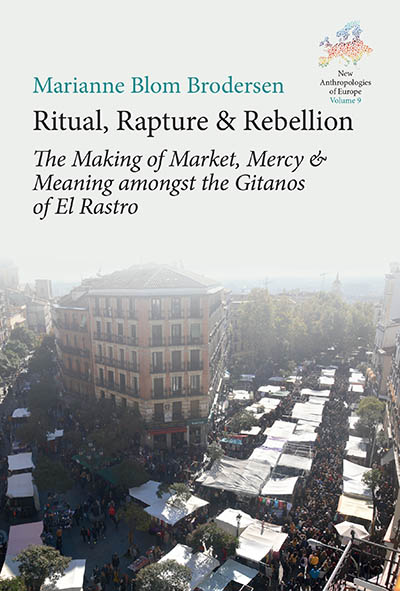 Forthcoming November 2024
Forthcoming November 2024 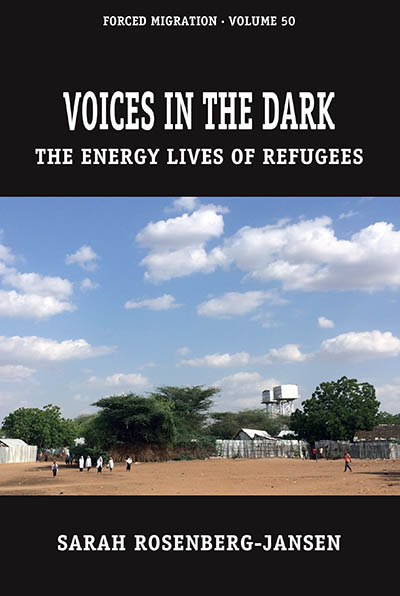 Forthcoming October 2024
Forthcoming October 2024  Forthcoming September 2024
Forthcoming September 2024 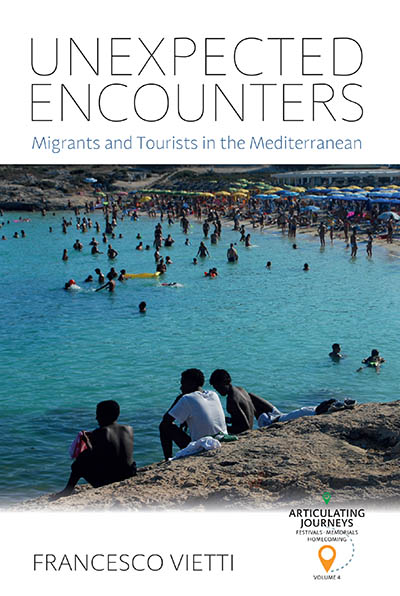 Forthcoming September 2024
Forthcoming September 2024 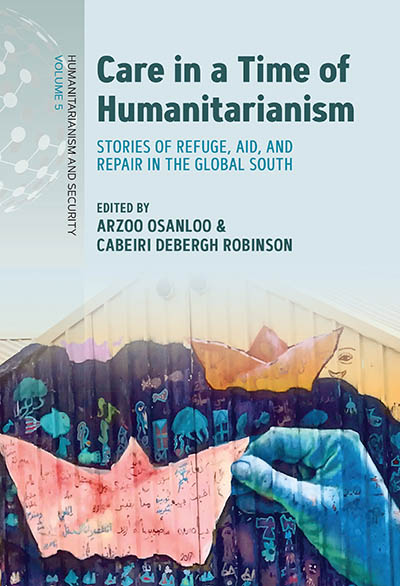 Forthcoming August 2024
Forthcoming August 2024 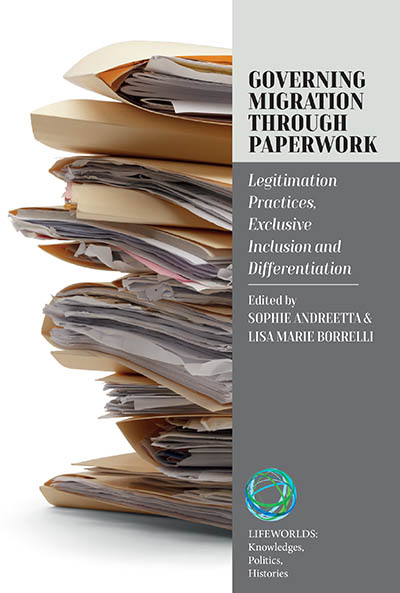 Forthcoming August 2024
Forthcoming August 2024 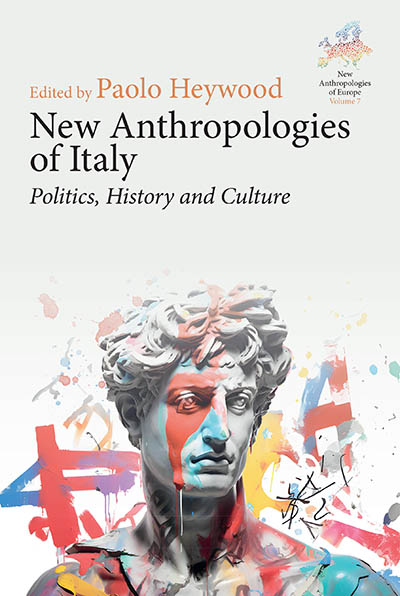 Forthcoming July 2024
Forthcoming July 2024 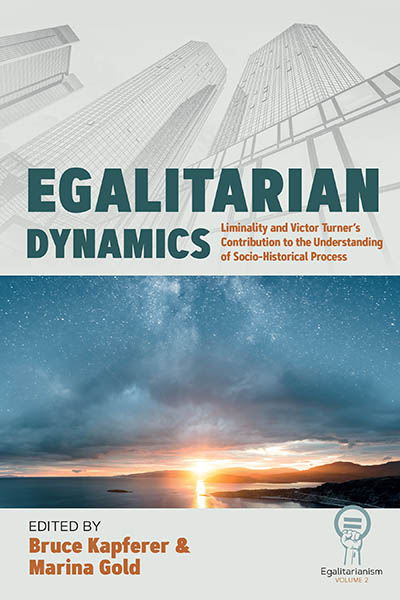 Forthcoming July 2024
Forthcoming July 2024 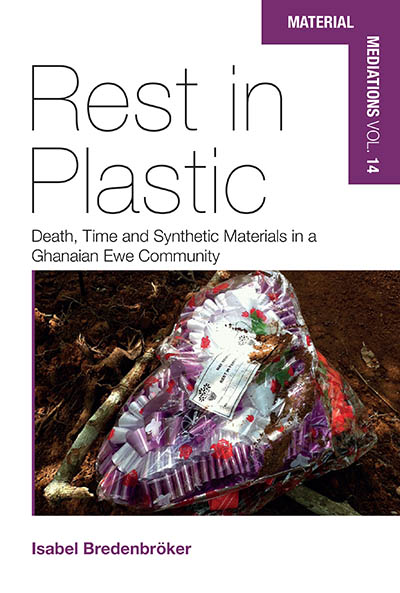 Forthcoming June 2024
Forthcoming June 2024 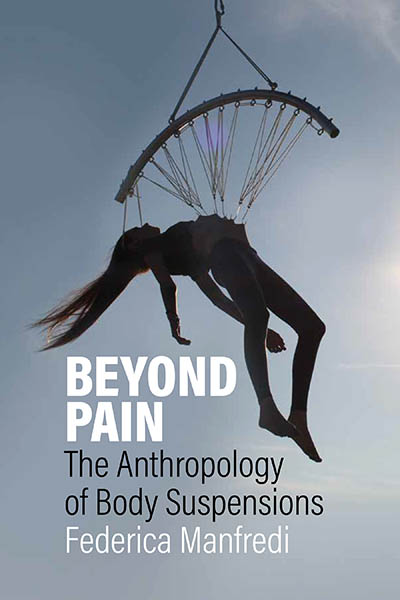 Forthcoming May 2024
Forthcoming May 2024 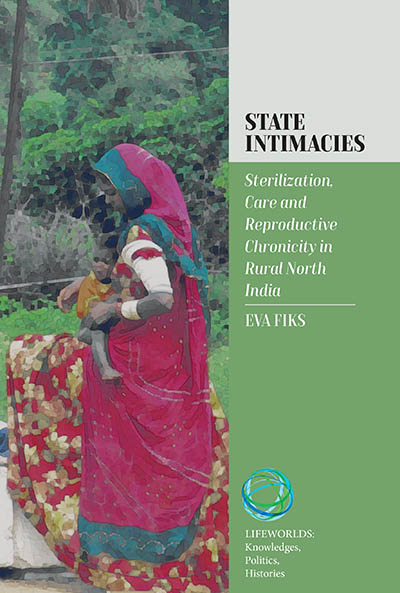 Published April 2024
Published April 2024 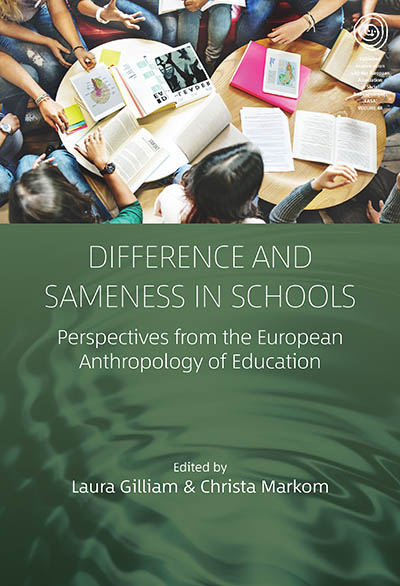 Published April 2024
Published April 2024 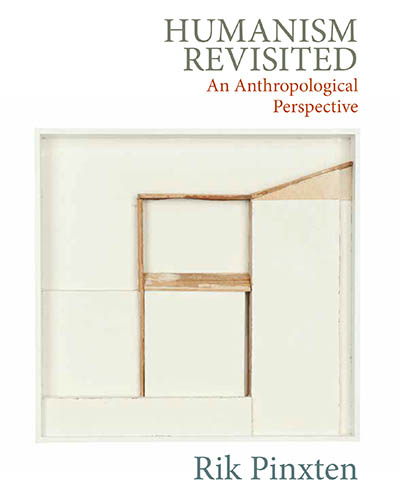 Published April 2024
Published April 2024 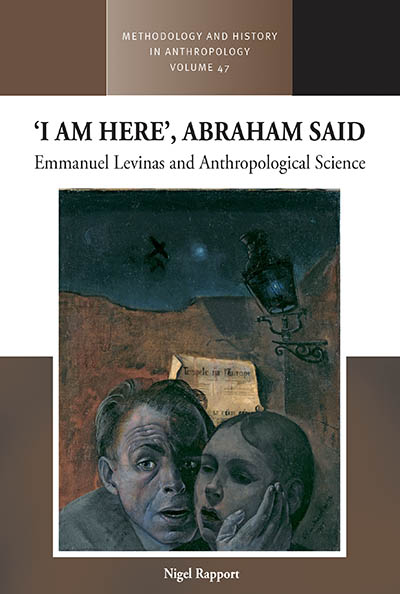 Published April 2024
Published April 2024 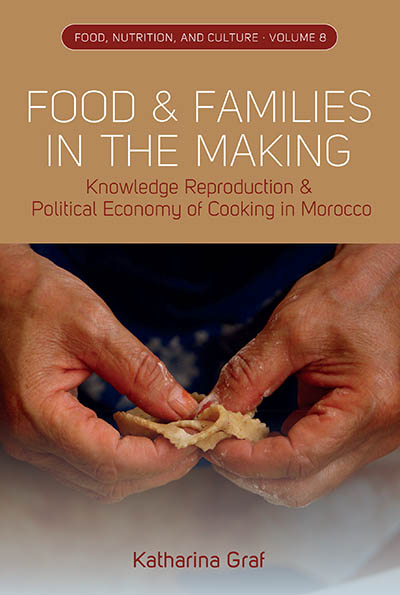 Published April 2024
Published April 2024  Published March 2024
Published March 2024 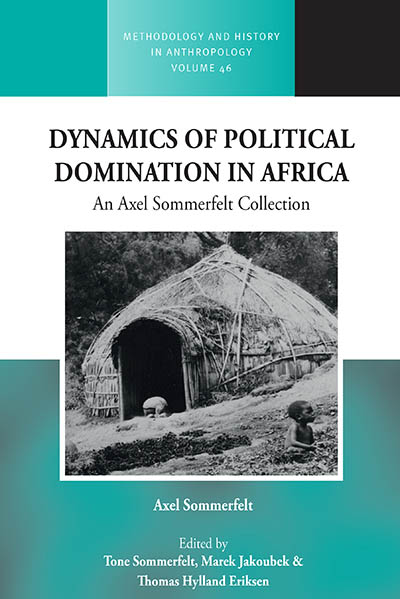 Published March 2024
Published March 2024 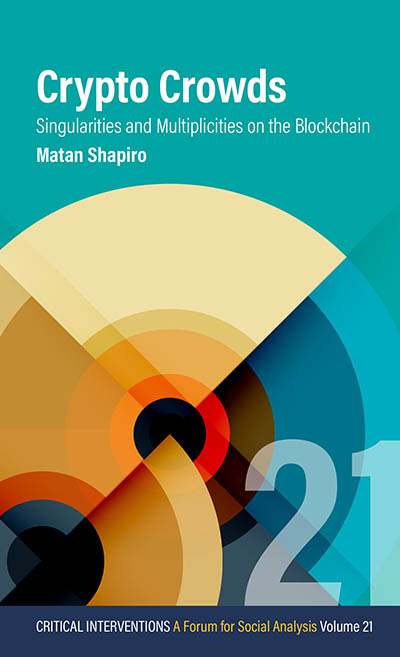 Published March 2024
Published March 2024 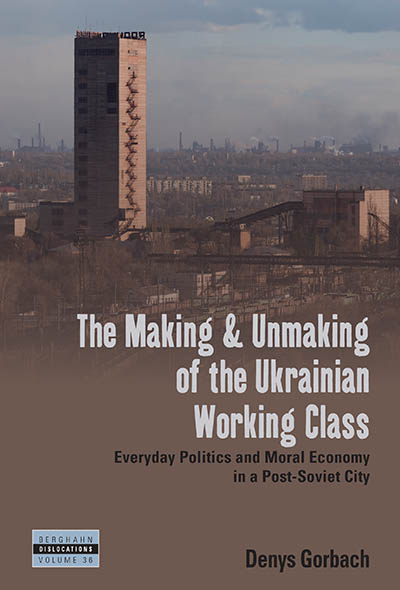 Published March 2024
Published March 2024  Published March 2024
Published March 2024 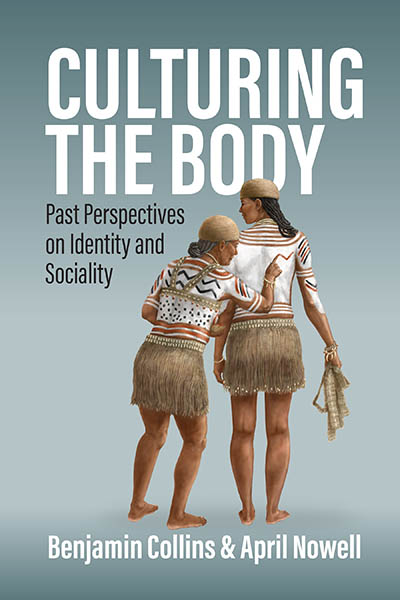 Published March 2024
Published March 2024 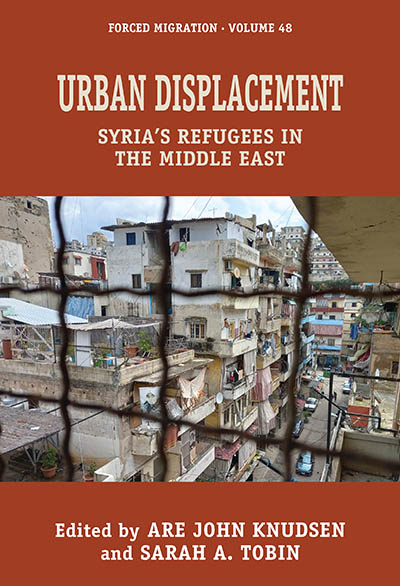 Published March 2024
Published March 2024 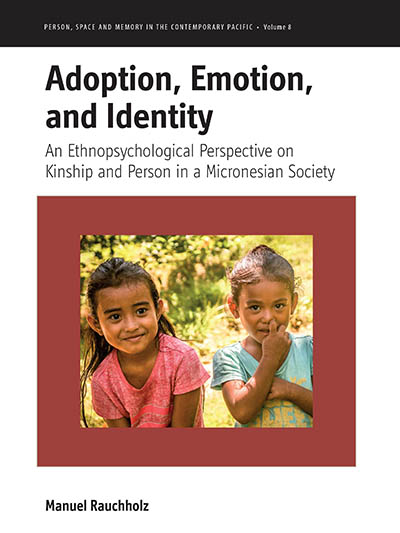 Published February 2024
Published February 2024 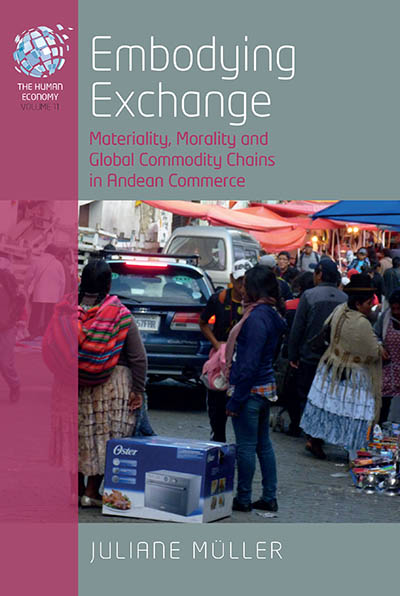 Published February 2024
Published February 2024 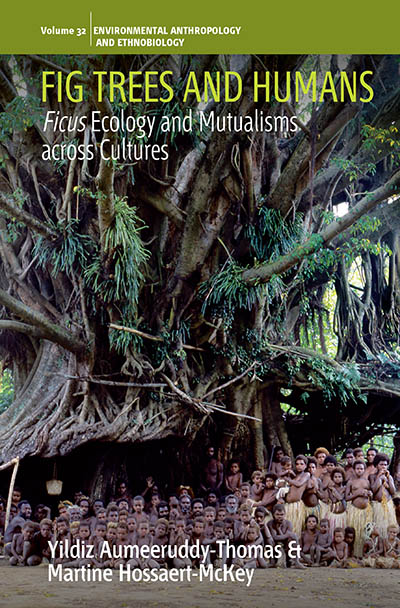 Published February 2024
Published February 2024 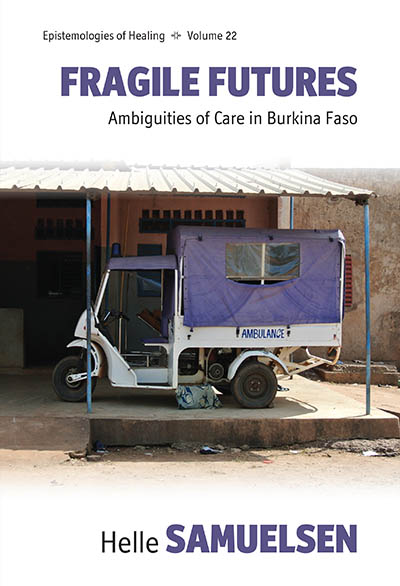 Published February 2024
Published February 2024 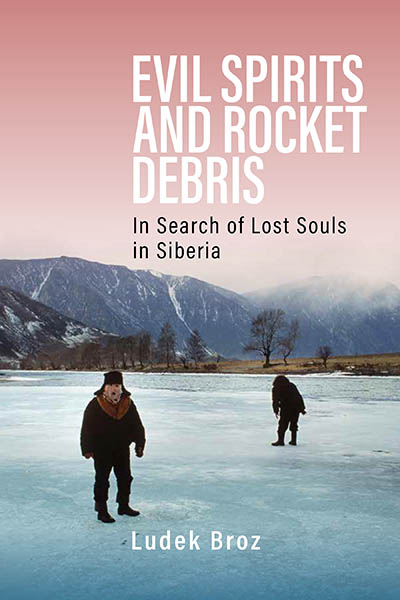 Published February 2024
Published February 2024 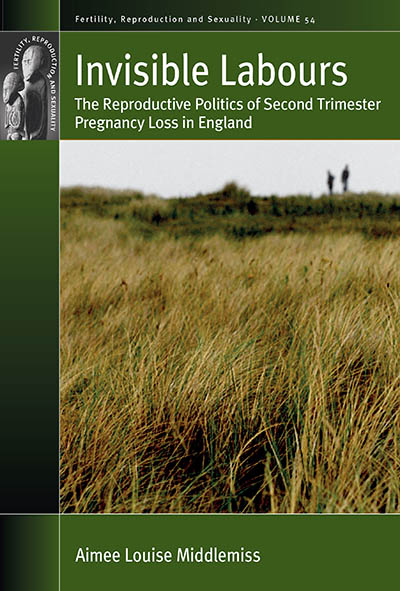 Published February 2024
Published February 2024 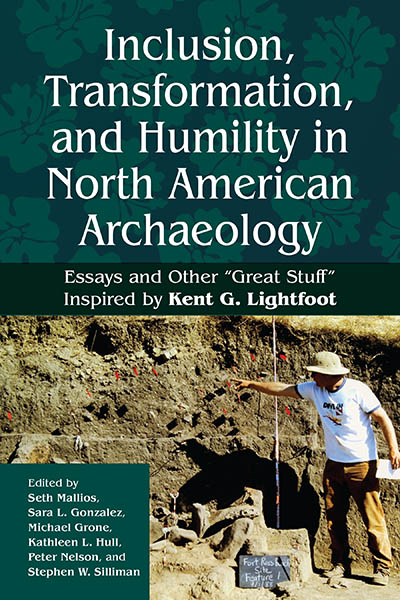 Published January 2024
Published January 2024 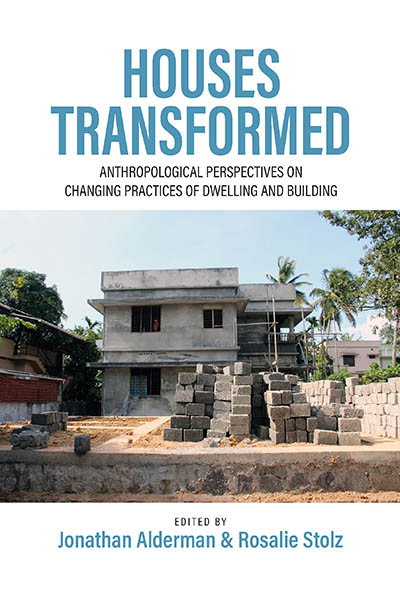 Published January 2024
Published January 2024  Published January 2024
Published January 2024 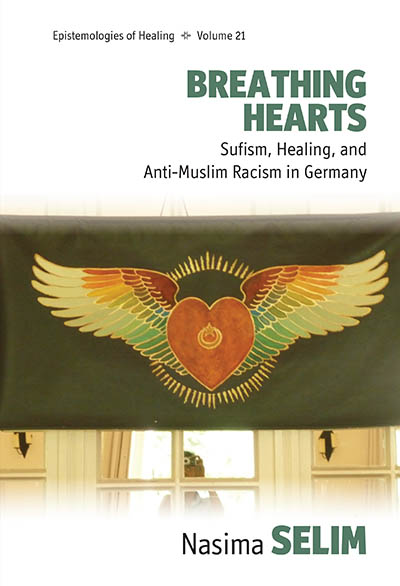 Published January 2024
Published January 2024  Published January 2024
Published January 2024 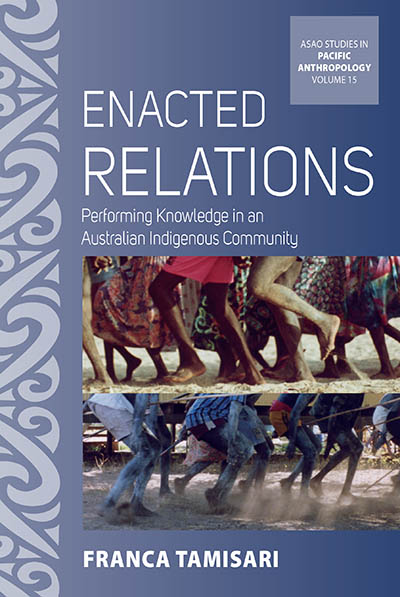 Published January 2024
Published January 2024 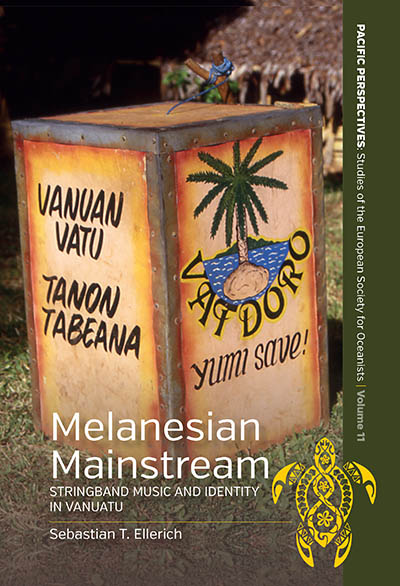 Published January 2024
Published January 2024 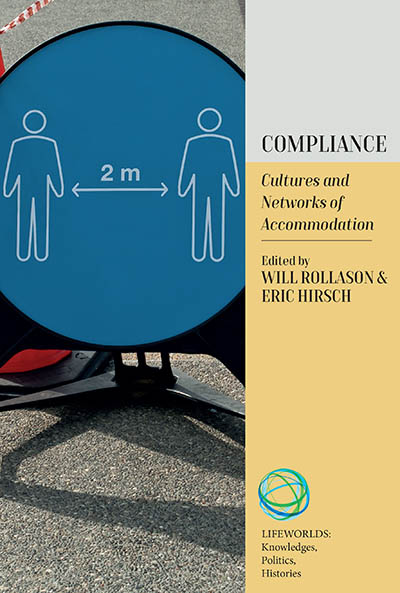 Published December 2023
Published December 2023  Published December 2023
Published December 2023 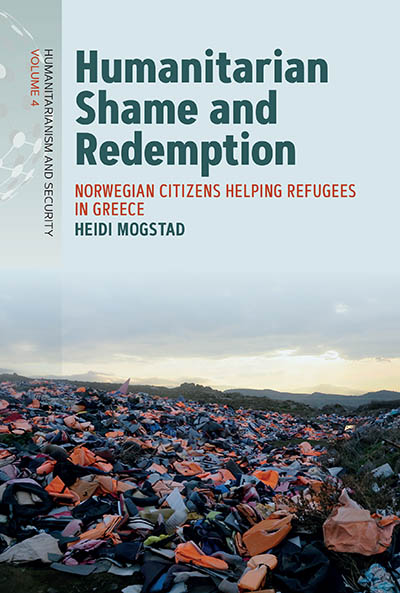 Published December 2023
Published December 2023 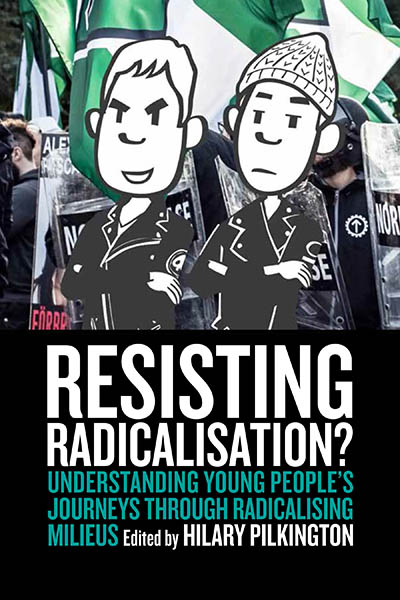 Published November 2023
Published November 2023 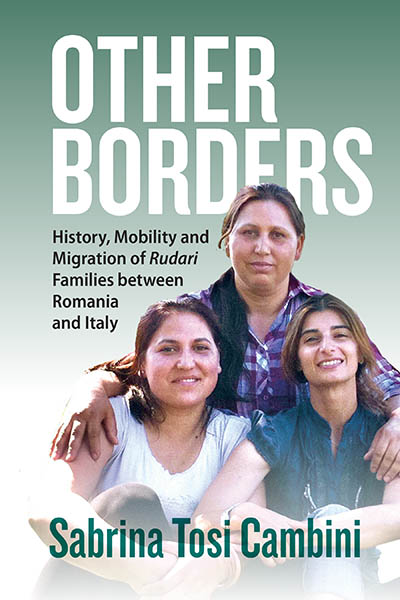 Published November 2023
Published November 2023 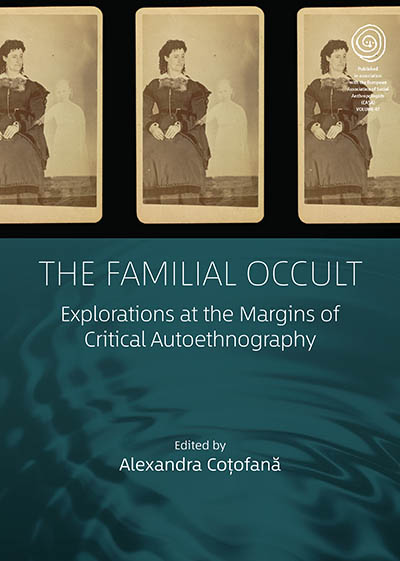 Published November 2023
Published November 2023 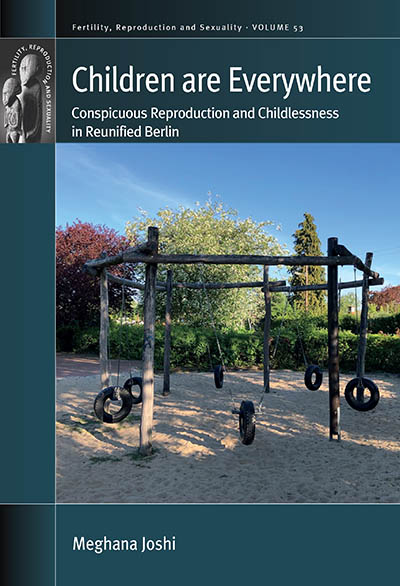 Published November 2023
Published November 2023 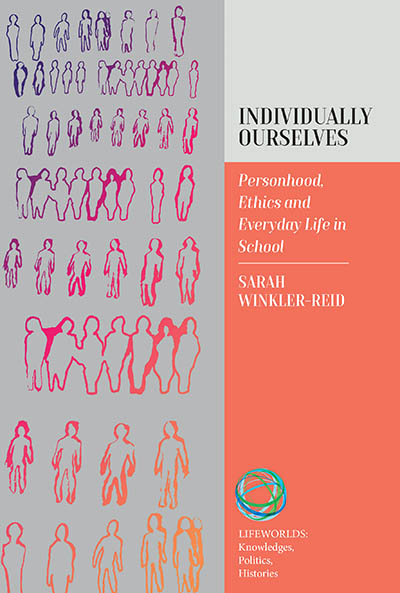 Published November 2023
Published November 2023 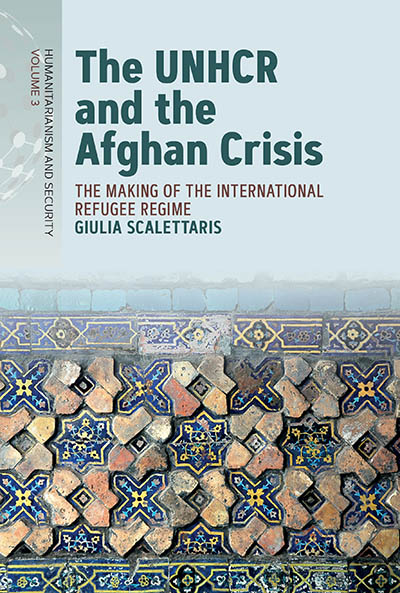 Published November 2023
Published November 2023 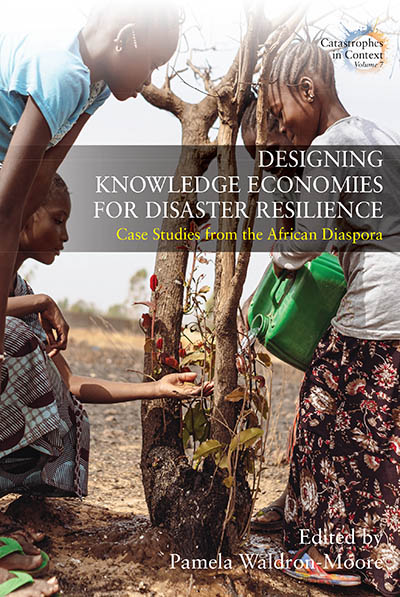 Published November 2023
Published November 2023 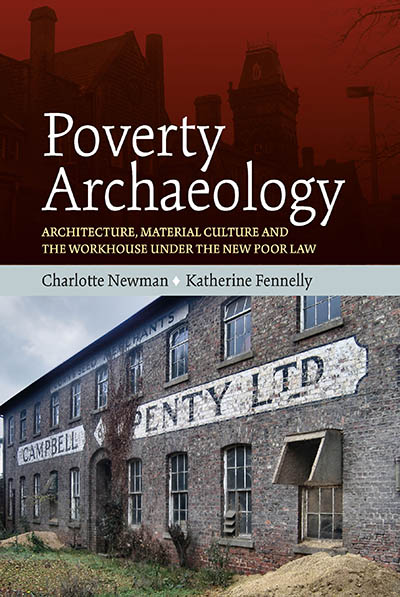 Published October 2023
Published October 2023 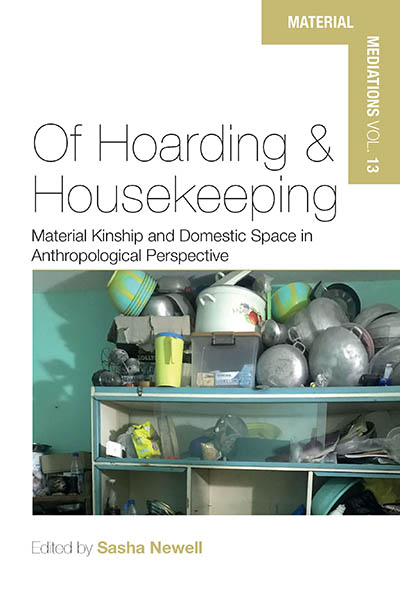 Published October 2023
Published October 2023 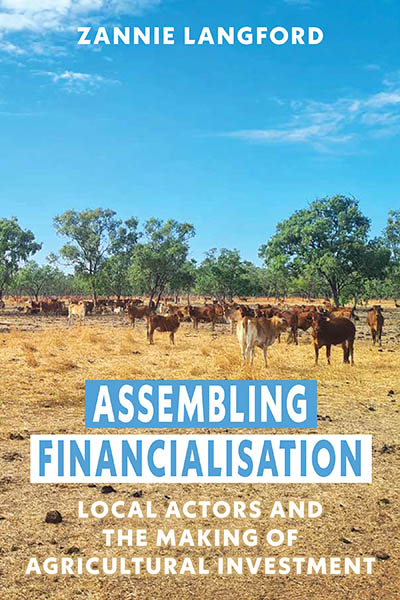 Published October 2023
Published October 2023 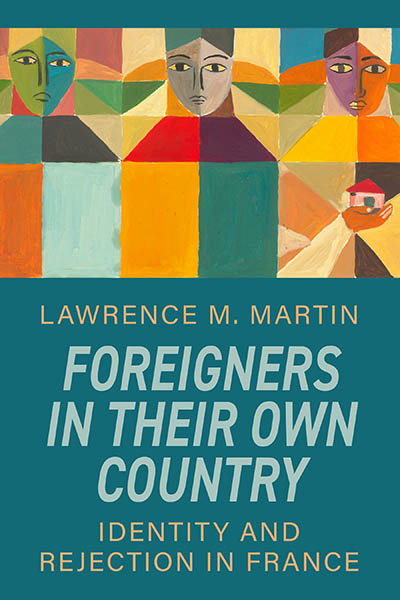 Published October 2023
Published October 2023 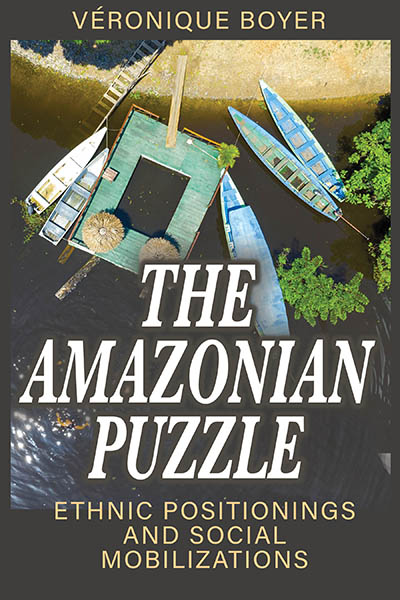 Published October 2023
Published October 2023 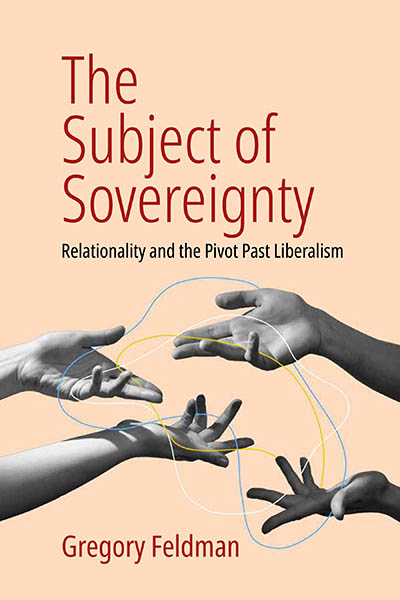 Published October 2023
Published October 2023  Published September 2023
Published September 2023  Published September 2023
Published September 2023  Published September 2023
Published September 2023 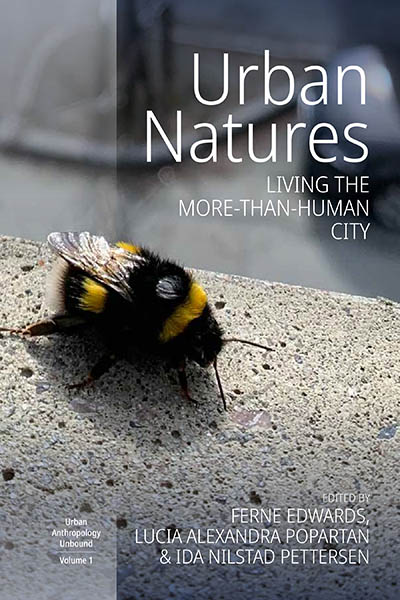 Published September 2023
Published September 2023 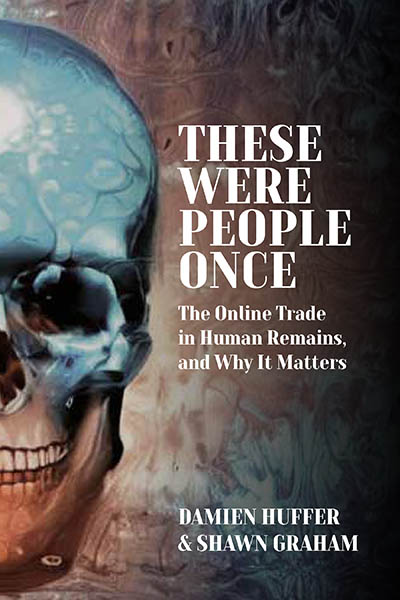 Published September 2023
Published September 2023  Published September 2023
Published September 2023 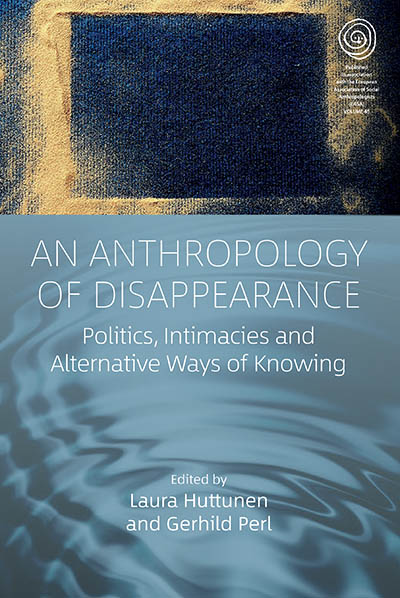 Published September 2023
Published September 2023 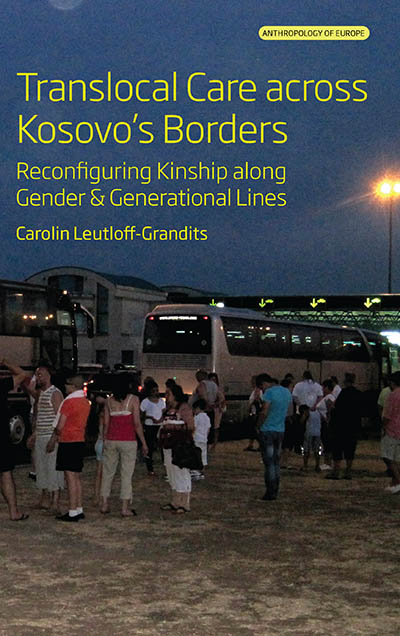 Published September 2023
Published September 2023 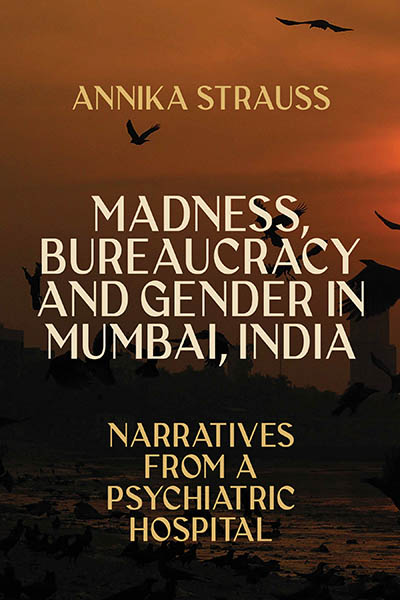 Published September 2023
Published September 2023 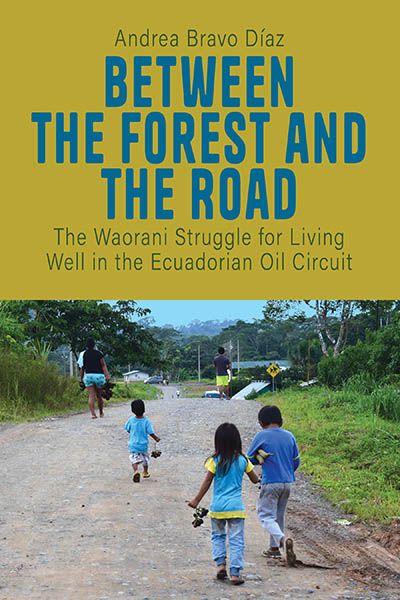 Published September 2023
Published September 2023  Published August 2023
Published August 2023 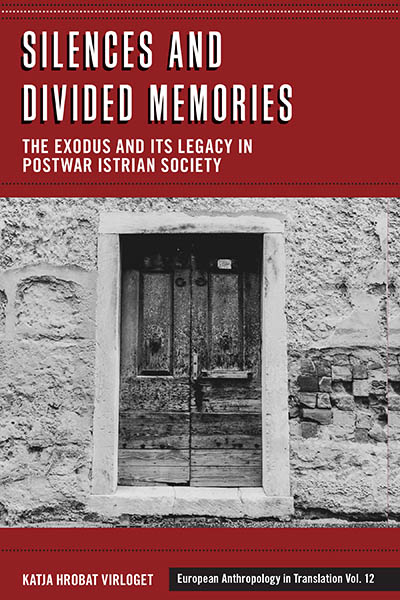 Published August 2023
Published August 2023  Published August 2023
Published August 2023  Published August 2023
Published August 2023 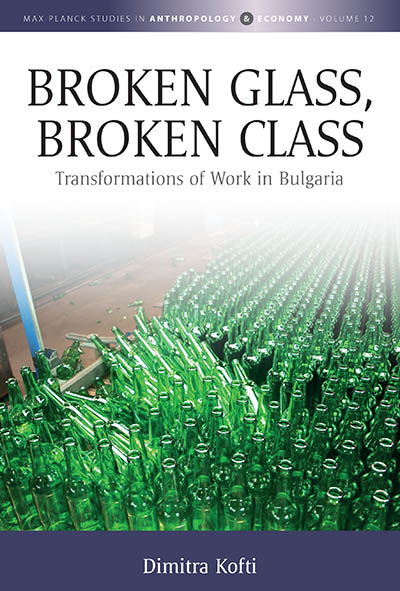 Published August 2023
Published August 2023 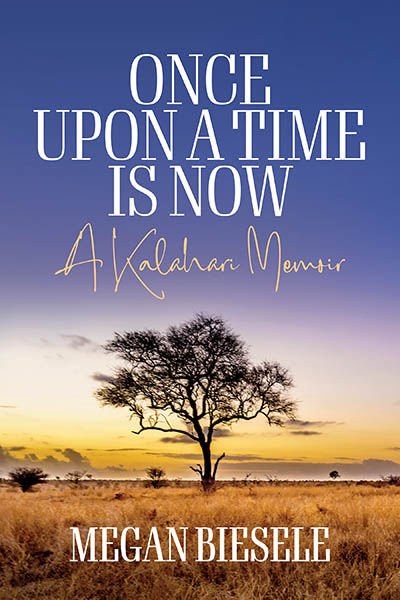 Published July 2023
Published July 2023 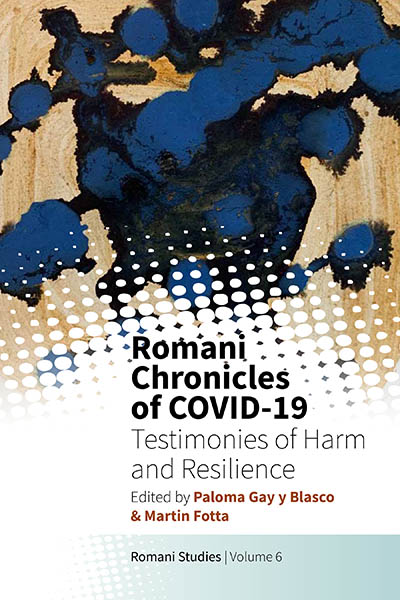 Published July 2023
Published July 2023 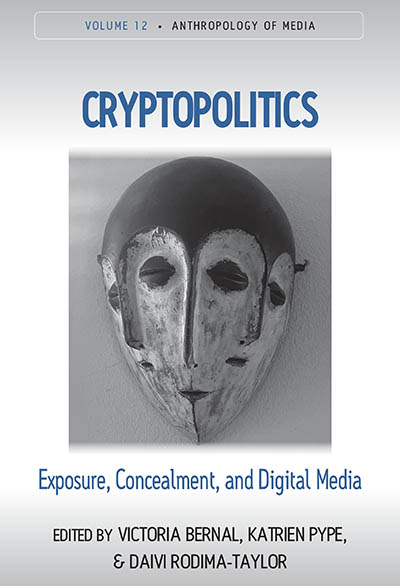 Published July 2023
Published July 2023 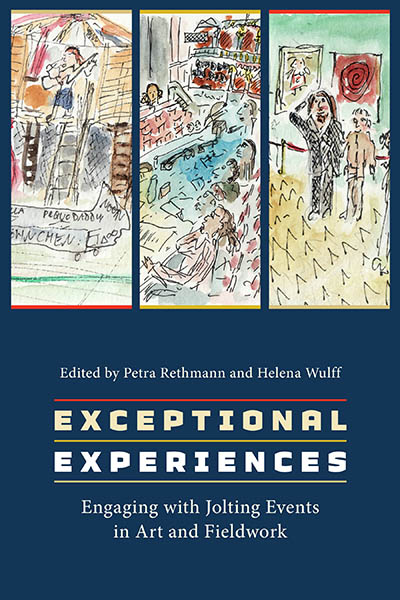 Published July 2023
Published July 2023 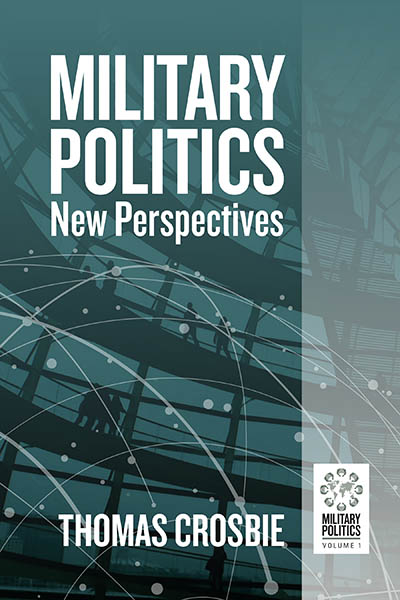 Published July 2023
Published July 2023 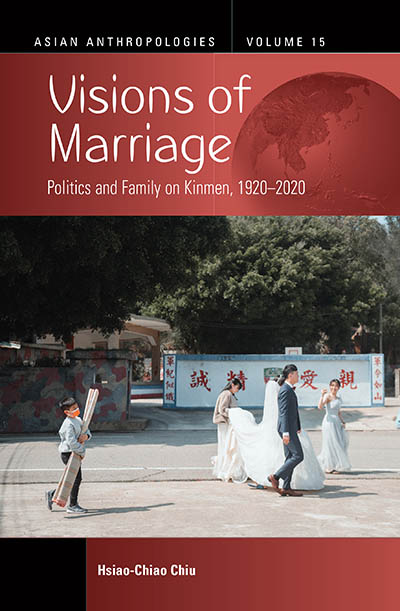 Published July 2023
Published July 2023  Published July 2023
Published July 2023 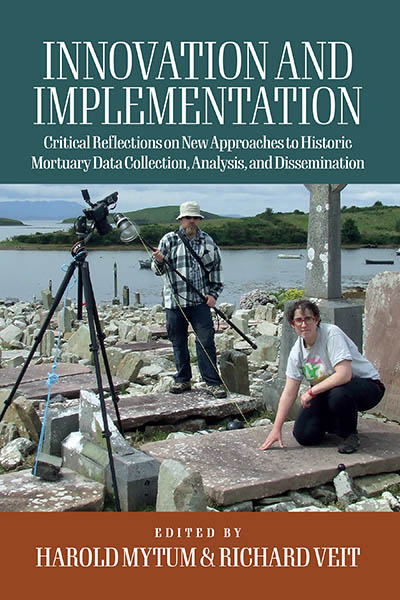 Published July 2023
Published July 2023 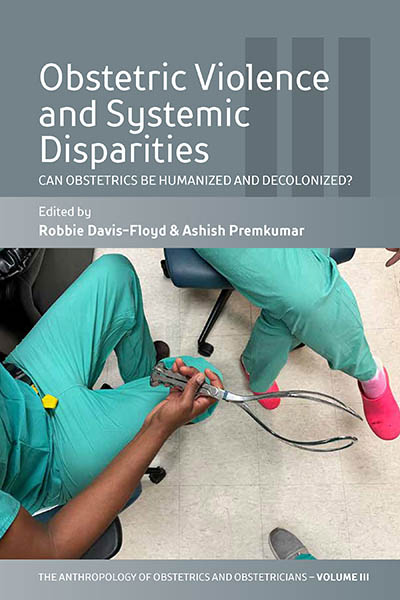 Published June 2023
Published June 2023 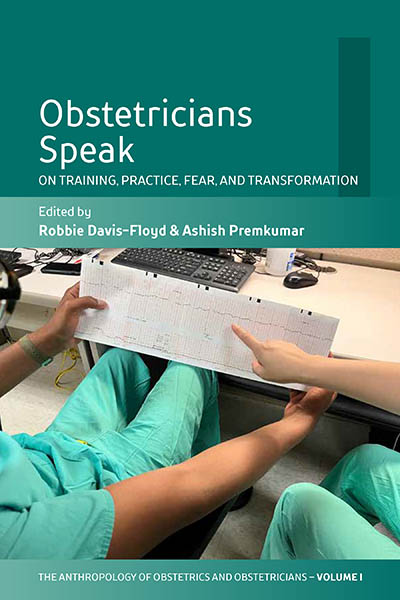 Published June 2023
Published June 2023  Published June 2023
Published June 2023 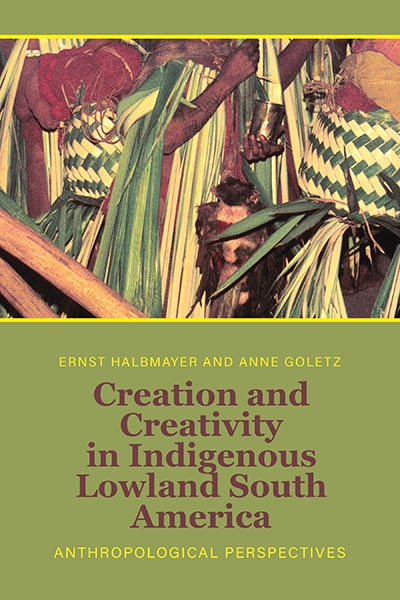 Published June 2023
Published June 2023 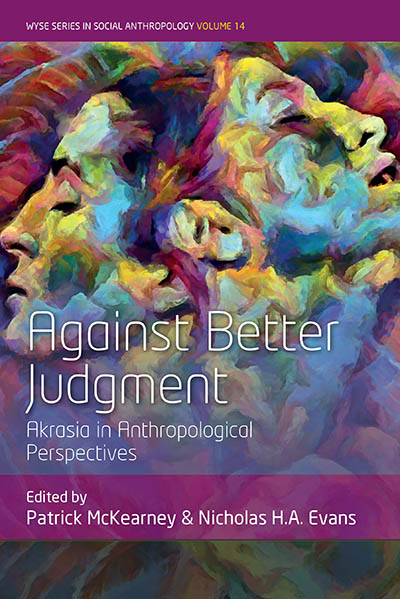 Published June 2023
Published June 2023  Published June 2023
Published June 2023 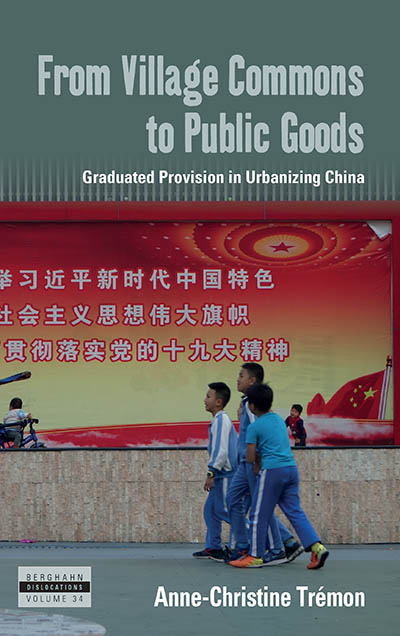 Published June 2023
Published June 2023 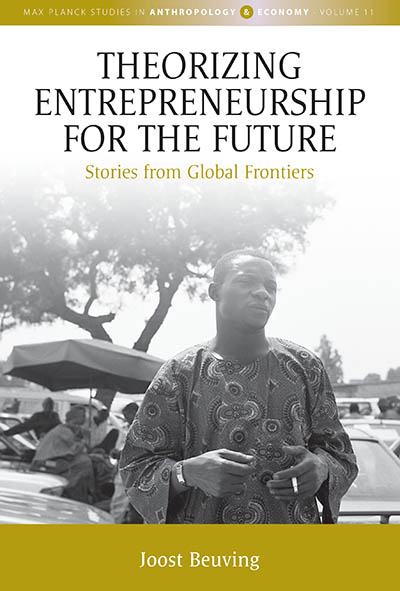 Published June 2023
Published June 2023 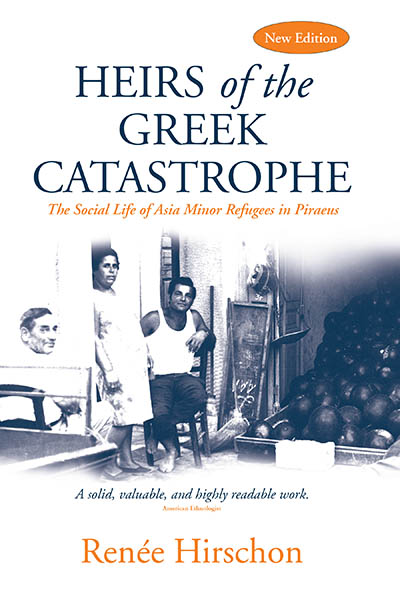 Published May 2023
Published May 2023 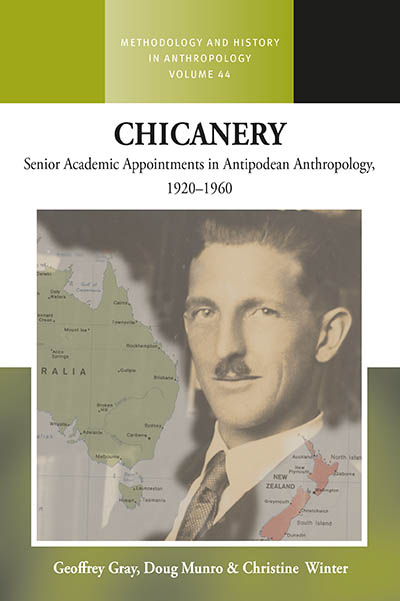 Published May 2023
Published May 2023 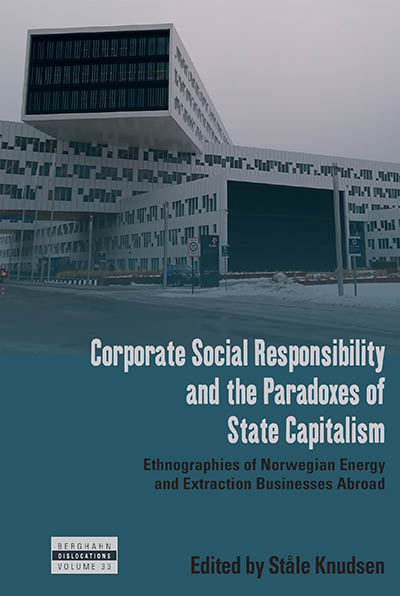 Published May 2023
Published May 2023 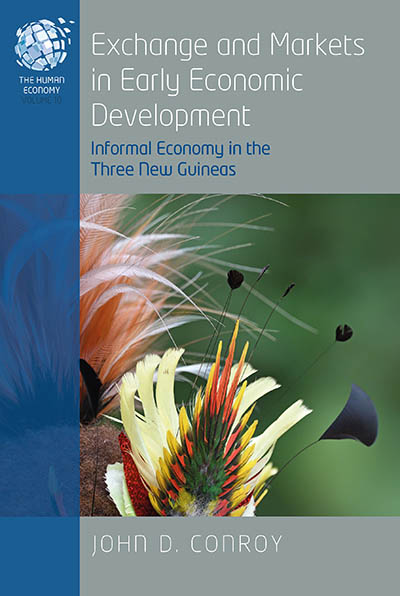 Published May 2023
Published May 2023 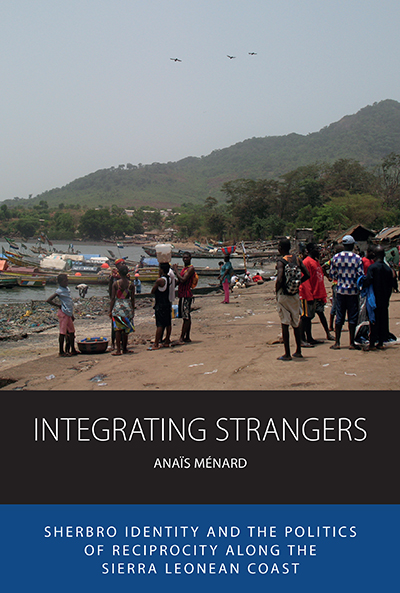 Published April 2023
Published April 2023 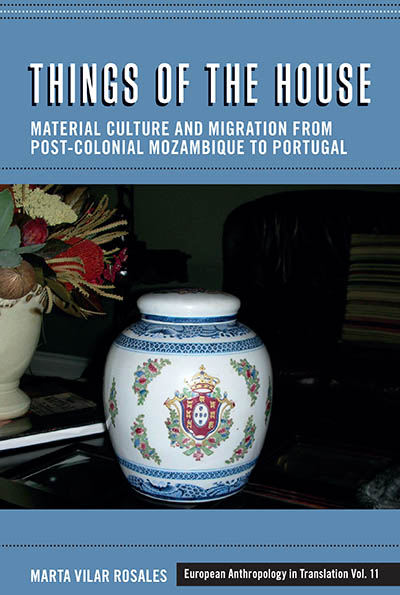 Published April 2023
Published April 2023 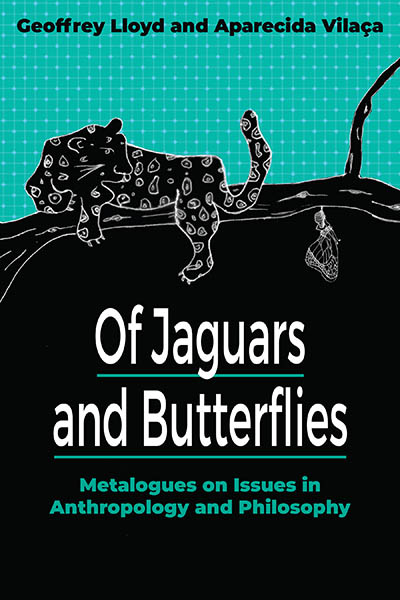 Published April 2023
Published April 2023 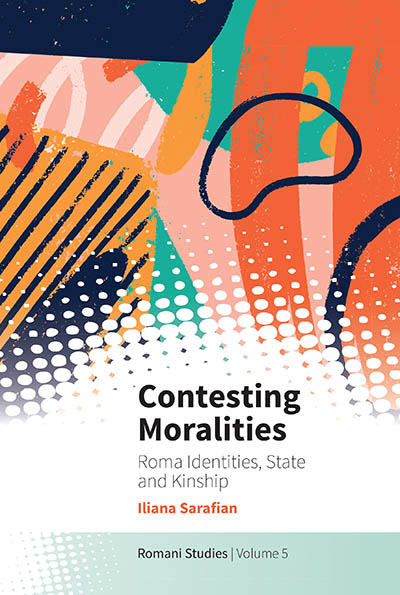 Published April 2023
Published April 2023  Published April 2023
Published April 2023 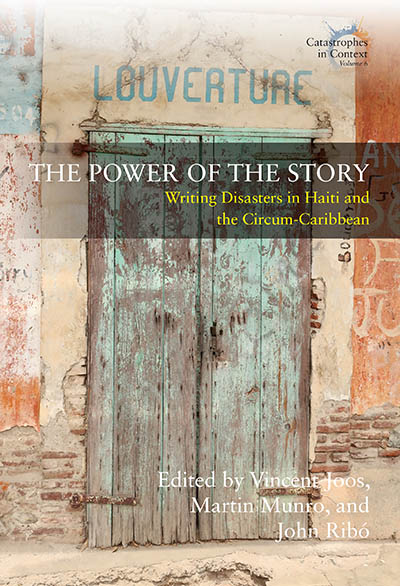 Published April 2023
Published April 2023 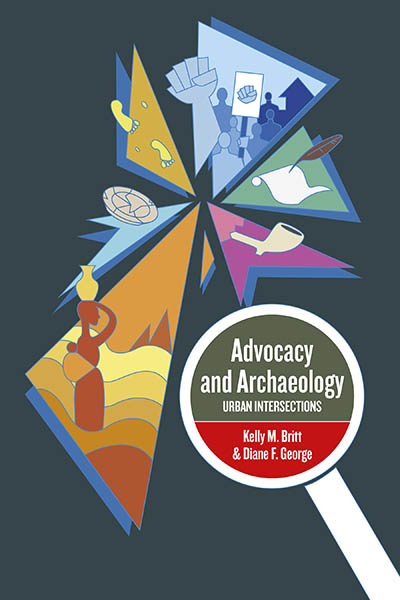 Published April 2023
Published April 2023 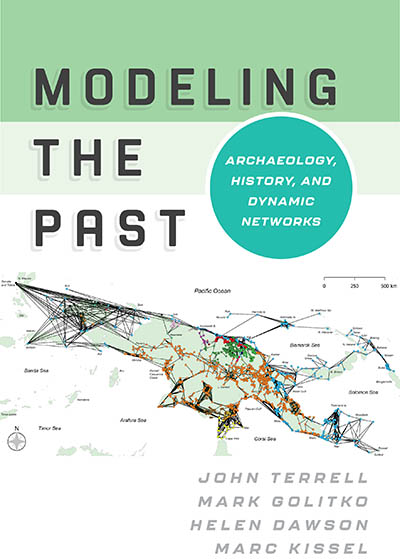 Published March 2023
Published March 2023 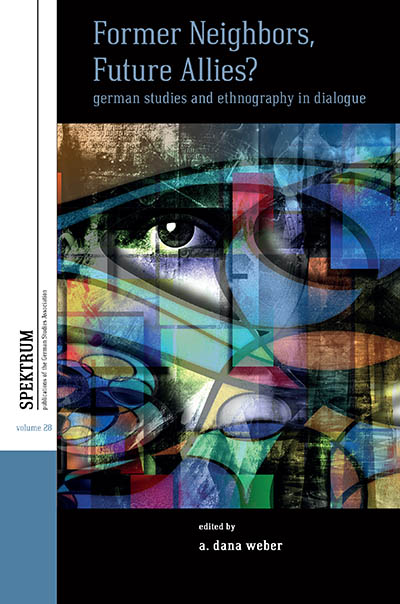 Published March 2023
Published March 2023  Published March 2023
Published March 2023 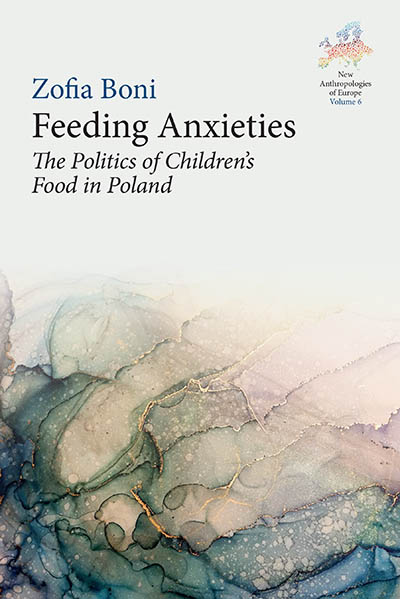 Published March 2023
Published March 2023 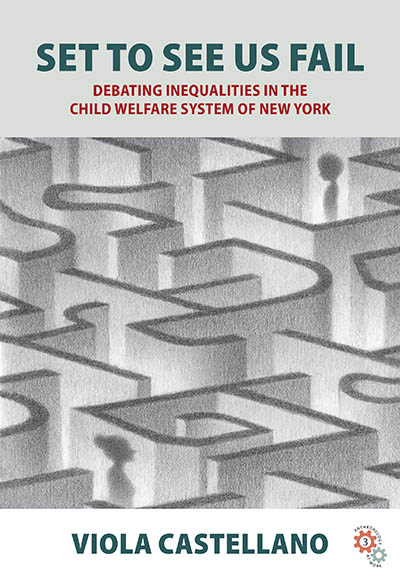 Published March 2023
Published March 2023 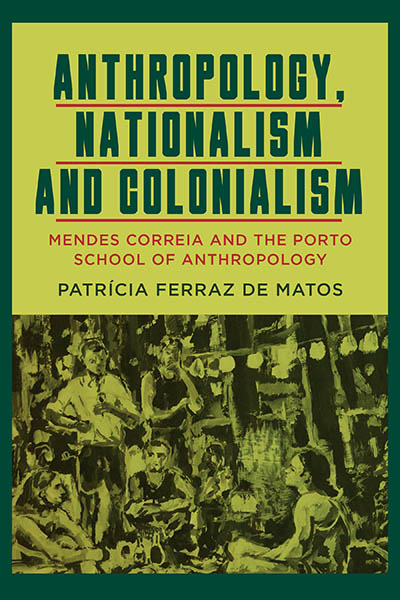 Published March 2023
Published March 2023 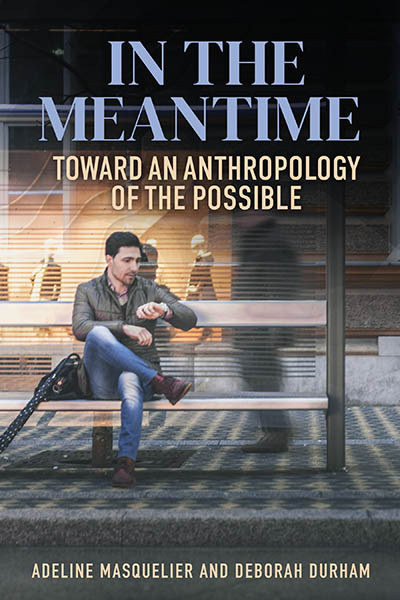 Published March 2023
Published March 2023 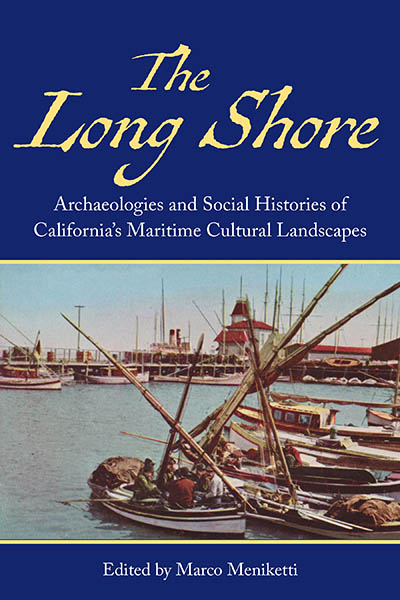 Published February 2023
Published February 2023 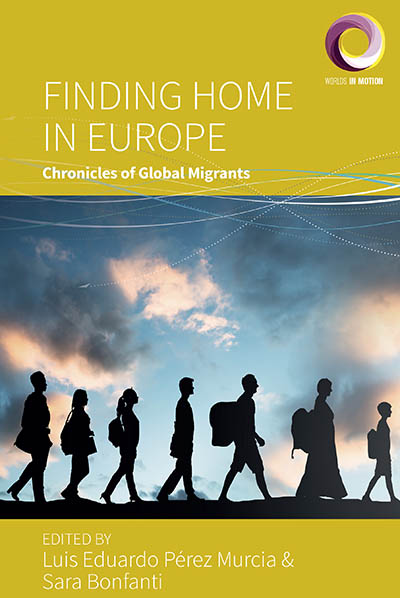 Published February 2023
Published February 2023 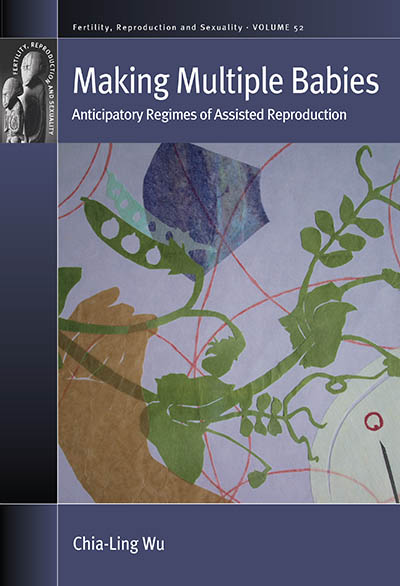 Published February 2023
Published February 2023  Published February 2023
Published February 2023 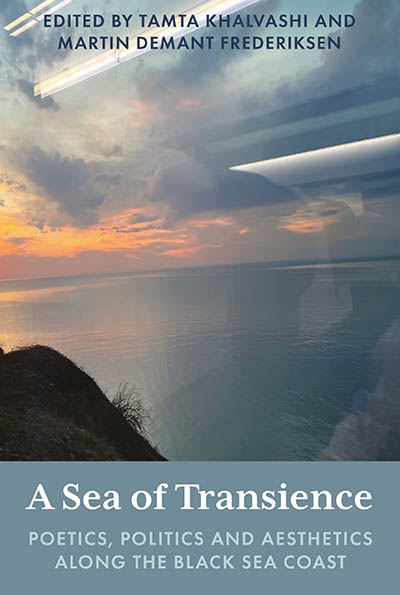 Published February 2023
Published February 2023 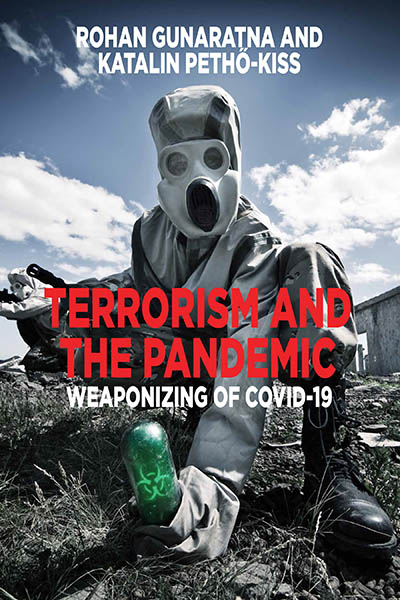 Published February 2023
Published February 2023  Published February 2023
Published February 2023 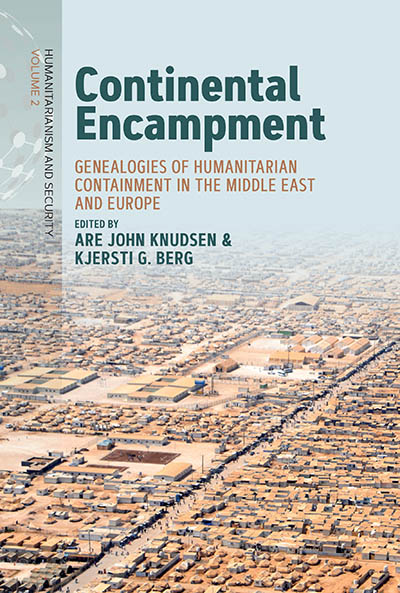 Published February 2023
Published February 2023 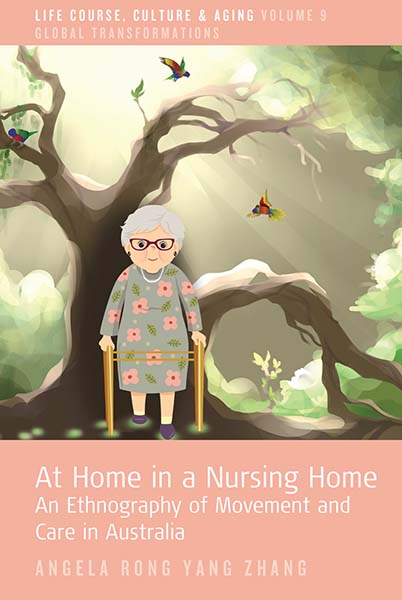 Published January 2023
Published January 2023 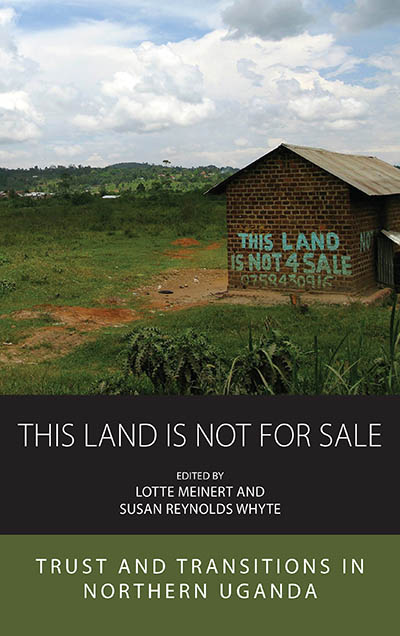 Published January 2023
Published January 2023 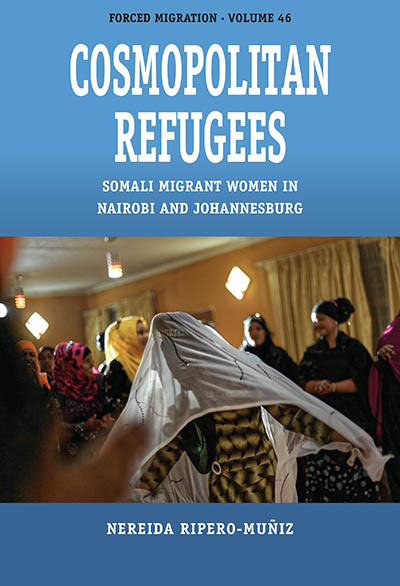 Published January 2023
Published January 2023 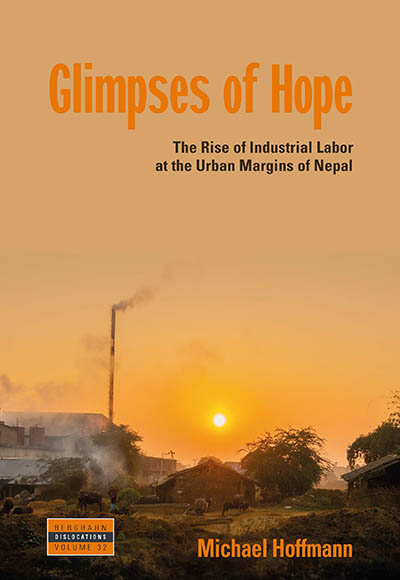 Published January 2023
Published January 2023 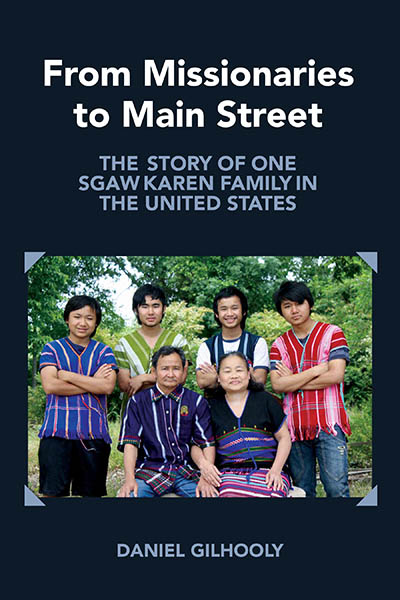 Published January 2023
Published January 2023  Published January 2023
Published January 2023 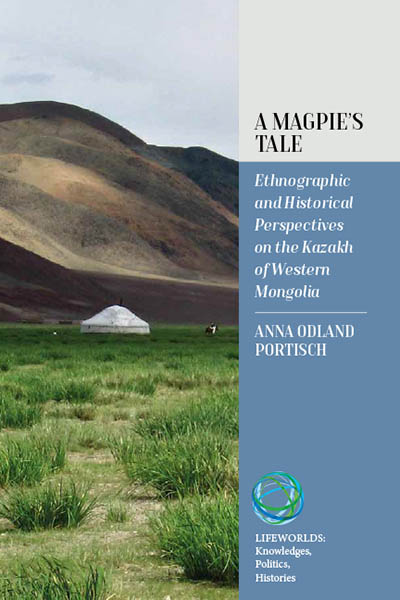 Published January 2023
Published January 2023 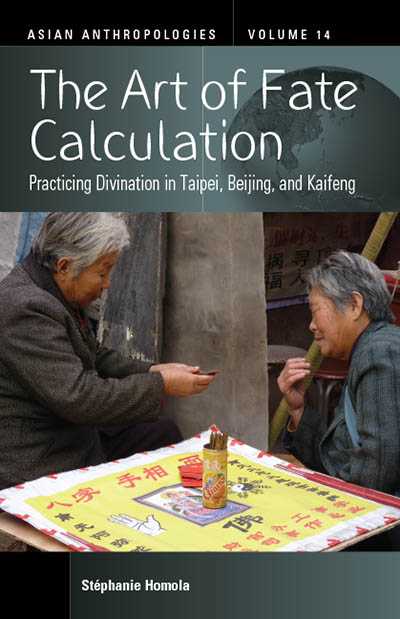 Published January 2023
Published January 2023 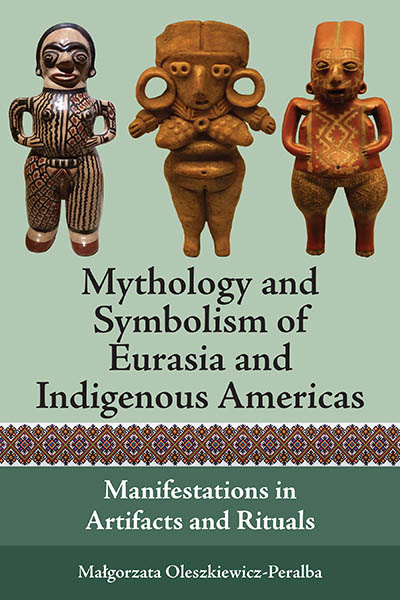 Published December 2022
Published December 2022 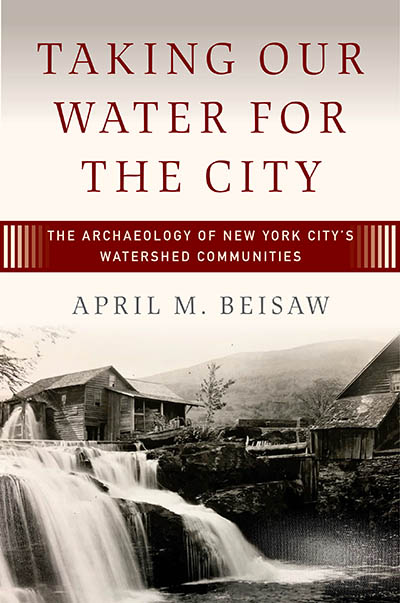 Published December 2022
Published December 2022 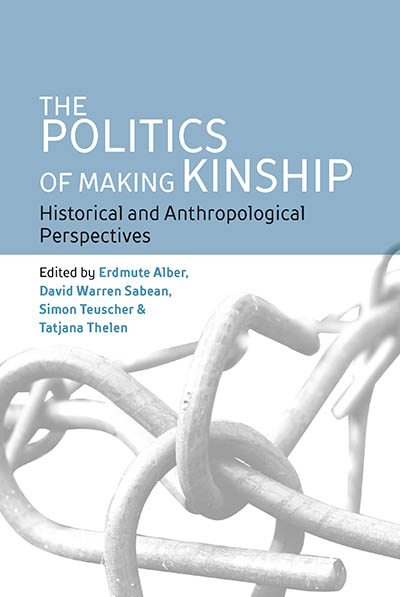 Published December 2022
Published December 2022 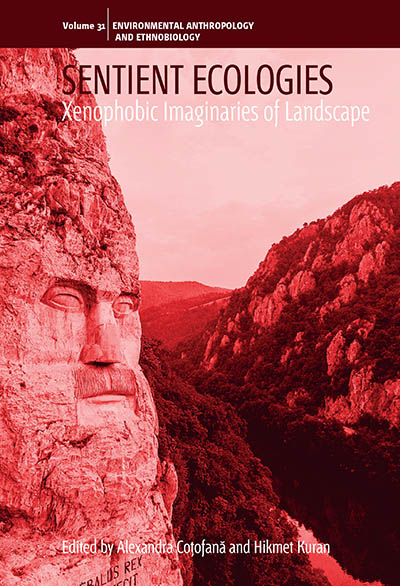 Published November 2022
Published November 2022 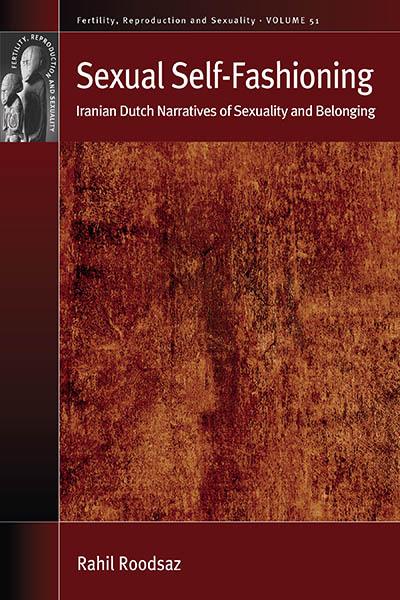 Published November 2022
Published November 2022  Published November 2022
Published November 2022  Published November 2022
Published November 2022  Published November 2022
Published November 2022 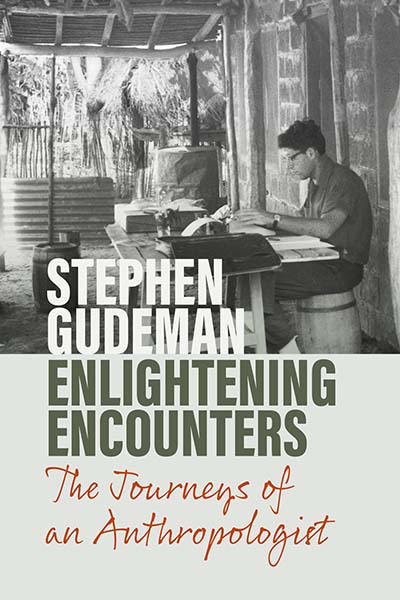 Published October 2022
Published October 2022 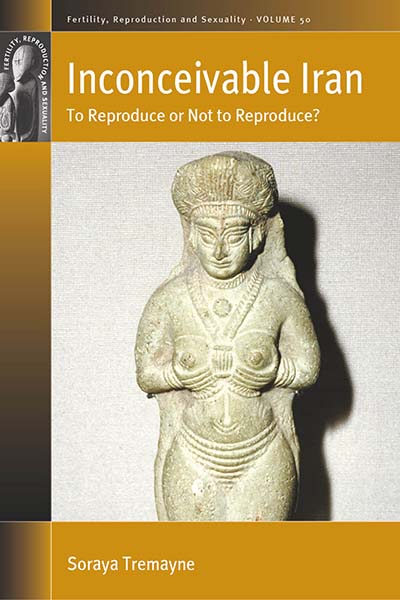 Published October 2022
Published October 2022 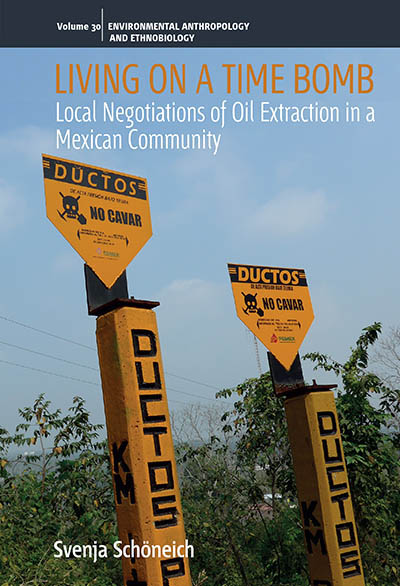 Published October 2022
Published October 2022 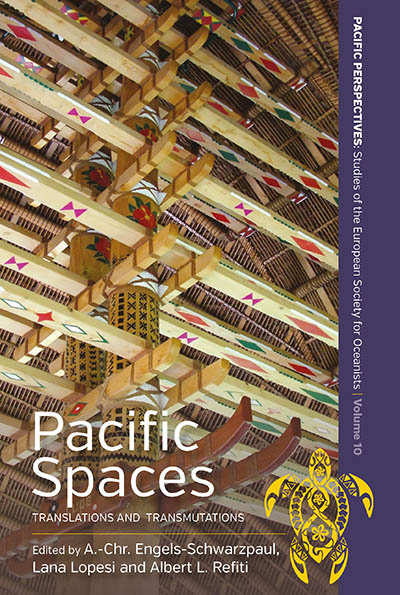 Published October 2022
Published October 2022 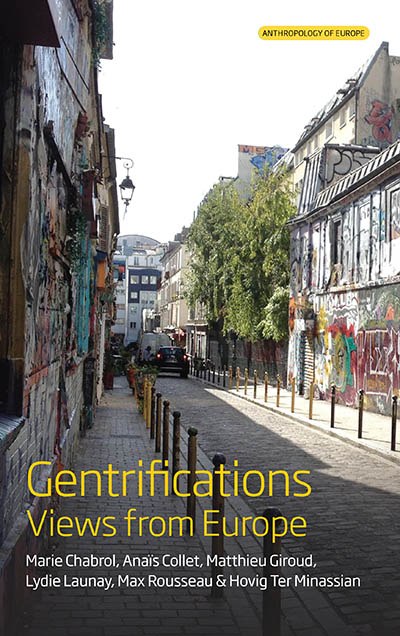 Published October 2022
Published October 2022 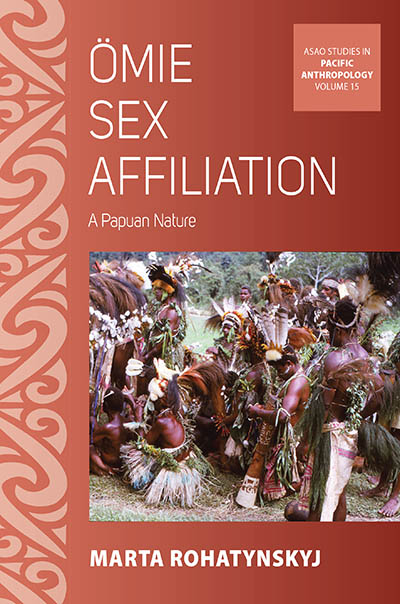 Published October 2022
Published October 2022 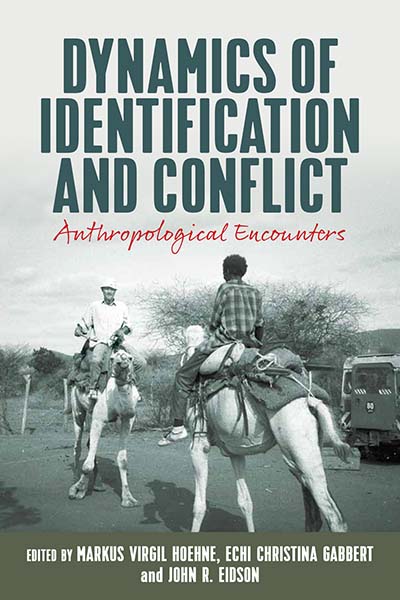 Published October 2022
Published October 2022 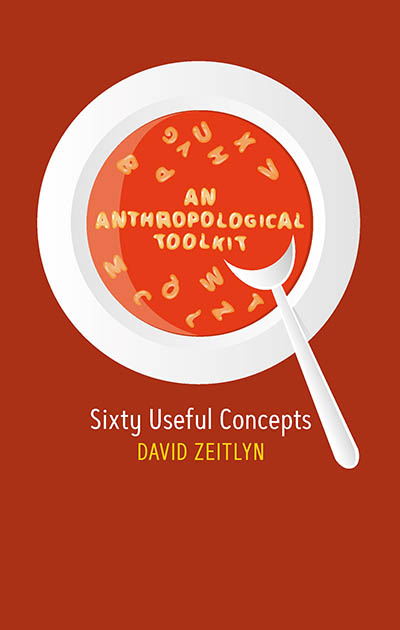 Published September 2022
Published September 2022  Published September 2022
Published September 2022 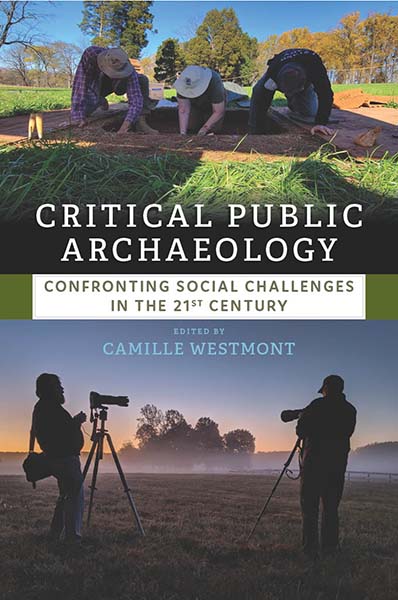 Published September 2022
Published September 2022 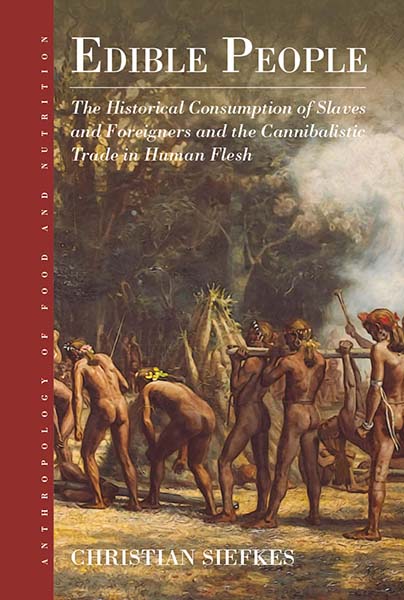 Published September 2022
Published September 2022 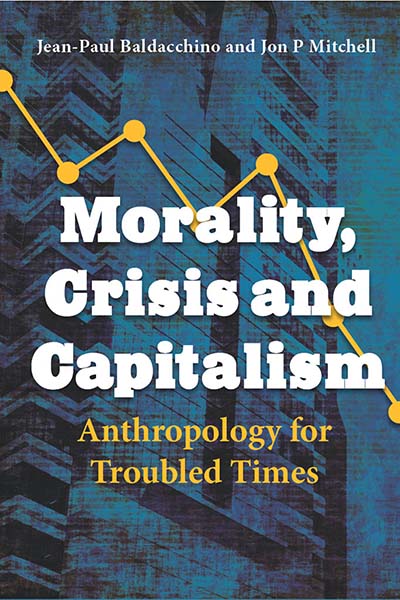 Published September 2022
Published September 2022 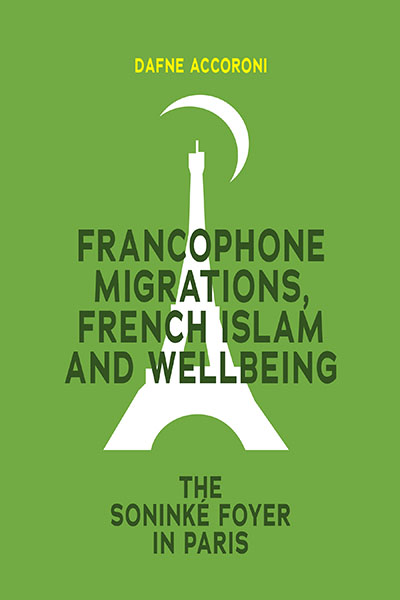 Published September 2022
Published September 2022 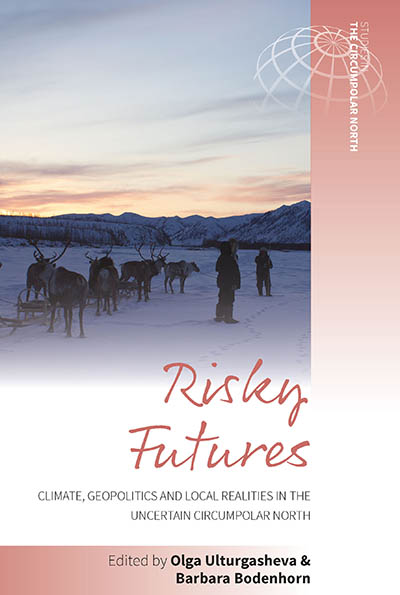 Published August 2022
Published August 2022 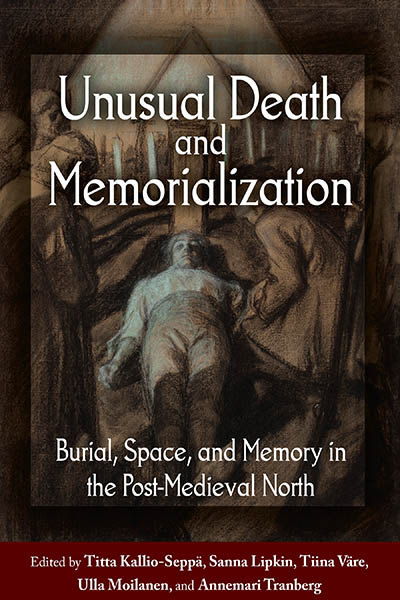 Published August 2022
Published August 2022 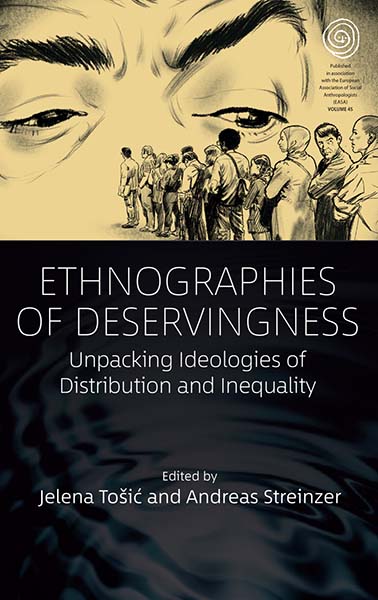 Published August 2022
Published August 2022 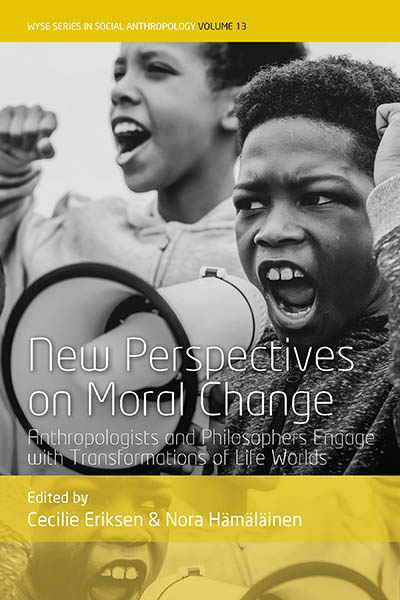 Published August 2022
Published August 2022 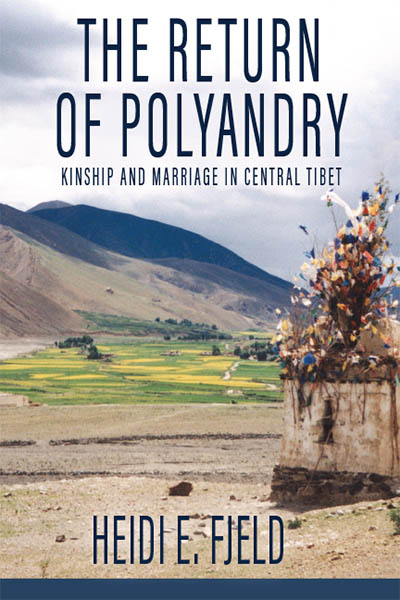 Published August 2022
Published August 2022 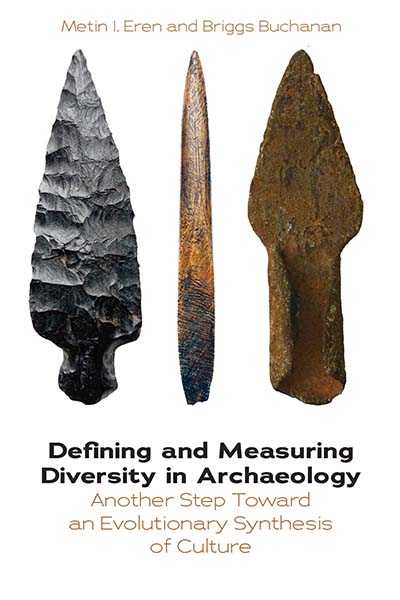 Published August 2022
Published August 2022 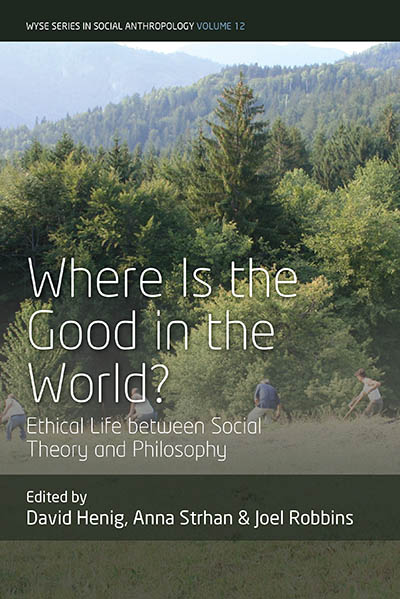 Published July 2022
Published July 2022  Published July 2022
Published July 2022 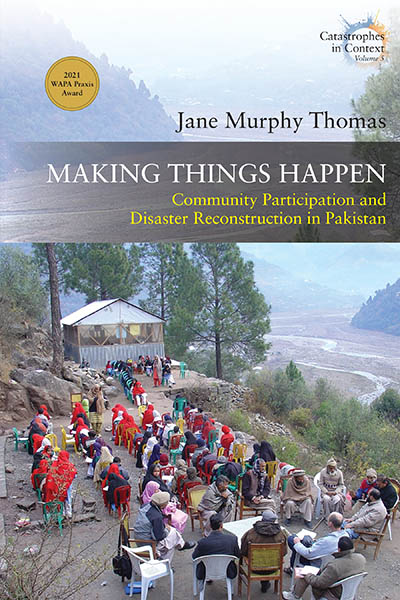 Published July 2022
Published July 2022 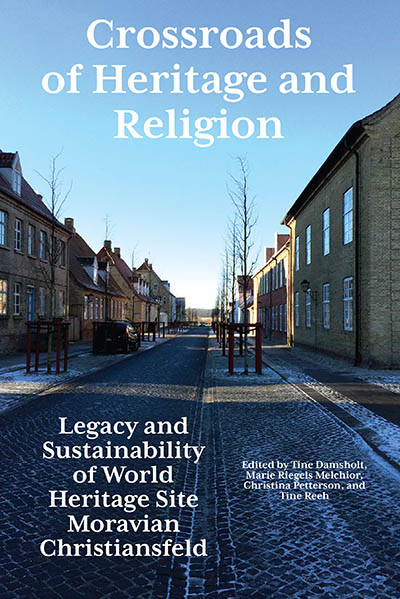 Published July 2022
Published July 2022 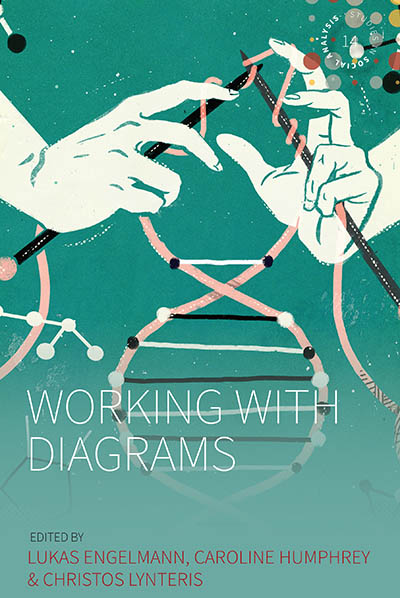 Published July 2022
Published July 2022  Published June 2022
Published June 2022 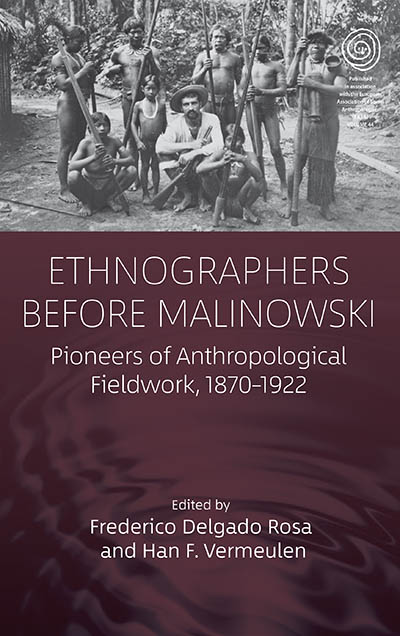 Published June 2022
Published June 2022  Published June 2022
Published June 2022 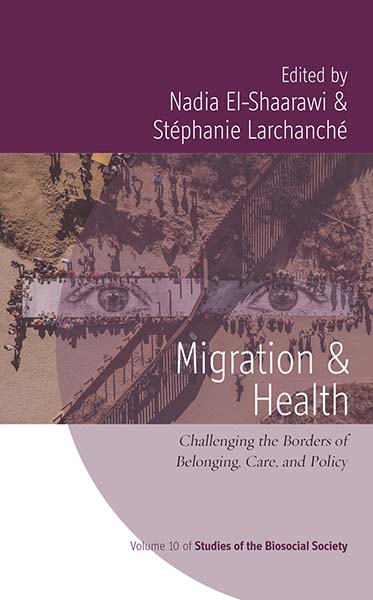 Published June 2022
Published June 2022 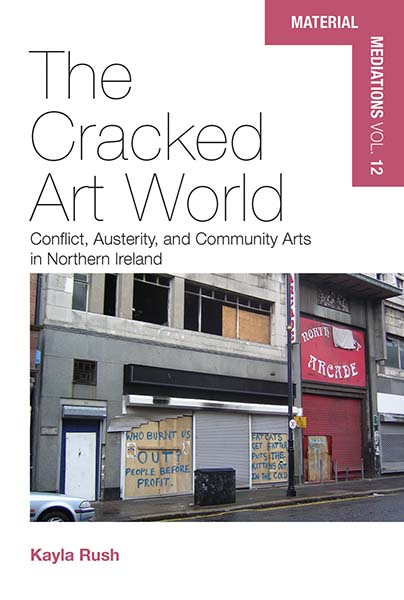 Published June 2022
Published June 2022 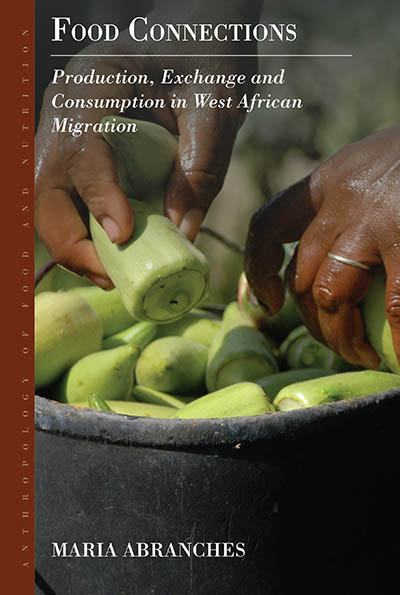 Published May 2022
Published May 2022 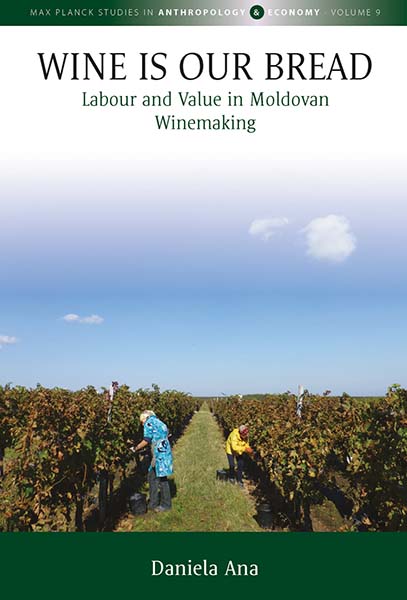 Published May 2022
Published May 2022 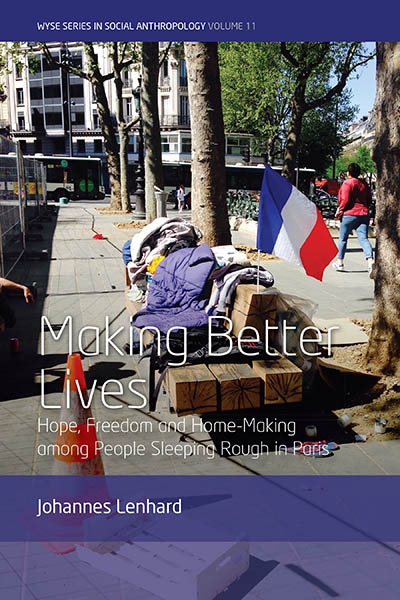 Published May 2022
Published May 2022 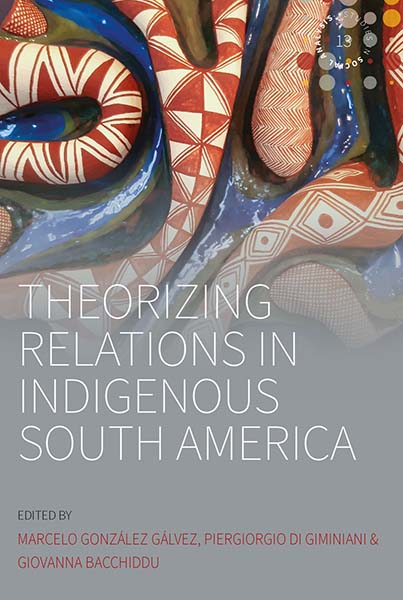 Published May 2022
Published May 2022 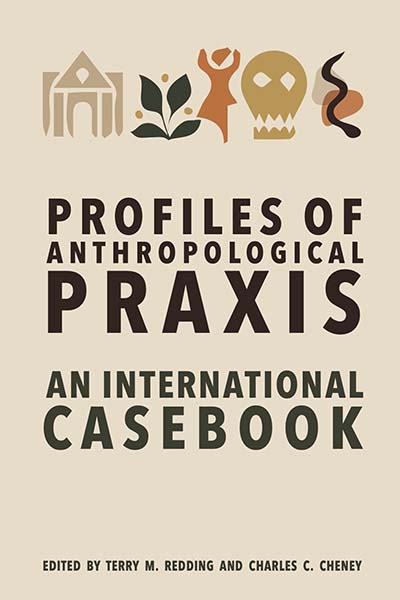 Published May 2022
Published May 2022 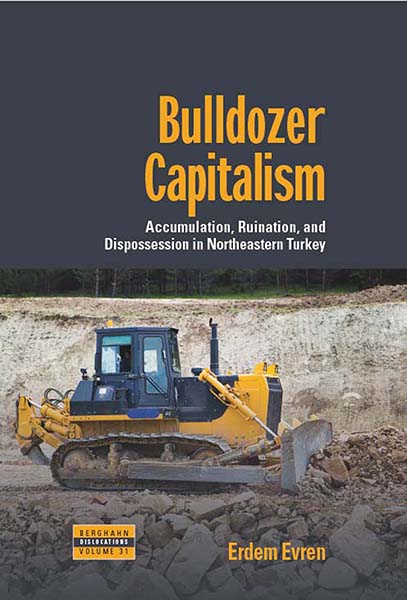 Published May 2022
Published May 2022 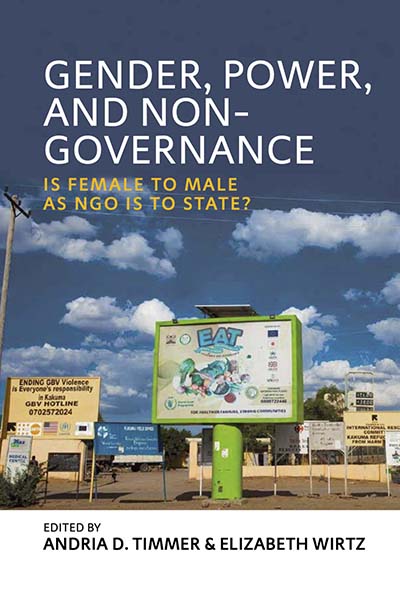 Published May 2022
Published May 2022 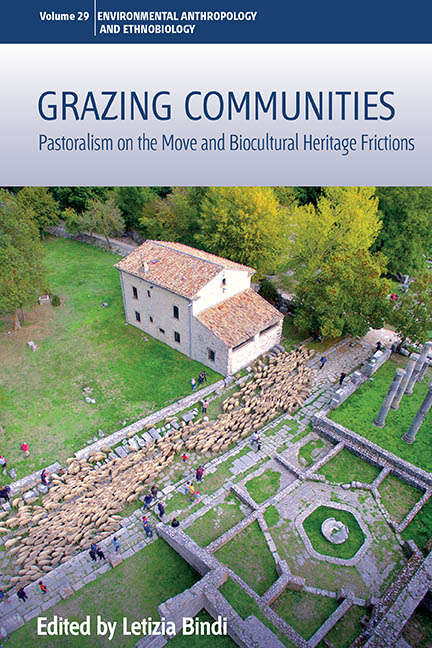 Published May 2022
Published May 2022 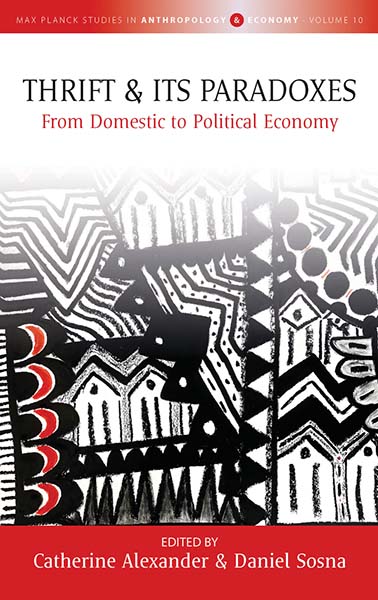 Published April 2022
Published April 2022  Published April 2022
Published April 2022 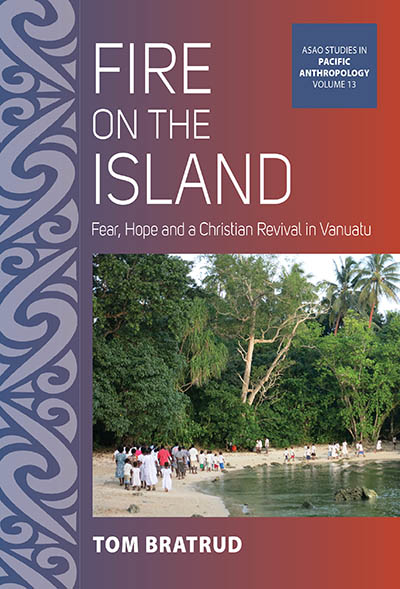 Published April 2022
Published April 2022 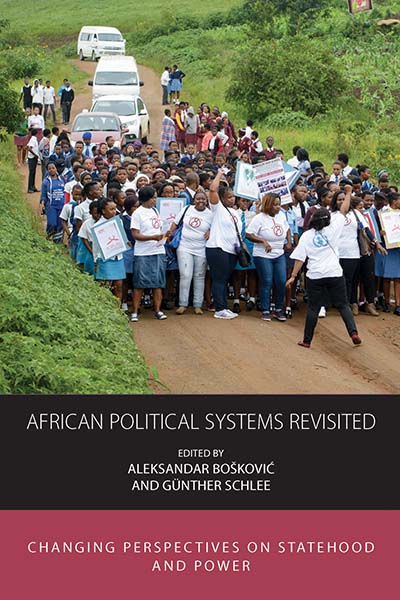 Published April 2022
Published April 2022 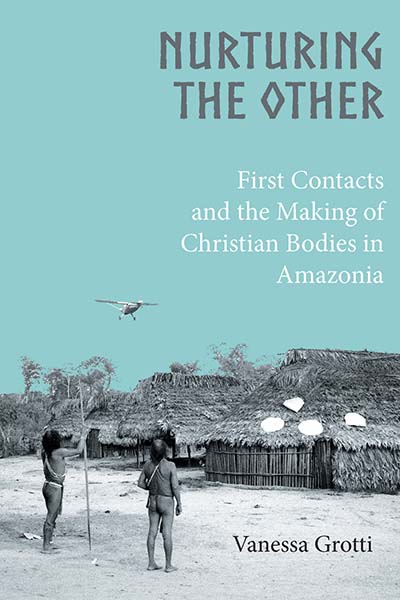 Published April 2022
Published April 2022 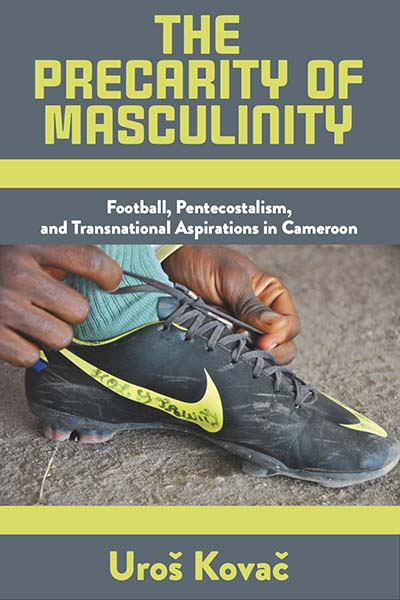 Published March 2022
Published March 2022 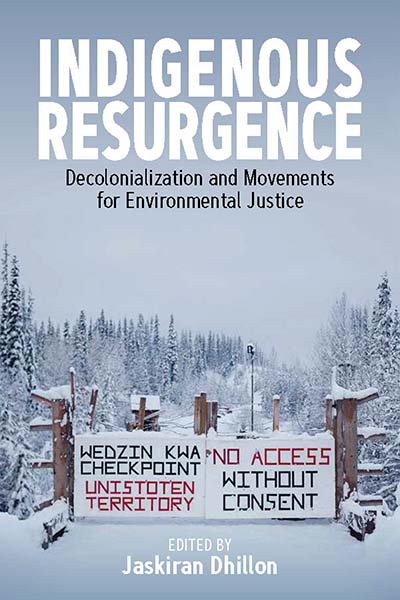 Published March 2022
Published March 2022 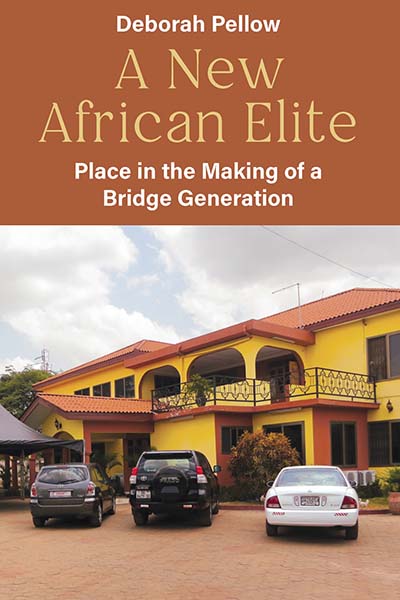 Published March 2022
Published March 2022 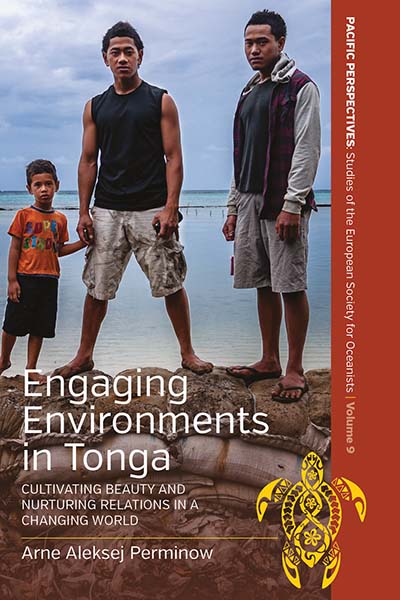 Published March 2022
Published March 2022 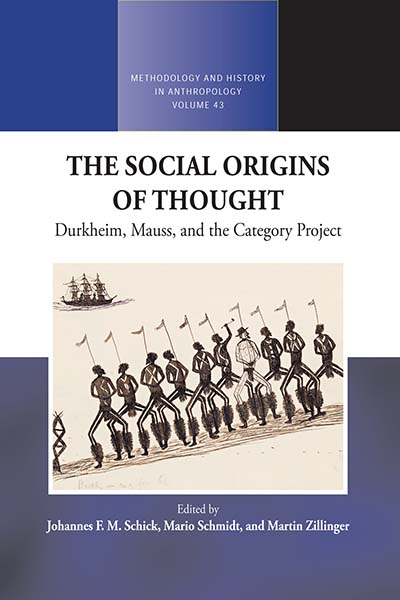 Published March 2022
Published March 2022  Published March 2022
Published March 2022 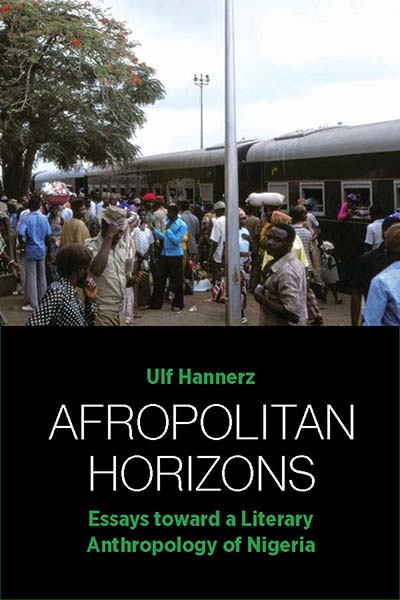 Published February 2022
Published February 2022 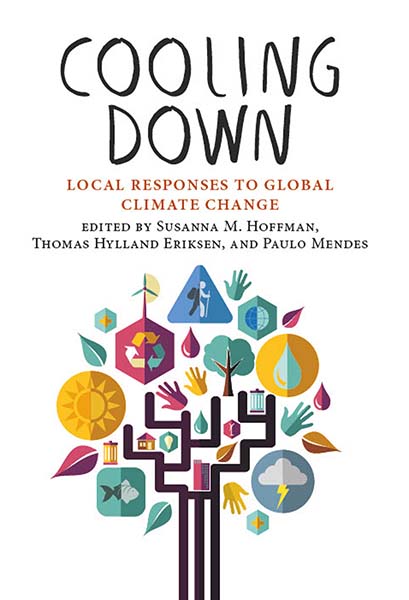 Published February 2022
Published February 2022 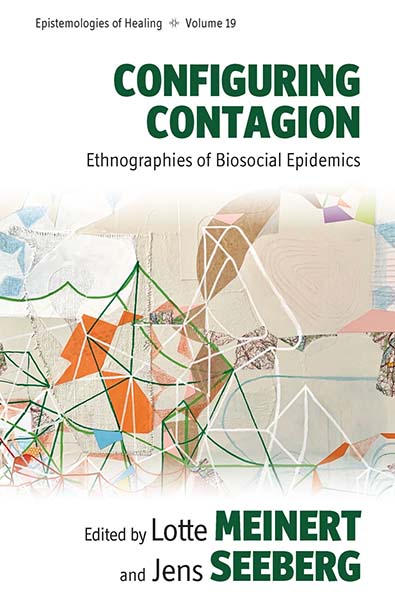 Published February 2022
Published February 2022 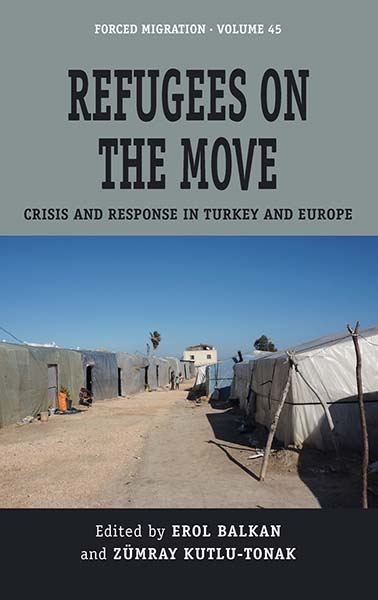 Published February 2022
Published February 2022 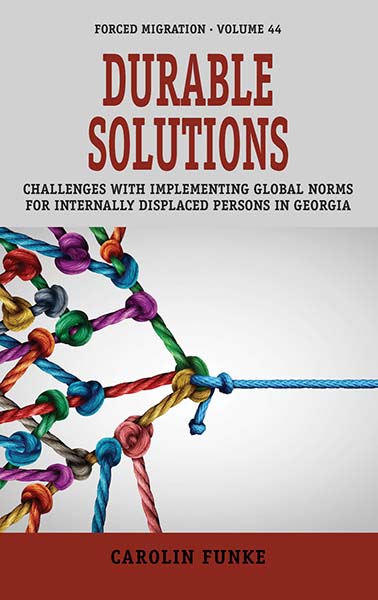 Published February 2022
Published February 2022  Published February 2022
Published February 2022 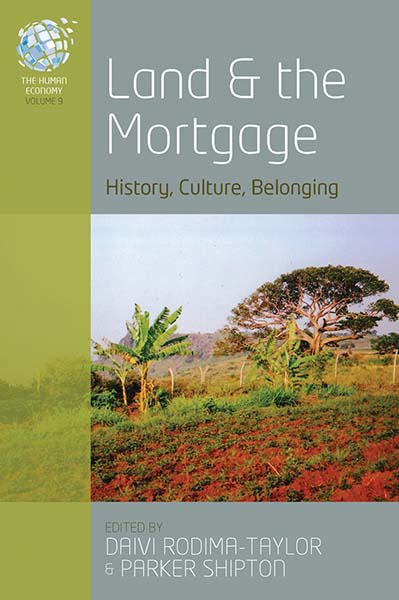 Published February 2022
Published February 2022 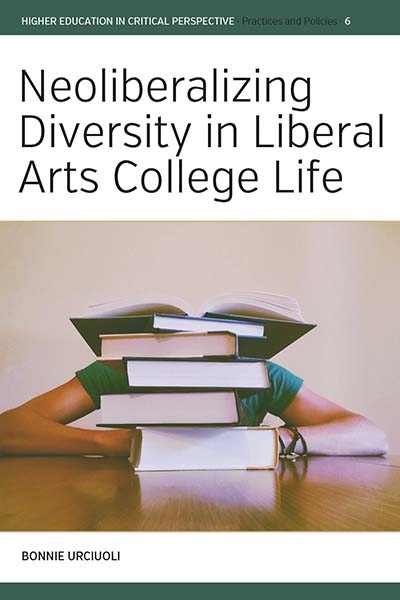 Published February 2022
Published February 2022 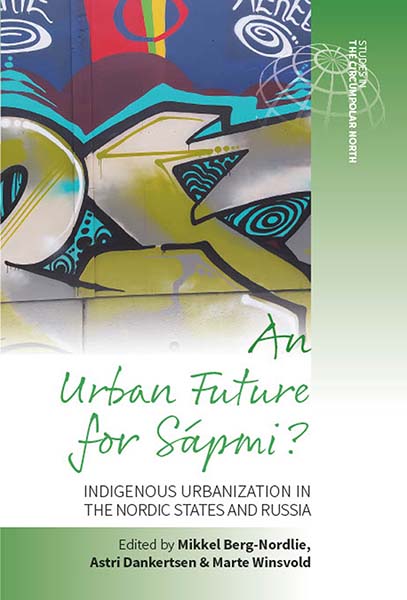 Published January 2022
Published January 2022 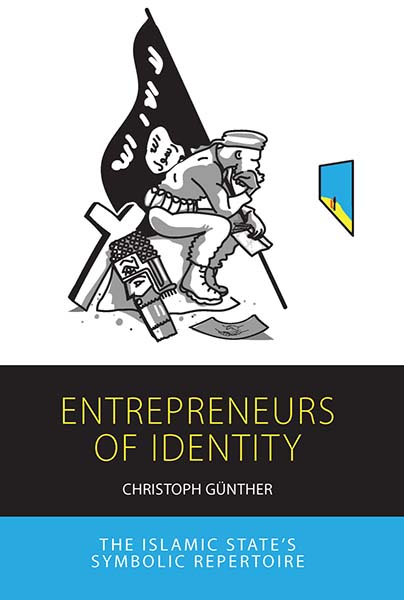 Published January 2022
Published January 2022 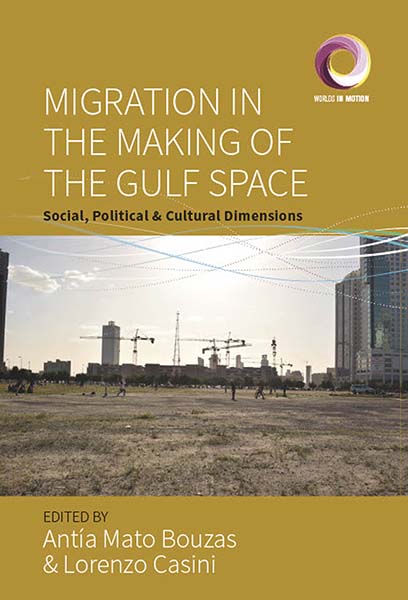 Published January 2022
Published January 2022 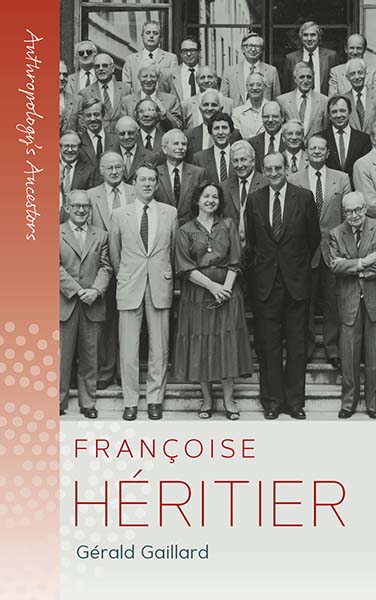 Published January 2022
Published January 2022 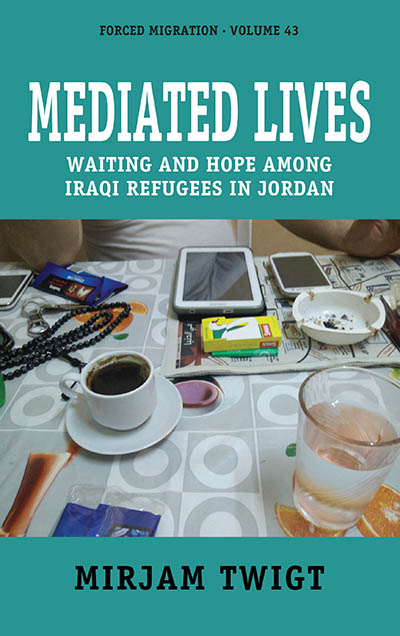 Published January 2022
Published January 2022  Published December 2021
Published December 2021 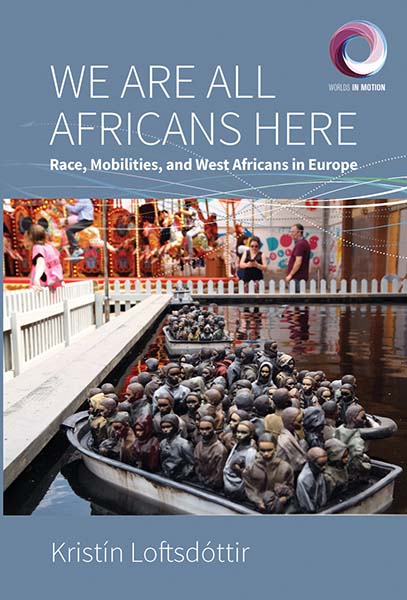 Published December 2021
Published December 2021 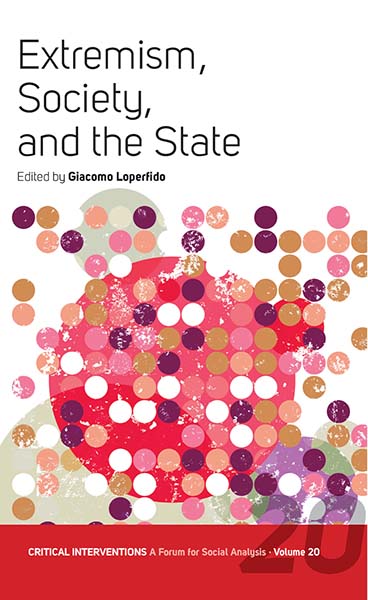 Published December 2021
Published December 2021 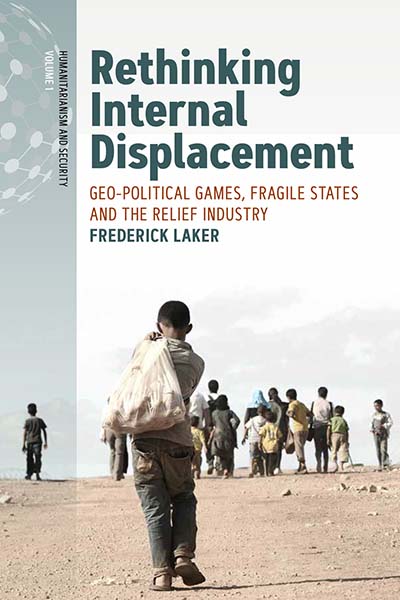 Published November 2021
Published November 2021 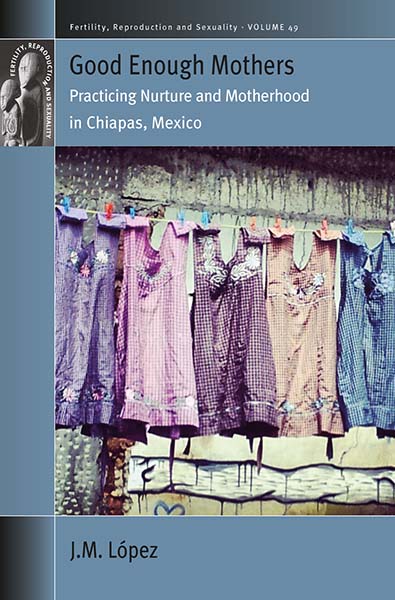 Published November 2021
Published November 2021  Published November 2021
Published November 2021 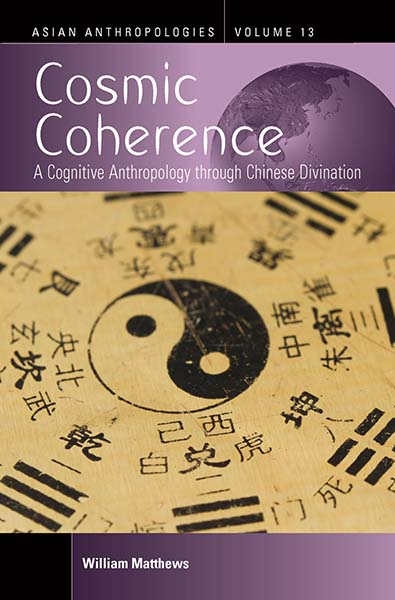 Published November 2021
Published November 2021  Published November 2021
Published November 2021 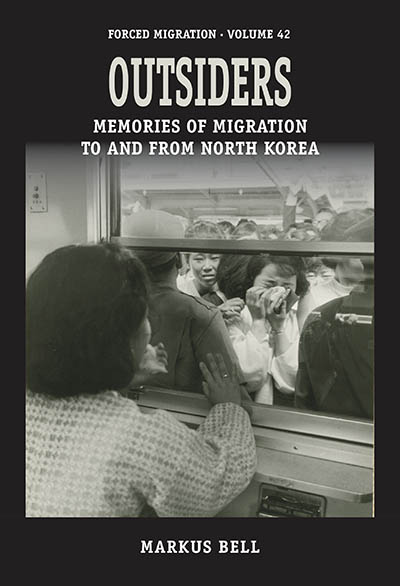 Published October 2021
Published October 2021 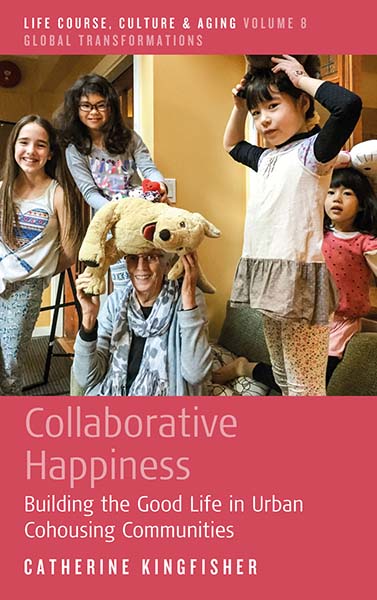 Published October 2021
Published October 2021 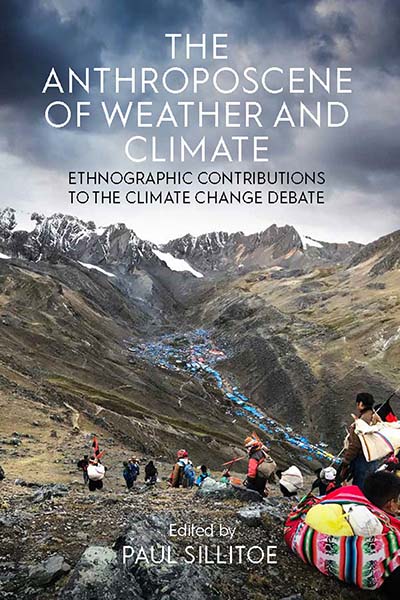 Published October 2021
Published October 2021 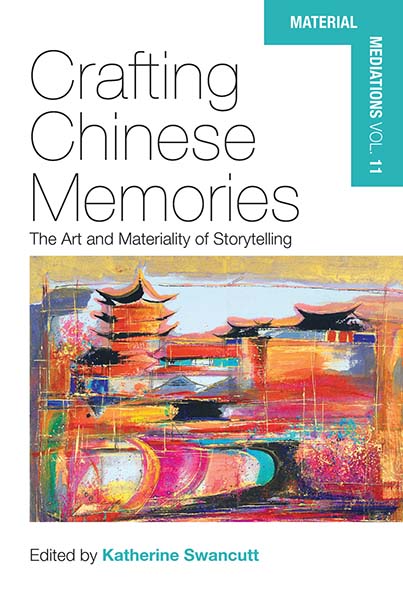 Published October 2021
Published October 2021 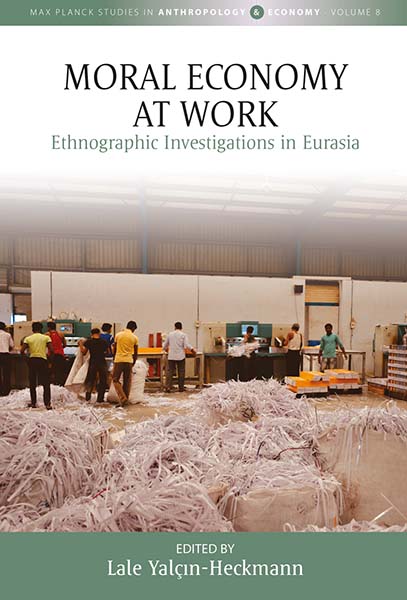 Published October 2021
Published October 2021 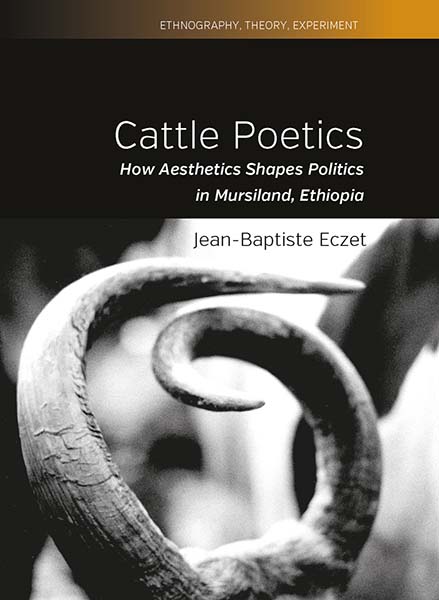 Published September 2021
Published September 2021 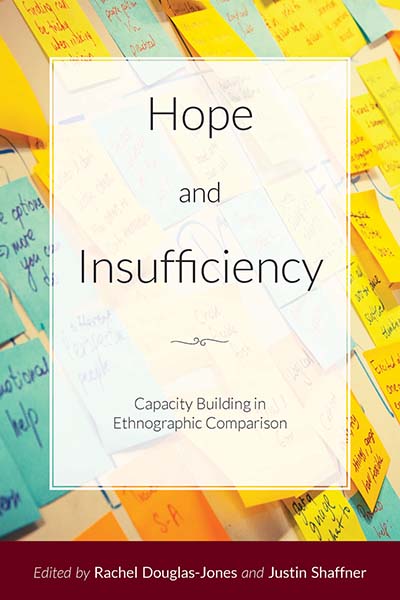 Published September 2021
Published September 2021 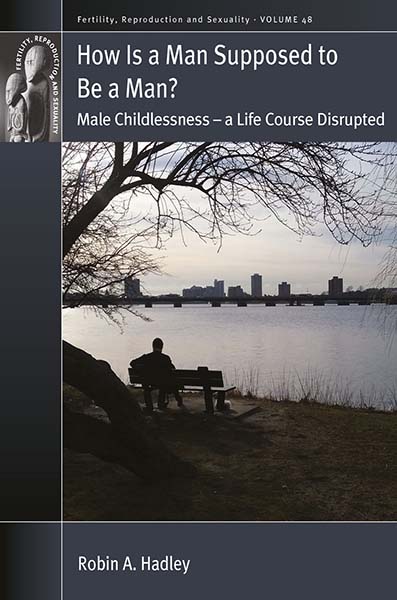 Published September 2021
Published September 2021 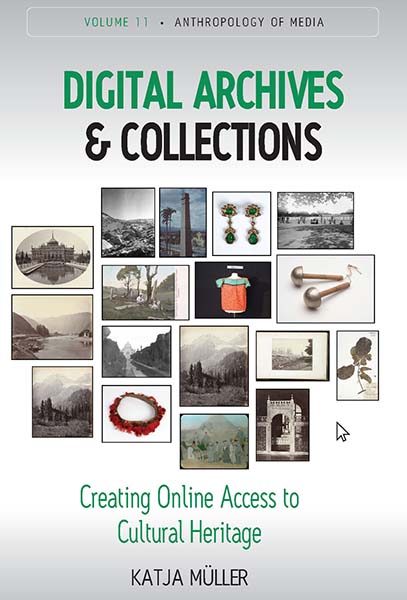 Published September 2021
Published September 2021  Published September 2021
Published September 2021 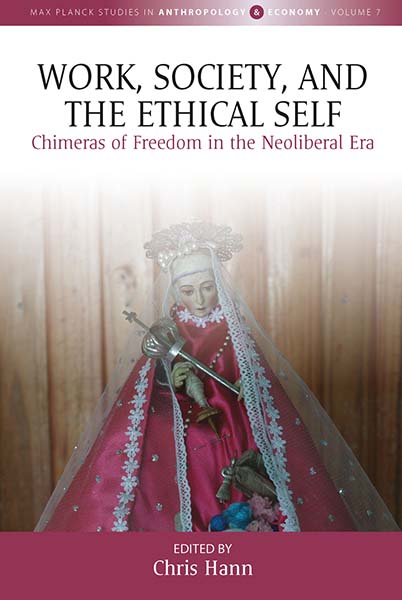 Published September 2021
Published September 2021 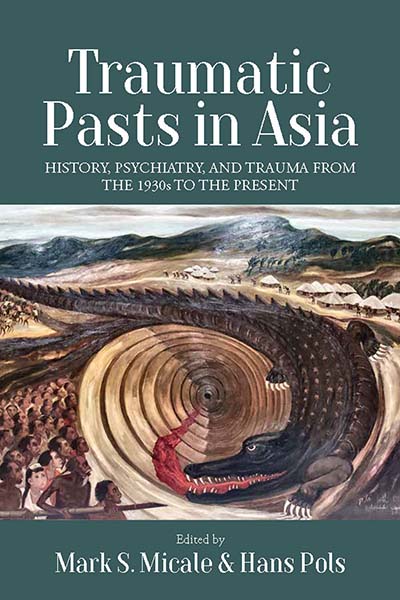 Published September 2021
Published September 2021 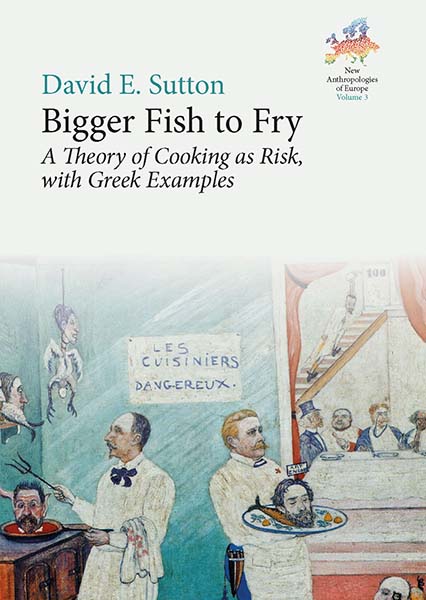 Published September 2021
Published September 2021 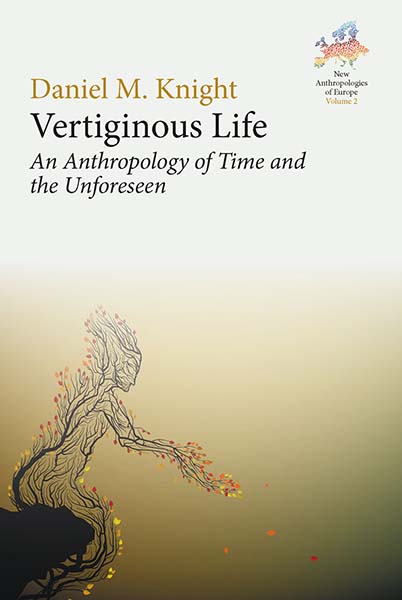 Published September 2021
Published September 2021 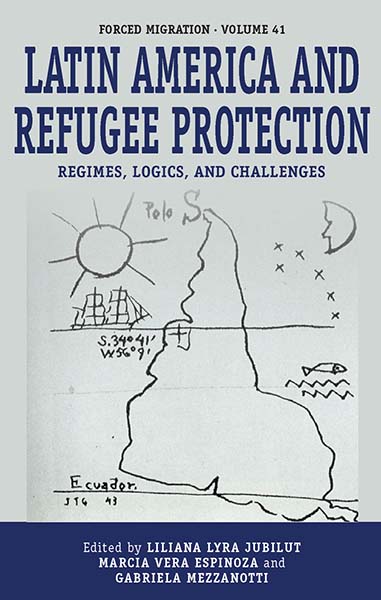 Published August 2021
Published August 2021 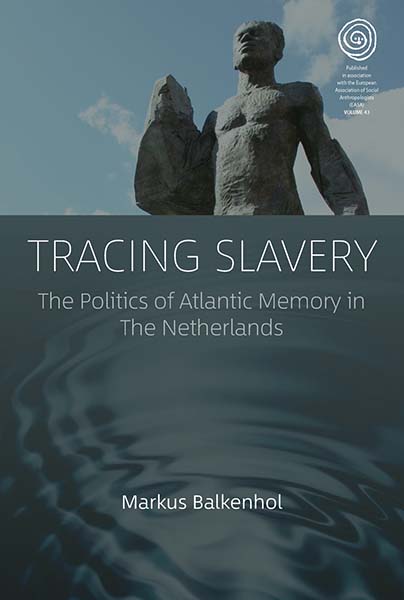 Published August 2021
Published August 2021 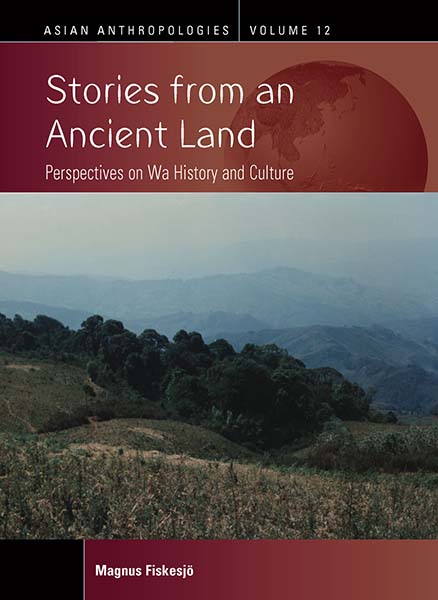 Published August 2021
Published August 2021  Published August 2021
Published August 2021 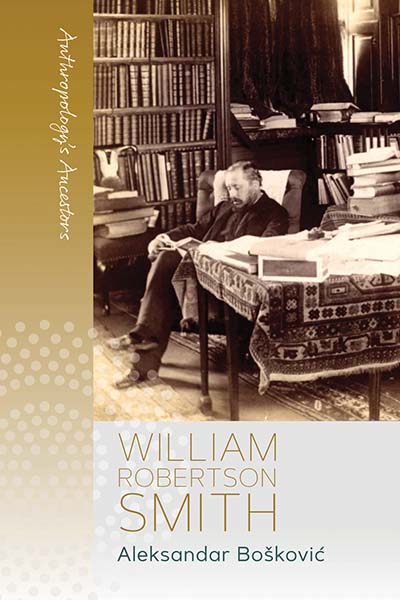 Published August 2021
Published August 2021 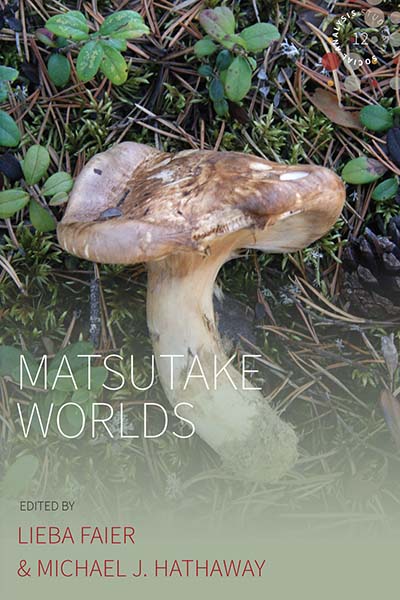 Published July 2021
Published July 2021 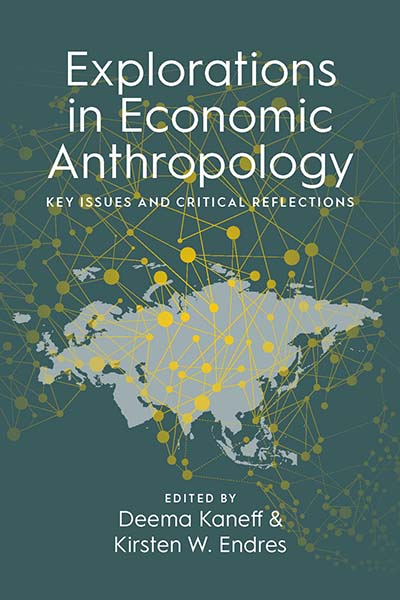 Published July 2021
Published July 2021 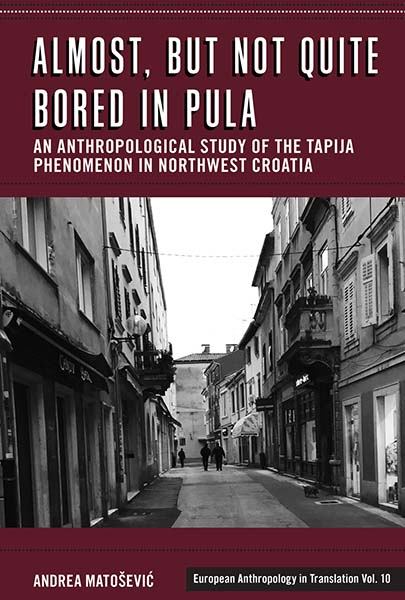 Published July 2021
Published July 2021  Published July 2021
Published July 2021  Published July 2021
Published July 2021 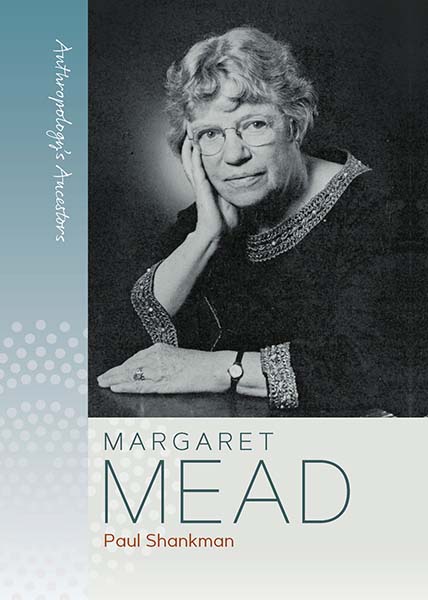 Published July 2021
Published July 2021 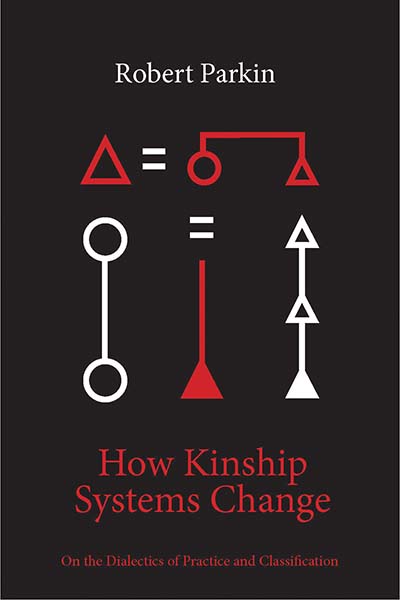 Published July 2021
Published July 2021 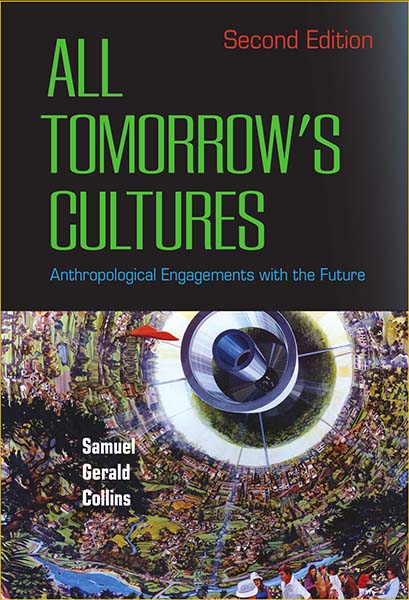 Published June 2021
Published June 2021 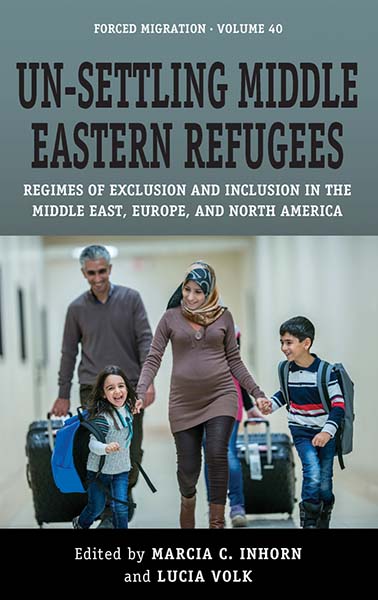 Published June 2021
Published June 2021 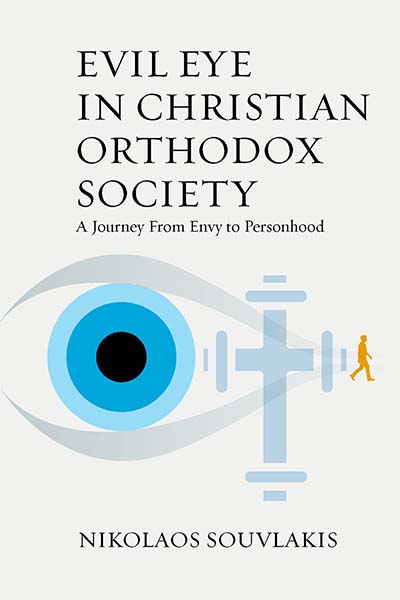 Published June 2021
Published June 2021 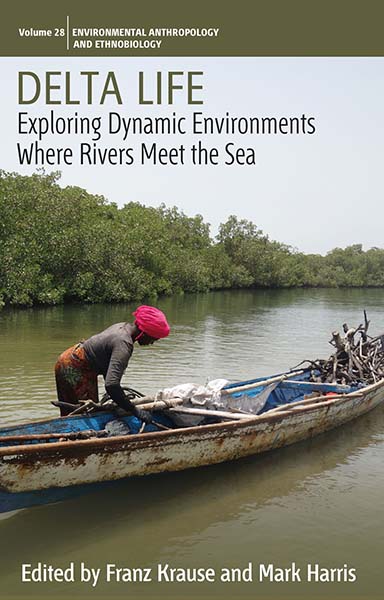 Published June 2021
Published June 2021 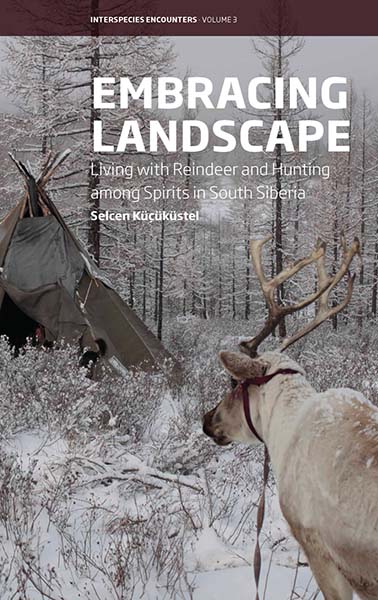 Published June 2021
Published June 2021 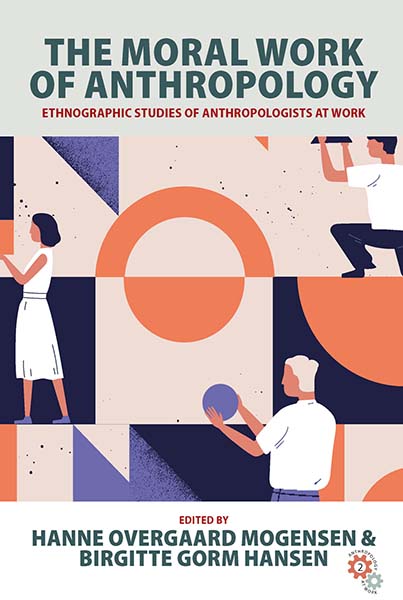 Published June 2021
Published June 2021 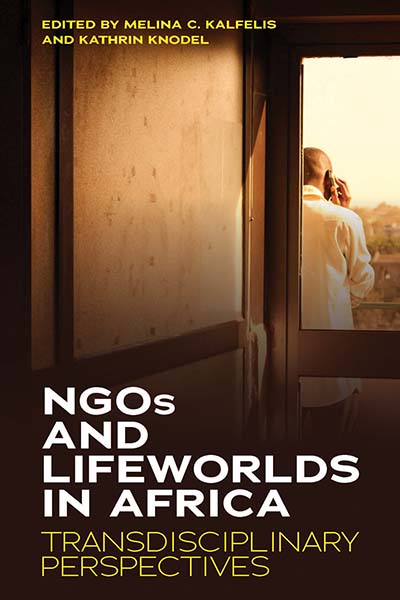 Published June 2021
Published June 2021 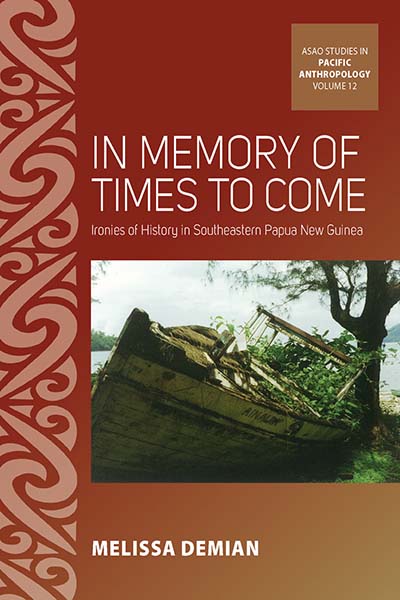 Published June 2021
Published June 2021  Published June 2021
Published June 2021 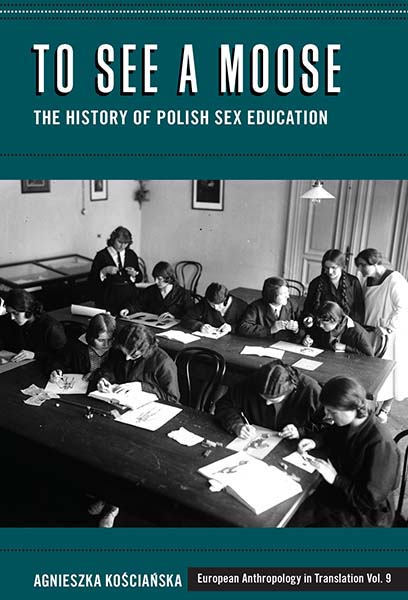 Published May 2021
Published May 2021  Published May 2021
Published May 2021 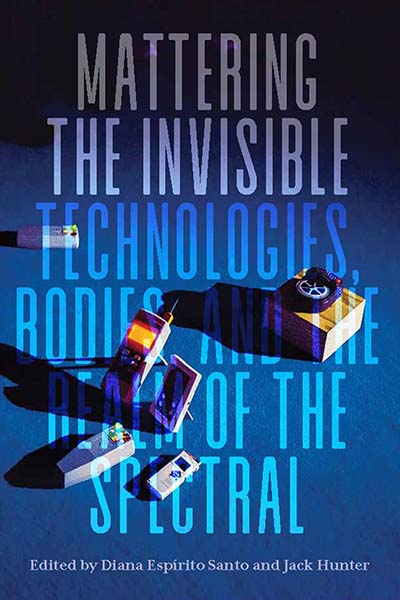 Published May 2021
Published May 2021 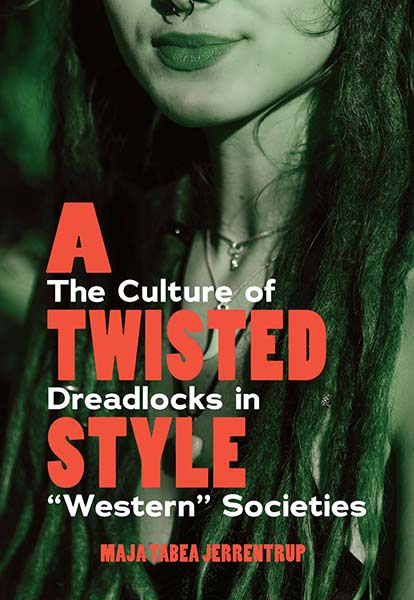 Published May 2021
Published May 2021 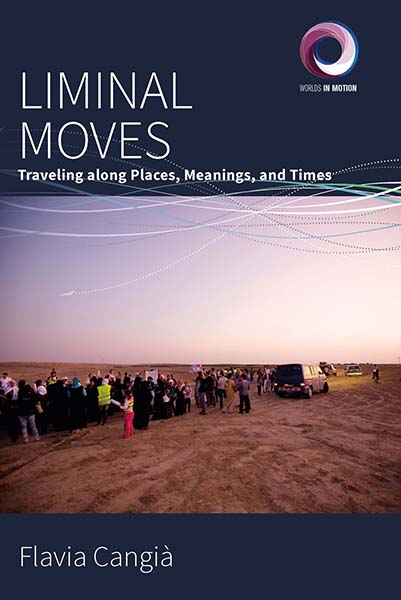 Published April 2021
Published April 2021  Published April 2021
Published April 2021  Published April 2021
Published April 2021 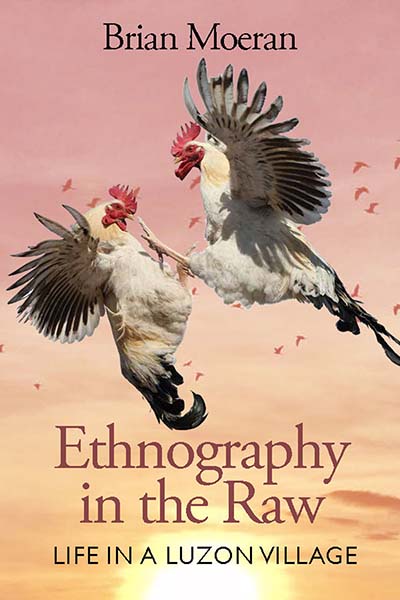 Published April 2021
Published April 2021 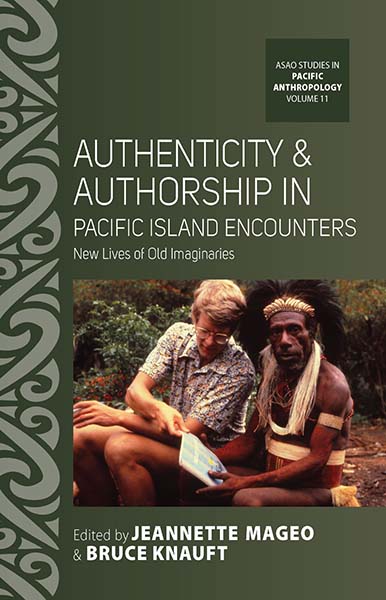 Published April 2021
Published April 2021 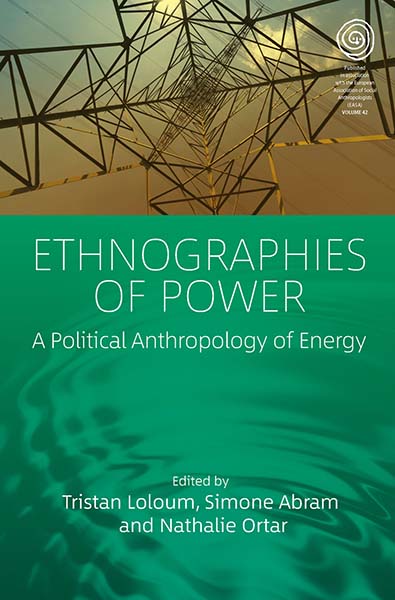 Published April 2021
Published April 2021 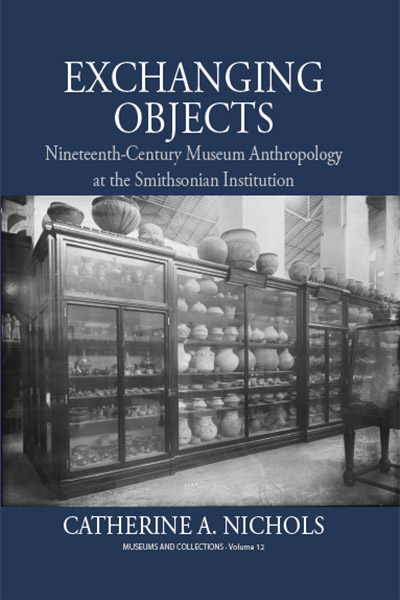 Published April 2021
Published April 2021 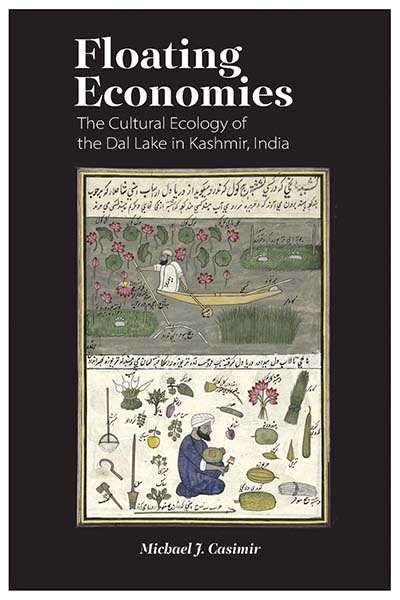 Published March 2021
Published March 2021 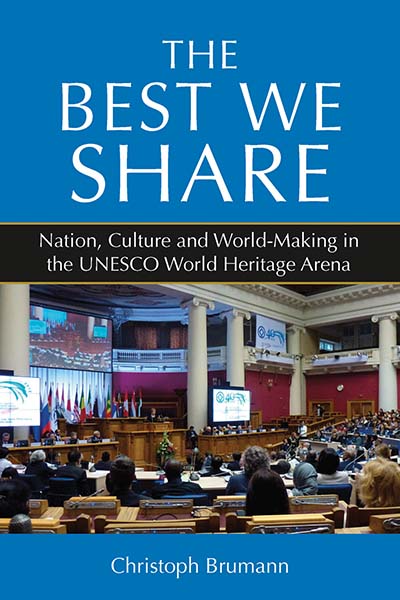 Published March 2021
Published March 2021 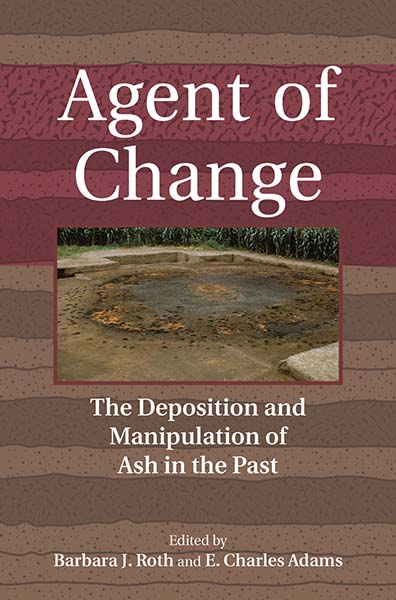 Published March 2021
Published March 2021 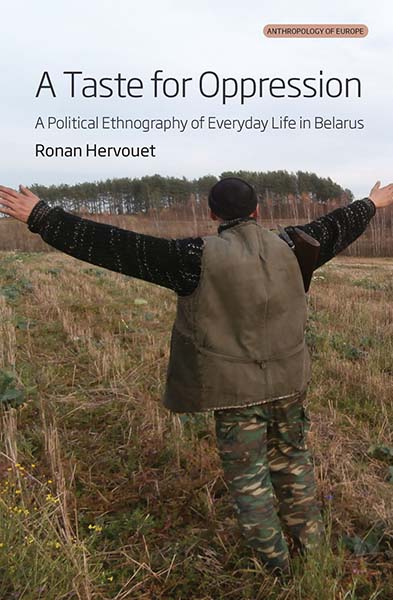 Published March 2021
Published March 2021 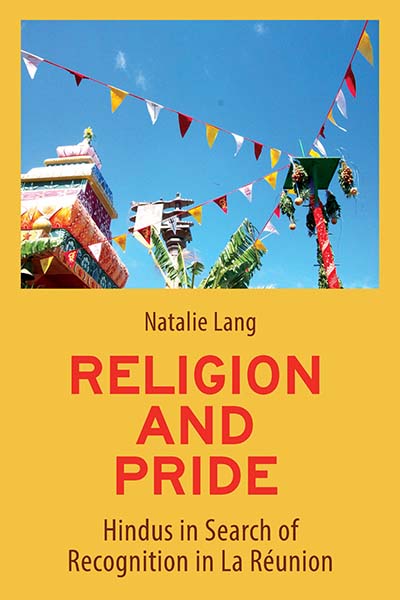 Published February 2021
Published February 2021 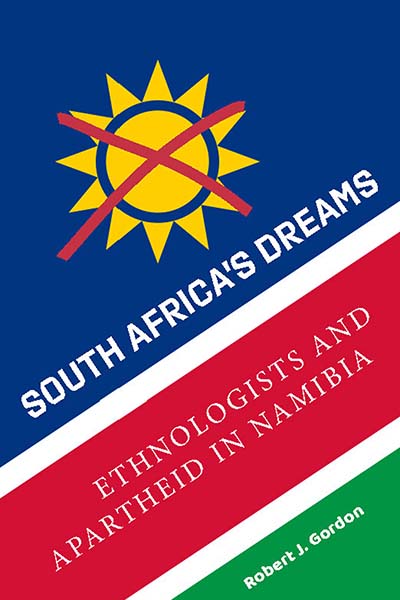 Published February 2021
Published February 2021 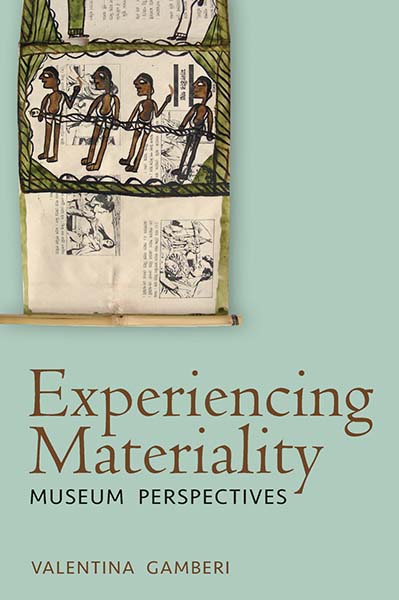 Published February 2021
Published February 2021 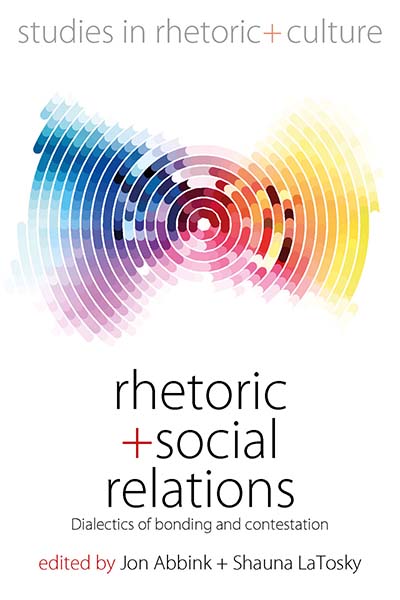 Published February 2021
Published February 2021  Published January 2021
Published January 2021 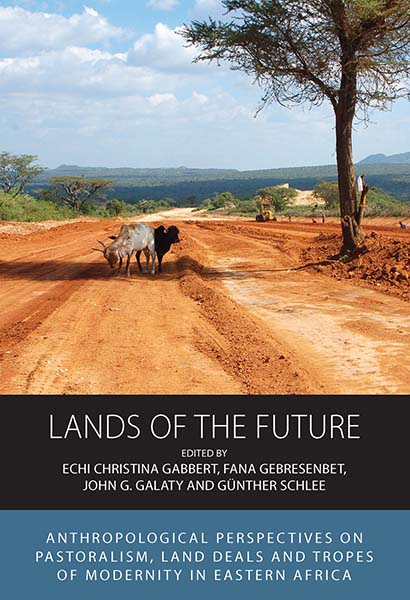 Published January 2021
Published January 2021 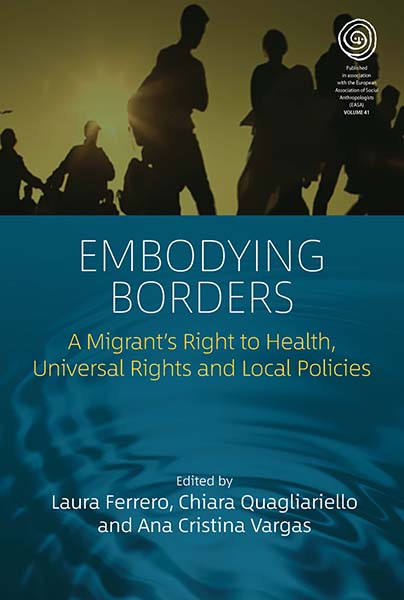 Published January 2021
Published January 2021 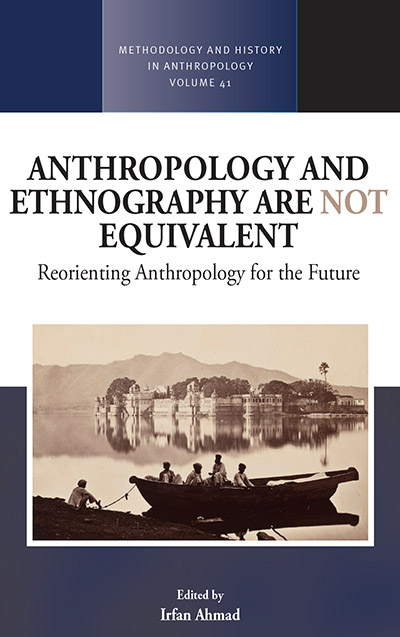 Published January 2021
Published January 2021 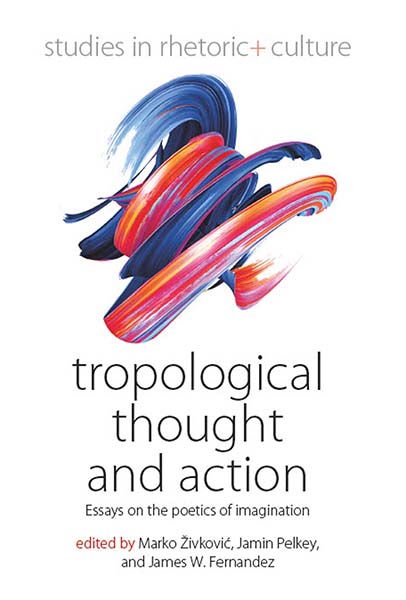 Published January 2022
Published January 2022 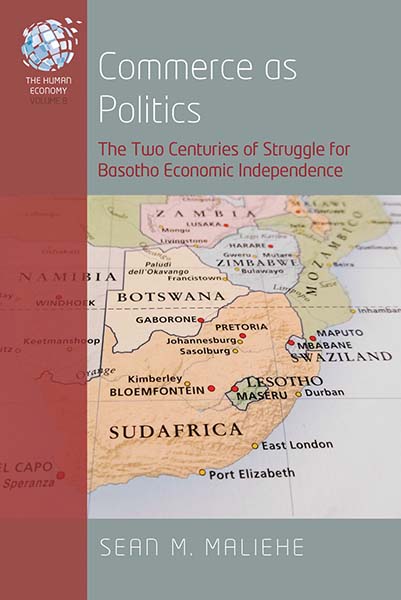 Published January 2021
Published January 2021 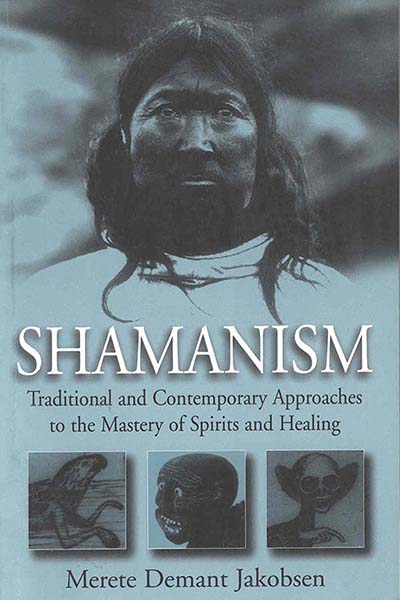 Published December 2020
Published December 2020 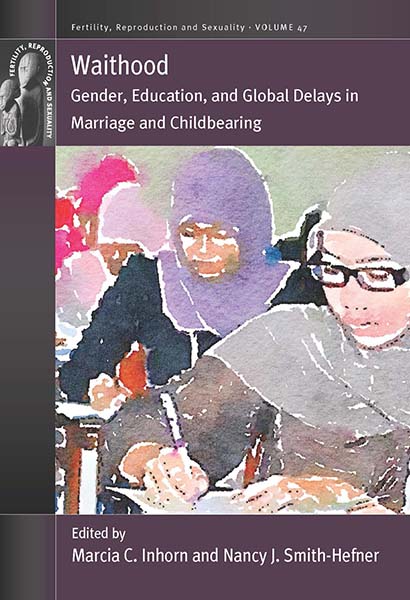 Published December 2020
Published December 2020 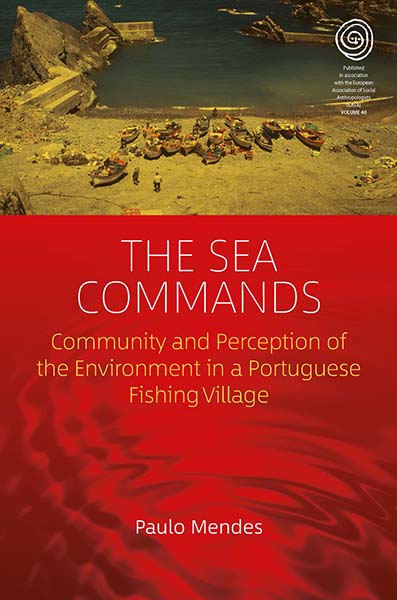 Published December 2020
Published December 2020 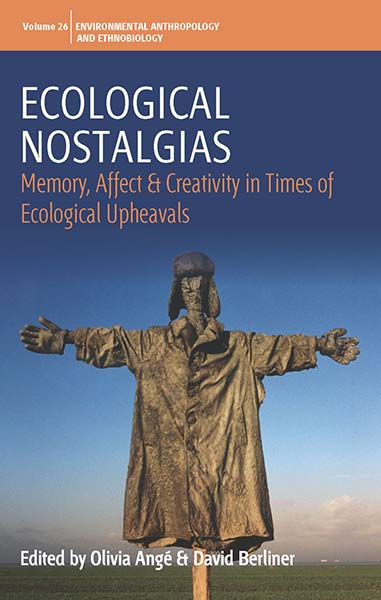 Published November 2020
Published November 2020 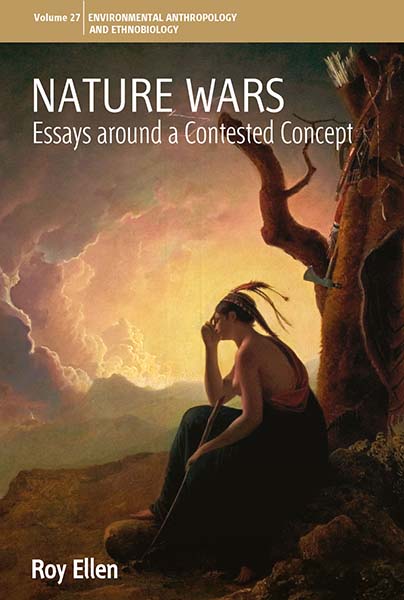 Published November 2020
Published November 2020  Published November 2020
Published November 2020 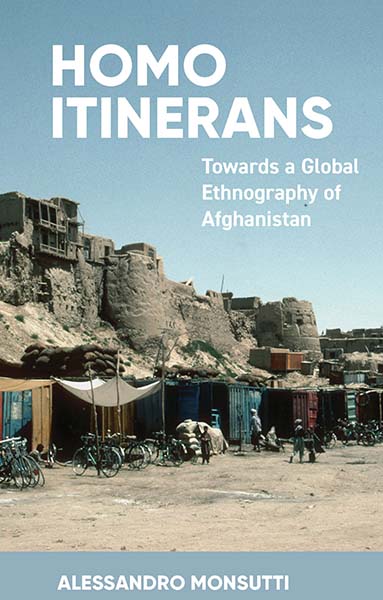 Published November 2020
Published November 2020 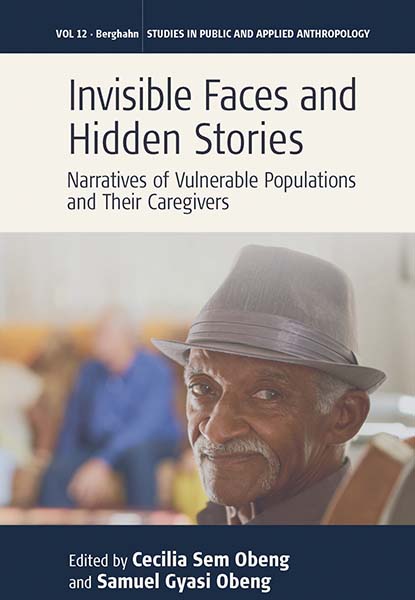 Published November 2020
Published November 2020 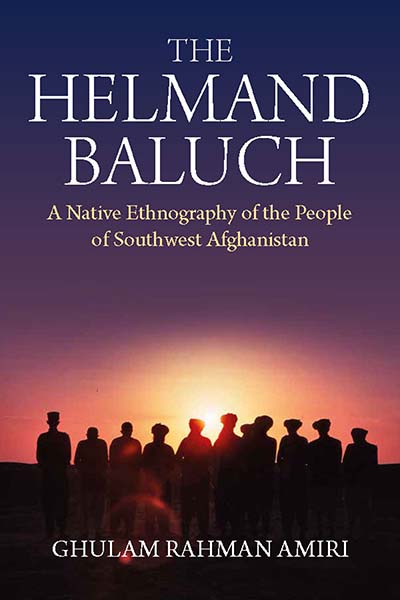 Published November 2020
Published November 2020 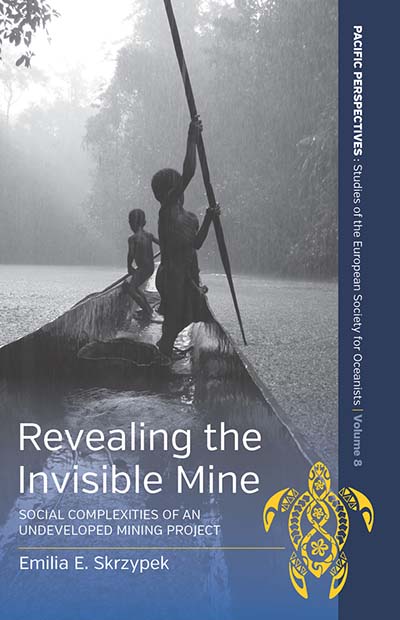 Published October 2020
Published October 2020 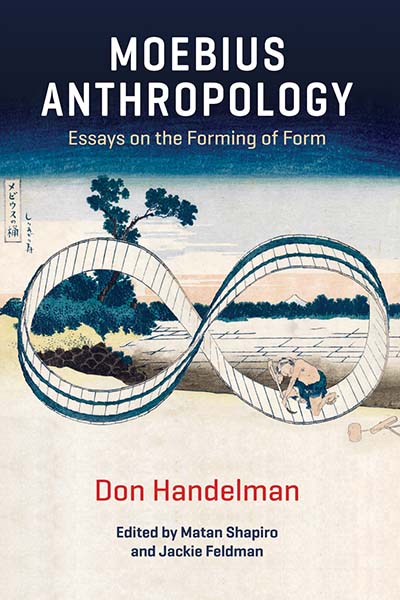 Published October 2020
Published October 2020 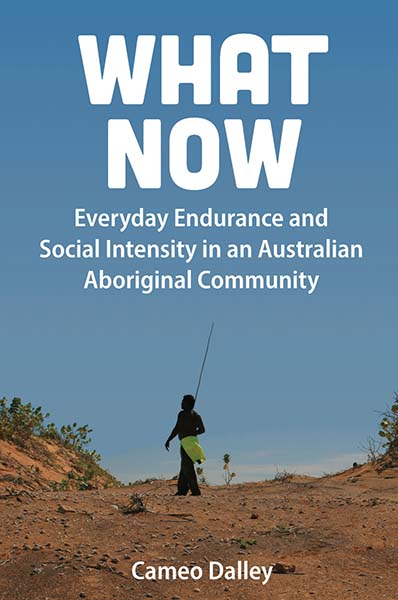 Published October 2020
Published October 2020 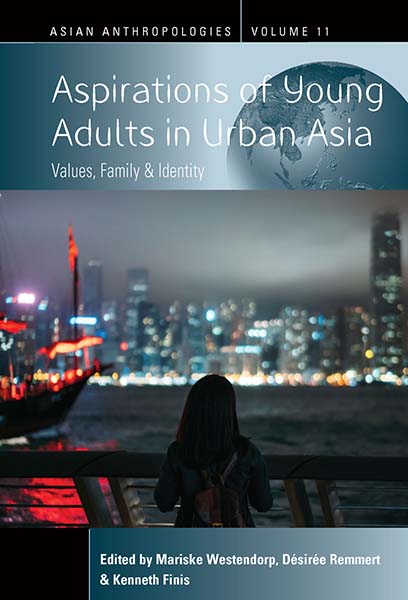 Published October 2020
Published October 2020 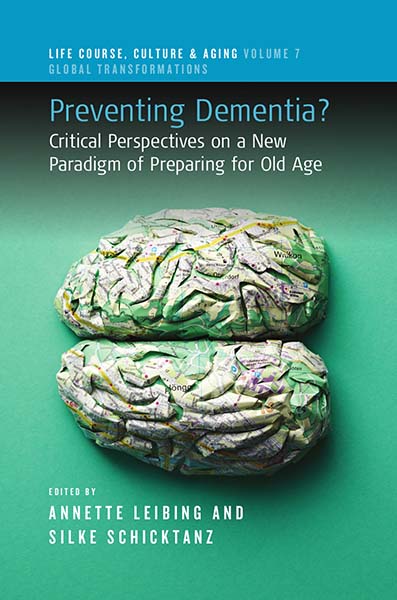 Published October 2020
Published October 2020  Published September 2020
Published September 2020 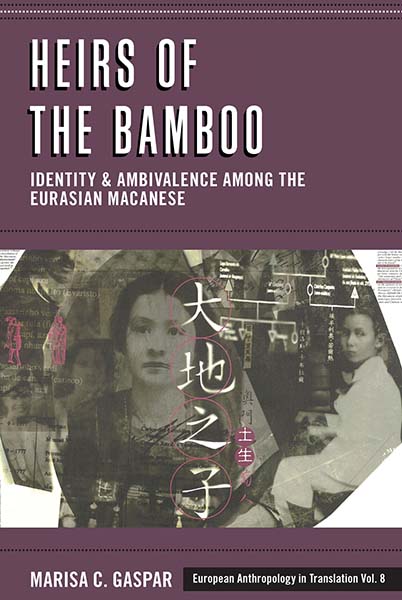 Published September 2020
Published September 2020 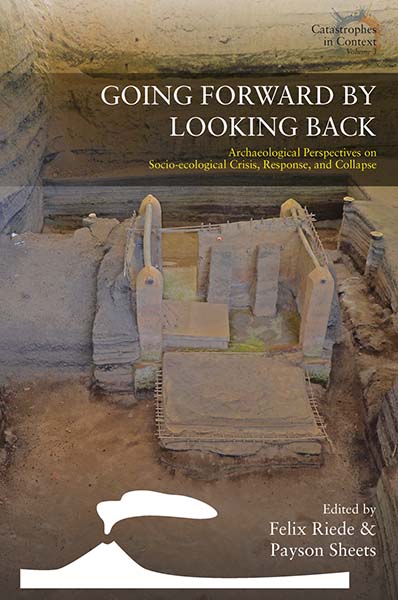 Published September 2020
Published September 2020  Published September 2020
Published September 2020 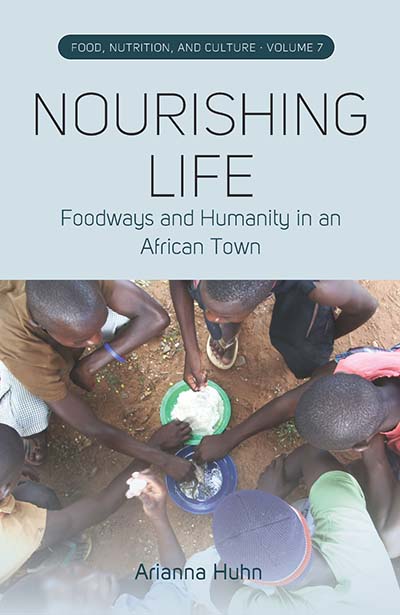 Published September 2020
Published September 2020 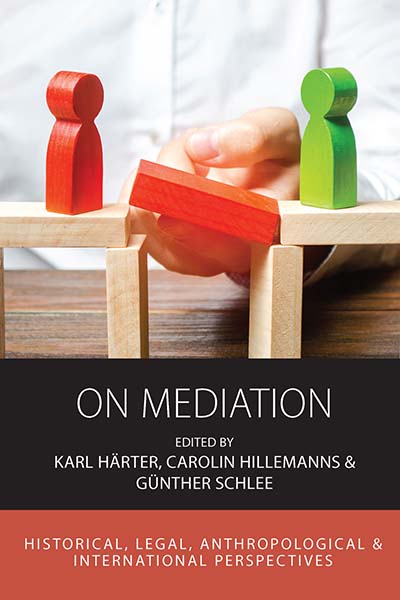 Published September 2020
Published September 2020 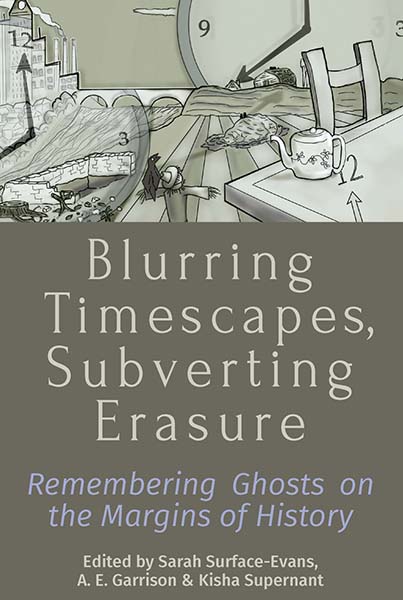 Published August 2020
Published August 2020 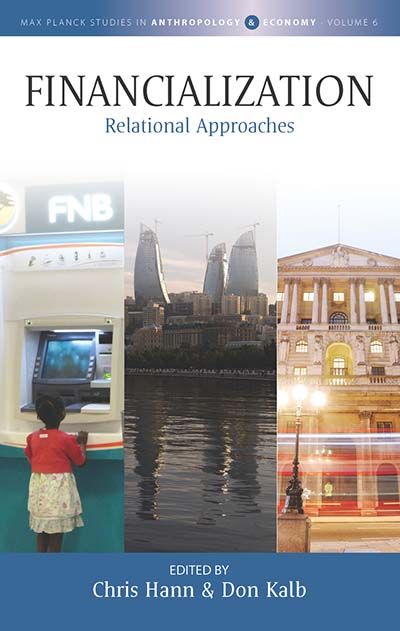 Published August 2020
Published August 2020 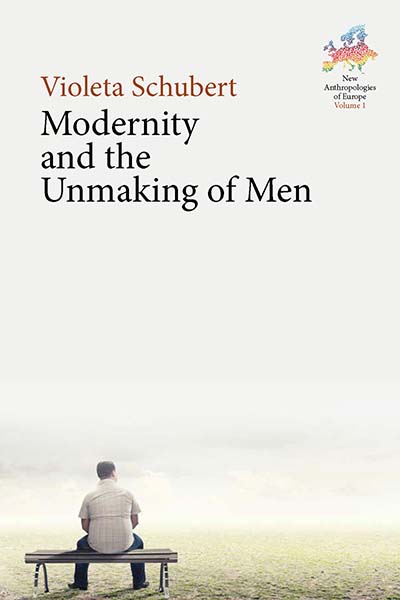 Published August 2020
Published August 2020 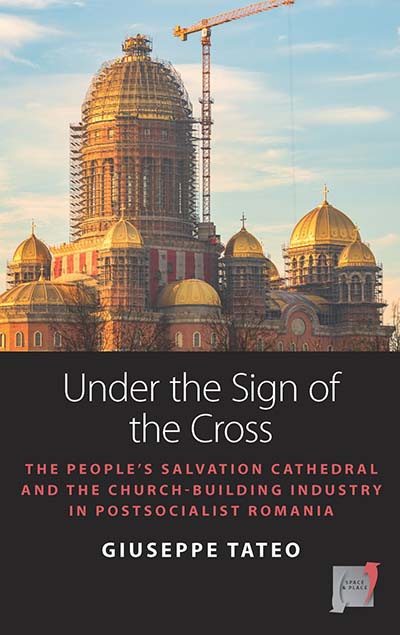 Published August 2020
Published August 2020  Published August 2020
Published August 2020 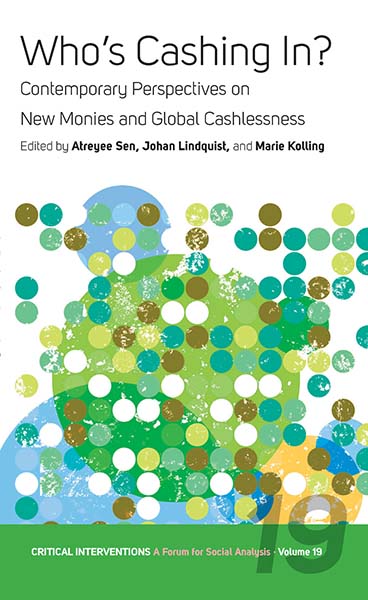 Published August 2020
Published August 2020 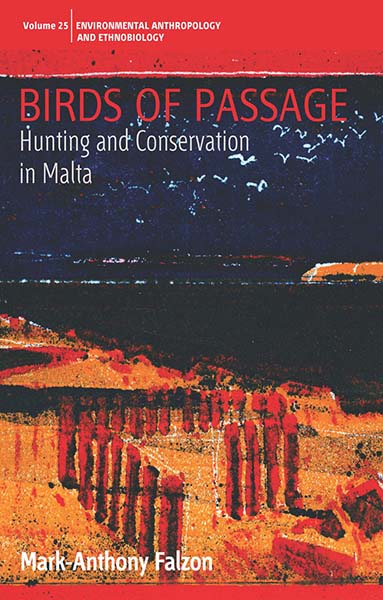 Published July 2020
Published July 2020 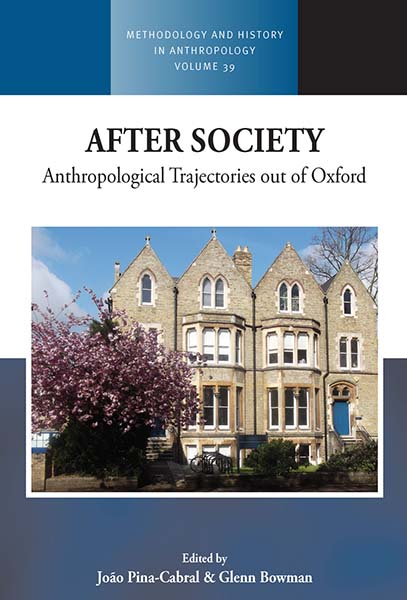 Published July 2020
Published July 2020 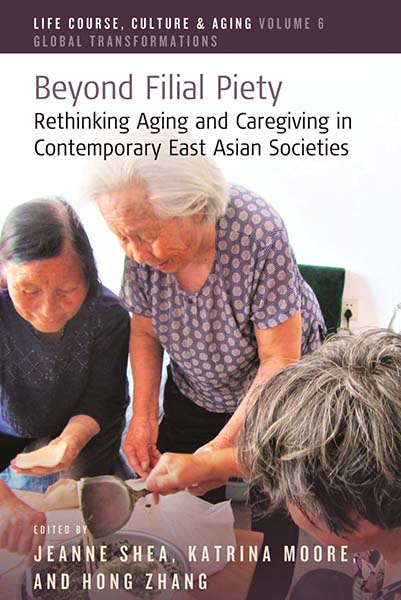 Published July 2020
Published July 2020 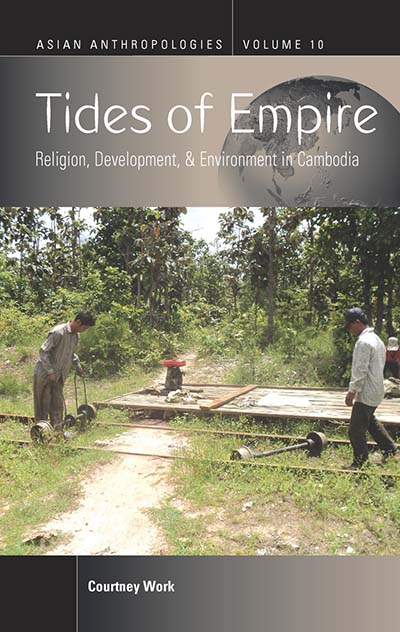 Published July 2020
Published July 2020 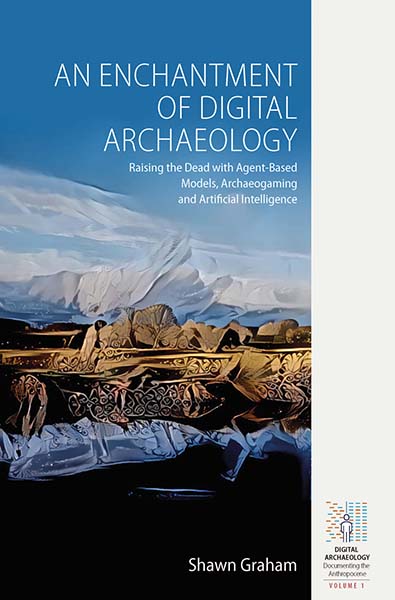 Published July 2020
Published July 2020 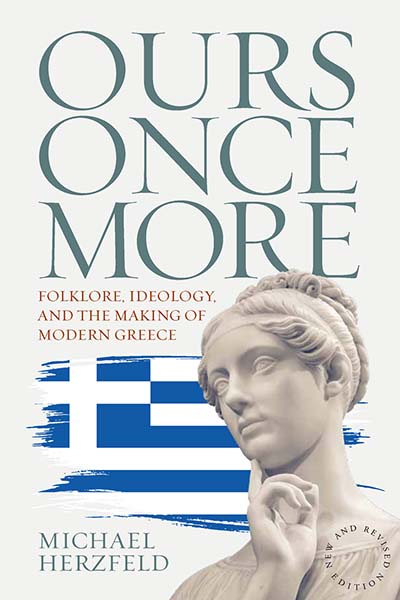 Published June 2020
Published June 2020 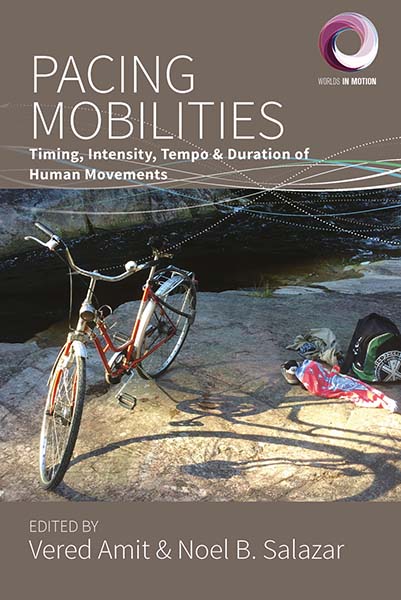 Published June 2020
Published June 2020 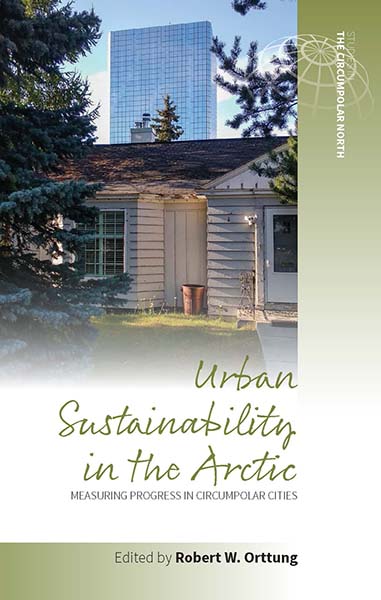 Published June 2020
Published June 2020  Published June 2020
Published June 2020  Published June 2020
Published June 2020 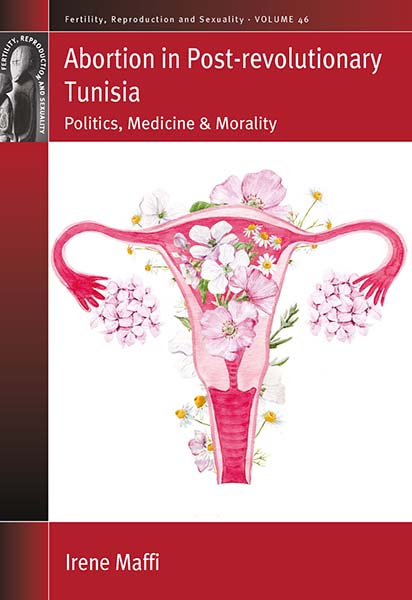 Published May 2020
Published May 2020  Published May 2020
Published May 2020  Published May 2020
Published May 2020  Published May 2020
Published May 2020 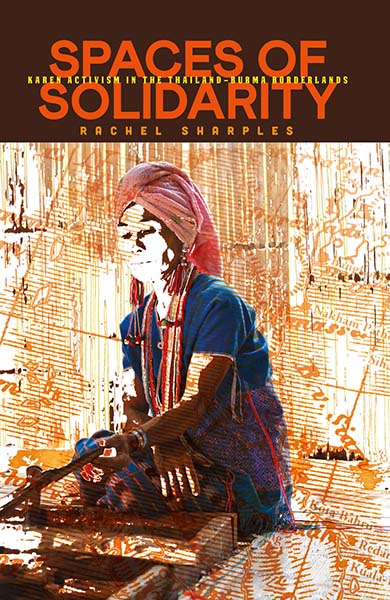 Published May 2020
Published May 2020 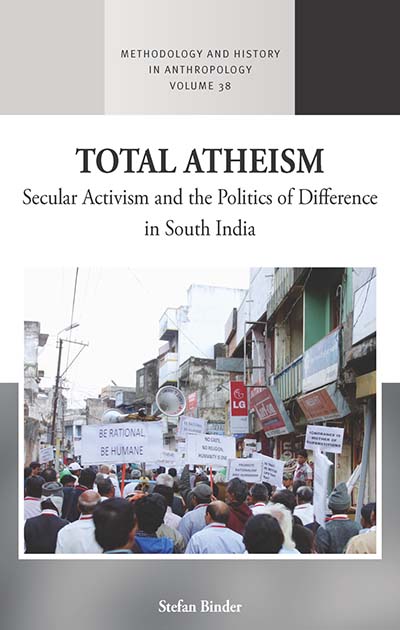 Published April 2020
Published April 2020 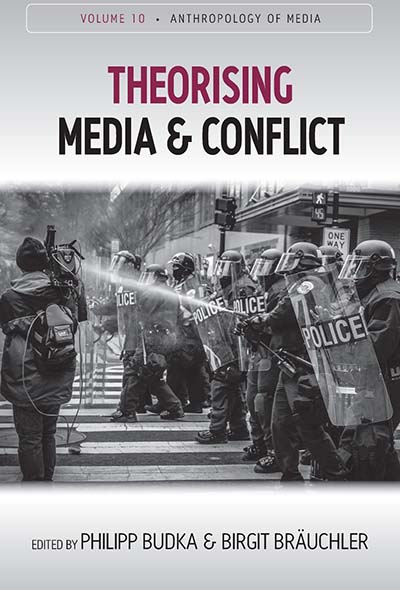 Published April 2020
Published April 2020  Published April 2020
Published April 2020 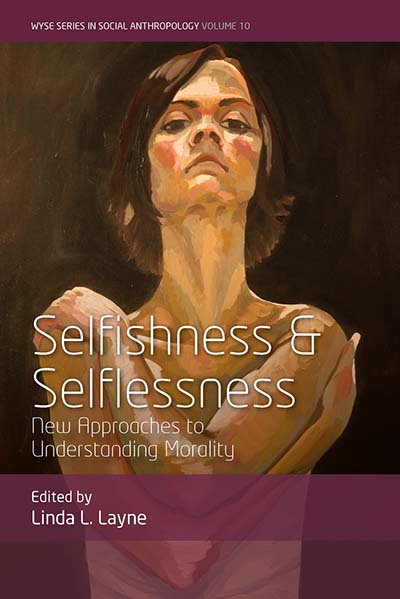 Published April 2020
Published April 2020 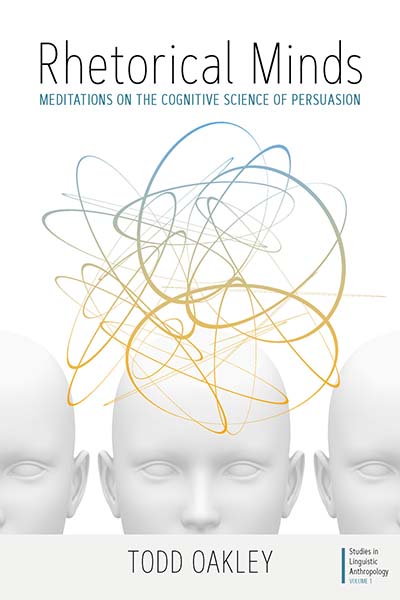 Published April 2020
Published April 2020 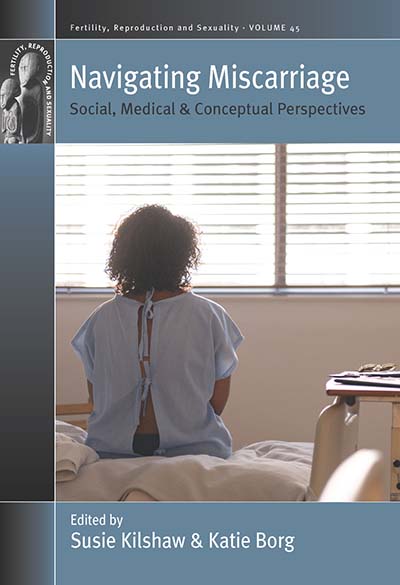 Published March 2020
Published March 2020 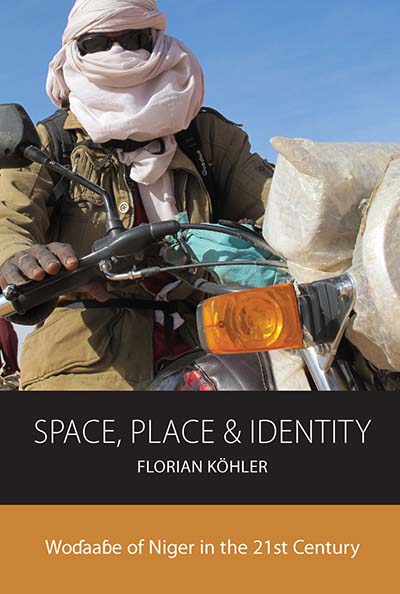 Published March 2020
Published March 2020 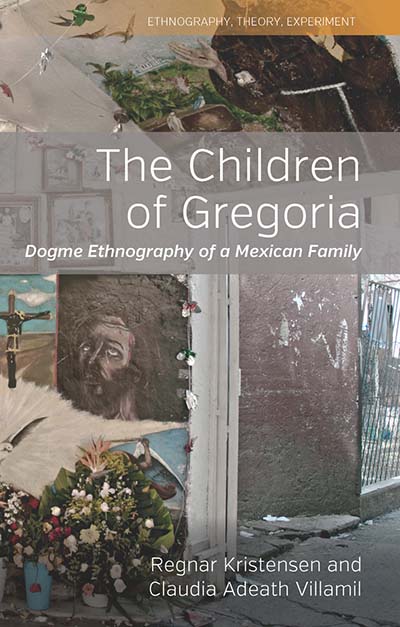 Published March 2020
Published March 2020 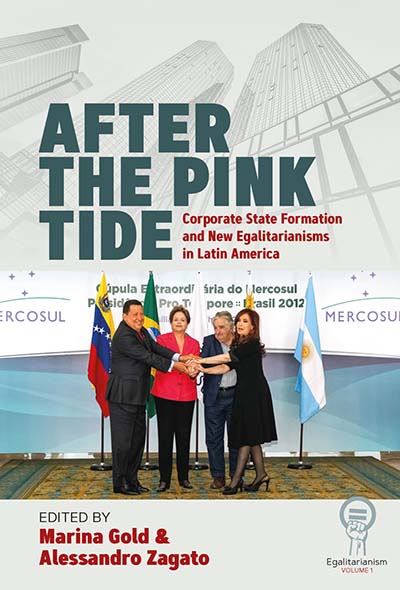 Published March 2020
Published March 2020 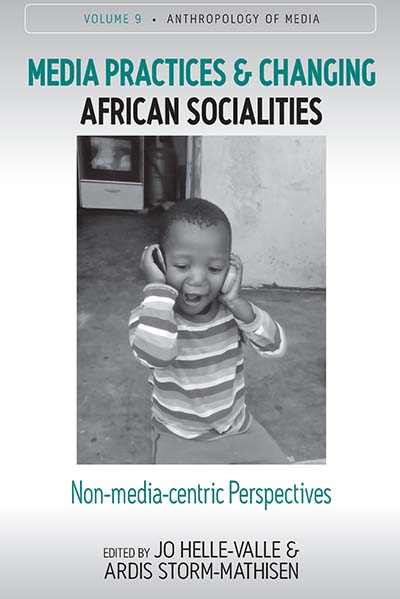 Published March 2020
Published March 2020 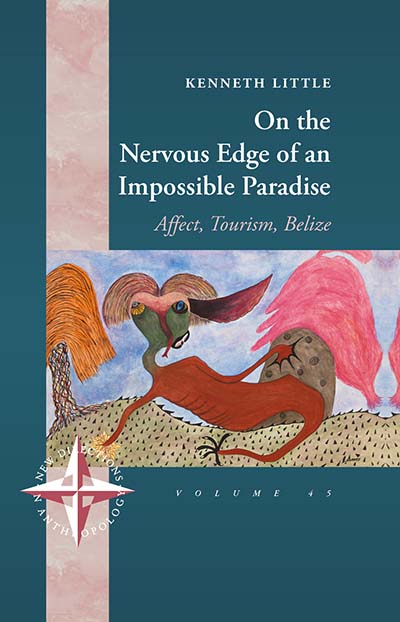 Published February 2020
Published February 2020 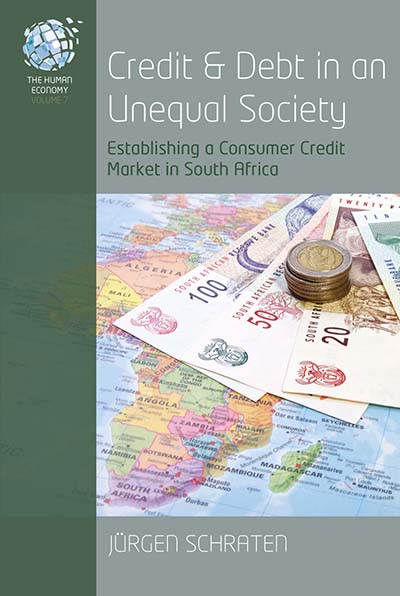 Published February 2020
Published February 2020 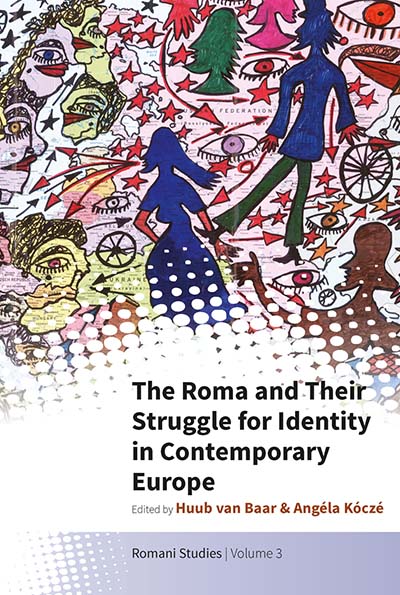 Published February 2020
Published February 2020  Published January 2020
Published January 2020 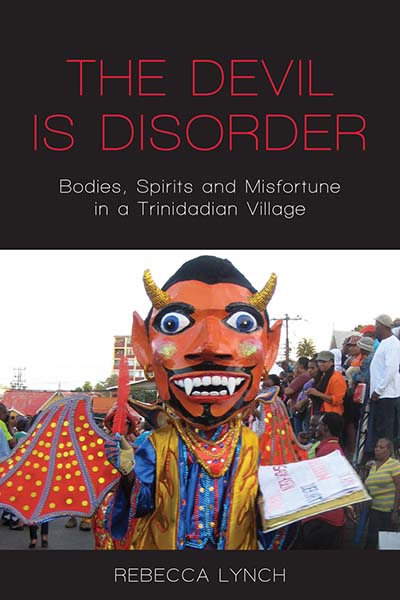 Published January 2020
Published January 2020  Published January 2020
Published January 2020 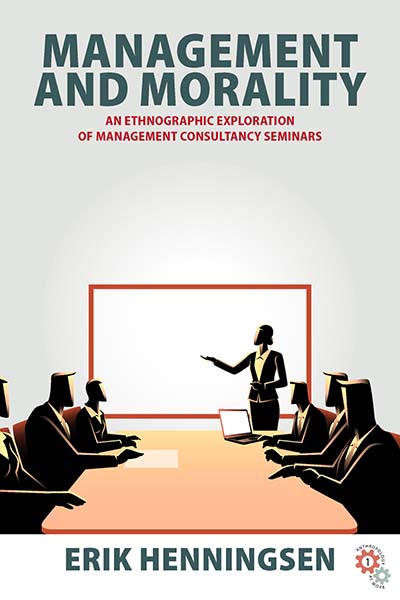 Published January 2020
Published January 2020 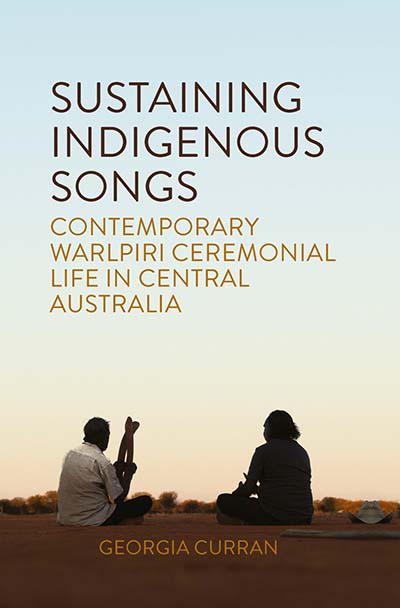 Published January 2020
Published January 2020 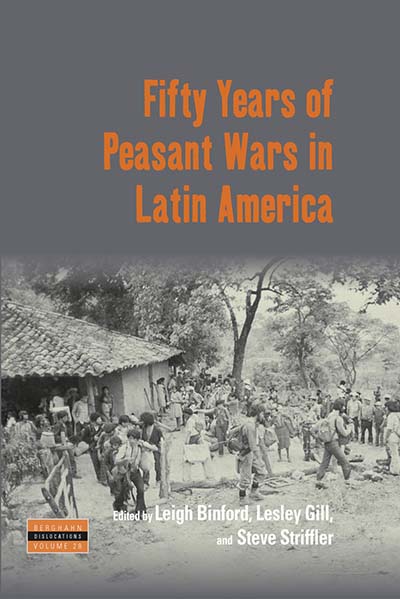 Published January 2020
Published January 2020 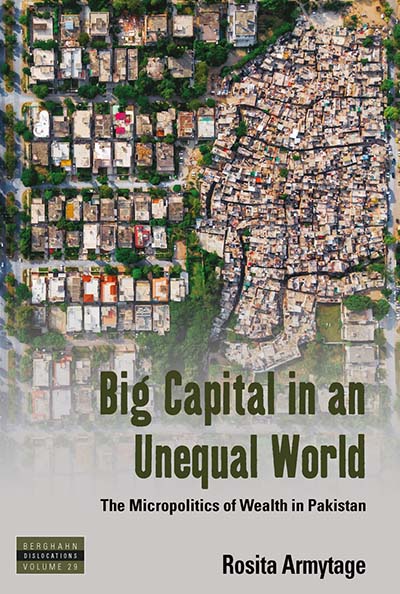 Published January 2020
Published January 2020  Published January 2020
Published January 2020 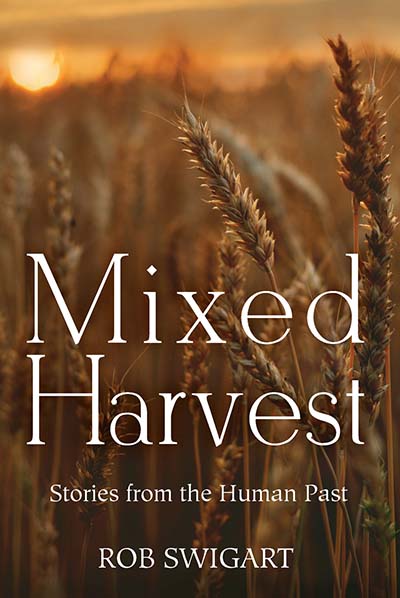 Published December 2019
Published December 2019  Published December 2019
Published December 2019 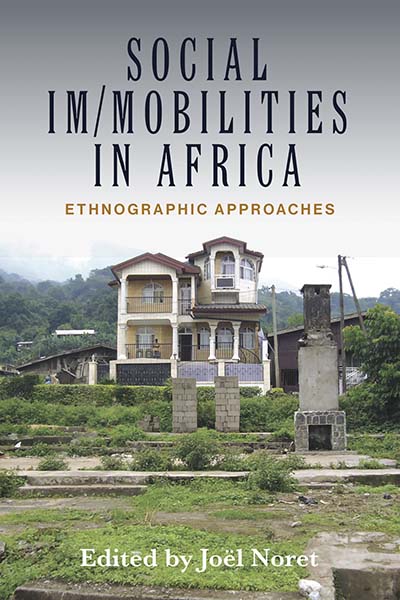 Published November 2019
Published November 2019 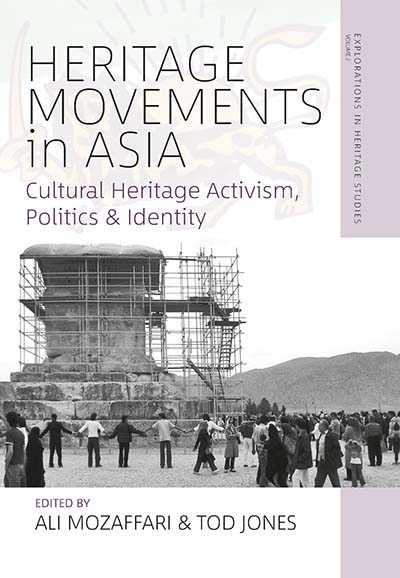 Published November 2019
Published November 2019 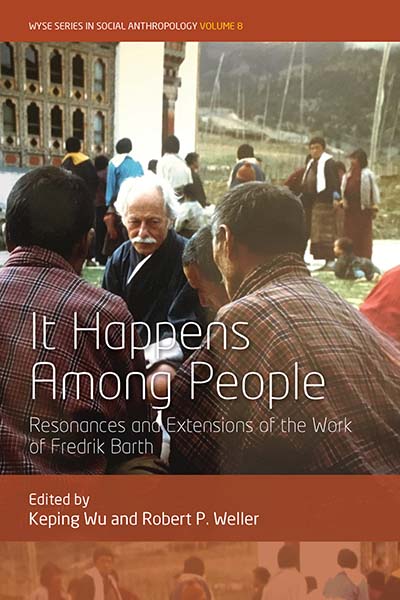 Published November 2019
Published November 2019 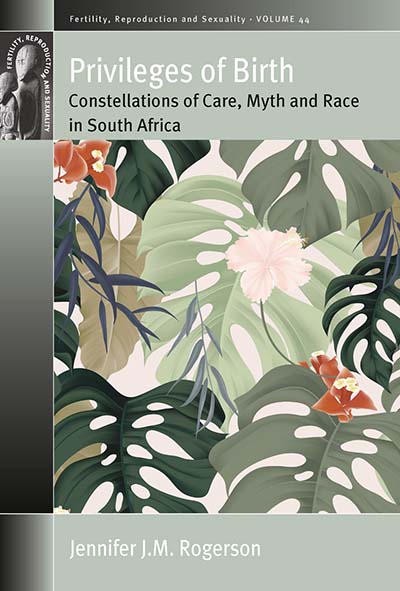 Published November 2019
Published November 2019  Published November 2019
Published November 2019 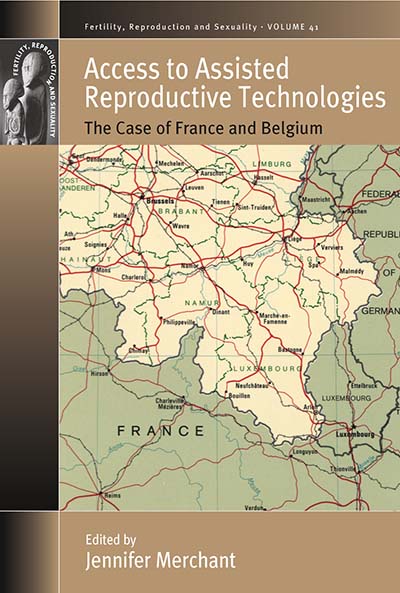 Published November 2019
Published November 2019 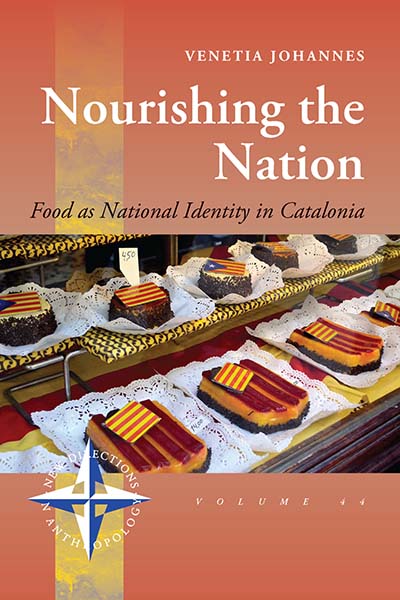 Published November 2019
Published November 2019 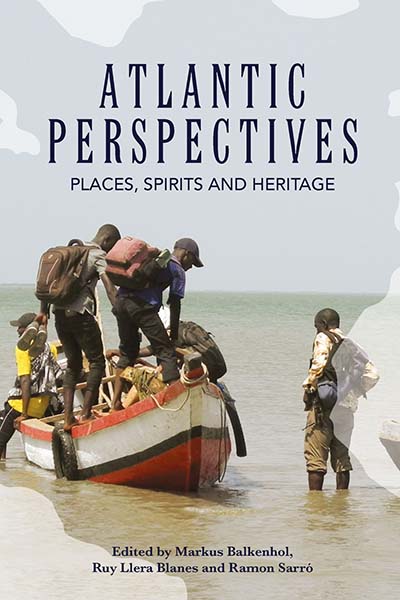 Published November 2019
Published November 2019 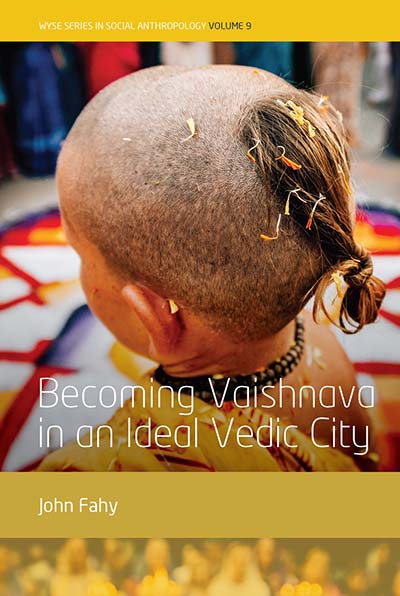 Published November 2019
Published November 2019 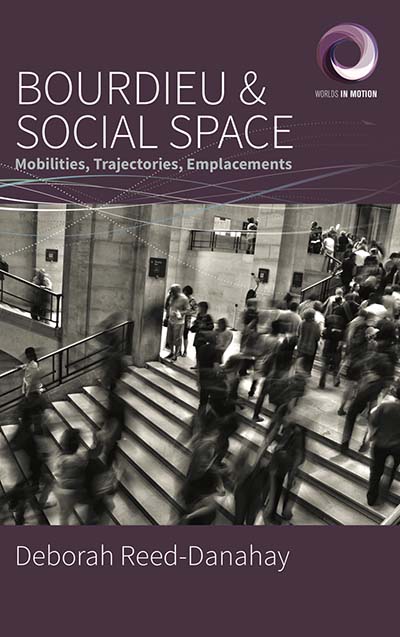 Published November 2019
Published November 2019 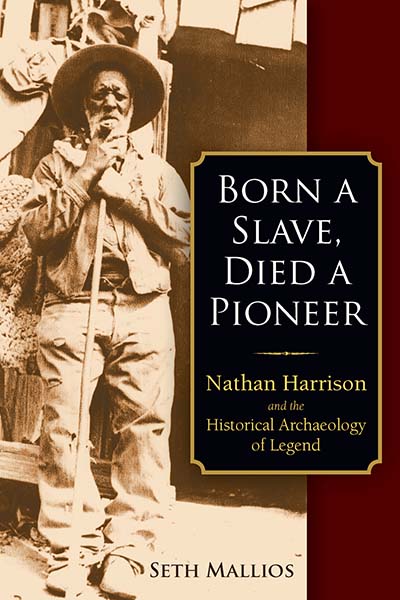 Published November 2019
Published November 2019  Published October 2019
Published October 2019 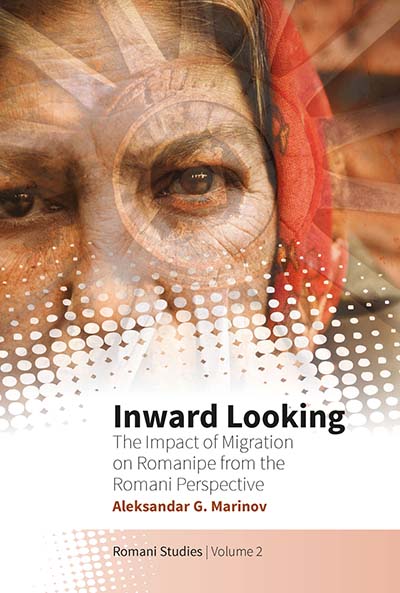 Published October 2019
Published October 2019 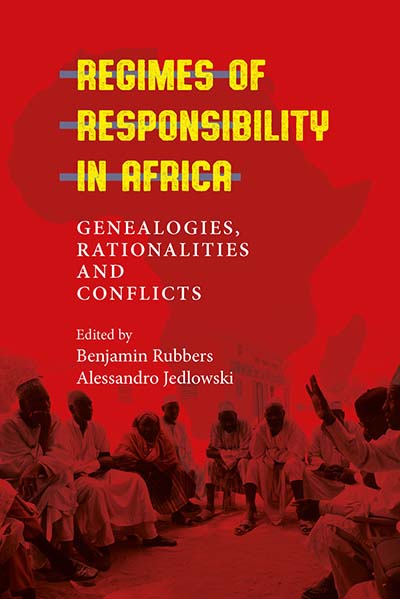 Published October 2019
Published October 2019 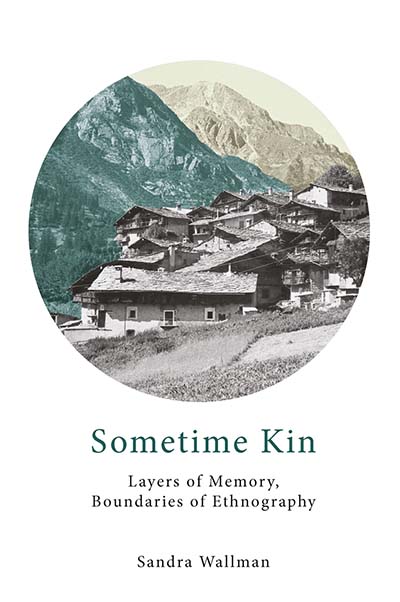 Published October 2019
Published October 2019 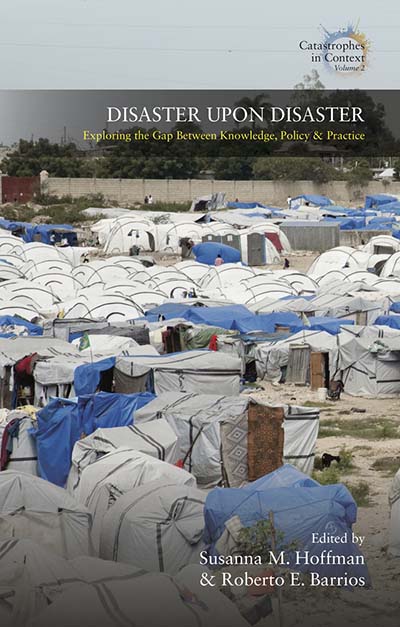 Published October 2019
Published October 2019  Published September 2019
Published September 2019 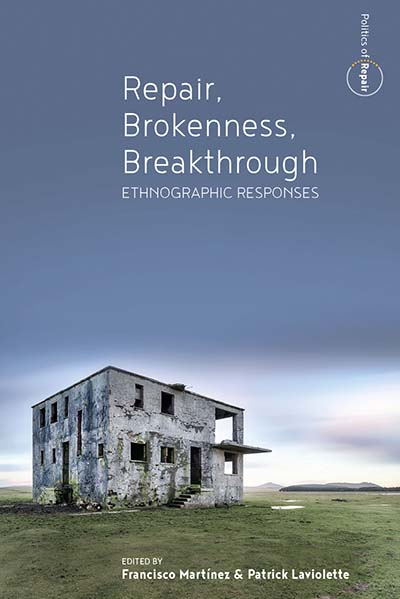 Published September 2019
Published September 2019 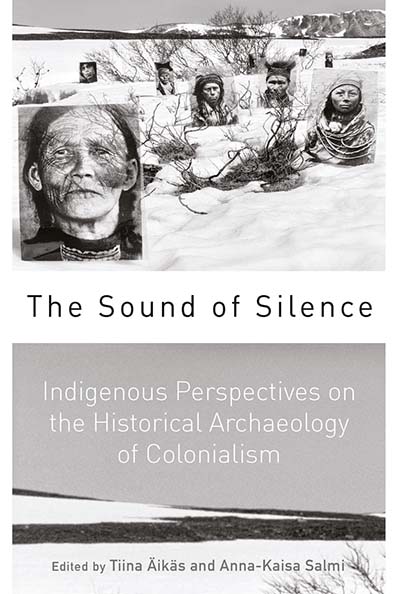 Published September 2019
Published September 2019 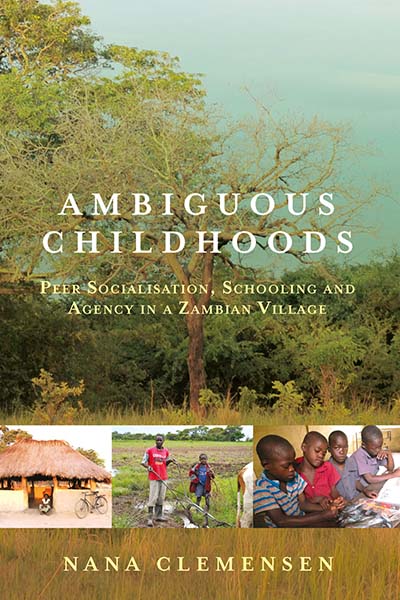 Published September 2019
Published September 2019 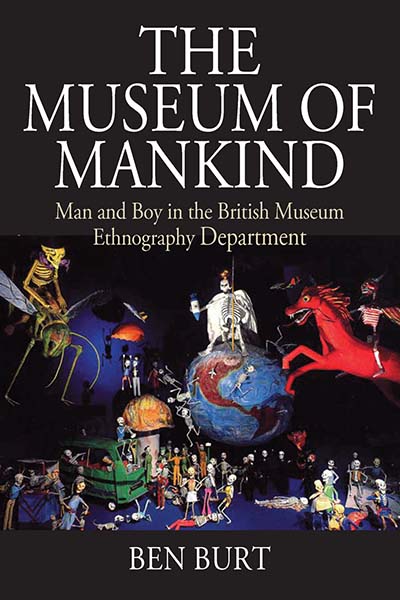 Published August 2019
Published August 2019 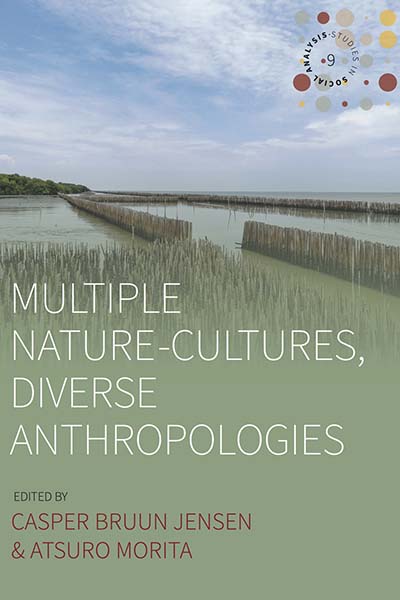 Published August 2019
Published August 2019 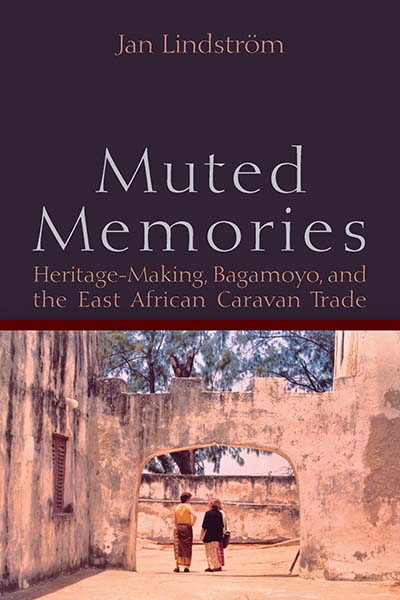 Published August 2019
Published August 2019  Published August 2019
Published August 2019  Published August 2019
Published August 2019 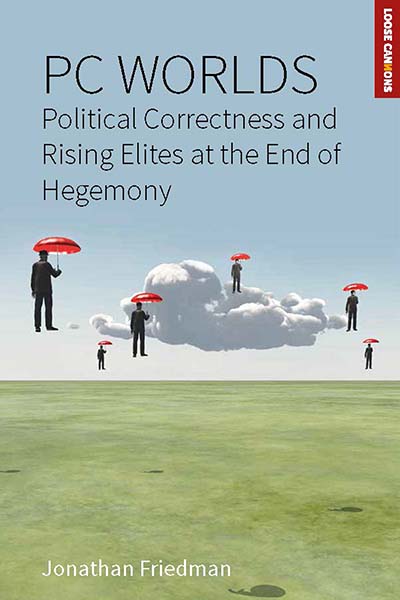 Published July 2019
Published July 2019  Published July 2019
Published July 2019 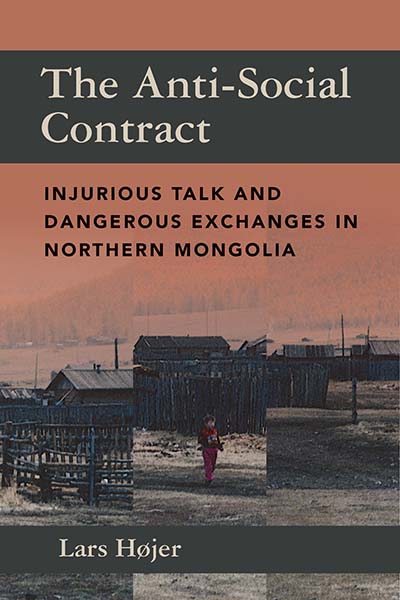 Published July 2019
Published July 2019 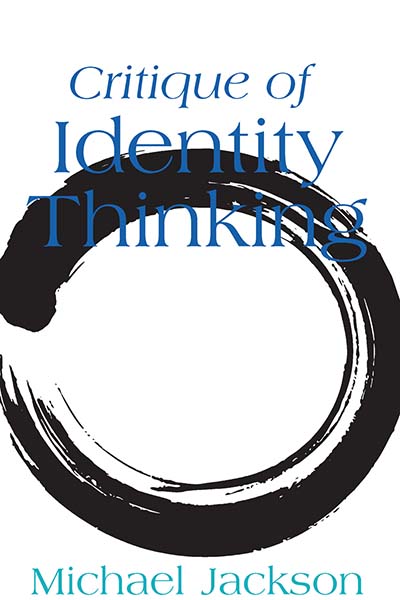 Published July 2019
Published July 2019 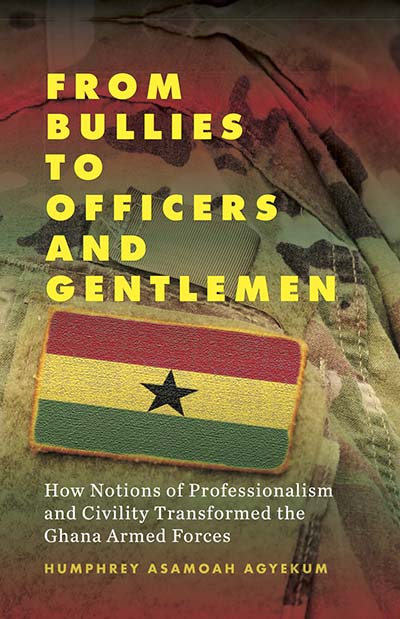 Published July 2019
Published July 2019 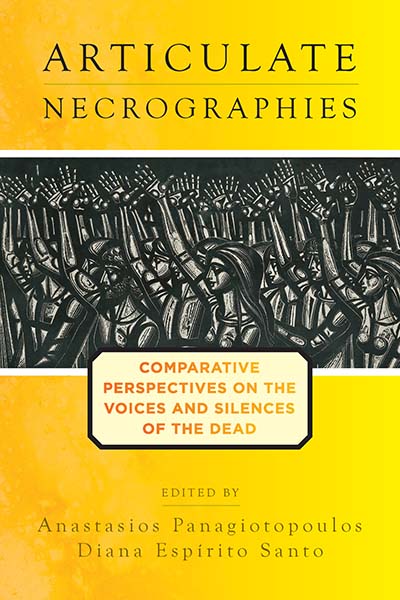 Published July 2019
Published July 2019 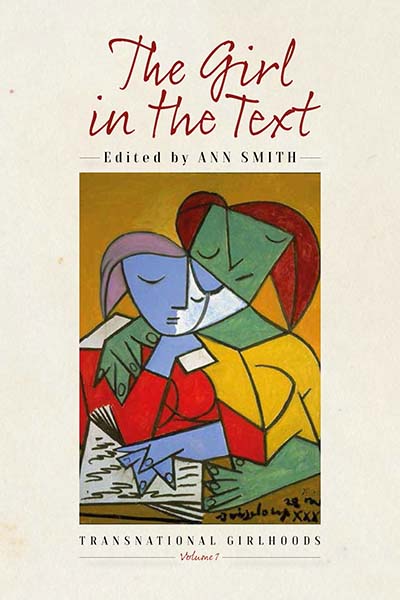 Published July 2019
Published July 2019 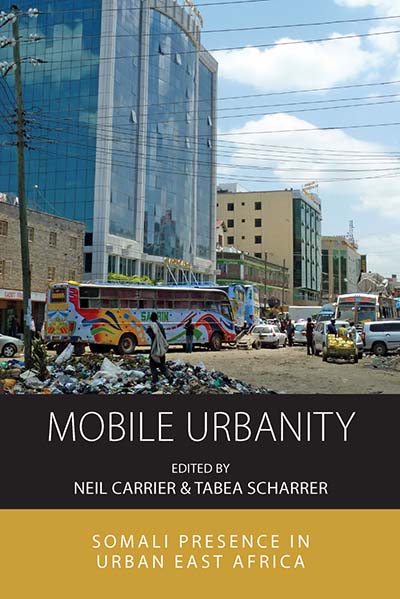 Published July 2019
Published July 2019 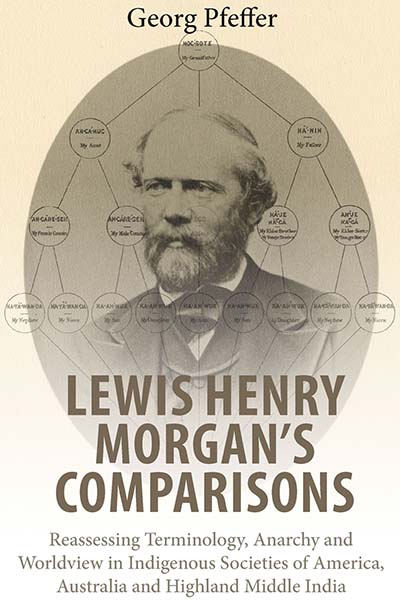 Published July 2019
Published July 2019 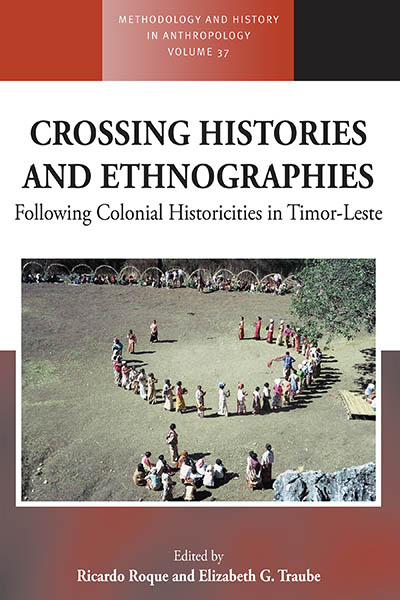 Published June 2019
Published June 2019 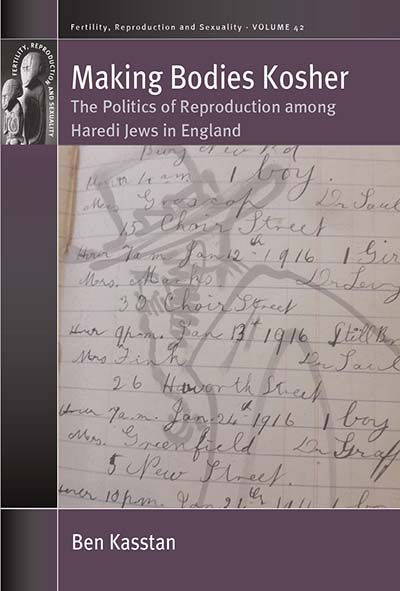 Published June 2019
Published June 2019 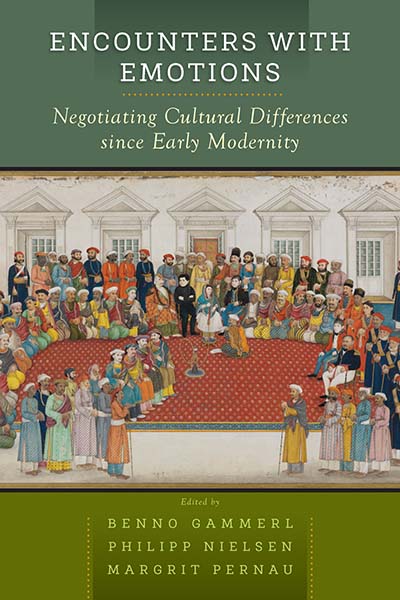 Published June 2019
Published June 2019 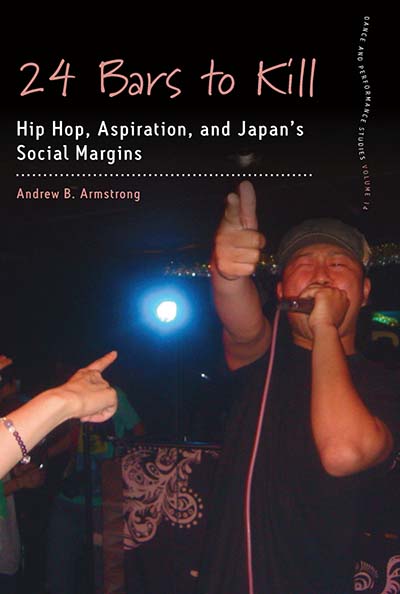 Published June 2019
Published June 2019 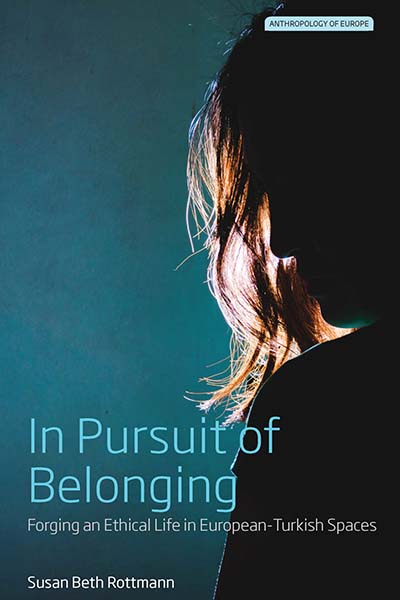 Published June 2019
Published June 2019 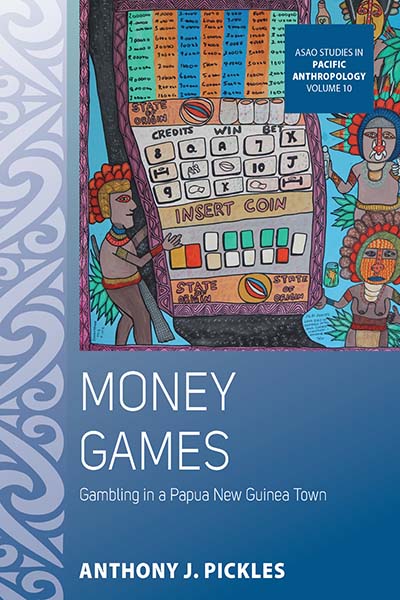 Published June 2019
Published June 2019 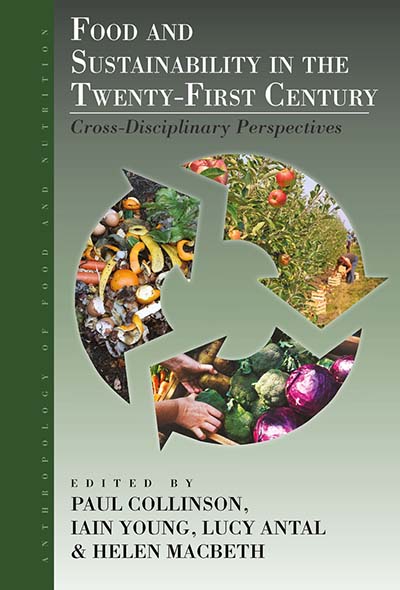 Published June 2019
Published June 2019 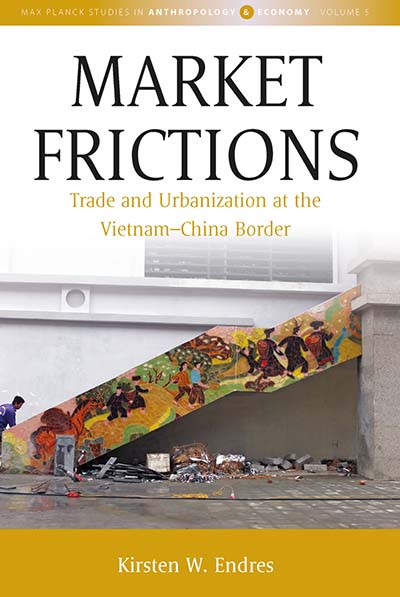 Published June 2019
Published June 2019 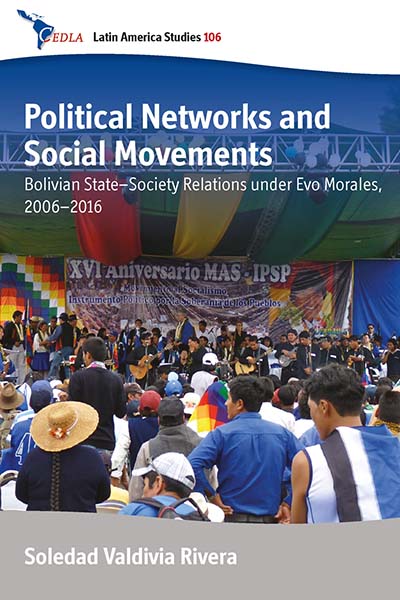 Published May 2019
Published May 2019 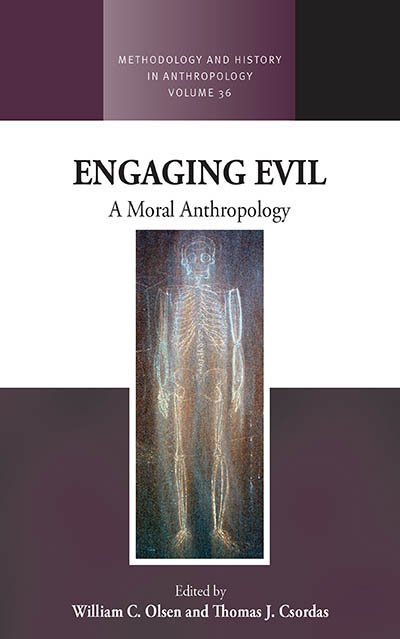 Published May 2019
Published May 2019  Published May 2019
Published May 2019  Published May 2019
Published May 2019 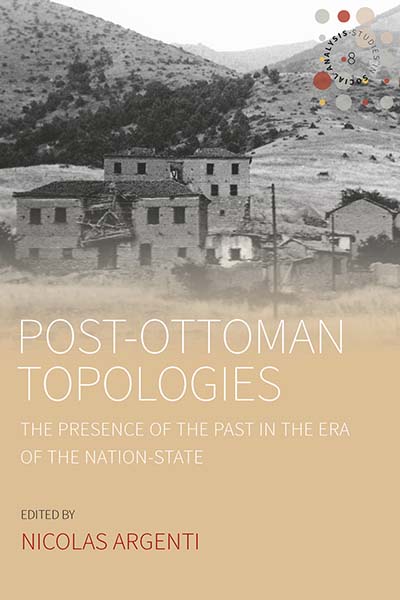 Published April 2019
Published April 2019  Published April 2019
Published April 2019  Published April 2019
Published April 2019 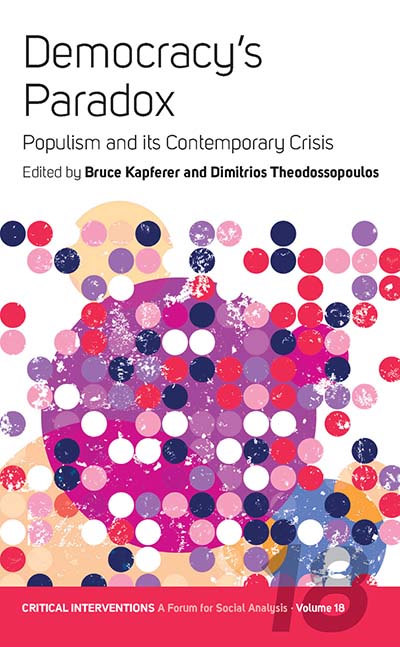 Published March 2019
Published March 2019  Published April 2019
Published April 2019 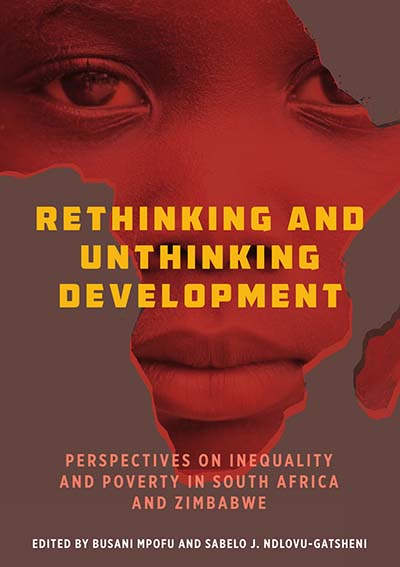 Published March 2019
Published March 2019  Published March 2019
Published March 2019 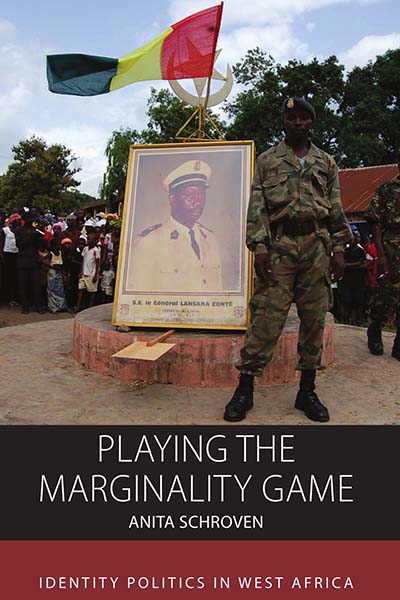 Published March 2019
Published March 2019  Published March 2019
Published March 2019 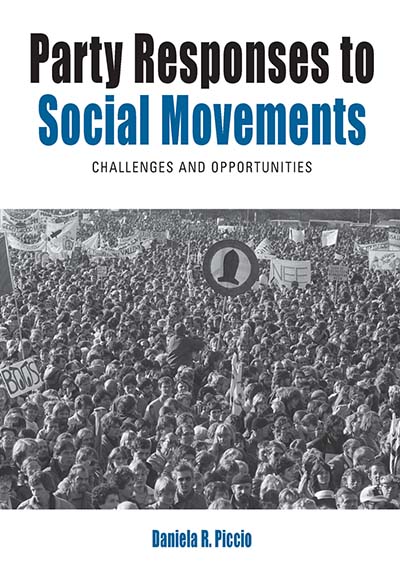 Published March 2019
Published March 2019  Published March 2019
Published March 2019  Published February 2019
Published February 2019 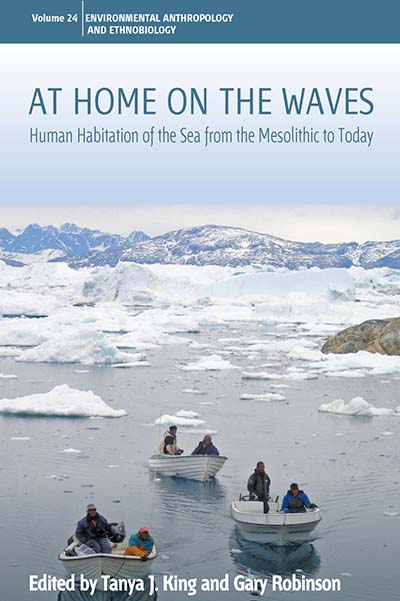 Published February 2019
Published February 2019 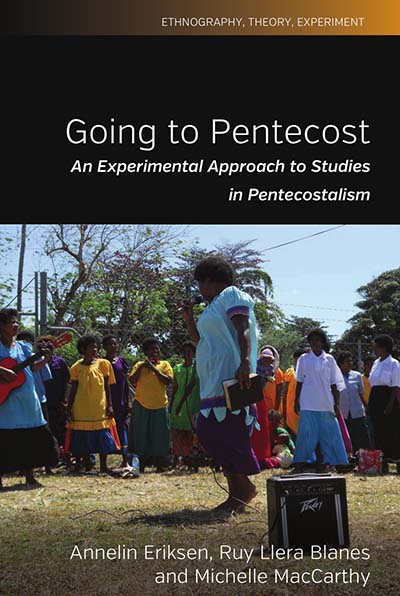 Published February 2019
Published February 2019 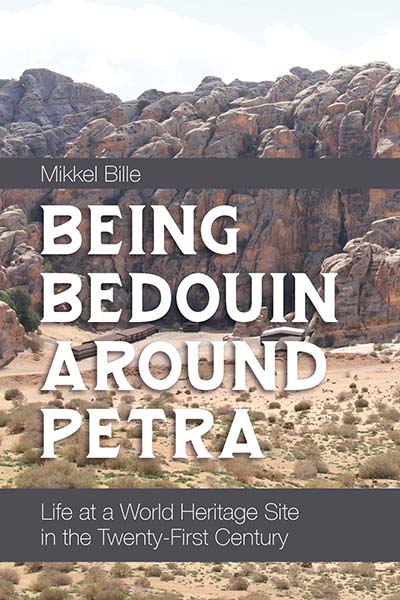 Published January 2019
Published January 2019 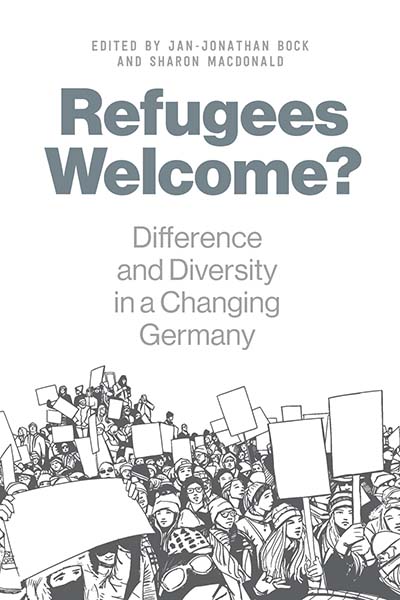 Published January 2019
Published January 2019 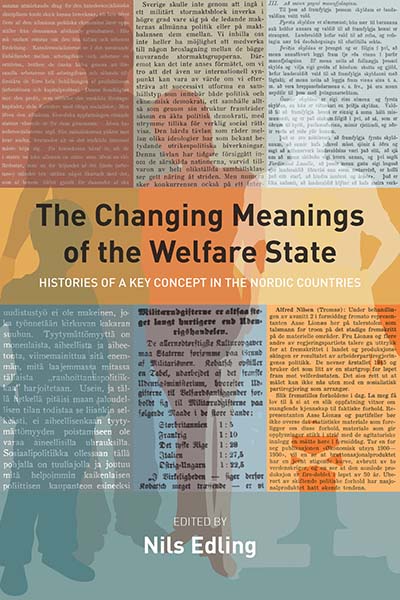 Published January 2019
Published January 2019 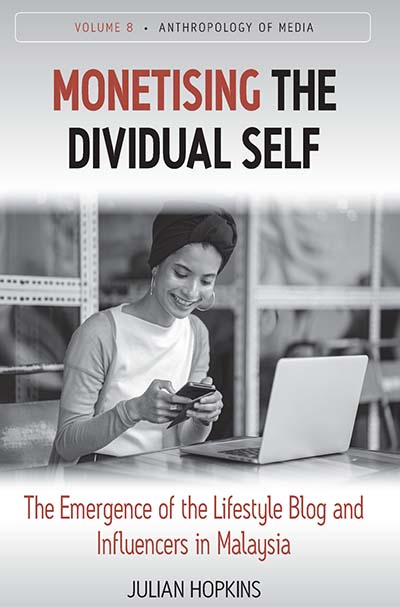 Published January 2019
Published January 2019 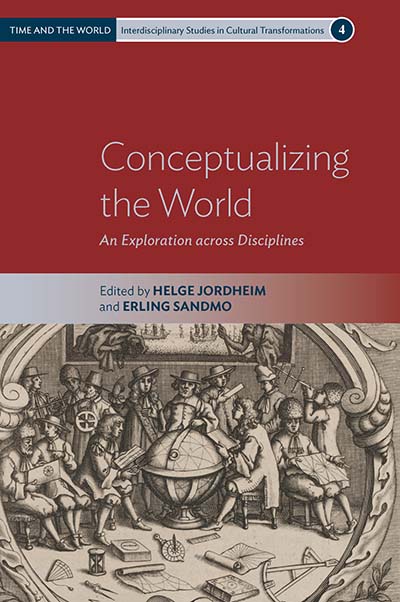 Published December 2018
Published December 2018 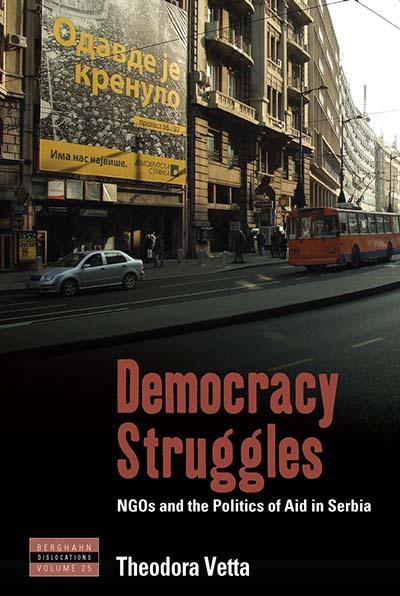 Published December 2018
Published December 2018 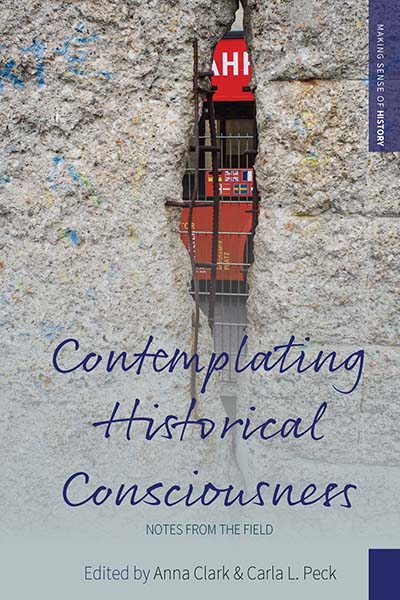 Published December 2018
Published December 2018 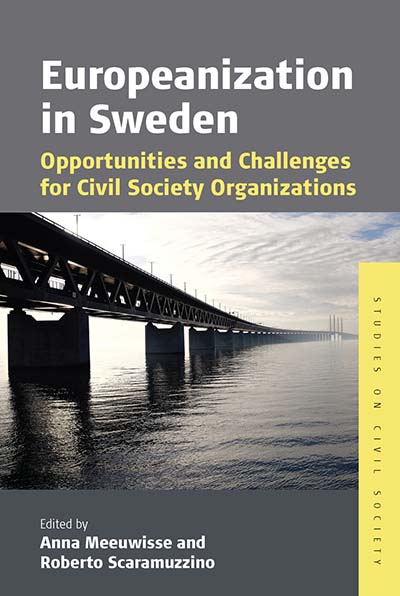 Published December 2018
Published December 2018  Published December 2018
Published December 2018 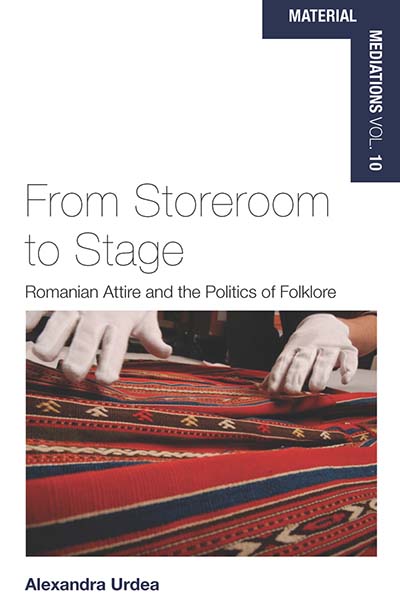 Published December 2018
Published December 2018 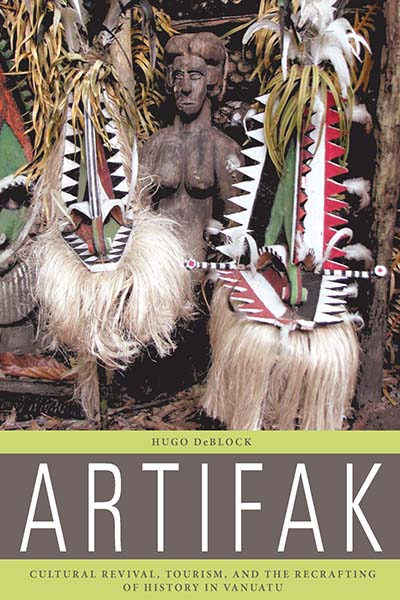 Published November 2018
Published November 2018 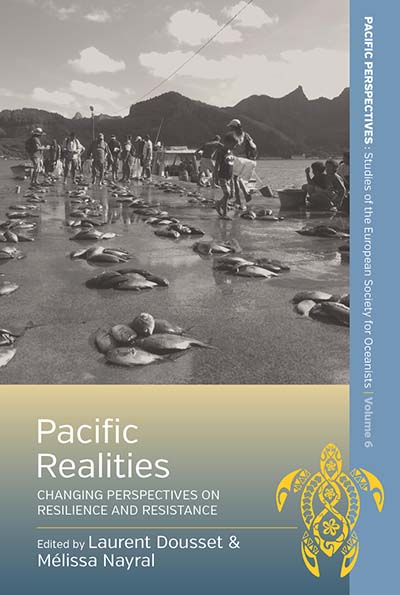 Published November 2018
Published November 2018 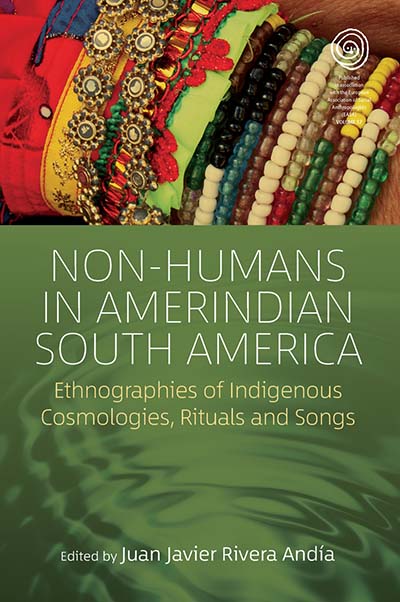 Published November 2018
Published November 2018 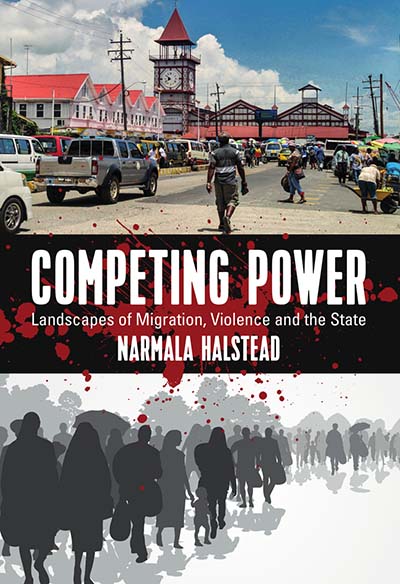 Published October 2018
Published October 2018 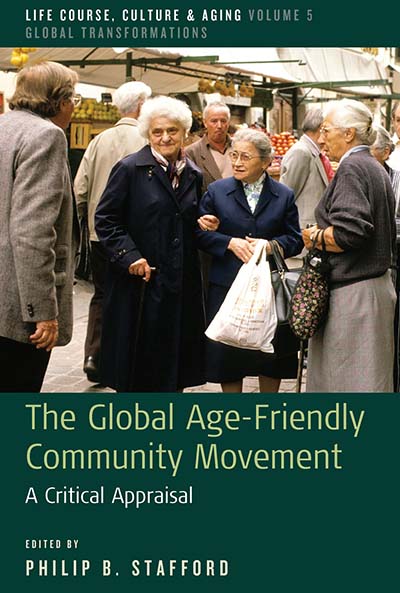 Published October 2018
Published October 2018 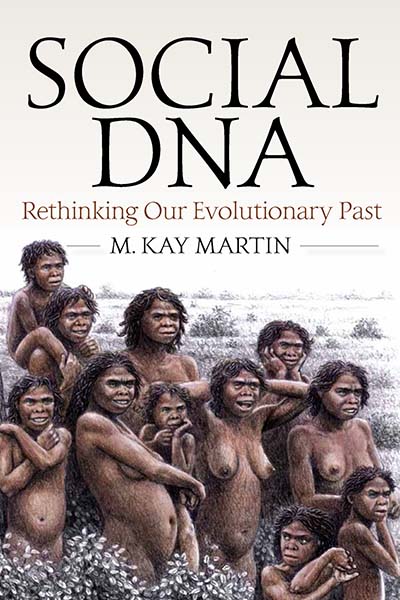 Published October 2018
Published October 2018 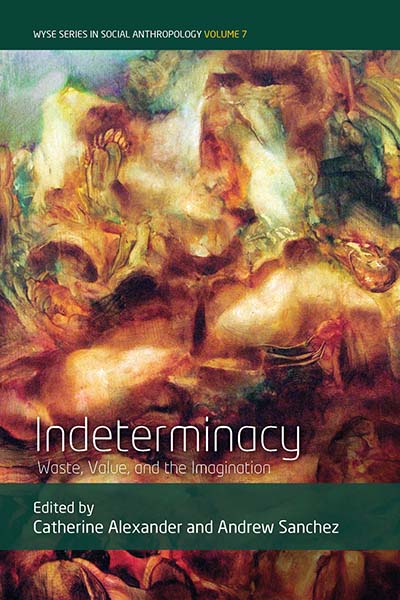 Published October 2018
Published October 2018 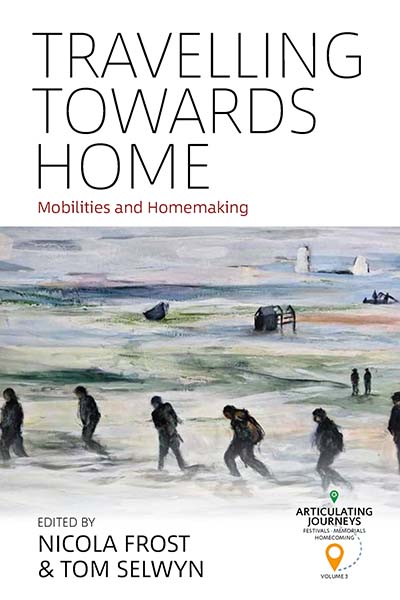 Published September 2018
Published September 2018 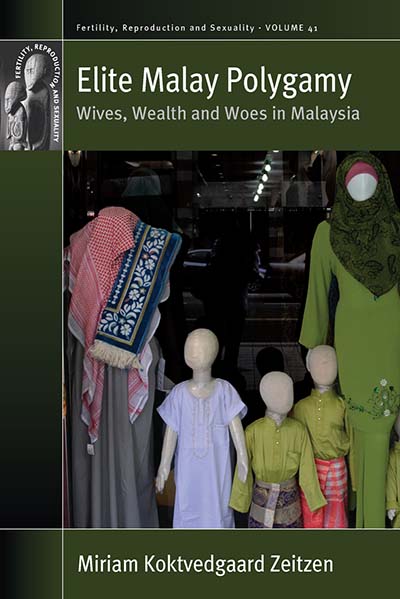 Published September 2018
Published September 2018 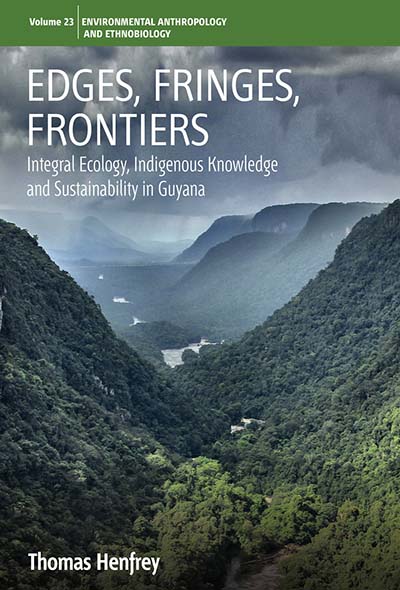 Published September 2018
Published September 2018 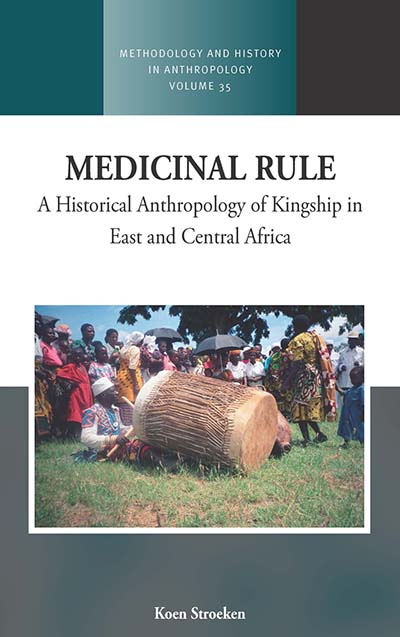 Published September 2018
Published September 2018 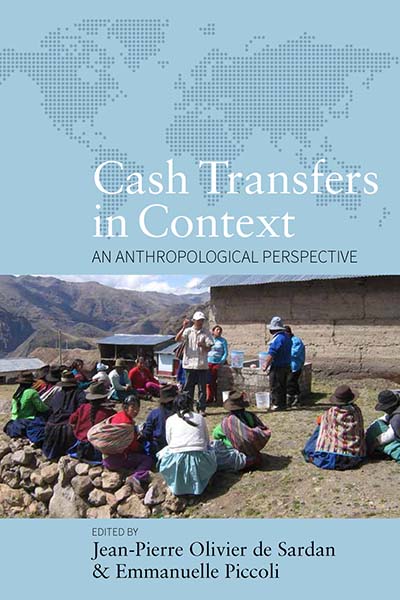 Published September 2018
Published September 2018 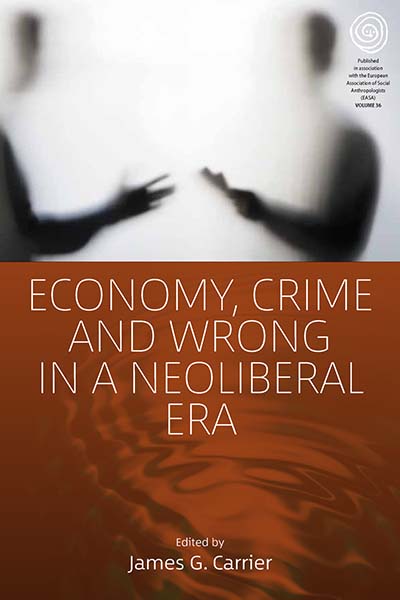 Published September 2018
Published September 2018 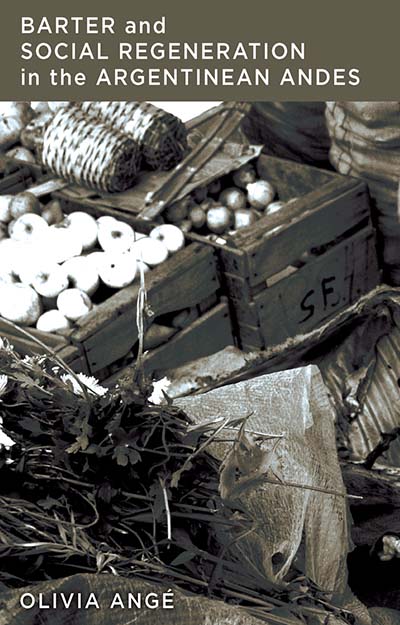 Published September 2018
Published September 2018  Published August 2018
Published August 2018 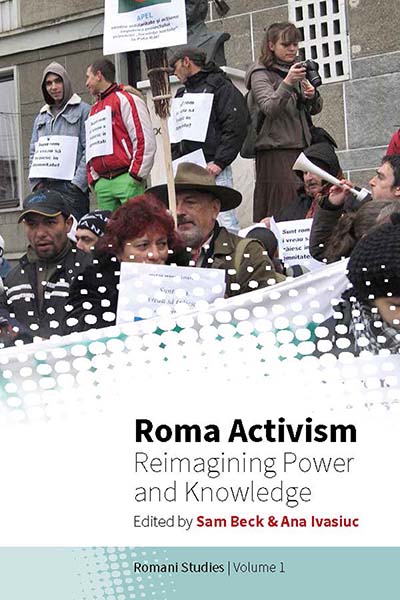 Published August 2018
Published August 2018 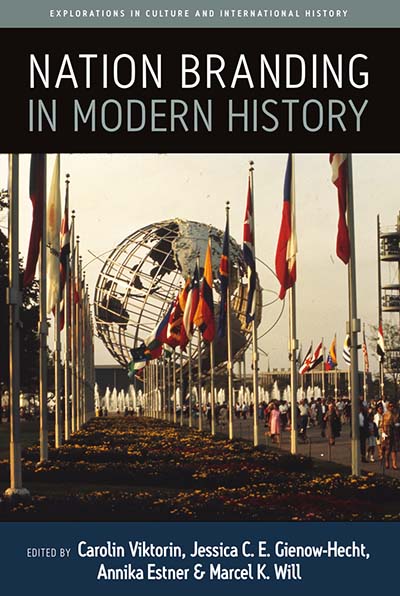 Published August 2018
Published August 2018 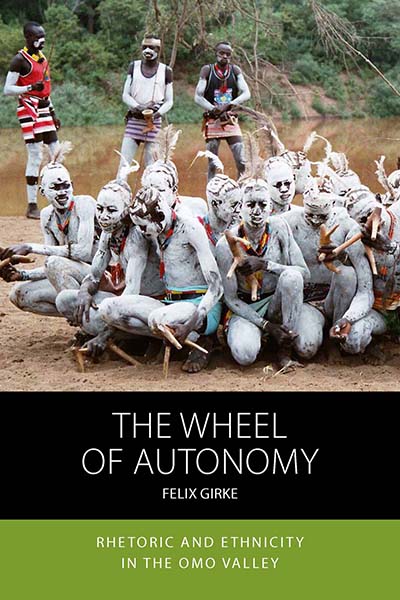 Published August 2018
Published August 2018  Published August 2018
Published August 2018 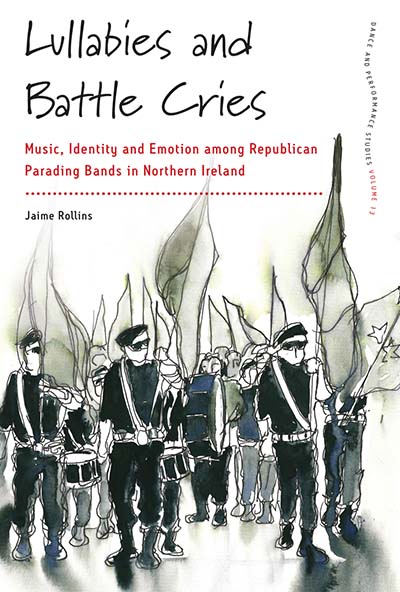 Published August 2018
Published August 2018 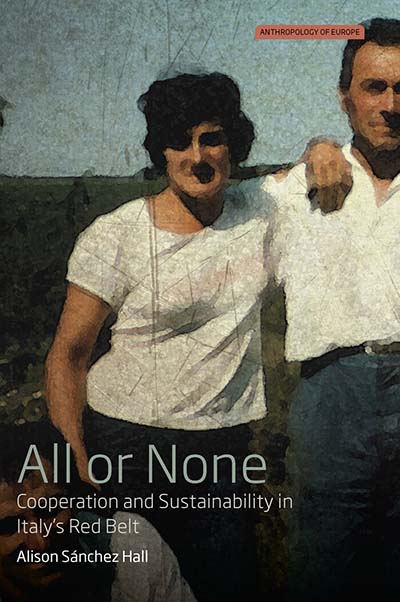 Published August 2018
Published August 2018 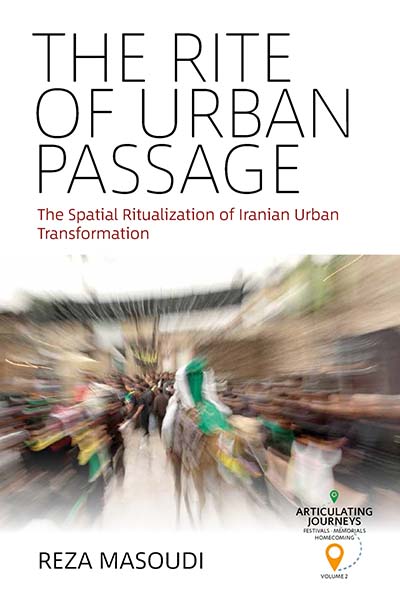 Published August 2018
Published August 2018 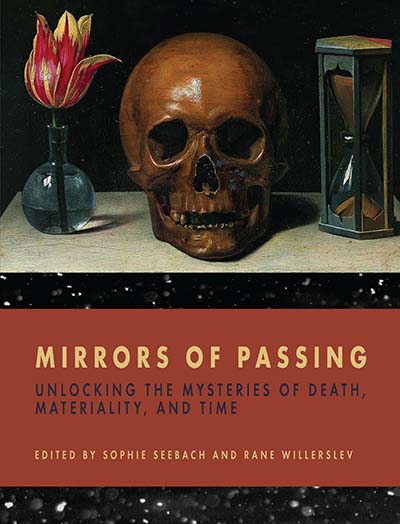 Published August 2018
Published August 2018 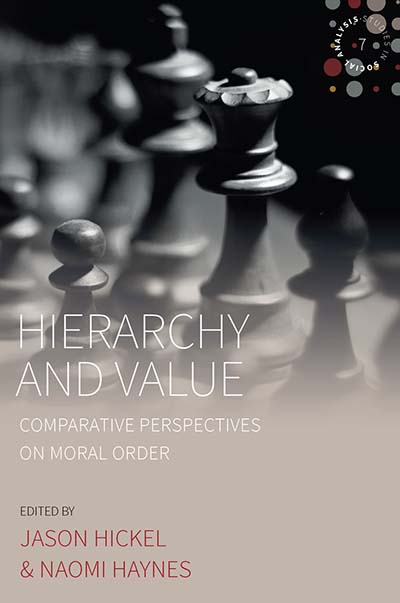 Published August 2018
Published August 2018 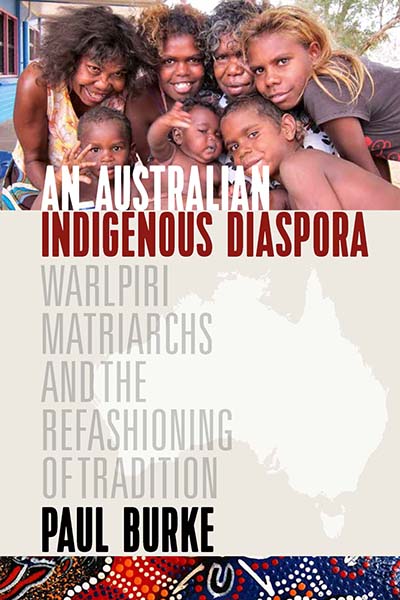 Published July 2018
Published July 2018  Published July 2018
Published July 2018 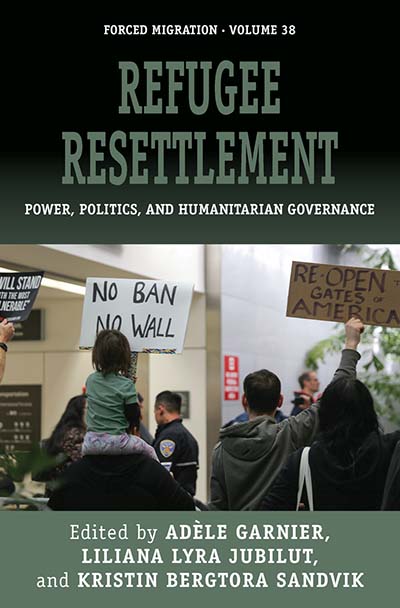 Published August 2018
Published August 2018 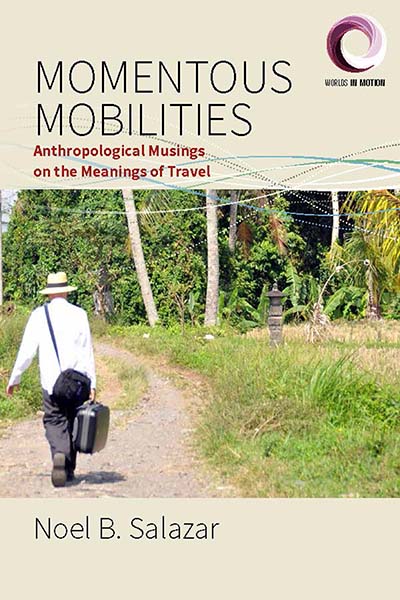 Published July 2018
Published July 2018 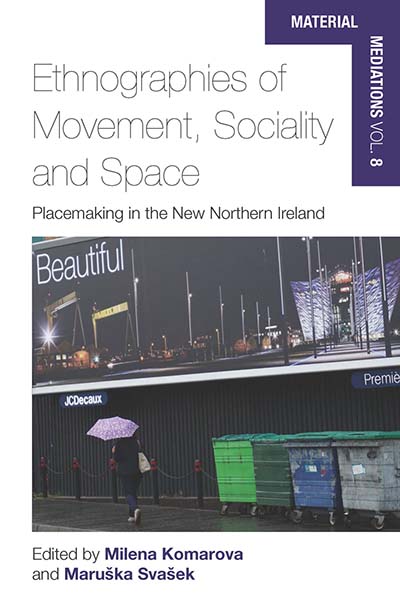 Published July 2018
Published July 2018 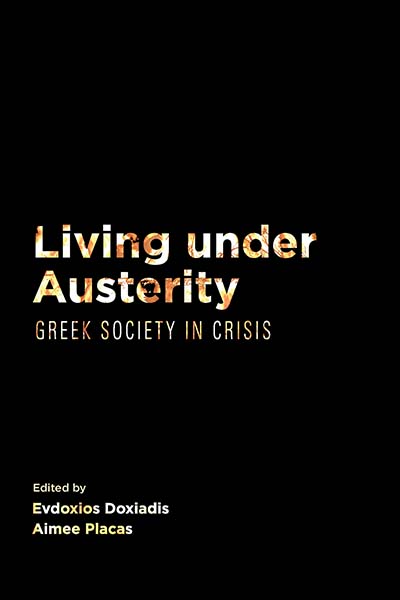 Published July 2018
Published July 2018  Published July 2018
Published July 2018 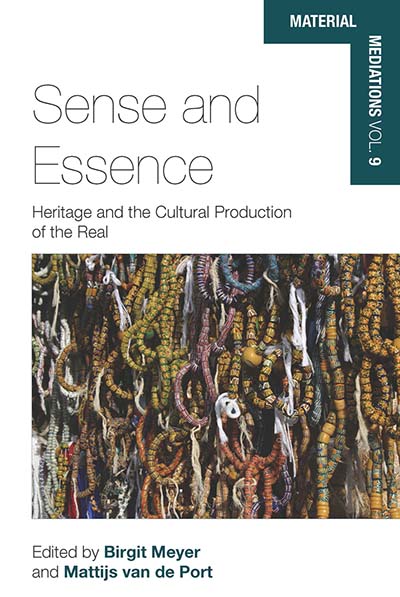 Published July 2018
Published July 2018 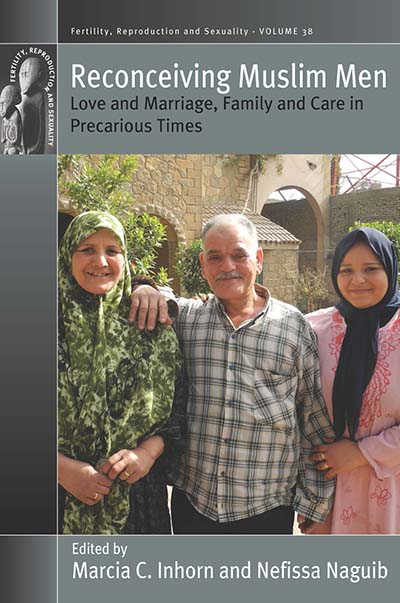 Published June 2018
Published June 2018  Published June 2018
Published June 2018 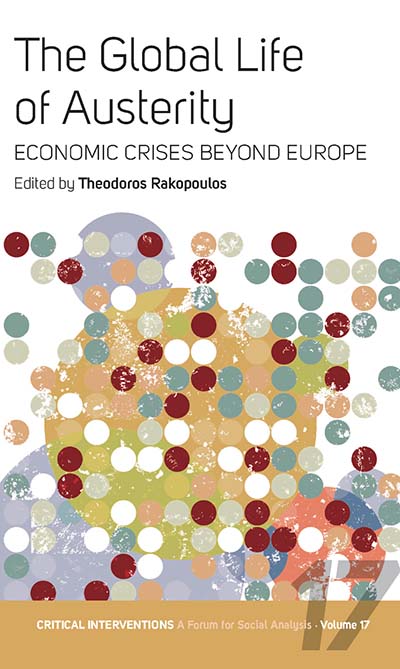 Published June 2018
Published June 2018 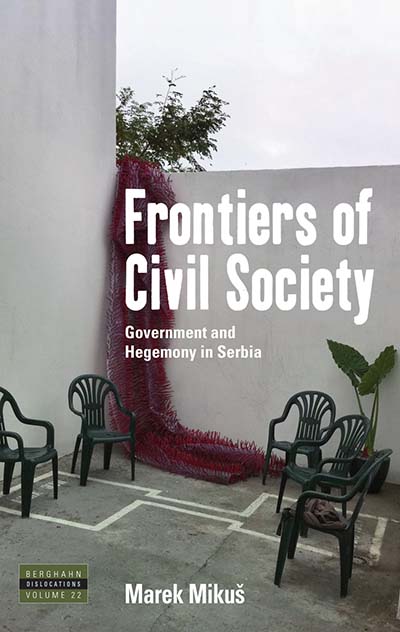 Published June 2018
Published June 2018 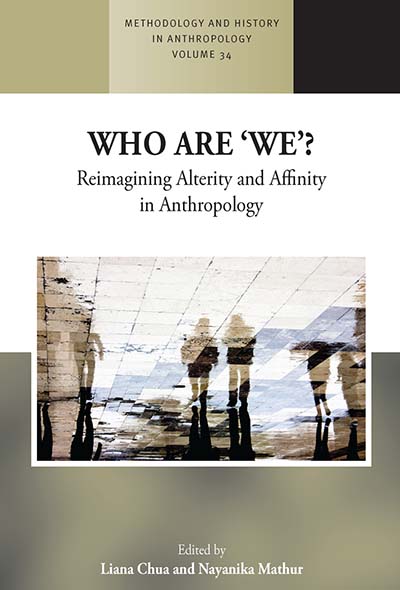 Published June 2018
Published June 2018 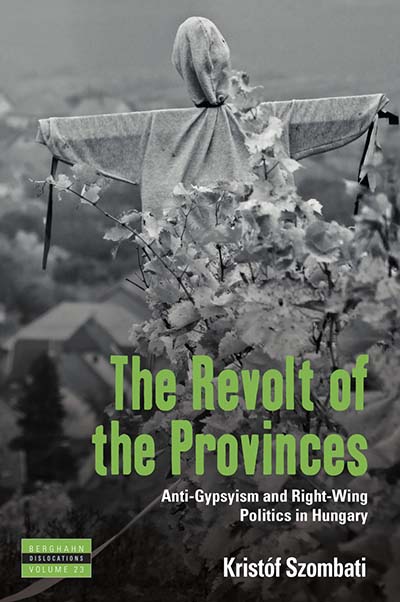 Published June 2018
Published June 2018  Published June 2018
Published June 2018 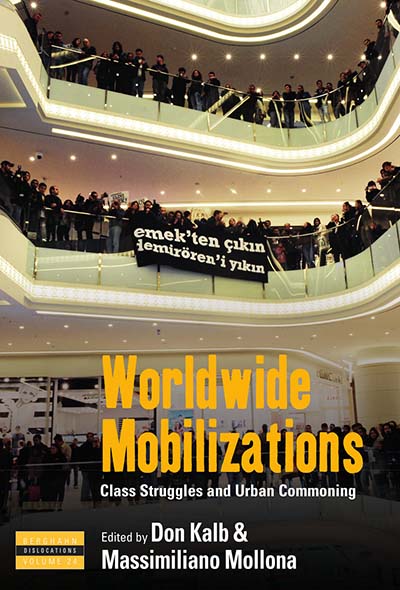 Published June 2018
Published June 2018  Published May 2018
Published May 2018 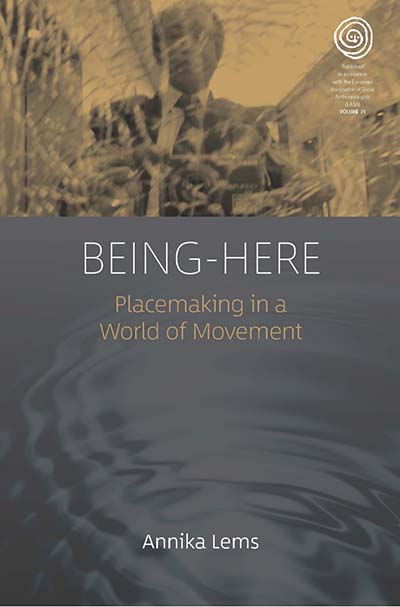 Published May 2018
Published May 2018 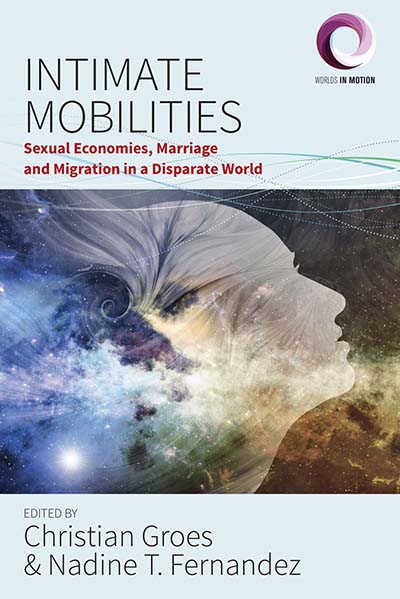 Published May 2018
Published May 2018 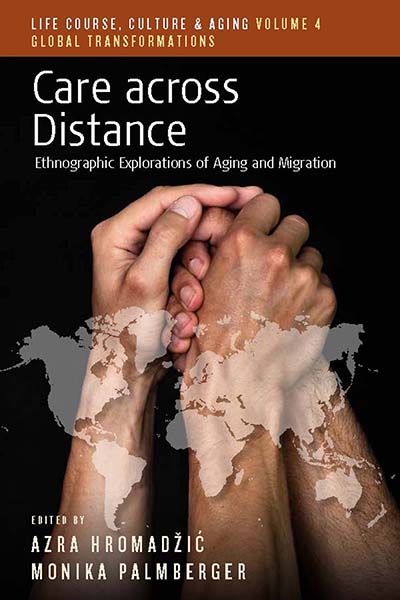 Published May 2018
Published May 2018 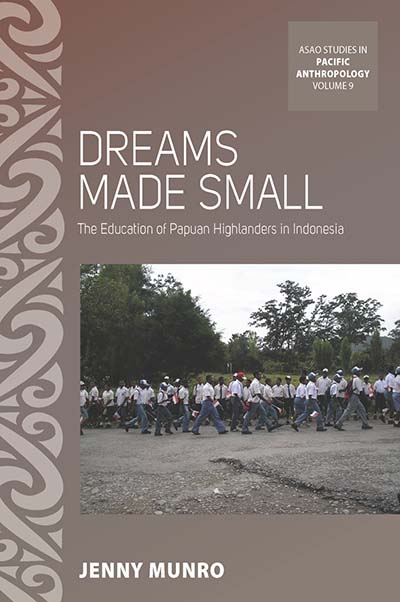 Published May 2018
Published May 2018 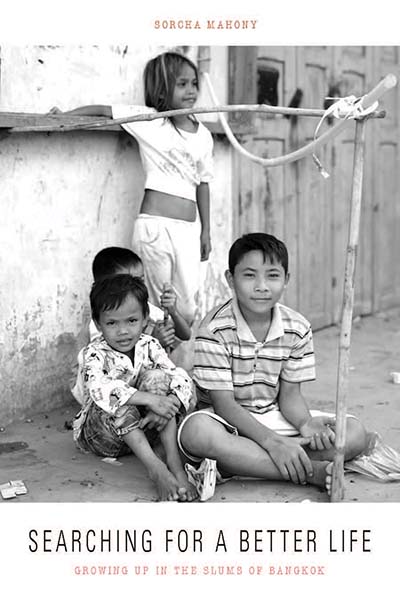 Published May 2018
Published May 2018 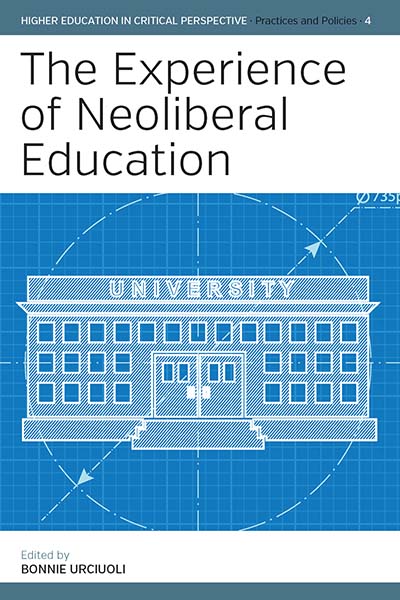 Published May 2018
Published May 2018 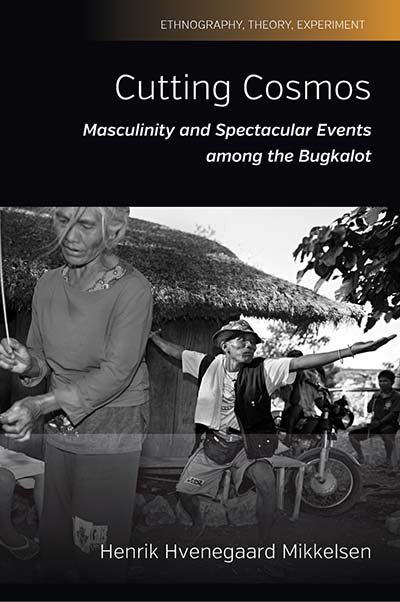 Published April 2018
Published April 2018 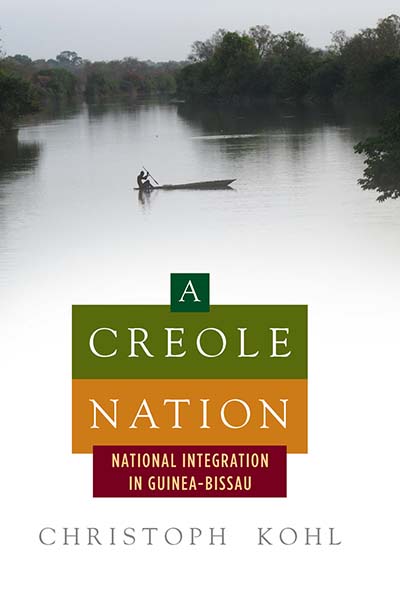 Published April 2018
Published April 2018 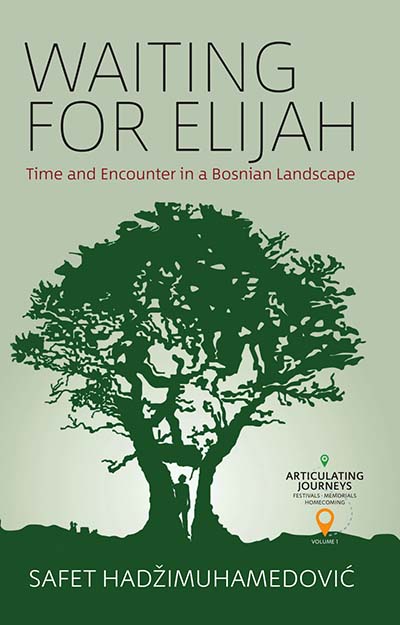 Published April 2018
Published April 2018  Published April 2018
Published April 2018 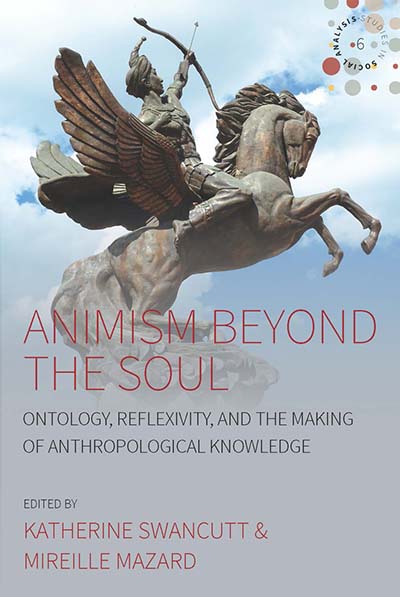 Published April 2018
Published April 2018  Published April 2018
Published April 2018  Published April 2018
Published April 2018 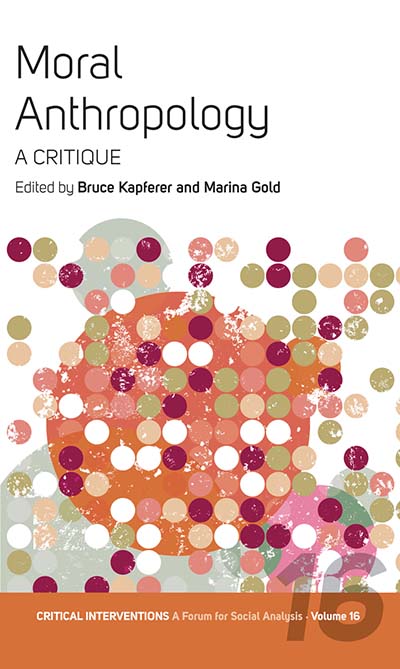 Published April 2018
Published April 2018 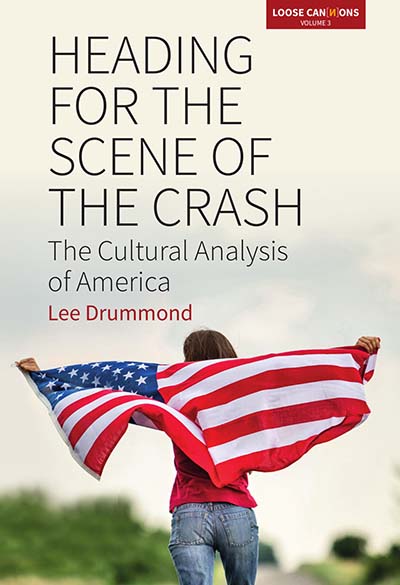 Published March 2018
Published March 2018  Published March 2018
Published March 2018  Published March 2018
Published March 2018 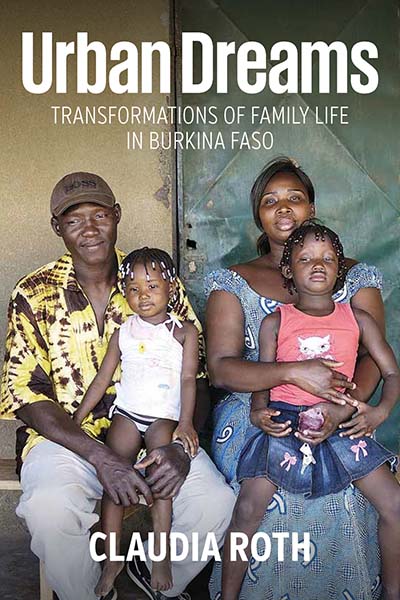 Published March 2018
Published March 2018 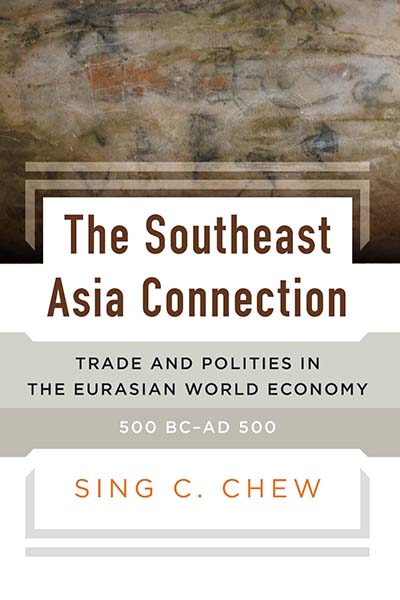 Published March 2018
Published March 2018 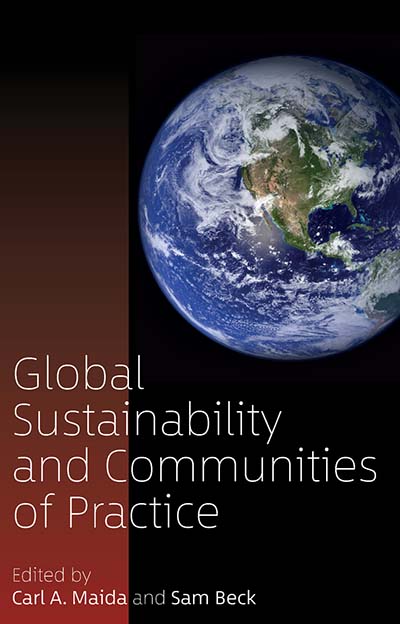 Published March 2018
Published March 2018  Published March 2018
Published March 2018 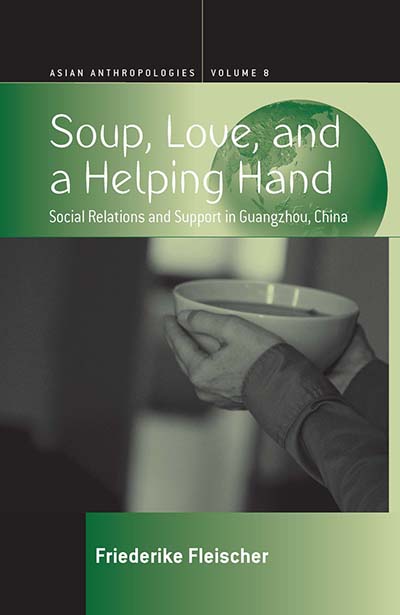 Published February 2018
Published February 2018 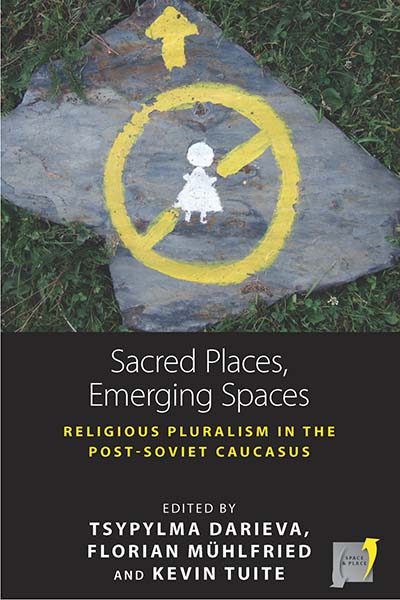 Published February 2018
Published February 2018 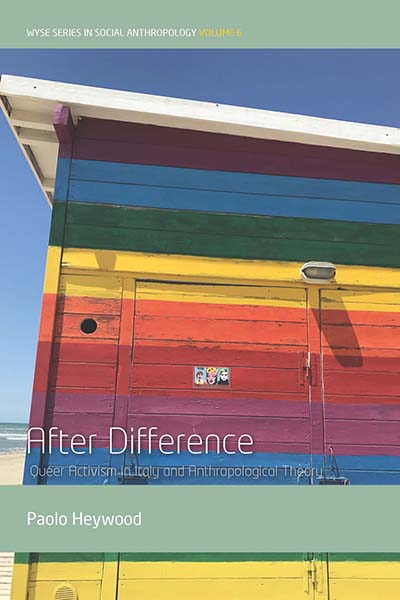 Published February 2018
Published February 2018 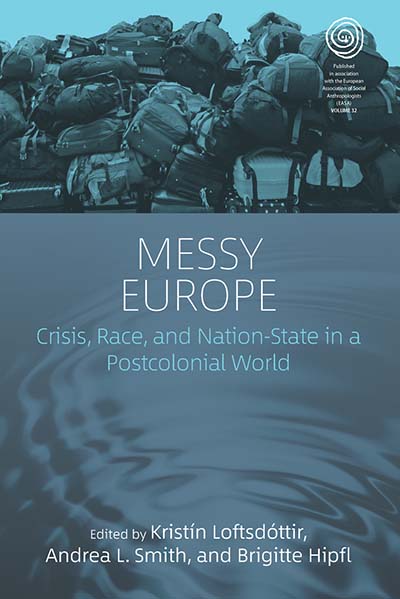 Published February 2018
Published February 2018 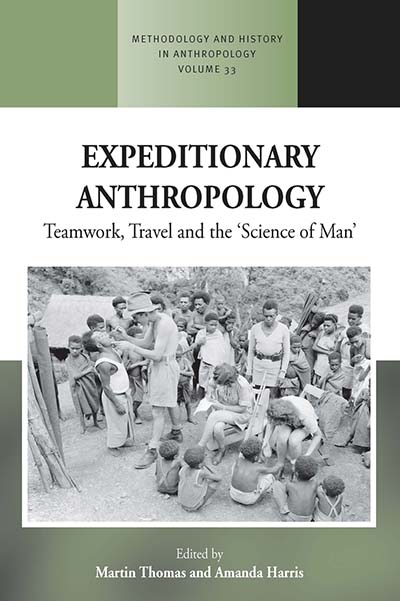 Published January 2018
Published January 2018 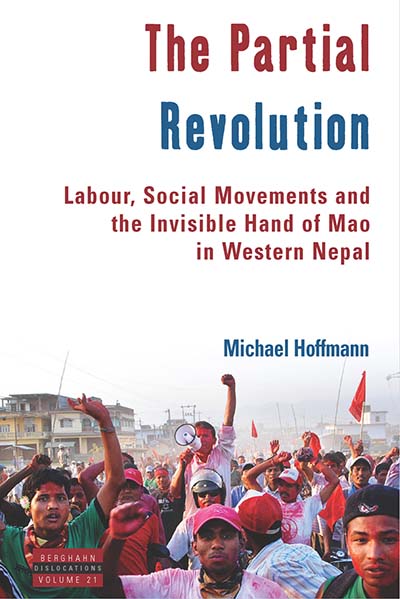 Published January 2018
Published January 2018 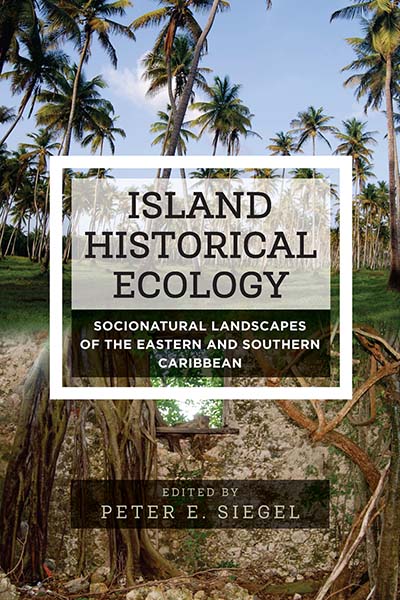 Published January 2018
Published January 2018 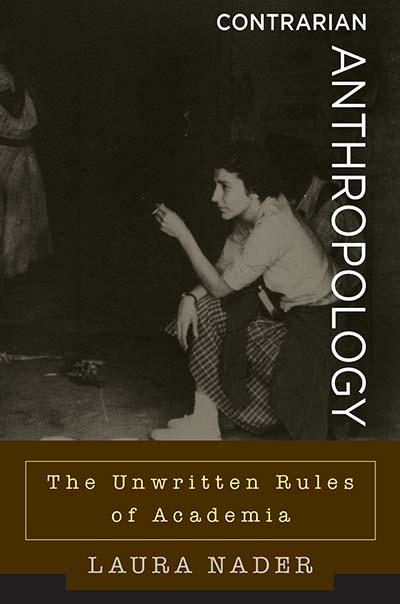 Published January 2018
Published January 2018 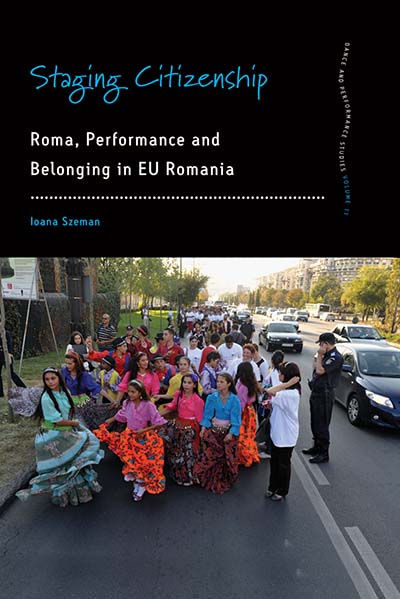 Published December 2017
Published December 2017 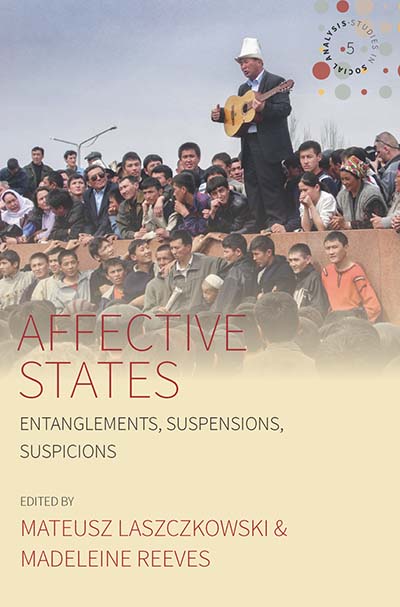 Published December 2017
Published December 2017  Published December 2017
Published December 2017 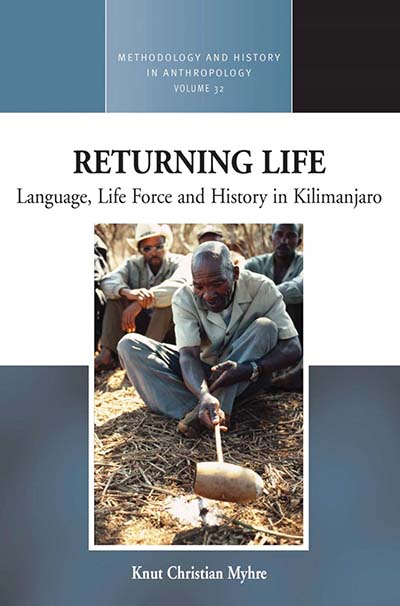 Published December 2017
Published December 2017 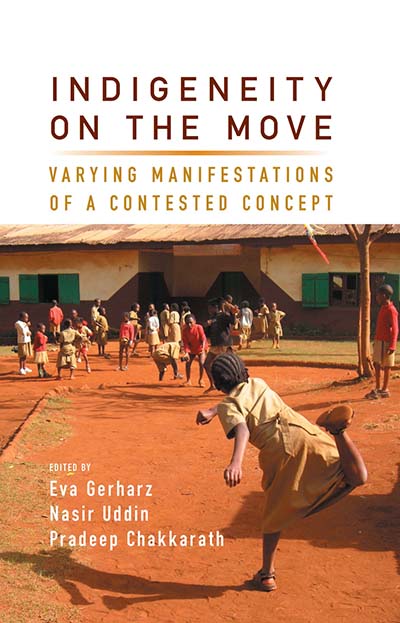 Published December 2017
Published December 2017 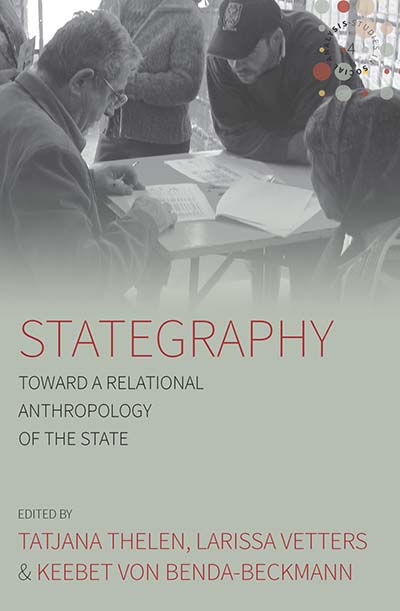 Published November 2017
Published November 2017 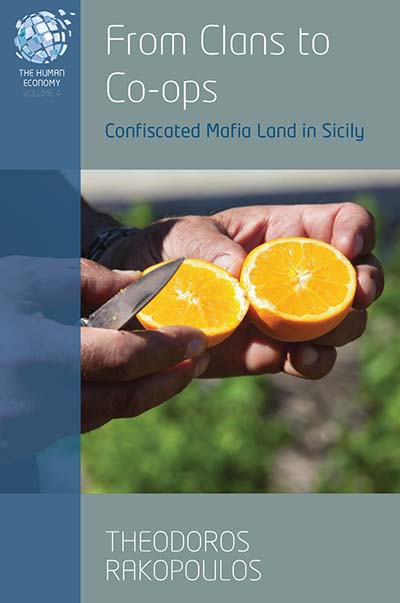 Published November 2017
Published November 2017  Published November 2017
Published November 2017 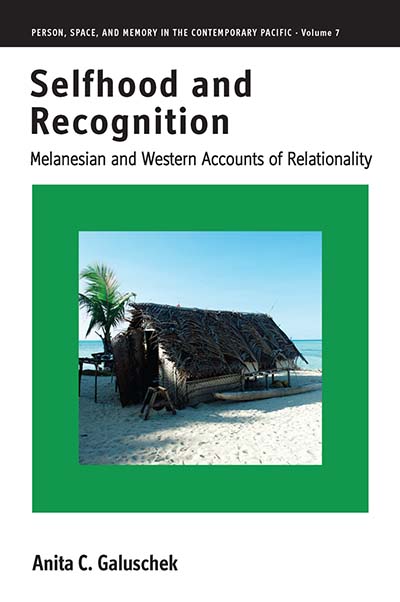 Published November 2017
Published November 2017 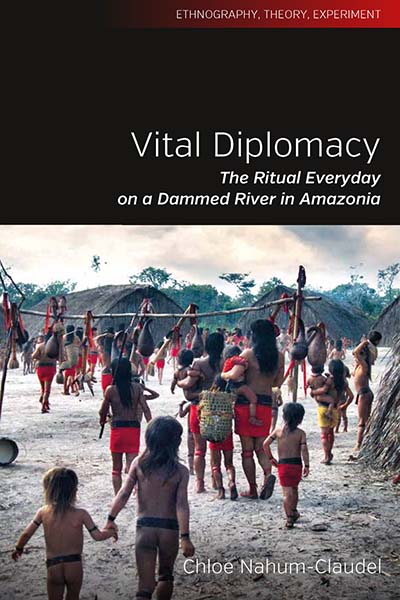 Published November 2017
Published November 2017 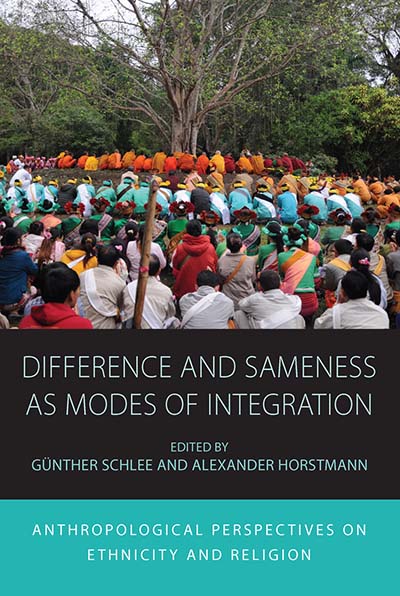 Published November 2017
Published November 2017 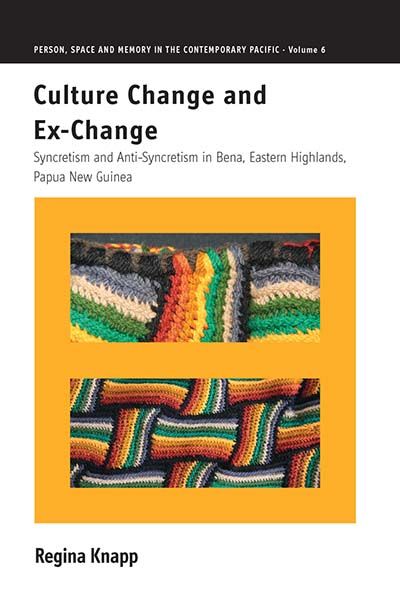 Published October 2017
Published October 2017 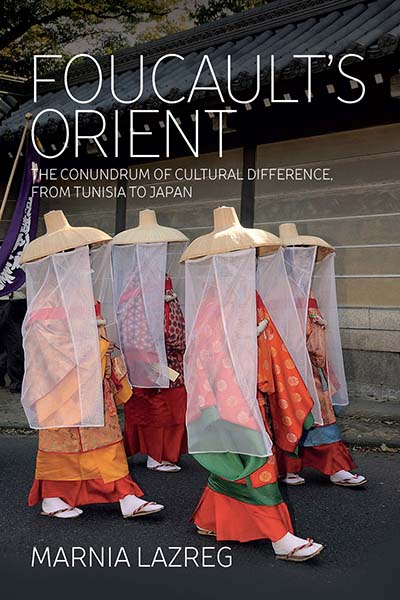 Published October 2017
Published October 2017 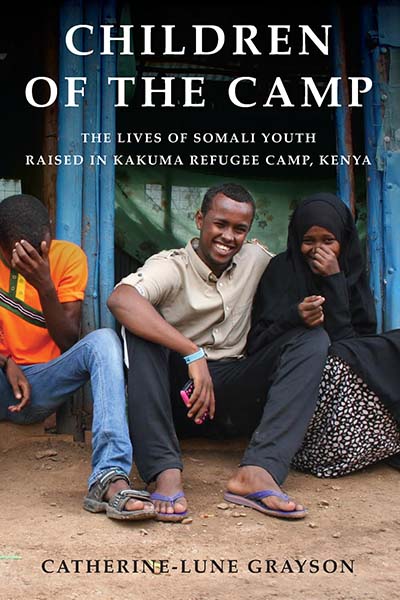 Published October 2017
Published October 2017 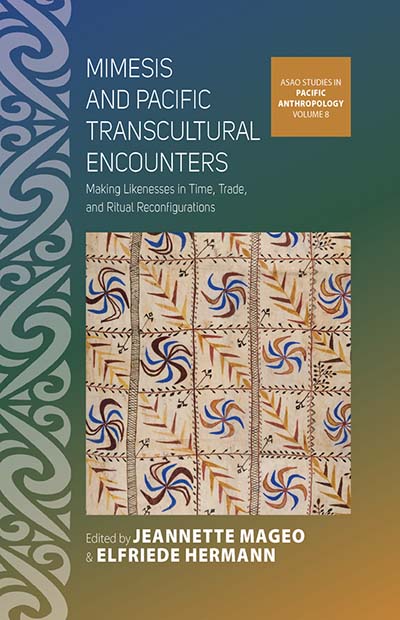 Published October 2017
Published October 2017 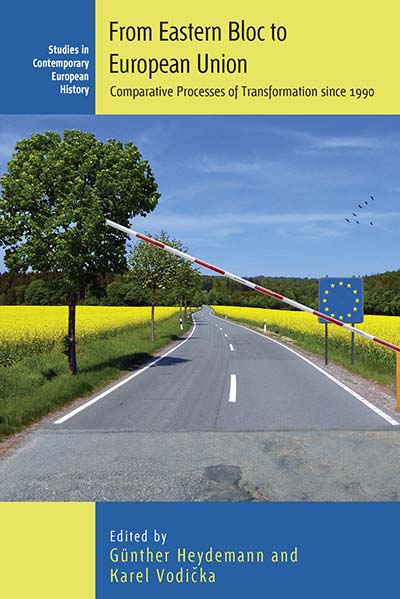 Published October 2017
Published October 2017 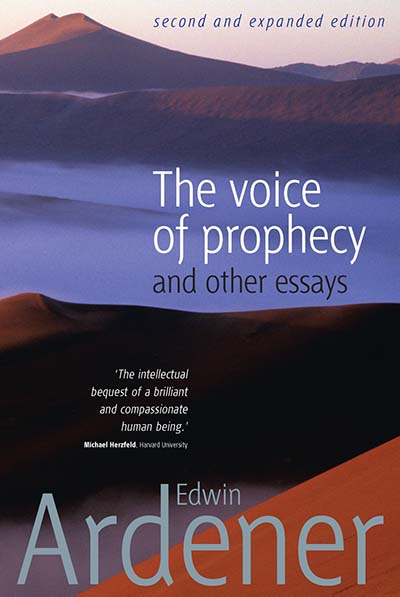 Published October 2017
Published October 2017 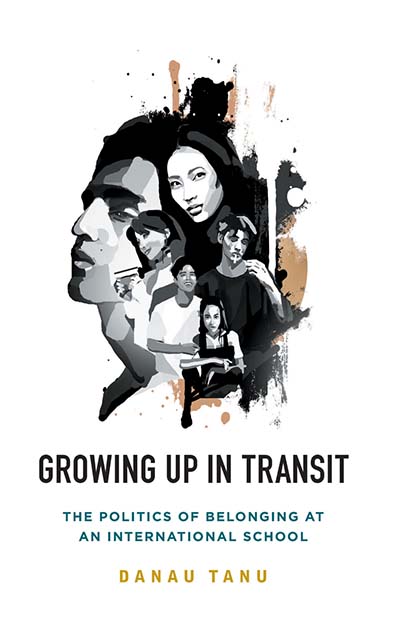 Published October 2017
Published October 2017 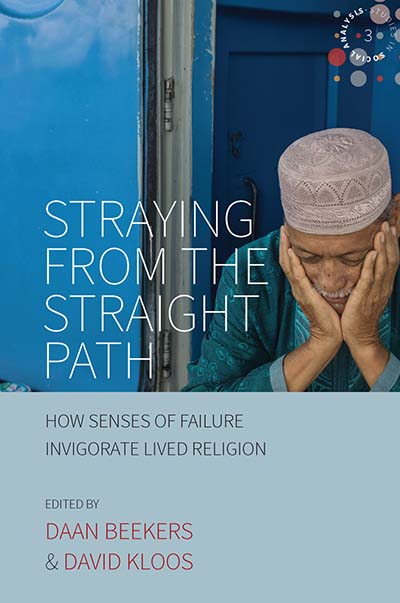 Published October 2017
Published October 2017  Published October 2017
Published October 2017  Published October 2017
Published October 2017 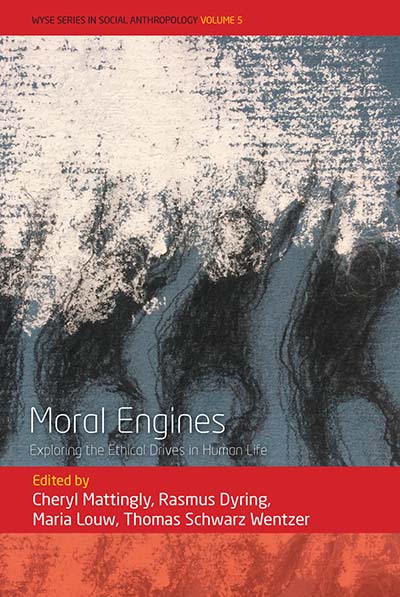 Published October 2017
Published October 2017 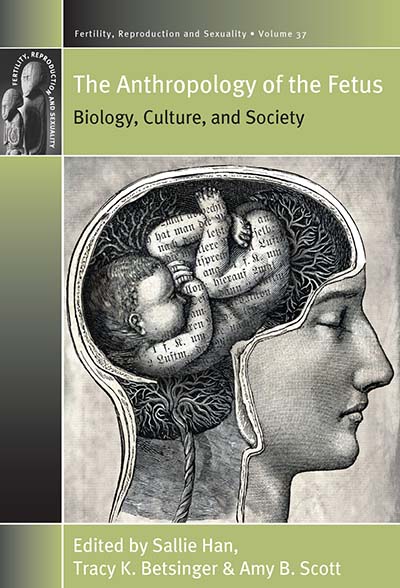 Published October 2017
Published October 2017 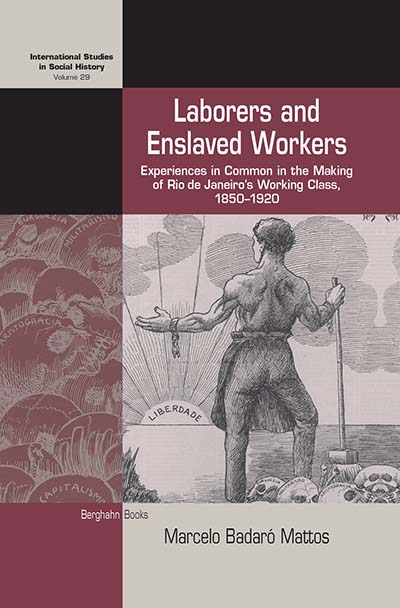 Published September 2017
Published September 2017 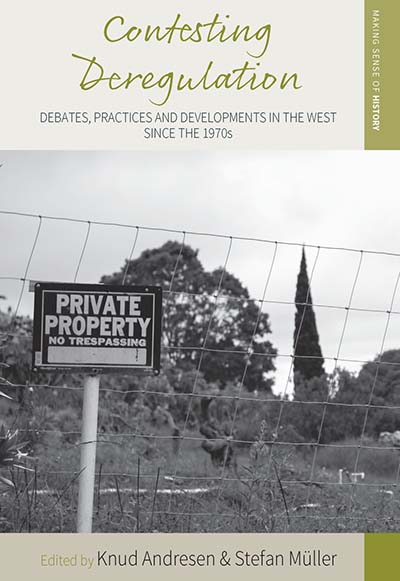 Published September 2017
Published September 2017  Published September 2017
Published September 2017  Published September 2017
Published September 2017  Published September 2017
Published September 2017 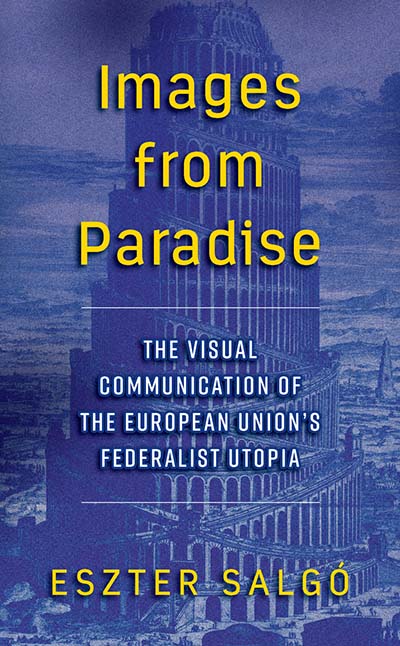 Published August 2017
Published August 2017 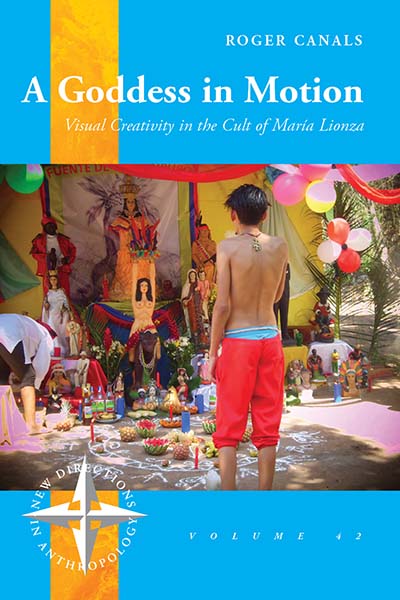 Published August 2017
Published August 2017 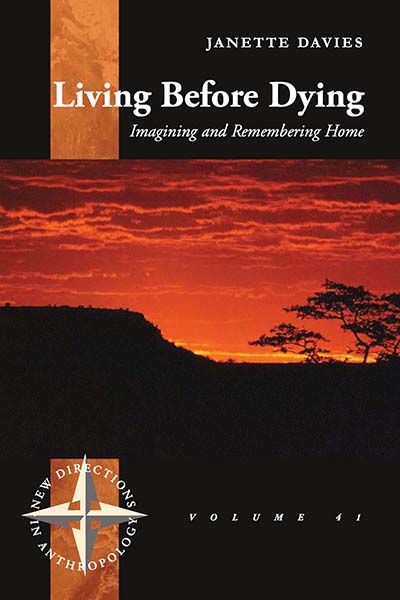 Published August 2017
Published August 2017 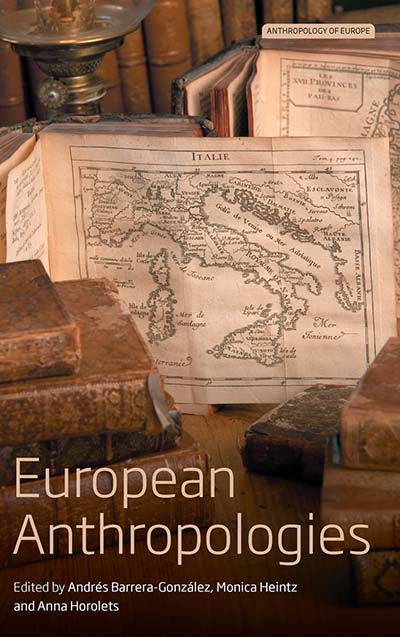 Published August 2017
Published August 2017 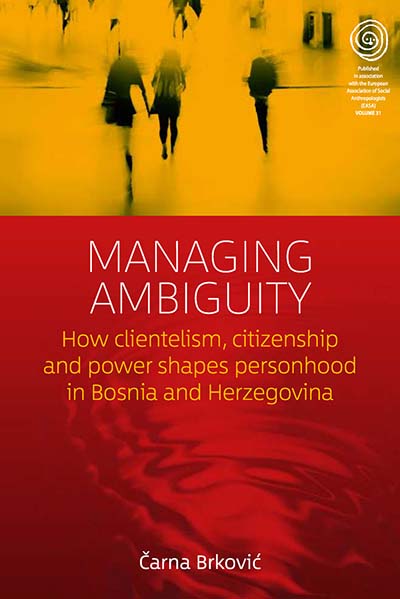 Published July 2017
Published July 2017 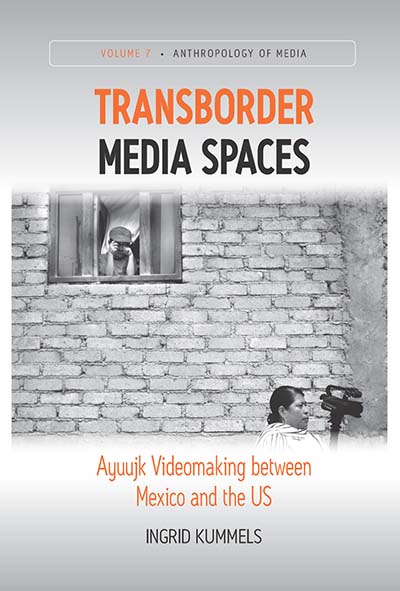 Published July 2017
Published July 2017 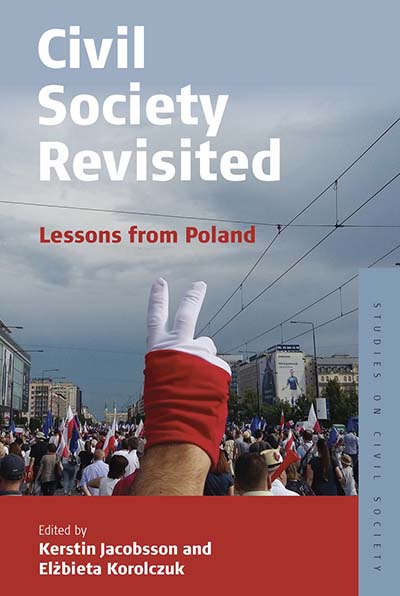 Published June 2017
Published June 2017 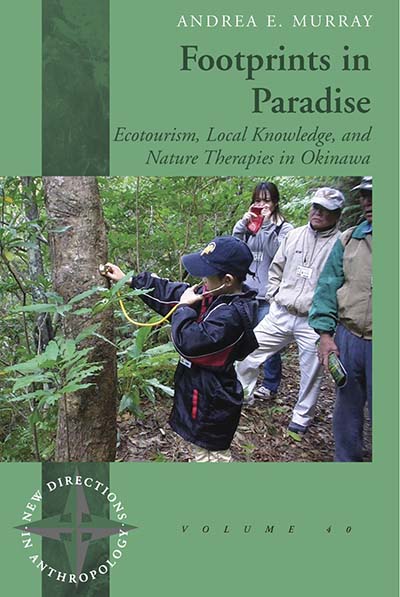 Published June 2017
Published June 2017 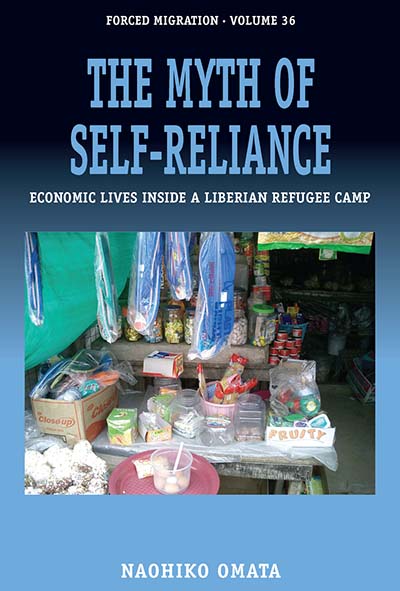 Published June 2017
Published June 2017  Published June 2017
Published June 2017 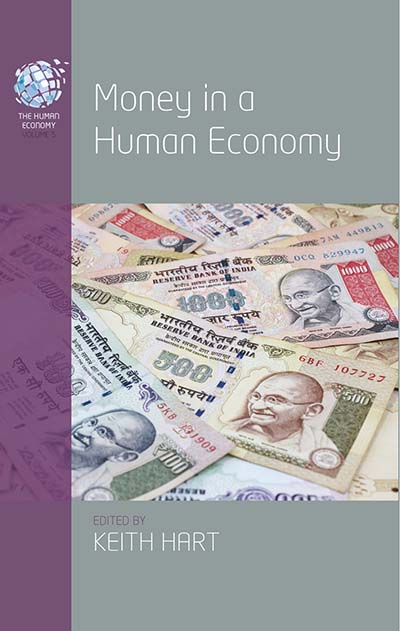 Published June 2017
Published June 2017 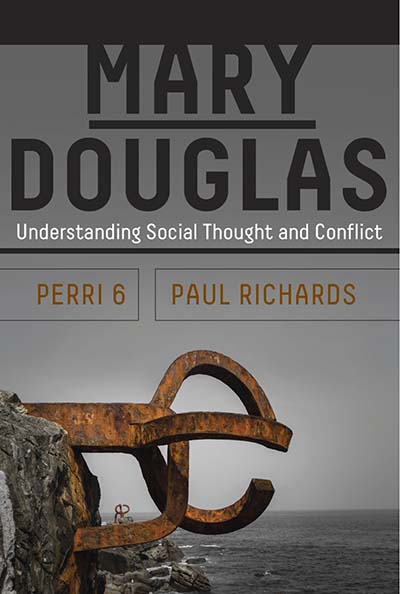 Published June 2017
Published June 2017 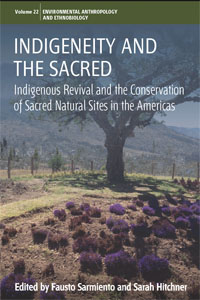 Published June 2017
Published June 2017 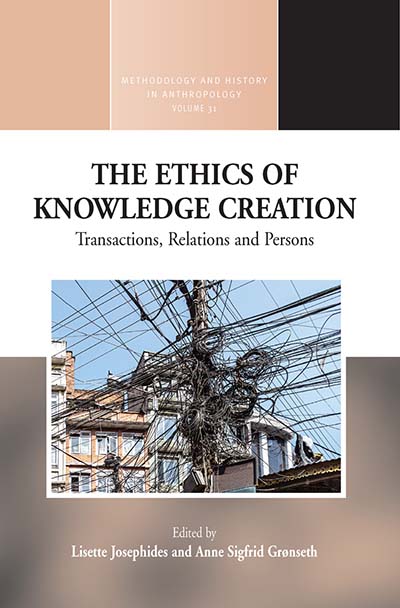 Published June 2017
Published June 2017 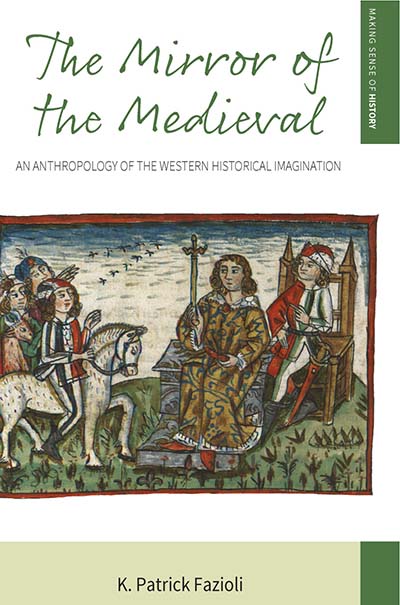 Published May 2017
Published May 2017 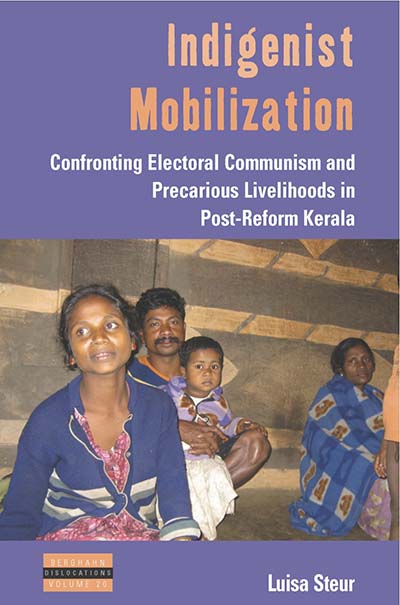 Published May 2017
Published May 2017 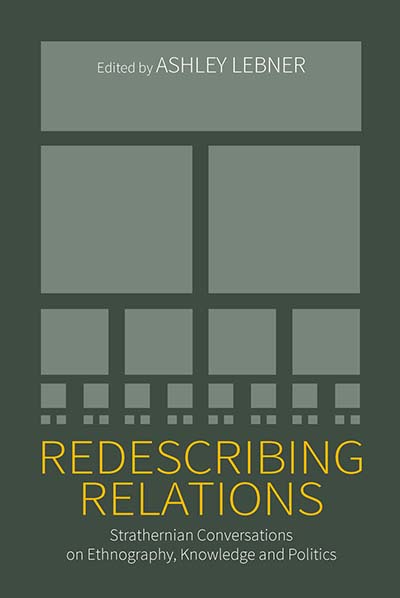 Published May 2017
Published May 2017 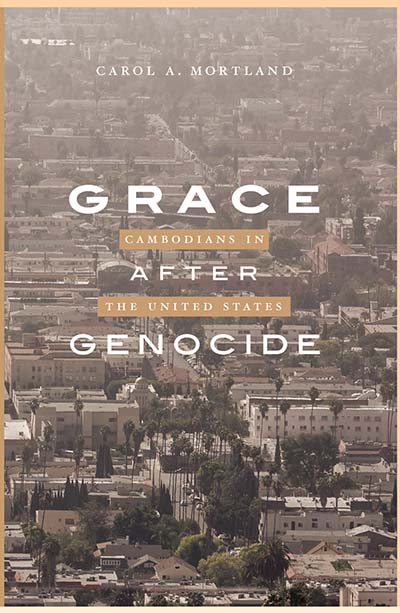 Published May 2017
Published May 2017  Published May 2017
Published May 2017 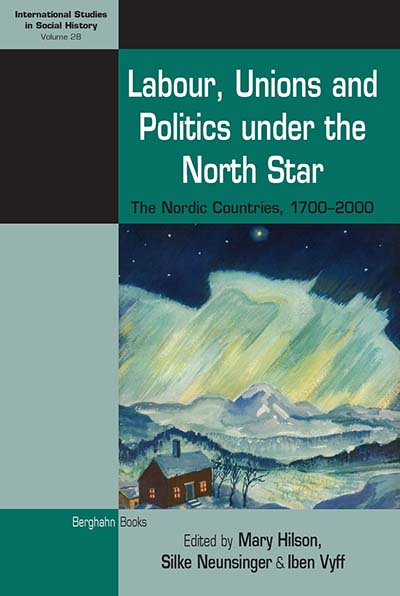 Published May 2017
Published May 2017 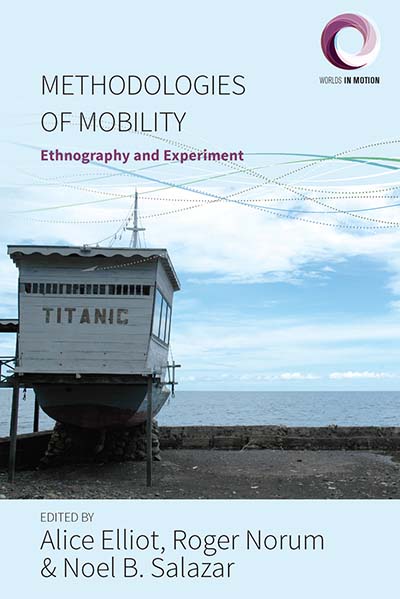 Published May 2017
Published May 2017  Published May 2017
Published May 2017 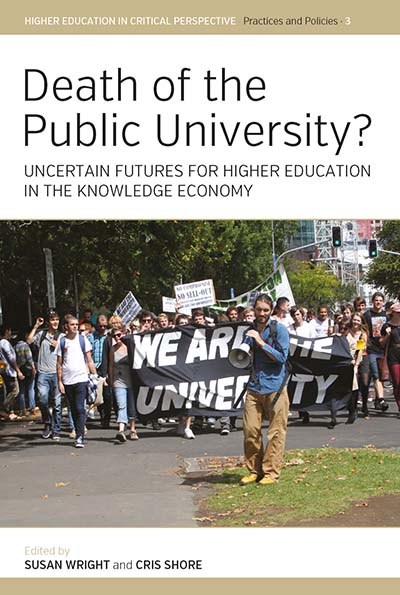 Published May 2017
Published May 2017 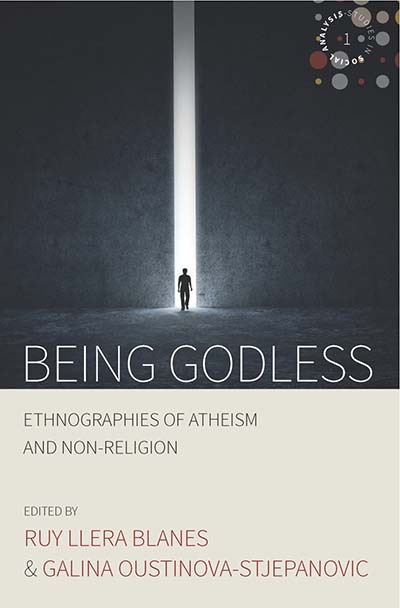 Published May 2017
Published May 2017 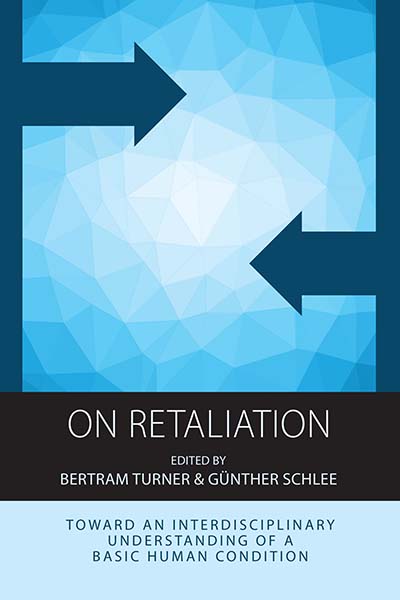 Published April 2017
Published April 2017 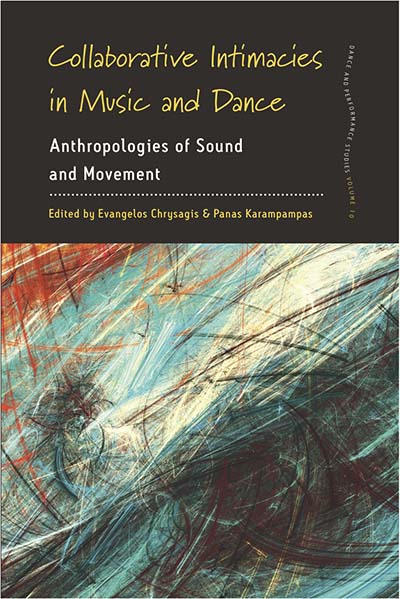 Published April 2017
Published April 2017 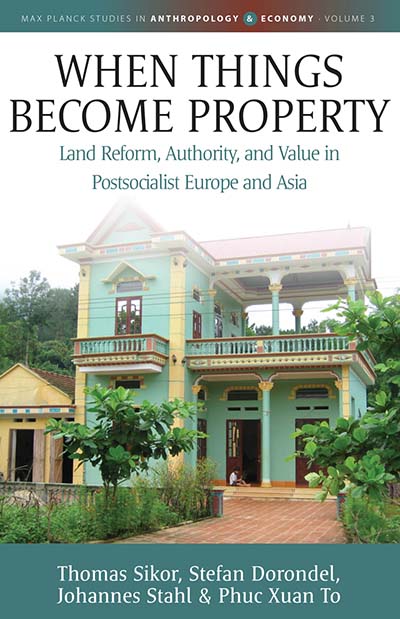 Published April 2017
Published April 2017 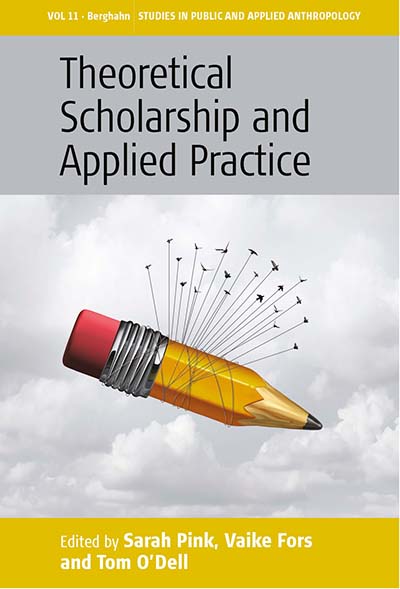 Published April 2017
Published April 2017 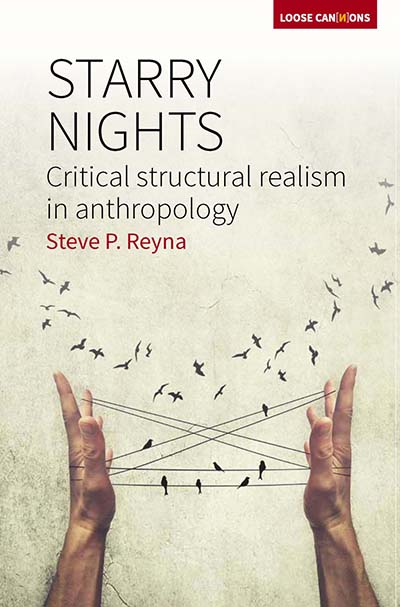 Published April 2017
Published April 2017  Published April 2017
Published April 2017 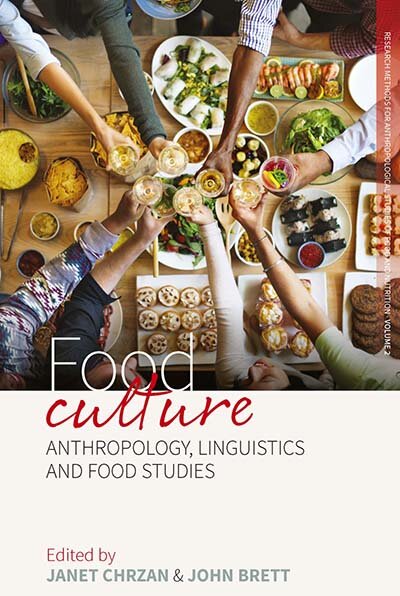 Published February 2017
Published February 2017  Published February 2017
Published February 2017 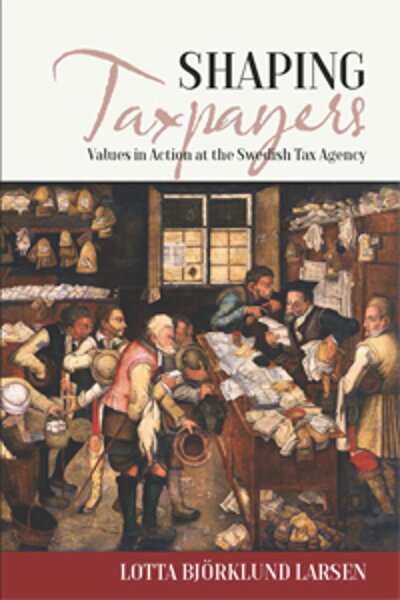 Published February 2017
Published February 2017 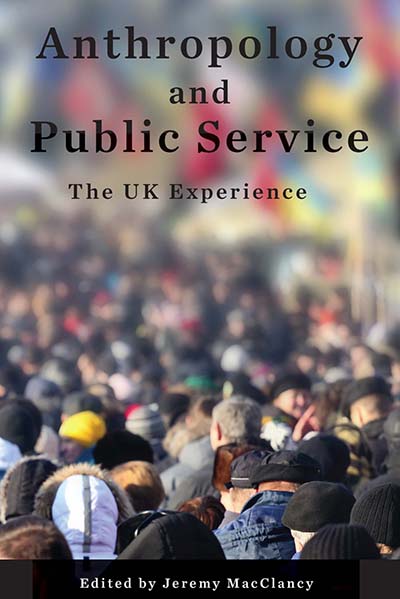 Published February 2017
Published February 2017 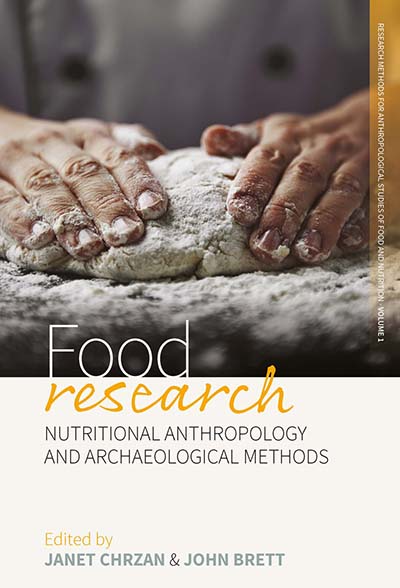 Published January 2017
Published January 2017 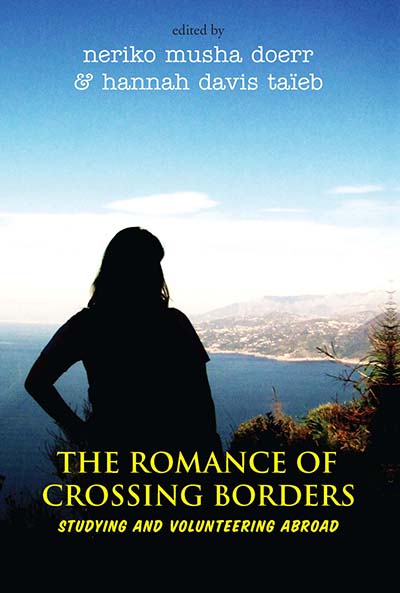 Published January 2017
Published January 2017 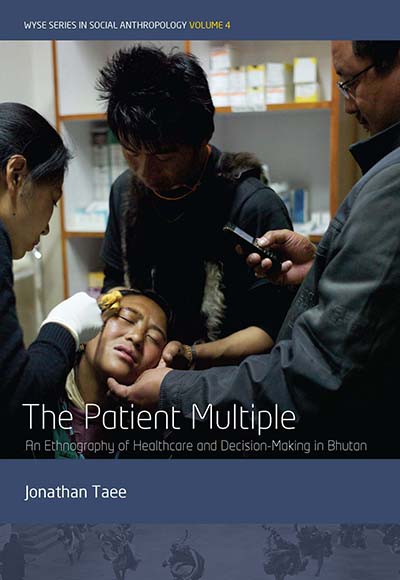 Published January 2017
Published January 2017 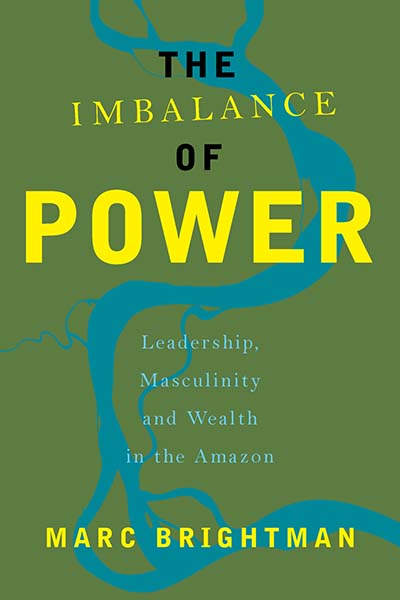 Published December 2016
Published December 2016 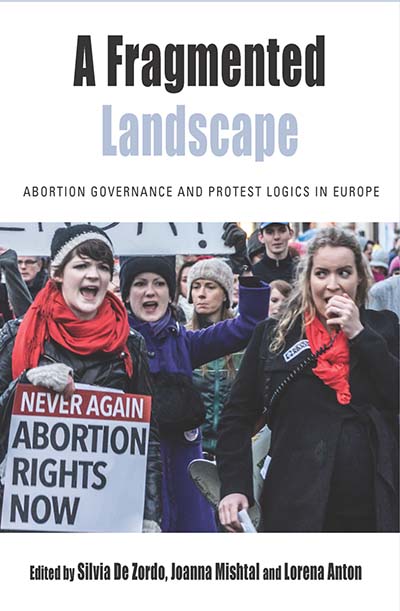 Published December 2016
Published December 2016 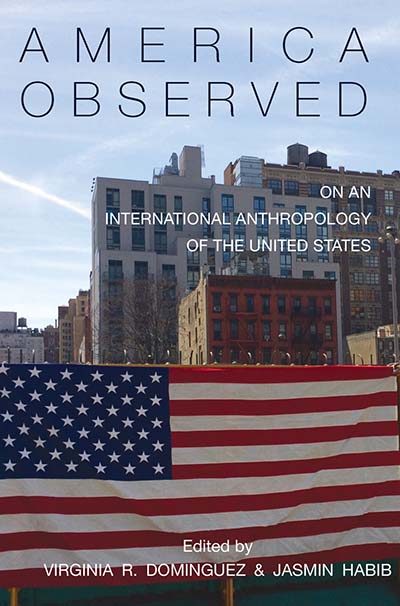 Published December 2016
Published December 2016 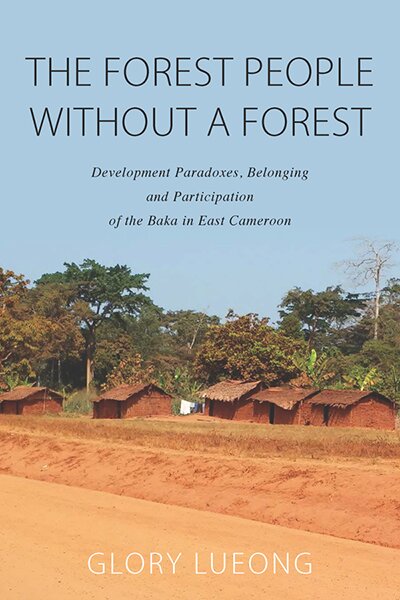 Published December 2016
Published December 2016 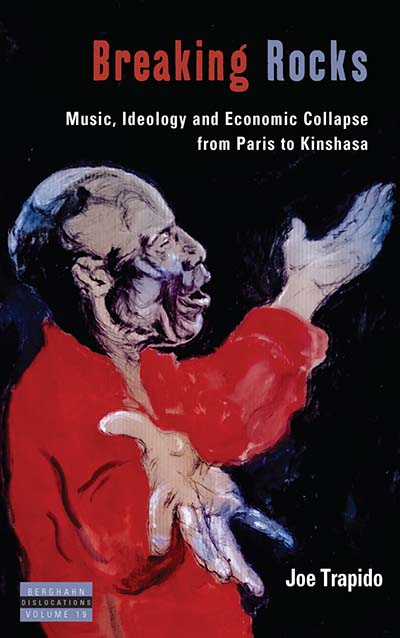 Published December 2016
Published December 2016 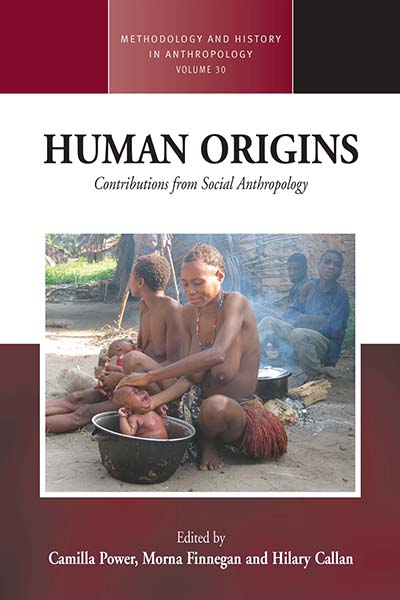 Published December 2016
Published December 2016 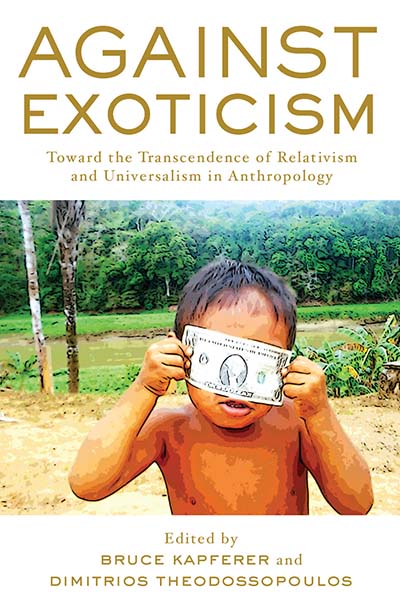 Published December 2016
Published December 2016  Published November 2016
Published November 2016 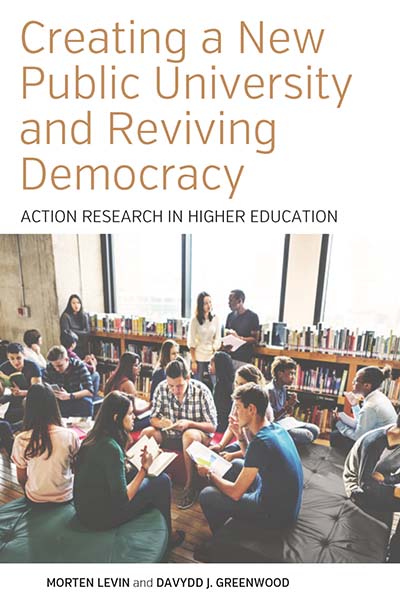 Published November 2016
Published November 2016 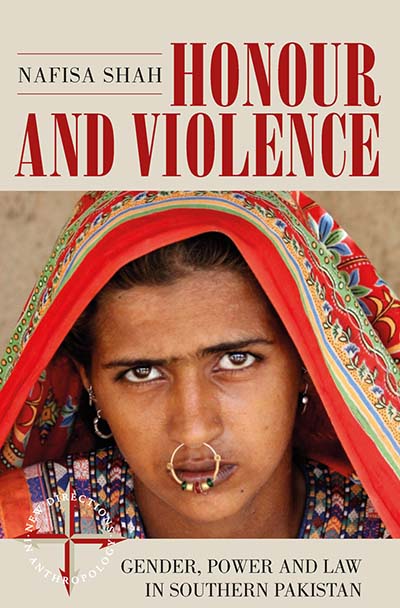 Published October 2016
Published October 2016 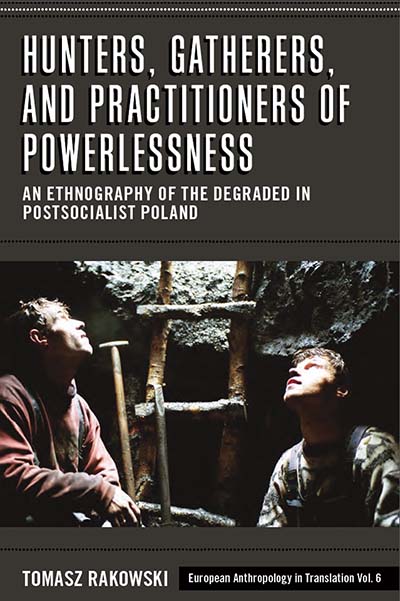 Published October 2016
Published October 2016 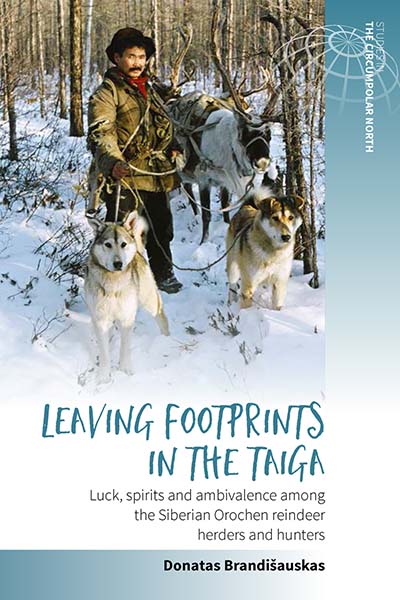 Published October 2016
Published October 2016 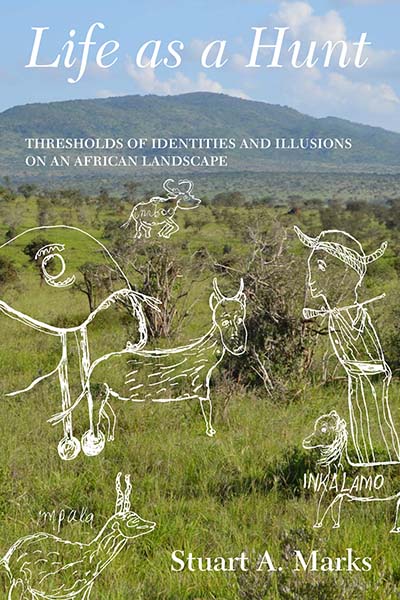 Published September 2016
Published September 2016 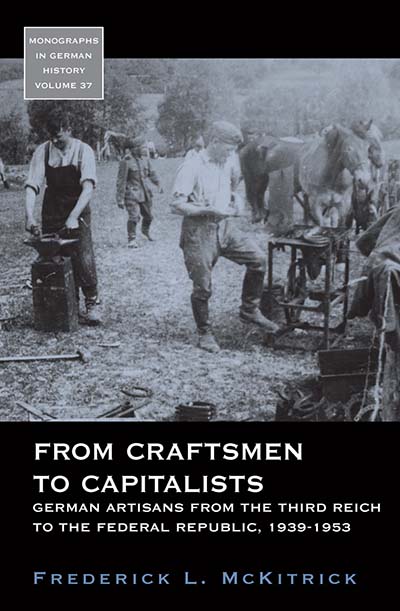 Published September 2016
Published September 2016  Published September 2016
Published September 2016 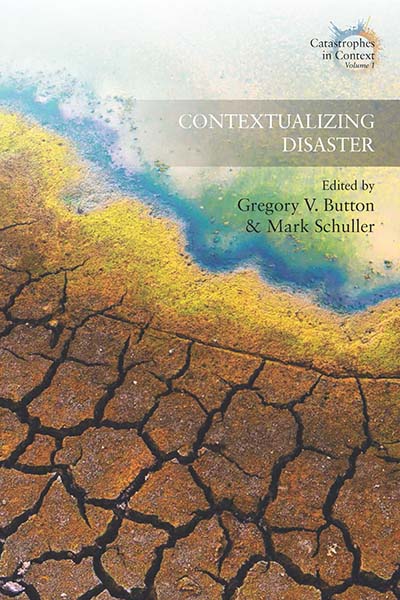 Published September 2016
Published September 2016  Published September 2016
Published September 2016 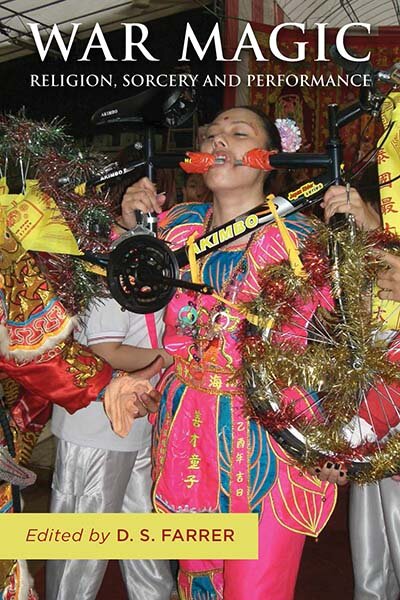 Published September 2016
Published September 2016  Published August 2016
Published August 2016 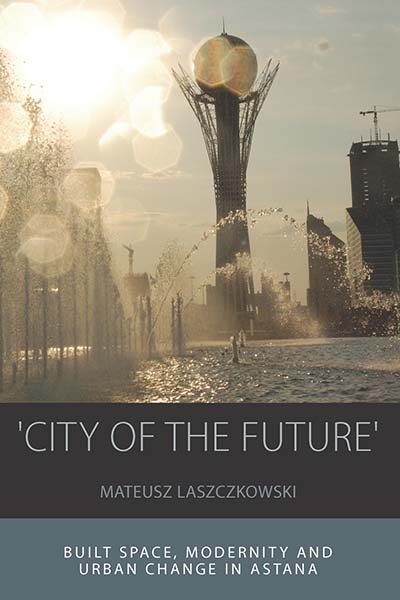 Published August 2016
Published August 2016  Published August 2016
Published August 2016  Published August 2016
Published August 2016  Published August 2016
Published August 2016 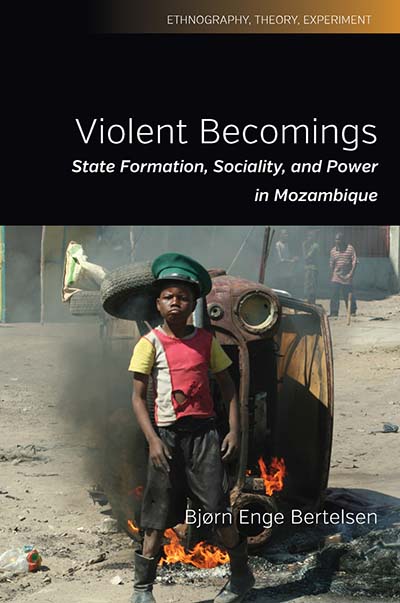 Published August 2016
Published August 2016 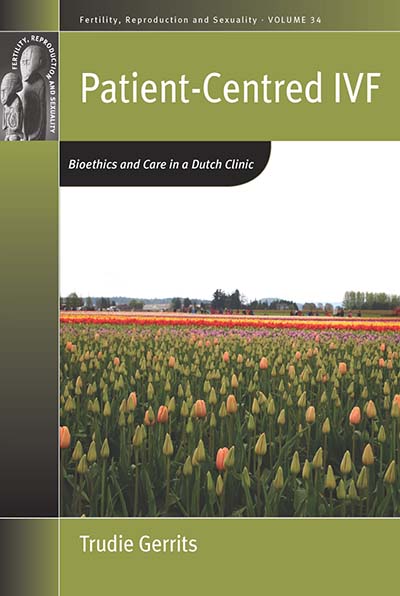 Published August 2016
Published August 2016 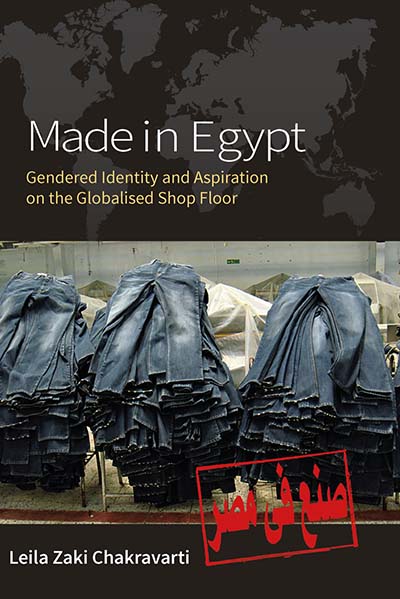 Published July 2016
Published July 2016 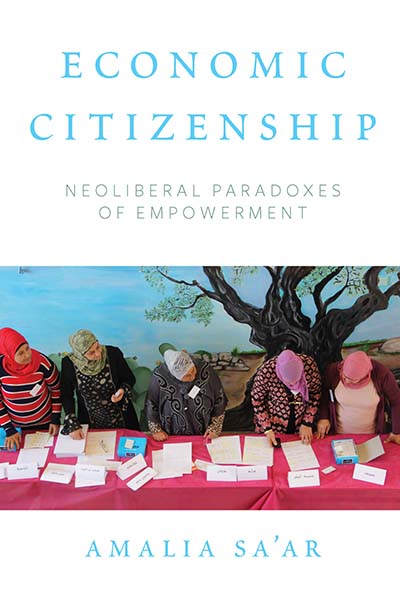 Published July 2016
Published July 2016  Published July 2016
Published July 2016 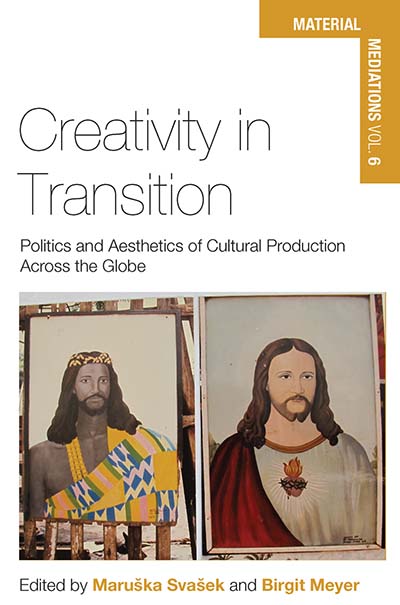 Published July 2016
Published July 2016 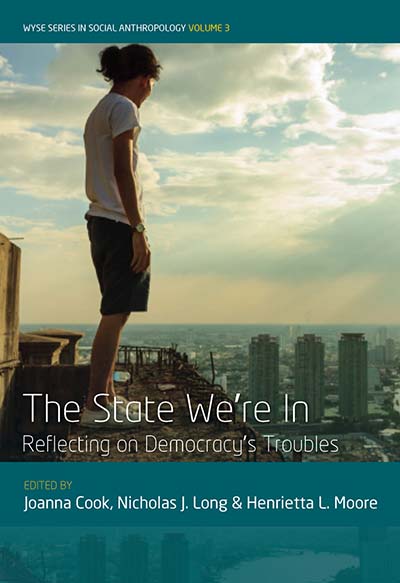 Published July 2016
Published July 2016 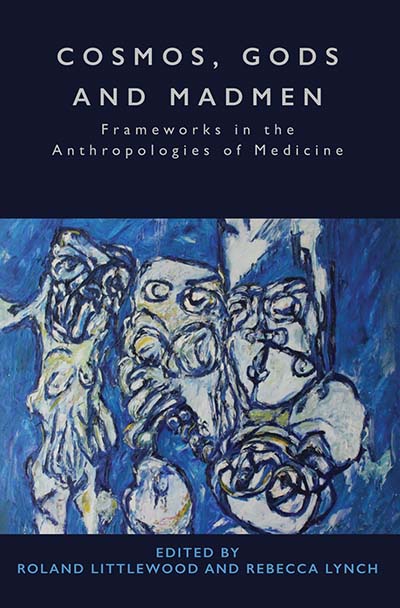 Published June 2016
Published June 2016 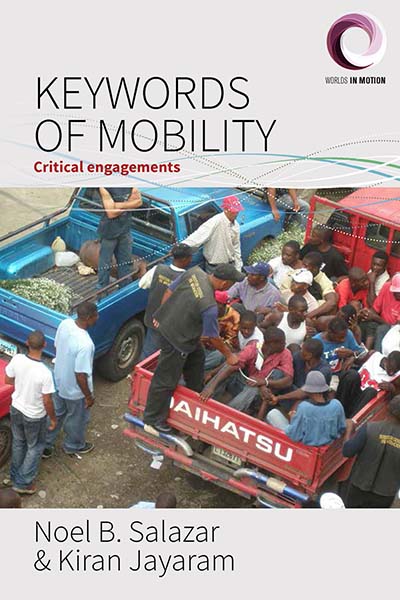 Published June 2016
Published June 2016 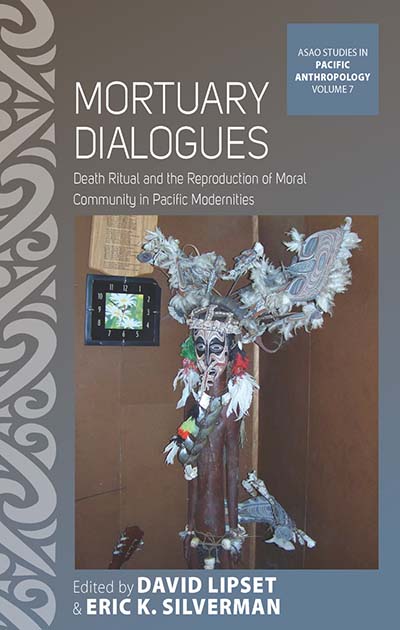 Published June 2016
Published June 2016 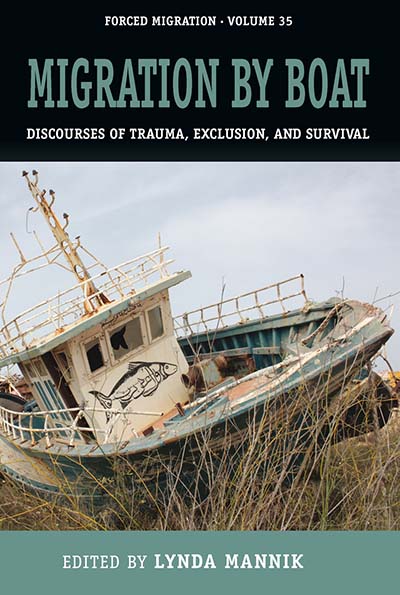 Published May 2016
Published May 2016 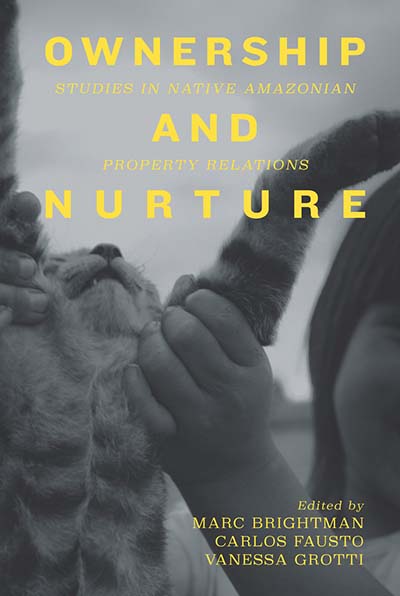 Published May 2016
Published May 2016 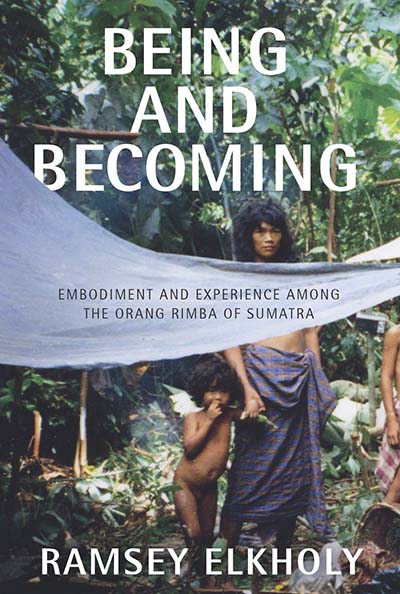 Published May 2016
Published May 2016 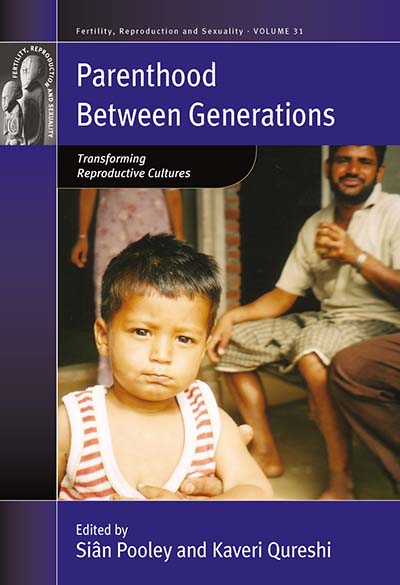 Published April 2016
Published April 2016  Published April 2016
Published April 2016  Published April 2016
Published April 2016 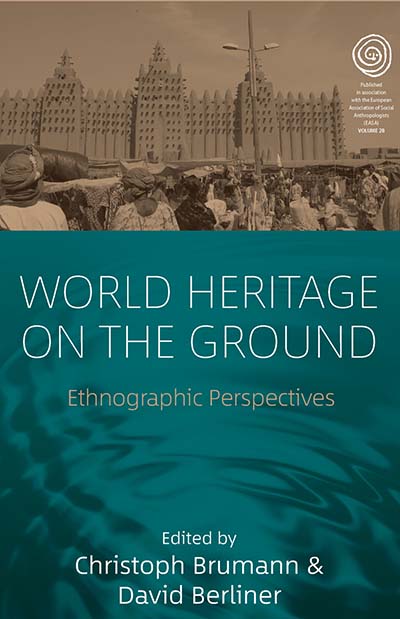 Published April 2016
Published April 2016 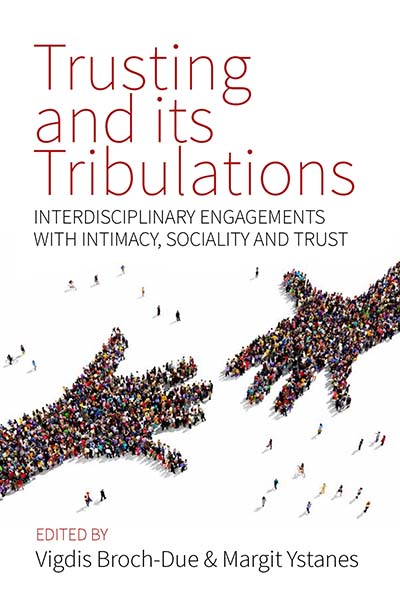 Published April 2016
Published April 2016 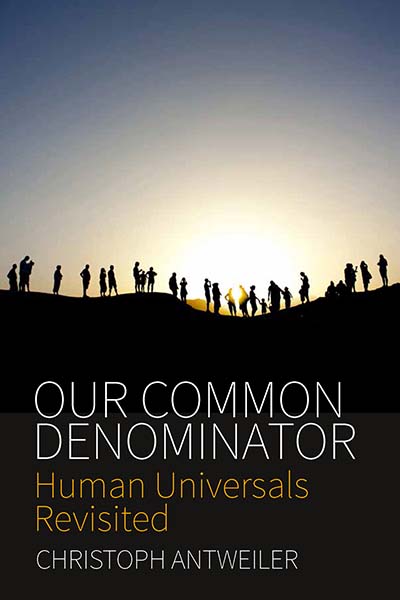 Published April 2016
Published April 2016 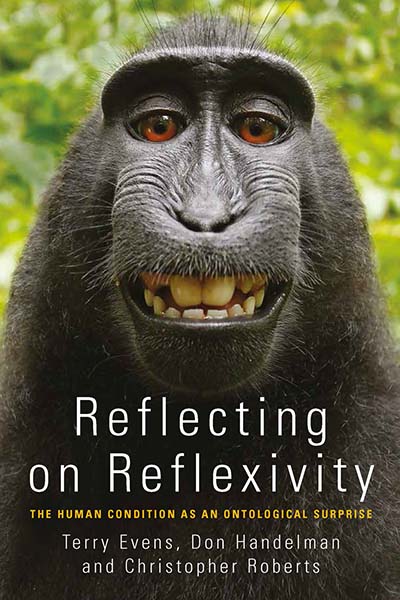 Published March 2016
Published March 2016 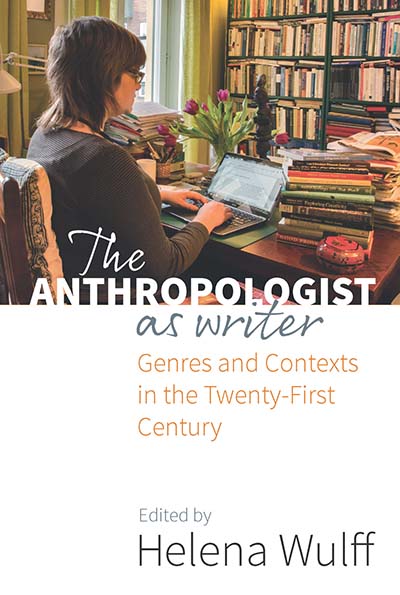 Published March 2016
Published March 2016 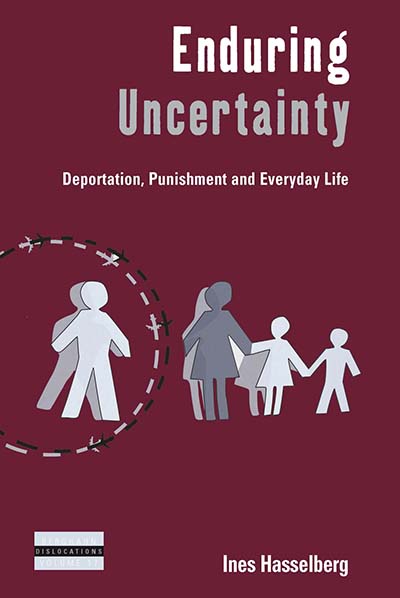 Published March 2016
Published March 2016  Published March 2016
Published March 2016 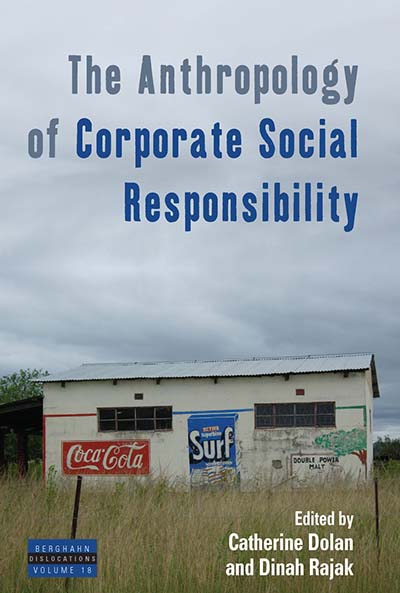 Published March 2016
Published March 2016 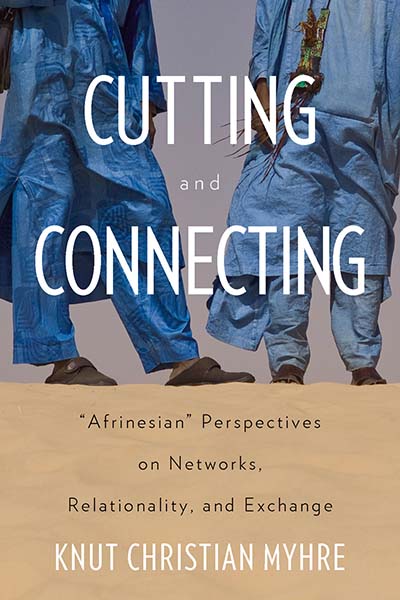 Published March 2016
Published March 2016 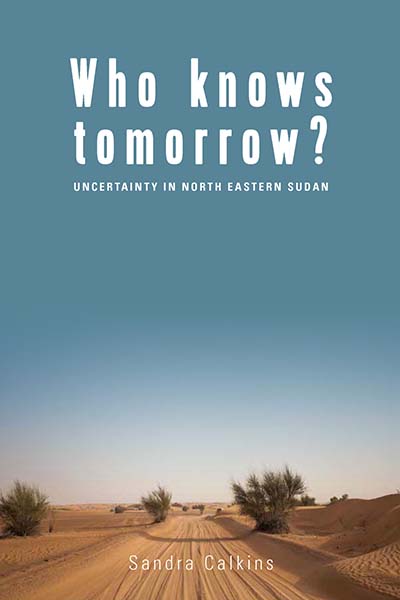 Published February 2016
Published February 2016 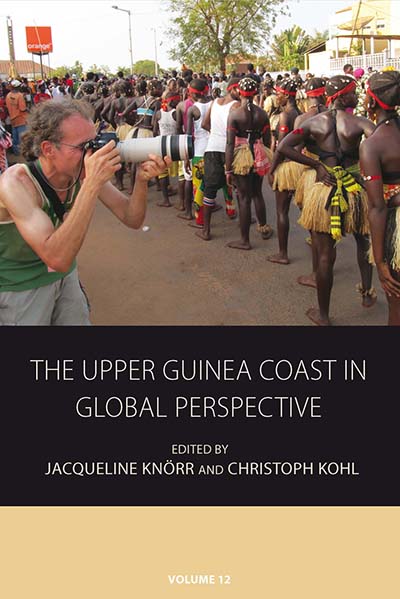 Published February 2016
Published February 2016  Published January 2016
Published January 2016 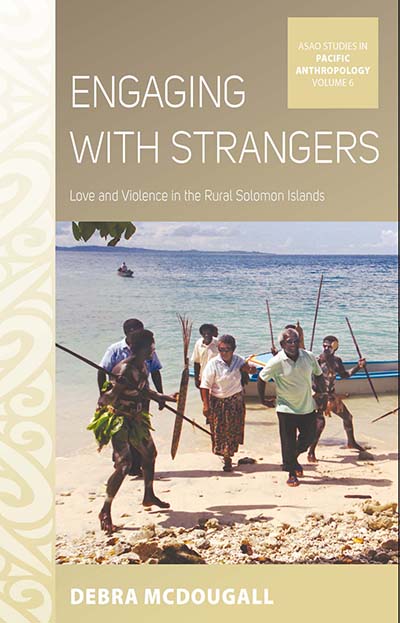 Published January 2016
Published January 2016 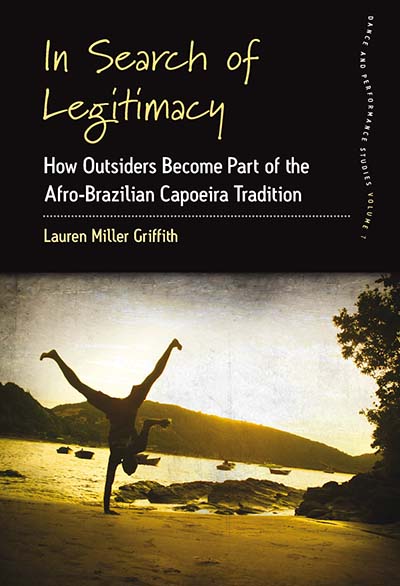 Published January 2016
Published January 2016 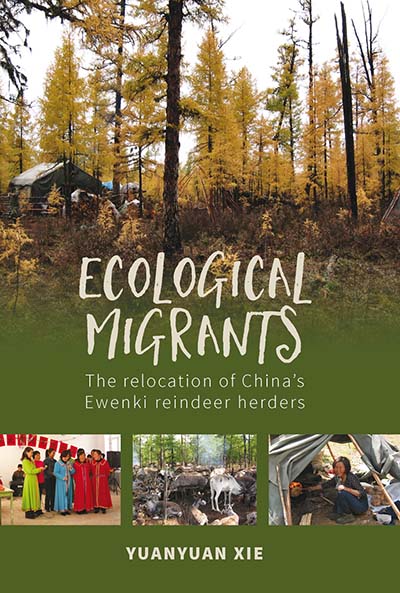 Published December 2015
Published December 2015 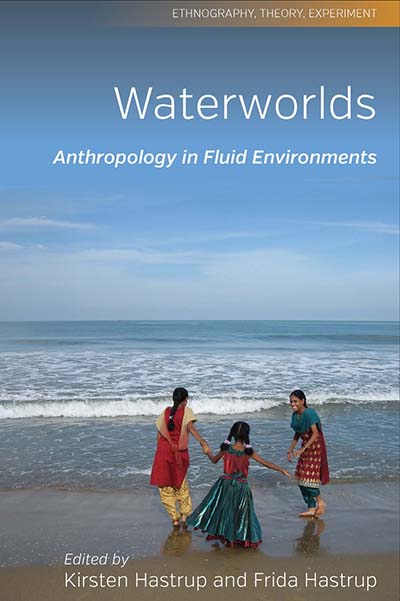 Published November 2015
Published November 2015 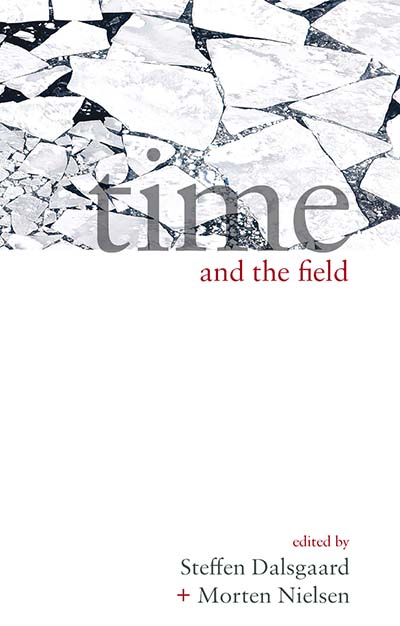 Published November 2015
Published November 2015 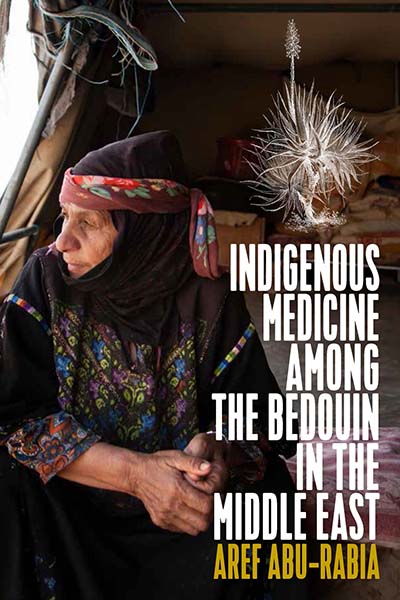 Published October 2015
Published October 2015 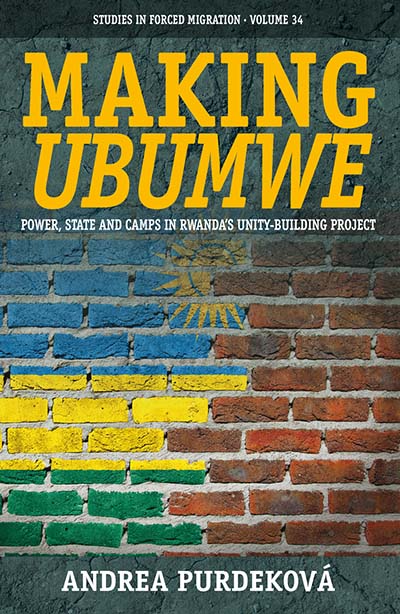 Published October 2015
Published October 2015 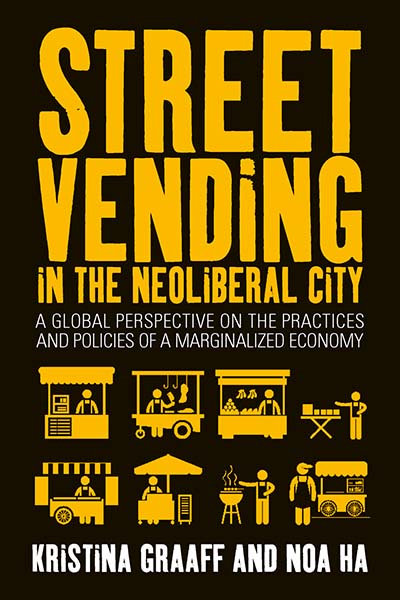 Published October 2015
Published October 2015 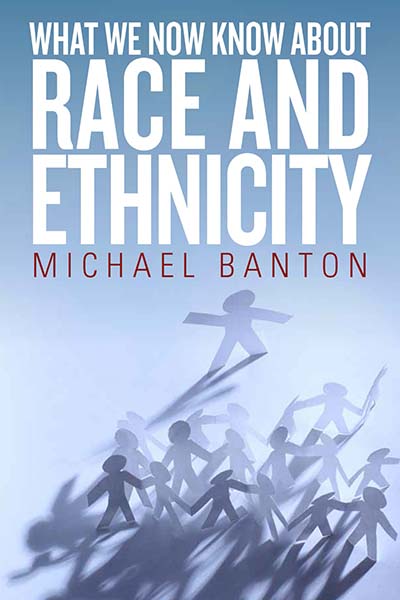 Published October 2015
Published October 2015 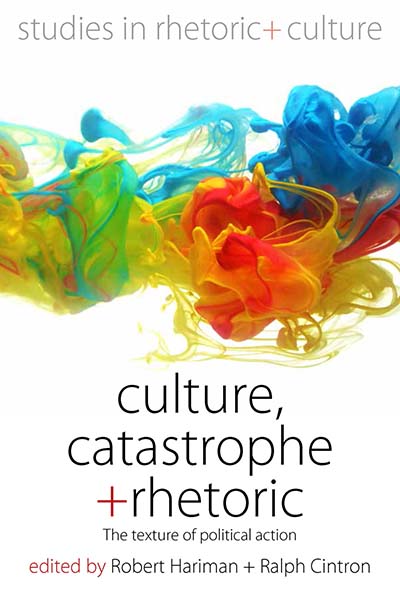 Published October 2015
Published October 2015 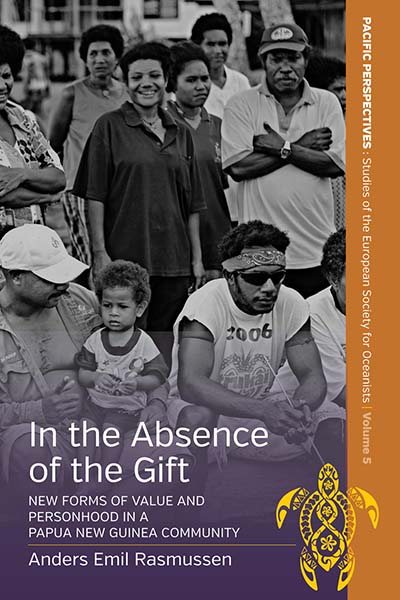 Published September 2015
Published September 2015 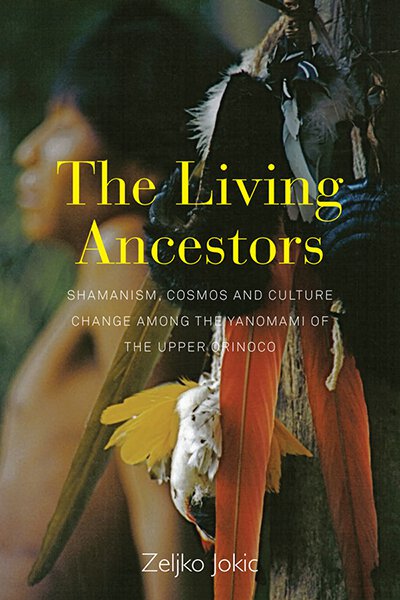 Published September 2015
Published September 2015 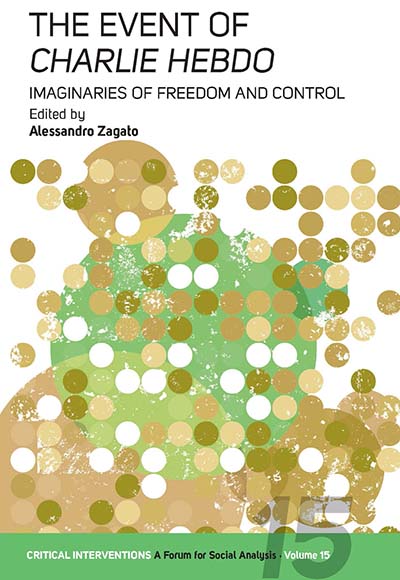 Published September 2015
Published September 2015 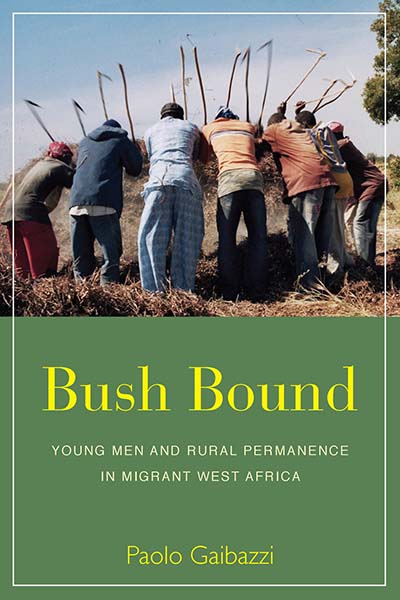 Published August 2015
Published August 2015 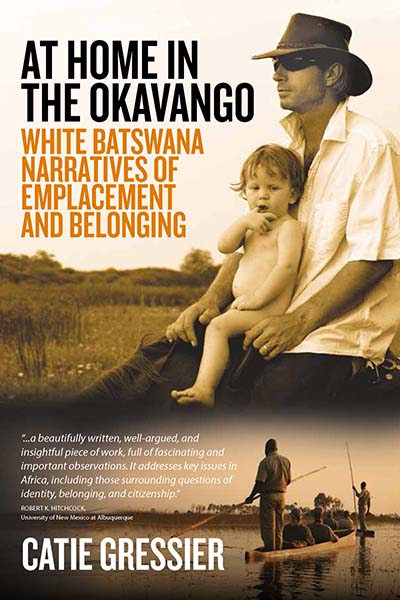 Published August 2015
Published August 2015  Published May 2015
Published May 2015 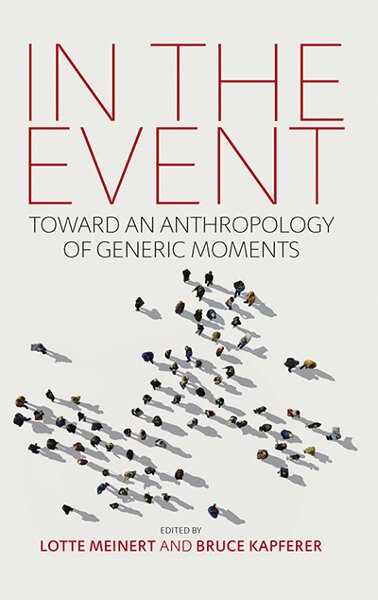 Published May 2015
Published May 2015 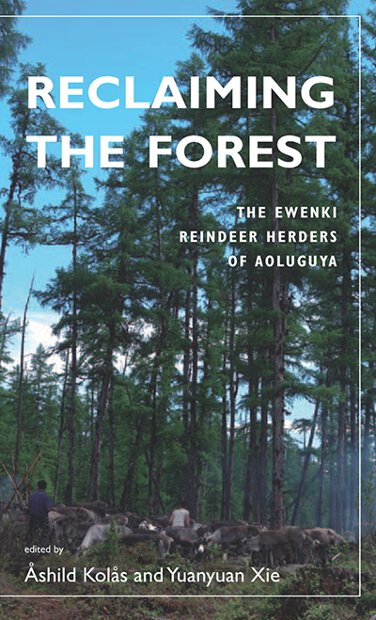 Published April 2015
Published April 2015 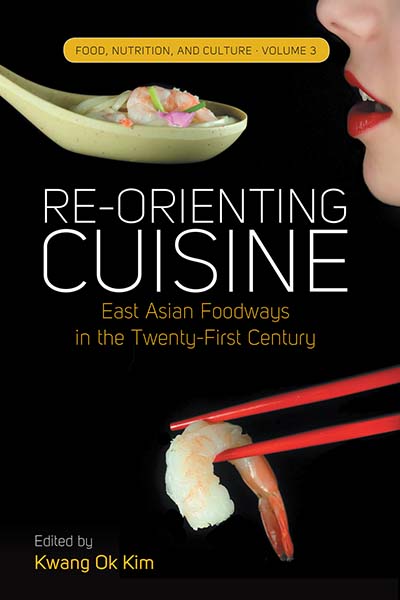 Published February 2015
Published February 2015 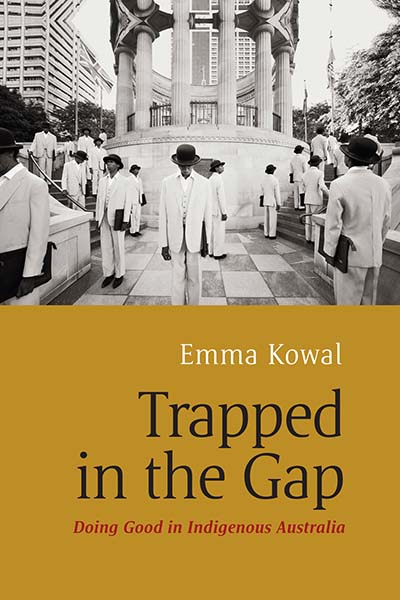 Published February 2015
Published February 2015 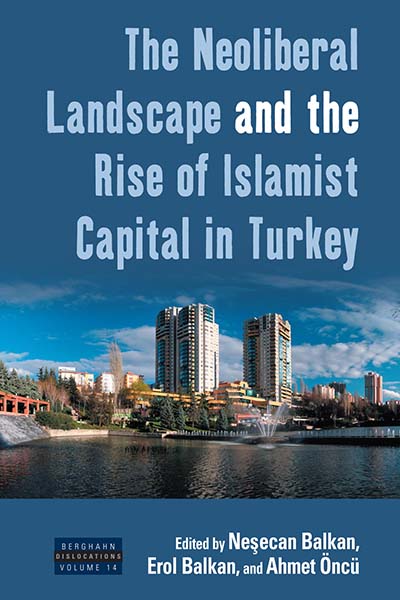 Published February 2015
Published February 2015  Published January 2015
Published January 2015 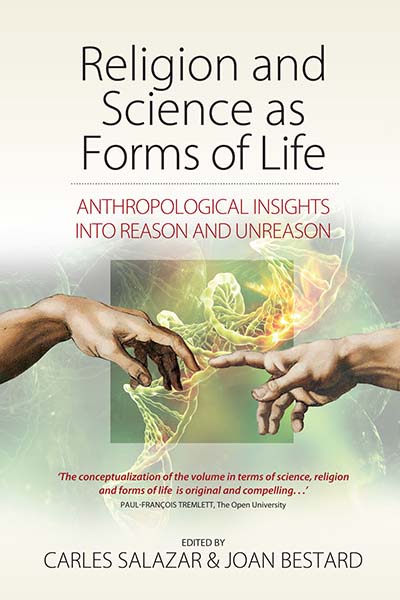 Published January 2015
Published January 2015  Published January 2015
Published January 2015 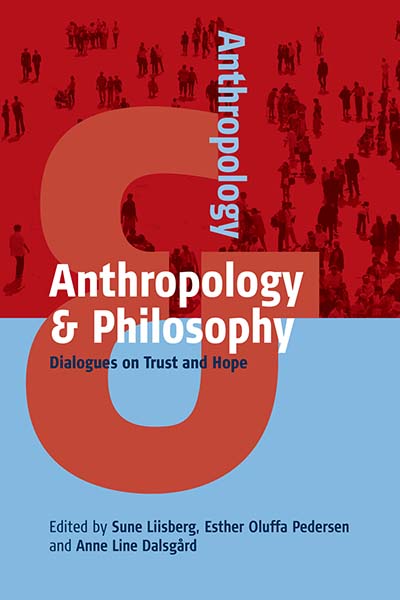 Published January 2015
Published January 2015 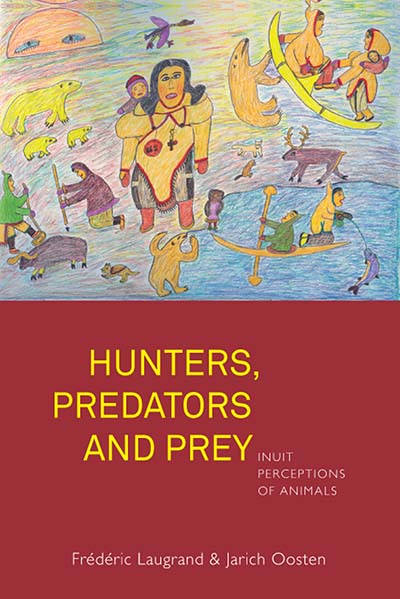 Published October 2014
Published October 2014  Published October 2014
Published October 2014 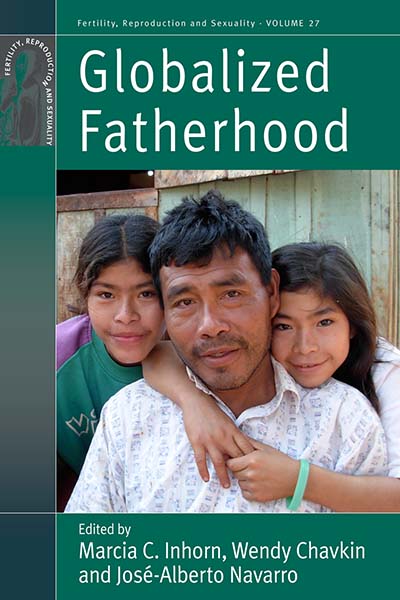 Published October 2014
Published October 2014 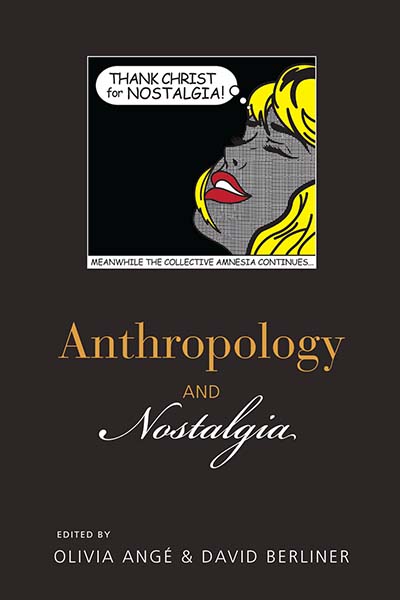 Published October 2014
Published October 2014 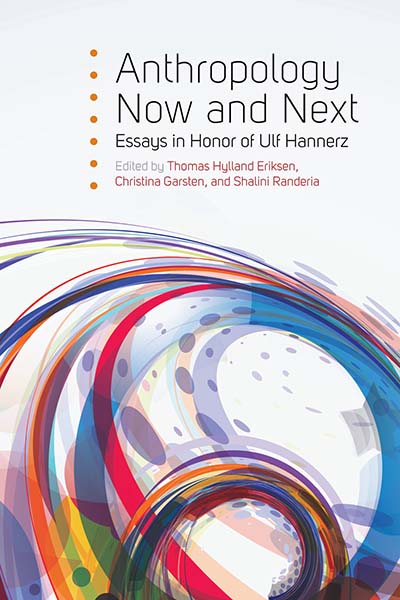 Published October 2014
Published October 2014  Published October 2014
Published October 2014 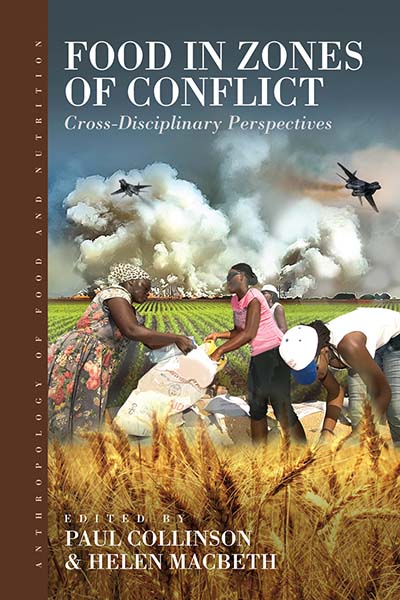 Published September 2014
Published September 2014 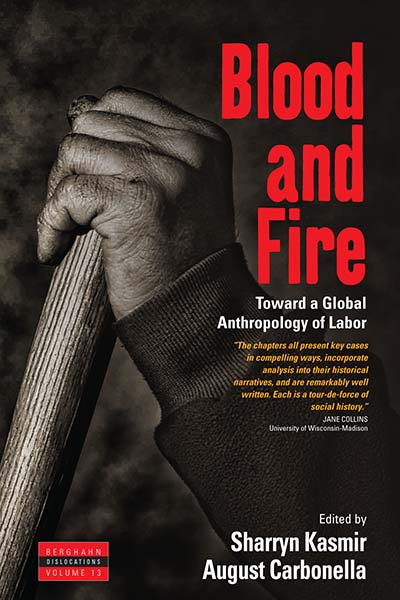 Published August 2014
Published August 2014  Published August 2014
Published August 2014 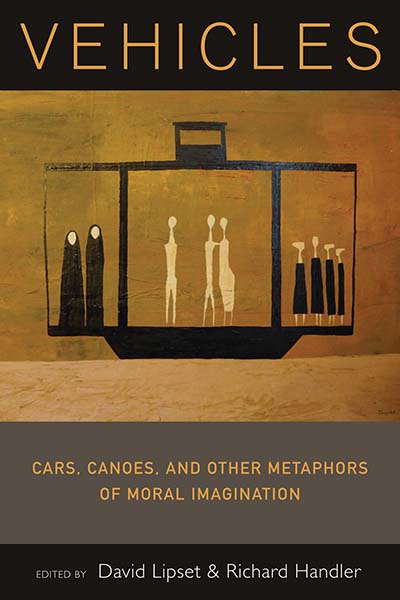 Published August 2014
Published August 2014 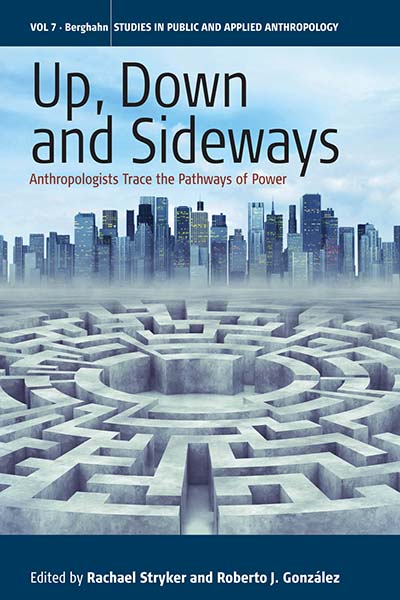 Published August 2014
Published August 2014 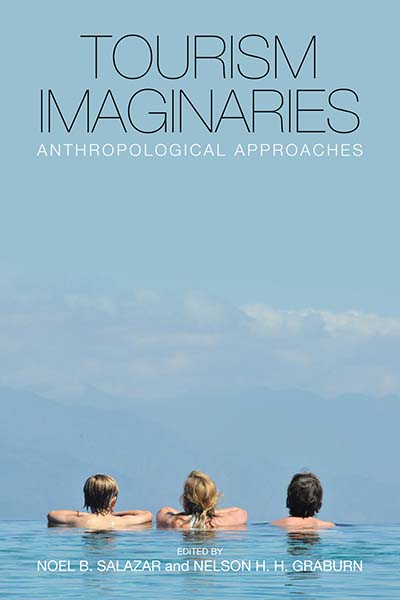 Published June 2014
Published June 2014 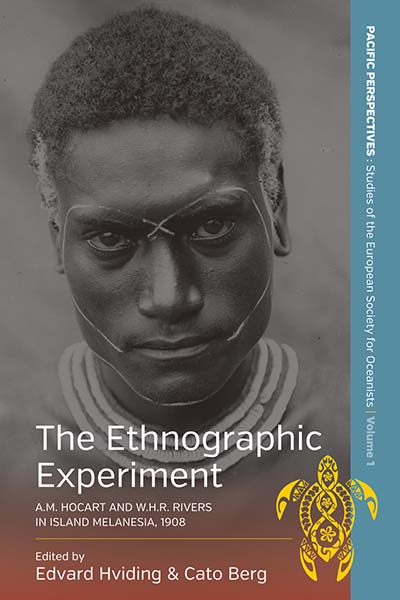 Published June 2014
Published June 2014 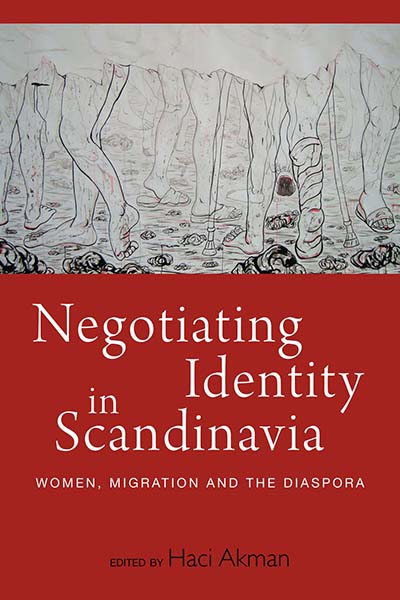 Published May 2014
Published May 2014 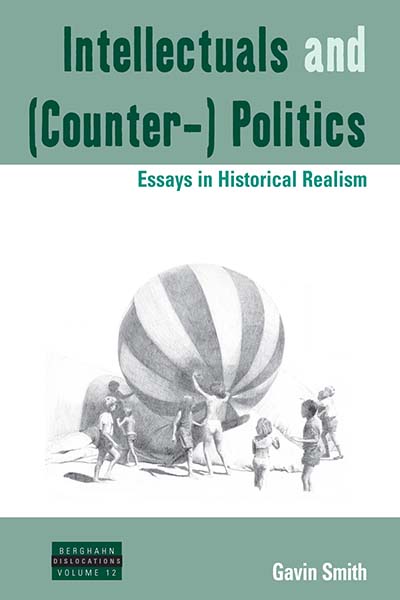 Published May 2014
Published May 2014  Published March 2014
Published March 2014 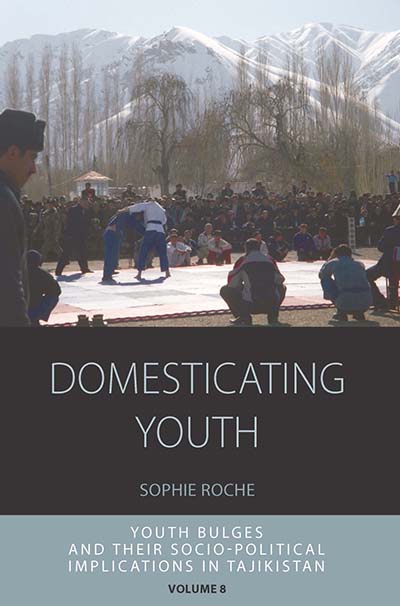 Published March 2014
Published March 2014 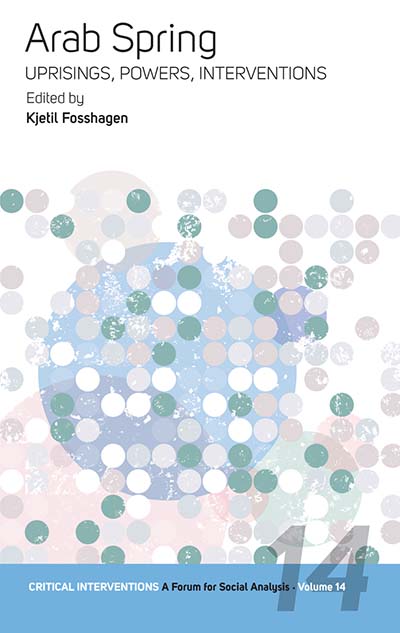 Published March 2014
Published March 2014  Published January 2014
Published January 2014 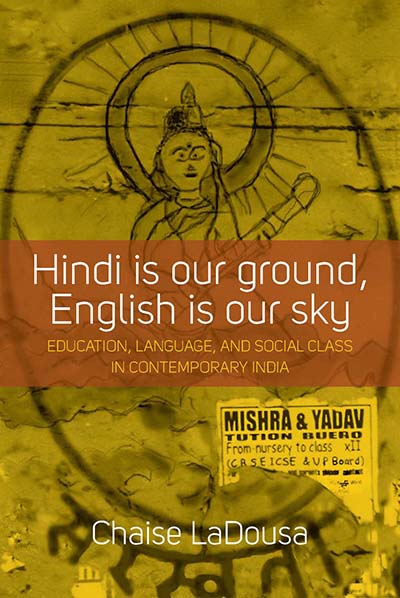 Published January 2014
Published January 2014 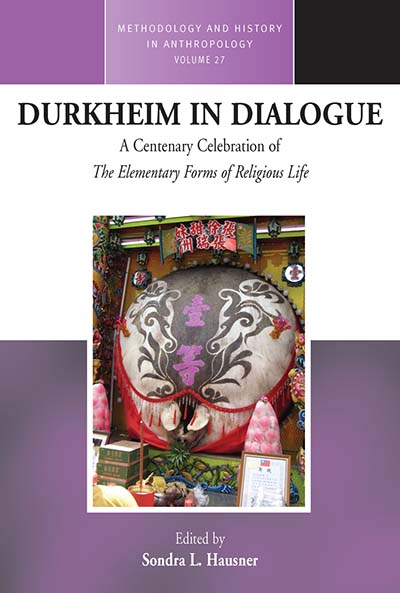 Published November 2013
Published November 2013 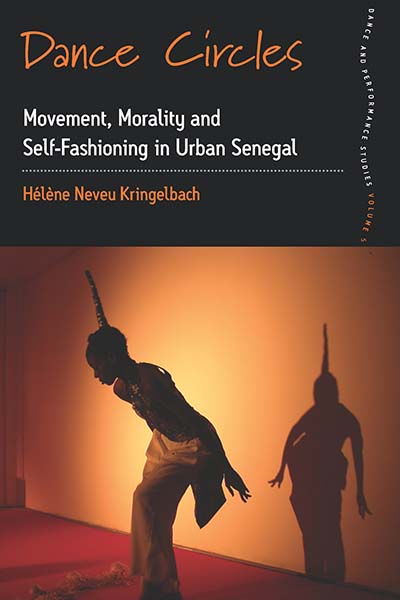 Published November 2013
Published November 2013 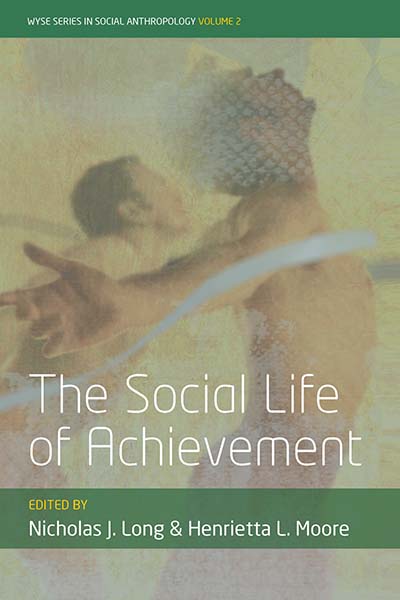 Published November 2013
Published November 2013 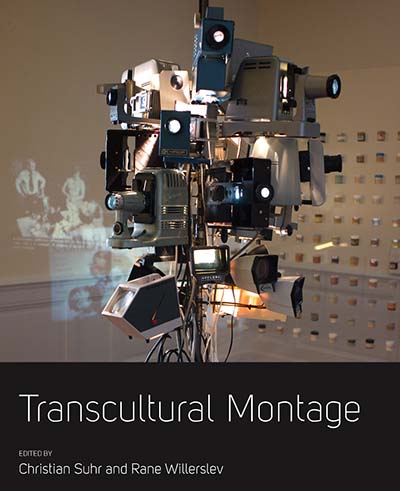 Published October 2013
Published October 2013  Published October 2013
Published October 2013 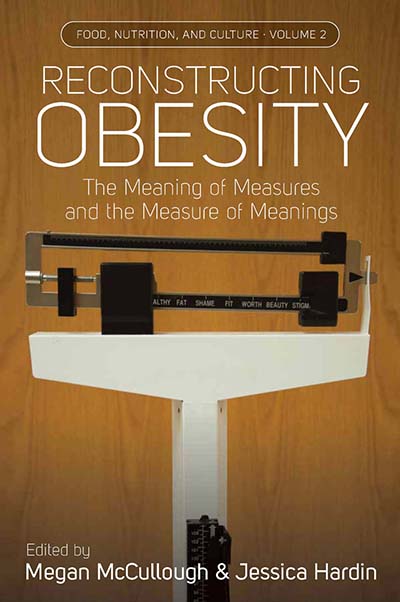 Published October 2013
Published October 2013 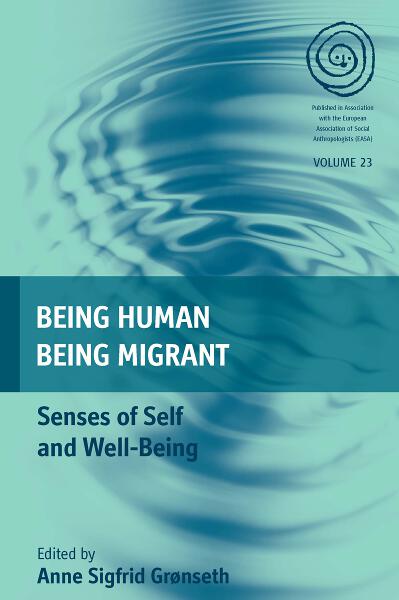 Published October 2013
Published October 2013  Published September 2013
Published September 2013  Published September 2013
Published September 2013 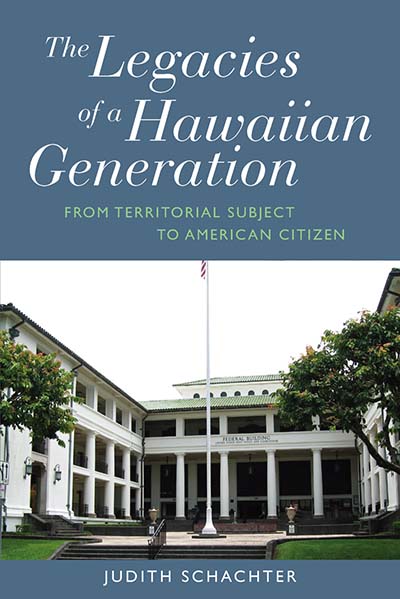 Published September 2013
Published September 2013 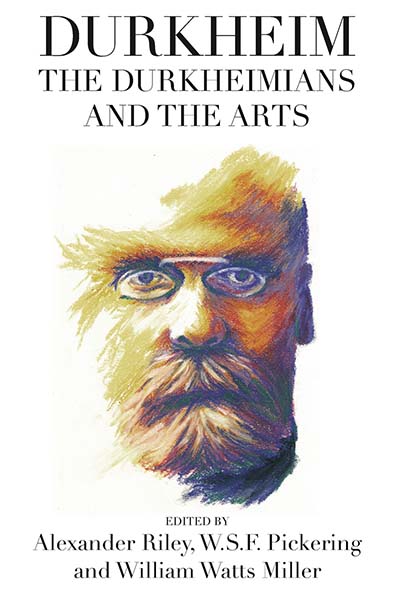 Published August 2013
Published August 2013 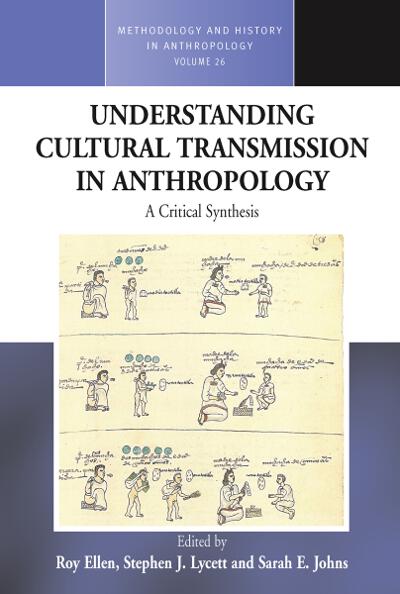 Published August 2013
Published August 2013  Published August 2013
Published August 2013 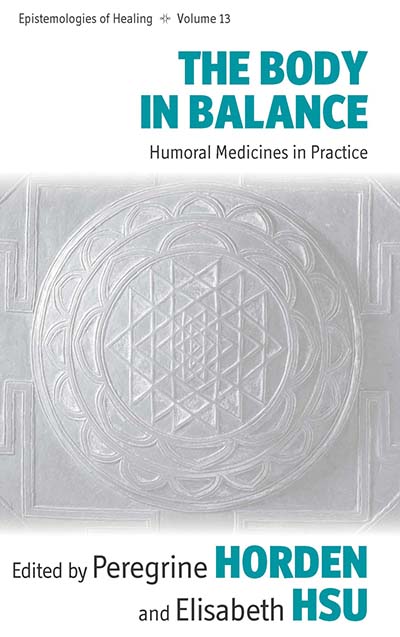 Published August 2013
Published August 2013 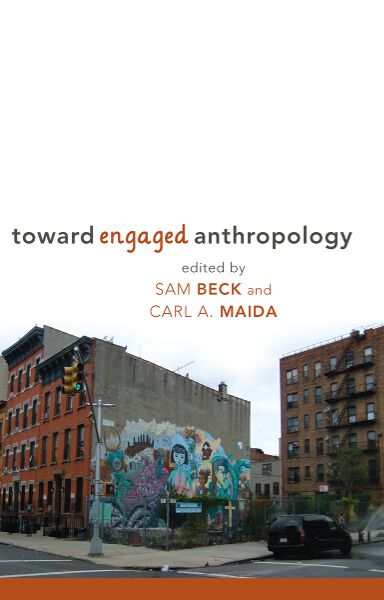 Published July 2013
Published July 2013 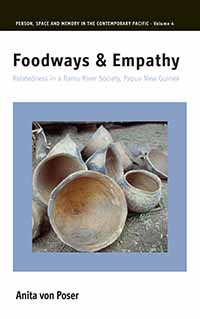 Published July 2013
Published July 2013  Published July 2013
Published July 2013 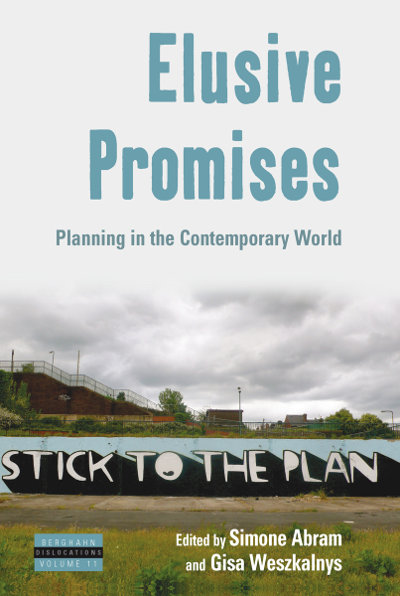 Published July 2013
Published July 2013  Published July 2013
Published July 2013 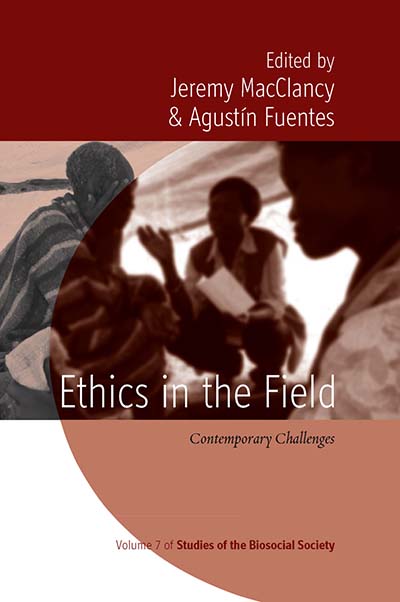 Published July 2013
Published July 2013 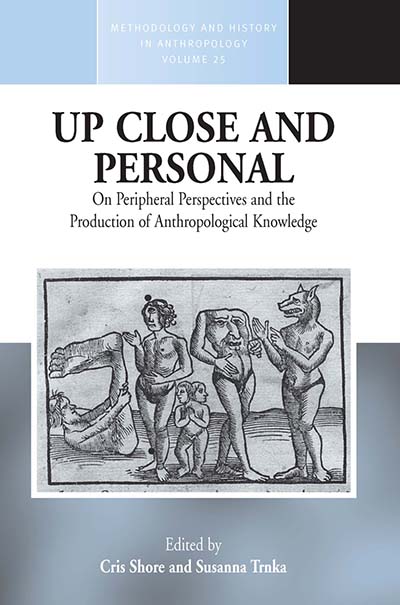 Published June 2013
Published June 2013 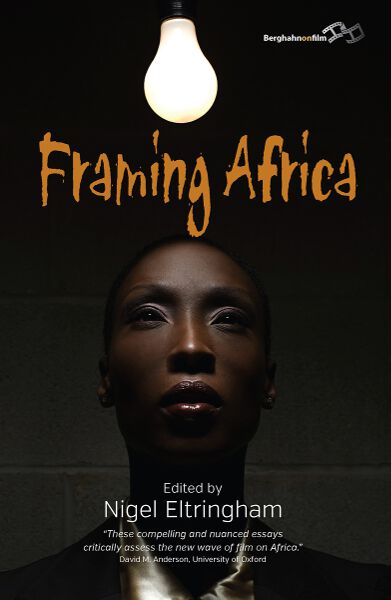 Published June 2013
Published June 2013 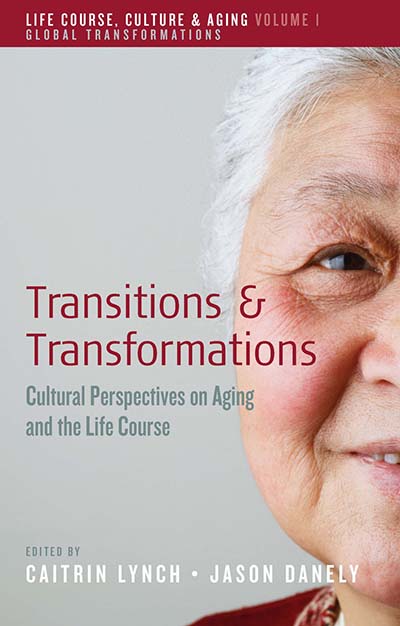 Published April 2013
Published April 2013  Published April 2013
Published April 2013 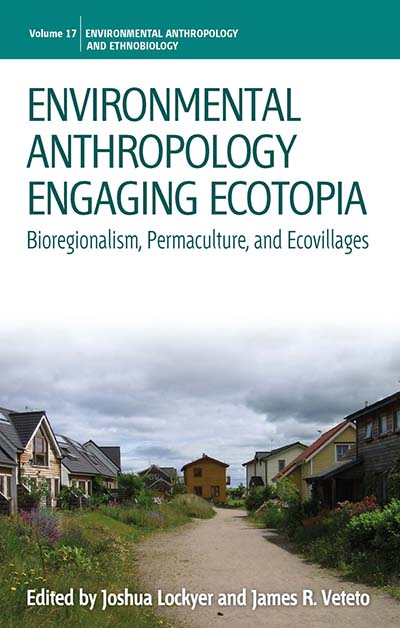 Published April 2013
Published April 2013 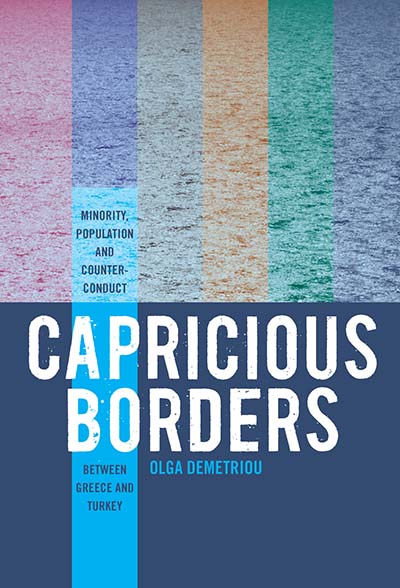 Published April 2013
Published April 2013 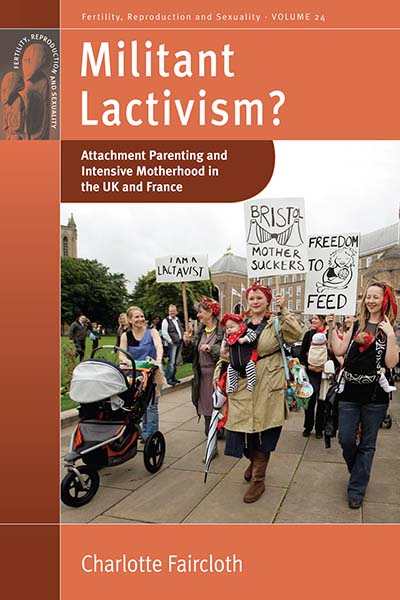 Published March 2013
Published March 2013  Published March 2013
Published March 2013 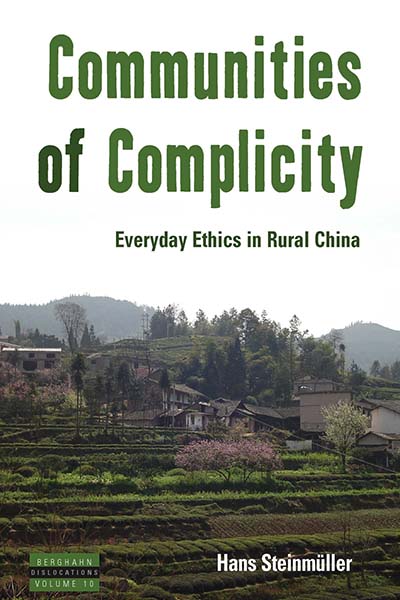 Published March 2013
Published March 2013 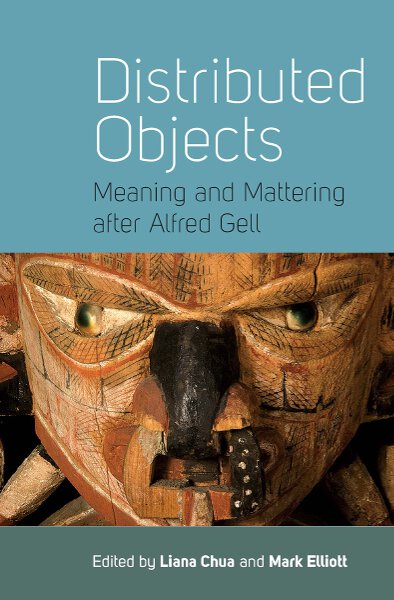 Published March 2013
Published March 2013 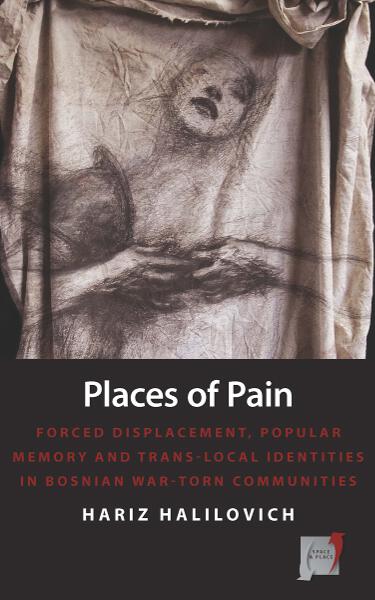 Published February 2013
Published February 2013 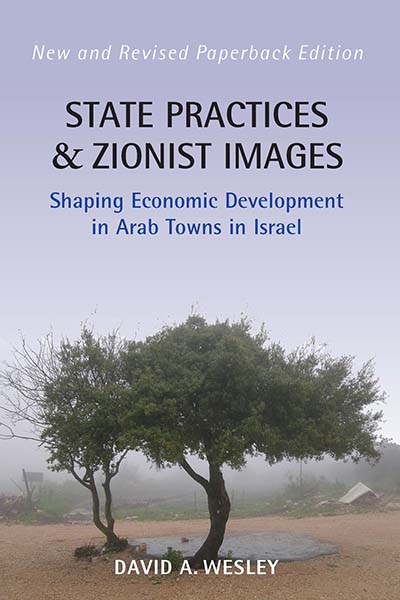 Published January 2013
Published January 2013 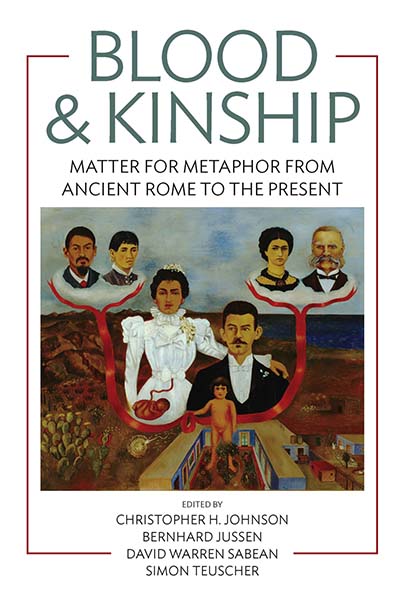 Published January 2013
Published January 2013 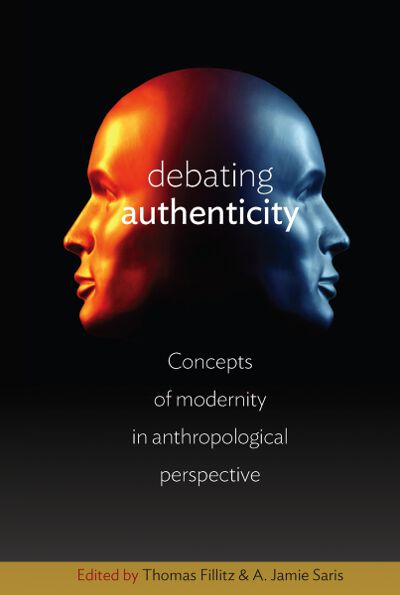 Published December 2012
Published December 2012 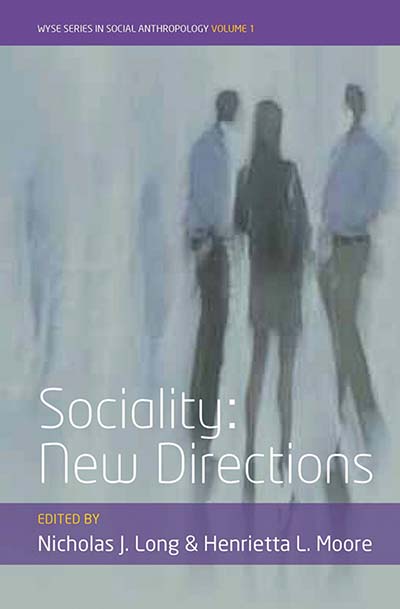 Published December 2012
Published December 2012 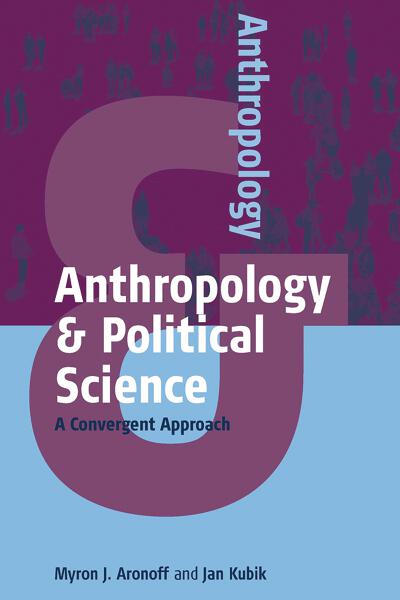 Published November 2012
Published November 2012 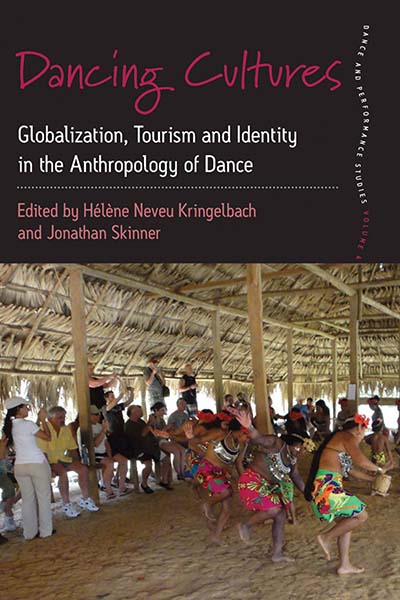 Published October 2012
Published October 2012  Published October 2012
Published October 2012 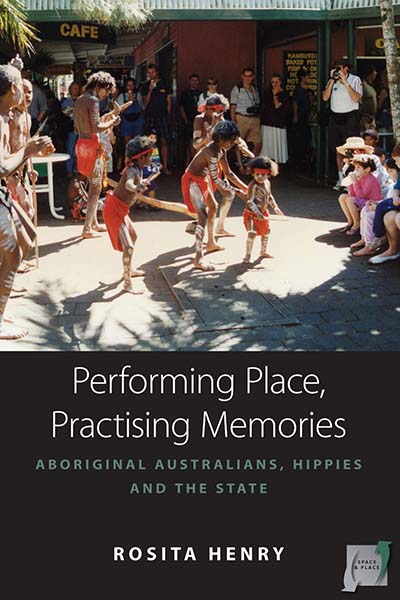 Published September 2012
Published September 2012 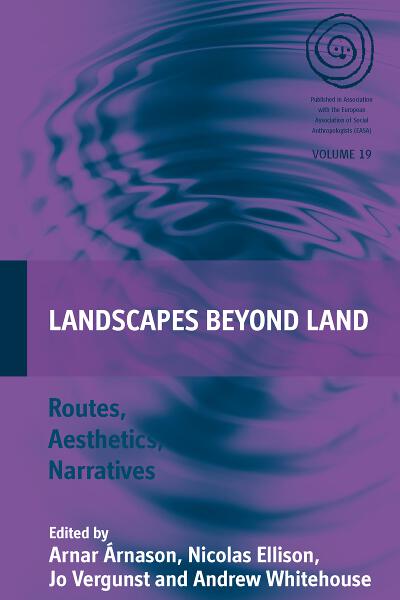 Published September 2012
Published September 2012 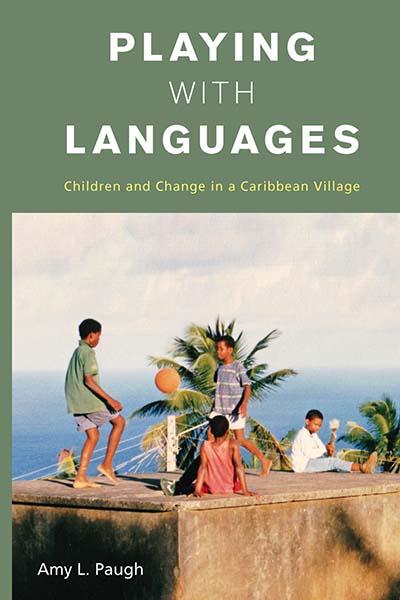 Published September 2012
Published September 2012 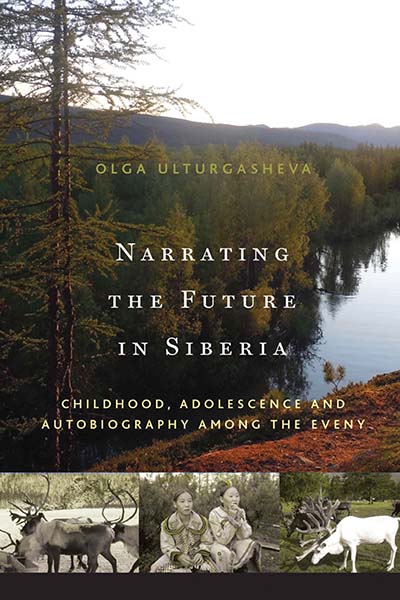 Published September 2012
Published September 2012  Published August 2012
Published August 2012 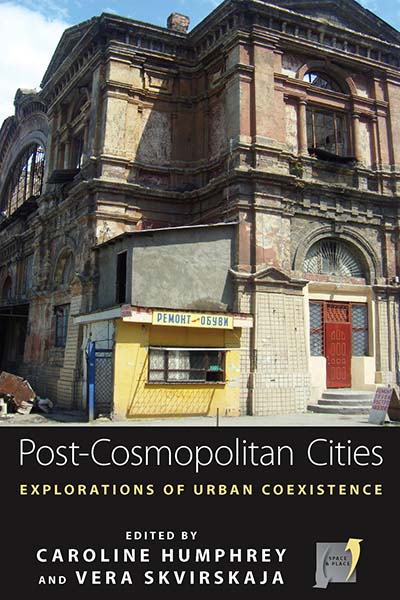 Published August 2012
Published August 2012 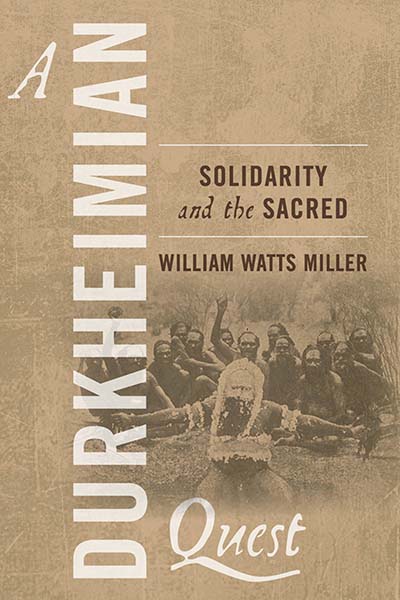 Published August 2012
Published August 2012 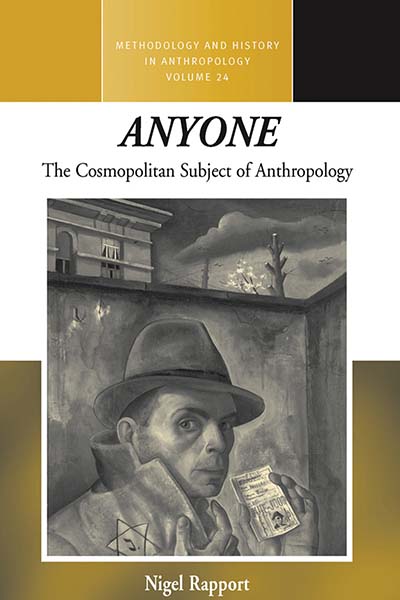 Published July 2012
Published July 2012 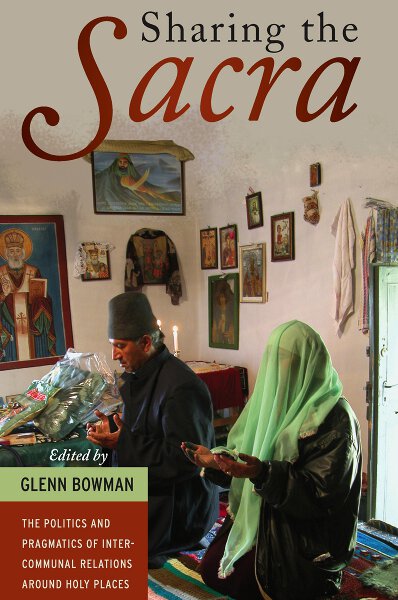 Published July 2012
Published July 2012 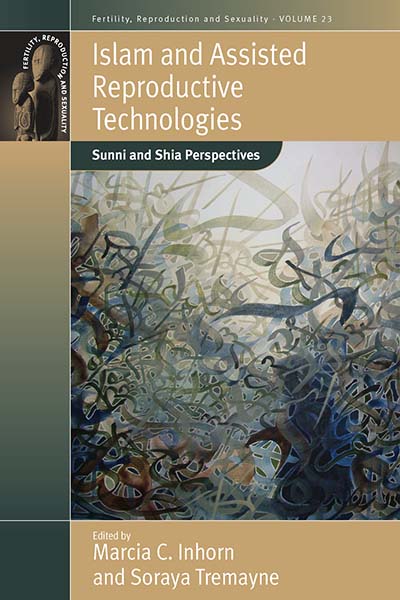 Published July 2012
Published July 2012 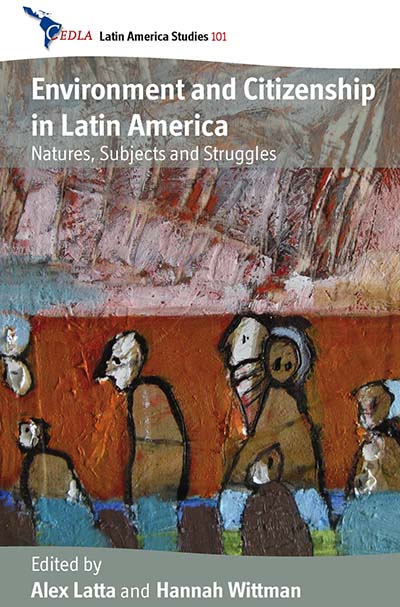 Published July 2012
Published July 2012 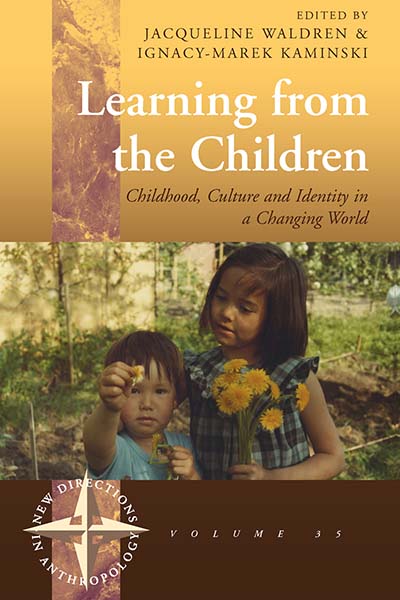 Published June 2012
Published June 2012 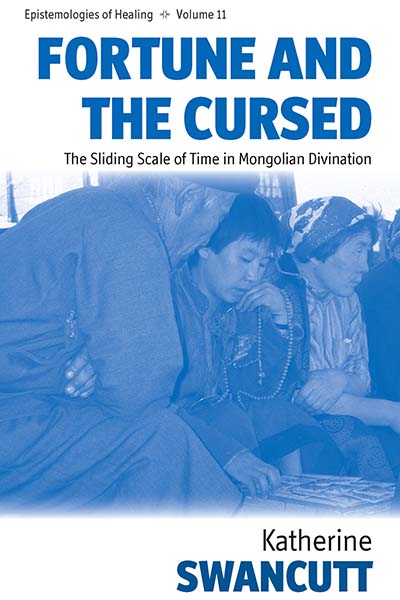 Published June 2012
Published June 2012  Published June 2012
Published June 2012 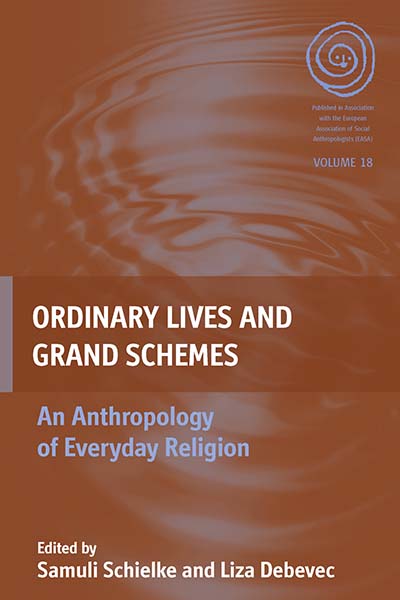 Published June 2012
Published June 2012 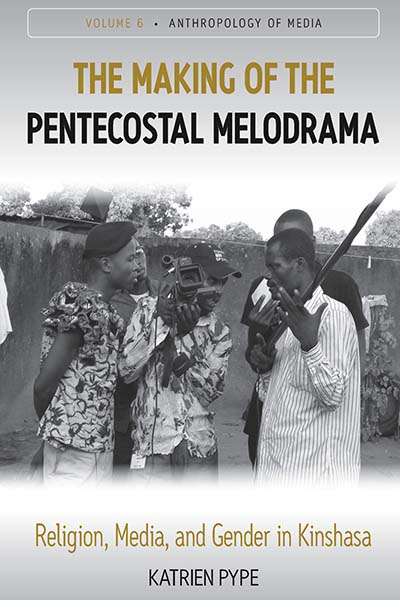 Published June 2012
Published June 2012 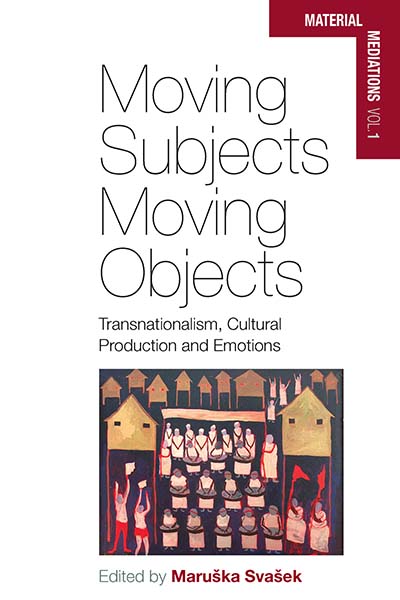 Published May 2012
Published May 2012  Published May 2012
Published May 2012 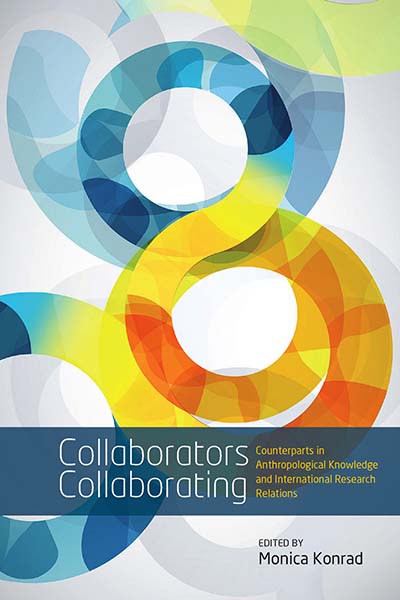 Published May 2012
Published May 2012 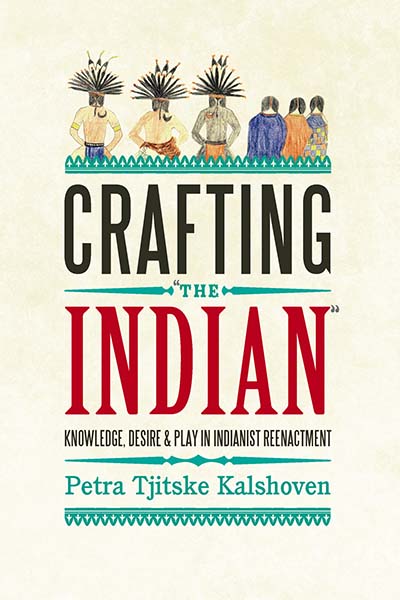 Published April 2012
Published April 2012 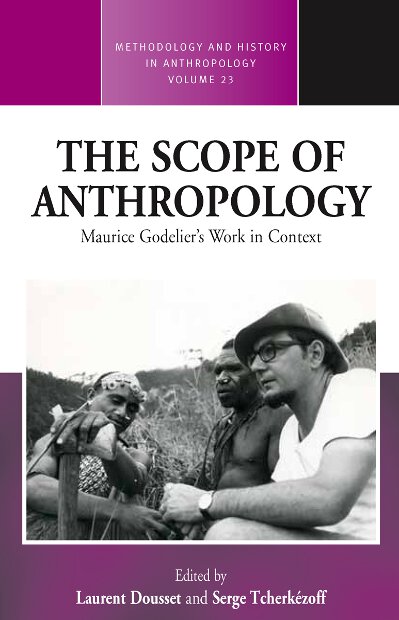 Published April 2012
Published April 2012 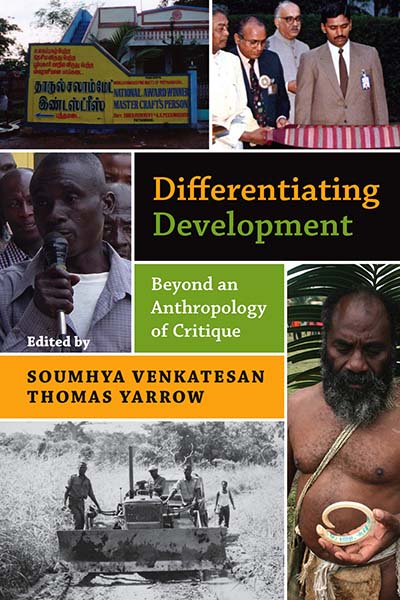 Published April 2012
Published April 2012 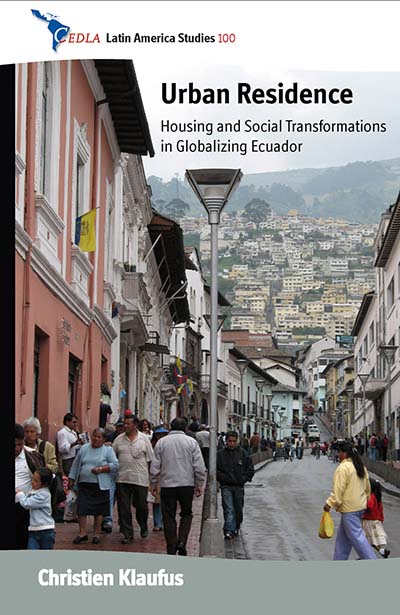 Published April 2012
Published April 2012 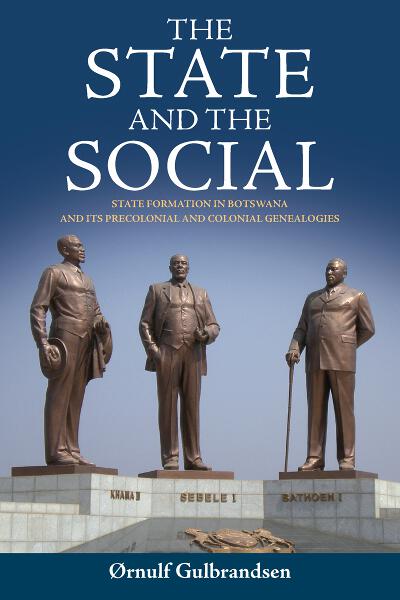 Published March 2012
Published March 2012  Published March 2012
Published March 2012 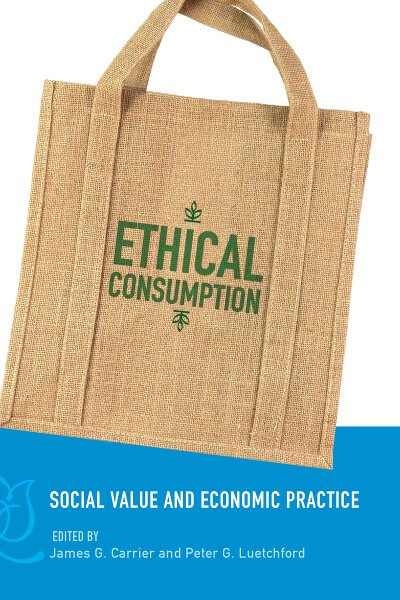 Published March 2012
Published March 2012 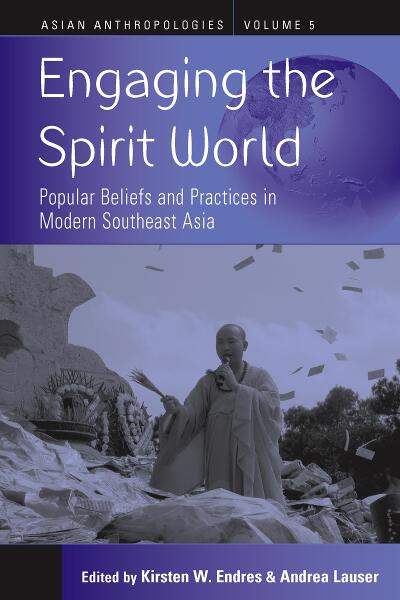 Published March 2012
Published March 2012  Published February 2012
Published February 2012 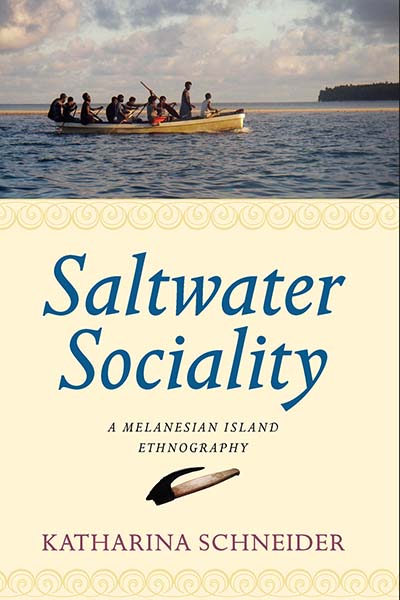 Published February 2012
Published February 2012 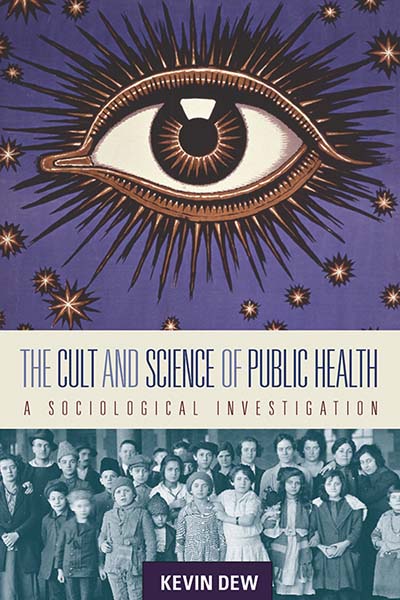 Published February 2012
Published February 2012 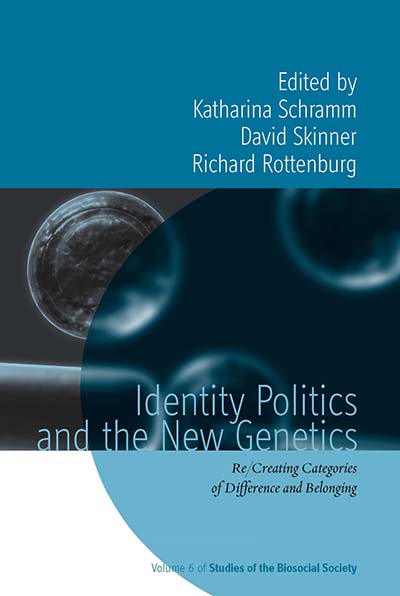 Published January 2012
Published January 2012 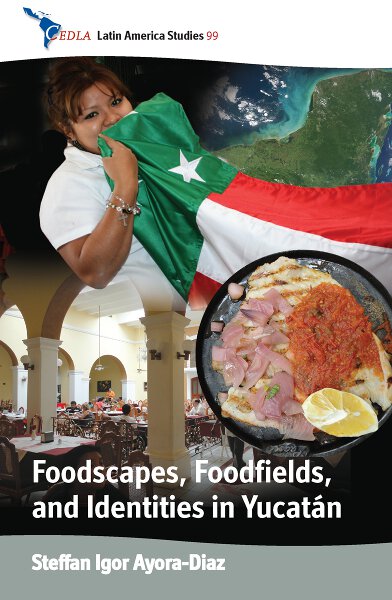 Published January 2012
Published January 2012 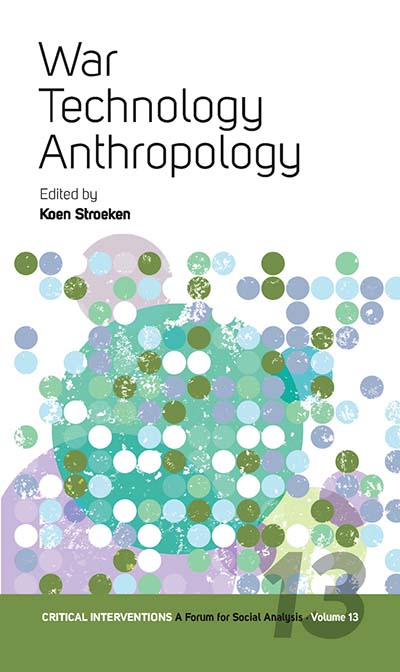 Published December 2011
Published December 2011 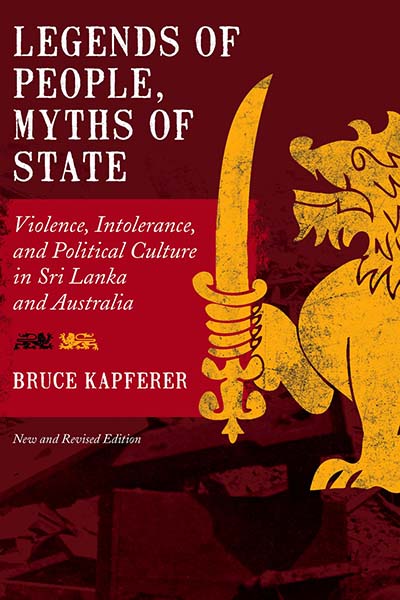 Published December 2011
Published December 2011 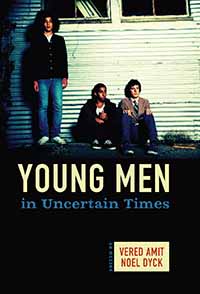 Published November 2011
Published November 2011 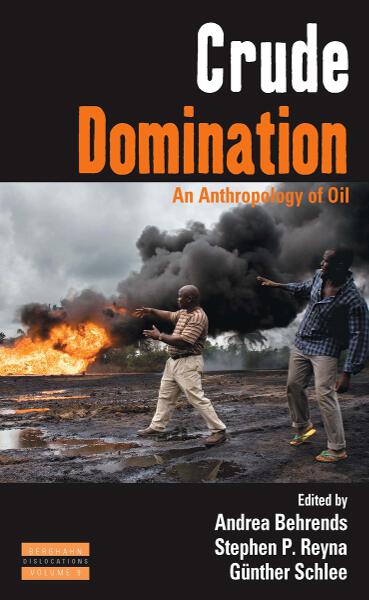 Published October 2011
Published October 2011 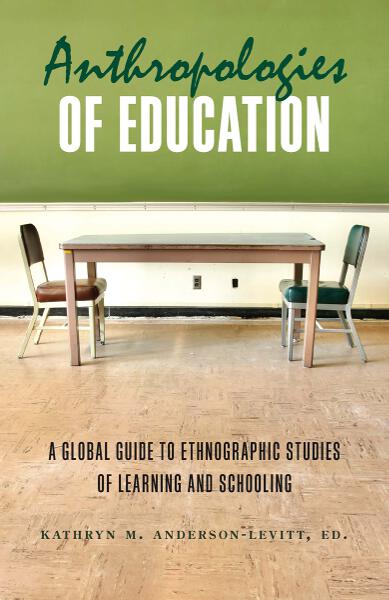 Published October 2011
Published October 2011 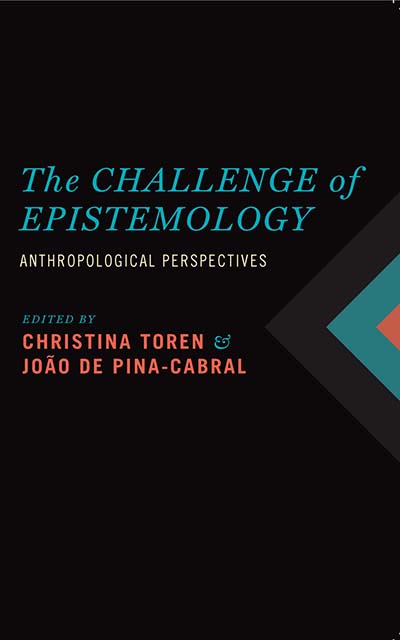 Published October 2011
Published October 2011 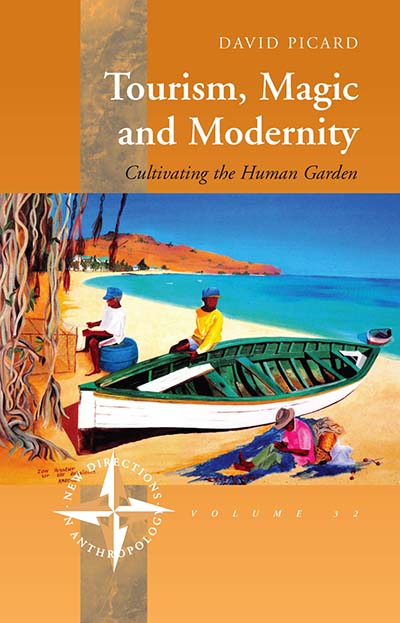 Published September 2011
Published September 2011 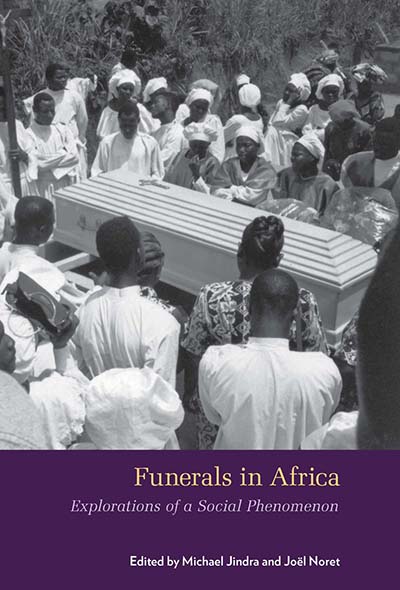 Published September 2011
Published September 2011 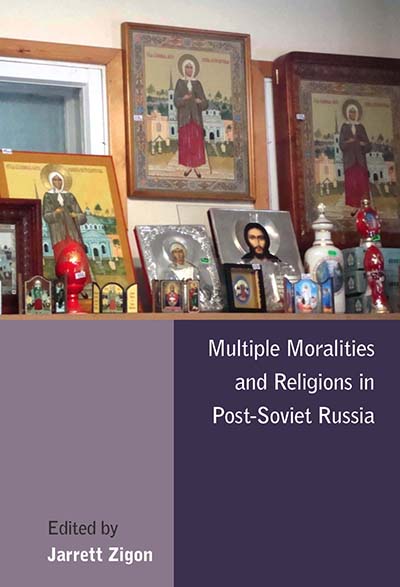 Published September 2011
Published September 2011 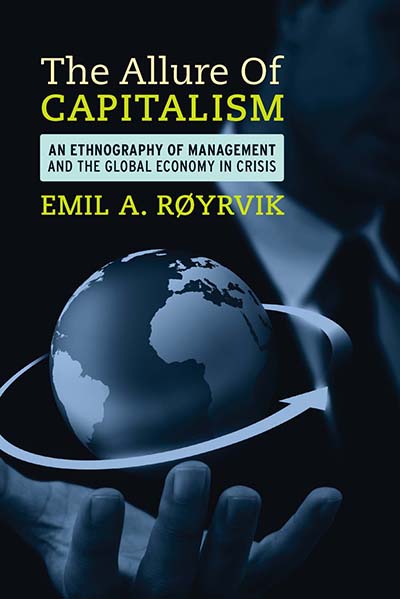 Published September 2011
Published September 2011 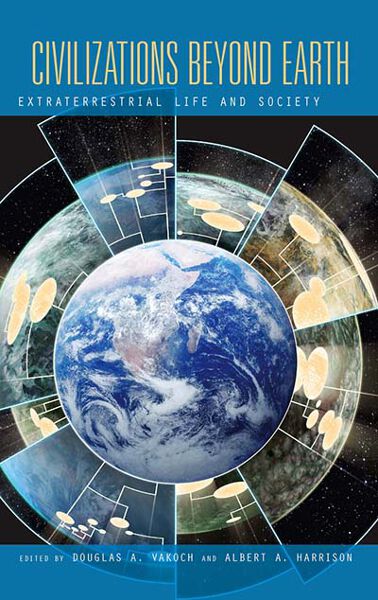 Published September 2011
Published September 2011 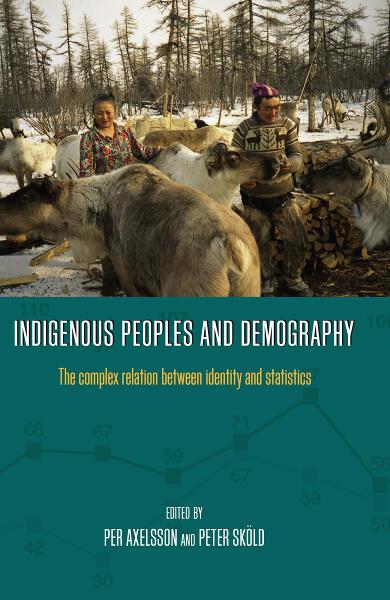 Published August 2011
Published August 2011 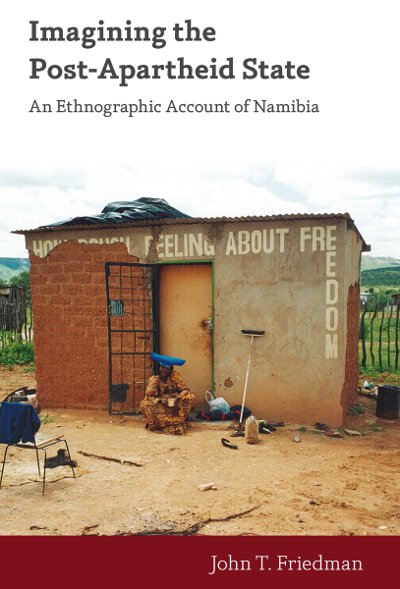 Published July 2011
Published July 2011 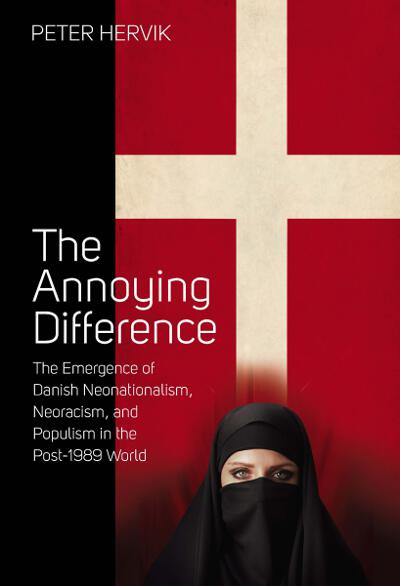 Published July 2011
Published July 2011 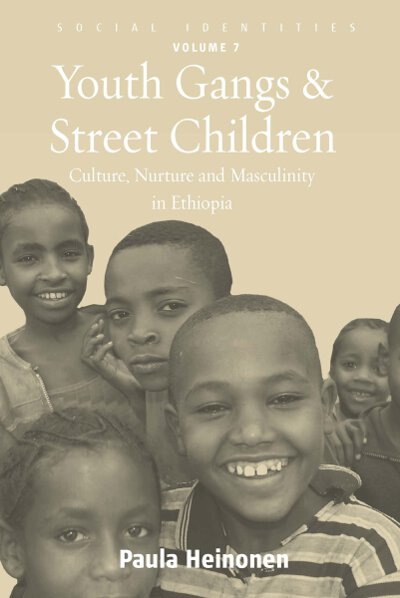 Published July 2011
Published July 2011 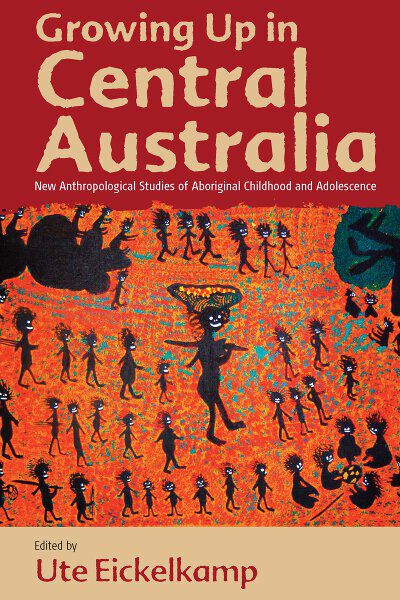 Published June 2011
Published June 2011 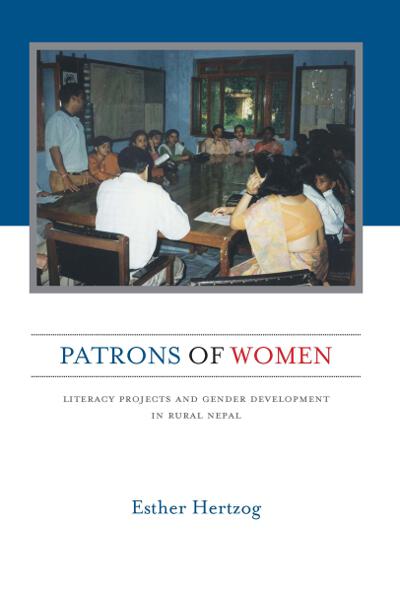 Published May 2011
Published May 2011 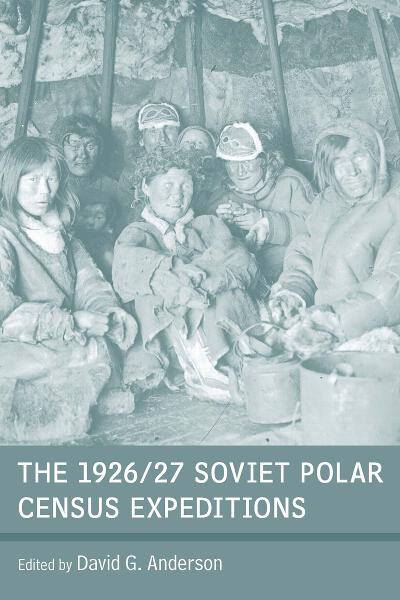 Published May 2011
Published May 2011  Published May 2011
Published May 2011 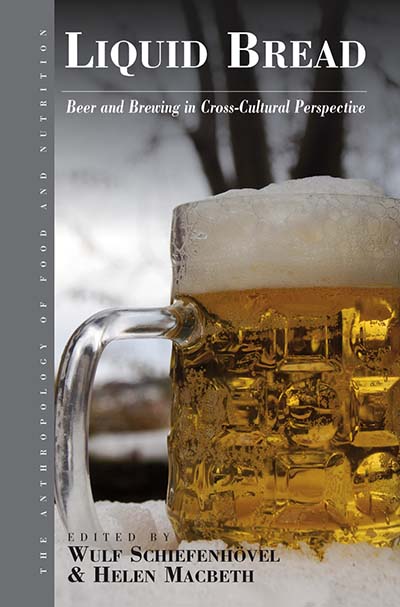 Published May 2011
Published May 2011 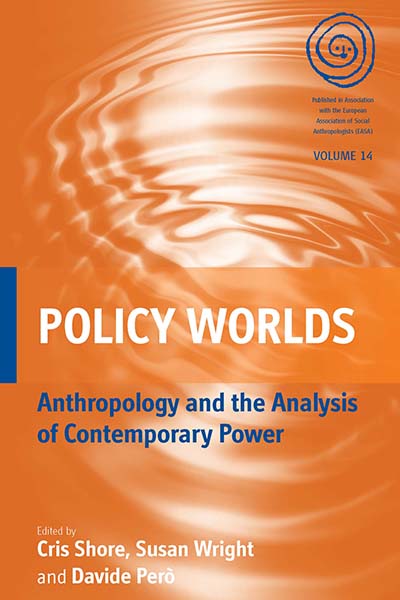 Published April 2011
Published April 2011 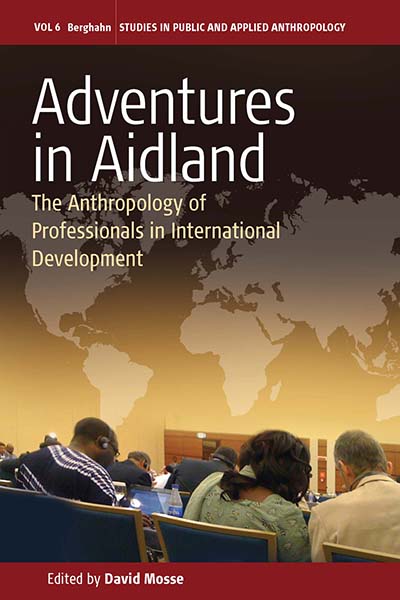 Published April 2011
Published April 2011 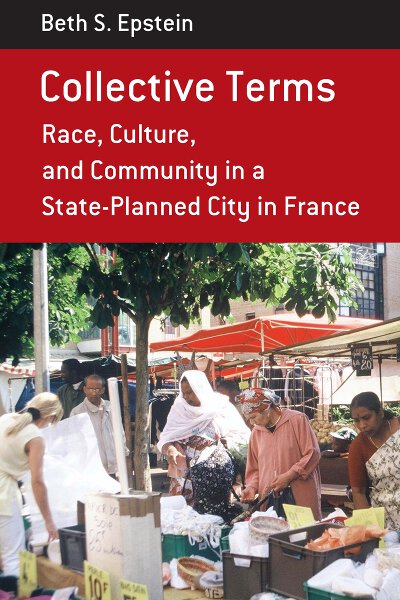 Published March 2011
Published March 2011 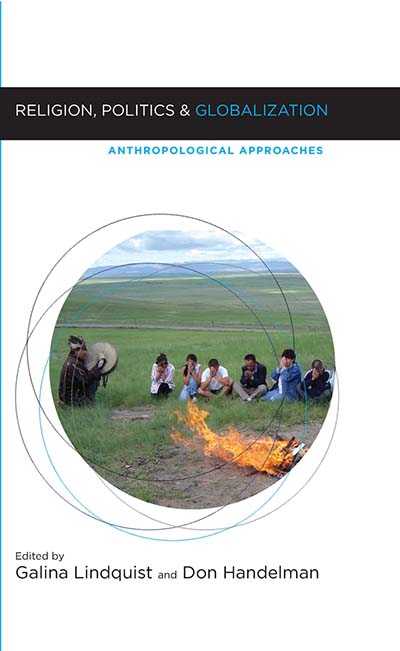 Published January 2011
Published January 2011 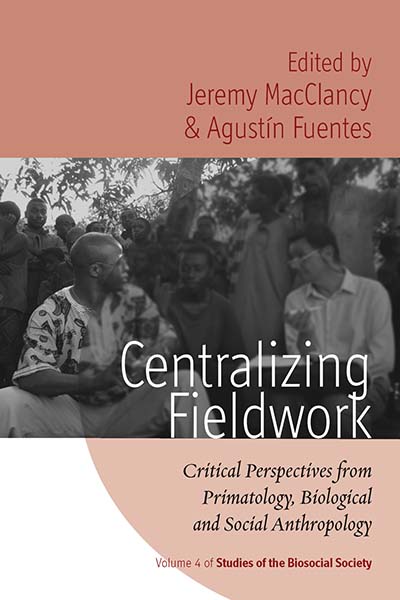 Published December 2010
Published December 2010 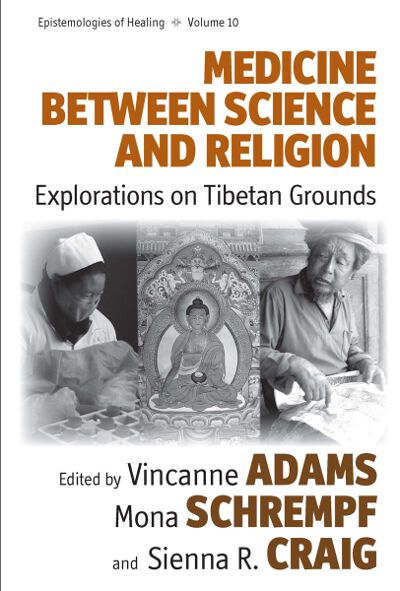 Published December 2010
Published December 2010  Published December 2010
Published December 2010 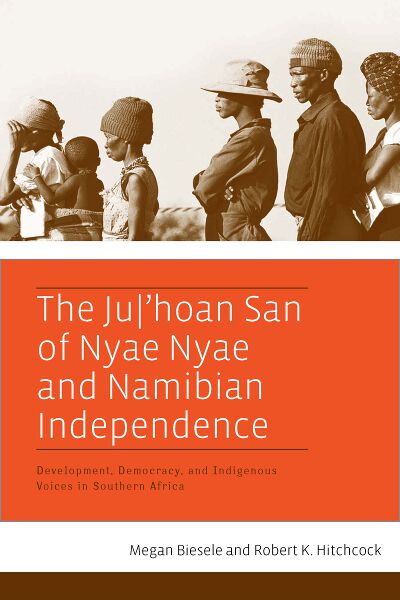 Published November 2010
Published November 2010 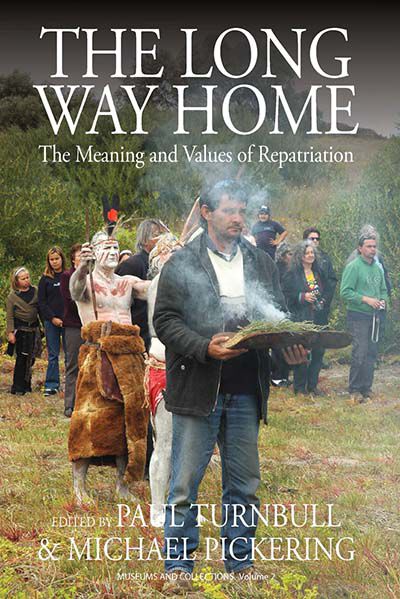 Published November 2010
Published November 2010 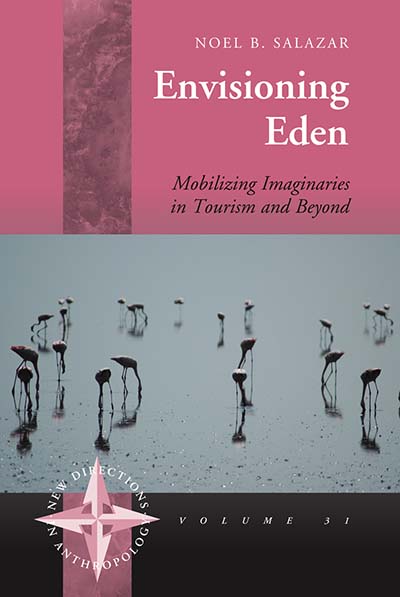 Published November 2010
Published November 2010 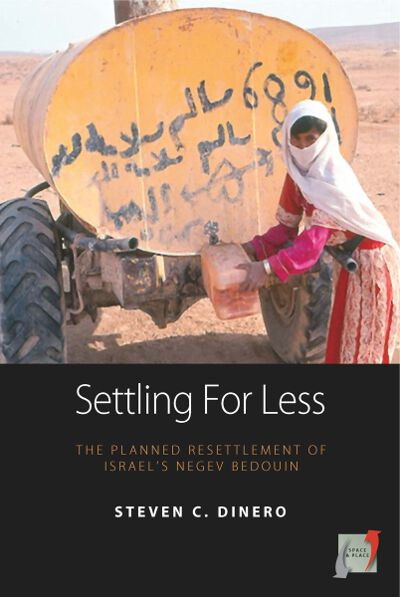 Published November 2010
Published November 2010  Published October 2010
Published October 2010 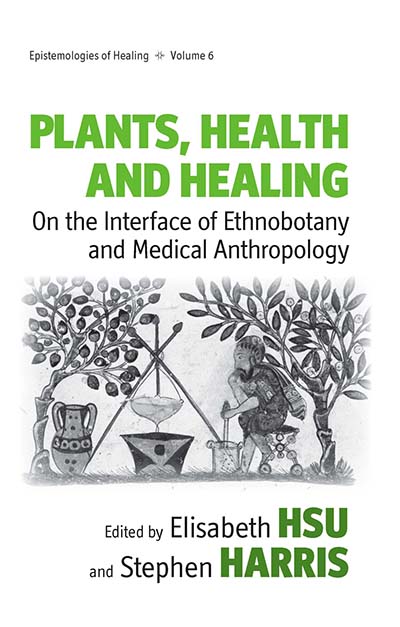 Published September 2010
Published September 2010  Published September 2010
Published September 2010 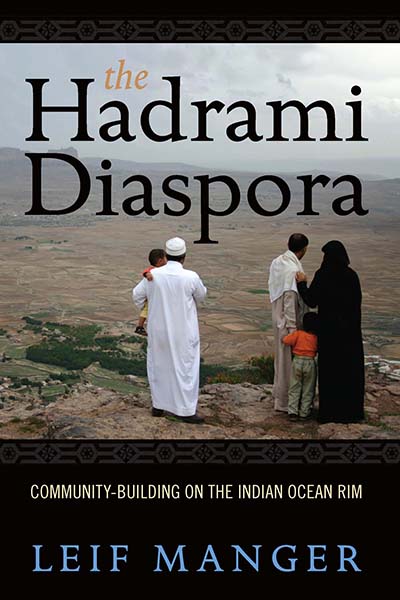 Published September 2010
Published September 2010 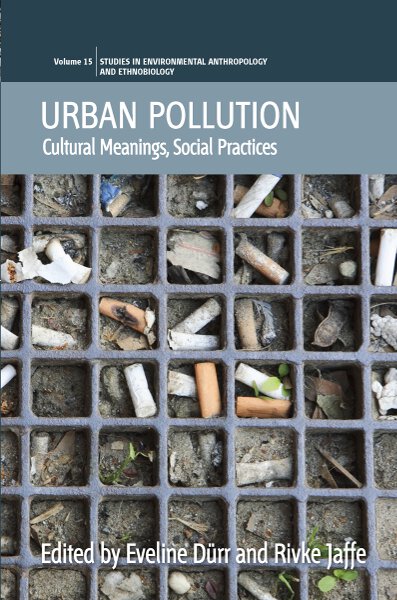 Published August 2010
Published August 2010 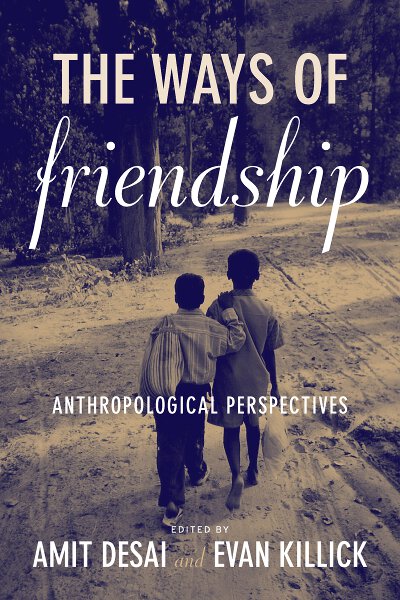 Published August 2010
Published August 2010 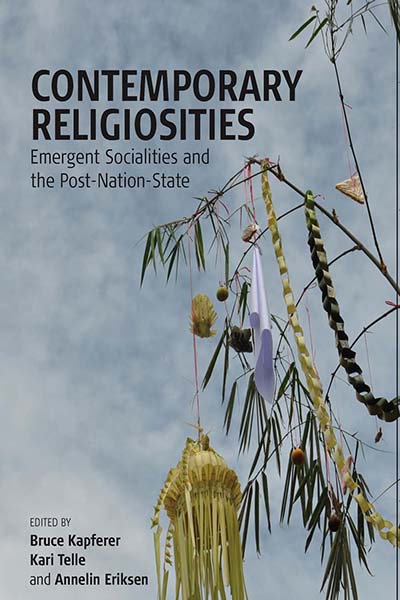 Published August 2010
Published August 2010 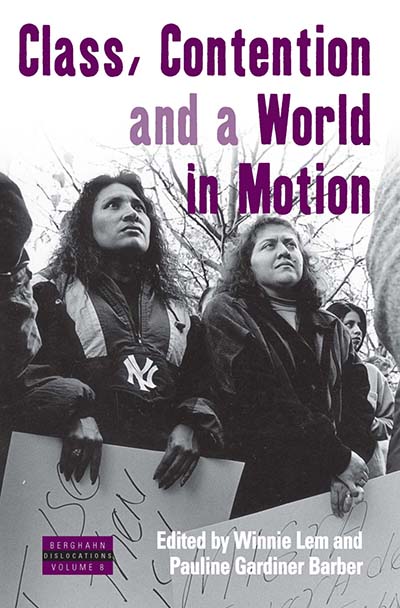 Published July 2010
Published July 2010 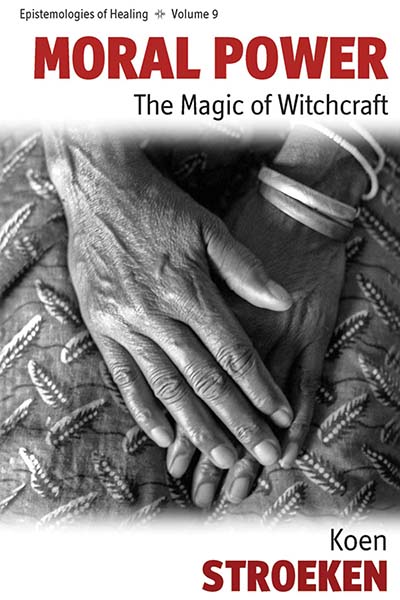 Published July 2010
Published July 2010 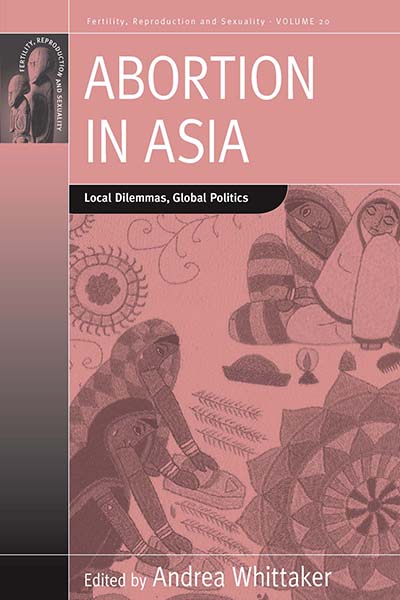 Published July 2010
Published July 2010 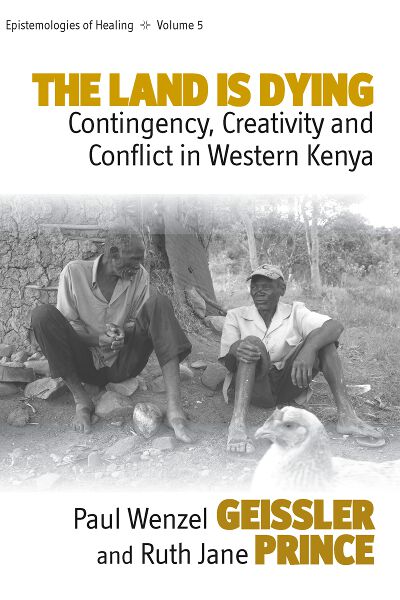 Published June 2010
Published June 2010 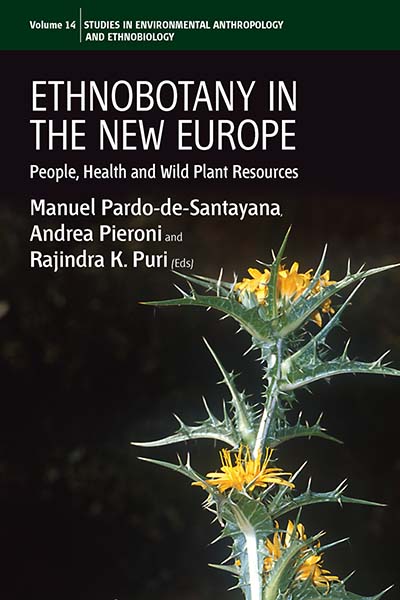 Published June 2010
Published June 2010 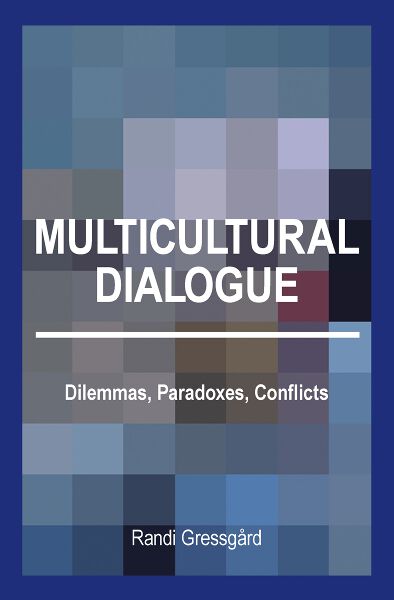 Published May 2010
Published May 2010 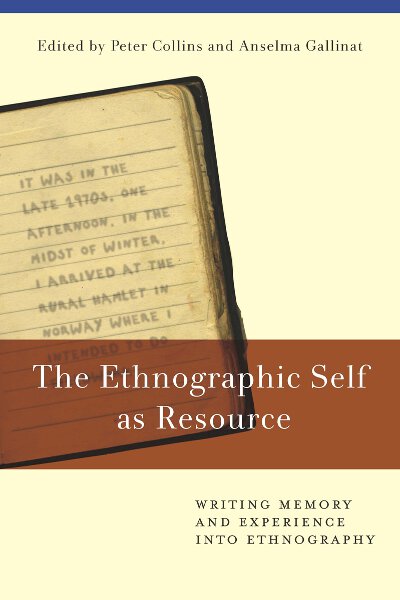 Published May 2010
Published May 2010 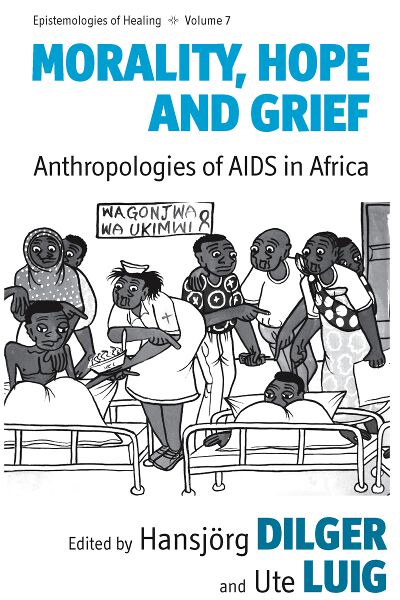 Published May 2010
Published May 2010  Published May 2010
Published May 2010 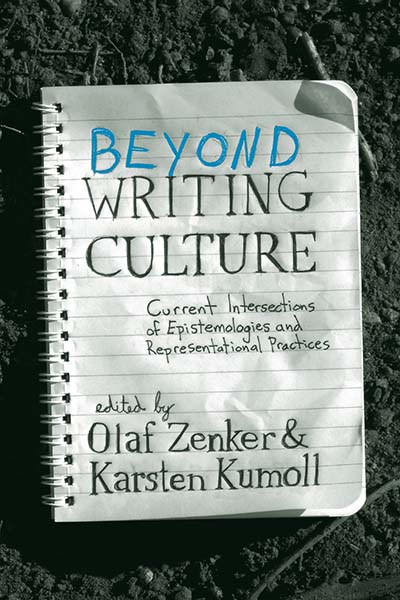 Published May 2010
Published May 2010 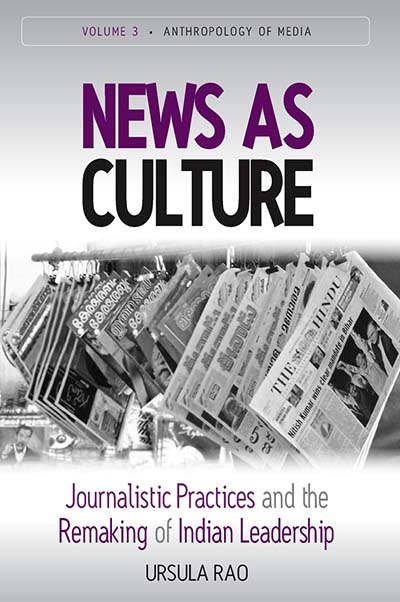 Published May 2010
Published May 2010 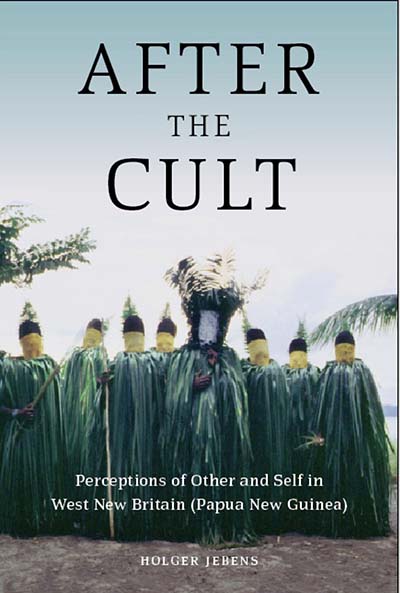 Published April 2010
Published April 2010 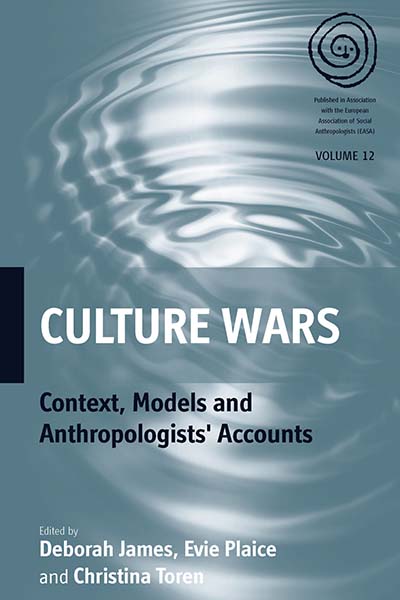 Published March 2010
Published March 2010 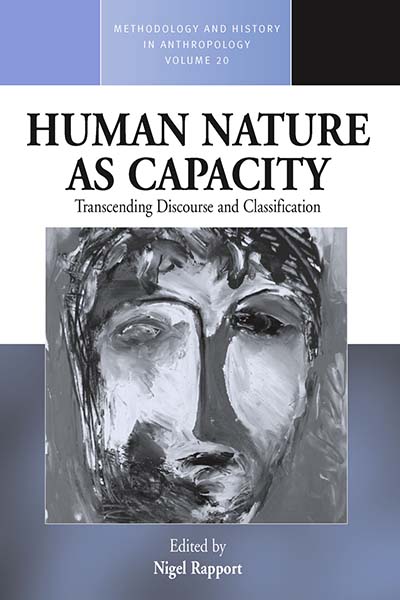 Published March 2010
Published March 2010  Published March 2010
Published March 2010 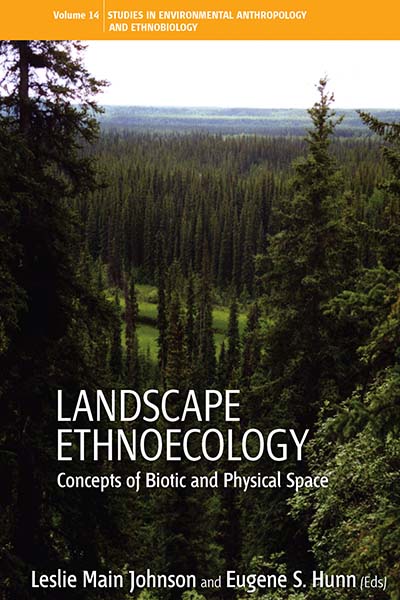 Published February 2010
Published February 2010 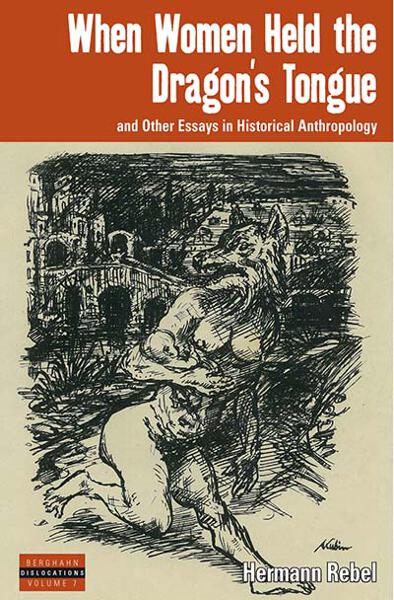 Published February 2010
Published February 2010 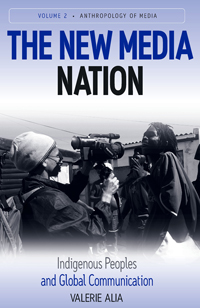 Published January 2010
Published January 2010 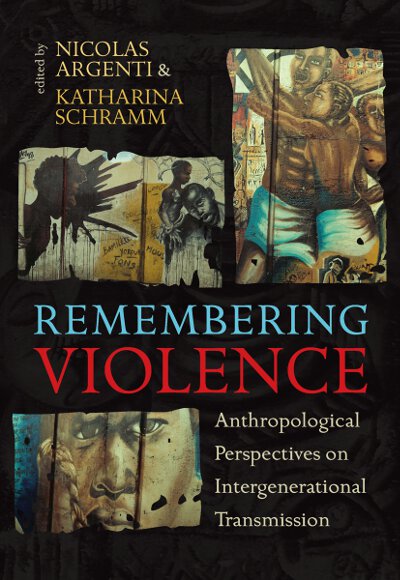 Published December 2009
Published December 2009 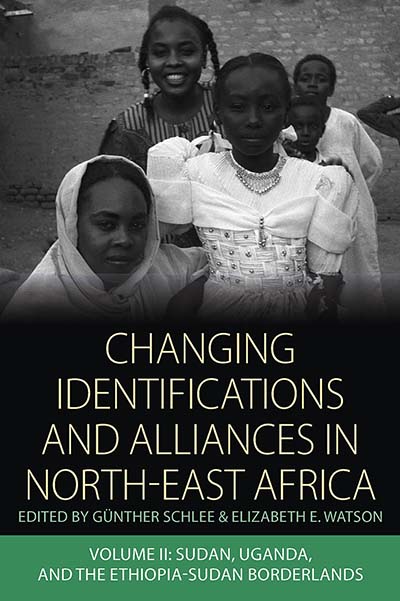 Published November 2009
Published November 2009 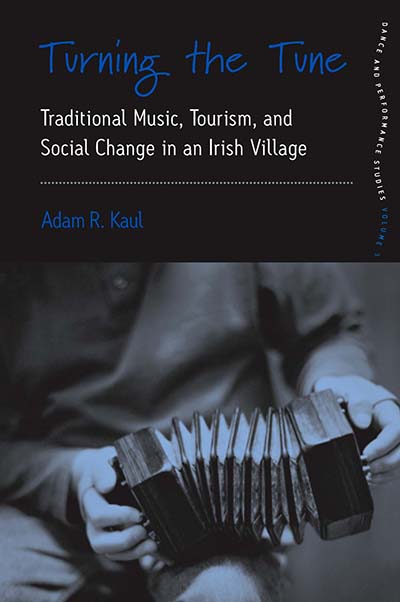 Published November 2009
Published November 2009 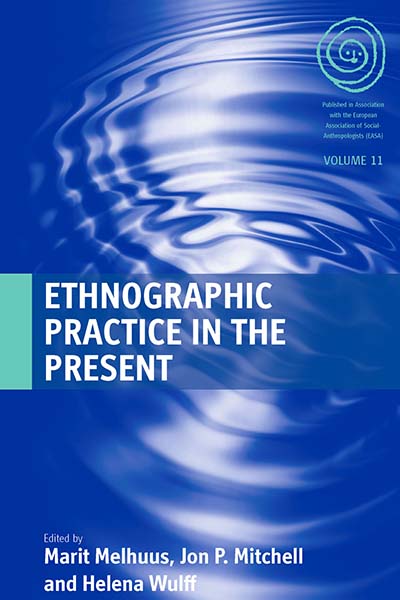 Published November 2009
Published November 2009 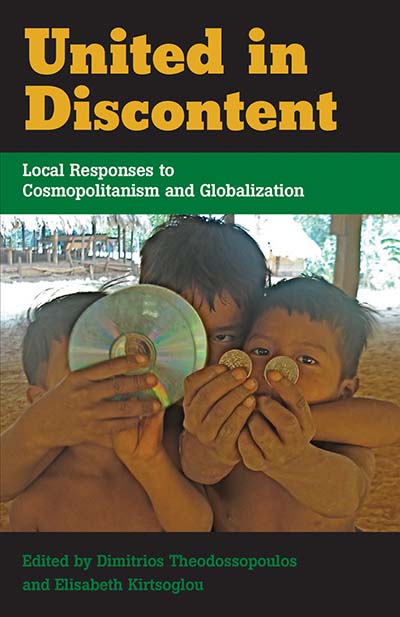 Published November 2009
Published November 2009 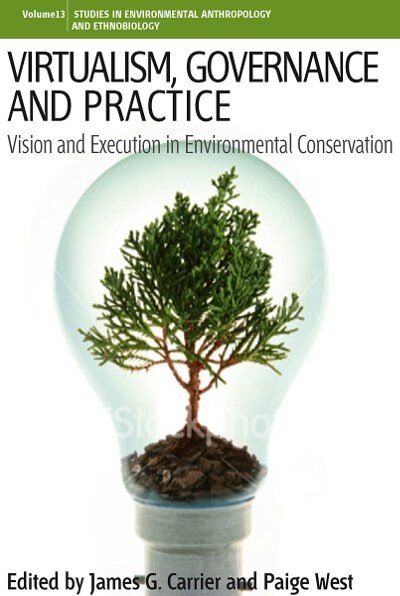 Published November 2009
Published November 2009 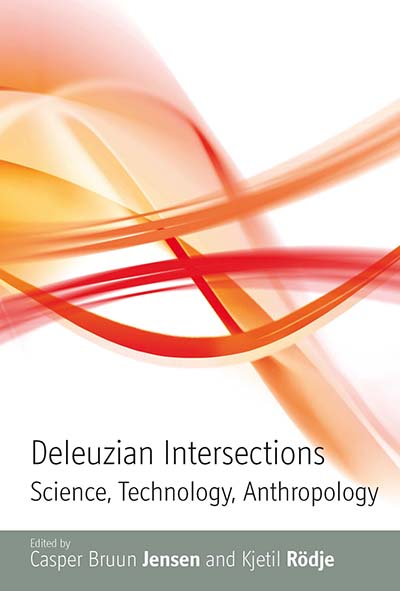 Published November 2009
Published November 2009 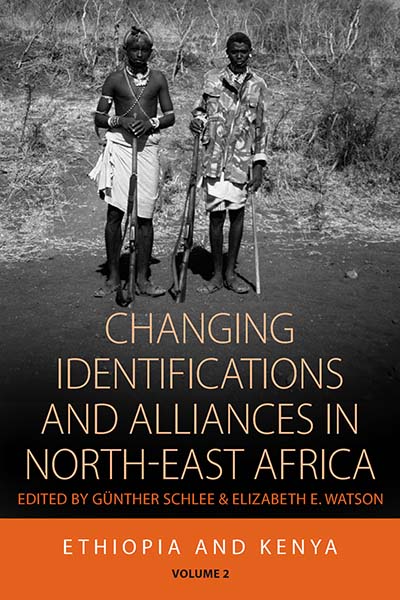 Published October 2009
Published October 2009 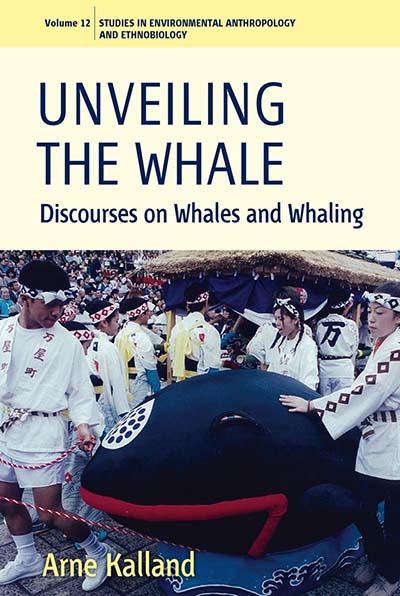 Published October 2009
Published October 2009 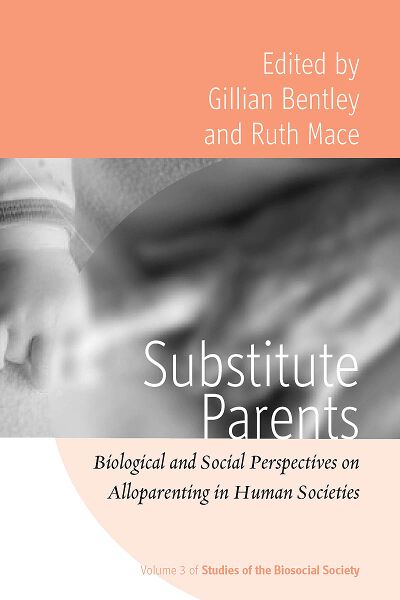 Published September 2009
Published September 2009 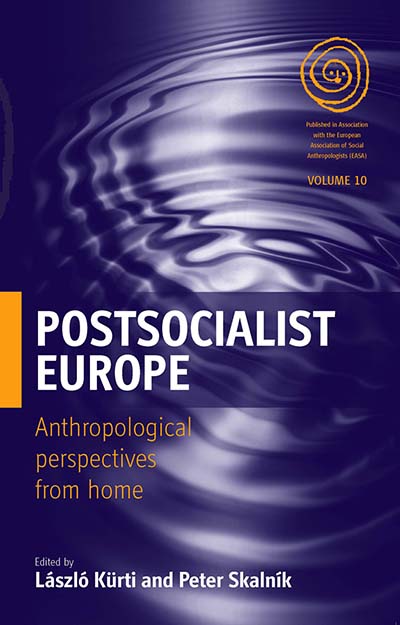 Published September 2009
Published September 2009 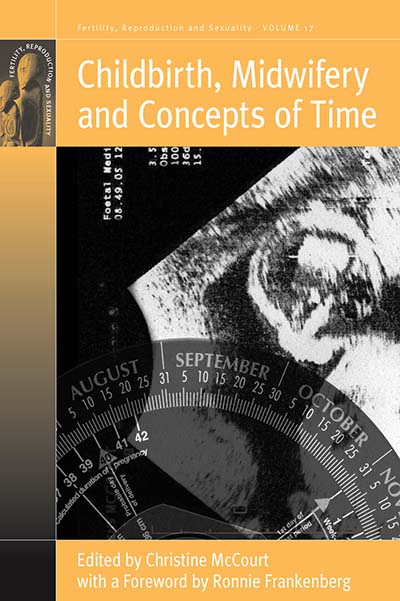 Published September 2009
Published September 2009 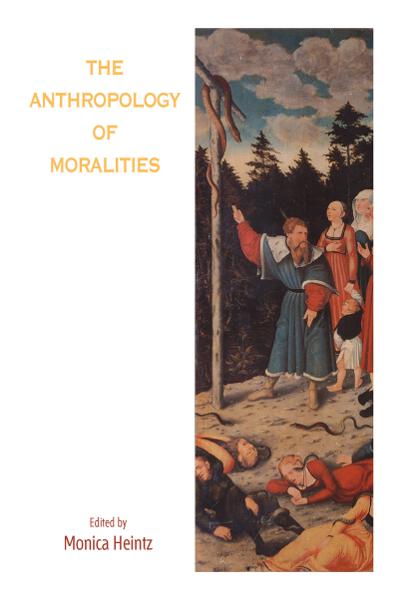 Published August 2009
Published August 2009  Published July 2009
Published July 2009 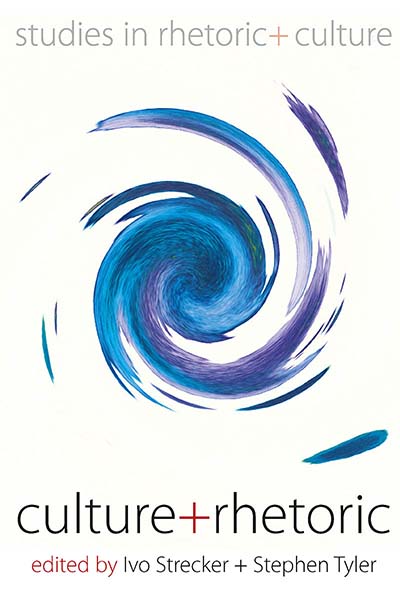 Published July 2009
Published July 2009 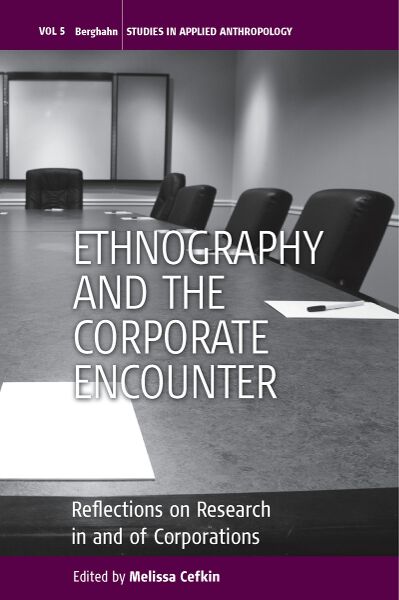 Published July 2009
Published July 2009 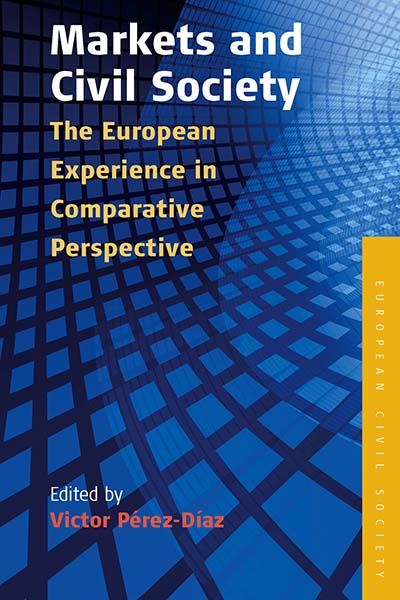 Published July 2009
Published July 2009  Published June 2009
Published June 2009 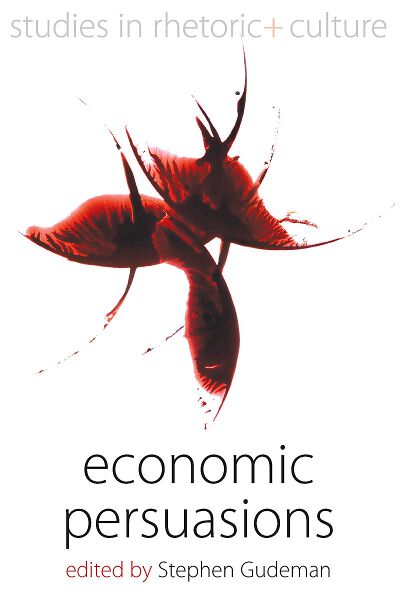 Published June 2009
Published June 2009 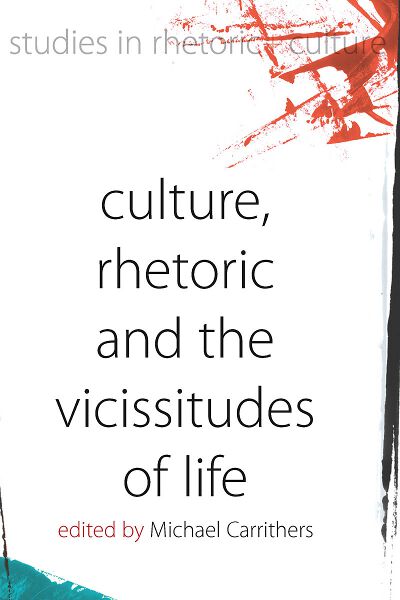 Published June 2009
Published June 2009  Published May 2009
Published May 2009 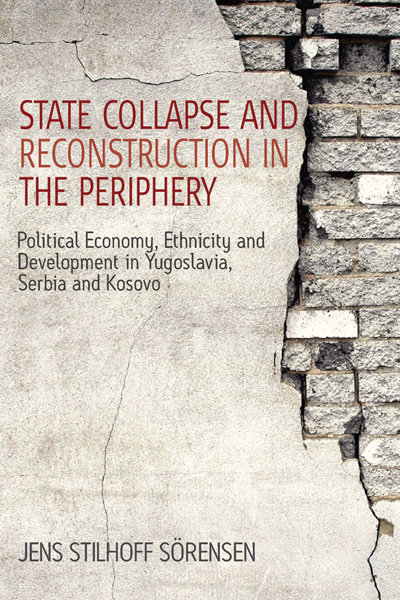 Published May 2009
Published May 2009 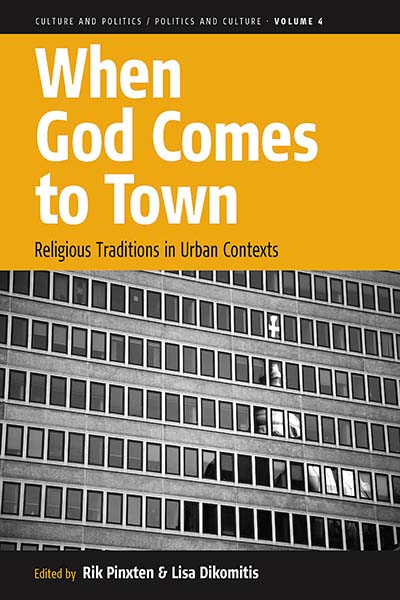 Published May 2009
Published May 2009 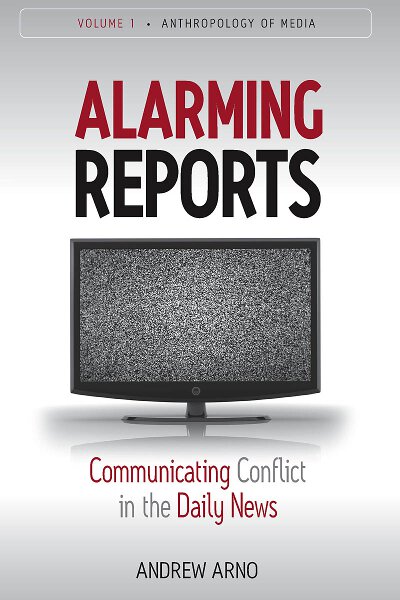 Published May 2009
Published May 2009  Published April 2009
Published April 2009 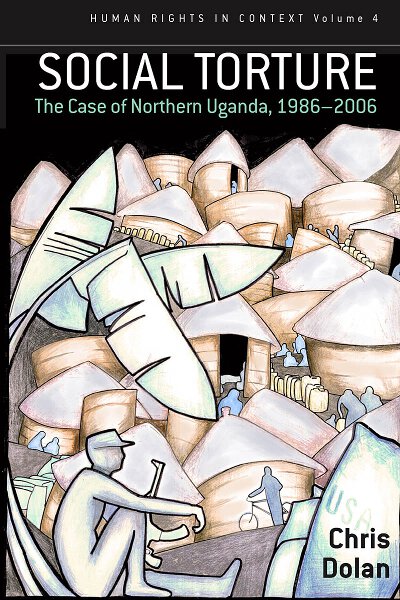 Published April 2009
Published April 2009 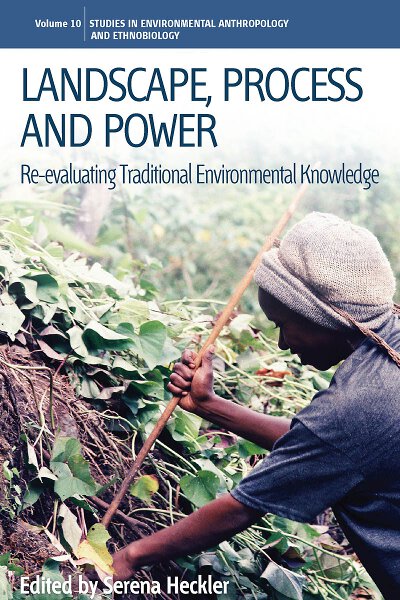 Published April 2009
Published April 2009 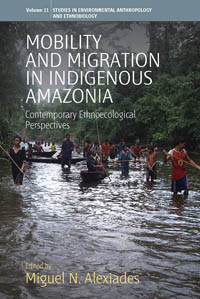 Published April 2009
Published April 2009 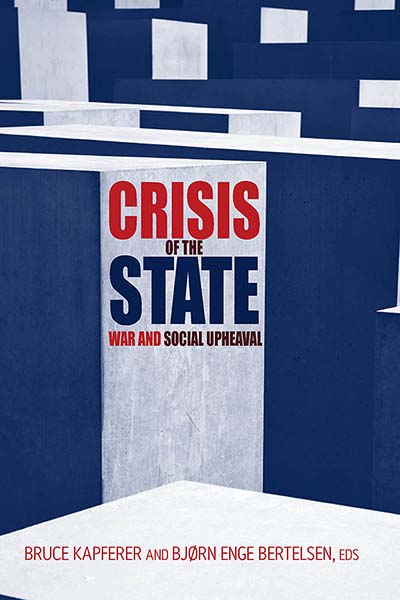 Published April 2009
Published April 2009 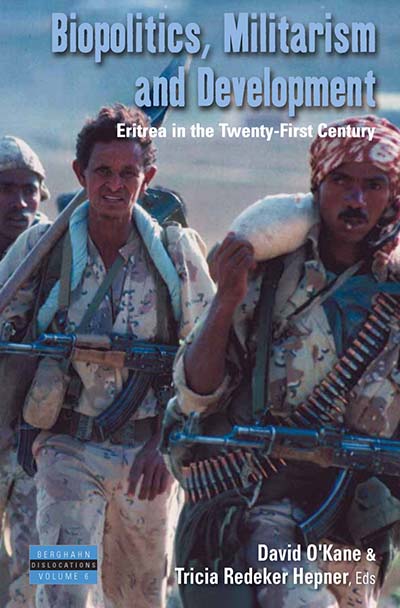 Published March 2009
Published March 2009 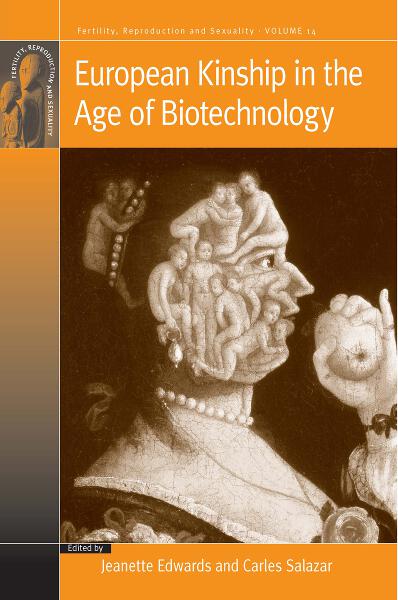 Published March 2009
Published March 2009 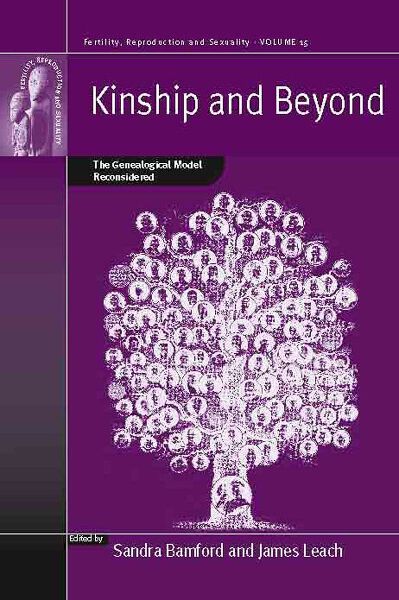 Published March 2009
Published March 2009 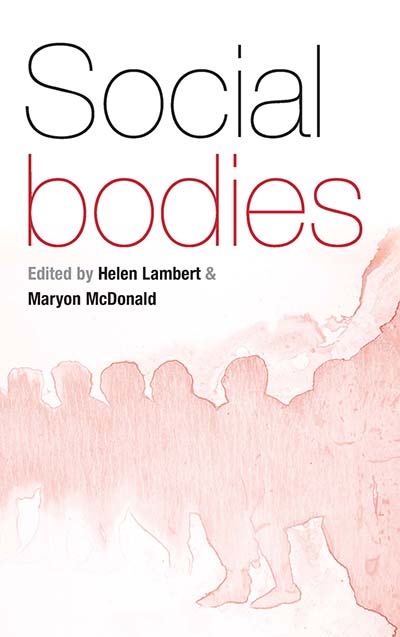 Published March 2009
Published March 2009 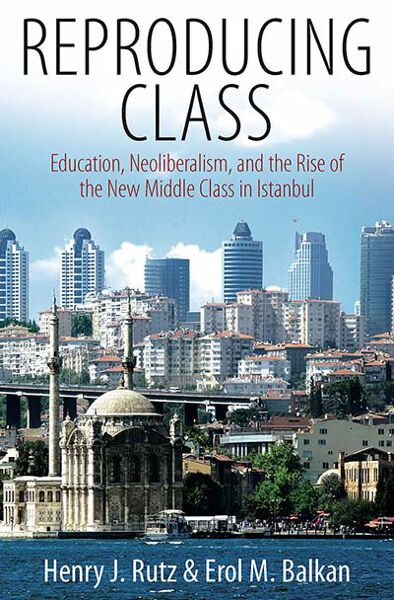 Published February 2009
Published February 2009 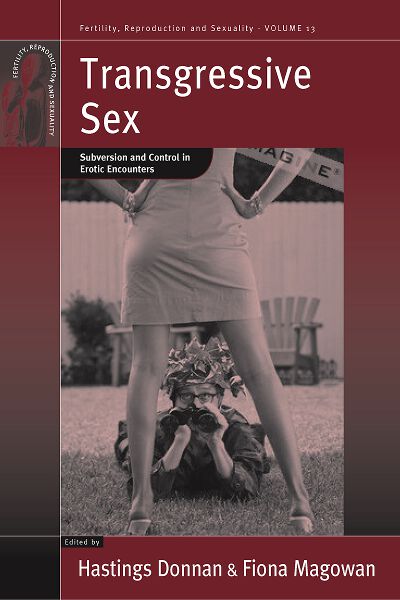 Published February 2009
Published February 2009  Published December 2008
Published December 2008 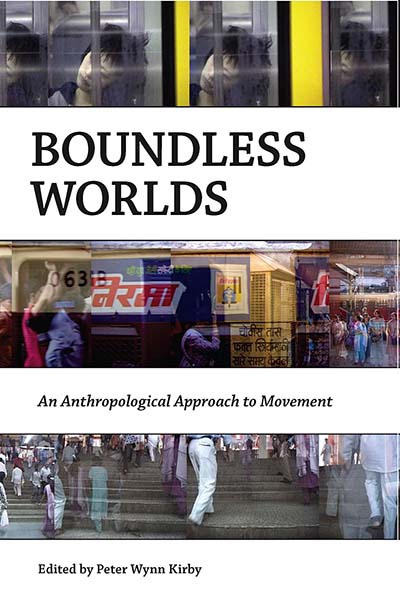 Published December 2008
Published December 2008 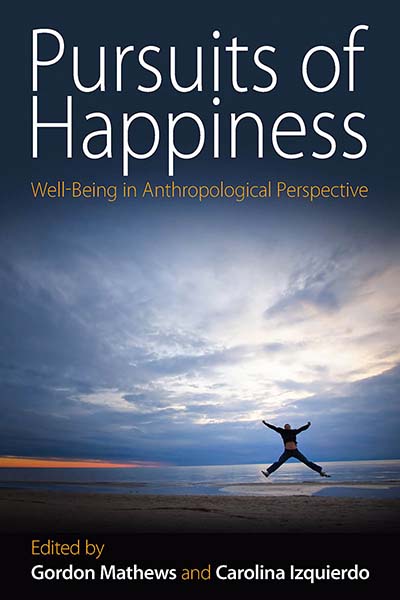 Published December 2008
Published December 2008 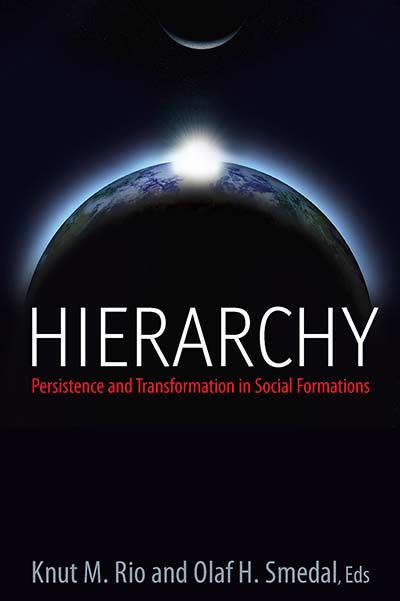 Published December 2008
Published December 2008 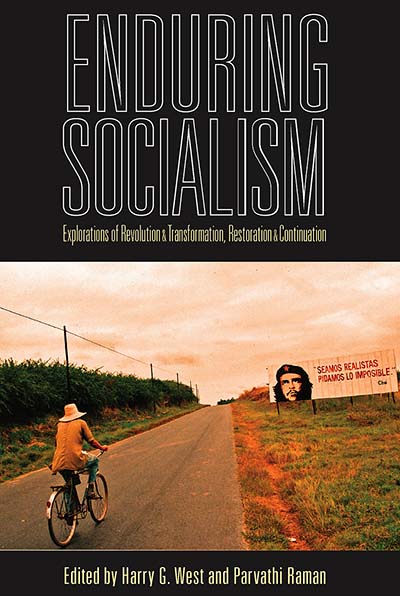 Published November 2008
Published November 2008  Published November 2008
Published November 2008 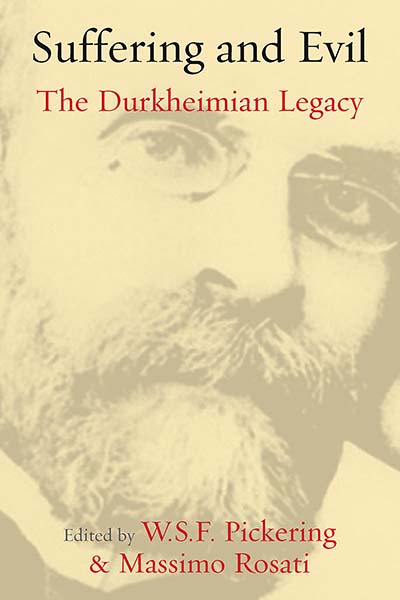 Published October 2008
Published October 2008 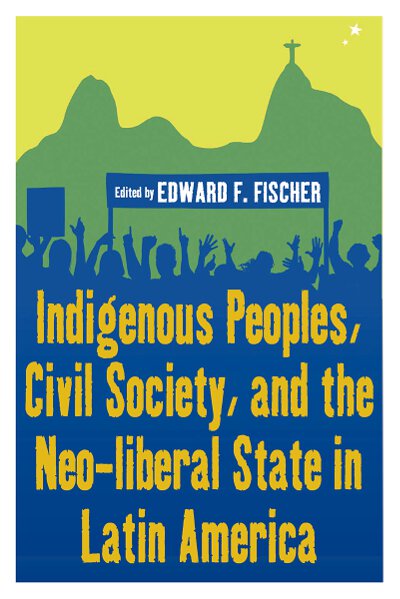 Published October 2008
Published October 2008  Published October 2008
Published October 2008  Published September 2008
Published September 2008  Published September 2008
Published September 2008  Published September 2008
Published September 2008  Published September 2008
Published September 2008 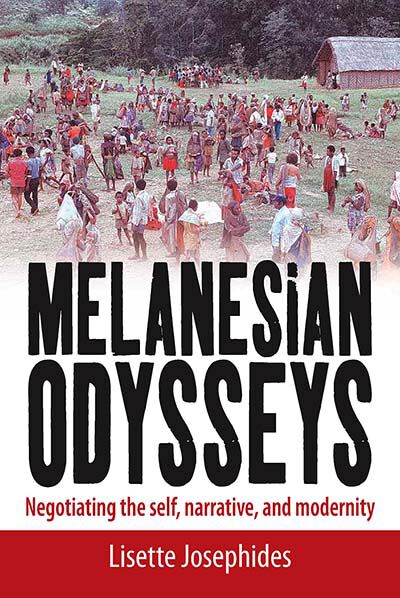 Published July 2008
Published July 2008 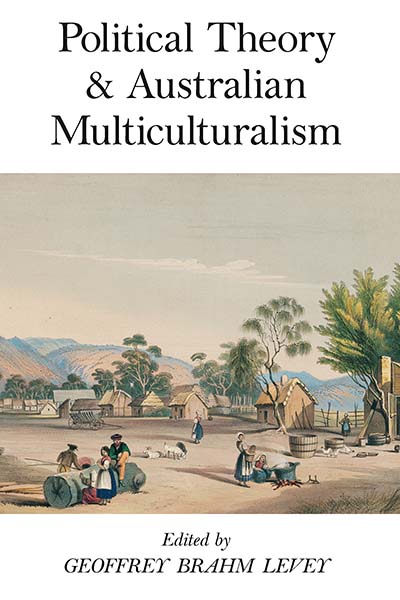 Published June 2008
Published June 2008 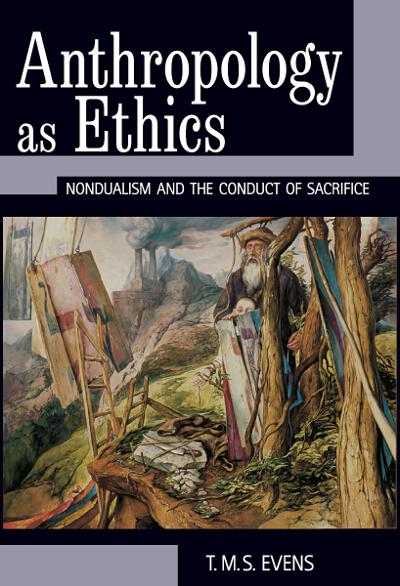 Published May 2008
Published May 2008  Published May 2008
Published May 2008 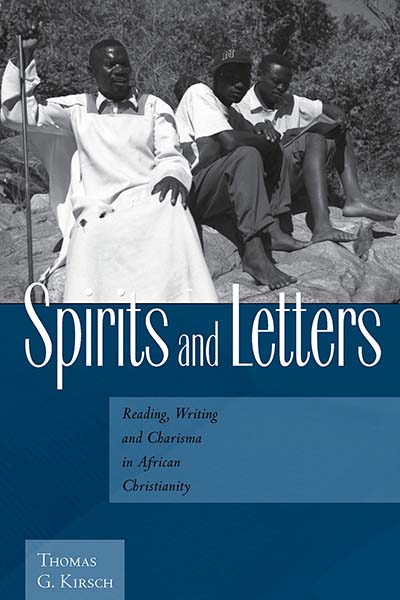 Published May 2008
Published May 2008 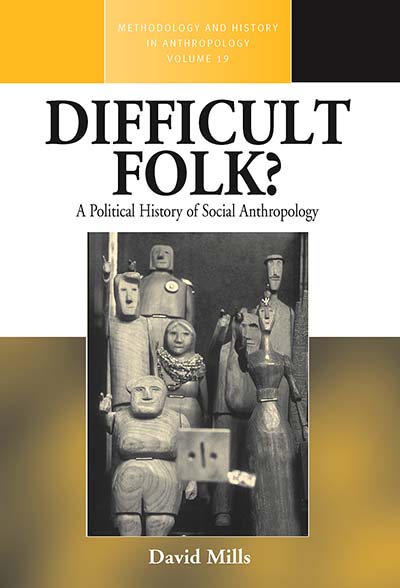 Published May 2008
Published May 2008 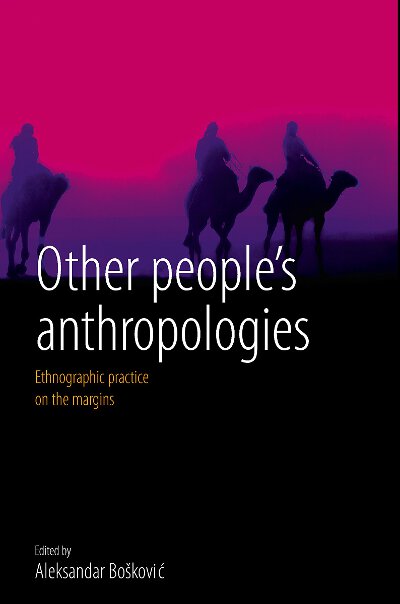 Published March 2008
Published March 2008 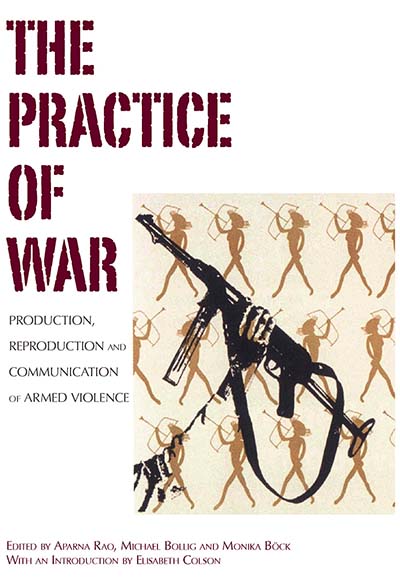 Published March 2008
Published March 2008 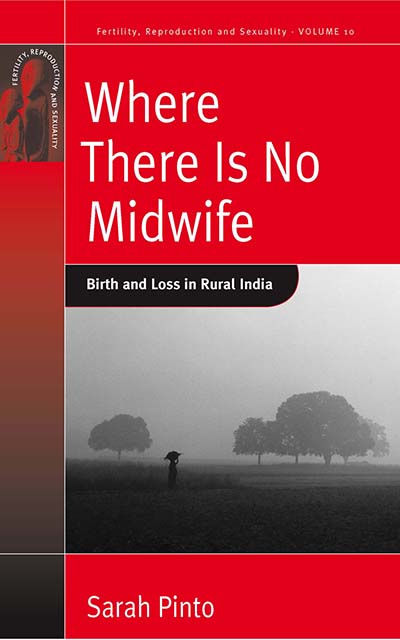 Published March 2008
Published March 2008 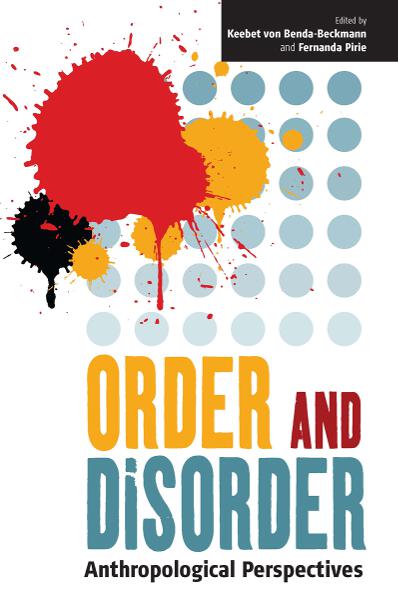 Published February 2008
Published February 2008 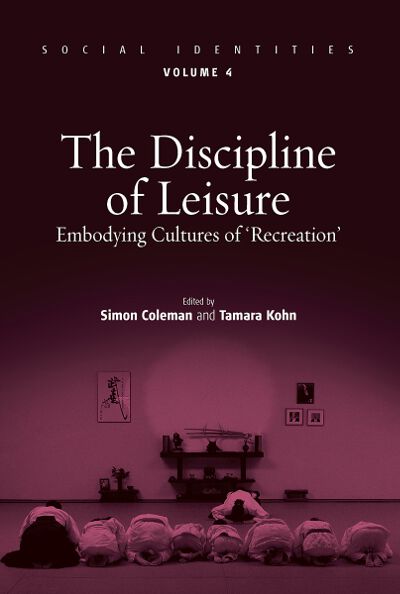 Published January 2008
Published January 2008 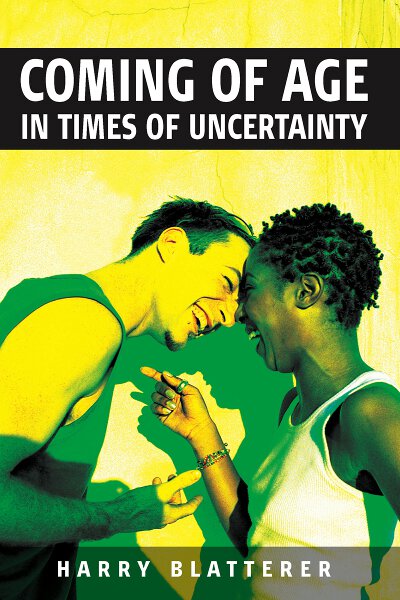 Published December 2007
Published December 2007 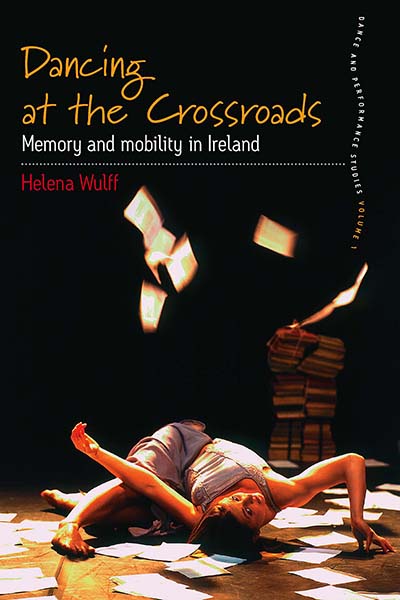 Published December 2007
Published December 2007 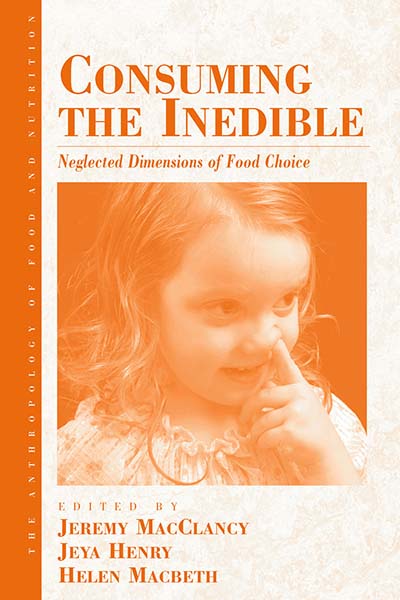 Published December 2007
Published December 2007 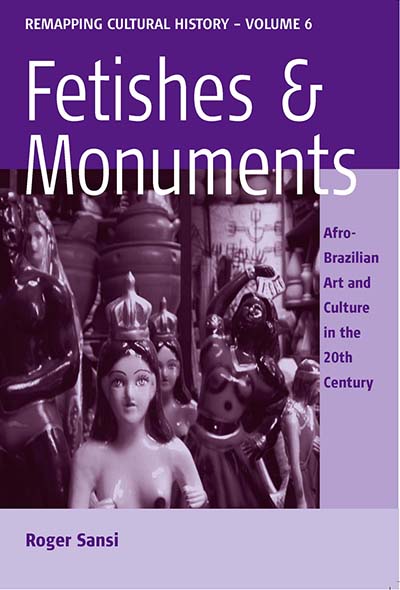 Published December 2007
Published December 2007 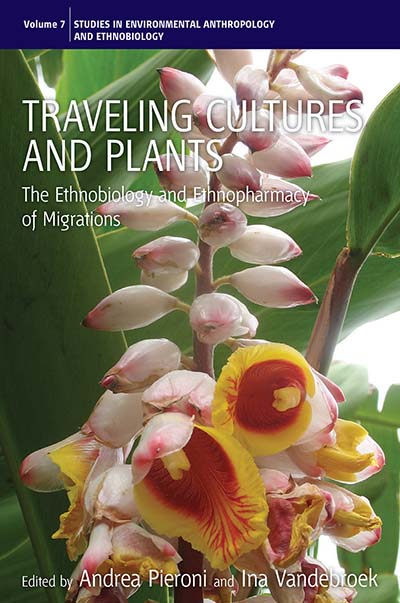 Published December 2007
Published December 2007 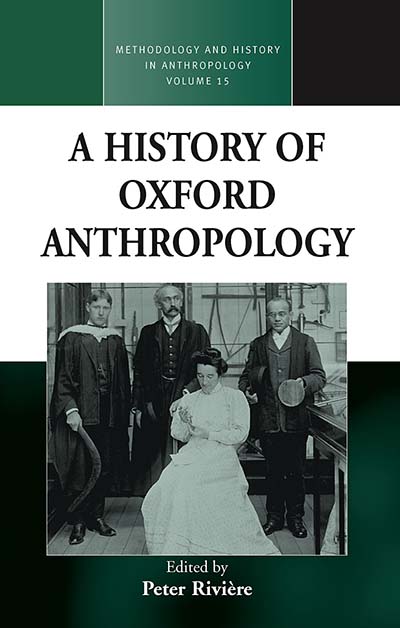 Published November 2007
Published November 2007 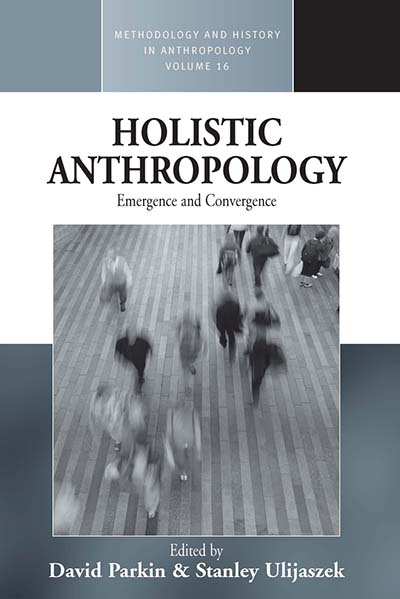 Published November 2007
Published November 2007 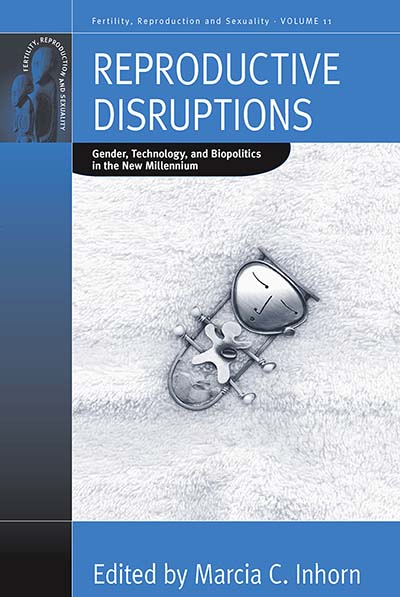 Published October 2007
Published October 2007 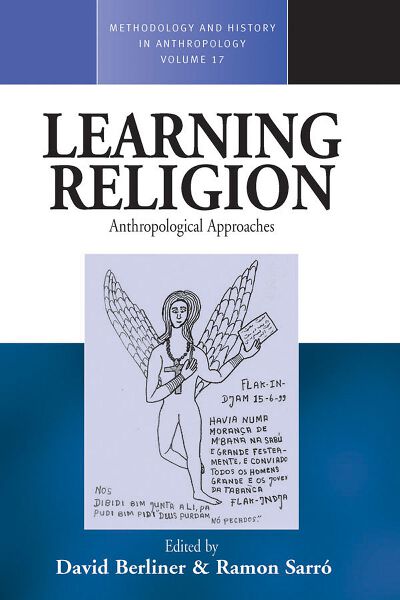 Published October 2007
Published October 2007 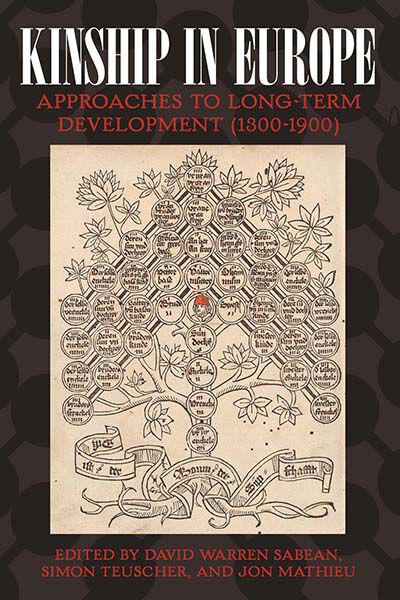 Published October 2007
Published October 2007 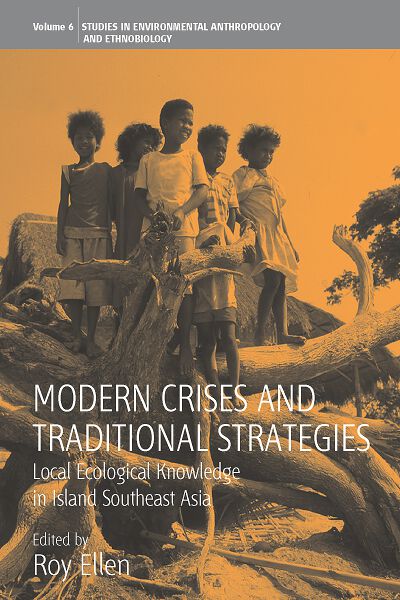 Published July 2007
Published July 2007 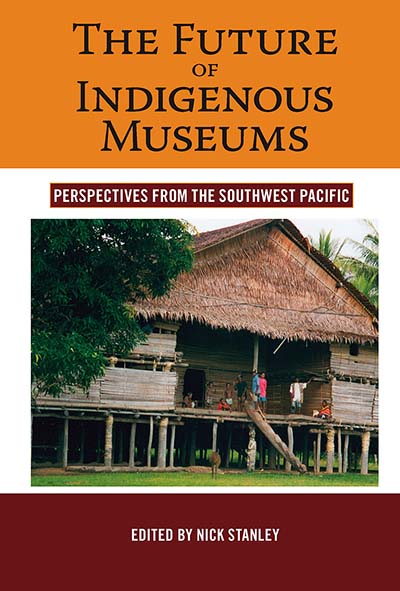 Published June 2007
Published June 2007 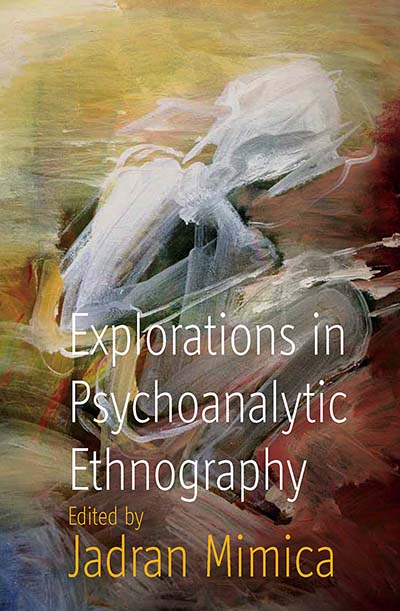 Published May 2007
Published May 2007 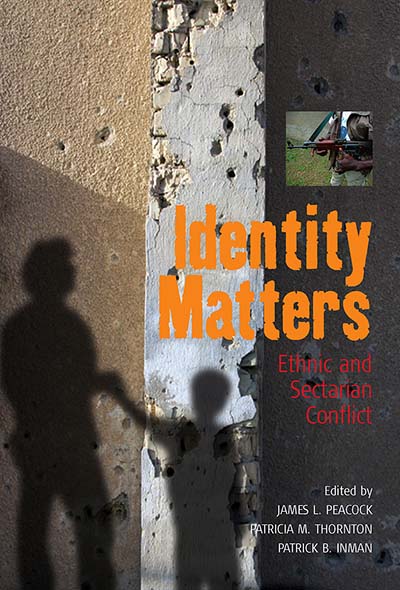 Published May 2007
Published May 2007 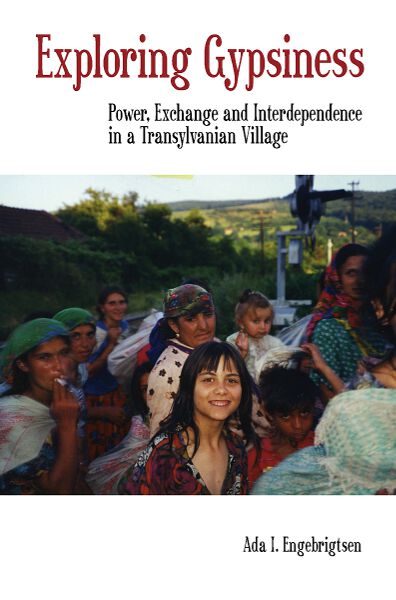 Published March 2007
Published March 2007 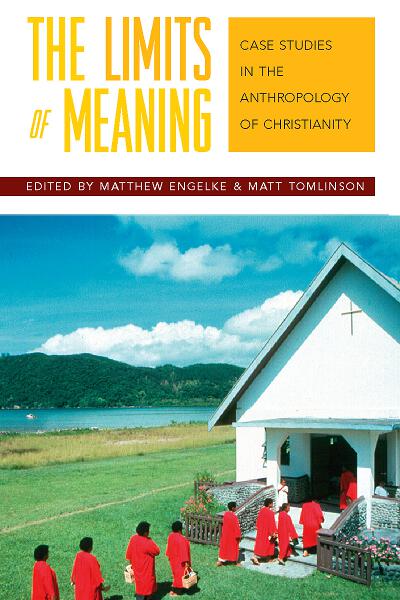 Published August 2006
Published August 2006 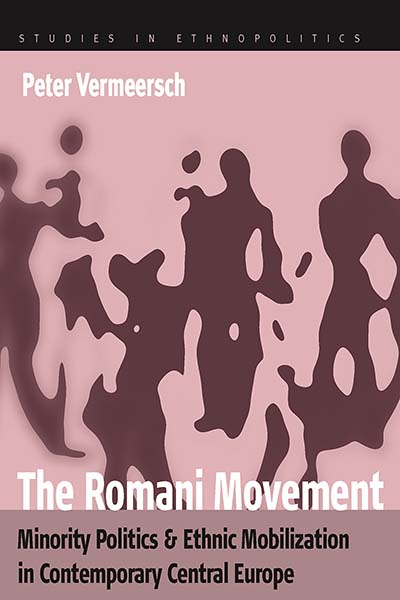 Published August 2006
Published August 2006 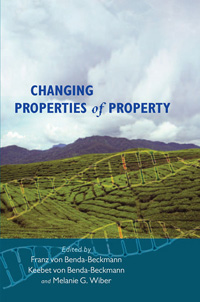 Published May 2006
Published May 2006 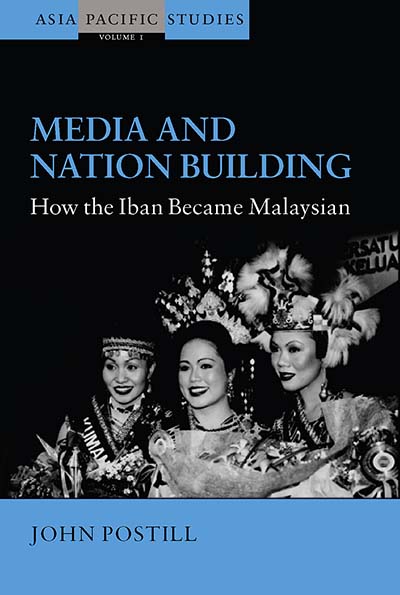 Published May 2006
Published May 2006 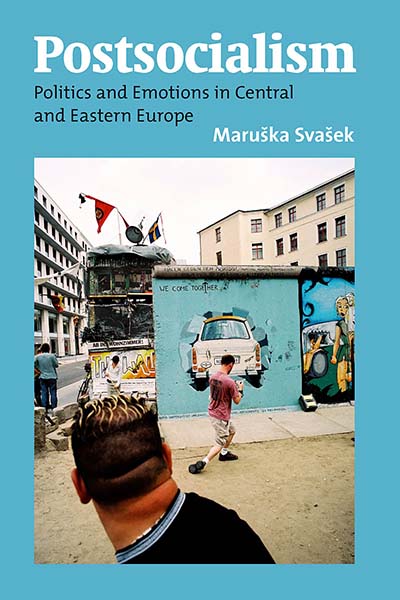 Published March 2006
Published March 2006 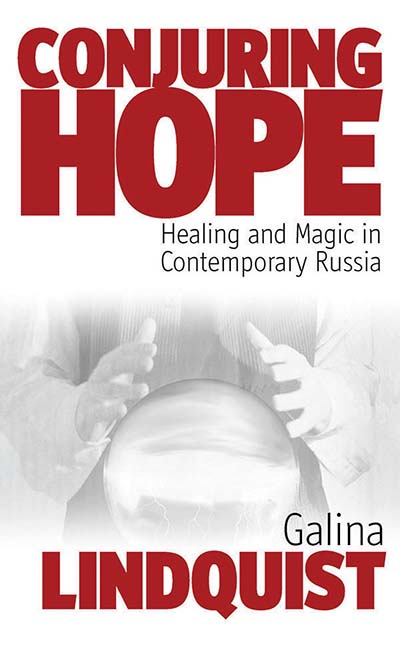 Published December 2005
Published December 2005 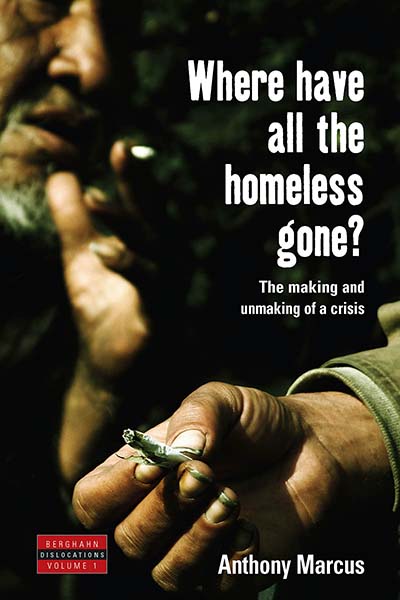 Published December 2005
Published December 2005 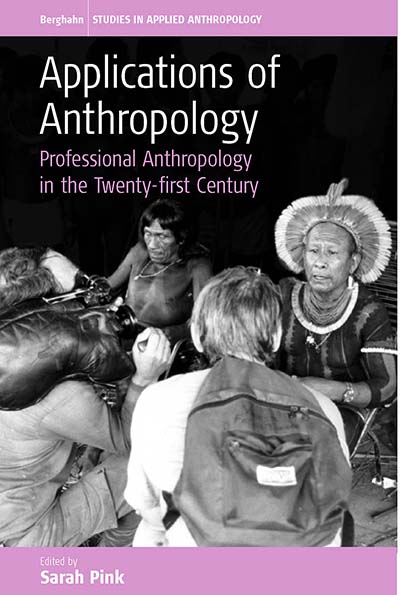 Published December 2005
Published December 2005 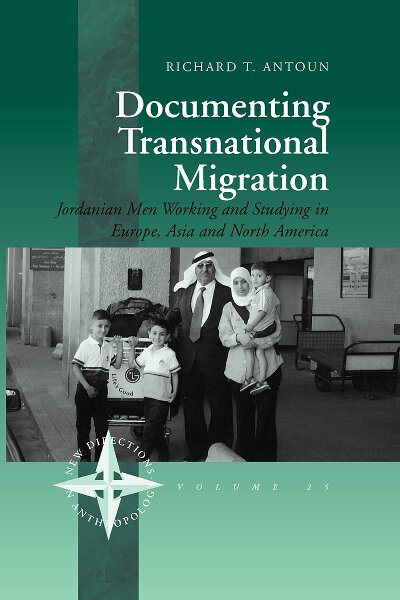 Published July 2005
Published July 2005 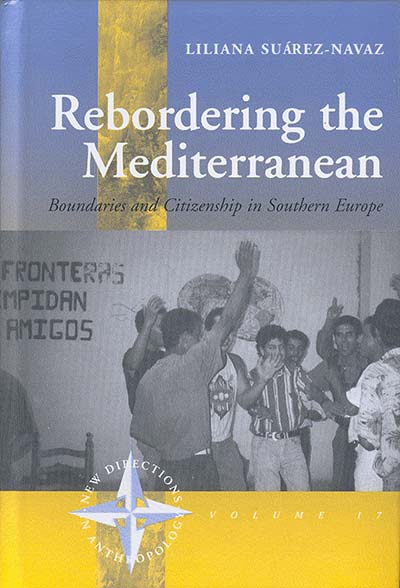 Published August 2004
Published August 2004 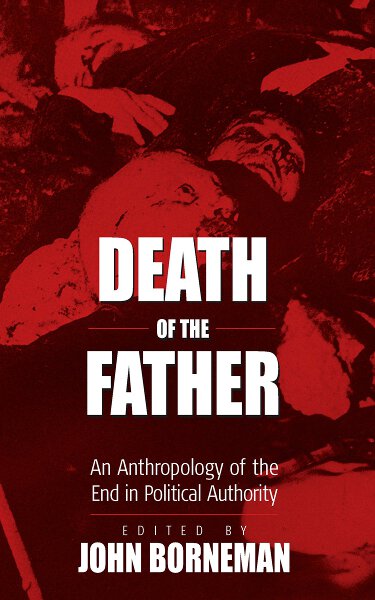 Published December 2003
Published December 2003 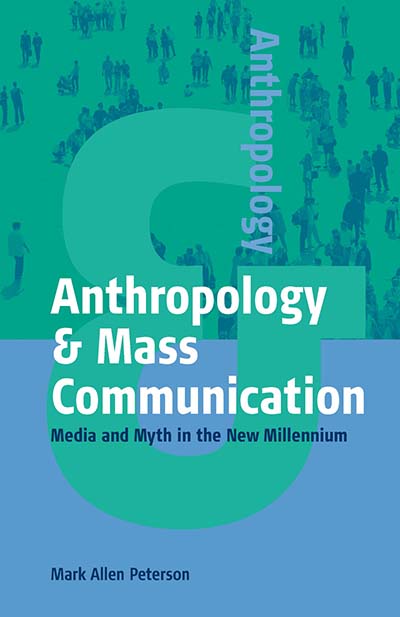 Published November 2003
Published November 2003  Published September 2003
Published September 2003 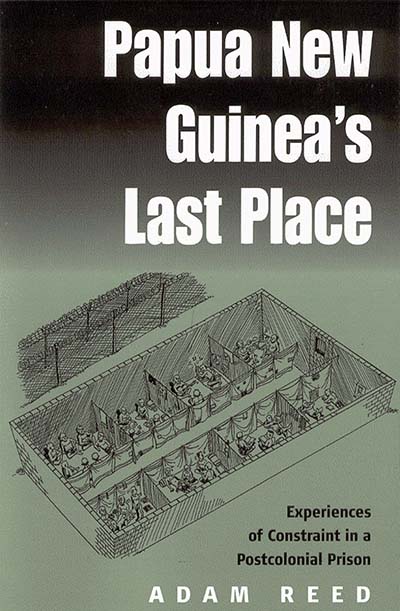 Published July 2003
Published July 2003 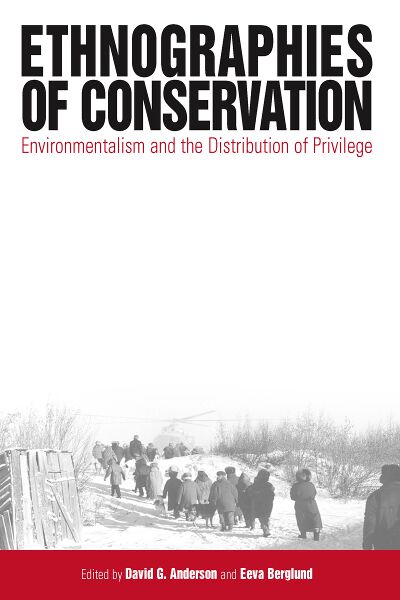 Published February 2003
Published February 2003 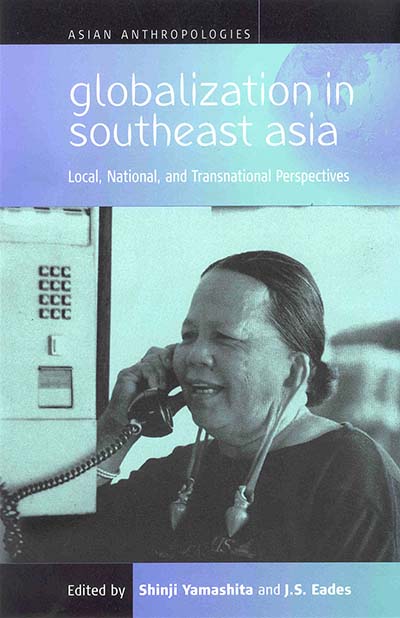 Published December 2002
Published December 2002 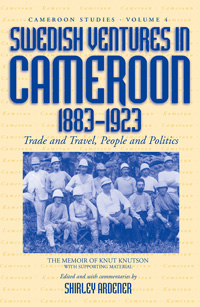 Published August 2002
Published August 2002 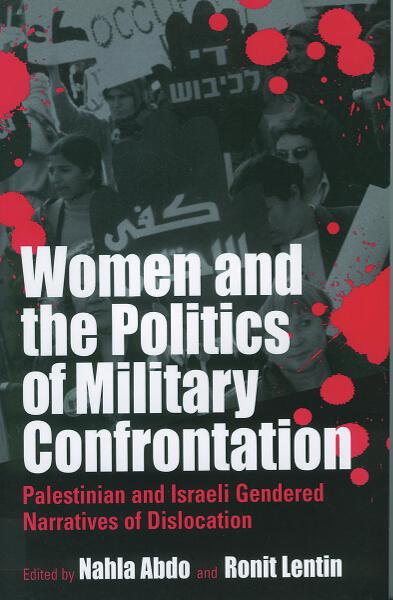 Published June 2002
Published June 2002 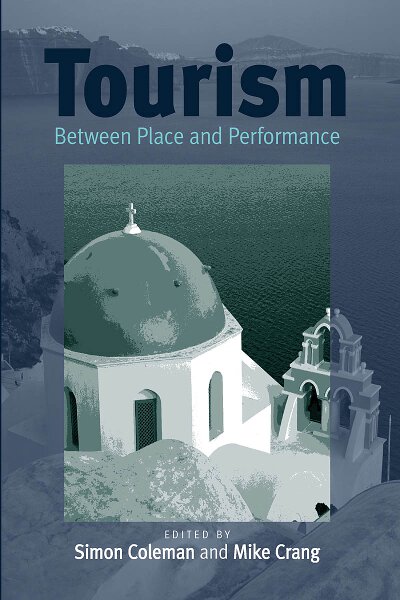 Published May 2002
Published May 2002 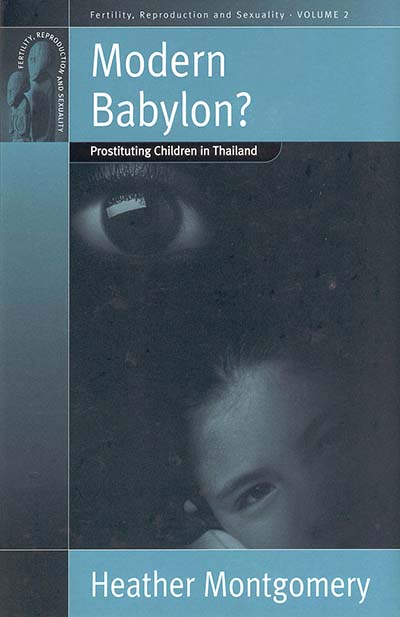 Published December 2001
Published December 2001 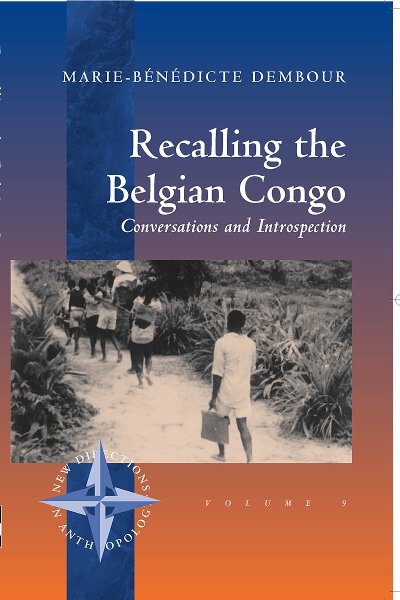 Published September 2000
Published September 2000 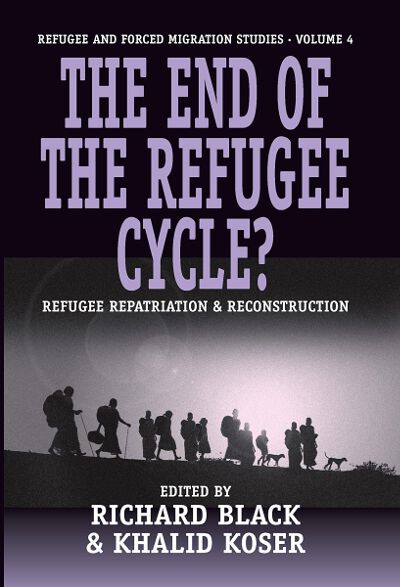 Published January 1999
Published January 1999